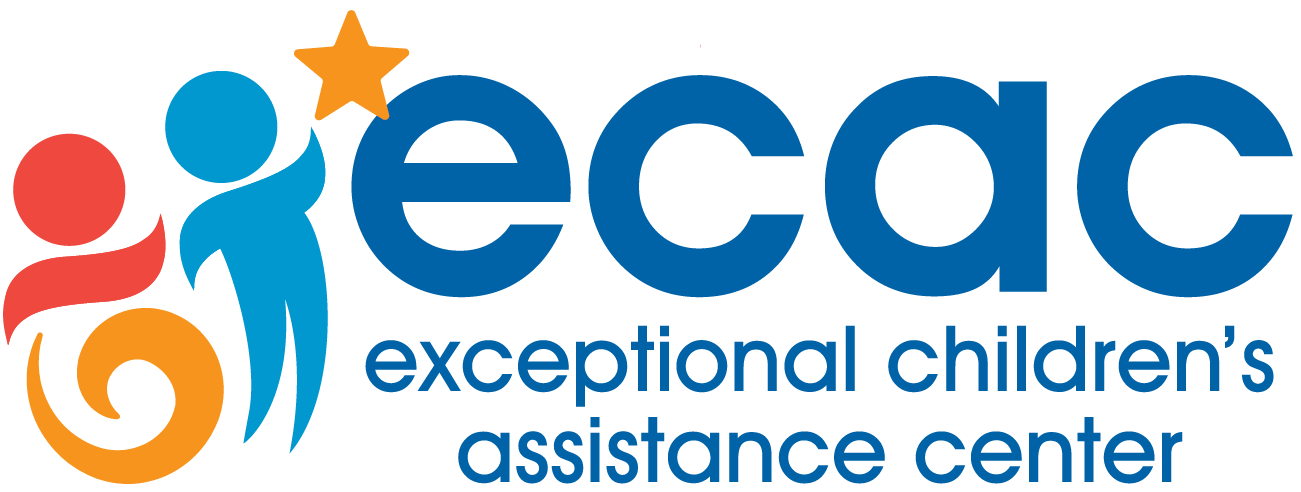View resources by category
Select a category
Disability and Health Condition Specific Information
Individualized Education Program (IEP)
Individuals with Disabilities Education Act (IDEA)
Multi-Tiered System of Supports (MTSS)
NC School Improvement Project (NCSIP)
Residential Treatment/Crisis Intervention Services
All tools and resources
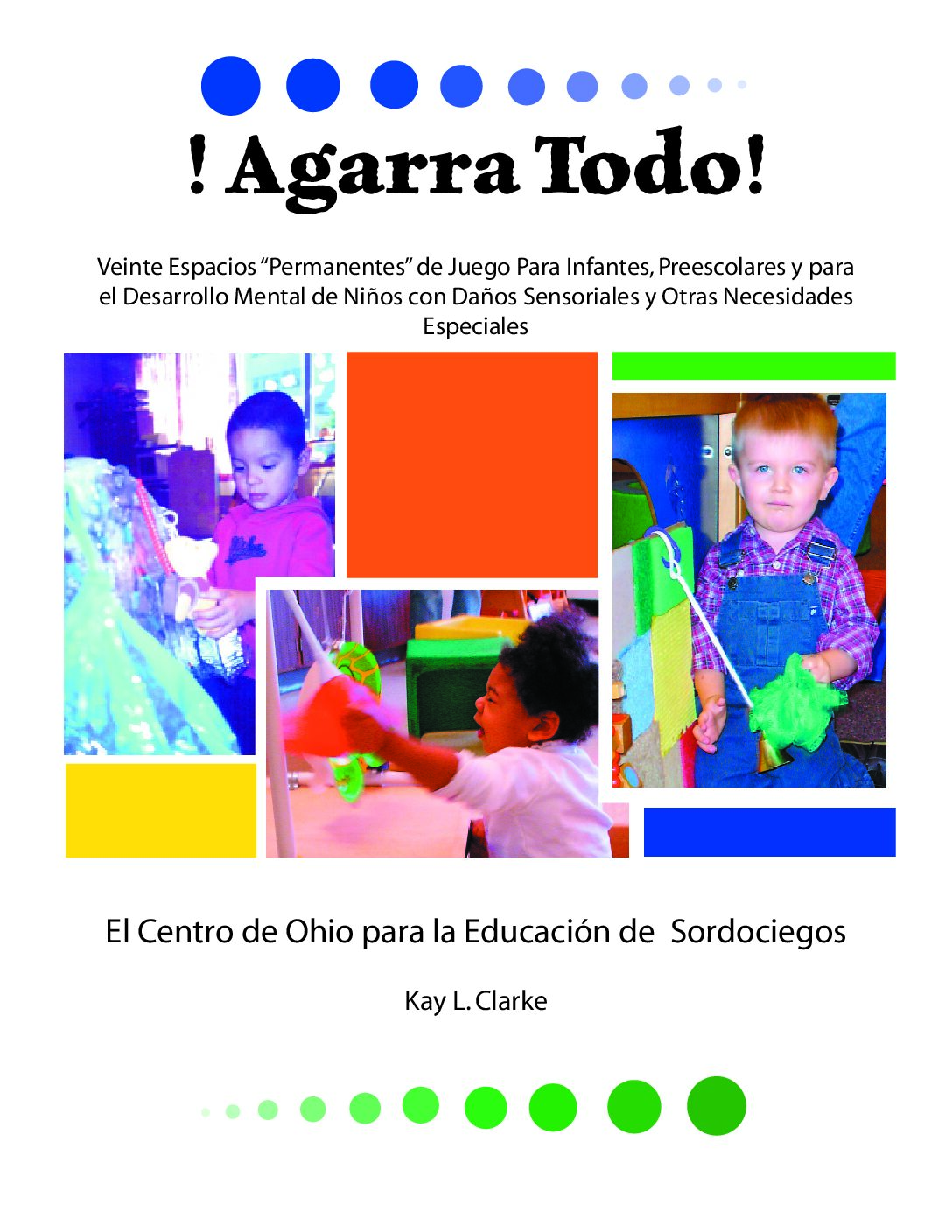
!Agarra Todo! Veinte Espacios “Permanentes” de Juego Para Infantes, Preescolares y para el Desarrollo Mental de Niños con Daños Sensoriales y Otras Necesidades Especiales
La meta de este folleto es proveer a los padres y educadores de educación infantil con 20 ideas para el desarrollo de espacios “permanentes” de juego para infantes, y niños con problemas sensoriales y otras necesidades especiales. Se espera que los lectores de este folleto utilicen algunas de estas ideas y comiencen a desarrollar acercamientos adicionales y creativos para estimular la exploración auto iniciada, el juego y el aprendizaje.
Categories: NC Deaf-Blind Project, Spanish
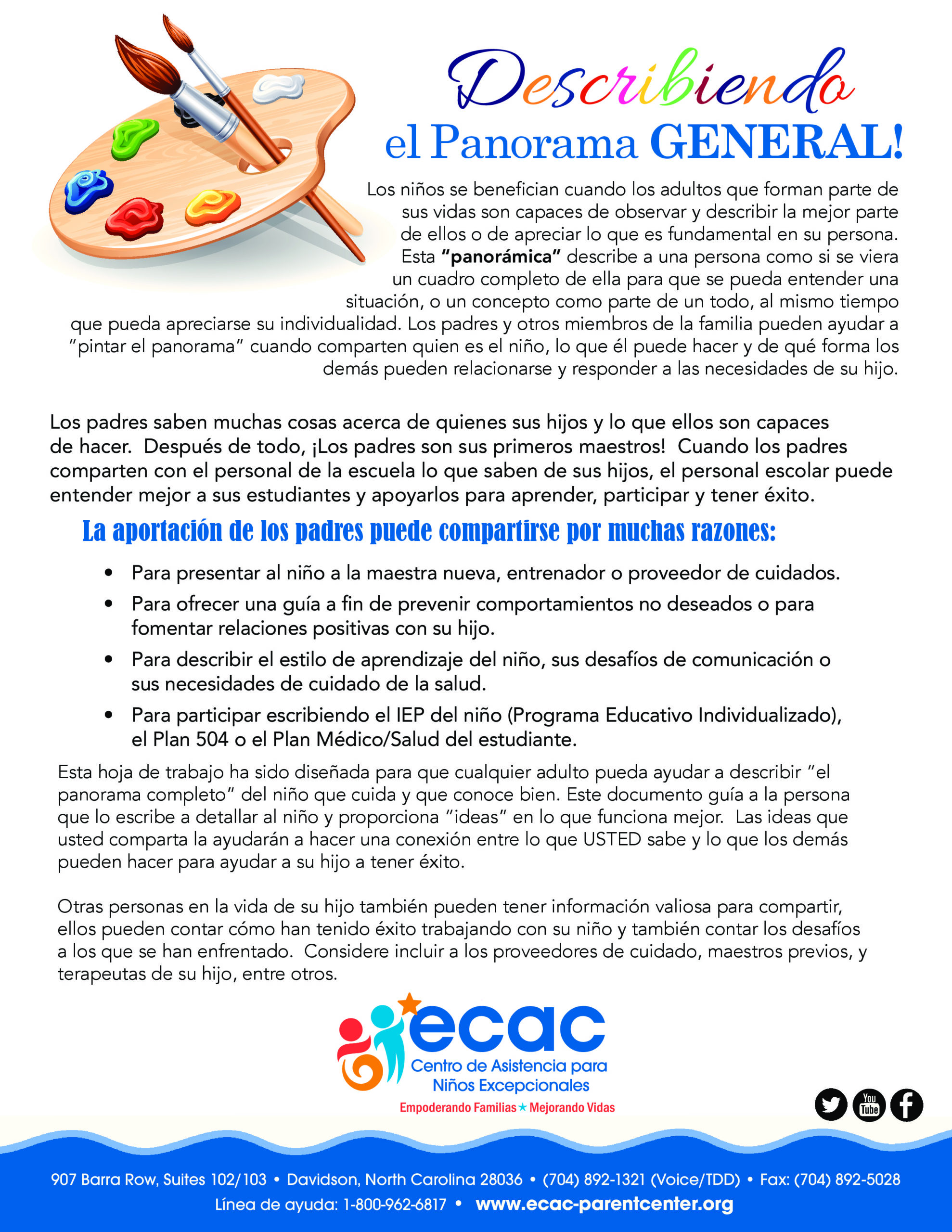
¡Describiendo el Panorama GENERAL! (Painting the Big Picture)
Los niños se benefician cuando los adultos que forman parte de sus vidas son capaces de observar y describir la mejor parte de ellos o de apreciar lo que es fundamental en su persona.
Categories: Communication, General, IEP, Spanish
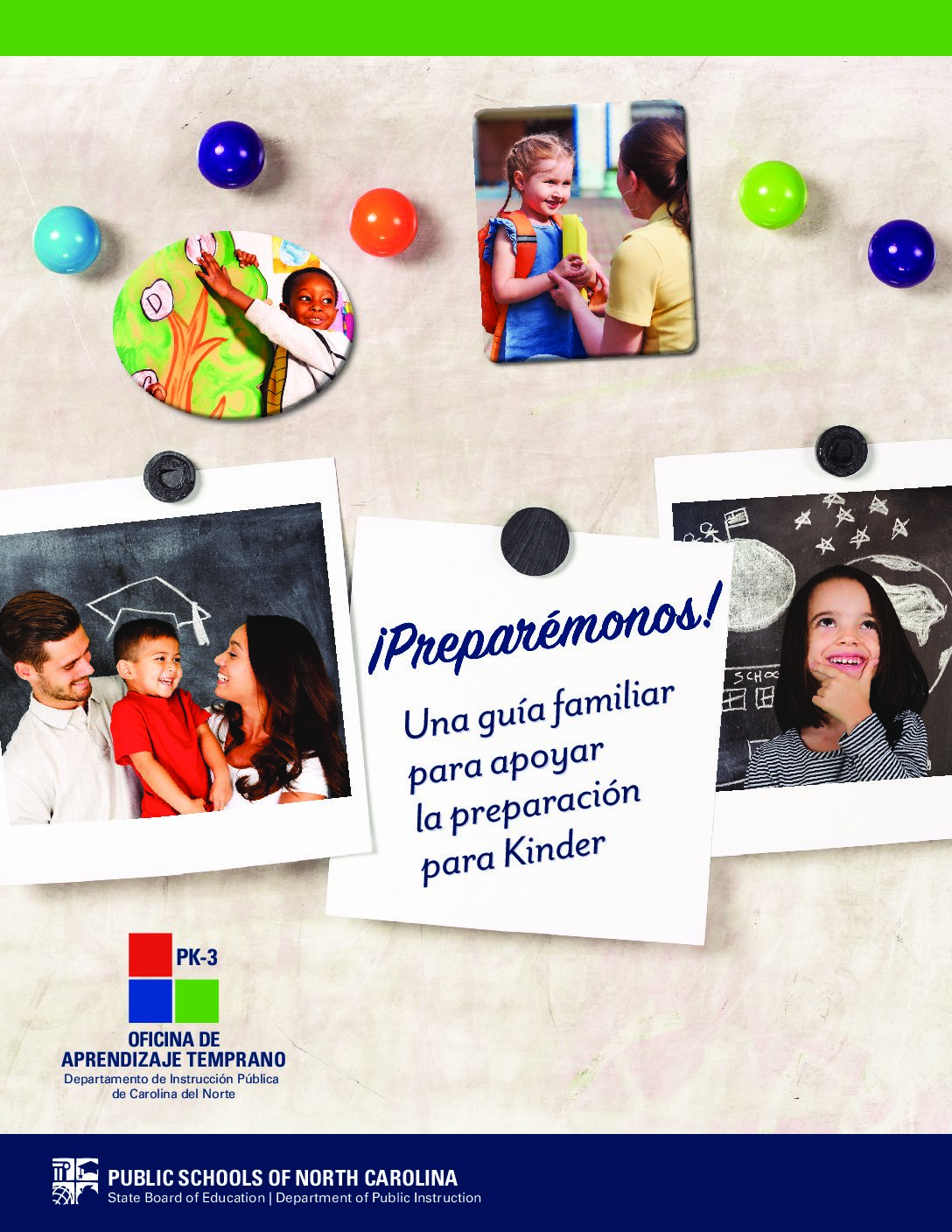
¡Preparémonos!Una guía familiar para apoyar la preparación para Kinder (Let’s Get Ready! A Family Guide to Support Kindergarten Readiness)
La primera experiencia escolar de un niño es una ocasión monumental tanto para la familia como para el niño. Uno puede preguntarse: “¿Está mi hijo listo para la escuela?” y, “¿Está la escuela lista para mi hijo?” Si bien no existe una fórmula única para garantizar la “preparación” escolar, existen muchas oportunidades para que las familias y los cuidadores promuevan y apoyen el desarrollo y el aprendizaje de un niño antes de ingresar al jardín de infantes.
Categories: Early Childhood, Spanish
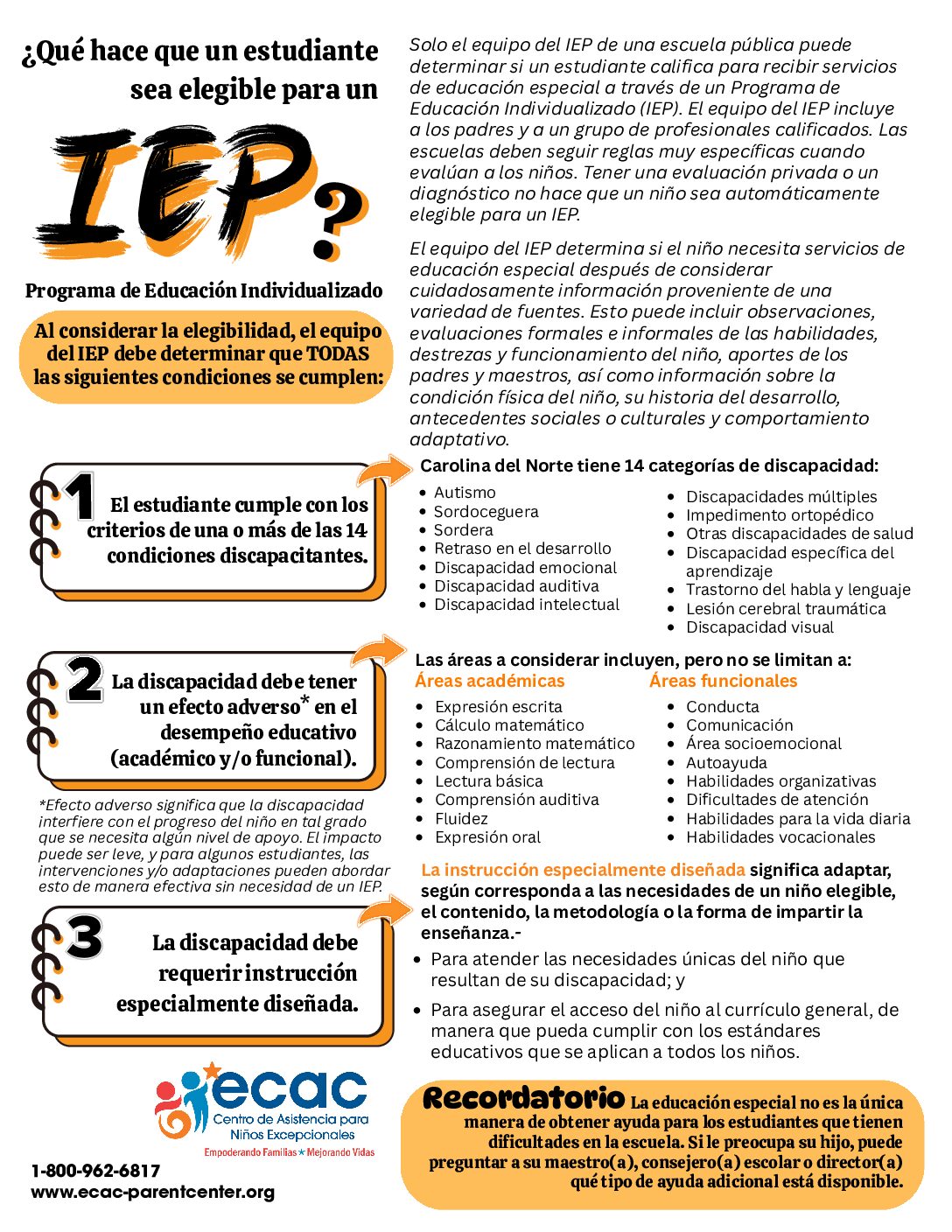
¿Qué hace que un estudiante sea elegible para un IEP? (What makes a student eligible for an IEP?)
Categories: IEP, Spanish
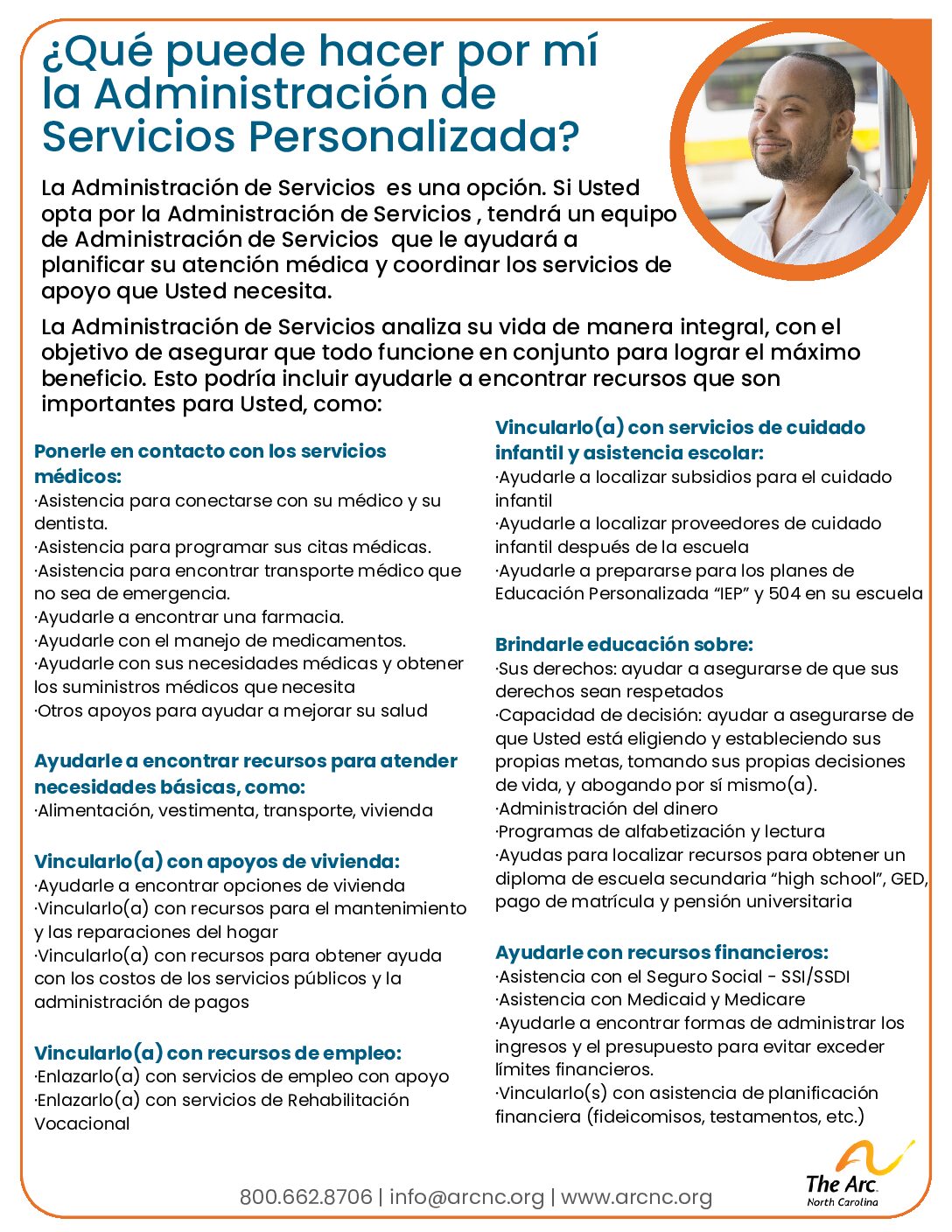
¿Qué puede hacer por mí la Administración de Servicios Personalizada? (What Can the Personal Care Services (PCS) Program Do for Me?)
La Administración de Servicios es una opción. Si Usted opta por la Administración de Servicios , tendrá un equipo de Administración de Servicios que le ayudará a planificar su atención médica y coordinar los servicios de apoyo que Usted necesita.
Categories: Spanish
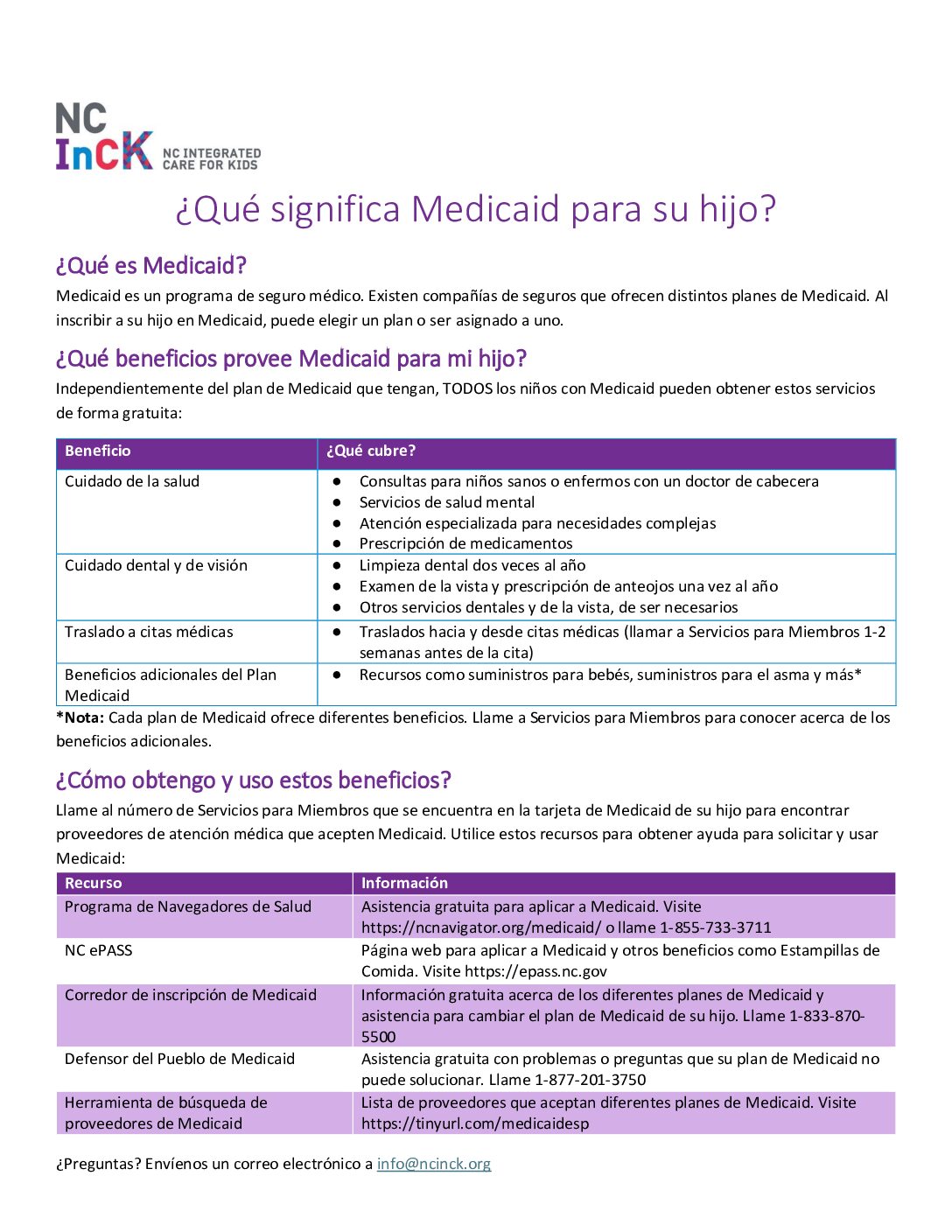
¿Qué significa Medicaid para su hijo? (What Medicaid Means for Your Child)
Medicaid es un programa de seguro médico. Existen compañías de seguros que ofrecen distintos planes de Medicaid. Al inscribir a su hijo en Medicaid, puede elegir un plan o ser asignado a uno. Independientemente del plan de Medicaid que tengan, TODOS los niños con Medicaid pueden obtener estos servicios de forma gratuita:
Categories: Medicaid and Medicaid Waivers, Spanish
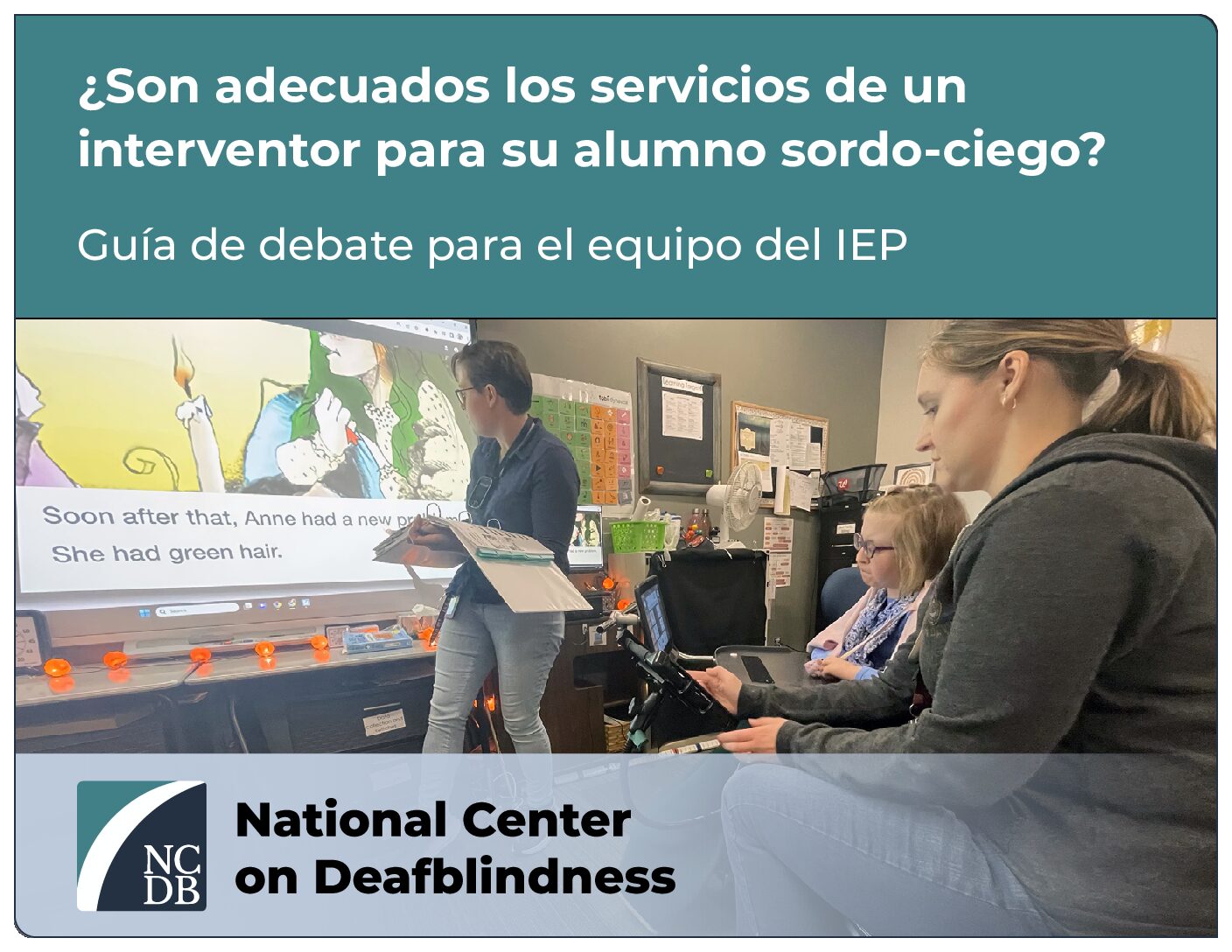
¿Son adecuados los servicios de un interventor para su alumno sordo-ciego? (Are Intervener Services Appropriate for Your Deaf-Blind Student?)
El propósito de esta guía de discusión es ayudar a los equipos del IEP (plan educativo individualizado) a tomar decisiones informadas sobre si los servicios de un interventor son apropiados para un estudiante en particular.
Categories: Interveners, NC Deaf-Blind Project
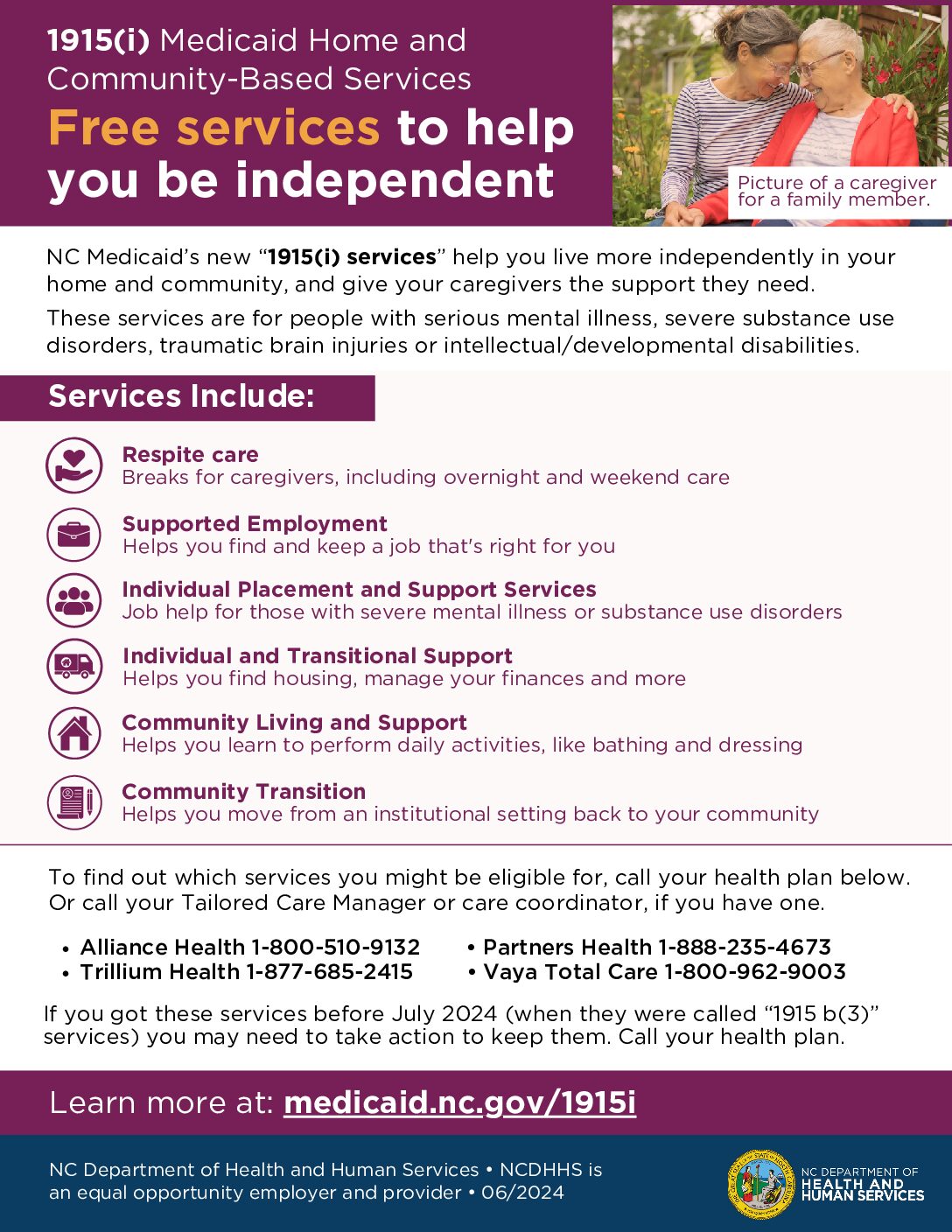
1915(i) Medicaid Home and Community-Based Services
NC Medicaid’s new “1915(i) services” help you live more independently in your home and community, and give your caregivers the support they need. These services are for people with serious mental illness, severe substance use disorders, traumatic brain injuries or intellectual/developmental disabilities.
Categories: Medicaid and Medicaid Waivers
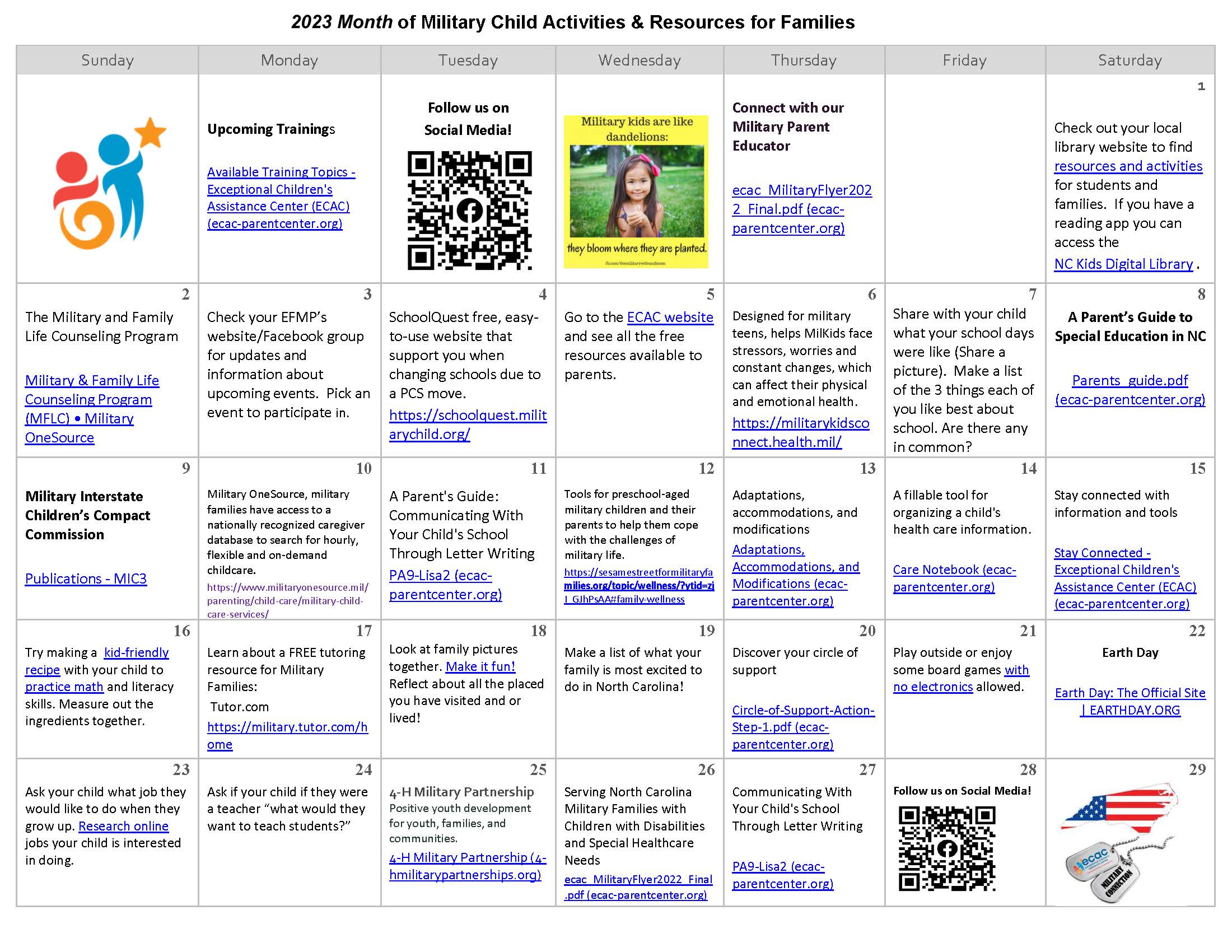
2023 Month of Military Child Activities & Resources for Families
Categories: Military
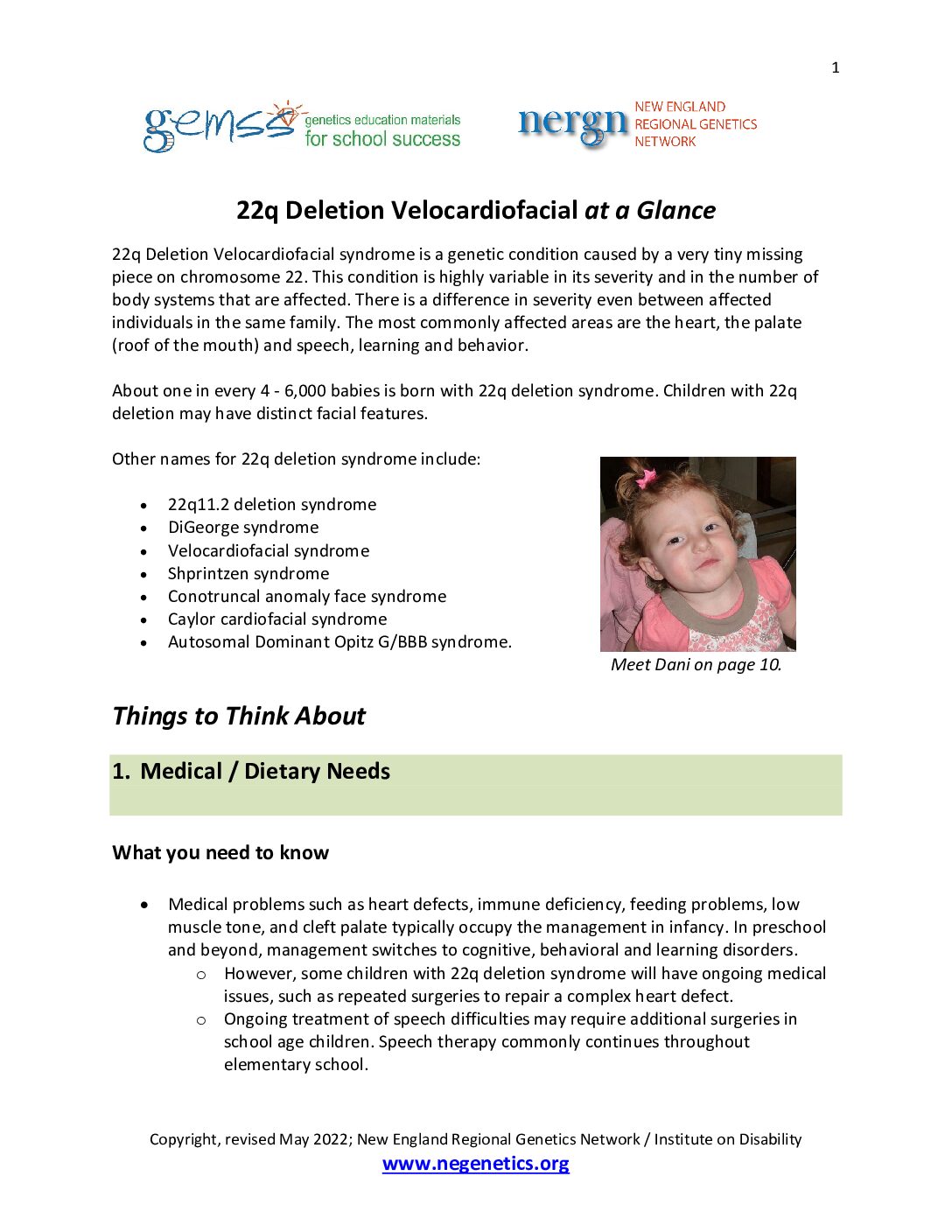
22q Deletion Velocardiofacial Syndrome
Genetic Education Materials for School Success (GEMSS) provides a family-friendly starting point to help family members learn more about genetic conditions and offers ideas to encourage inclusion and participation in the classroom. GEMSS shares condition-specific information and resources for multiple audiences, including families, professionals, healthcare providers, and schools. Contributors to GEMSS come from clinical, public health, advocacy, and academic settings. All content has been vetted by clinical and family experts.
Categories: Disability and Health Condition Specific Information
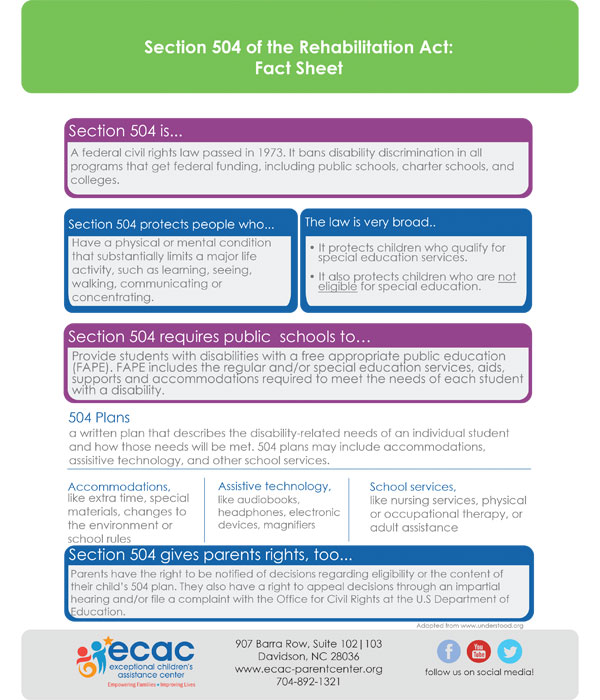
504 Fact Sheet
Section 504 is a federal civil rights law, banning disability discrimination in all programs that get federal funding.
Categories: General, 504
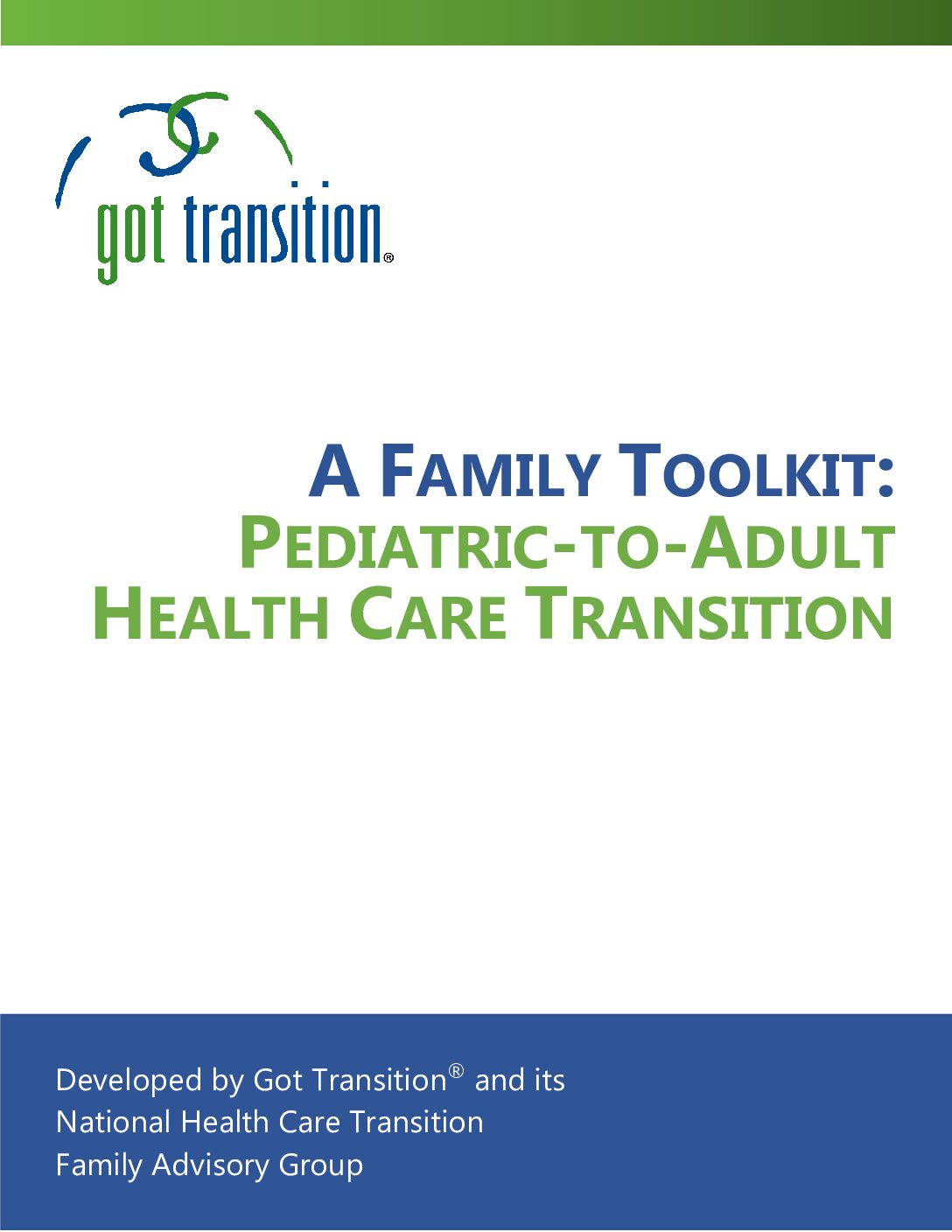
A Family Toolkit: Pediatric-to-Adult Health Care Transition
This toolkit was developed for families to use during pediatric-to-adult HCT and includes resources for both parents/caregivers and youth/young adults. These tools can be used to better prepare youth and families for the transition to adult care.
Categories: Transition to Adulthood
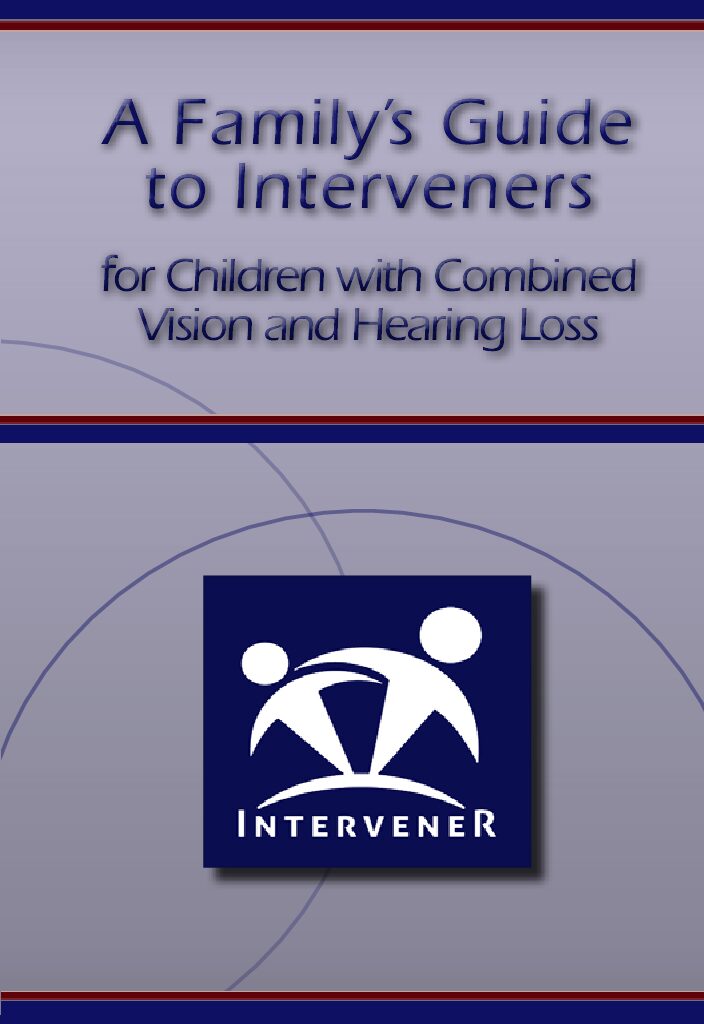
A Family's Guide to Interveners
have combined vision and hearing losses (or deafblindness) and professionals who are experienced in the use of interveners as individualized supports for these children. A critical component of effective intervention for children who are deafblind is having the support of a trained intervener who provides access to the information needed for learning, communication, and interaction in educational settings.
Categories: Interveners, NC Deaf-Blind Project
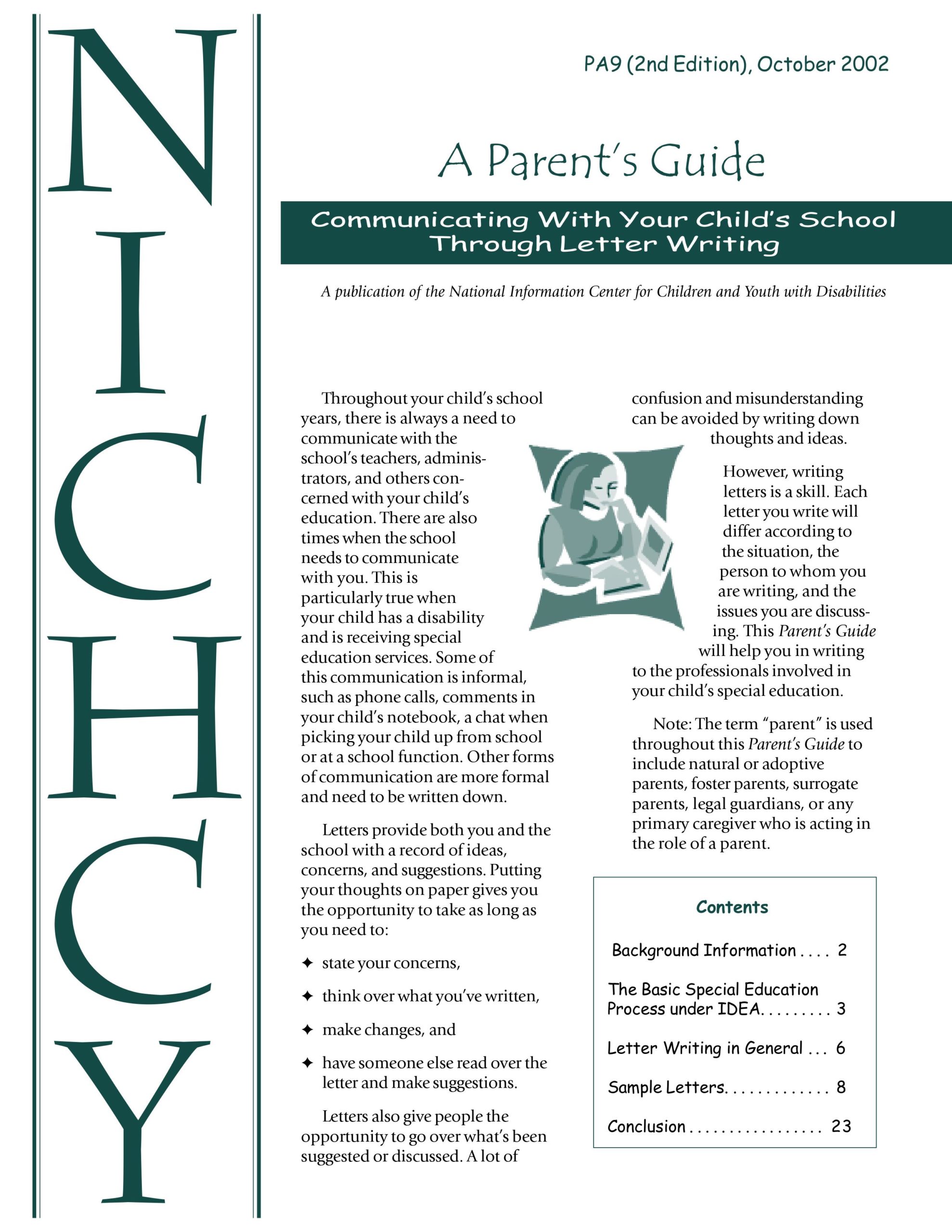
A Parent's Guide: Communicating With Your Child's School Through Letter Writing
Resource document by the National Information Center for Children and Youth with Disabilities that provides special education basics, tips for letter writing and sample letters to help parent's better communicate with their child's school.
Categories: 504, Advocacy, Communication, Family Engagement, IEP, Parent Rights, Special Education
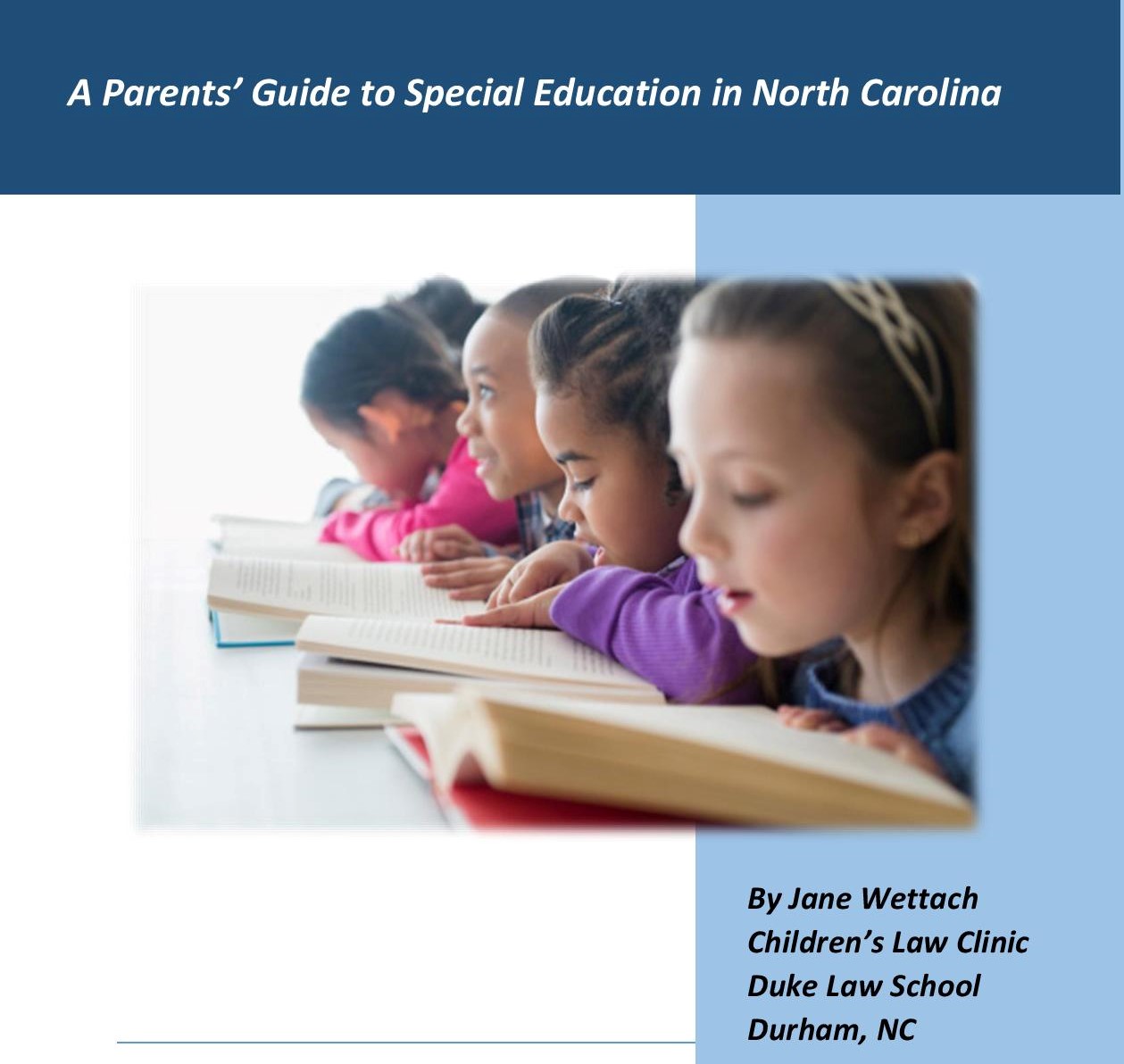
A Parents’ Guide to Special Education in North Carolina
The focus of this Parent Guide from Children’s Law Clinic -Duke Law School, is the federal special education law known as the Individuals with Disabilities Education Act (IDEA) that promises each child with a disability a “free, appropriate, public education.”
Categories: General, Communication, IEP, Conflict Resolution, Special Education
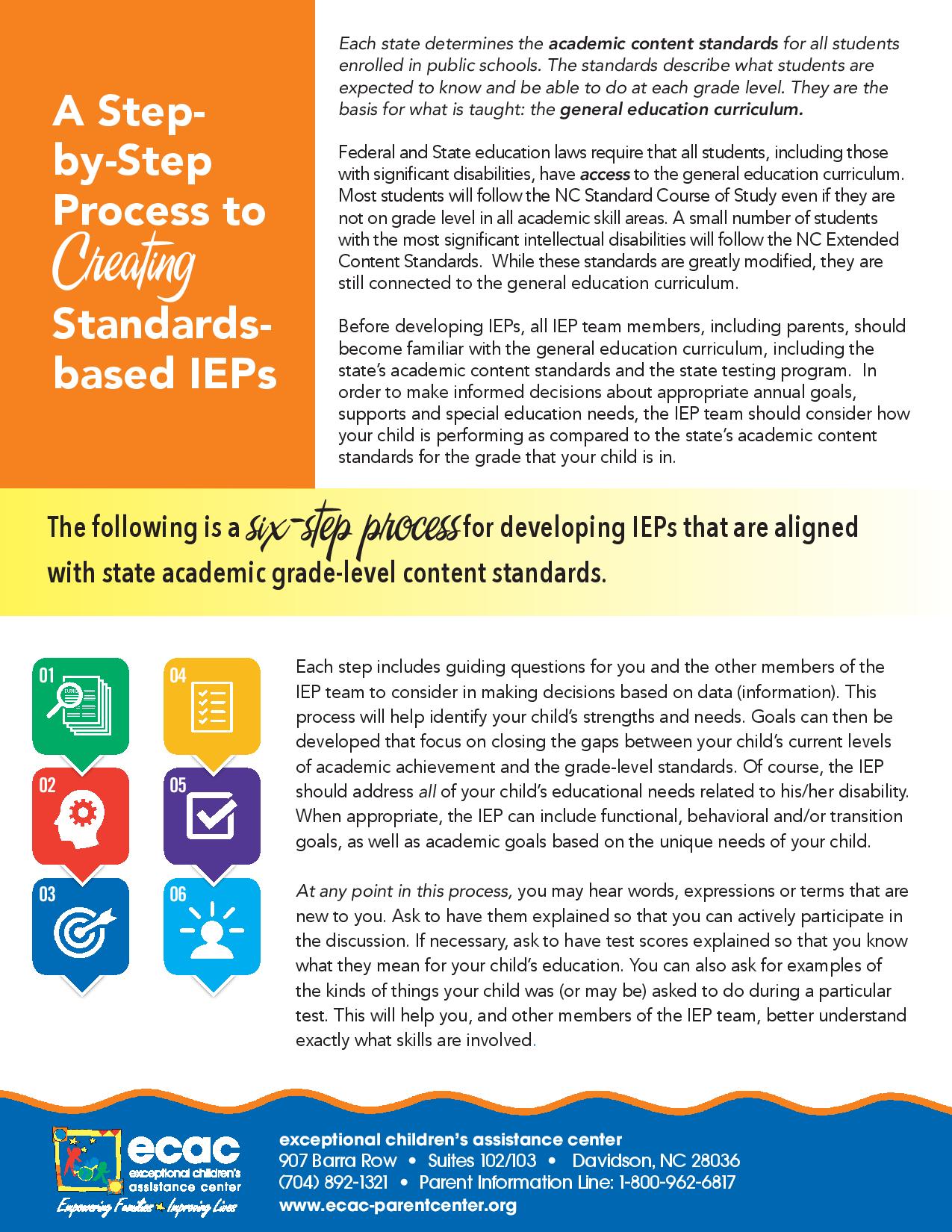
A Step by Step Process to Creating Standards based IEPs
Before developing IEPs, all IEP team members, including parents, should become familiar with the general education curriculum, including the state’s academic content standards and the state testing program. In order to make informed decisions about appropriate annual goals, supports and special education needs, the IEP team should consider how your child is performing as compared to the state’s academic content standards for the grade that your child is in.
Categories: IEP, Special Education
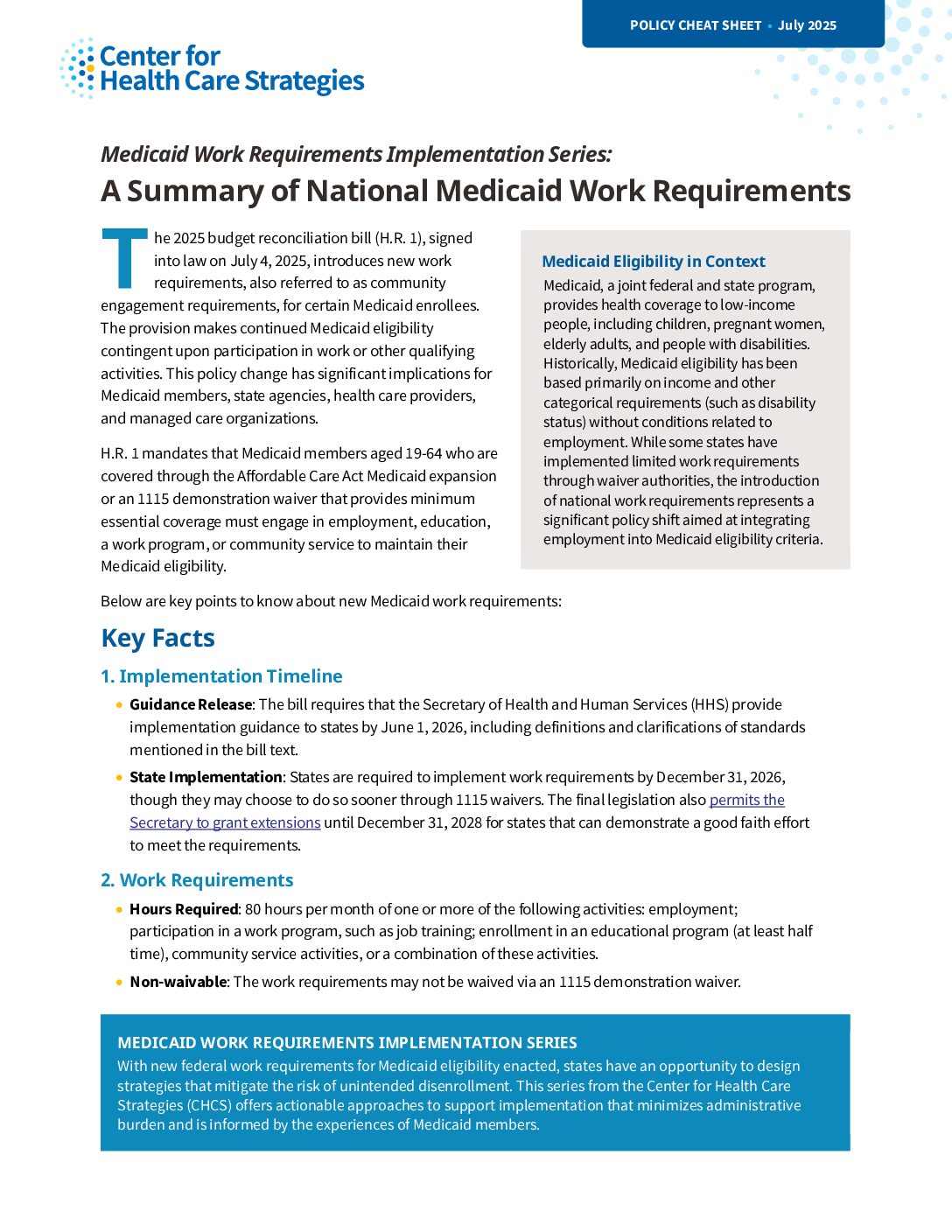
A Summary of National Medicaid Work Requirements
The 2025 budget reconciliation bill (H.R. 1), signed into law on July 4, 2025, introduces new work requirements, also referred to as community engagement requirements, for certain Medicaid enrollees. The provision makes continued Medicaid eligibility contingent upon participation in work or other qualifying activities. This policy change has significant implications for Medicaid members, state agencies, health care providers, and managed care organizations.
Categories: Medicaid and Medicaid Waivers
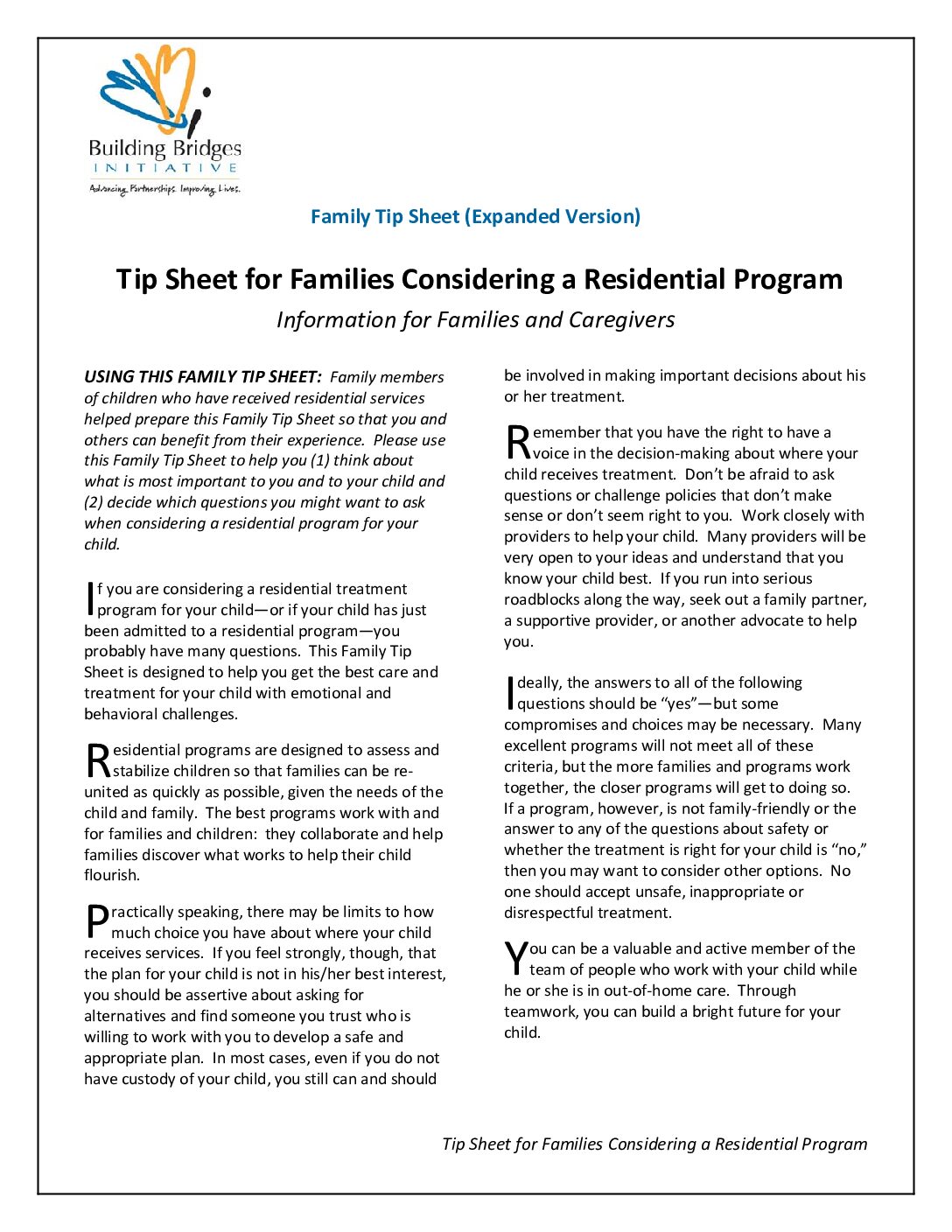
A Tip Sheet for Families Considering a Residential Program (expanded version)
Family members of children who have received residential services helped prepare this Family Tip Sheet so that you and others can benefit from their experience. Please use this Family Tip Sheet to help you (1) think about what is most important to you and to your child and (2) decide which questions you might want to ask when considering a residential program for your child.
Categories: Residential Treatment - Crisis Intervention Services
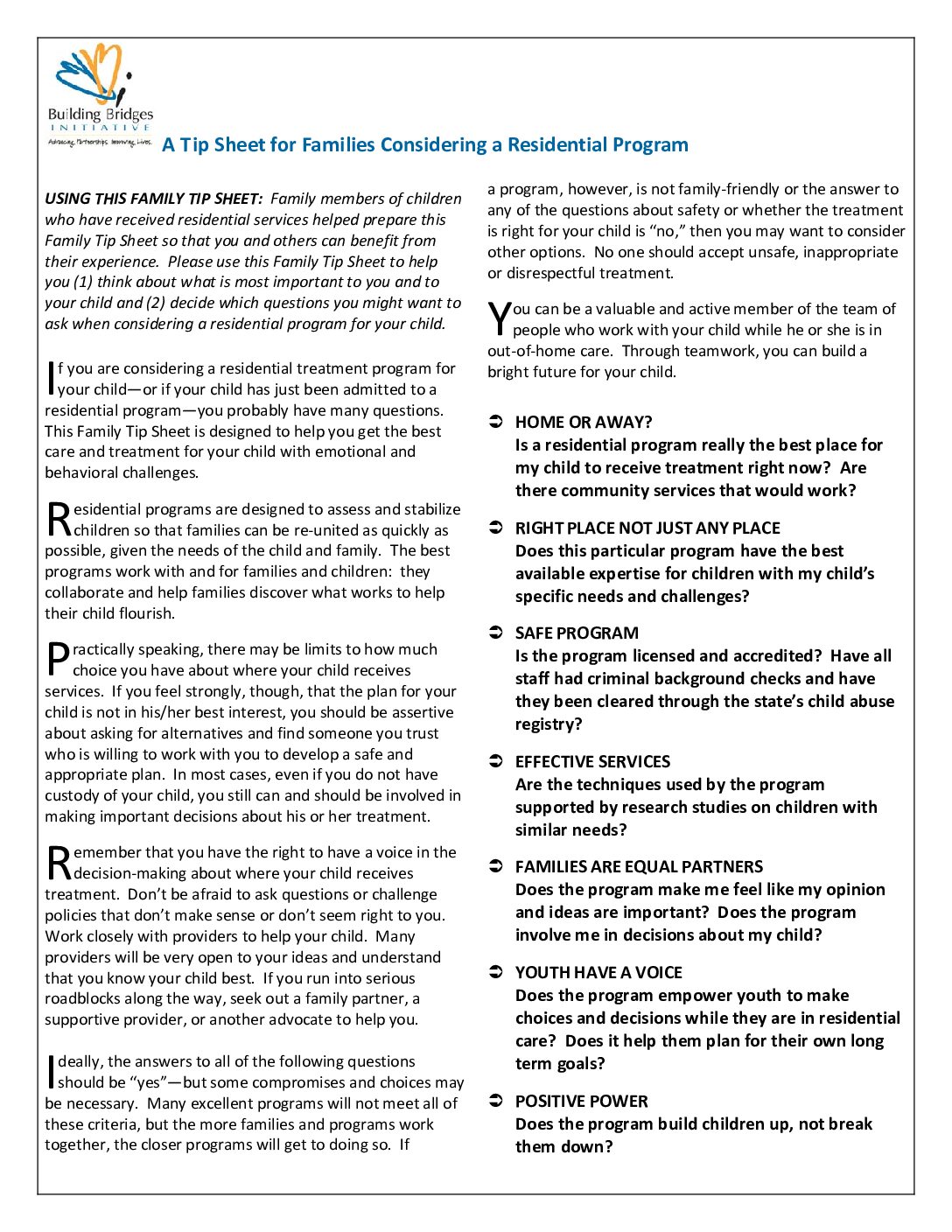
A Tip Sheet for Families Considering a Residential Program (short version)
Family members of children who have received residential services helped prepare this Family Tip Sheet so that you and others can benefit from their experience. Please use this Family Tip Sheet to help you (1) think about what is most important to you and to your child and (2) decide which questions you might want to ask when considering a residential program for your child.
Categories: Residential Treatment - Crisis Intervention Services
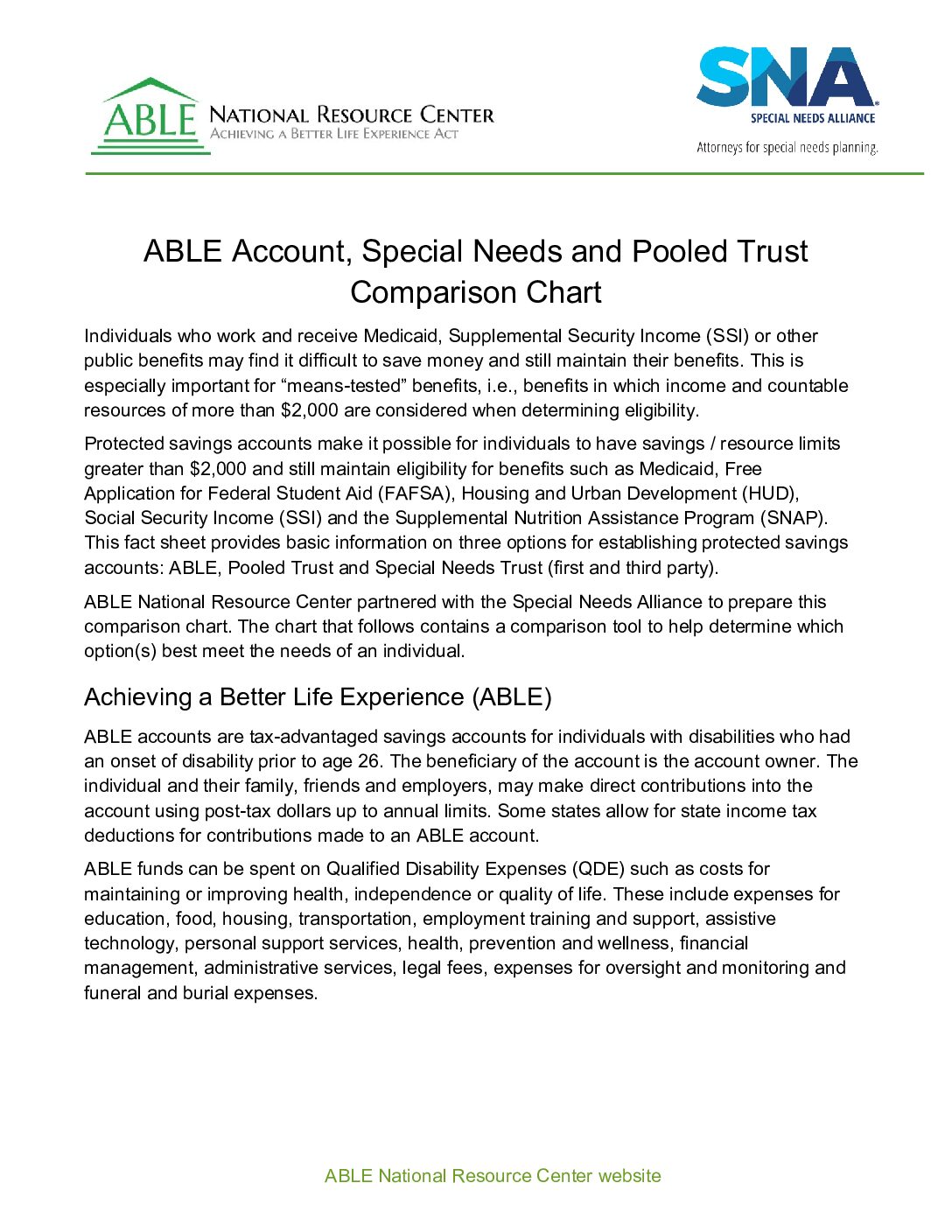
ABLE Account, Special Needs and Pooled Trust Comparison
Categories: Special Needs Financial Planning and Financial Resources
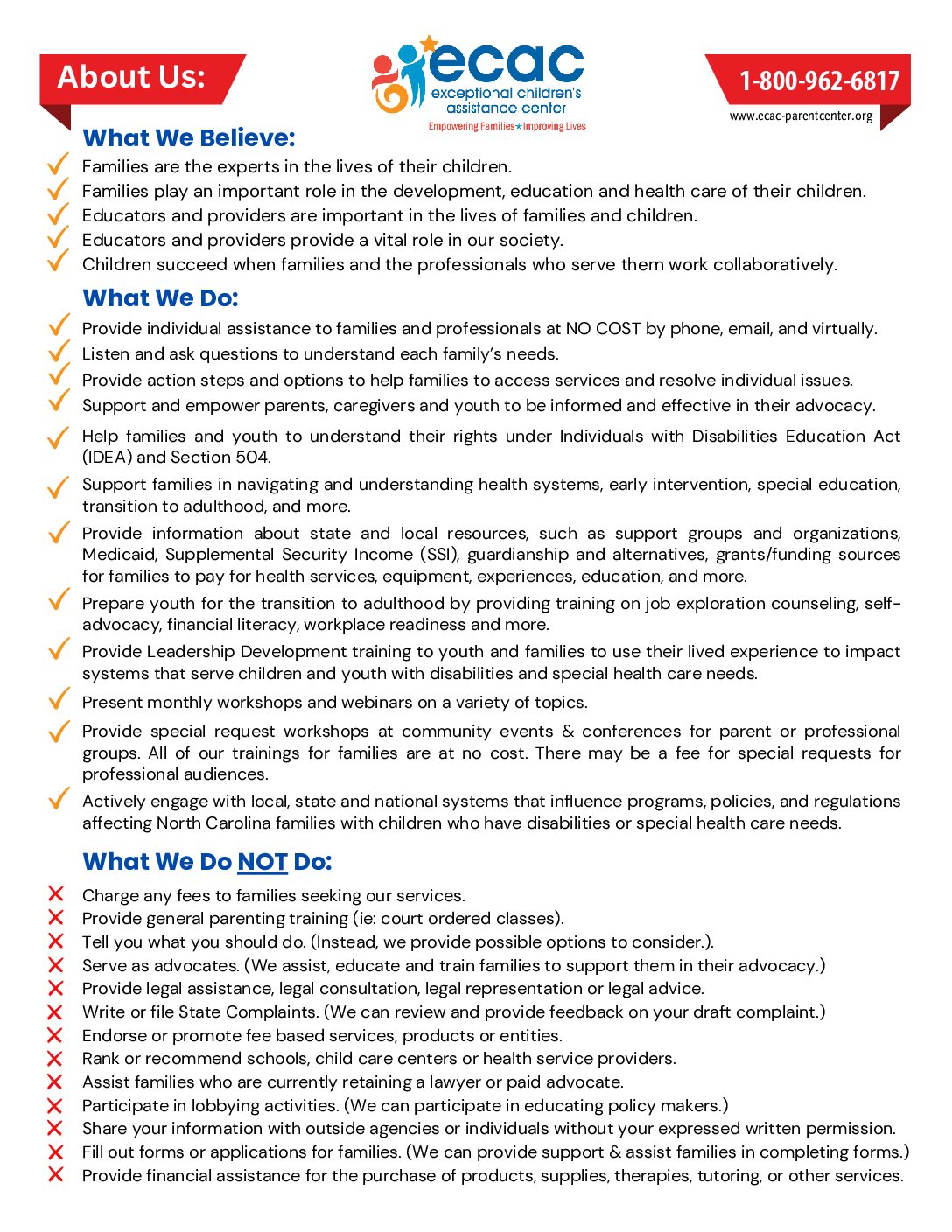
About ECAC
About ECAC - What We Believe and What we Do and Do Not Do
Categories: General, Special Education
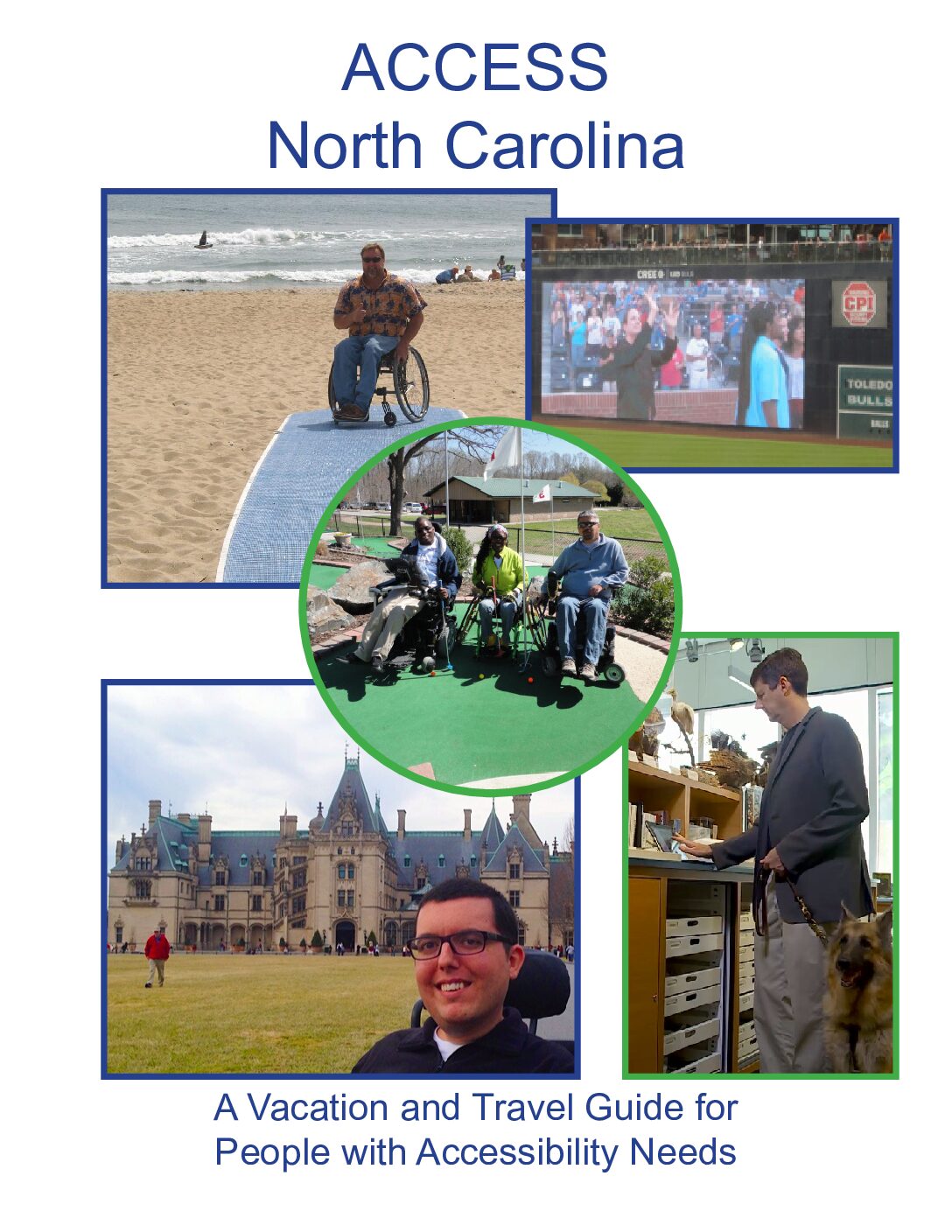
ACCESS North Carolina: A Vacation and Travel Guide for People with Accessibility Needs
ACCESS North Carolina will be useful for planning vacations, weekend getaways, visits to local sites, school field trips, conferences, relocation, health and wellness activities or any type of trip. In addition to benefitting people with disabilities, the information in ACCESS North Carolina can also benefit people who are aging and parents with child and infant strollers
Categories: General, Inclusion, Social and Recreation
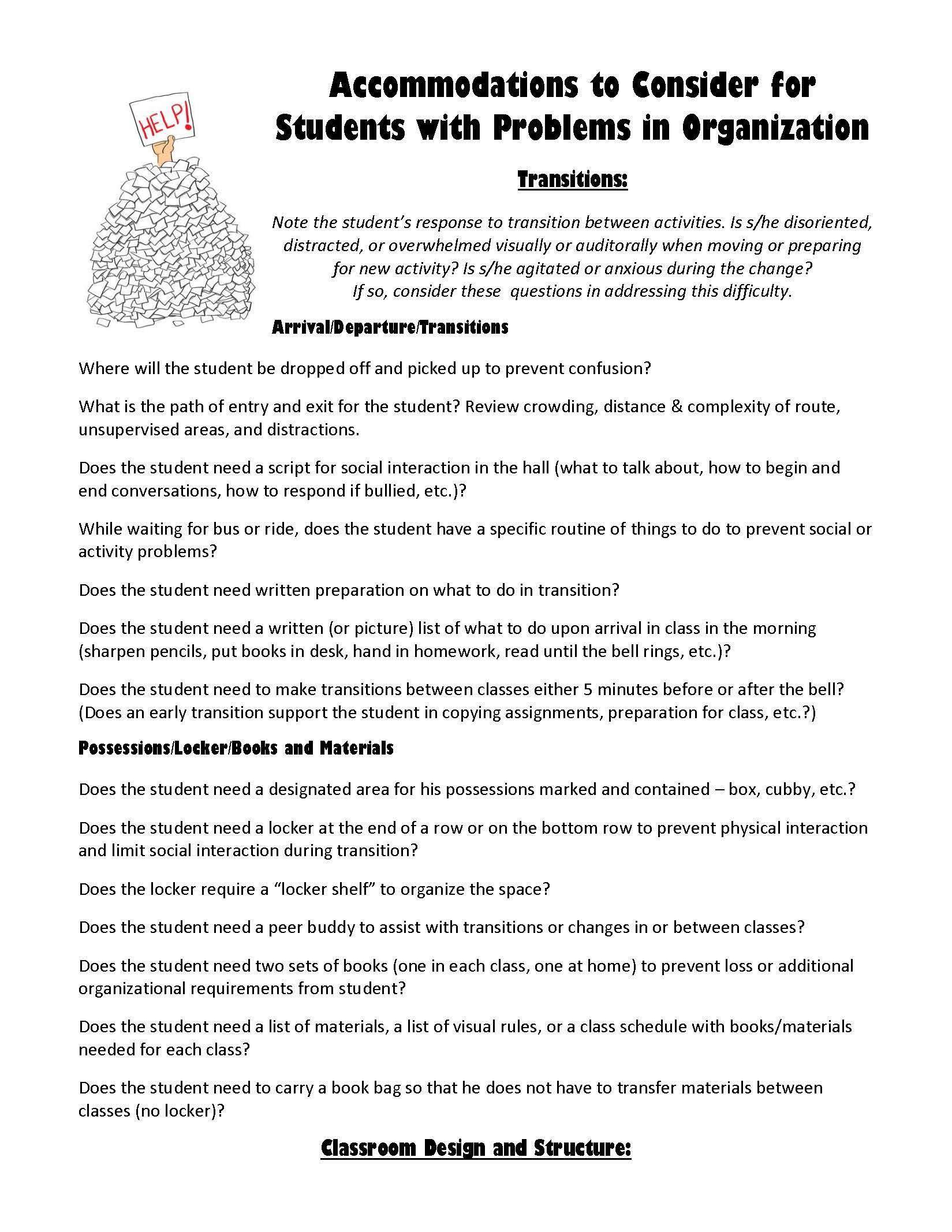
Accommodations to Consider for Students with Problems in Organization
Note the student’s response to transition between activities. Is s/he disoriented, distracted, or overwhelmed visually or auditorally when moving or preparing for new activity? Is s/he agitated or anxious during the change? If so, consider these questions in addressing this difficulty.
Categories: 504, Accommodations, IEP, Special Education
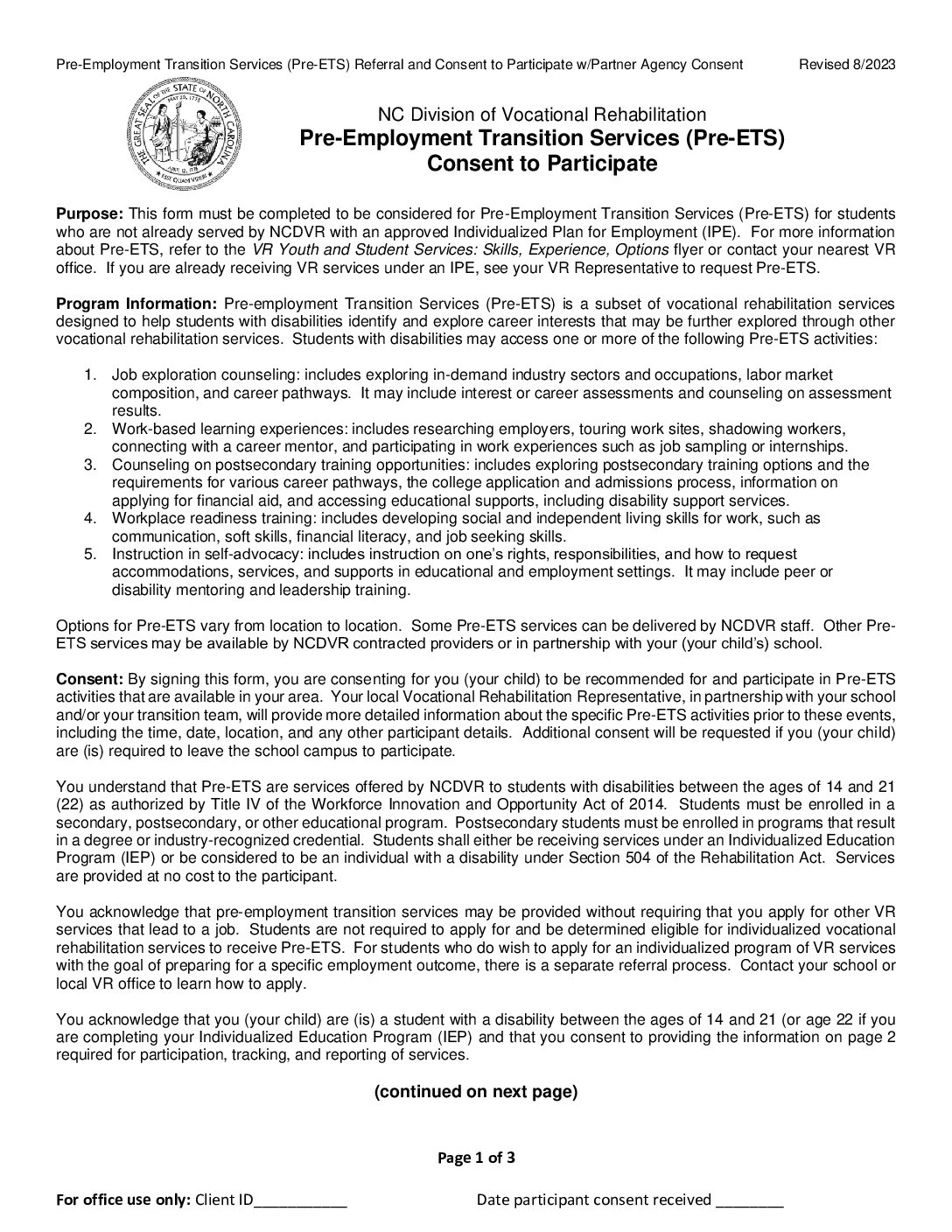
ACHIEVE -Pre-ETS Consent to Participate Form - for parents
This form must be completed to be considered for Pre-Employment Transition Services (Pre-ETS) for students who are not already served by NCDVR with an approved Individualized Plan for Employment (IPE).
Categories: Transition to Adulthood, Transitions
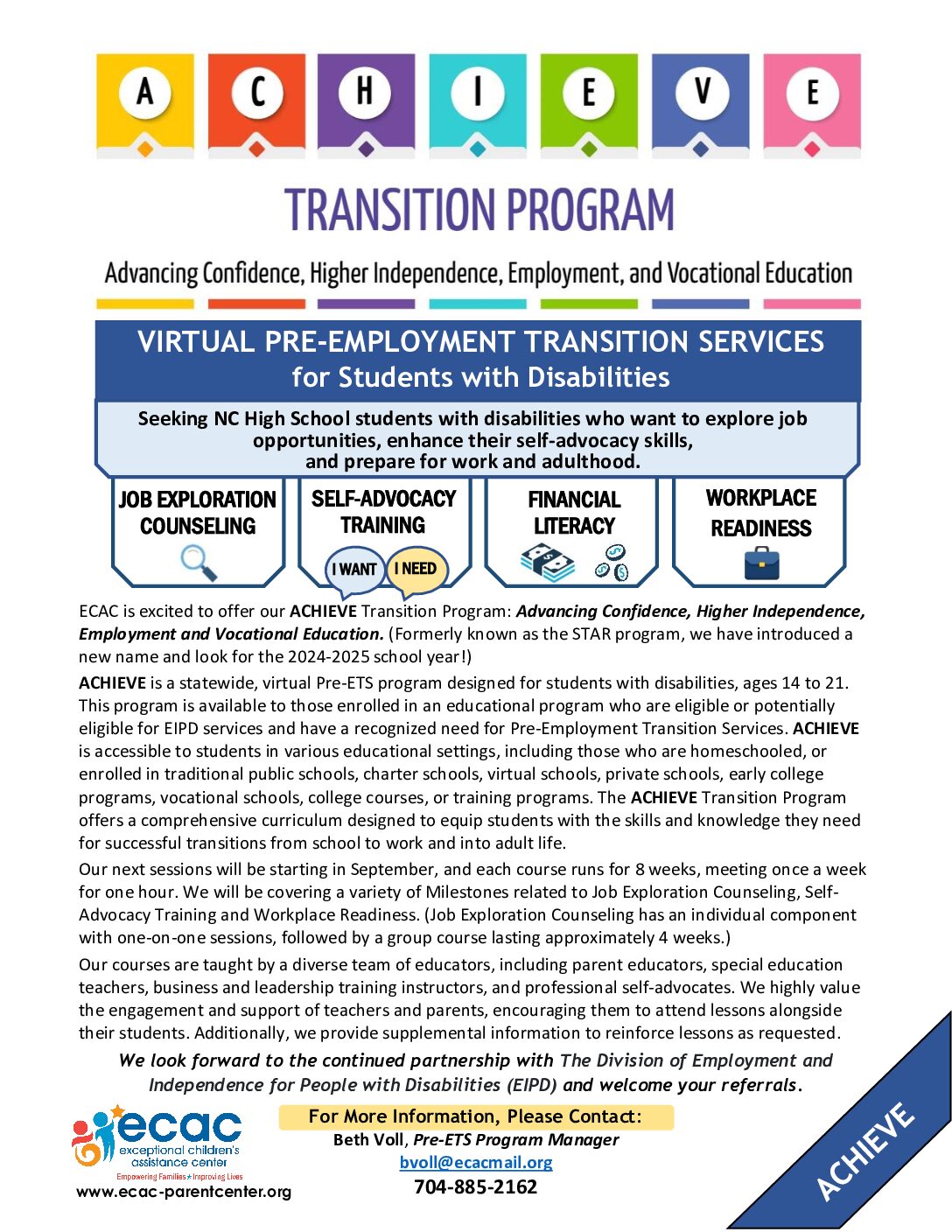
Achieve Transition Program Flyer for Schools and EIPD Staff
ECAC is excited to offer our ACHIEVE Transition Program: Advancing Confidence, Higher Independence, Employment and Vocational Education. (Formerly known as the STAR program, we have introduced a new name and look for the 2024-2025 school year!)
Categories: Transition to Adulthood, Transitions
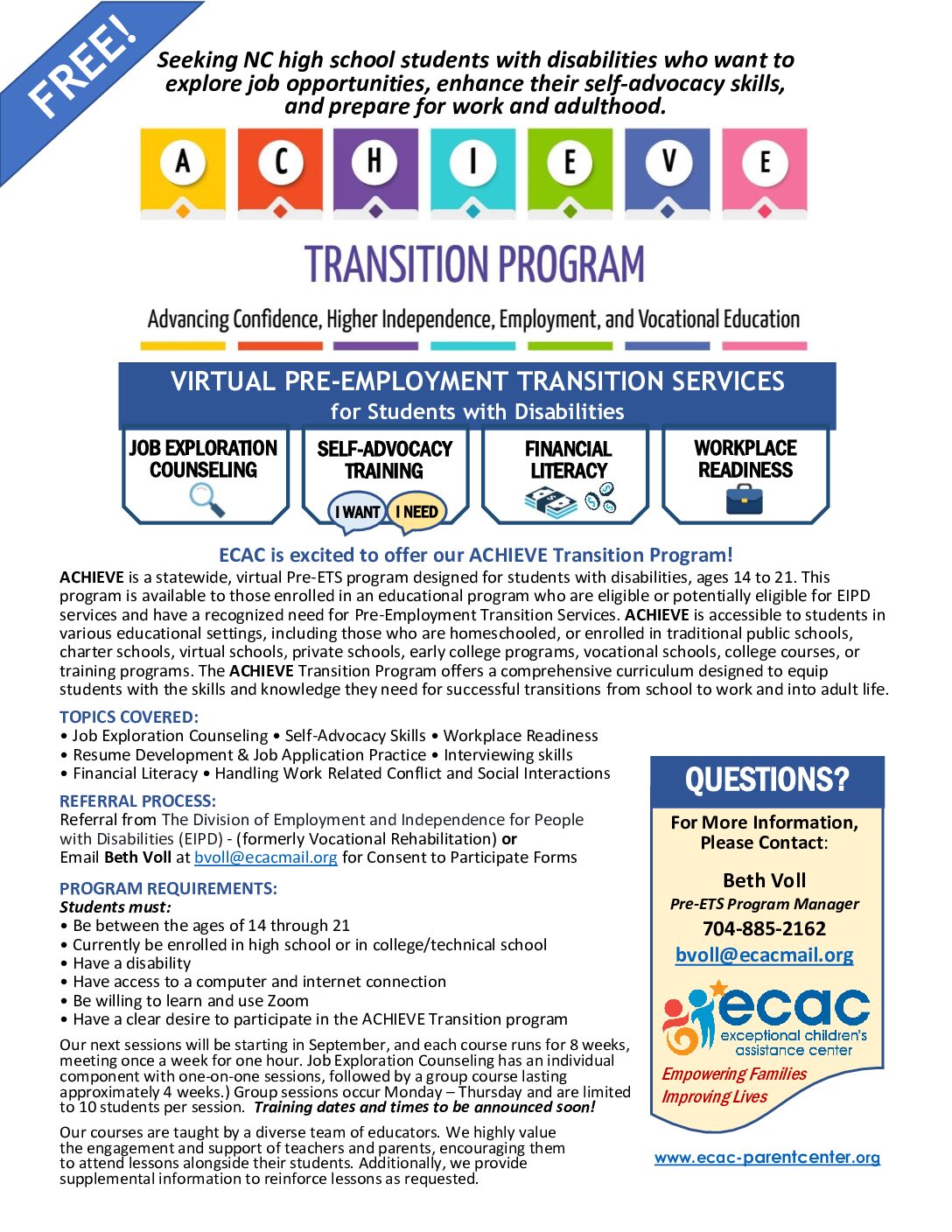
ACHIEVE-Pre-ETS Program Flyer for Parents & Students
ACHIEVE is a statewide, virtual Pre-ETS program designed for students with disabilities, ages 14 to 21. This program is available to those enrolled in an educational program who are eligible or potentially eligible for EIPD services and have a recognized need for Pre-Employment Transition Services. ACHIEVE is accessible to students in various educational settings, including those who are homeschooled, or enrolled in traditional public schools, charter schools, virtual schools, private schools, early college programs, vocational schools, college courses, or training programs. The ACHIEVE Transition Program offers a comprehensive curriculum designed to equip students with the skills and knowledge they need for successful transitions from school to work and into adult life.
Categories: Transition to Adulthood, Transition-age Youth
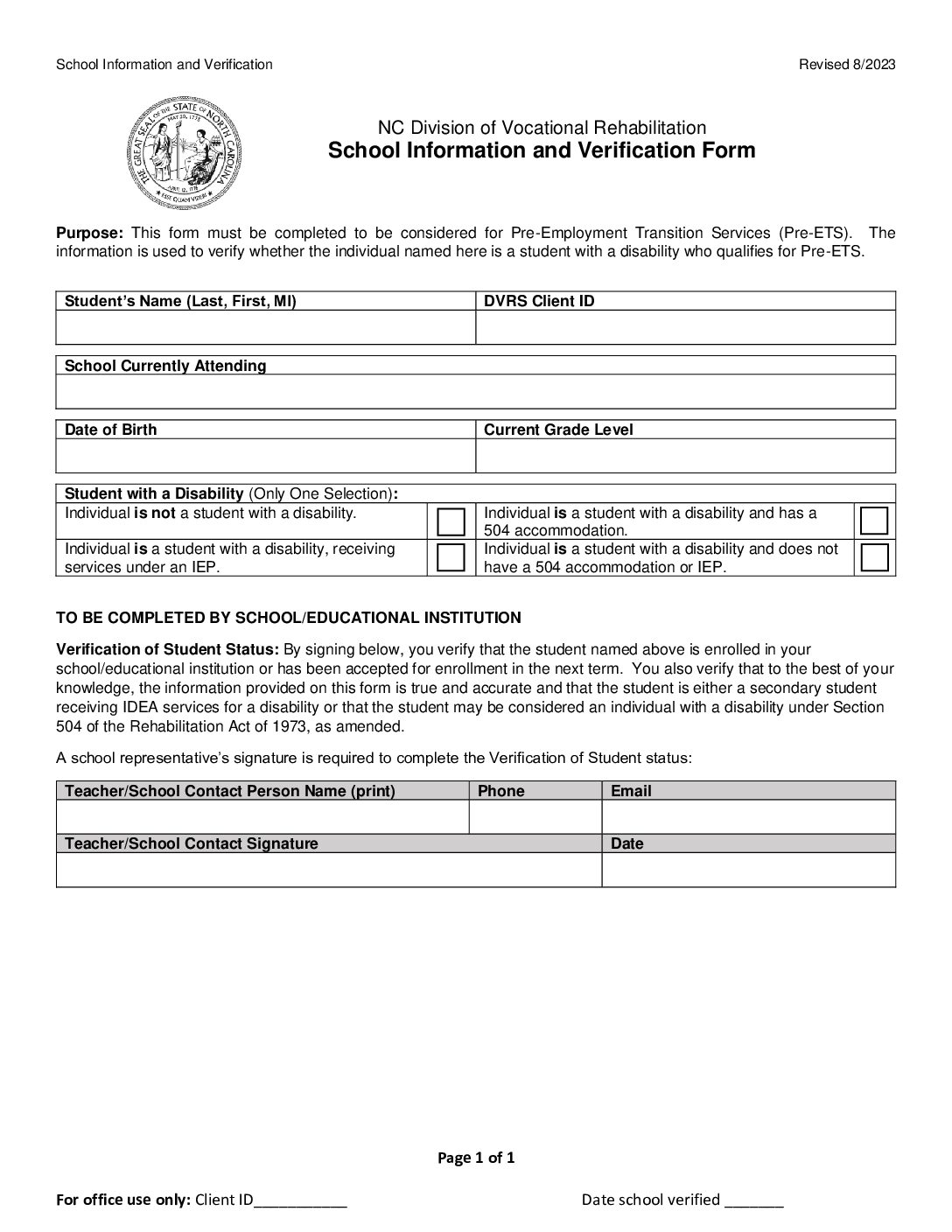
ACHIEVE-Pre-ETS School Information & Verification Form
This form must be completed to be considered for Pre-Employment Transition Services (Pre-ETS). The information is used to verify whether the individual named here is a student with a disability who qualifies for Pre-ETS.
Categories: Transition to Adulthood, Transitions
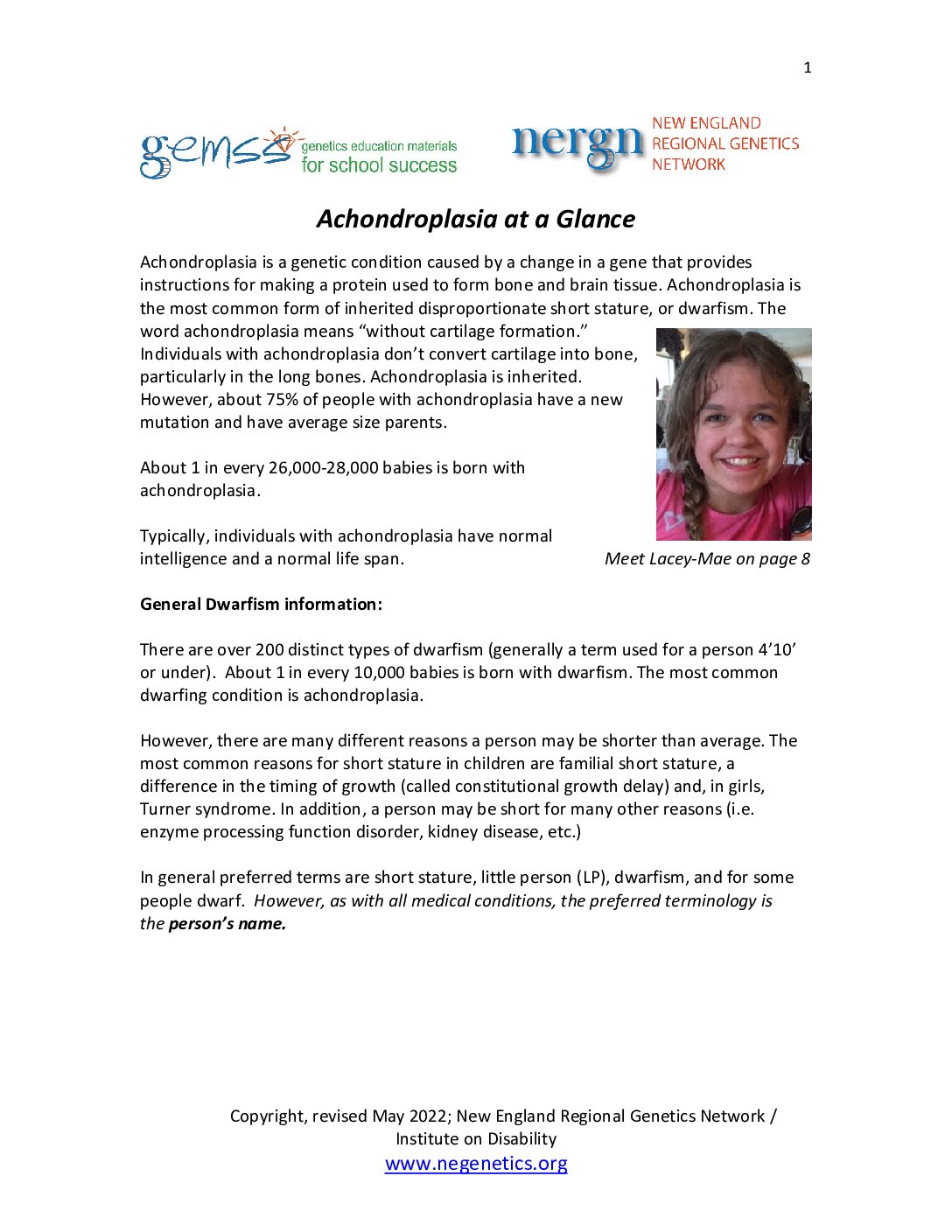
Achondroplasia at a Glance
Genetic Education Materials for School Success (GEMSS) provides a family-friendly starting point to help family members learn more about genetic conditions and offers ideas to encourage inclusion and participation in the classroom. GEMSS shares condition-specific information and resources for multiple audiences, including families, professionals, healthcare providers, and schools. Contributors to GEMSS come from clinical, public health, advocacy, and academic settings. All content has been vetted by clinical and family experts.
Categories: Disability and Health Condition Specific Information

Adaptations and Modifications
Adaptations and modifications that can be used in the general curriculum, including volume of work, time, support, difficulty, participation, and more.
Categories: Advocacy, IEP, Inclusion
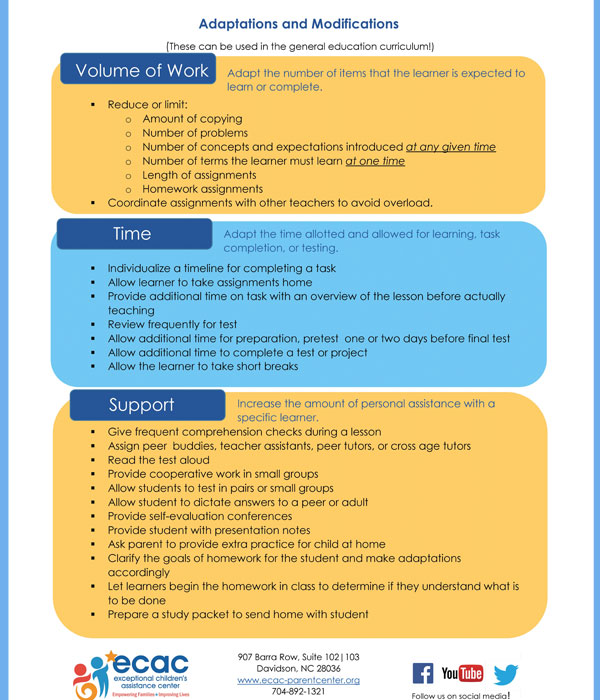
Adaptations and Modifications—If This, Do That
Guide for actions regarding volume of work, time, support, difficulty, participation
Categories: IEP, Inclusion
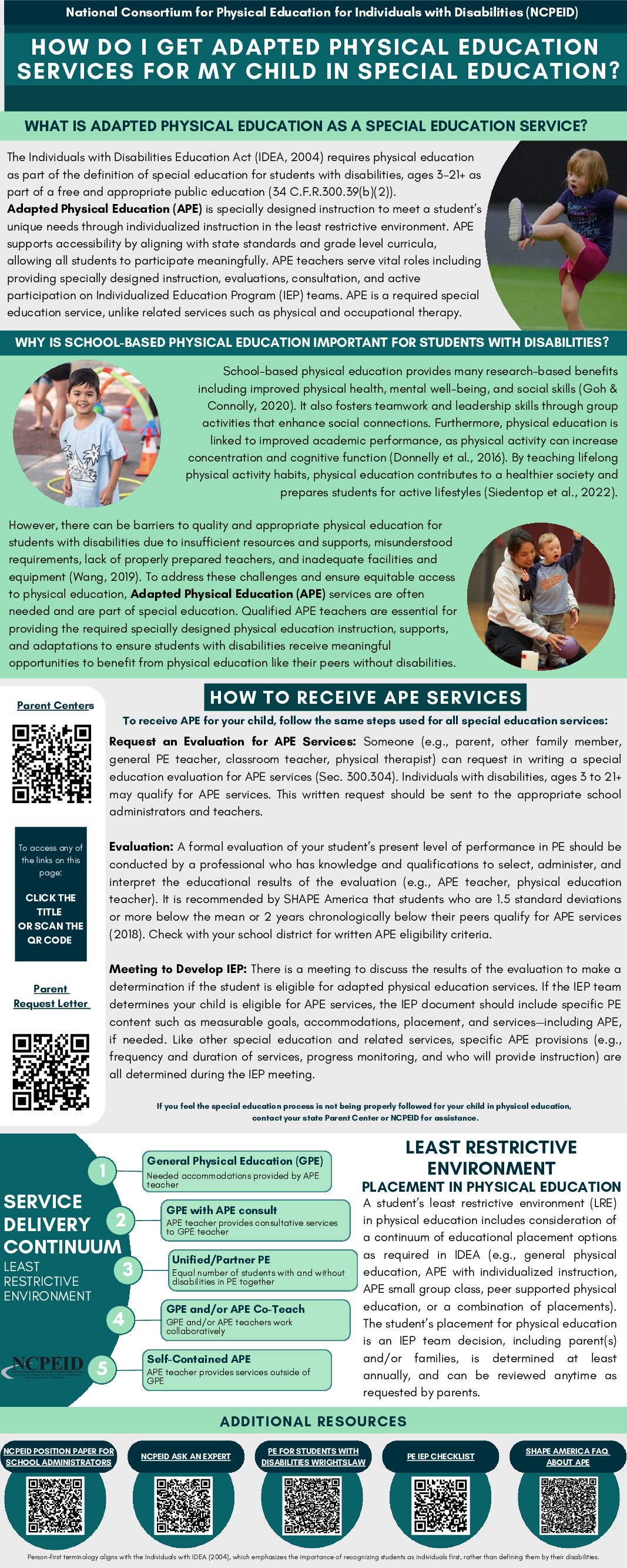
Adapted Physical Education
Adapted Physical Education (APE) is specially designed instruction to meet a student’s unique needs through individualized instruction in the least restrictive environment. APE supports accessibility by aligning with state standards and grade level curricula, allowing all students to participate meaningfully.
Categories: IEP
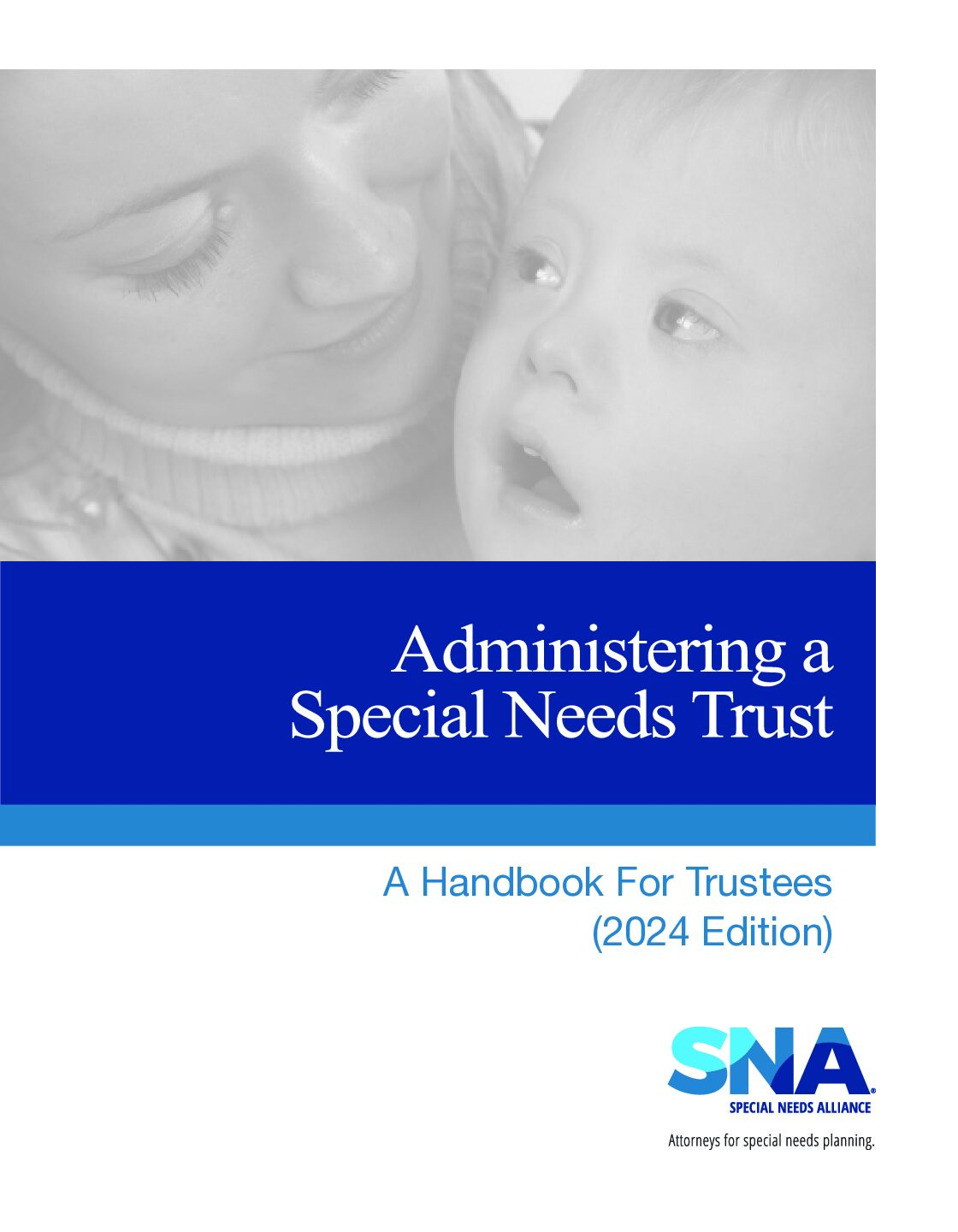
Administering a Special Needs Trust: A Handbook for Trustees
Have you been named as trustee of a special needs trust? Have you created a special needs trust, and wonder what the job of trustee is actually like? Are you a trust beneficiary, trying to figure out what the trustee is permitted — and required — to do? The Special Needs Alliance is pleased to offer its free booklet on administering special needs trusts. In plain English, it can help you understand the choices and obligations.
Categories: Special Needs Financial Planning and Financial Resources
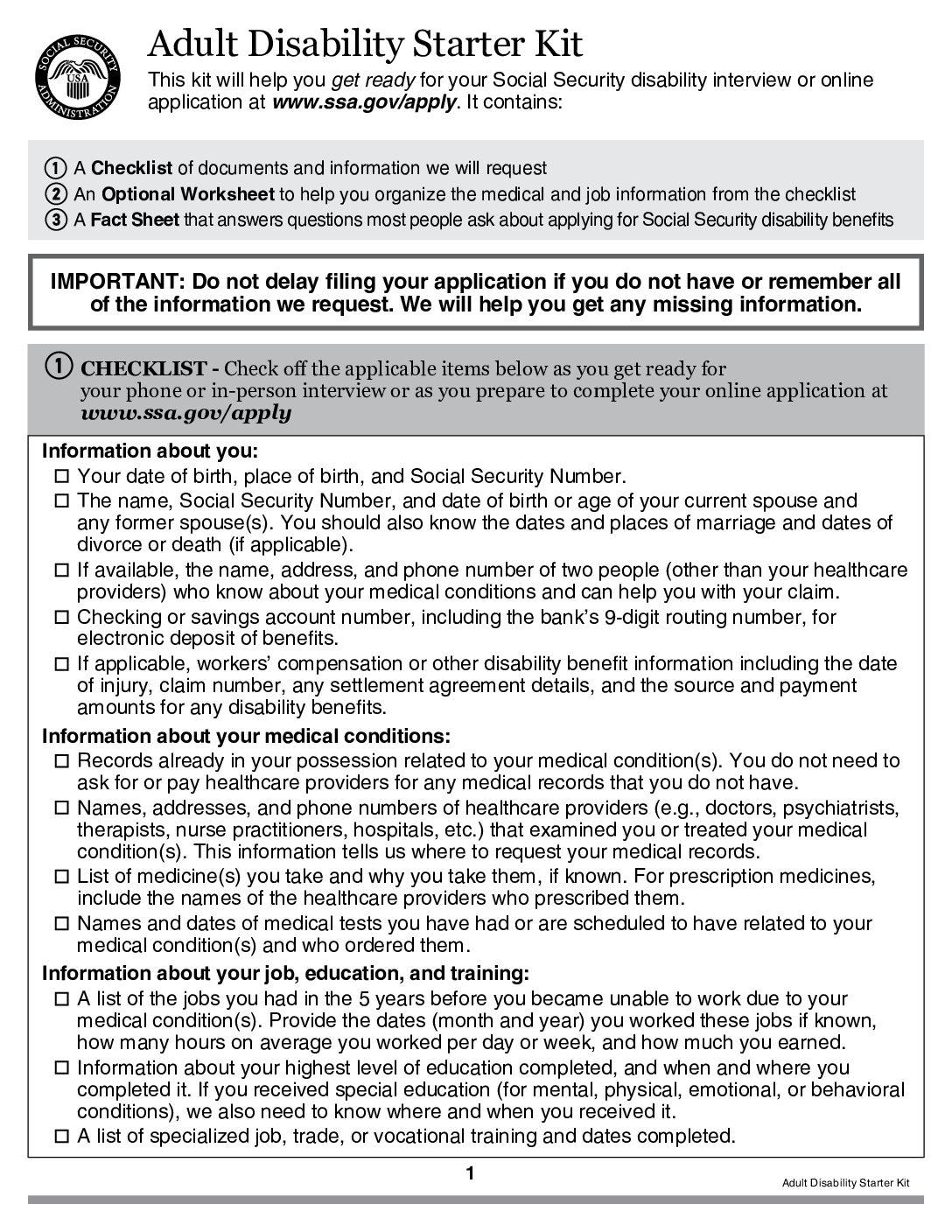
Adult Disability Starter Kit
This kit will help you get ready for your Social Security disability interview or online application at: www.ssa.gov/apply. It contains: a checklist, optional worksheet and fact sheet.
Categories: SSI and SSDI
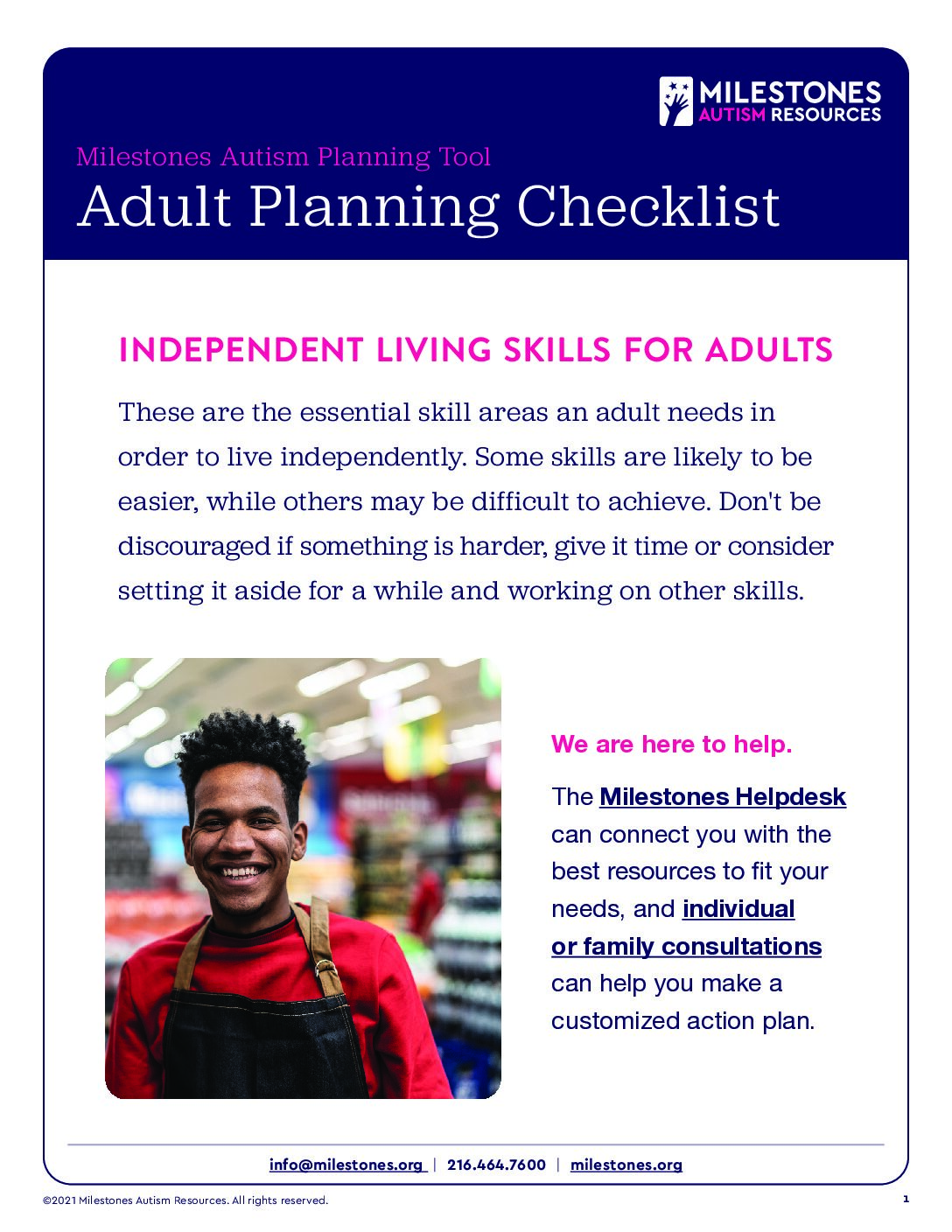
Adult Planning Checklist
Independent Living Skills for Adults - These are the essential skill areas an adult needs in order to live independently
Categories: Housing/Independent Living
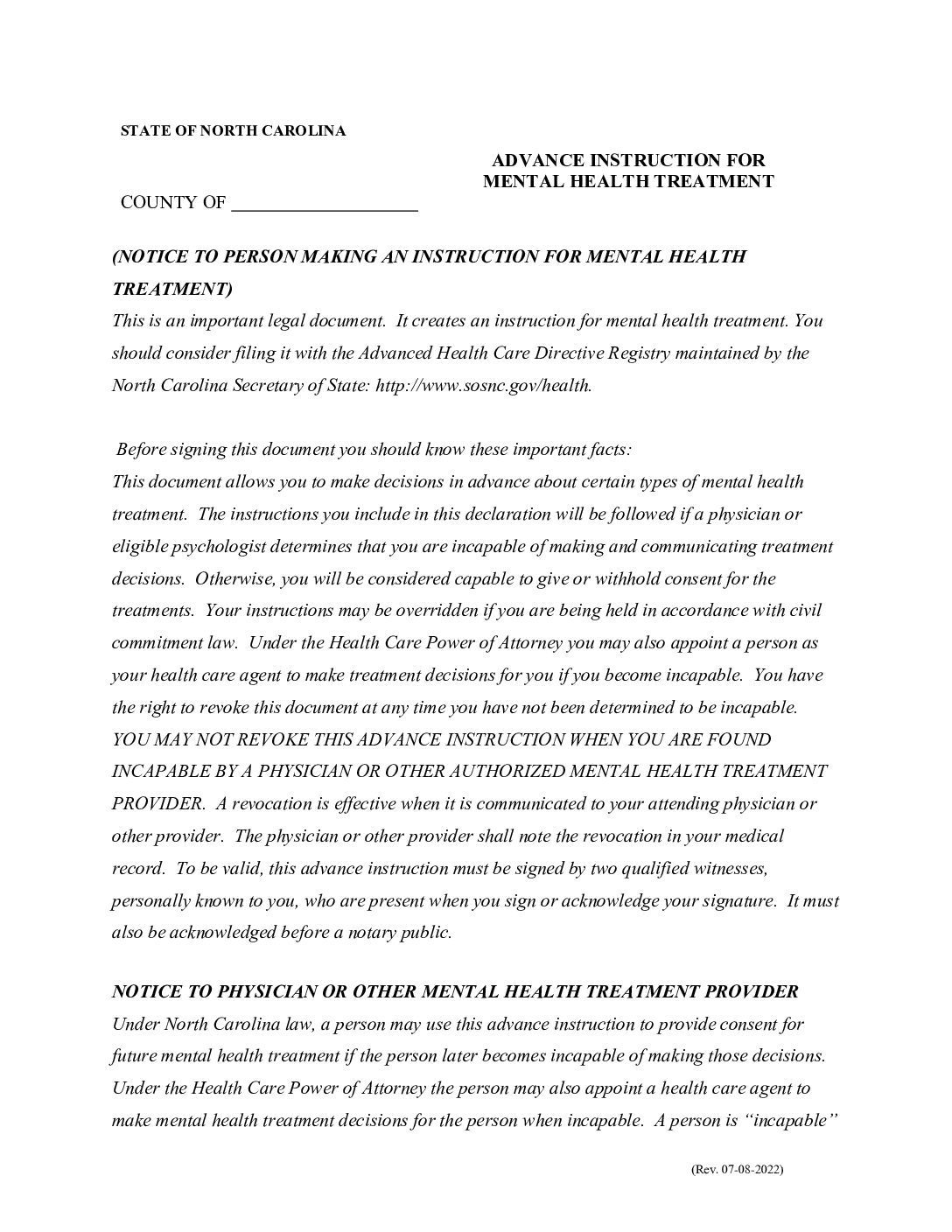
Advance Directive for Mental Health Treatment
Categories: Guardianship and Alternatives
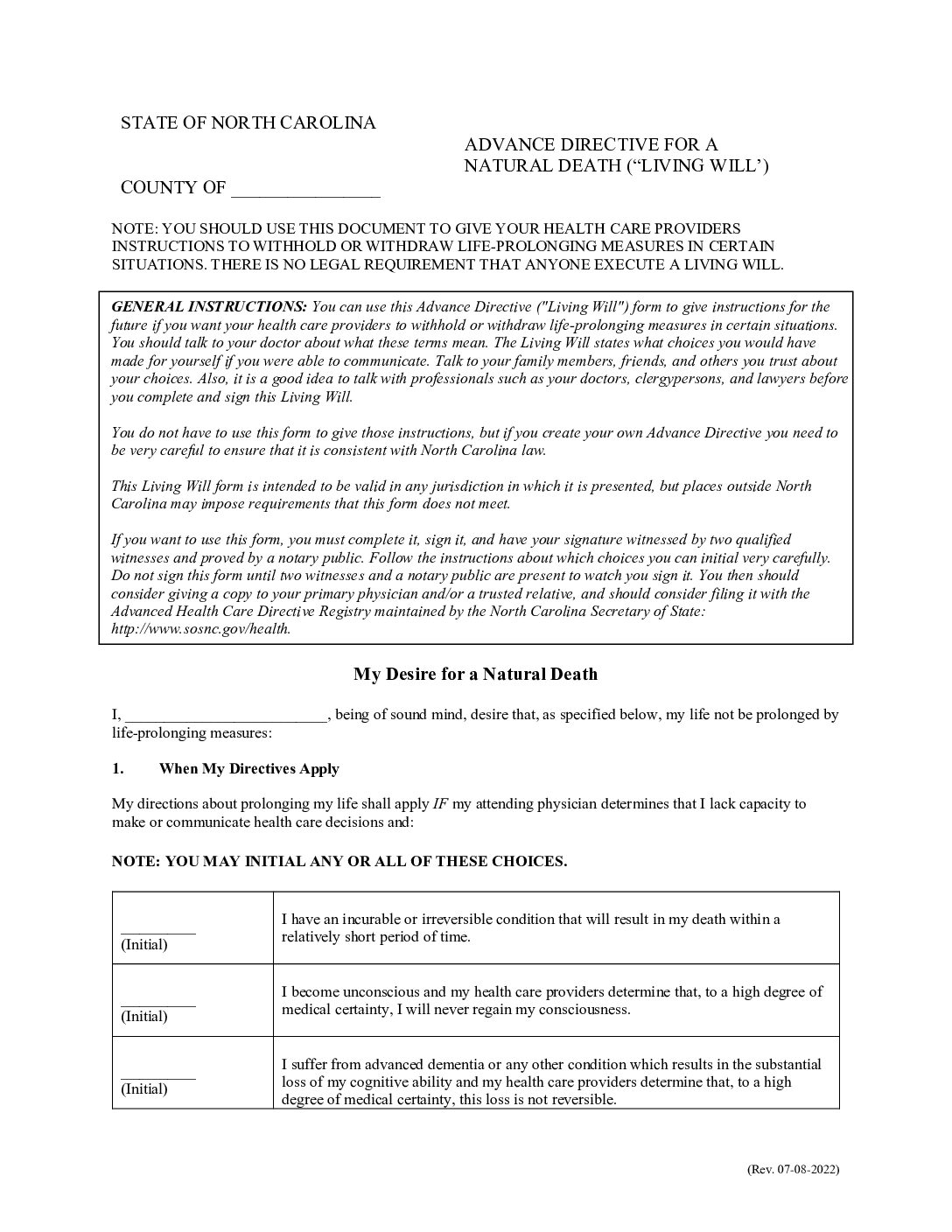
Advance Directive for Natural Death (“Living Will”)
Categories: Guardianship and Alternatives
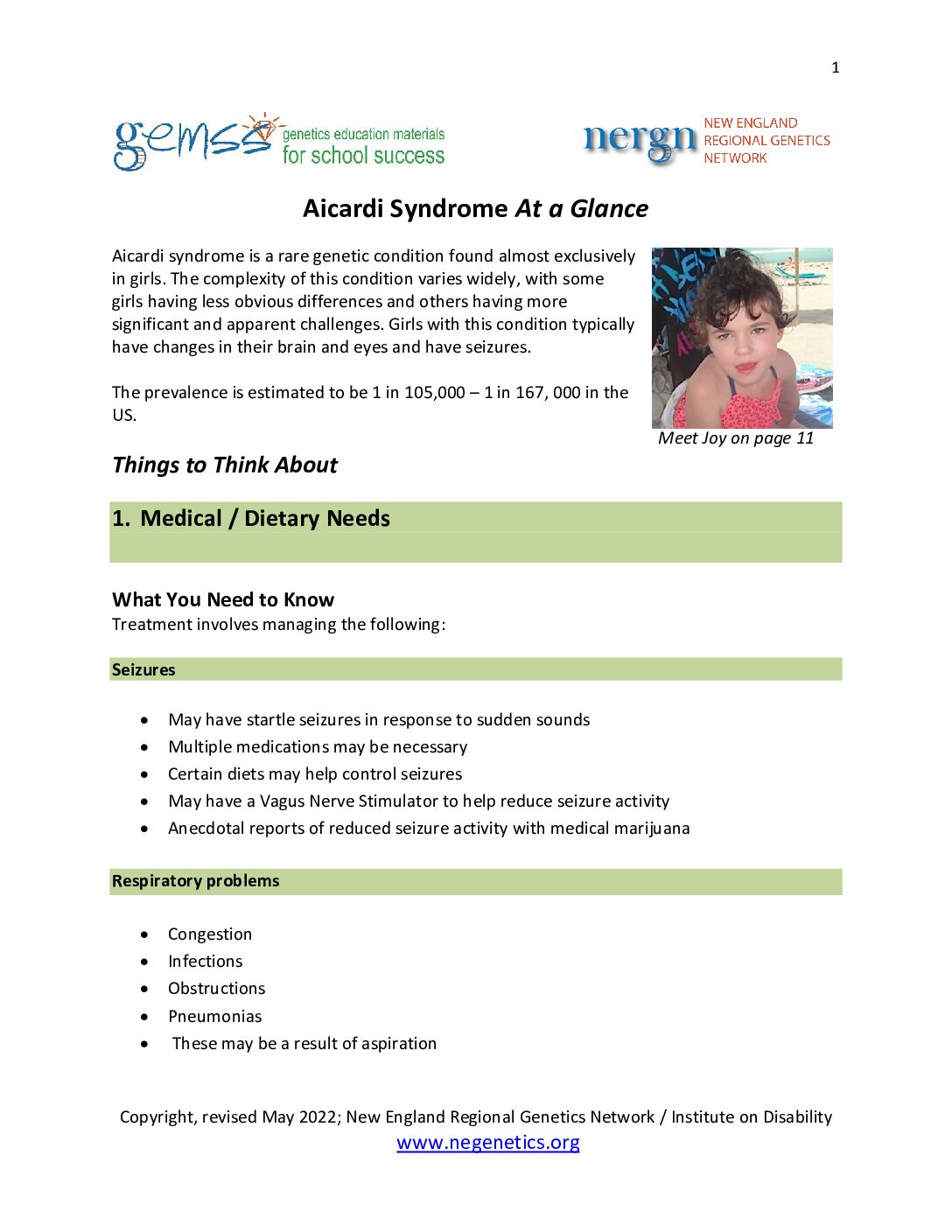
Aicardi Syndrome At a Glance
Genetic Education Materials for School Success (GEMSS) provides a family-friendly starting point to help family members learn more about genetic conditions and offers ideas to encourage inclusion and participation in the classroom. GEMSS shares condition-specific information and resources for multiple audiences, including families, professionals, healthcare providers, and schools. Contributors to GEMSS come from clinical, public health, advocacy, and academic settings. All content has been vetted by clinical and family experts.
Categories: Disability and Health Condition Specific Information
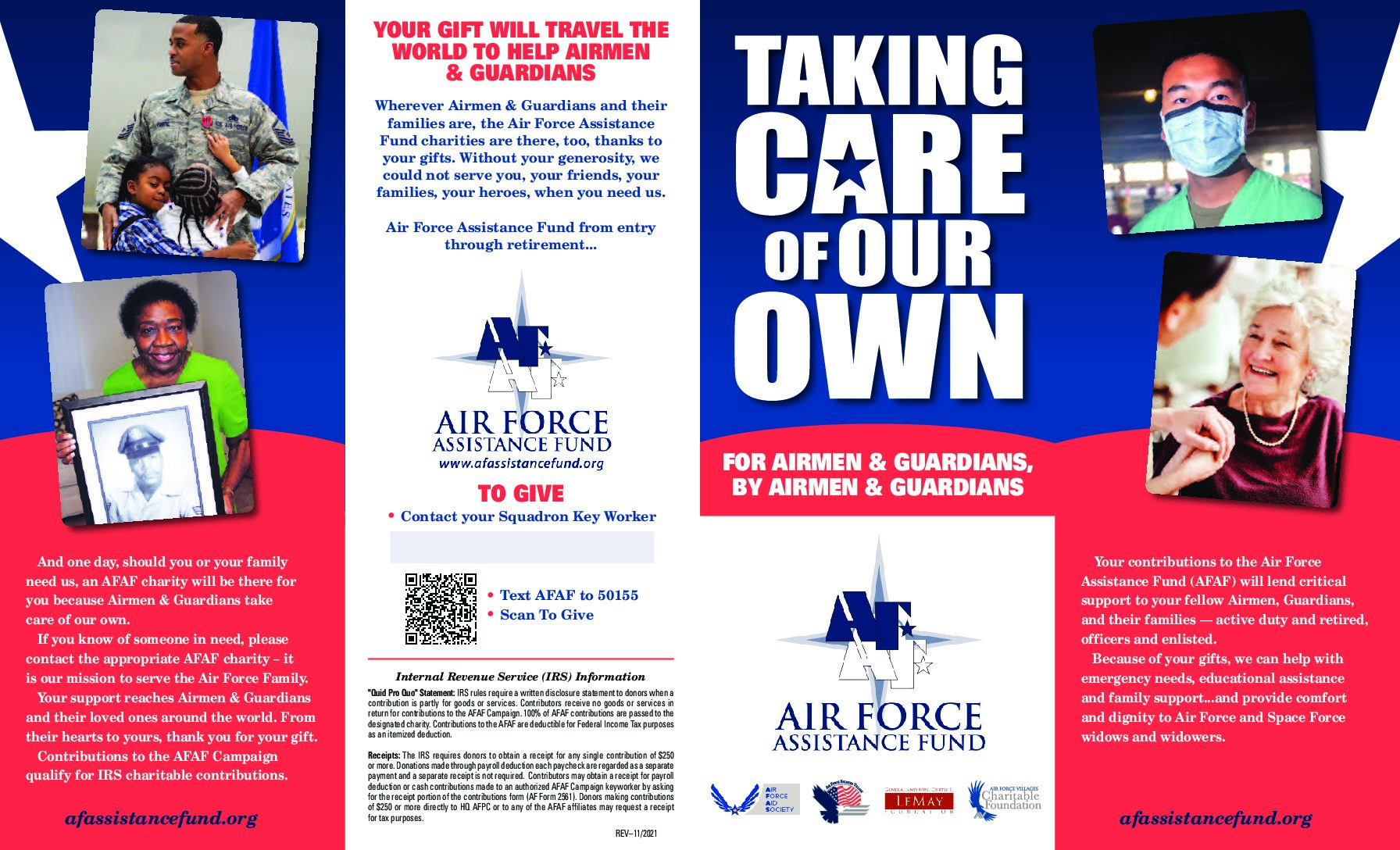
Air Force Assistance Fund
The Air Force Assistance Fund provides support to Air Force families in need (active duty, retirees, reservists, guard and dependents, including surviving spouses). They can help with emergency needs, educational assistanceand family support...and provide comfort and dignity to Air Force and Space Force widows and widowers.
Categories: Military
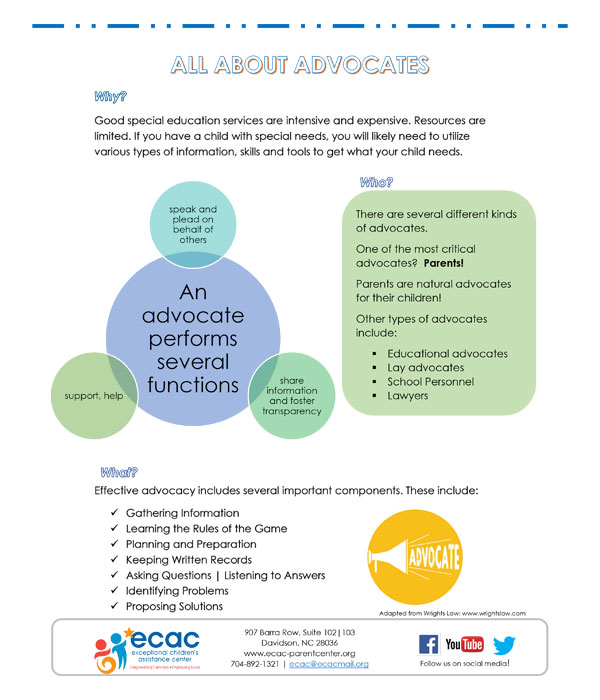
All About Advocates
Good special education services are intensive and expensive. Resources are limited. If you have a child with special needs, you will likely need to utilize...
Categories: Family Engagement, Advocacy, IEP
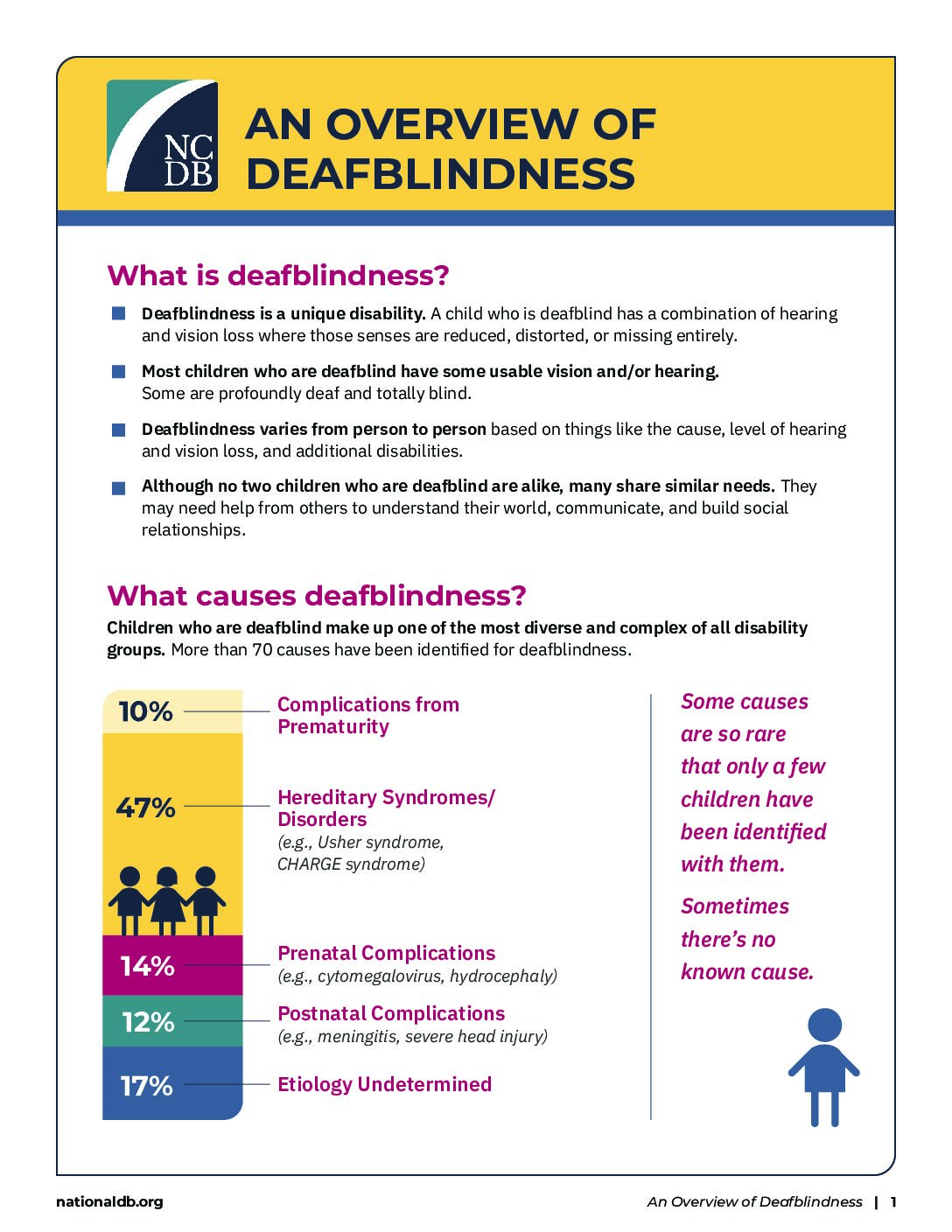
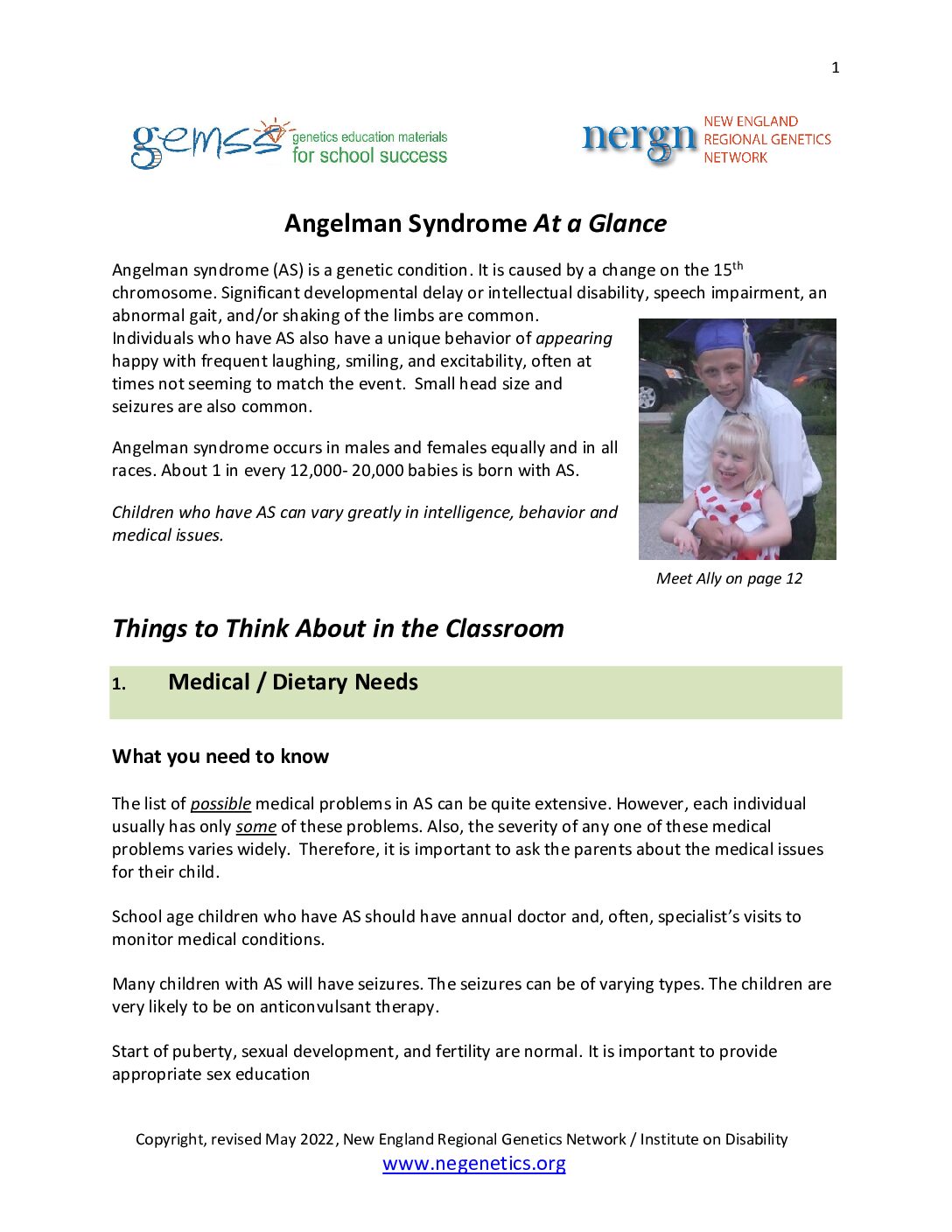
Angelman Syndrome At a Glance
Genetic Education Materials for School Success (GEMSS) provides a family-friendly starting point to help family members learn more about genetic conditions and offers ideas to encourage inclusion and participation in the classroom. GEMSS shares condition-specific information and resources for multiple audiences, including families, professionals, healthcare providers, and schools. Contributors to GEMSS come from clinical, public health, advocacy, and academic settings. All content has been vetted by clinical and family experts.
Categories: Disability and Health Condition Specific Information
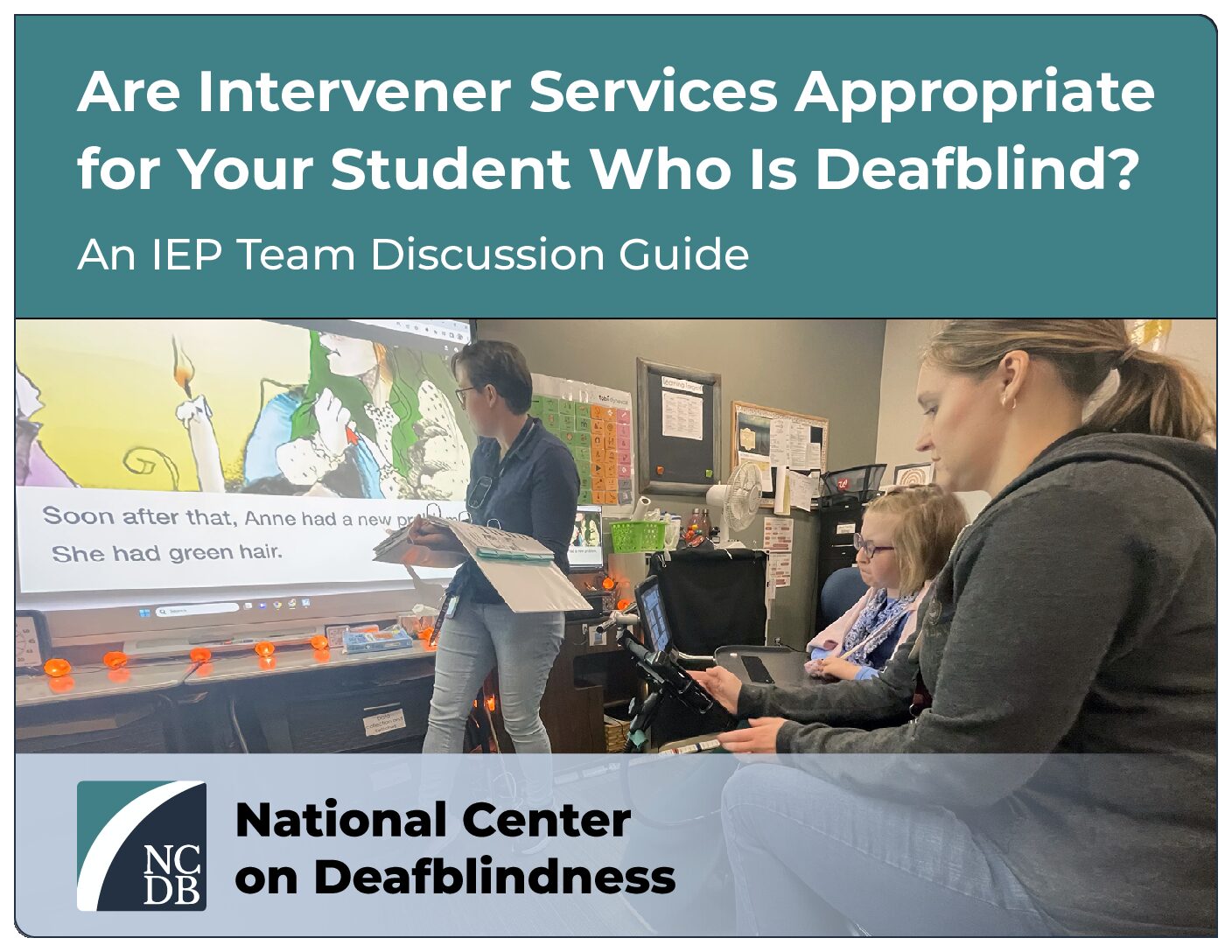
Are Intervener Services Appropriate for Your Student Who is DeafBlind?
The purpose of this discussion guide is to help IEP teams make informed decisions about whether intervener services are appropriate for a particular student.
Categories: Interveners, NC Deaf-Blind Project
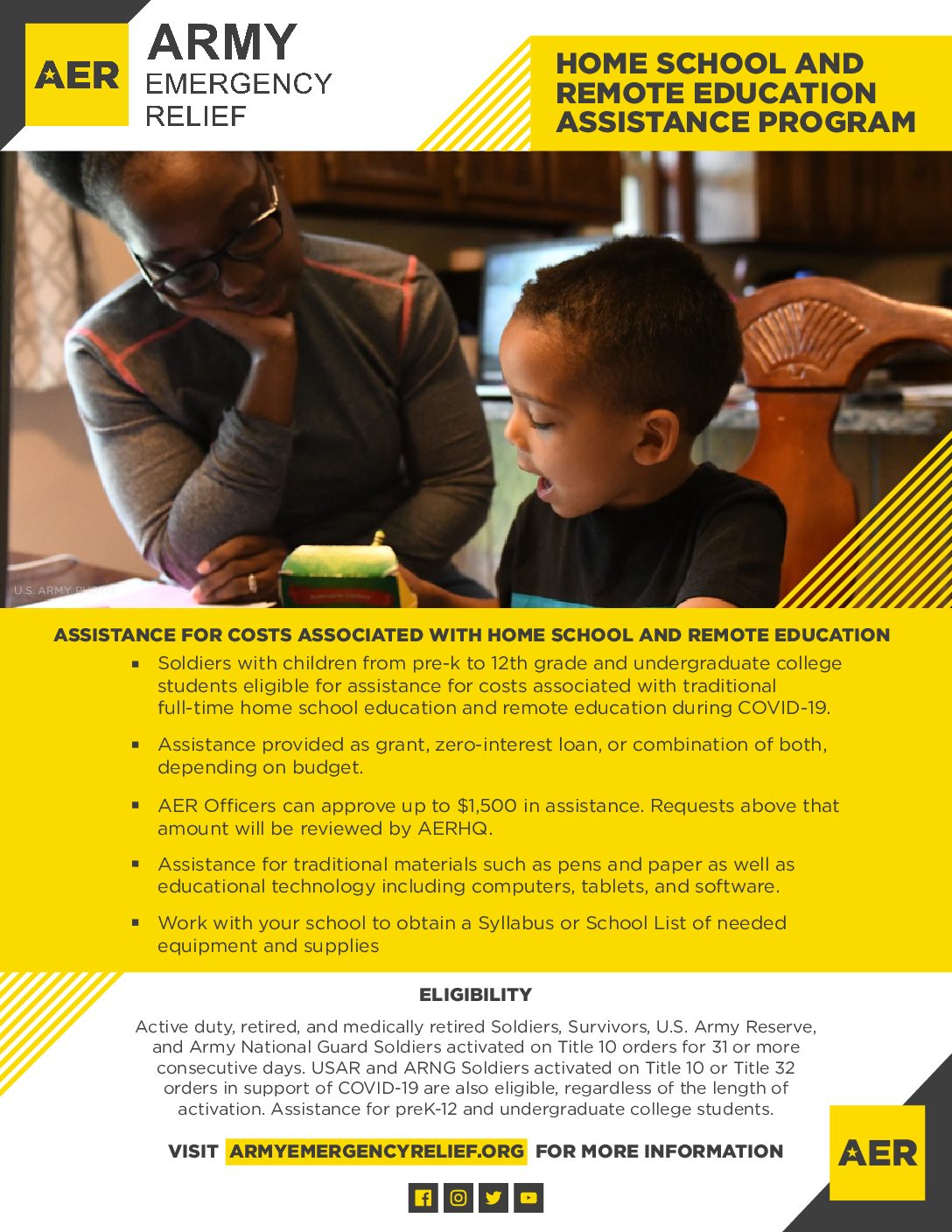
Army Emergency Relief AER - Home School and Remote Education Assistance Program
Army Emergency Relief provides assistance to soldiers for costs associated with home school and remote education.
Categories: Military
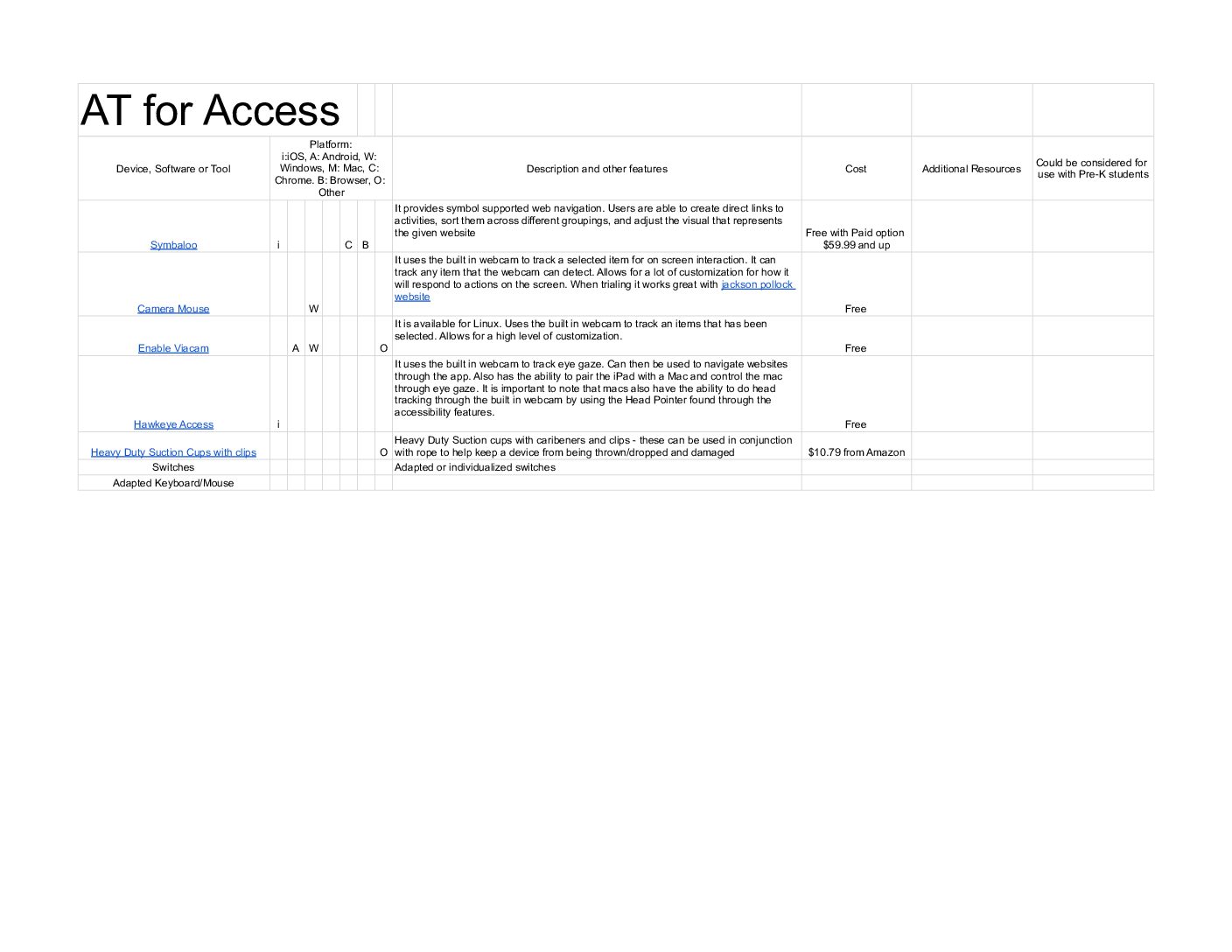
Assistive Technology Tools for Consideration: AT for Access
Categories: Assistive Technology
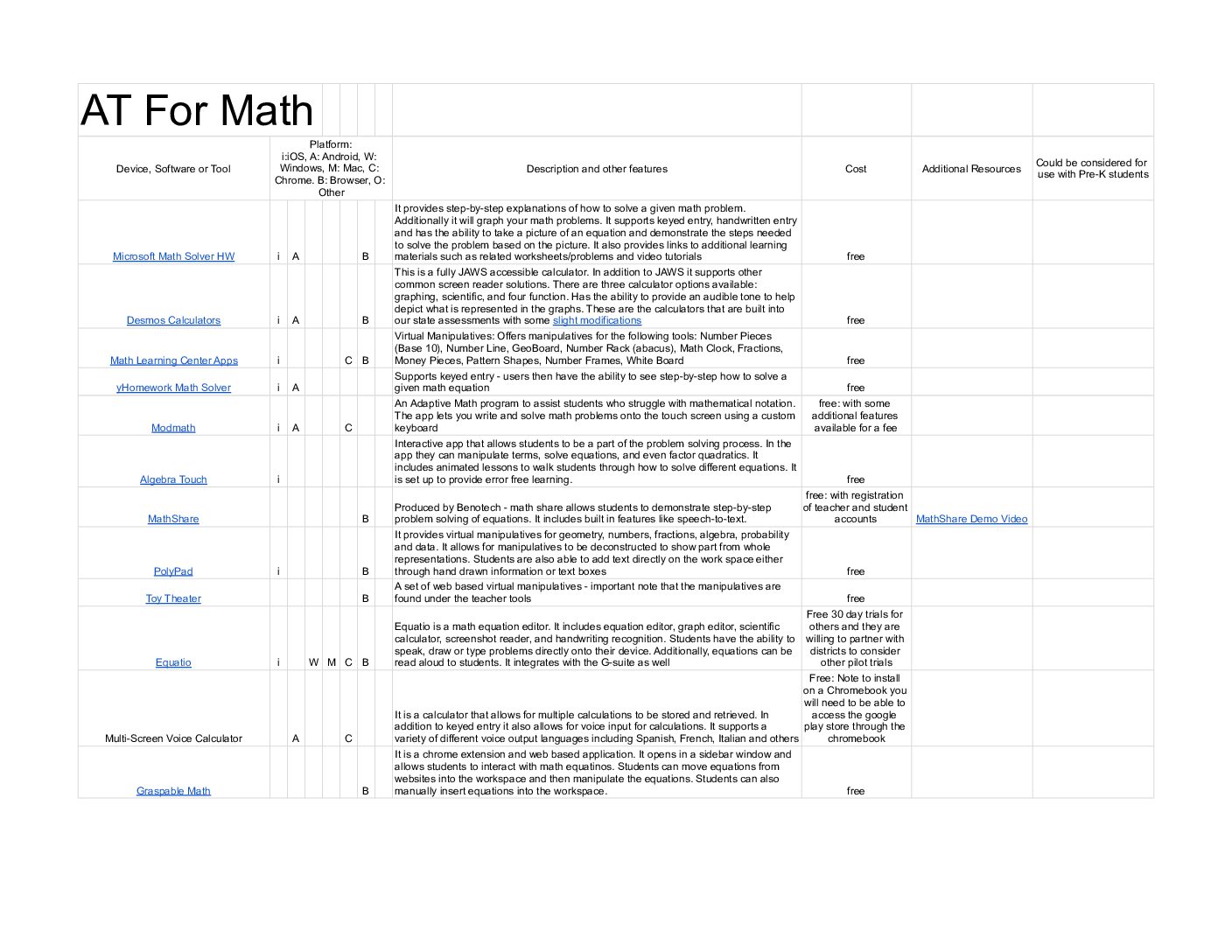
Assistive Technology Tools for Consideration: AT for Math
Categories: Assistive Technology
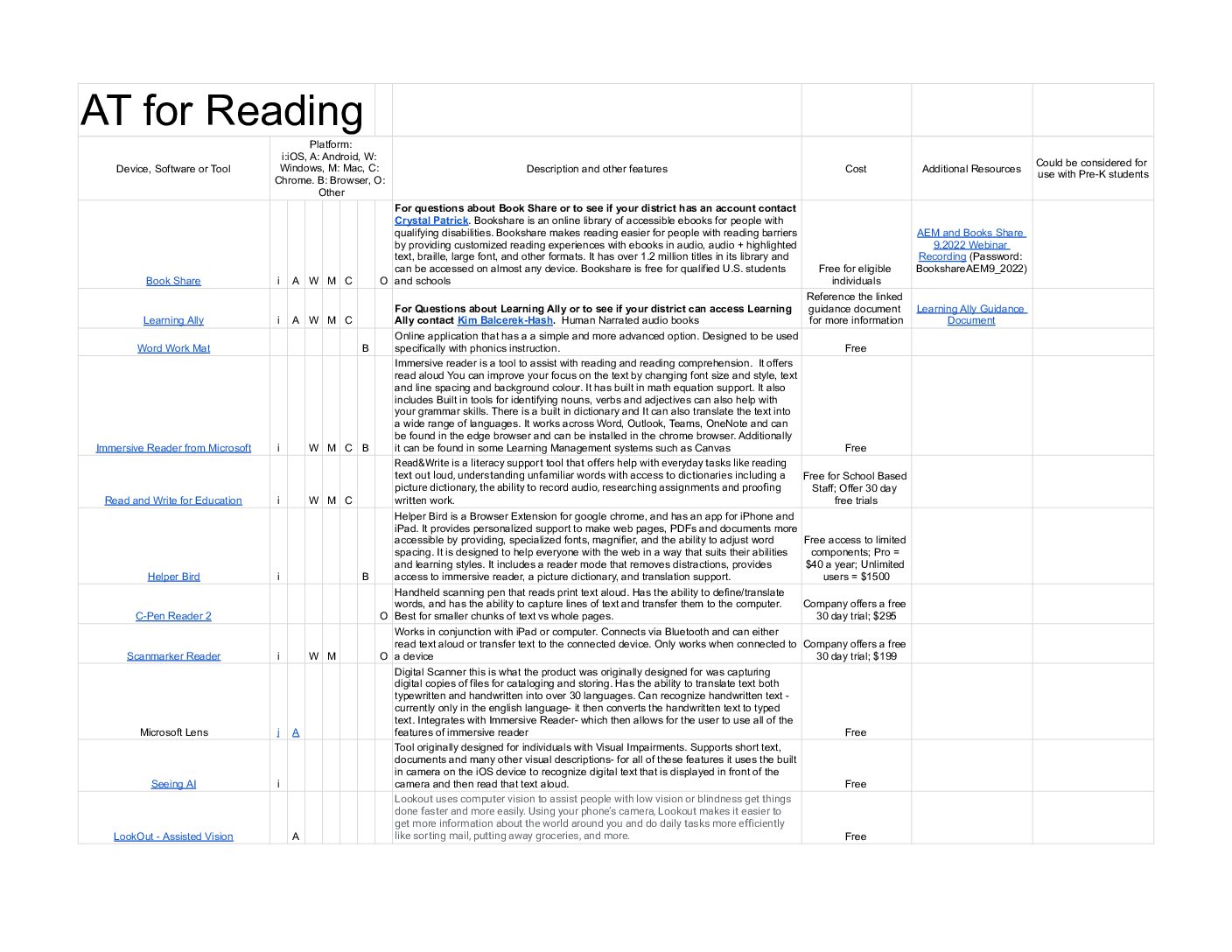
Assistive Technology Tools for Consideration: AT for Reading
Categories: Assistive Technology
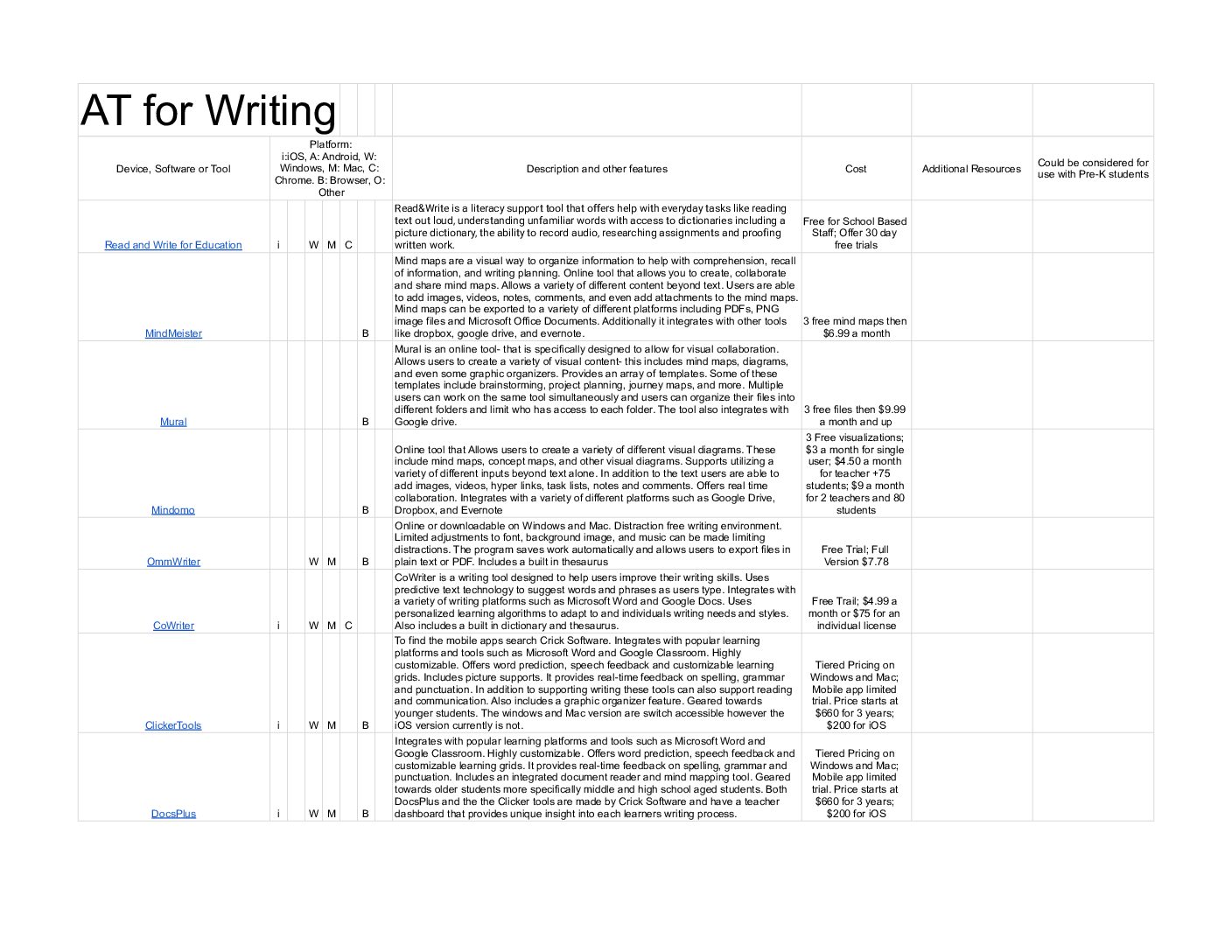
Assistive Technology Tools for Consideration: AT for Writing
Categories: Assistive Technology
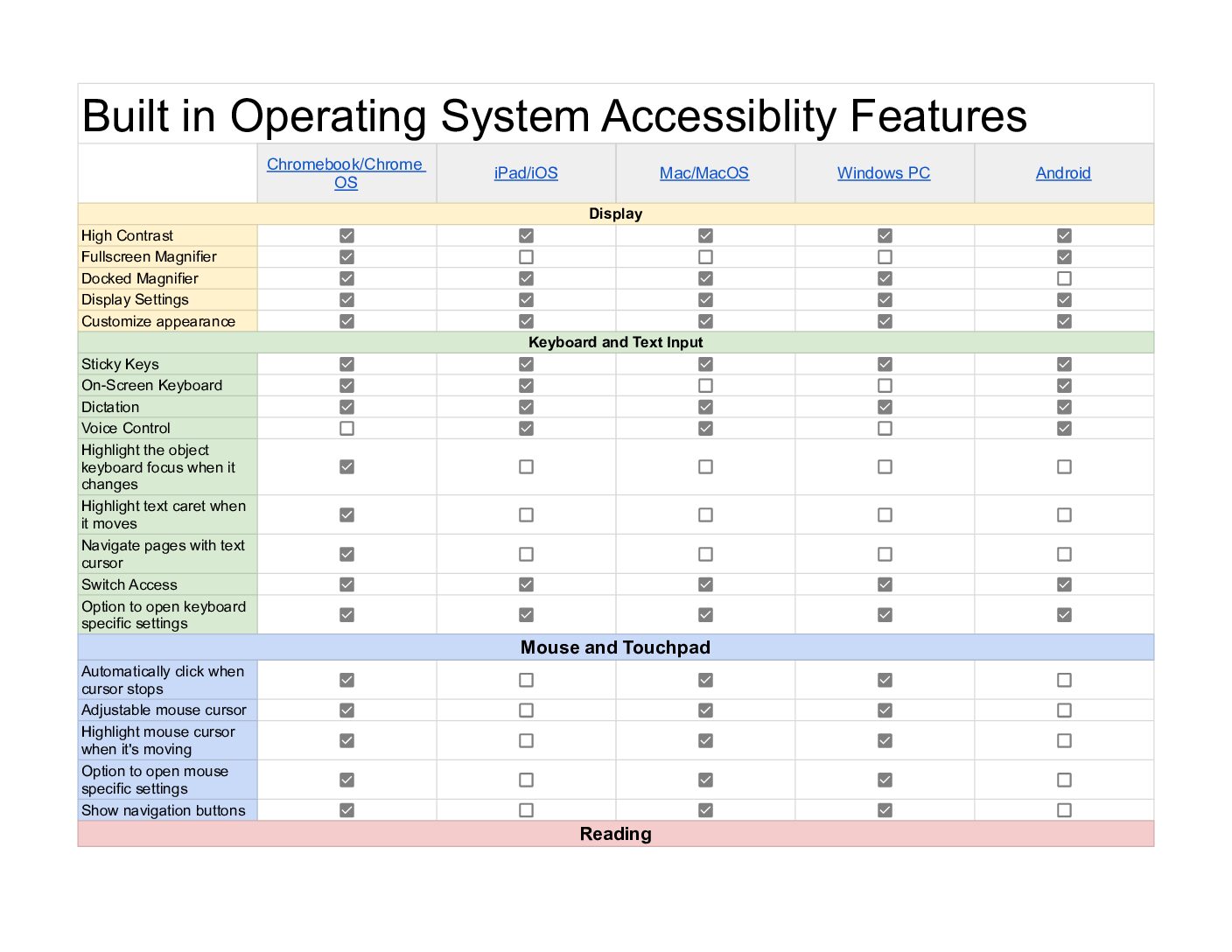
Assistive Technology Tools for Consideration: Built in Operating System Accessiblity Features
Categories: Assistive Technology
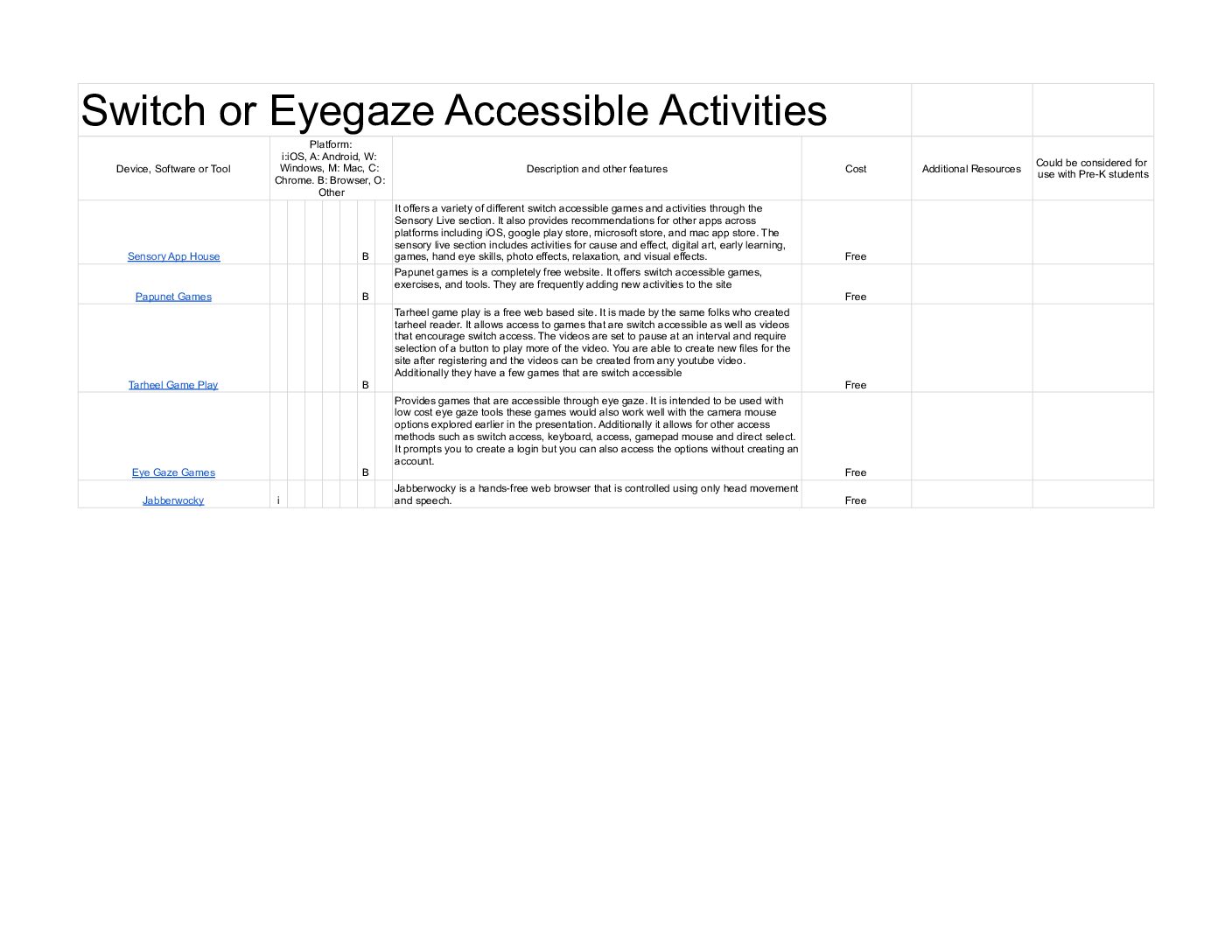
Assistive Technology Tools for Consideration: Switch or Eyegaze Accessible Activities
Categories: Assistive Technology
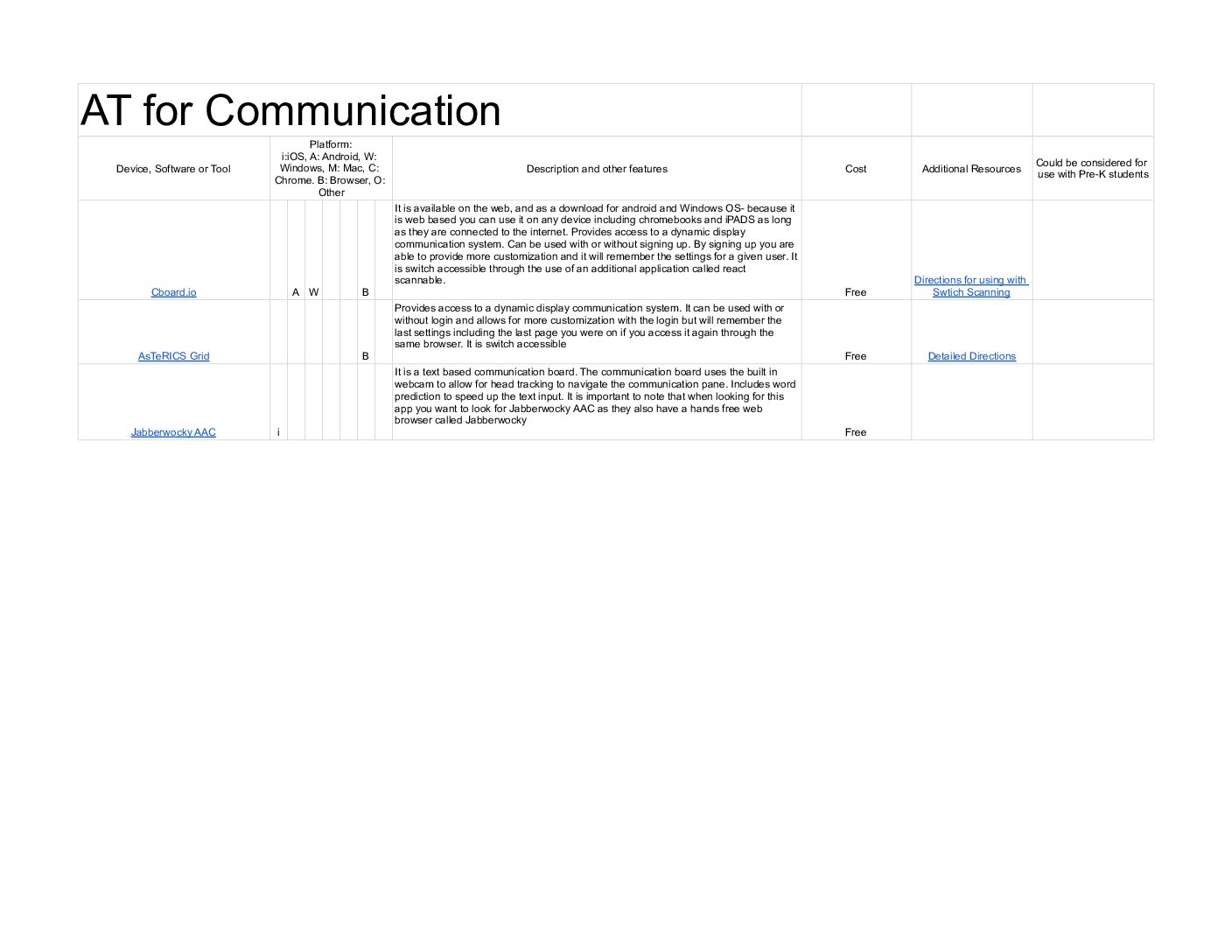
Assistive Tools for Consideration: AT for Communication
Categories: Assistive Technology
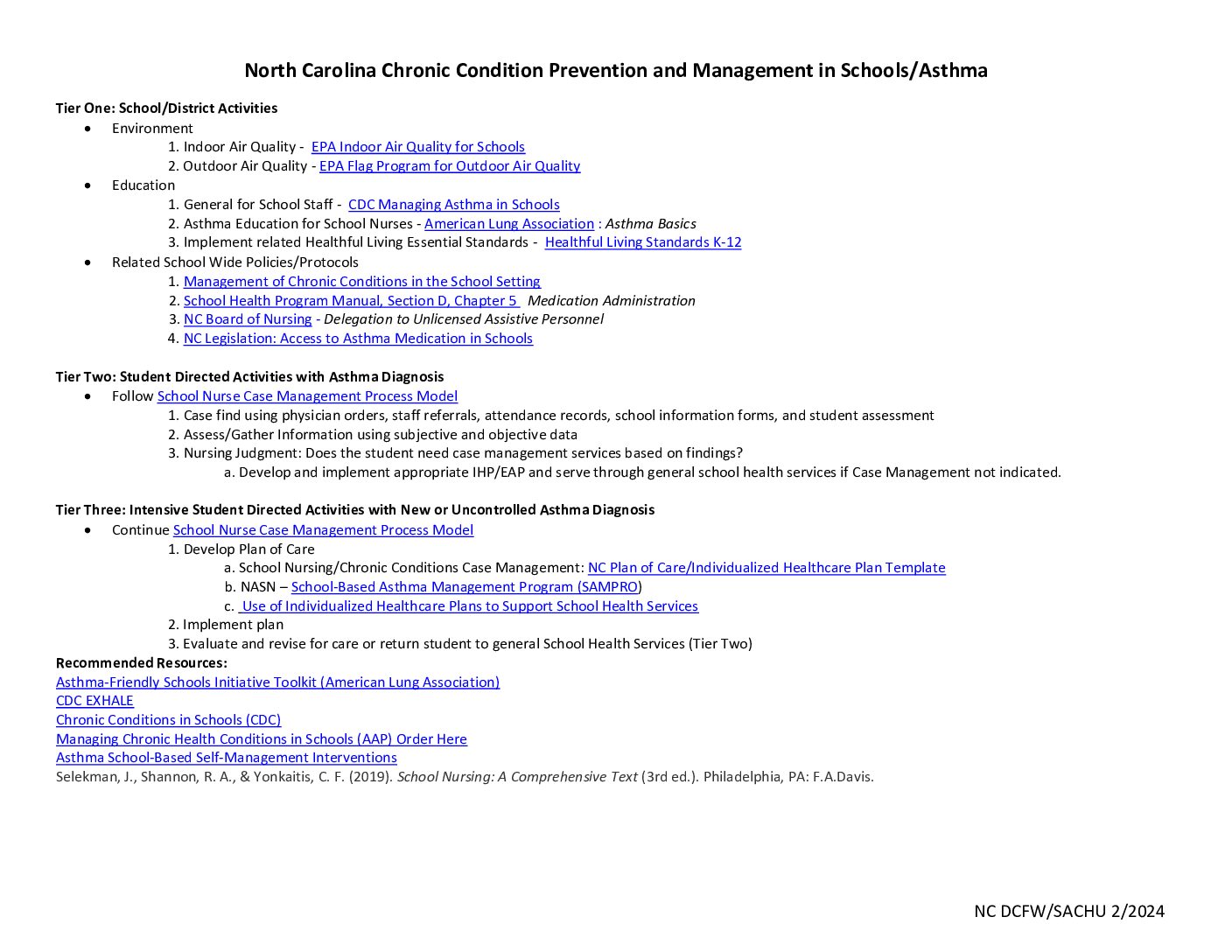
Asthma Tiered Document - North Carolina Chronic Condition Prevention and Management in Schools
Categories: Disability and Health Condition Specific Information, Health Care in Schools
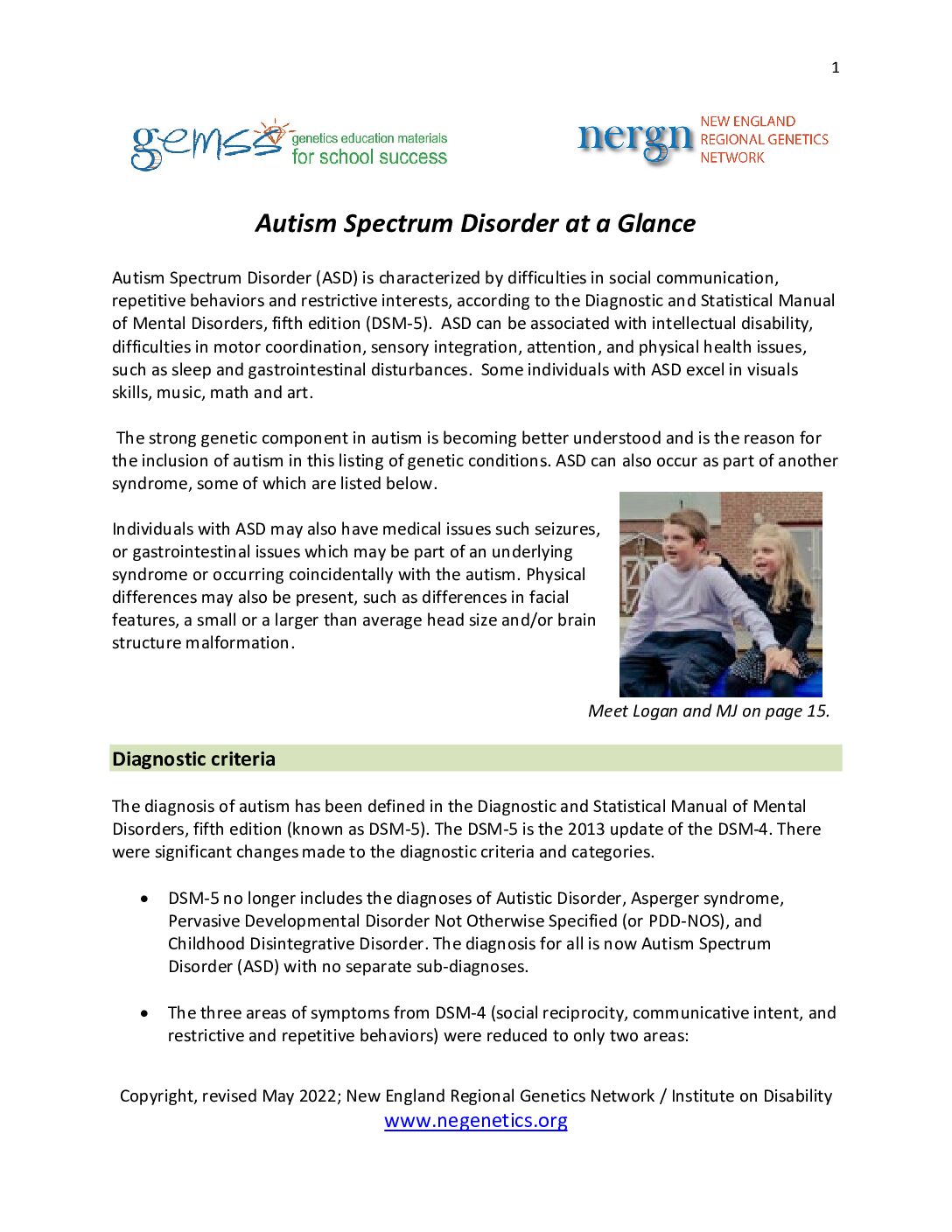
Autism Spectrum Disorder at a Glance
Genetic Education Materials for School Success (GEMSS) provides a family-friendly starting point to help family members learn more about genetic conditions and offers ideas to encourage inclusion and participation in the classroom. GEMSS shares condition-specific information and resources for multiple audiences, including families, professionals, healthcare providers, and schools. Contributors to GEMSS come from clinical, public health, advocacy, and academic settings. All content has been vetted by clinical and family experts.
Categories: Disability and Health Condition Specific Information
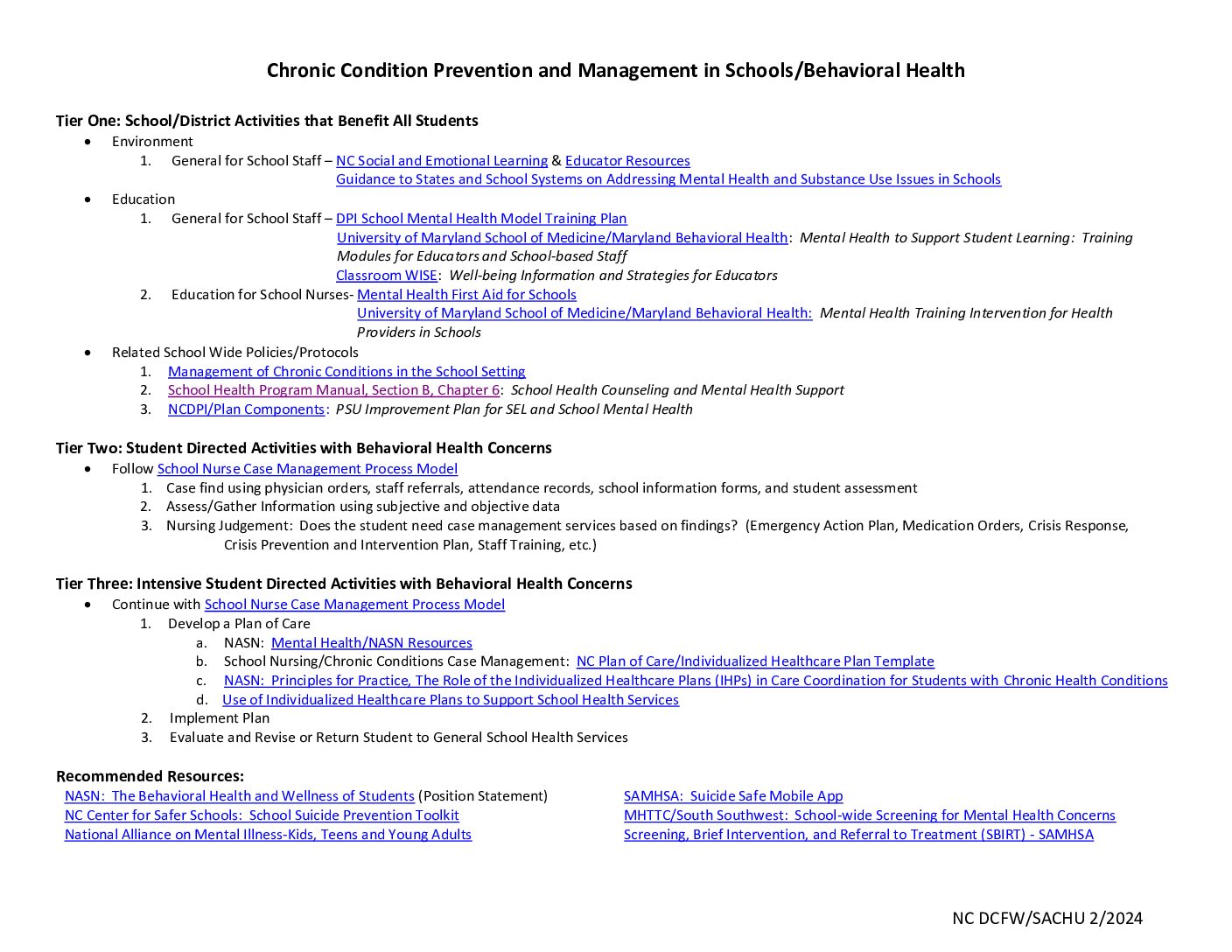
Behavioral Health Tiered Document - North Carolina Chronic Condition Prevention and Management in Schools
Categories: Disability and Health Condition Specific Information, Health Care in Schools
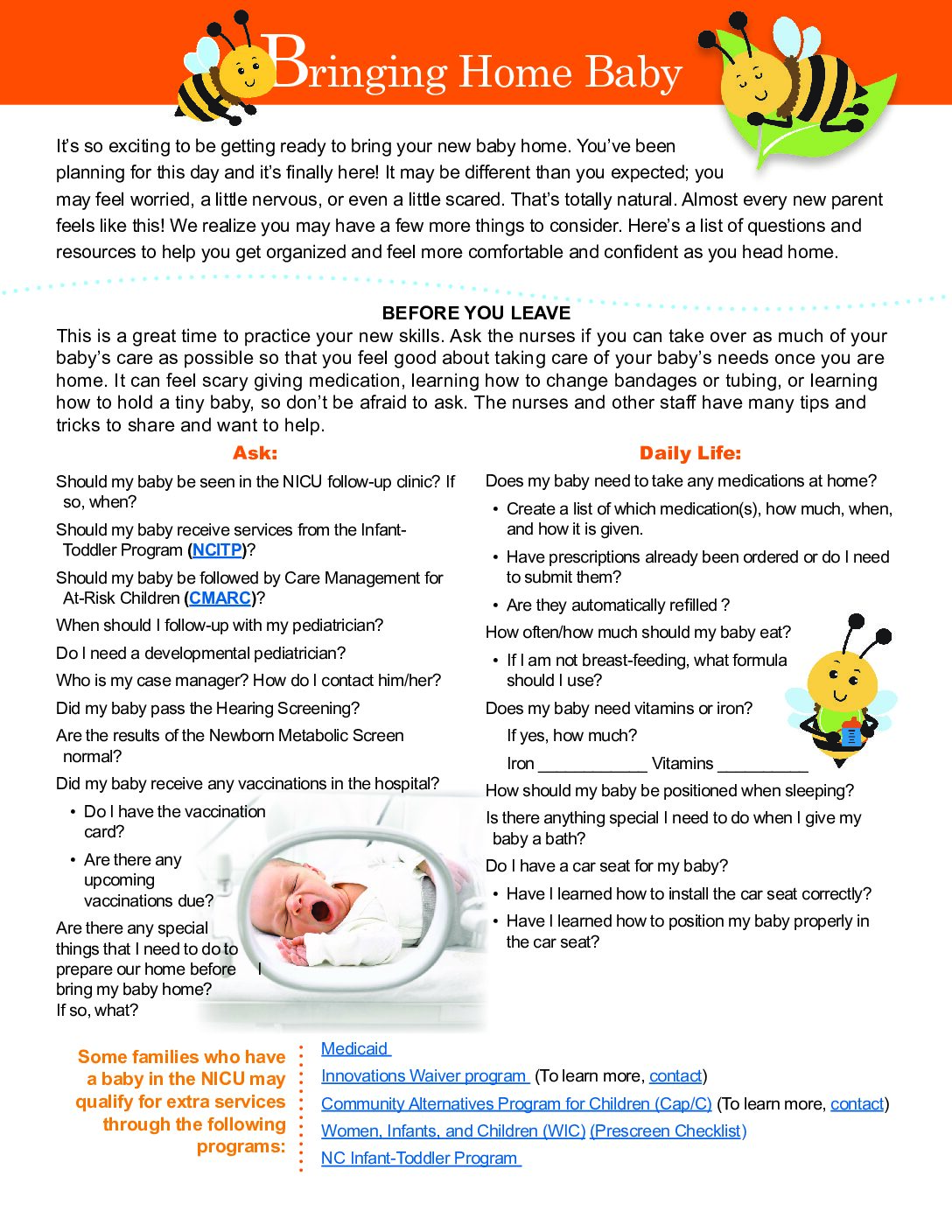
Bringing Home Baby
It’s so exciting to be getting ready to bring your new baby home. You’ve been planning for this day and it’s finally here! It may be different than you expected; you may feel worried, a little nervous, or even a little scared. That’s totally natural. Almost every new parent feels like this! We realize you may have a few more things to consider. Here’s a list of questions and resources to help you get organized and feel more comfortable and confident as you head home.
Categories: Early Childhood, Early Intervention
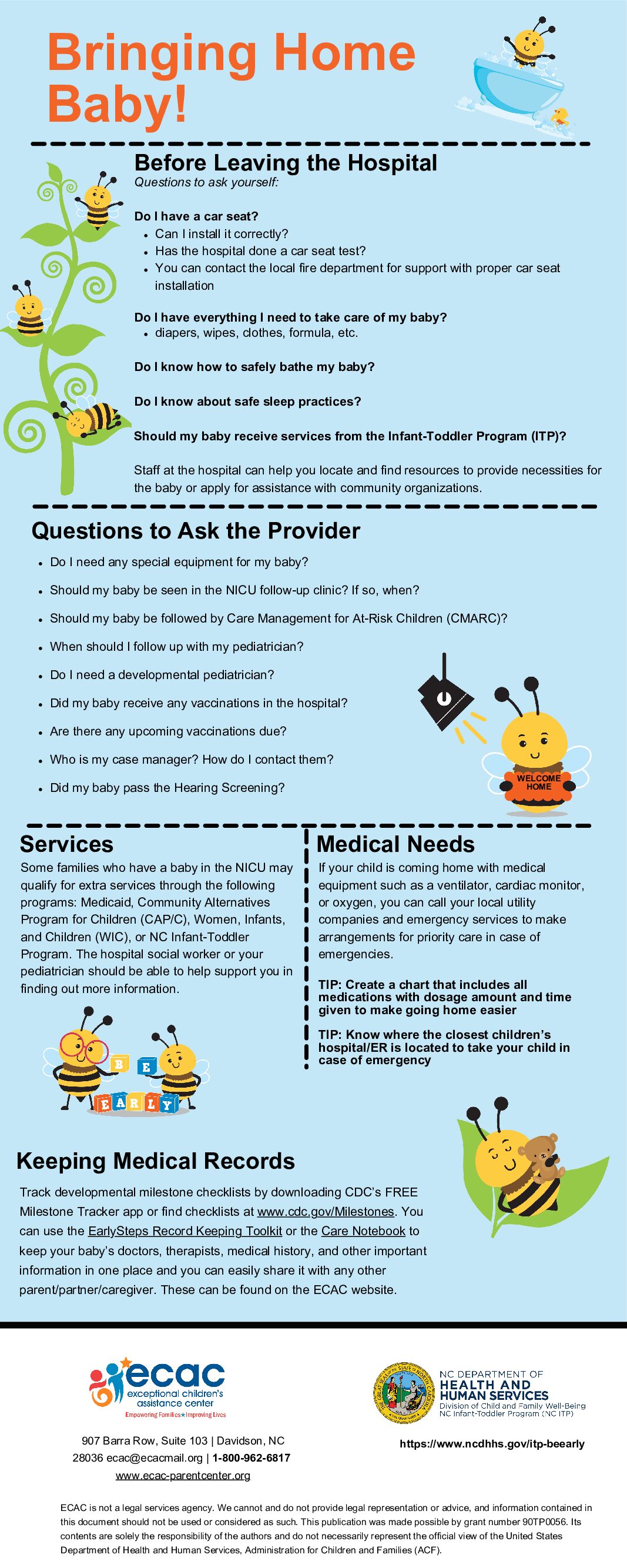
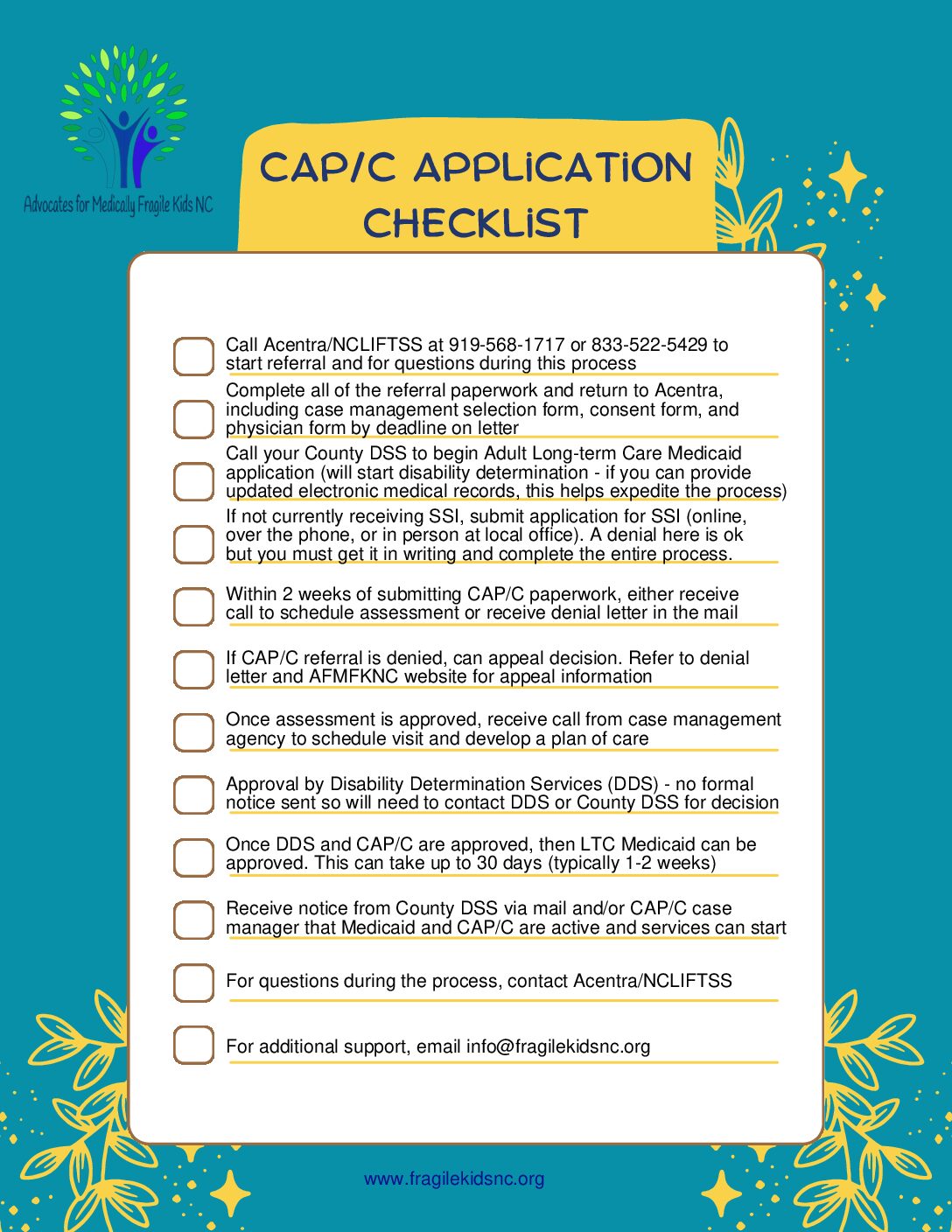
CAP/C Application Checklist
In order to apply for the CAP/C Waiver, view this checklist for step-by-step instructions from Advocates for Medically Fragile Kids NC
Categories: Medicaid and Medicaid Waivers
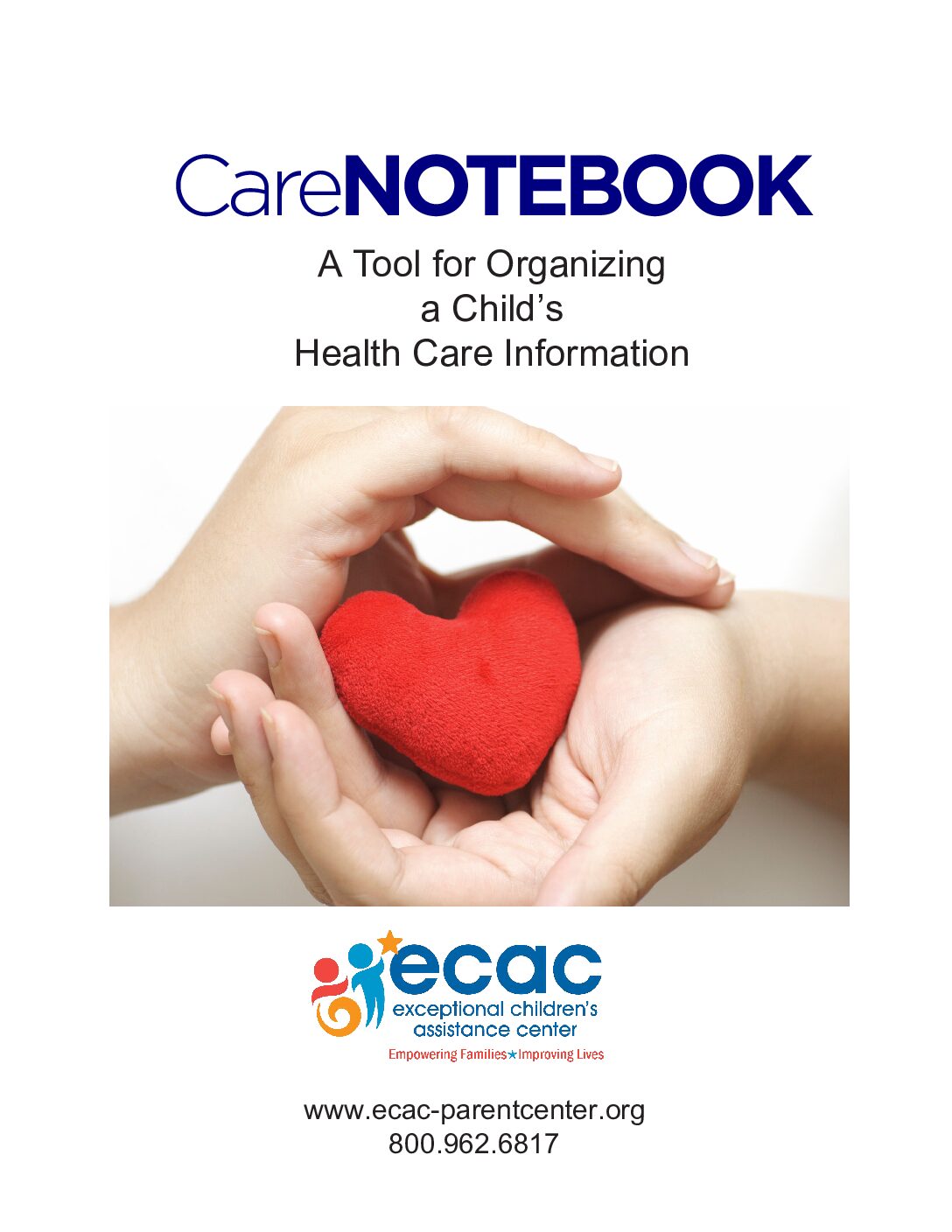
Care Notebook
A fillable tool for organizing a child's health care information.
Categories: Communication, Disability and Health Condition Specific Information, General
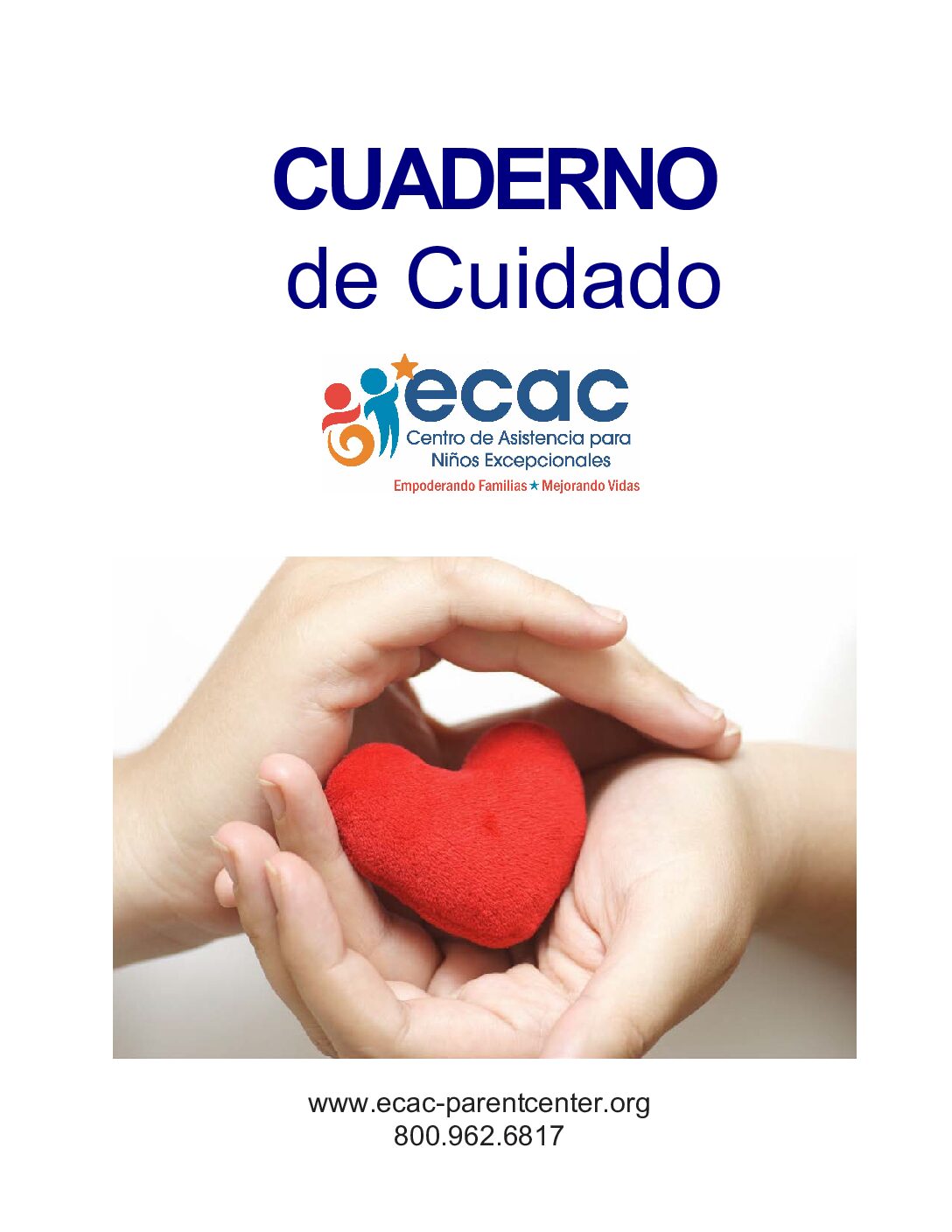
Care Notebook - Spanish
Una Herramienta para Organizar la Información de Salud de un Niño
Categories: Communication, Disability and Health Condition Specific Information, General, Spanish
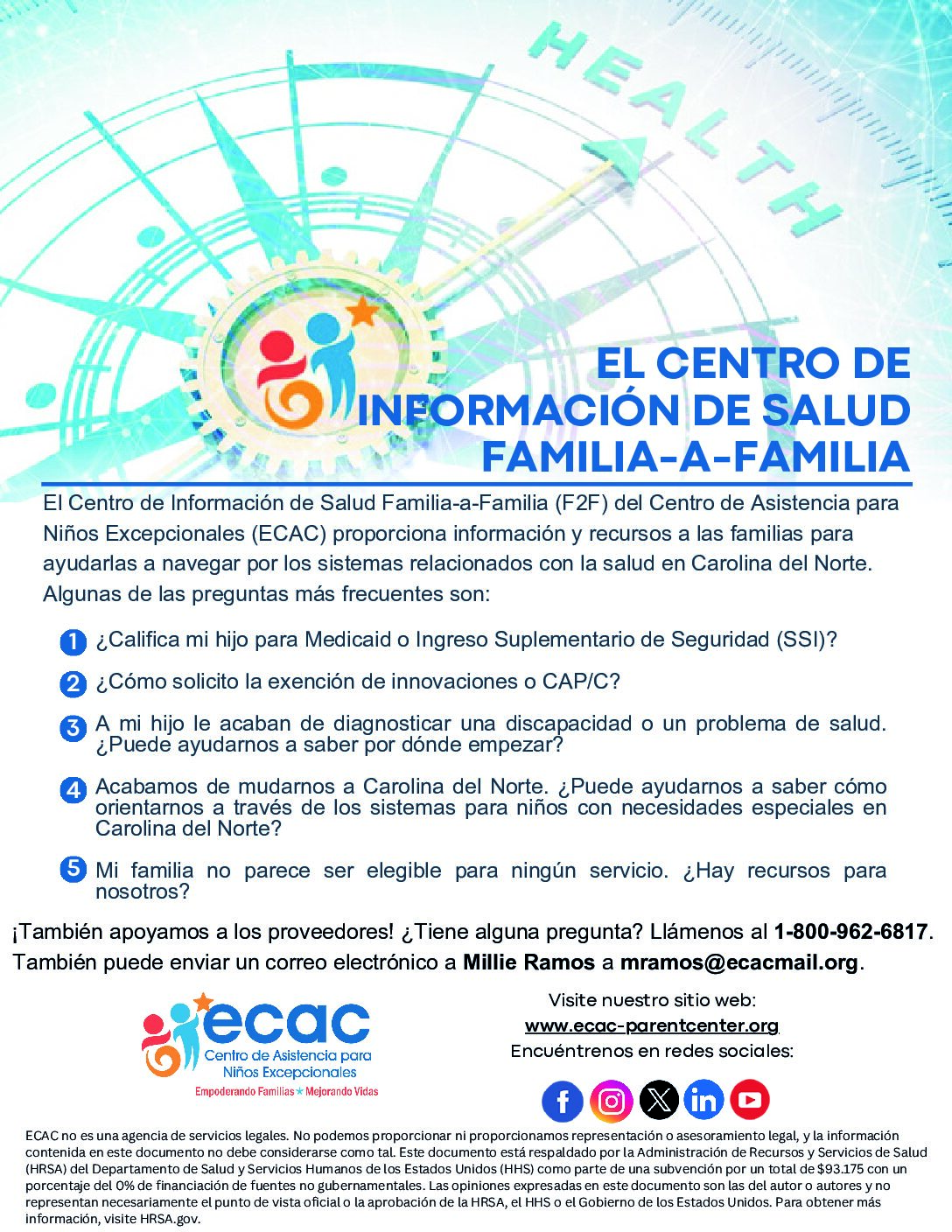
Centro de Información de Salud de Familia a Familia (F2F) de Carolina del Norte (North Carolina Family-to-Family (F2F) Health Information Center)
Además de ayudar a las familias a comprender el sistema de educación especial, también nos especializamos en ayudar a las familias a orientarse dentro del sistema de salud de Carolina del Norte.
Categories: Spanish
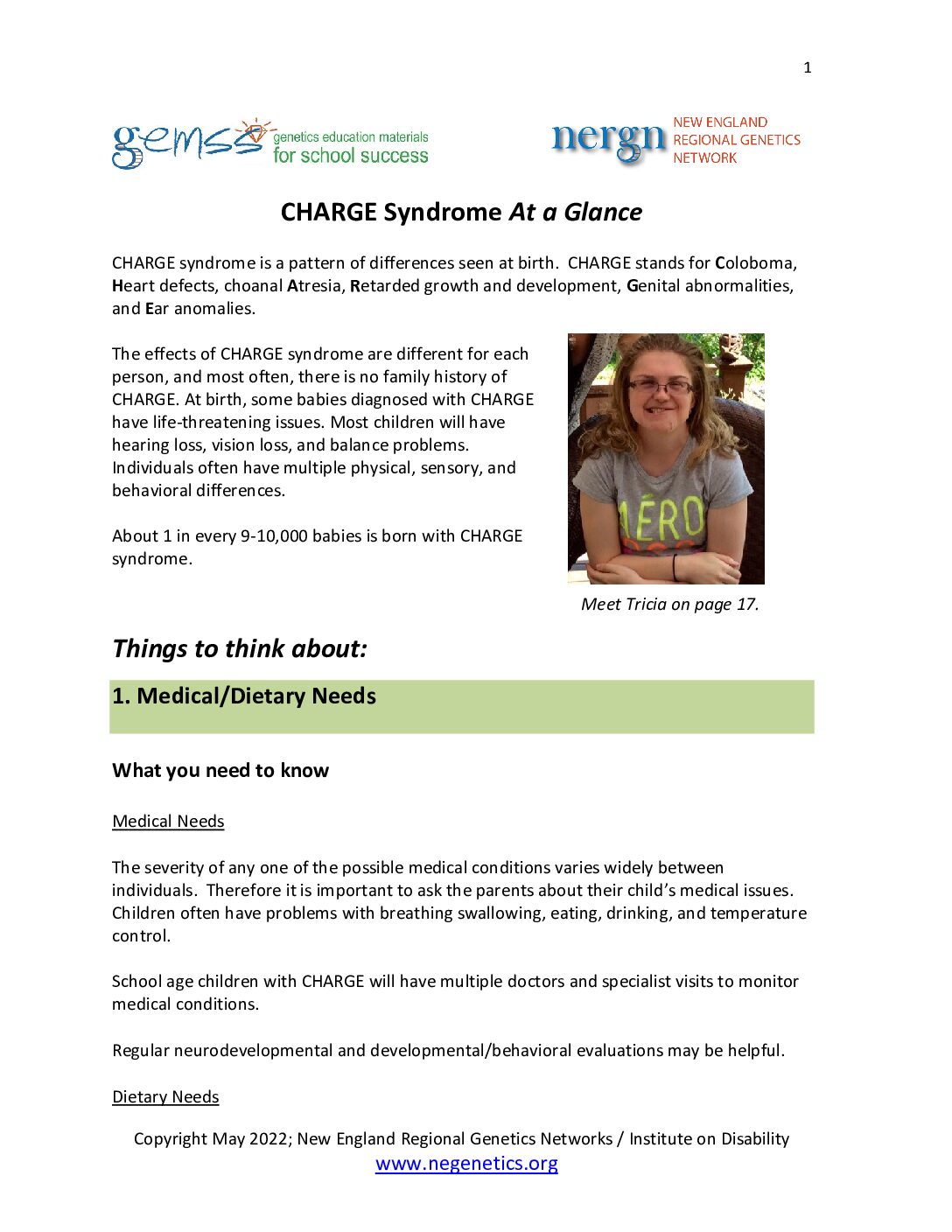
CHARGE Syndrome At a Glance
Genetic Education Materials for School Success (GEMSS) provides a family-friendly starting point to help family members learn more about genetic conditions and offers ideas to encourage inclusion and participation in the classroom. GEMSS shares condition-specific information and resources for multiple audiences, including families, professionals, healthcare providers, and schools. Contributors to GEMSS come from clinical, public health, advocacy, and academic settings. All content has been vetted by clinical and family experts.
Categories: Disability and Health Condition Specific Information
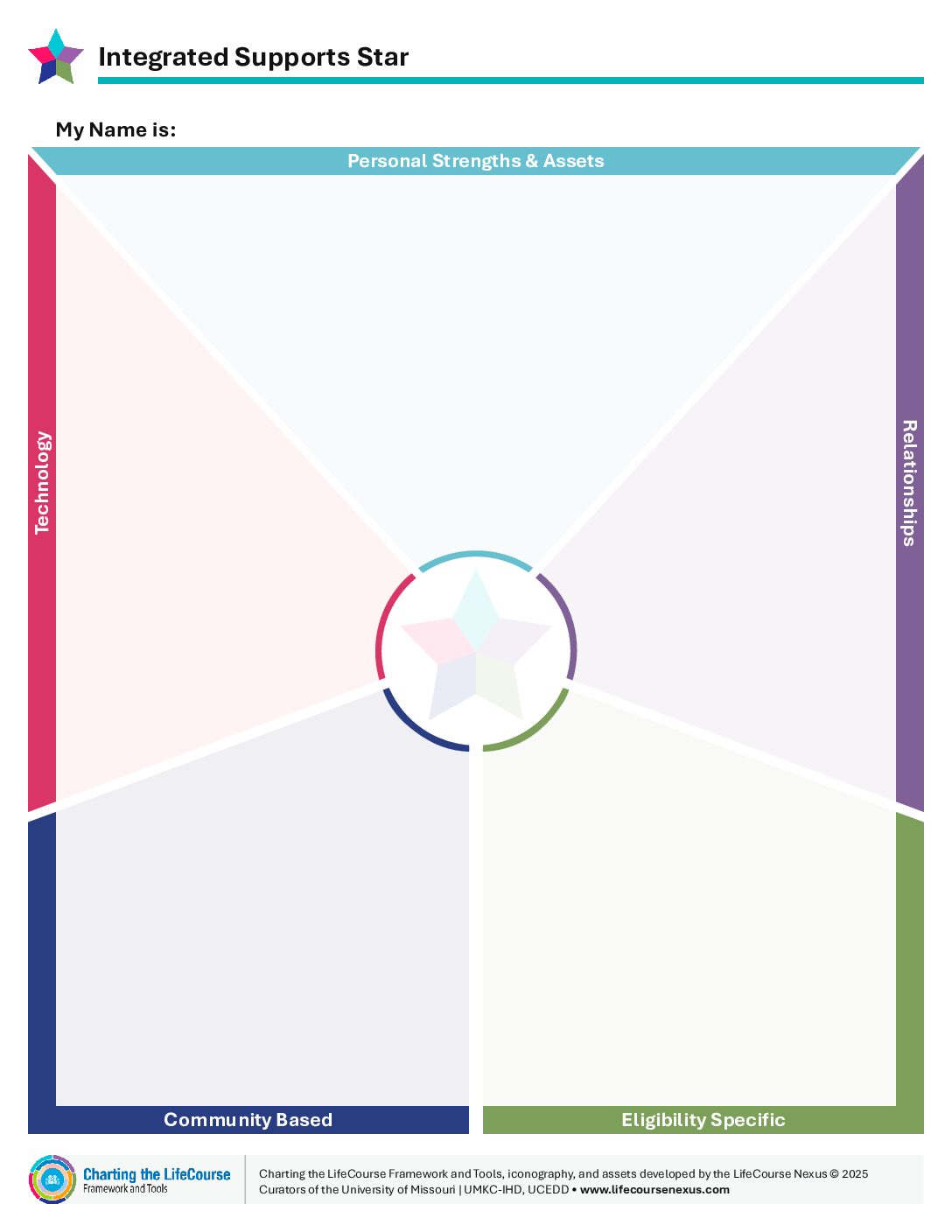
Charting the LifeCourse: Integrated Supports Star
This document is part of the Charting the LifeCourse set of tools. Visit https://www.lifecoursetools.com/ for examples on how to use this tool, and explore other tools.
Categories: Transition to Adulthood, Transitions
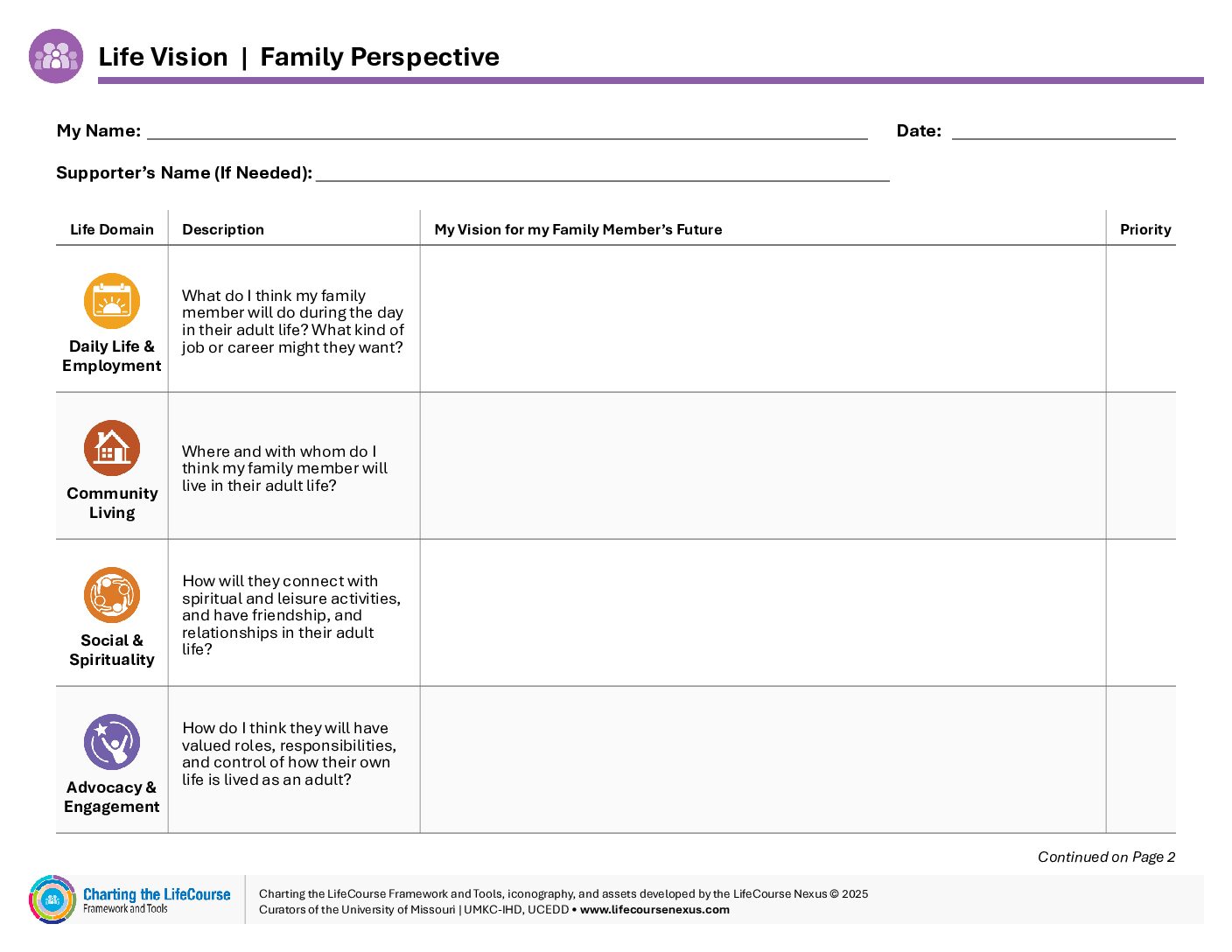
Charting the LifeCourse: Life Domain Vision Tool - Family Perspective
This document is part of the Charting the Life Course set of tools. Visit https://www.lifecoursetools.com/ for examples on how to use this tool, and explore other tools.
Categories: Transition to Adulthood, Transitions
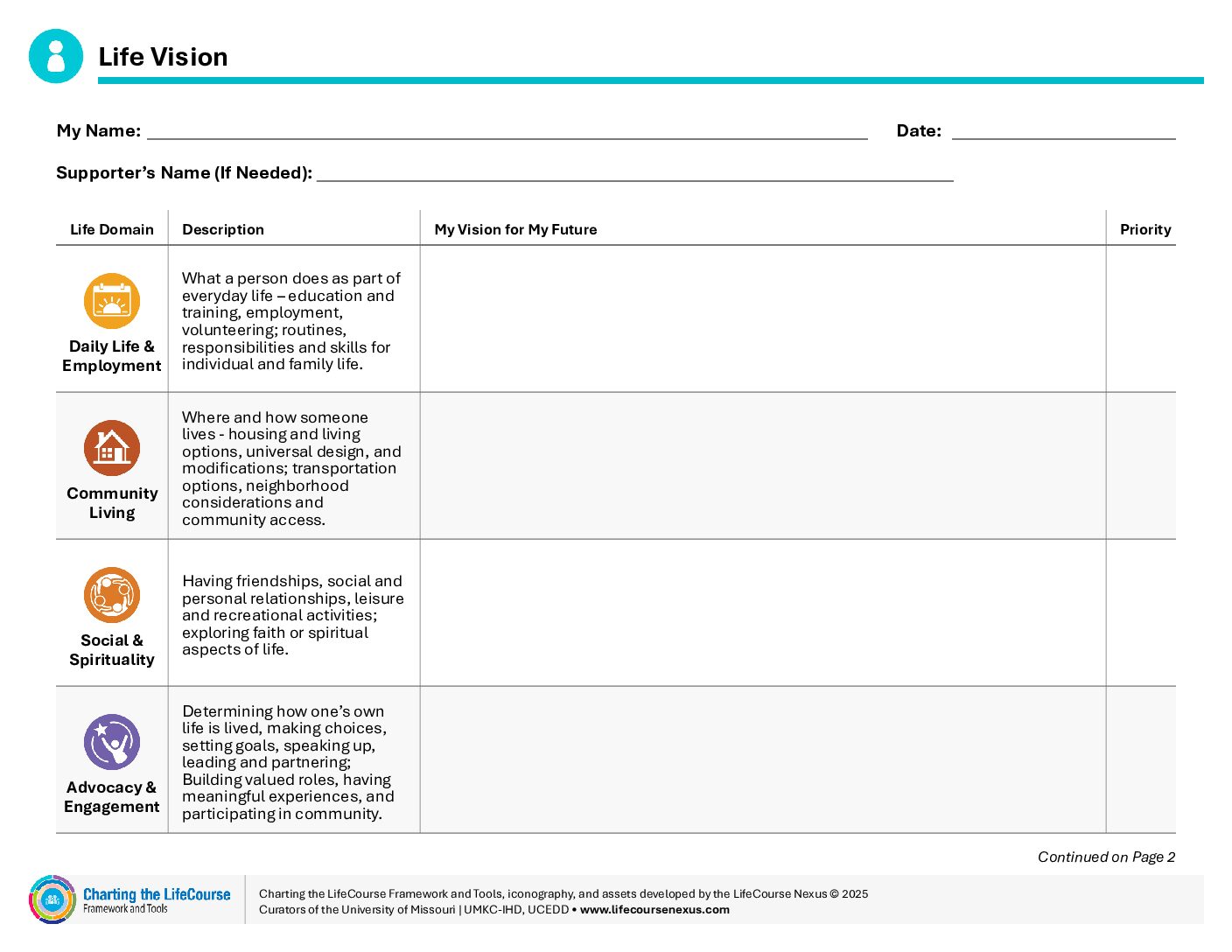
Charting the LifeCourse: Person Centered - Life Vision
This document is part of the Charting the LifeCourse set of tools. Visit https://www.lifecoursetools.com/ for examples on how to use this tool, and explore other tools.
Categories: Transition to Adulthood, Transitions
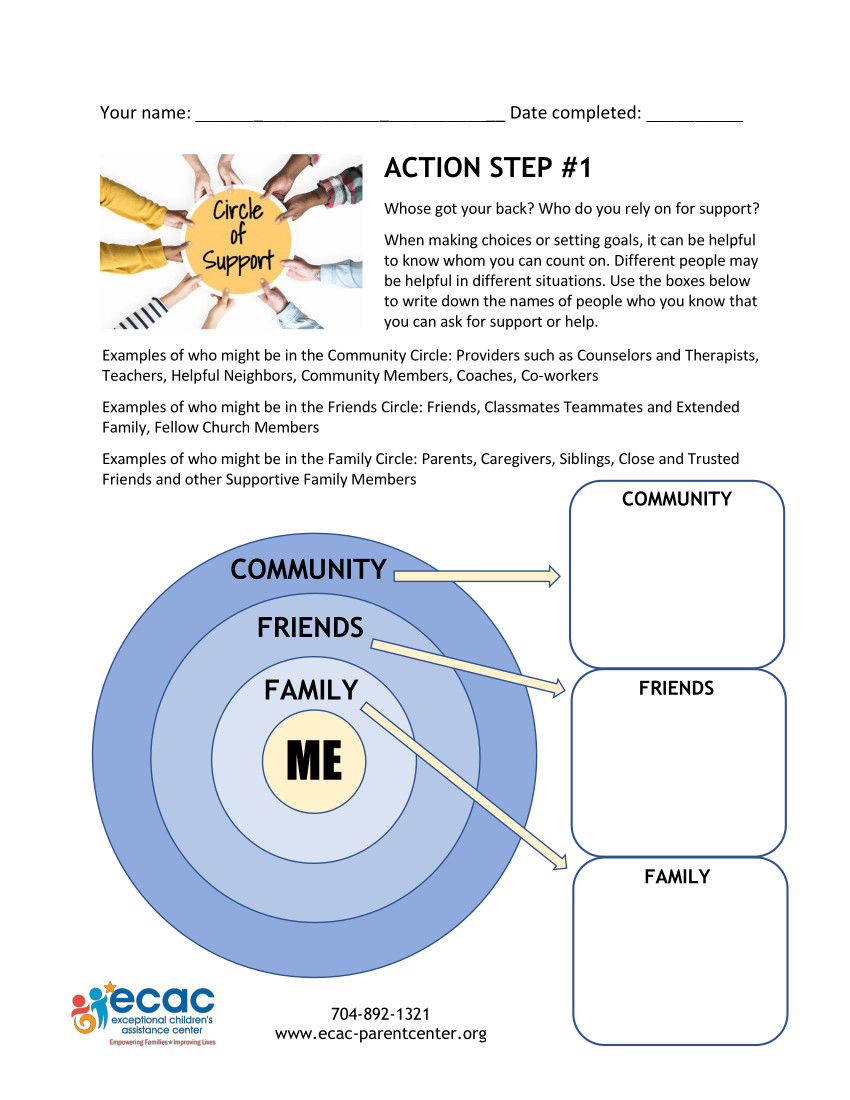
Circle of Support - Action Step 1
When making choices or setting goals, it can be helpful to know whom you can count on. Different people maybe helpful in different situations. Use this worksheet to write down the names of people who you know that you can ask for support or help.
Categories: Advocacy, Transition to Adulthood, Transition-age Youth
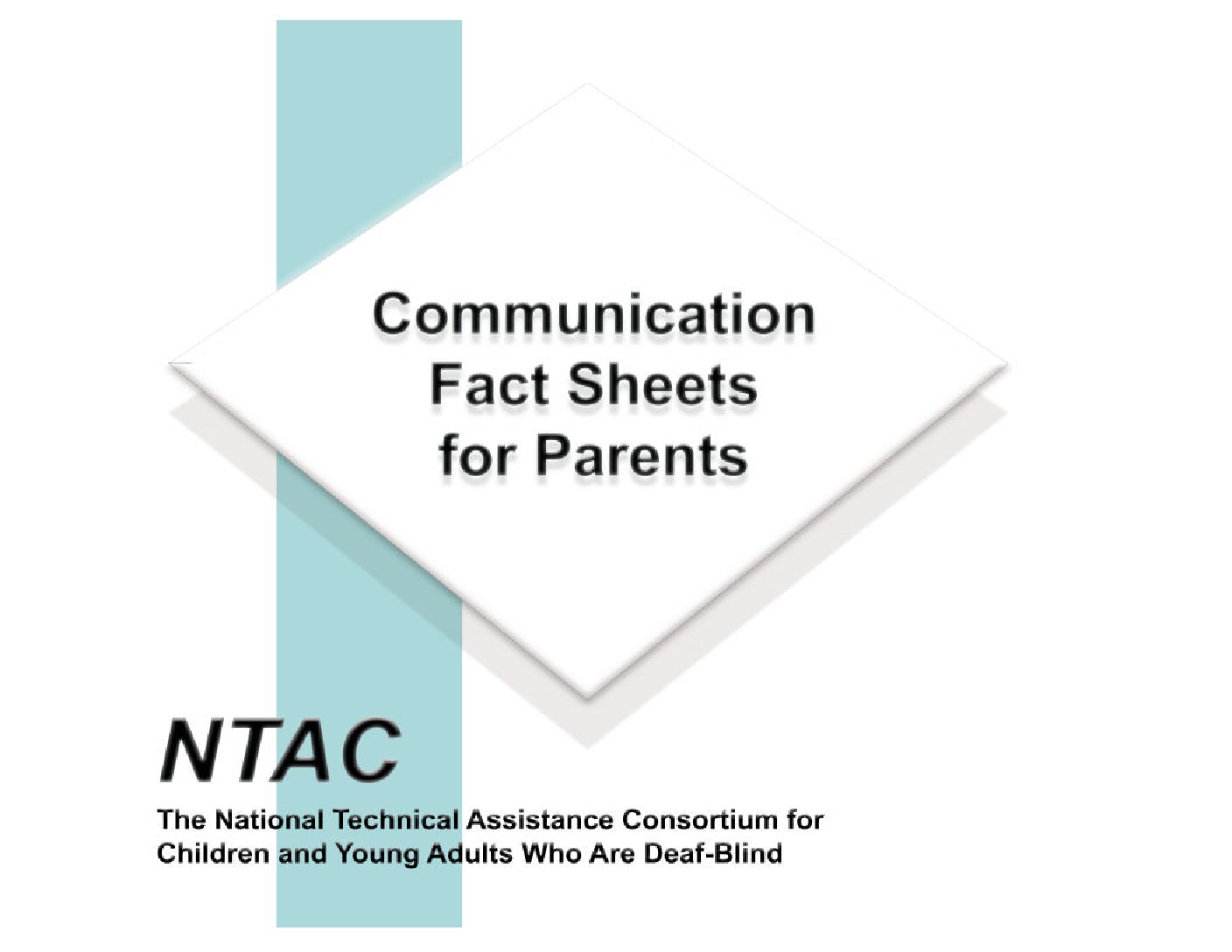
Communication Fact Sheets for Parents
The purpose of these fact sheets is to provide information to parents and service providers so that they can better understand the communication and language modes and systems that may be appropriate for many children and youth who are deafblind
Categories: Communication, NC Deaf-Blind Project
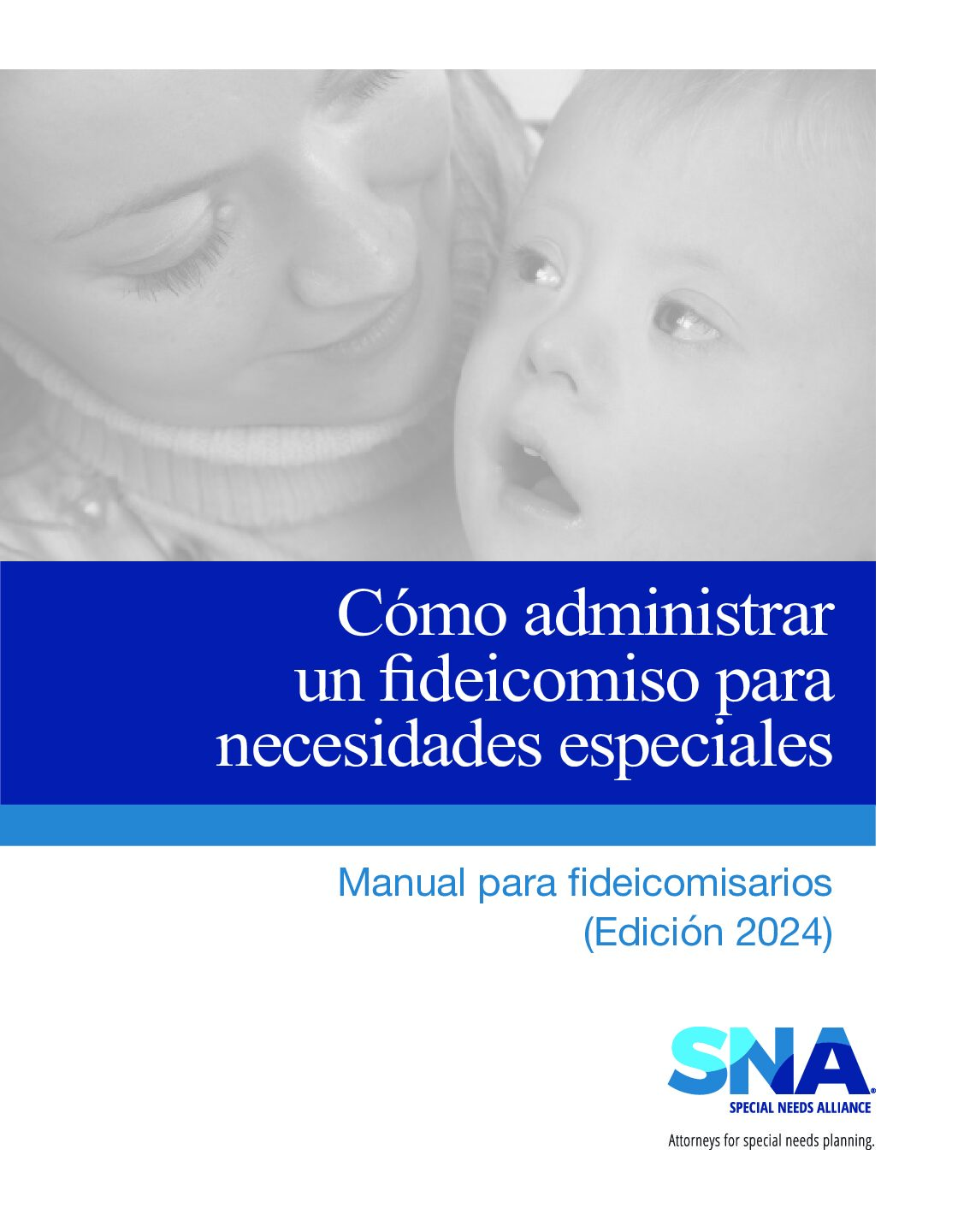
Cómo administrarun fideicomiso paranecesidades especiales: Manual para fideicomisarios (Administering a Special Needs Trust: A Handbook for Trustees)
¿Ha sido nombrado como fideicomisario de un fideicomiso para necesidades especiales? ¿Ha creado un fideicomiso para necesidades especiales y se pregunta en qué consiste realmente el trabajo de fideicomisario? ¿Es usted un beneficiario del fideicomiso y está tratando de entender qué está permitido y qué está obligado a hacer el fideicomisario? La Special Needs Alliance se complace en ofrecer su folleto gratuito sobre la administración de fideicomisos para necesidades especiales.
Categories: Spanish, Special Education
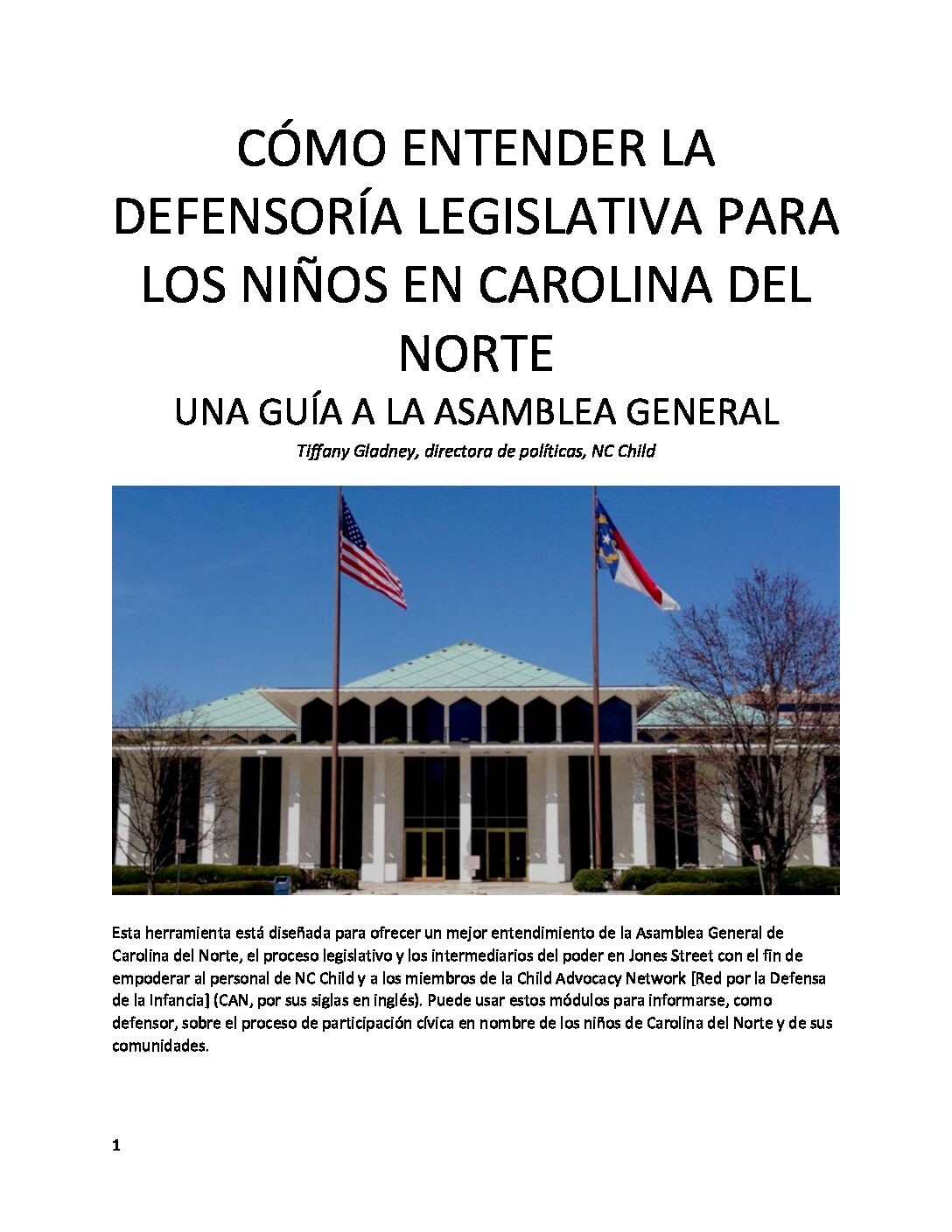
CÓMO ENTENDER LA DEFENSORÍA LEGISLATIVA PARA LOS NIÑOS EN CAROLINA DEL NORTE UNA GUÍA A LA ASAMBLEA GENERAL (Understanding Legislative Advocacy for Children in North Carolina: A Guide to the General Assembly)
Categories: Family Engagement, Spanish
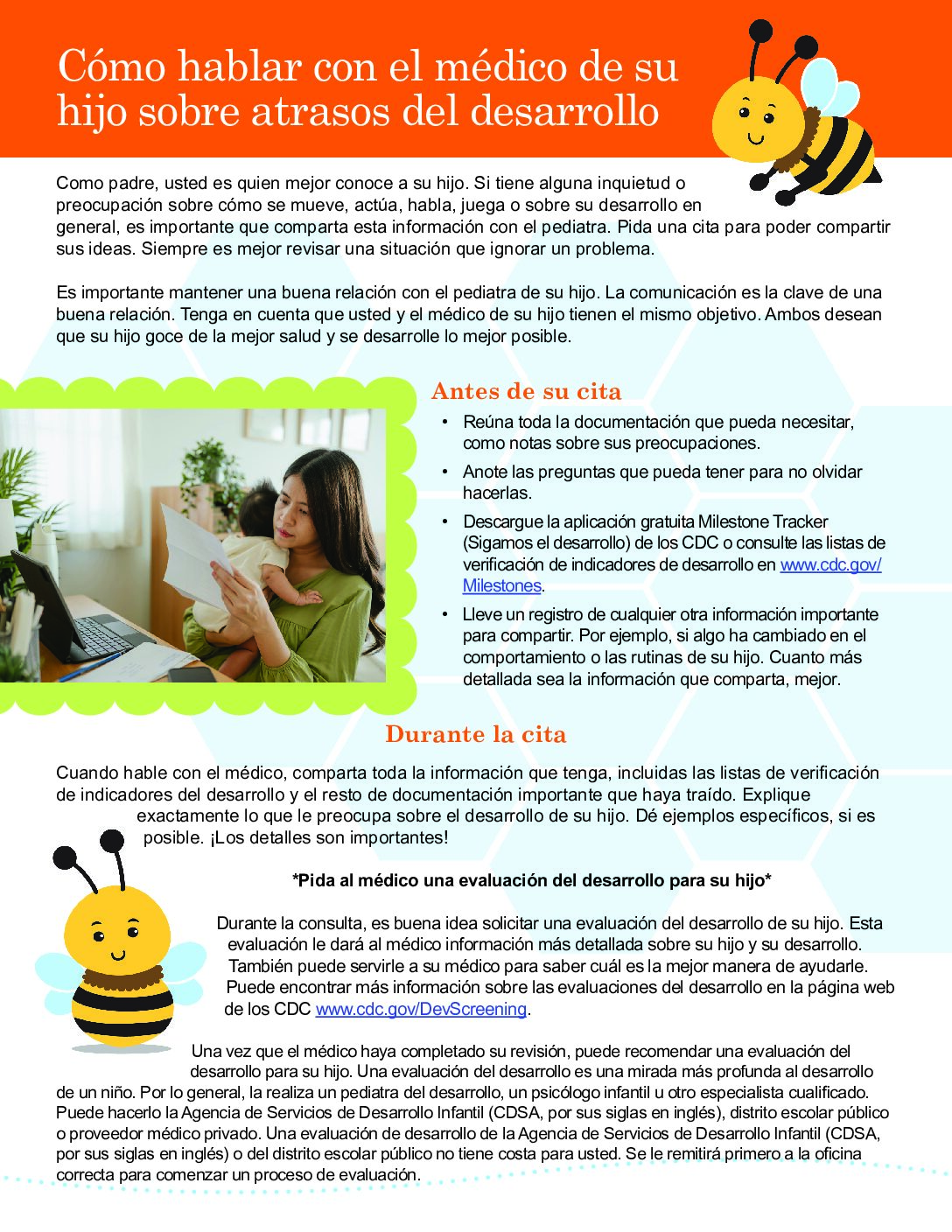
Cómo hablar con el médico de su hijo sobre atrasos del desarrollo (Talking with Your Child’s Doctor about Developmental Concerns)
Como padre, usted es quien mejor conoce a su hijo. Si tiene alguna inquietud o preocupación sobre cómo se mueve, actúa, habla, juega o sobre su desarrollo en general, es importante que comparta esta información con el pediatra.
Categories: Early Childhood, Early Intervention, Spanish
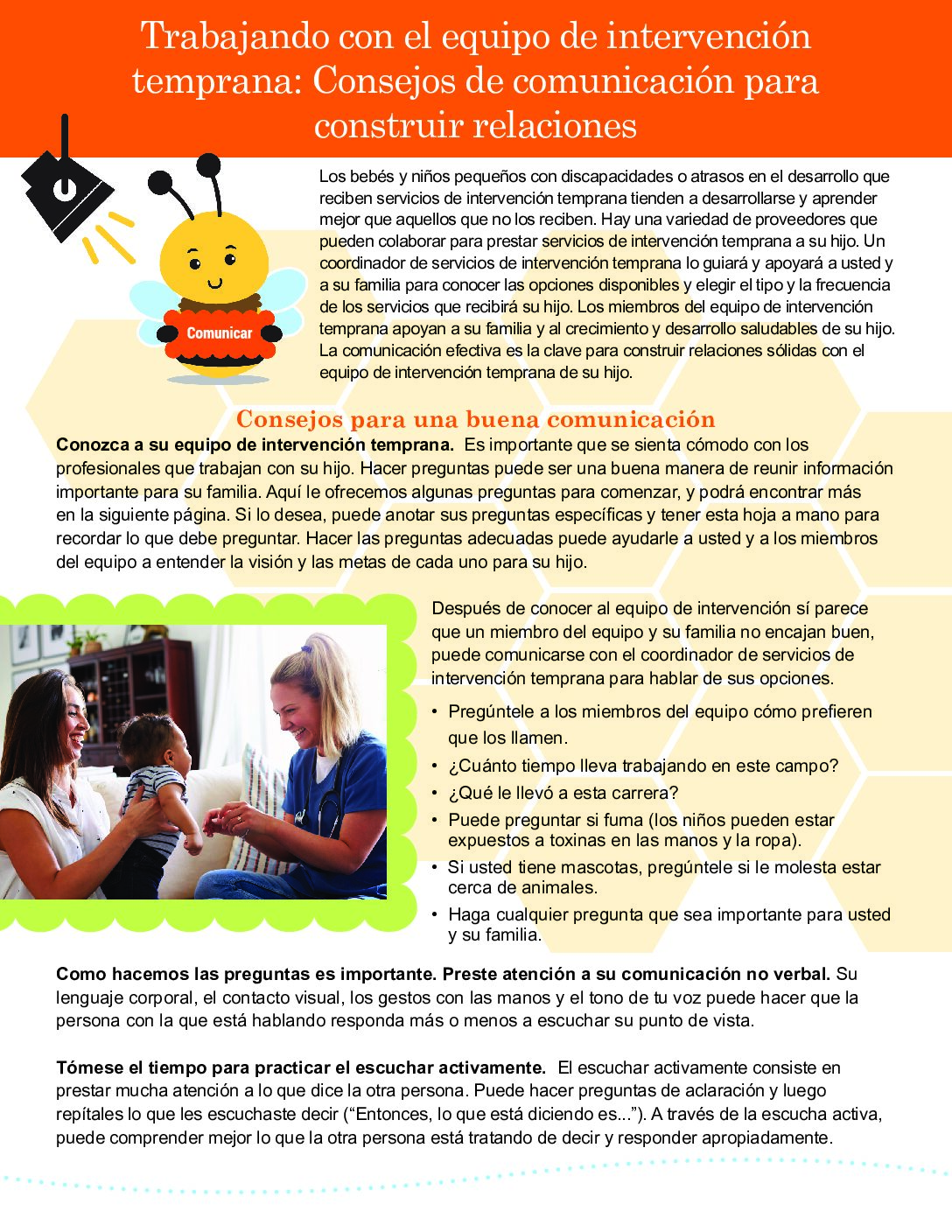
Cómo trabajar con proveedores de intervencióntemprana: Consejos de comunicación para construir relaciones (How to Work with Early Intervention Providers: Communication Tips for Building Relationships)
Los bebés y niños pequeños con discapacidades o atrasos en el desarrollo que reciben servicios de intervención temprana tienden a desarrollarse y aprender mejor que aquellos que no los reciben.
Categories: Early Childhood, Early Intervention, Spanish
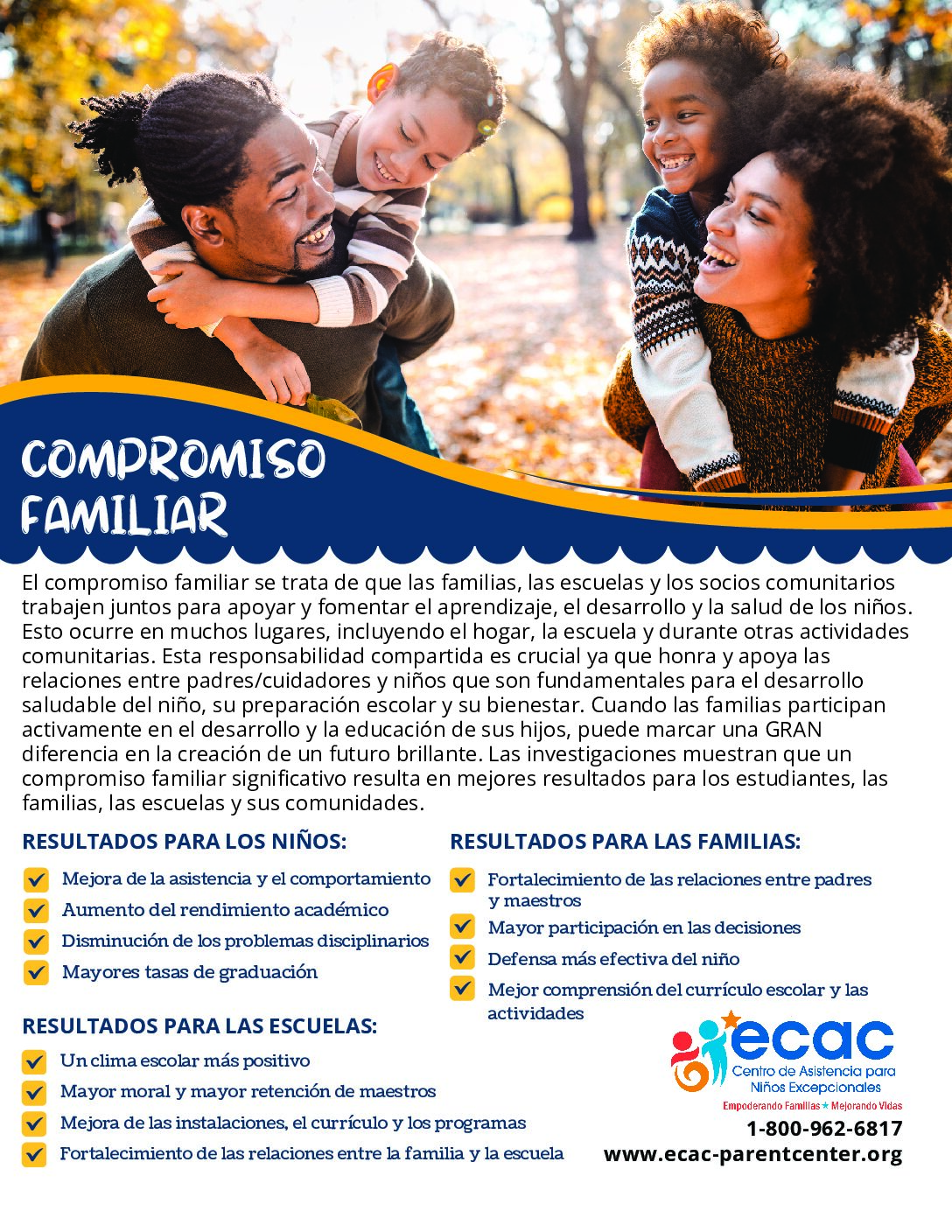
Compromiso Familiar (Family Engagement)
El compromiso familiar se trata de que las familias, las escuelas y los socios comunitarios trabajen juntos para apoyar y fomentar el aprendizaje, el desarrollo y la salud de los niños. Esto ocurre en muchos lugares, incluyendo el hogar, la escuela y durante otras actividades comunitarias.
Categories: Spanish
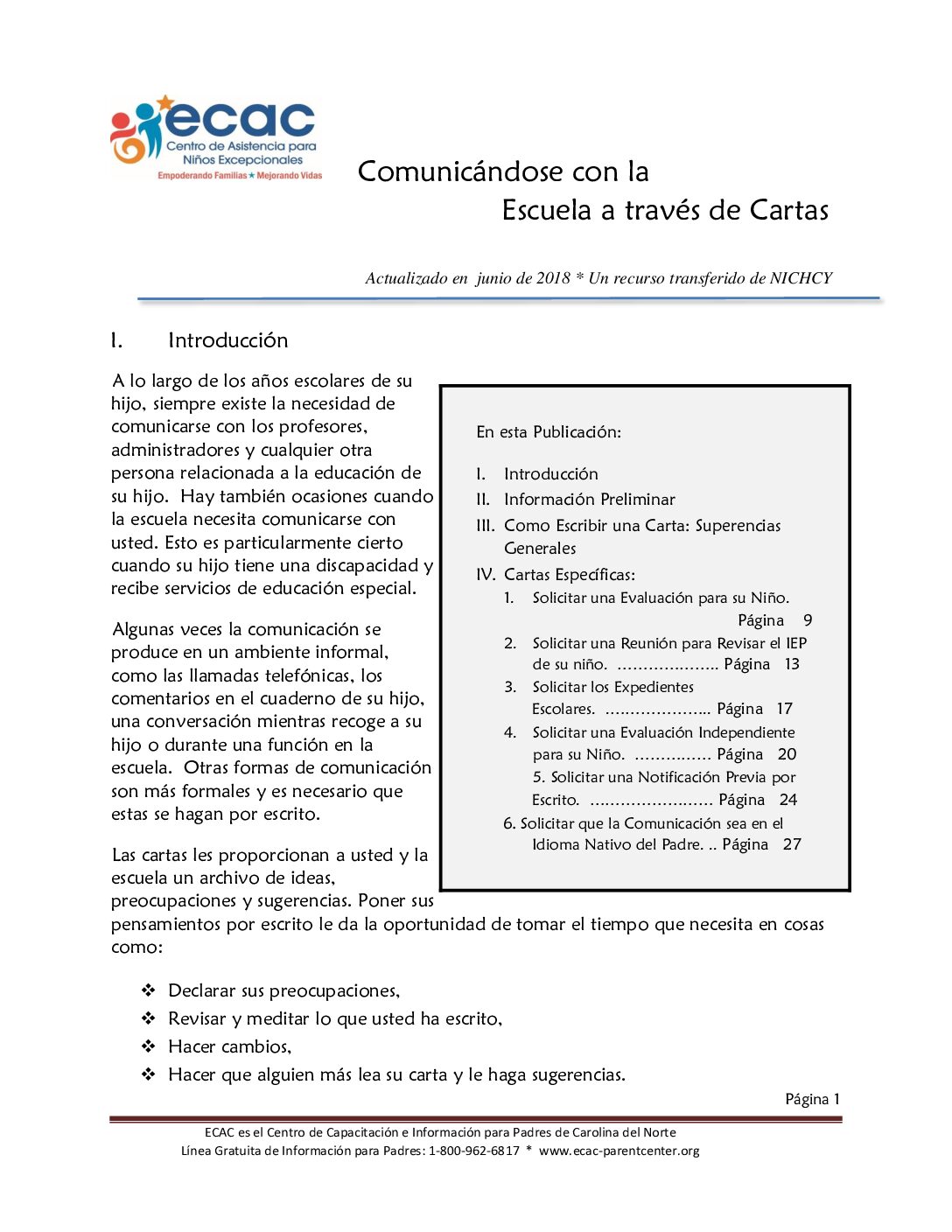
Comunicándose con la Escuela a través de Cartas (Communicating with the School Through Letters)
Categories: Communication, Spanish, Special Education
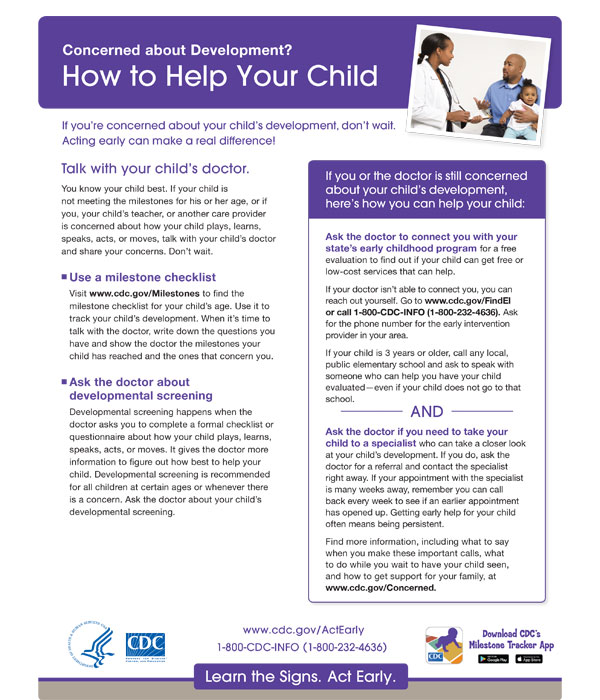
Concerned about Development? How to Help Your Child
You know your child best. If your child is not meeting the milestones for his or her age, or if you, your child’s teacher, or another care provider is concerned about how your child plays...
Categories: Early Childhood, Early Intervention
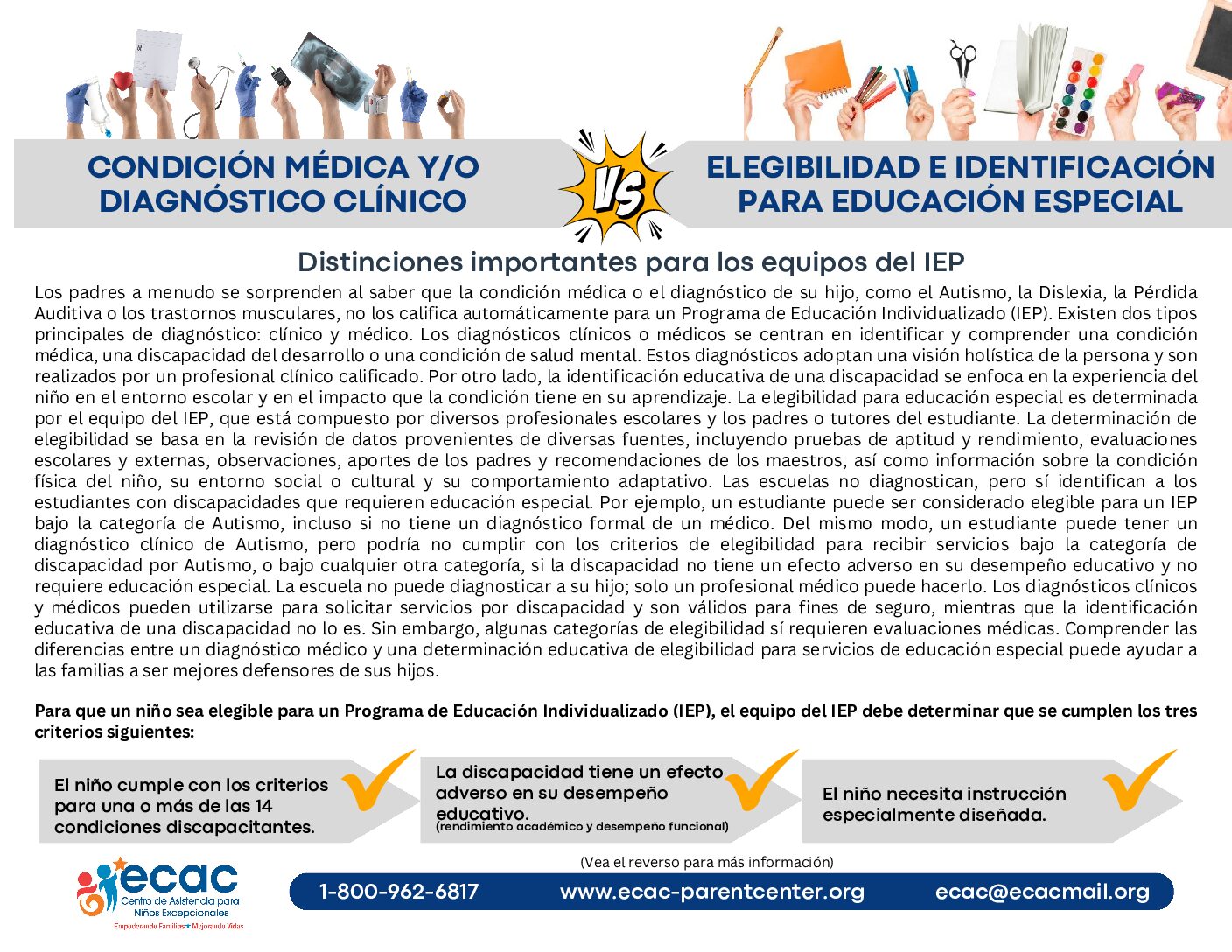
Condición Médica y/o Diagnóstico Clínico vs. Elegibilidad e Identificación para Educación Especial (Medical Condition/Clinical Diagnosis vs. Special Education Eligibility & Identification)
Los padres a menudo se sorprenden al saber que la condición médica o el diagnóstico de su hijo, como el Autismo, la Dislexia, la Pérdida Auditiva o los trastornos musculares, no los califica automáticamente para un Programa de Educación Individualizado (IEP). Existen dos tipos principales de diagnóstico: clínico y médico.
Categories: Spanish, Special Education
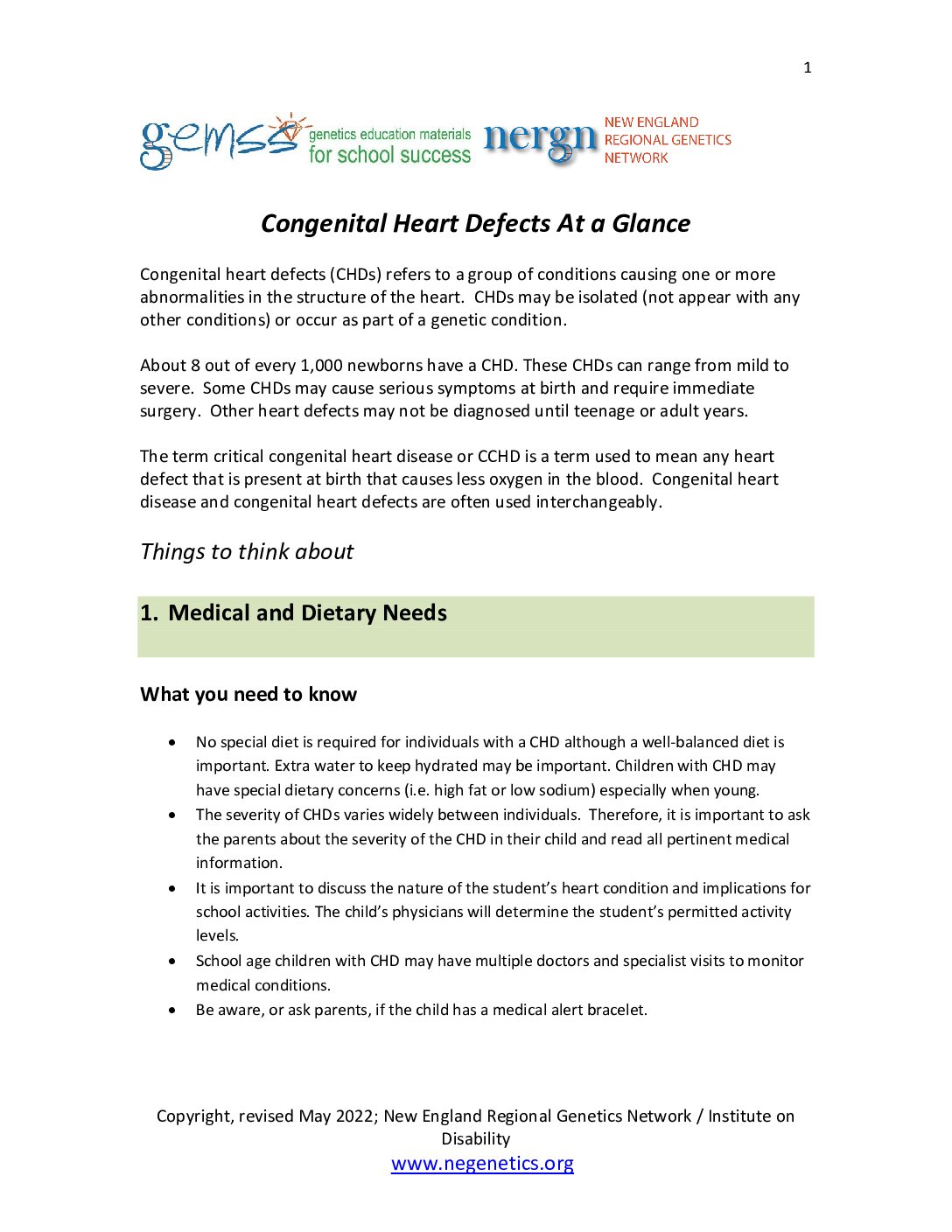
Congenital Heart Defects At a Glance
Genetic Education Materials for School Success (GEMSS) provides a family-friendly starting point to help family members learn more about genetic conditions and offers ideas to encourage inclusion and participation in the classroom. GEMSS shares condition-specific information and resources for multiple audiences, including families, professionals, healthcare providers, and schools. Contributors to GEMSS come from clinical, public health, advocacy, and academic settings. All content has been vetted by clinical and family experts.
Categories: Disability and Health Condition Specific Information
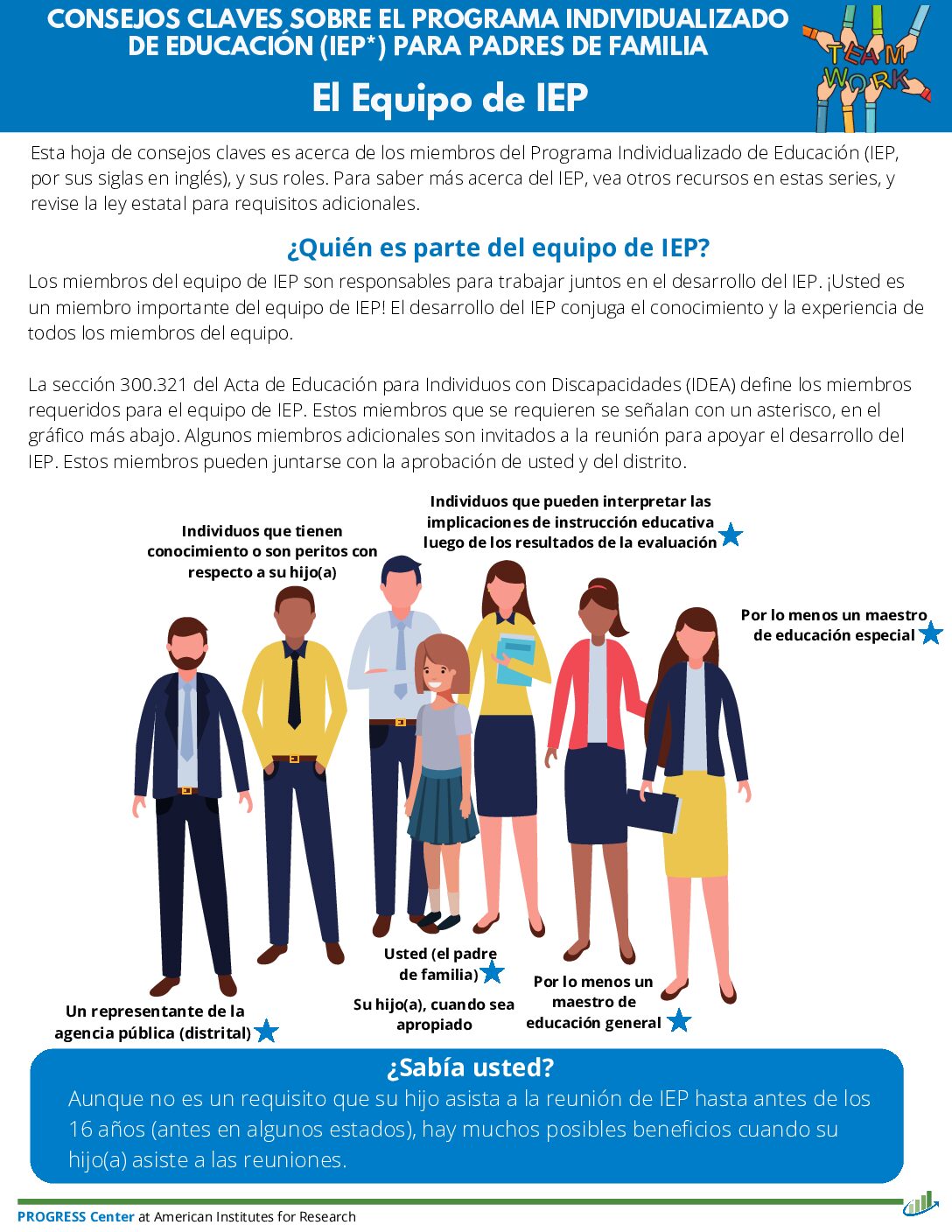
Consejos Claves Sobre El Programa IEP Para Padres de Familia: El Equipo de IEP (Key Tips About the IEP Program for Parents: The IEP Team)
Categories: Spanish
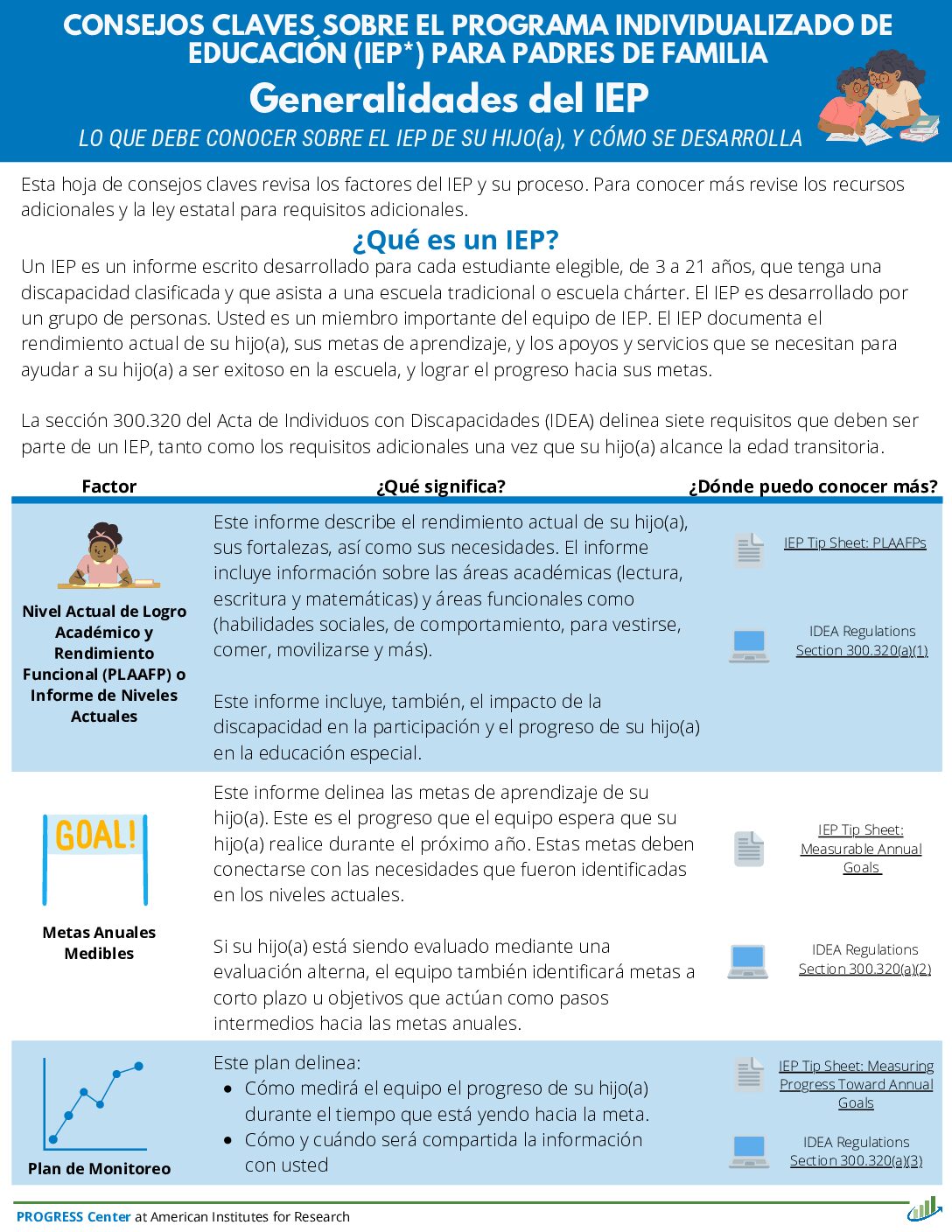
Consejos Claves Sobre El Programa IEP Para Padres de Familia: Generalidades del IEP (Key Tips About the IEP Program for Parents: IEP Basics)
Categories: Spanish
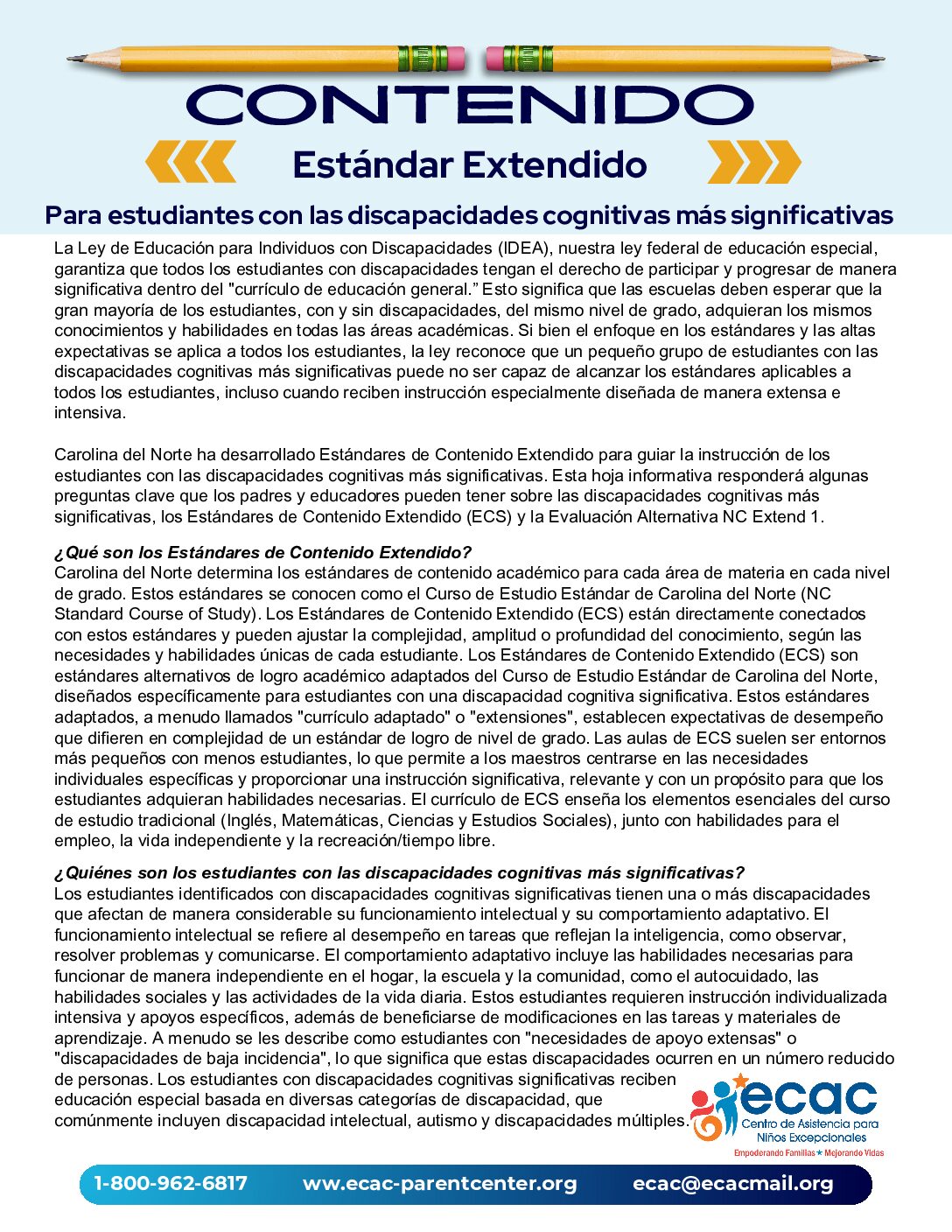
Contenido Estándar Extendido (Extended Content Standards)
Carolina del Norte ha desarrollado Estándares de Contenido Extendido para guiar la instrucción de los estudiantes con las discapacidades cognitivas más significativas. Esta hoja informativa responderá algunas preguntas clave que los padres y educadores pueden tener sobre las discapacidades cognitivas más significativas, los Estándares de Contenido Extendido (ECS) y la Evaluación Alternativa NC Extend 1.
Categories: Spanish, Special Education
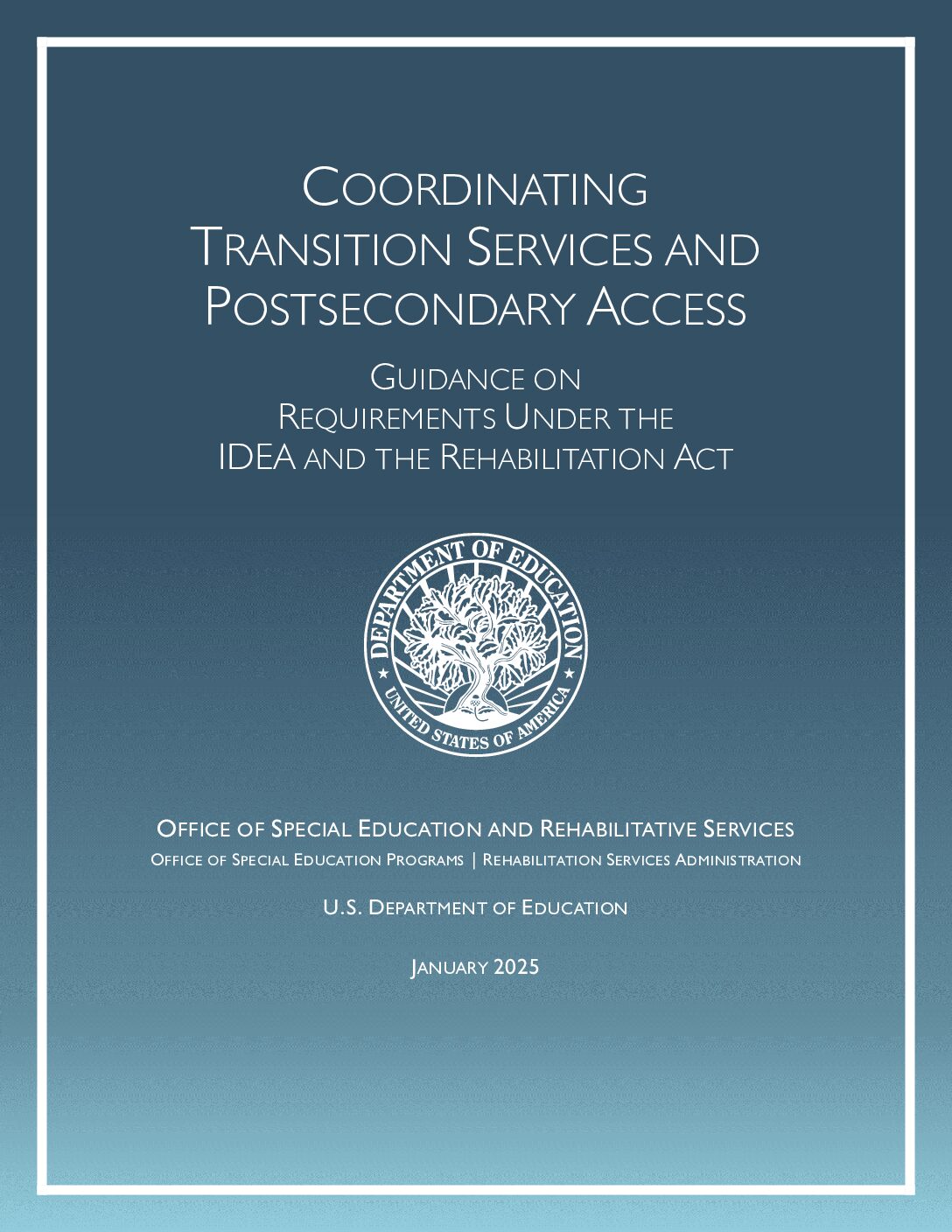
Coordinating Transition Services and Postsecondary Access
Guidance on requirements under the IDEA and the Rehabilitation Act - U.S. Department of Education, Office of Special Education and Rehabilitative Services
Categories: Special Education, Transition to Adulthood
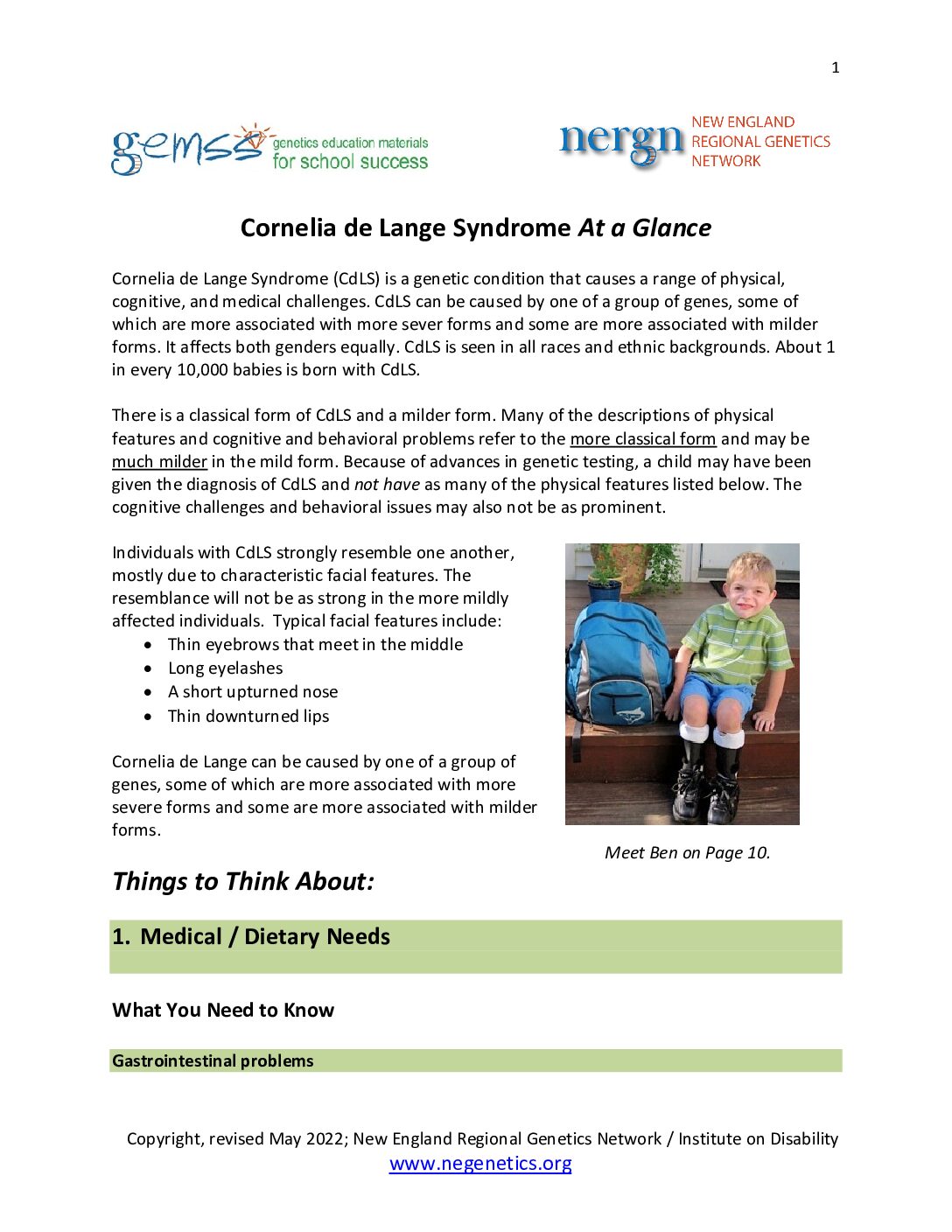
Cornelia de Lange Syndrome At a Glance
Genetic Education Materials for School Success (GEMSS) provides a family-friendly starting point to help family members learn more about genetic conditions and offers ideas to encourage inclusion and participation in the classroom. GEMSS shares condition-specific information and resources for multiple audiences, including families, professionals, healthcare providers, and schools. Contributors to GEMSS come from clinical, public health, advocacy, and academic settings. All content has been vetted by clinical and family experts.
Categories: Disability and Health Condition Specific Information
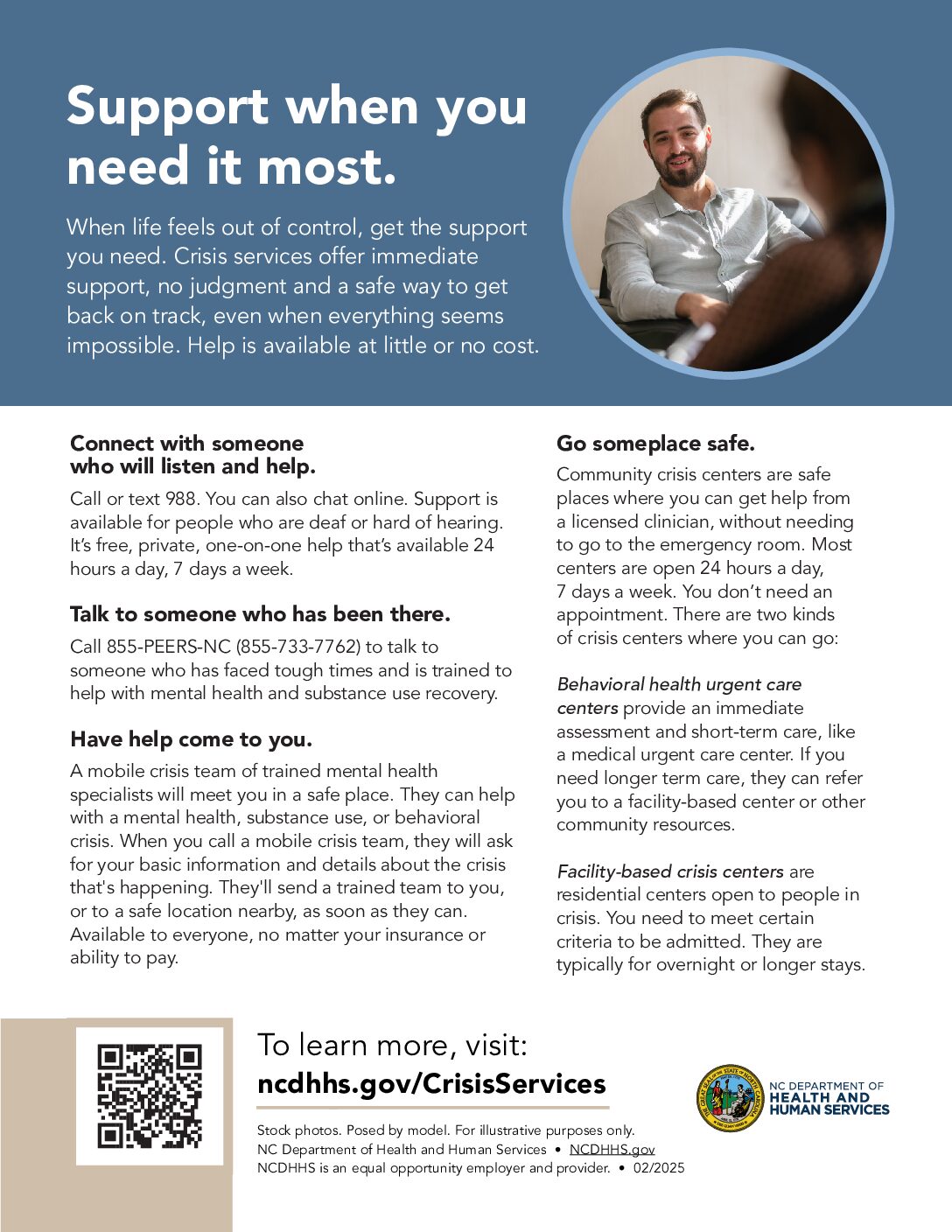
Crisis Services Toolkit
The North Carolina Department of Health and Human Services has launched a new toolkit to continue to increase visibility for crisis care available to North Carolinians at no or low cost. This flyer provides guidance on all ways to access crisis services.
Categories: Mental Health
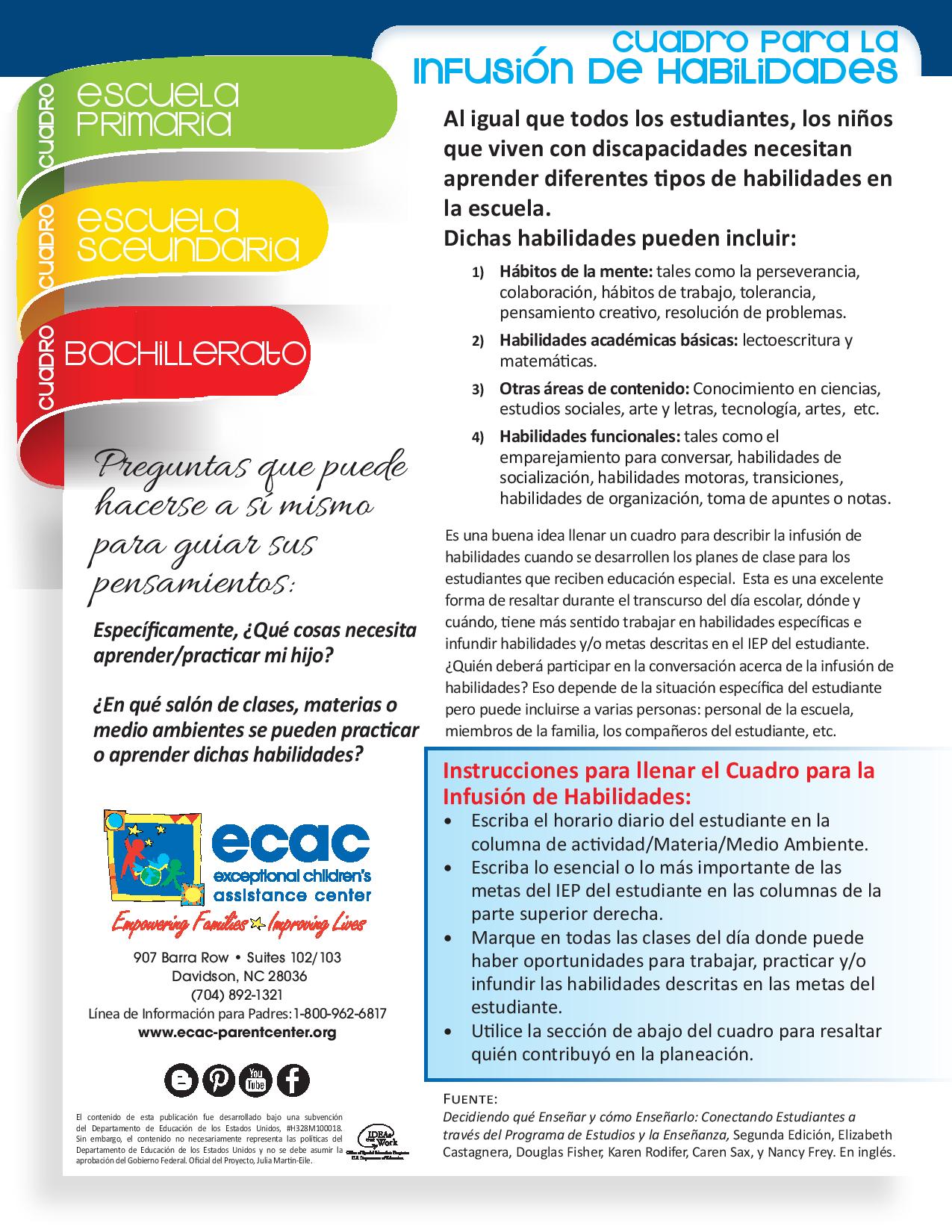
Cuadro para la Infusión de Habilidades (Skills Infusion Chart)
Al igual que todos los estudiantes, los niños que viven con discapacidades necesitan aprender diferentes tipos de habilidades en la escuela
Categories: IEP, Spanish
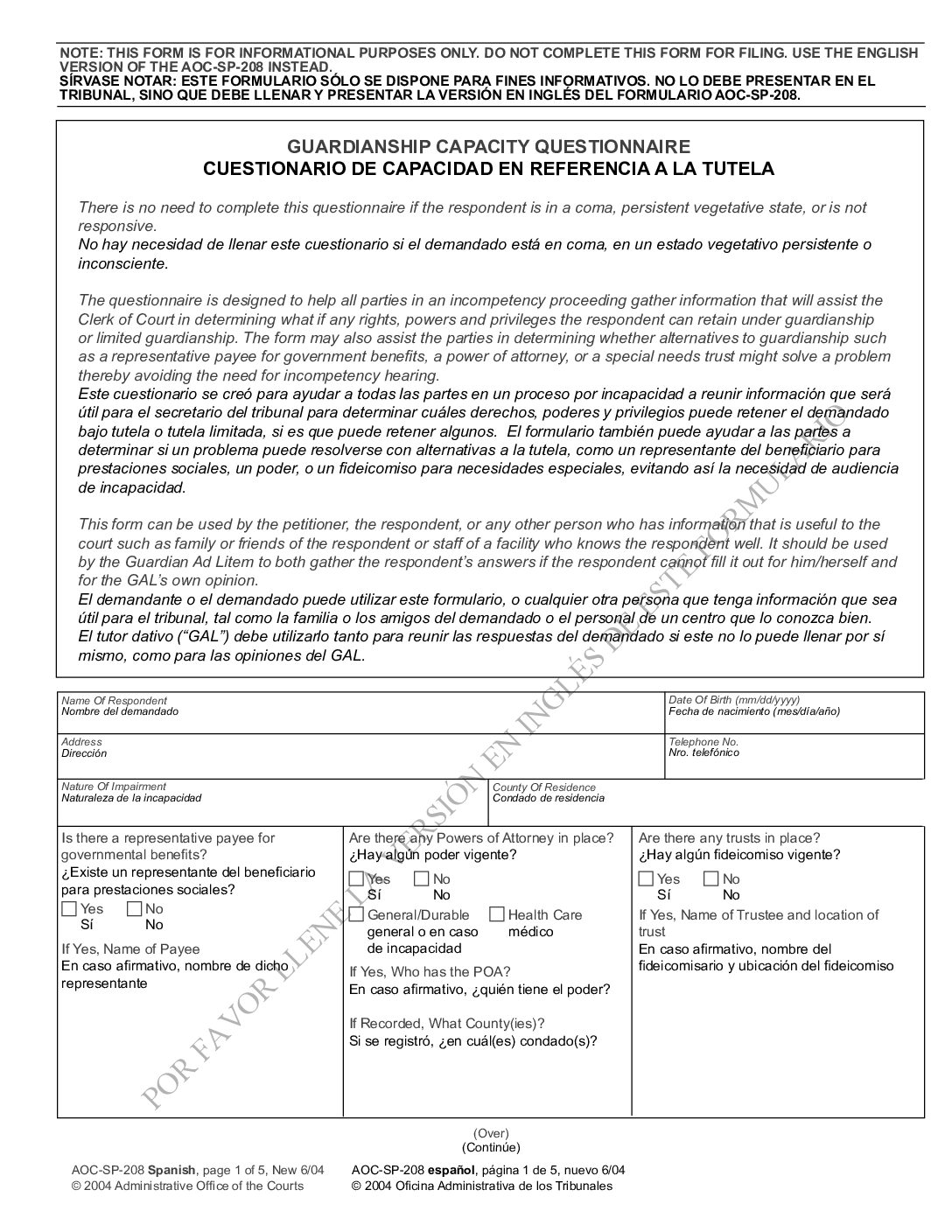
CUESTIONARIO DE CAPACIDAD EN REFERENCIA A LA TUTELA (Guardianship Capacity Questionnaire)
Este cuestionario se creó para ayudar a todas las partes en un proceso por incapacidad a reunir información que será útil para el secretario del tribunal para determinar cuáles derechos, poderes y privilegios puede retener el demandado bajo tutela o tutela limitada, si es que puede retener algunos. El formulario también puede ayudar a las partes a determinar si un problema puede resolverse con alternativas a la tutela, como un representante del beneficiario para prestaciones sociales, un poder, o un fideicomiso para necesidades especiales, evitando así la necesidad de audiencia de incapacidad.
Categories: Guardianship and Alternatives, Spanish
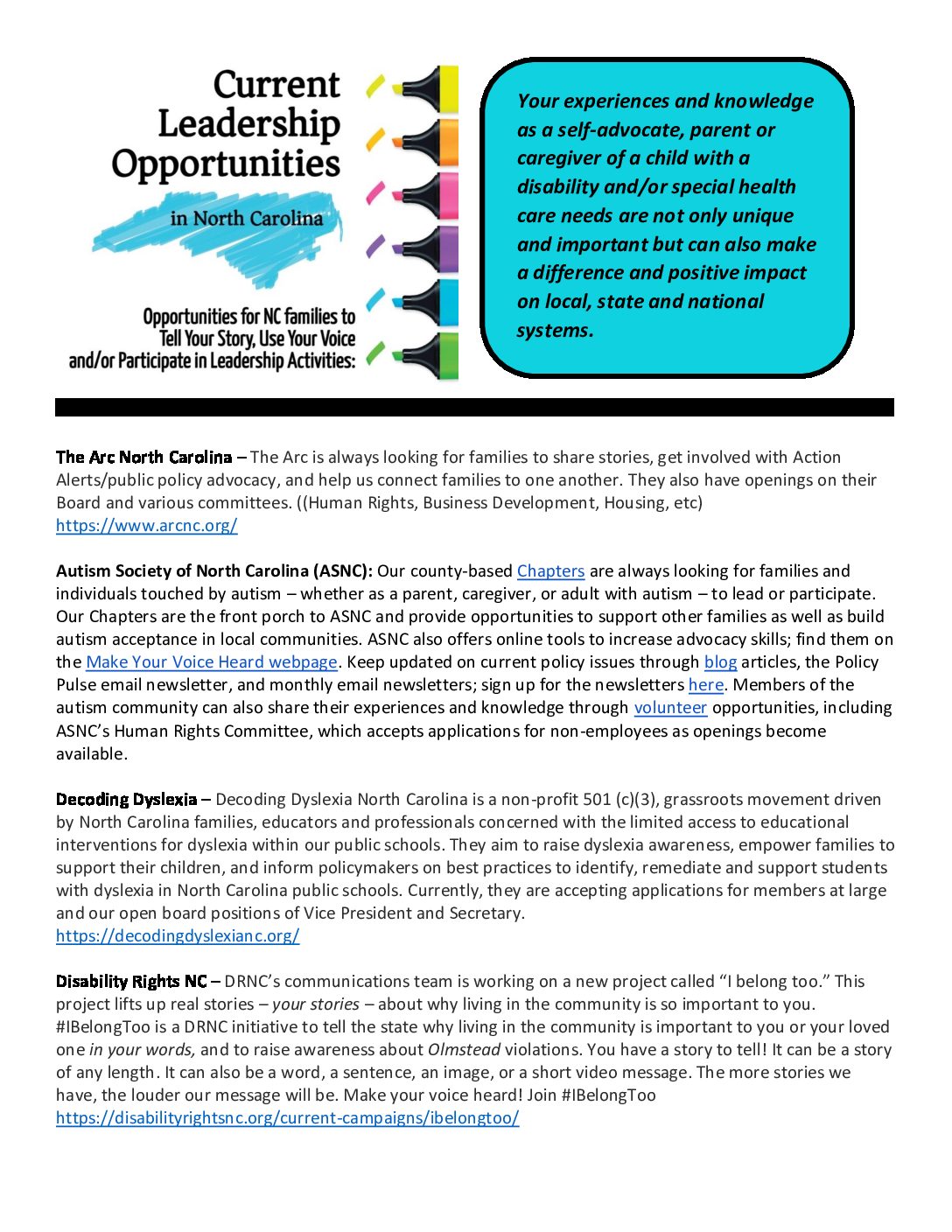
Current Opportunities in North Carolina to Tell Your Story, Use Your Voice and/or Participate in Leadership Activities
A compilation of Current Opportunities in North Carolina to Tell Your Story, Use Your Voice and/or Participate in Leadership Activities
Categories: Family Engagement, General
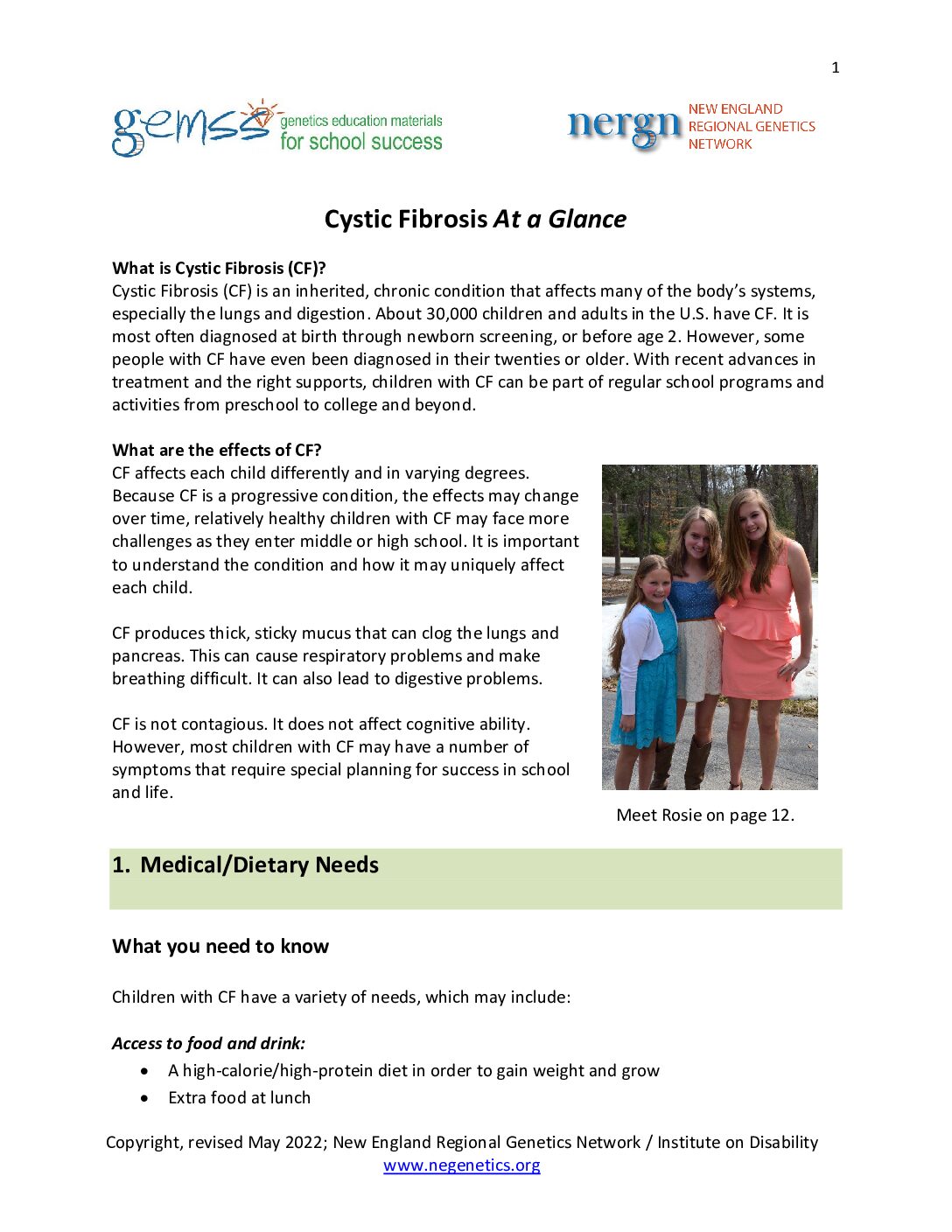
Cystic Fibrosis At a Glance
Genetic Education Materials for School Success (GEMSS) provides a family-friendly starting point to help family members learn more about genetic conditions and offers ideas to encourage inclusion and participation in the classroom. GEMSS shares condition-specific information and resources for multiple audiences, including families, professionals, healthcare providers, and schools. Contributors to GEMSS come from clinical, public health, advocacy, and academic settings. All content has been vetted by clinical and family experts.
Categories: Disability and Health Condition Specific Information
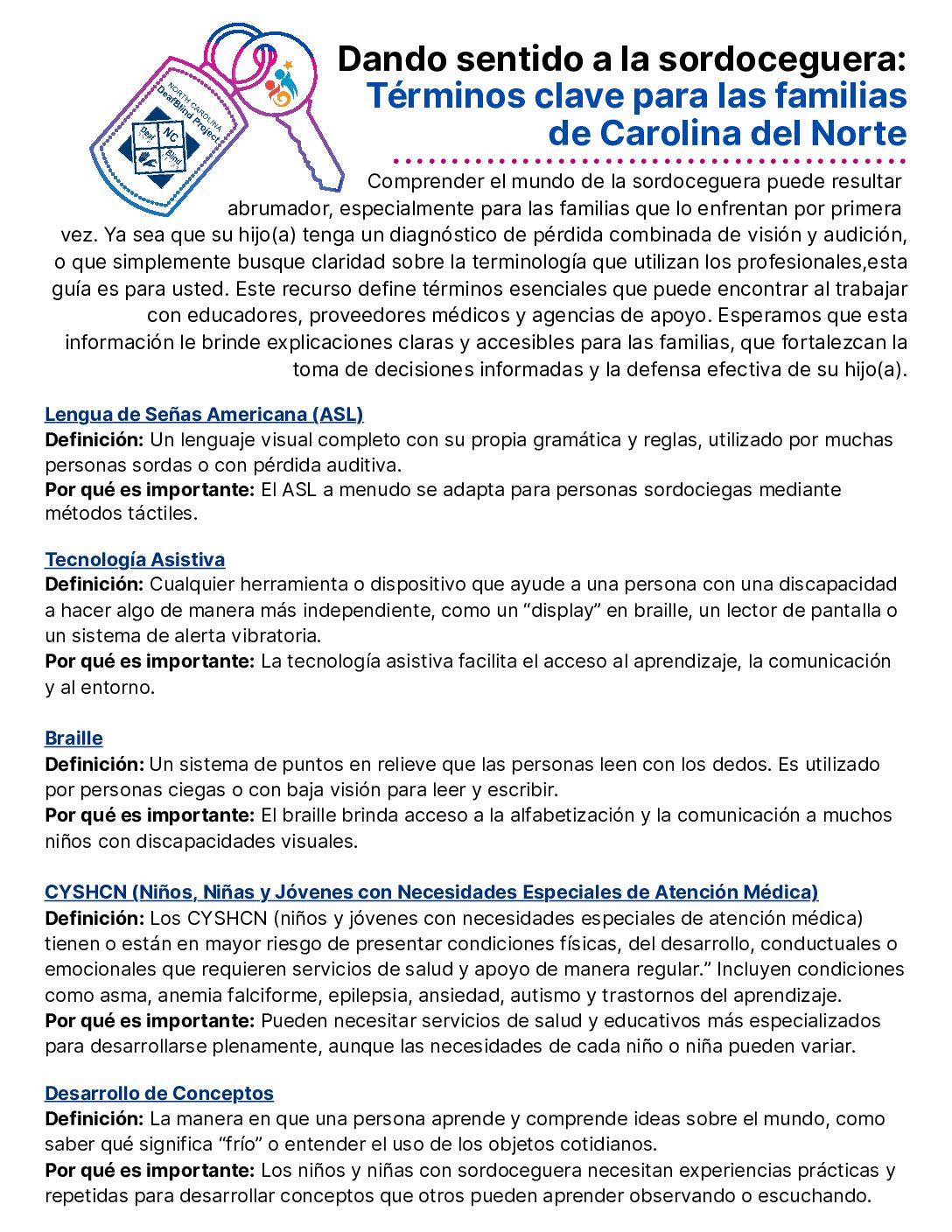
Dando sentido a la sordoceguera: Términos clave para las familias de Carolina del Norte (Making Sense of Deafblindness: Key Terms for Families in North Carolina)
Comprender el mundo de la sordoceguera puede resultar abrumador, especialmente para las familias que lo enfrentan por primera vez. Ya sea que su hijo(a) tenga un diagnóstico de pérdida combinada de visión y audición, o que simplemente busque claridad sobre la terminología que utilizan los profesionales,esta guía es para usted.
Categories: NC Deaf-Blind Project, Spanish
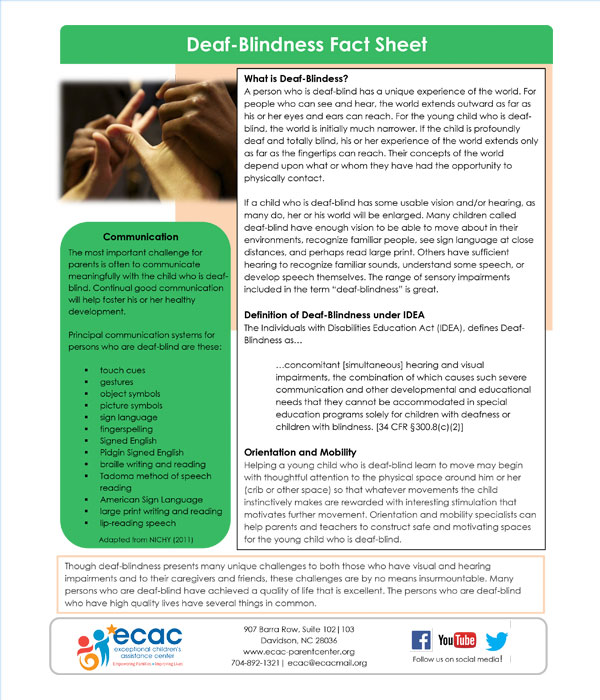
Deaf-Blindness Fact Sheet
A person who is deaf-blind has a unique experience of the world. For people who can see and hear, the world extends outward as far as his or her eyes and ears can reach. For the young child...
Categories: NC Deaf-Blind Project
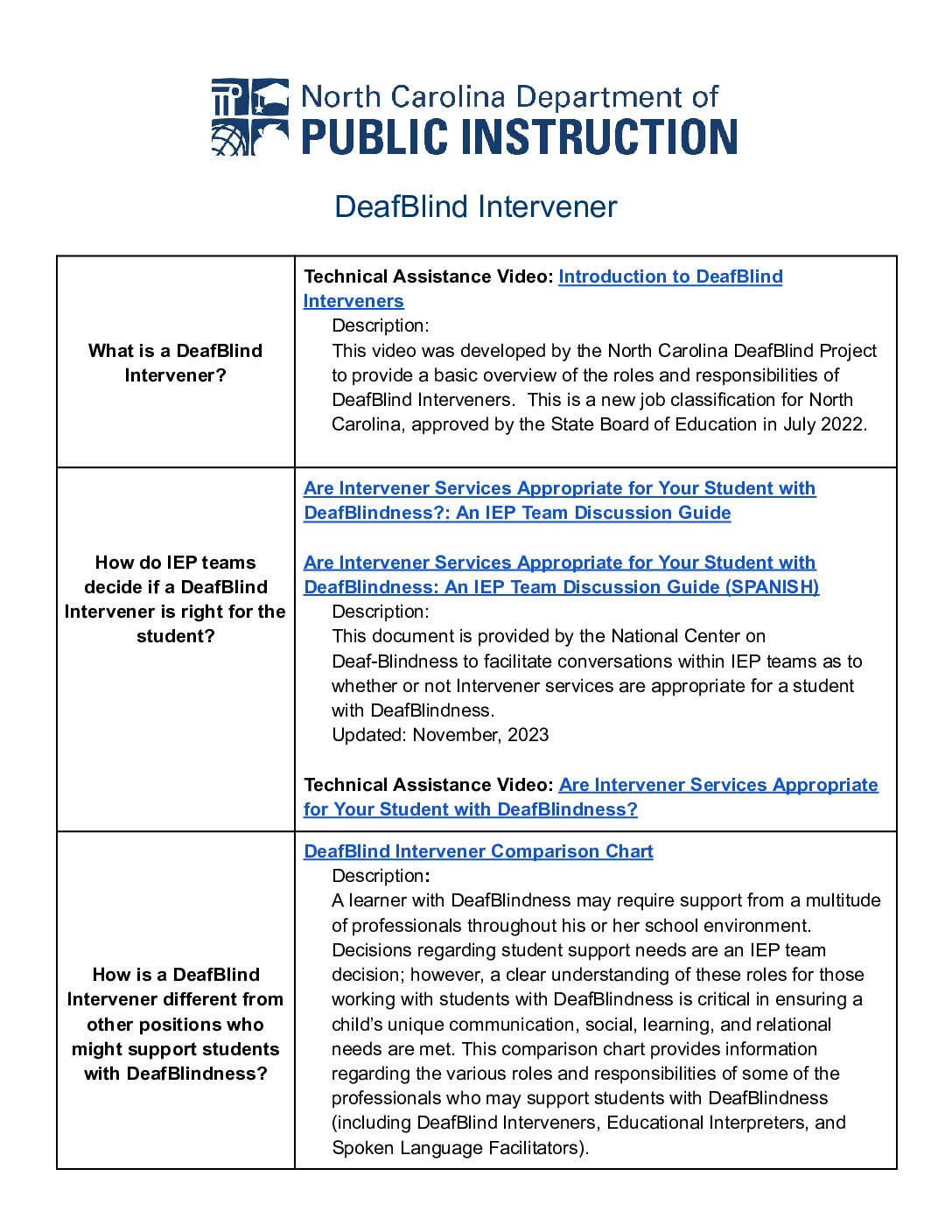
DeafBlind Intervener - NC DPI
DeafBlind Intervener Technical Assistance Package. What is an Intervener and is one right for your student?
Categories: Interveners, NC Deaf-Blind Project
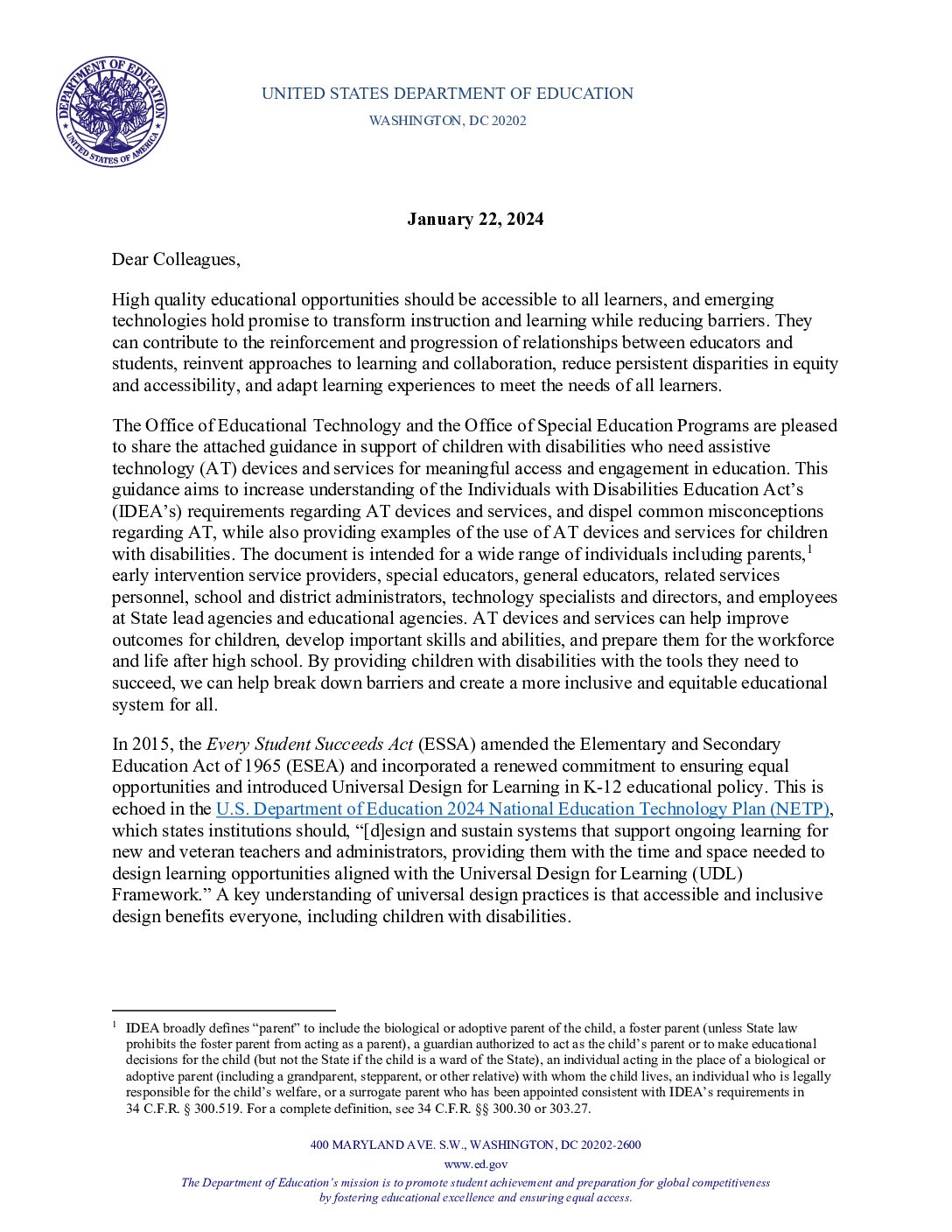
Dear Colleague Letter: Myths & Facts Surrounding Assistive Technology Devices & Services
Categories: Assistive Technology
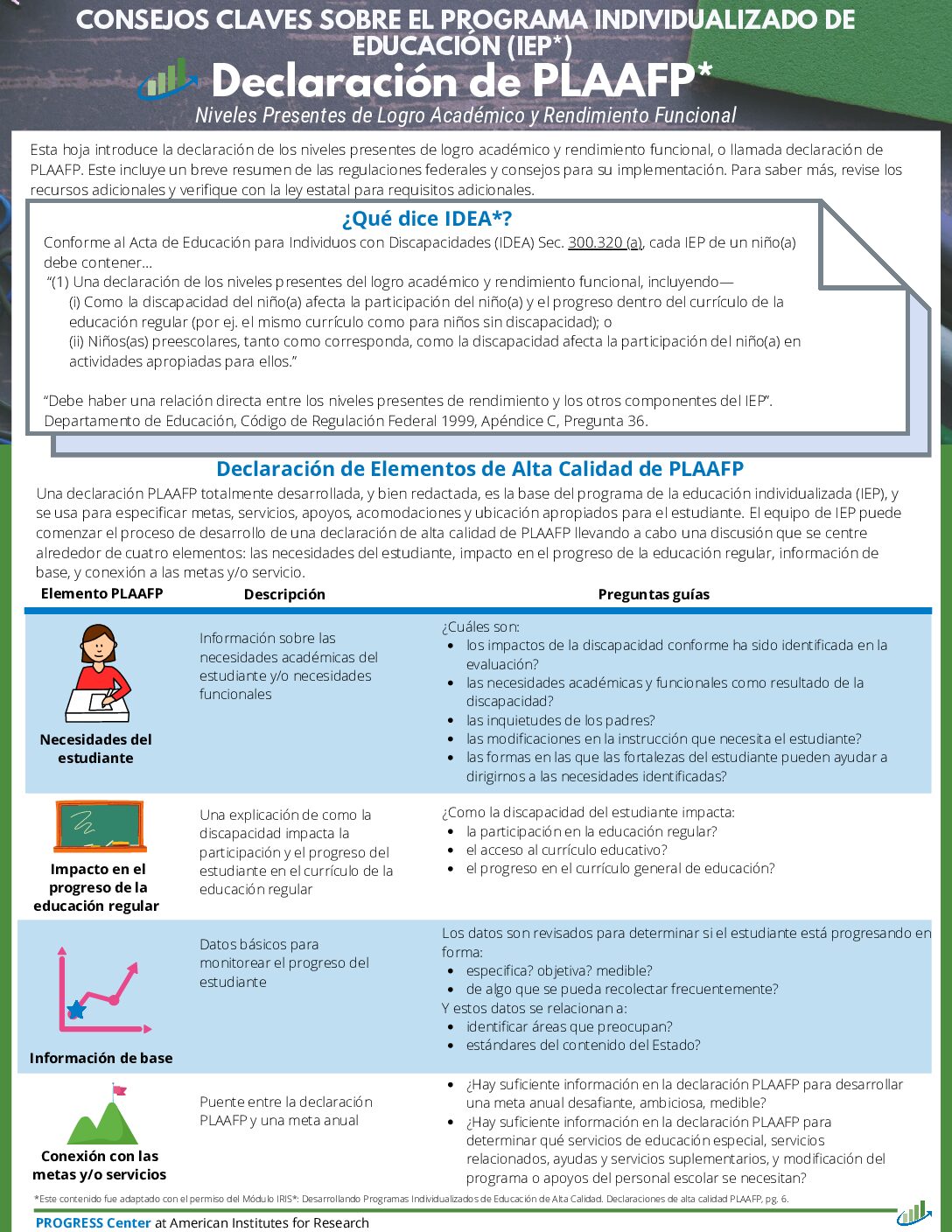
Declaración de PLAAFP (PLAAFP Statement Spanish Version)
Categories: IEP, Spanish, Special Education
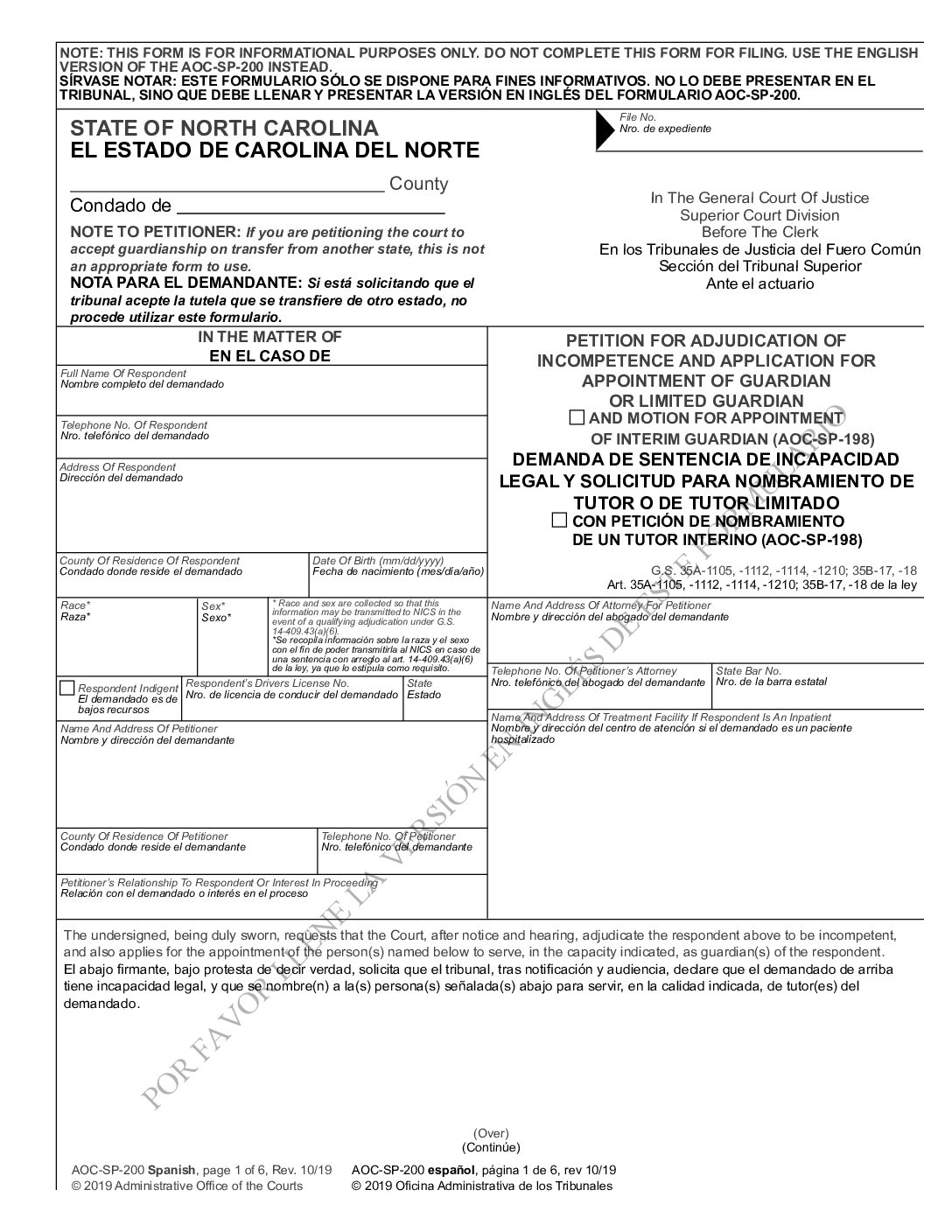
Demanda De Sentencia De Incapacidad Legal Y Solicitud Para Nombramiento De Tutor O De Tutor Limitado - (Petition For Adjudication Of Incompetence And Application For Appointment Of Guardian Or Limited Guardian)
Categories: Guardianship and Alternatives
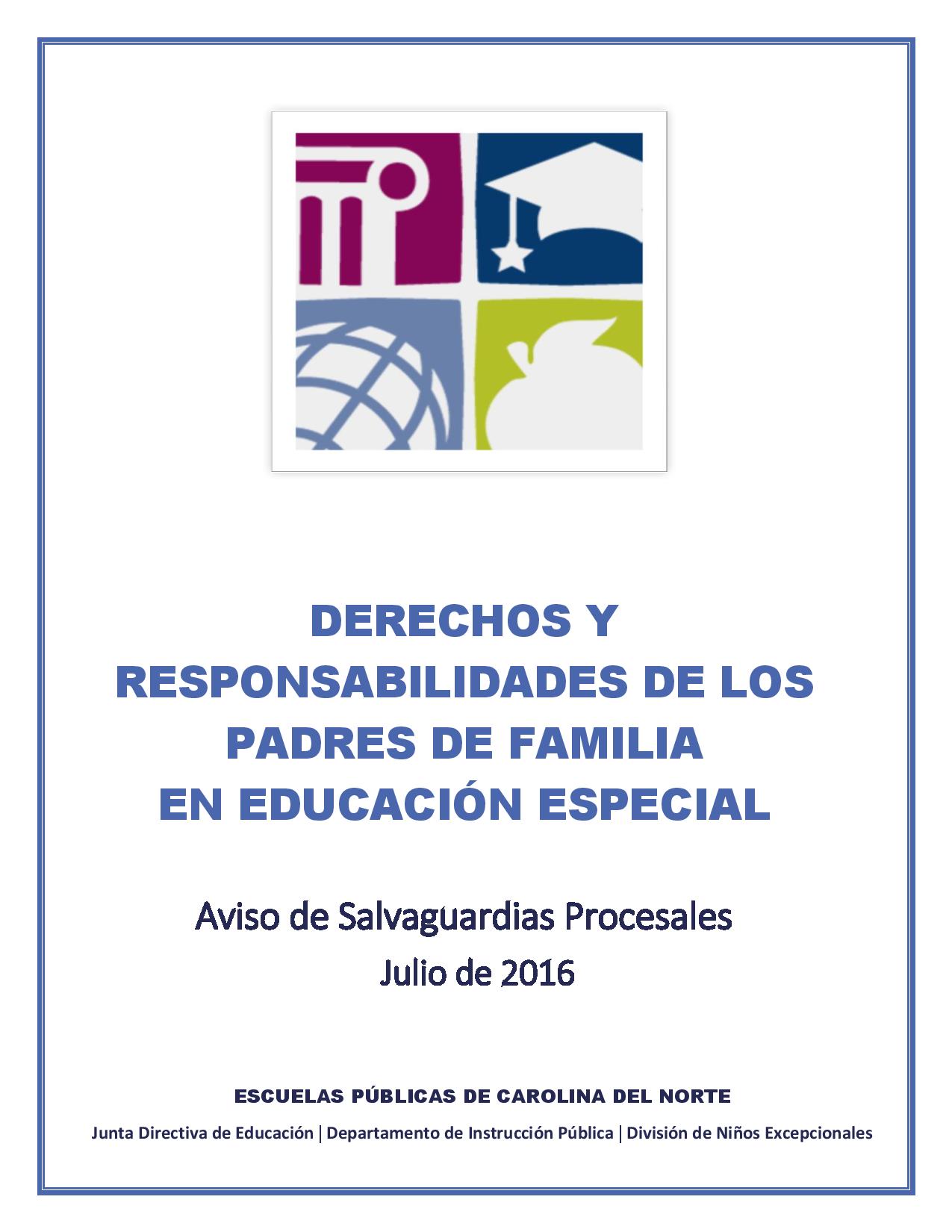
DERECHOS Y RESPONSABILIDADES DE LOS PADRES DE FAMILIA EN EDUCACIÓN ESPECIAL - Aviso de Salvaguardias Procesales (PARENT RIGHTS AND RESPONSIBILITIES IN SPECIAL EDUCATION – Notice of Procedural Safeguards)
La ley IDEA exige que las escuelas entreguen a los padres de un alumno con discapacidad un aviso que incluya una explicación detallada de las Salvaguardias procesales (derechos legales) disponibles en virtud de la IDEA y de las regulaciones federales complementarias. Es fundamental que los padres de familia comprendan tanto sus derechos como sus responsabilidades en el proceso de educación especial.
Categories: Conflict Resolution, IDEA, Parent Rights, Spanish
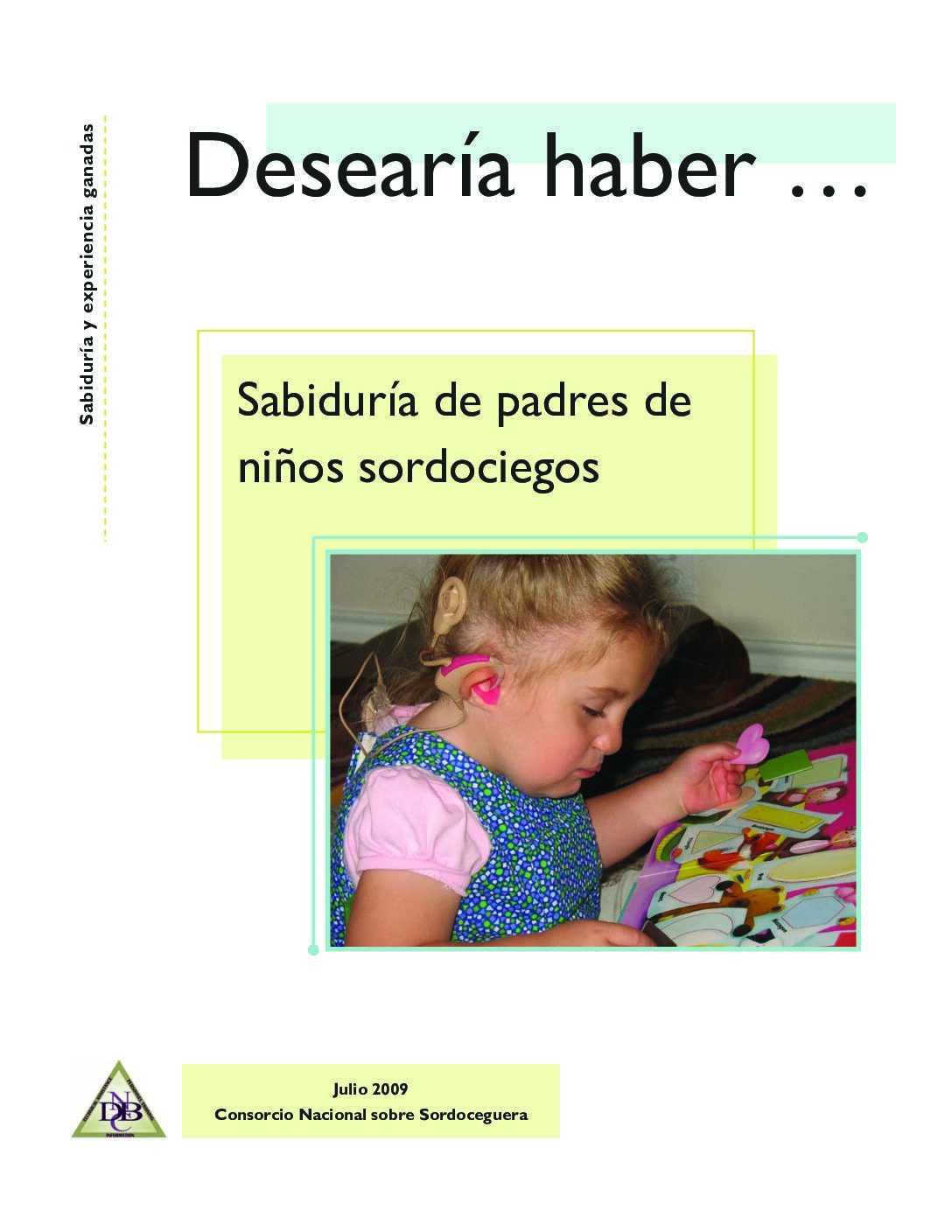
Desearía haber …Sabiduría de padres de niños sordociegos (I Wish I had…Wisdom From Parents of Children who are DeafBlind)
Categories: NC Deaf-Blind Project, Spanish
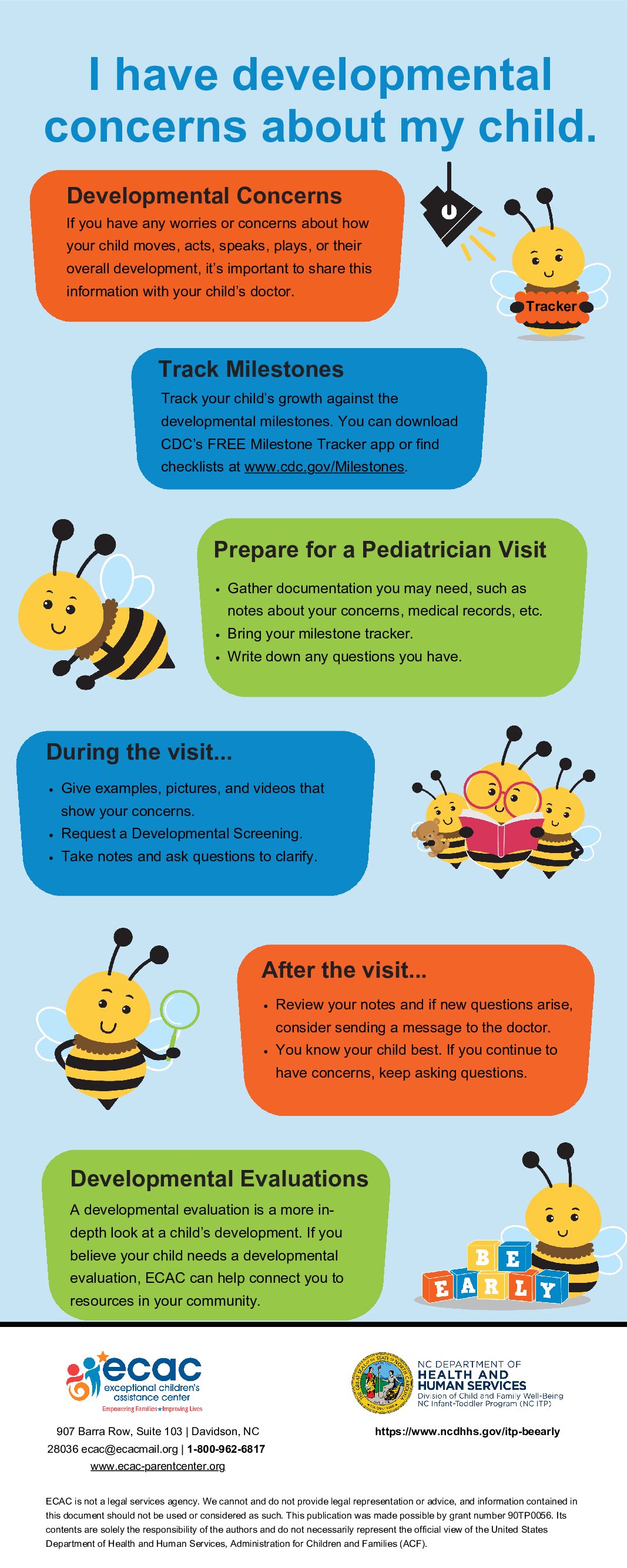
Developmental Concerns Infographic
If you have any worries or concerns about how your child moves, acts, speaks, plays, or their overall development, it’s important to share this information with your child’s doctor.
Categories: Development Delay, Early Childhood, Early Intervention
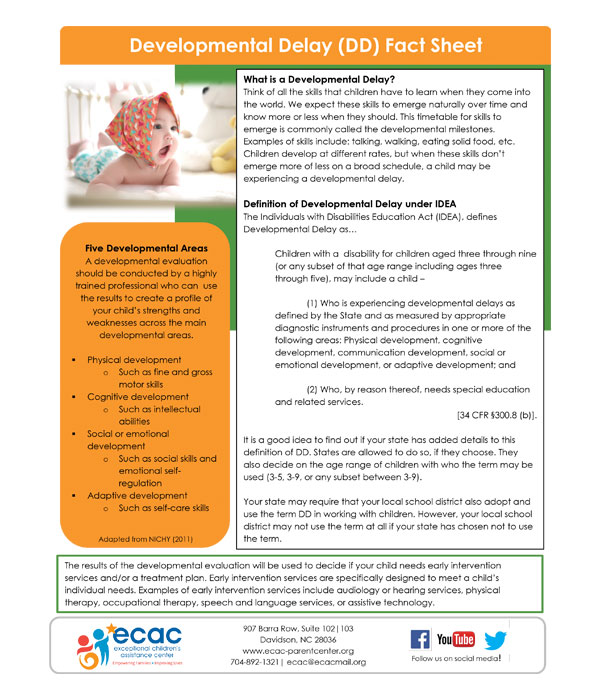
Developmental Delay (DD) Fact Sheet
Think of all the skills that children have to learn when they come into the world. We expect these skills to emerge naturally over time and know more or less when they should...
Categories: Development Delay, Early Childhood, Early Intervention
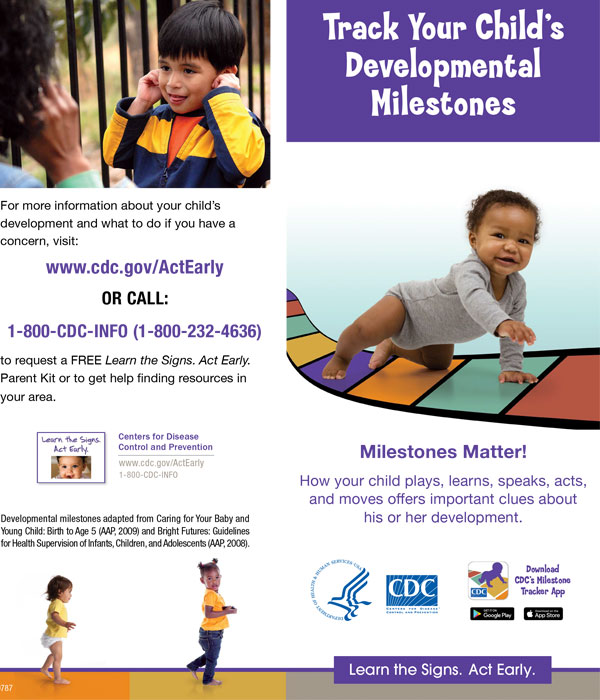
Developmental Milestones
Learn the signs of your child’s development and act early if you ever have a concern. To complete a milestone checklist, download CDC’s FREE Milestone Tracker app or visit cdc.gov/Milestones, and talk to your child’s doctor at every well-child...
Categories: Early Childhood
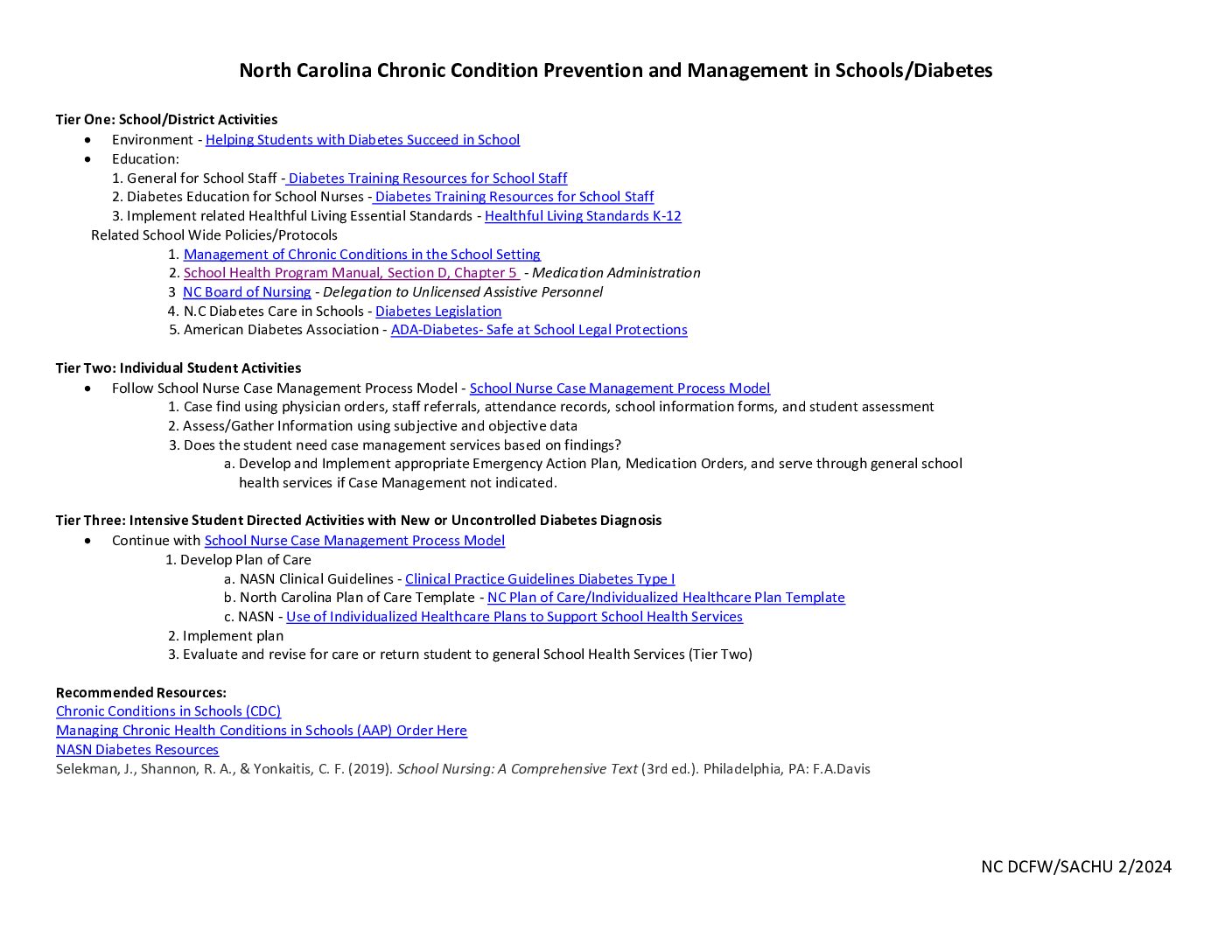
Diabetes Tiered Document - North Carolina Chronic Condition Prevention and Management in Schools
Categories: Disability and Health Condition Specific Information, Health Care in Schools
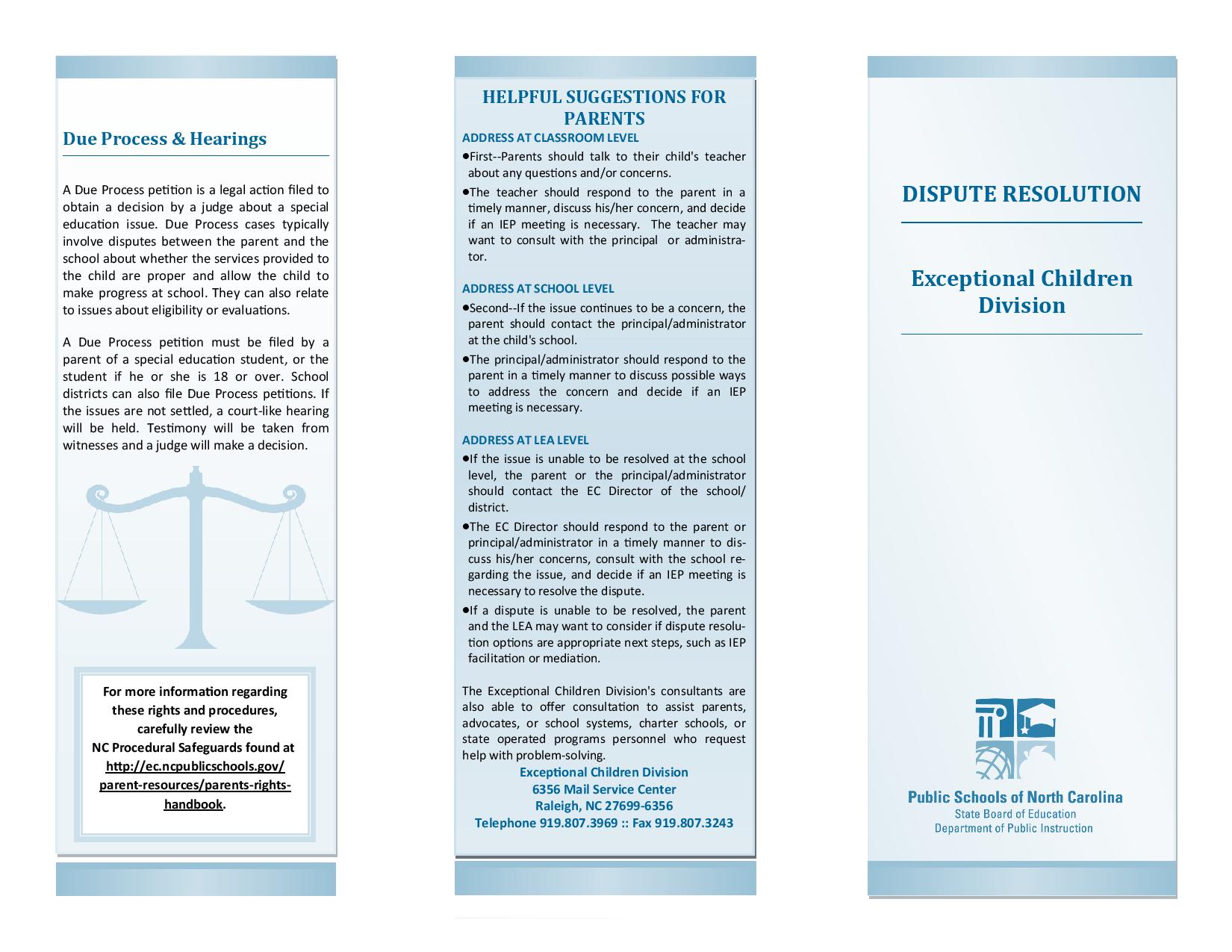
Dispute Resolution Brochure - NCDPI Exceptional Children Division
When there is an unresolved disagreement over identification, evaluation or educational placement of a child with a disability or the provision of free appropriate public education, families have informal and formal options for dispute resolution. This brochure provides information on IEP Facilitation, mediation, formal written complaint, and due process hearings,
Categories: Communication, Conflict Resolution
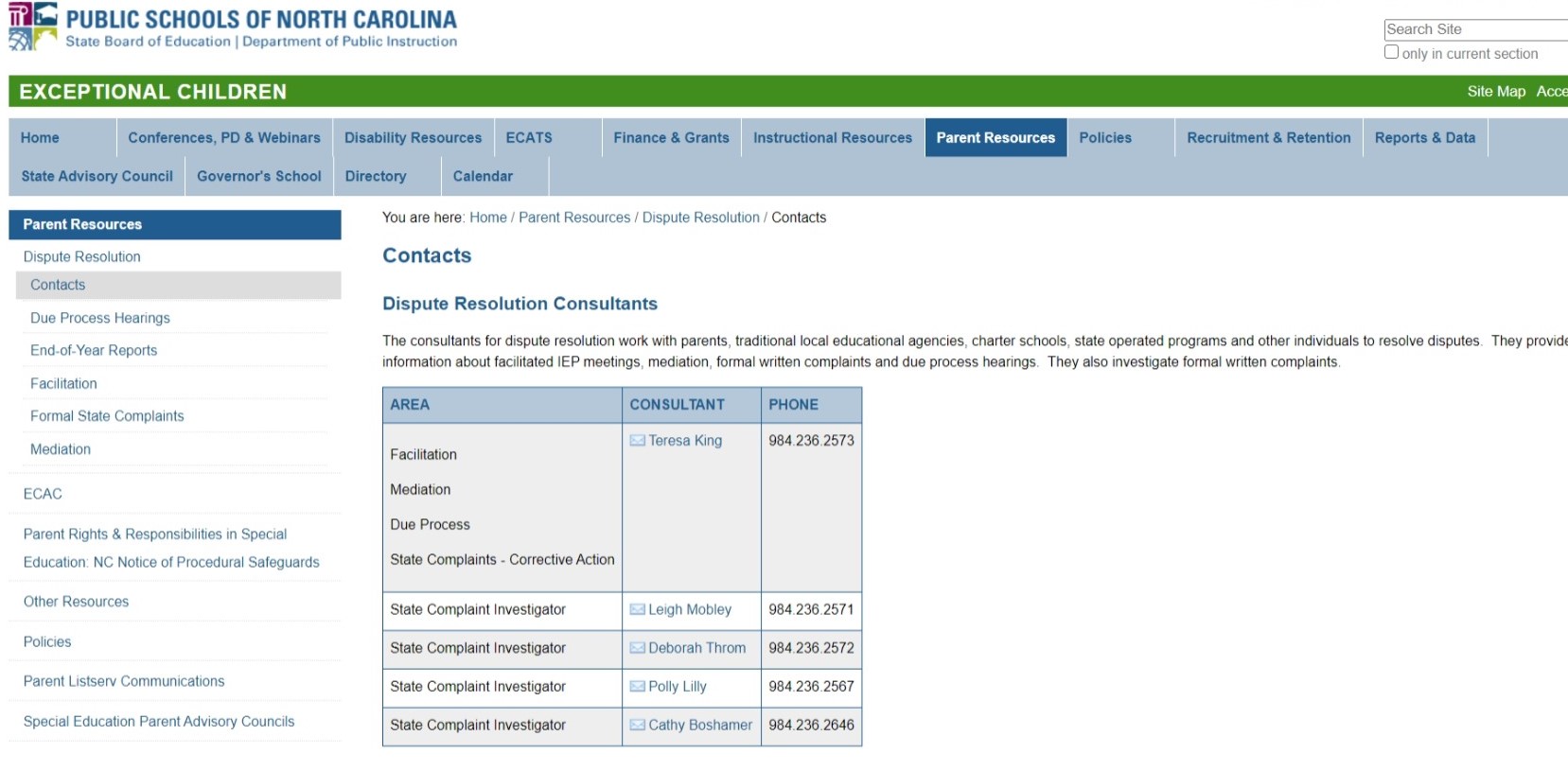
Dispute Resolution Consultants - NCDPI EC Division
The consultants for dispute resolution (disagreements) work with parents, traditional local educational agencies, charter schools, state operated programs and other individuals to resolve disputes. They provide information about facilitated IEP meetings, mediation, formal written complaints and due process hearings. They also investigate formal written complaints.
Categories: Communication, Conflict Resolution
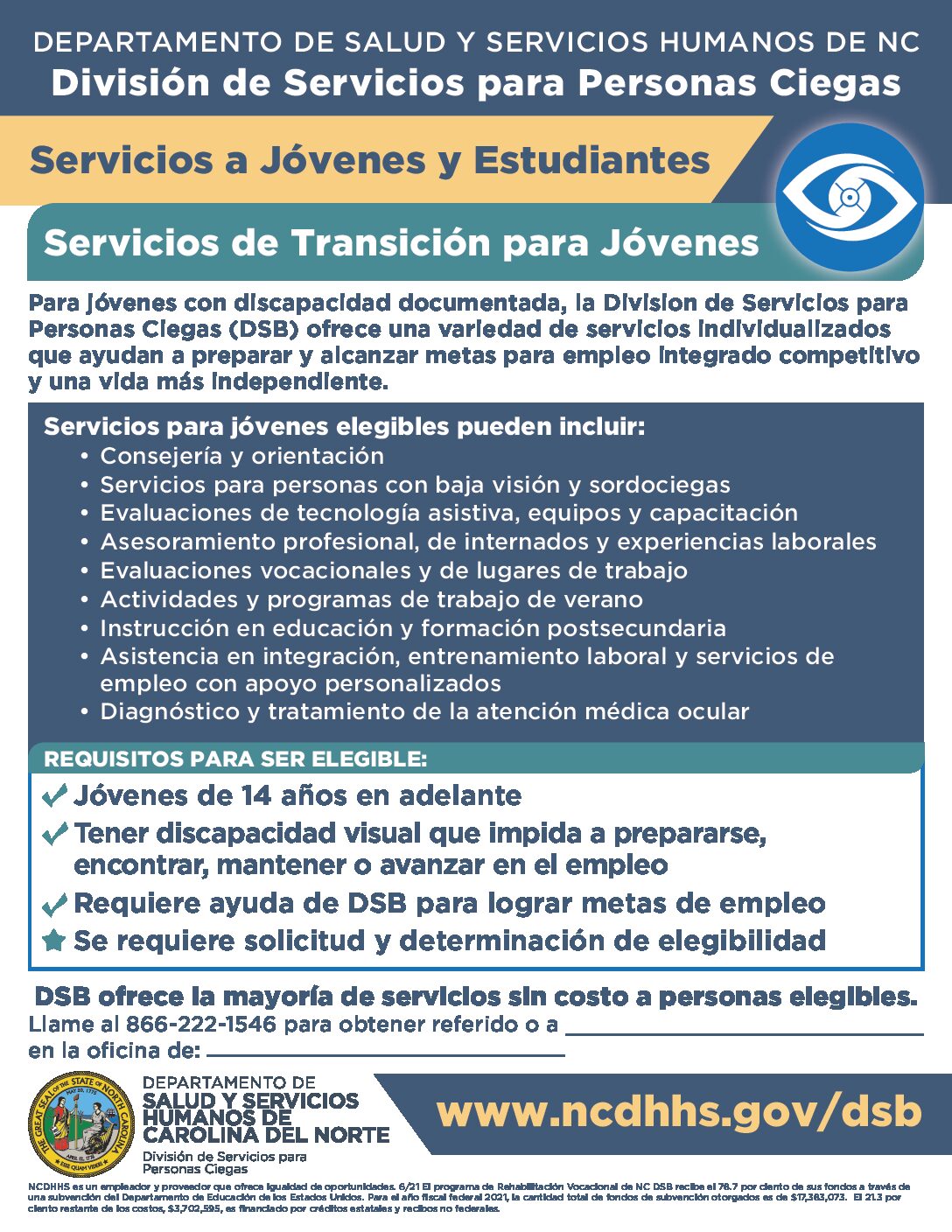
División de Servicios para Personas Ciegas - Servicios de Transición para Jóvenes (Division of Services for the Blind – Transition Services for Youth)
Para jóvenes con discapacidad documentada, la Division de Servicios para Personas Ciegas (DSB) ofrece una variedad de servicios individualizados que ayudan a preparar y alcanzar metas para empleo integrado competitivo y una vida más independiente.
Categories: NC Deaf-Blind Project, Spanish, Transition to Adulthood, Transitions
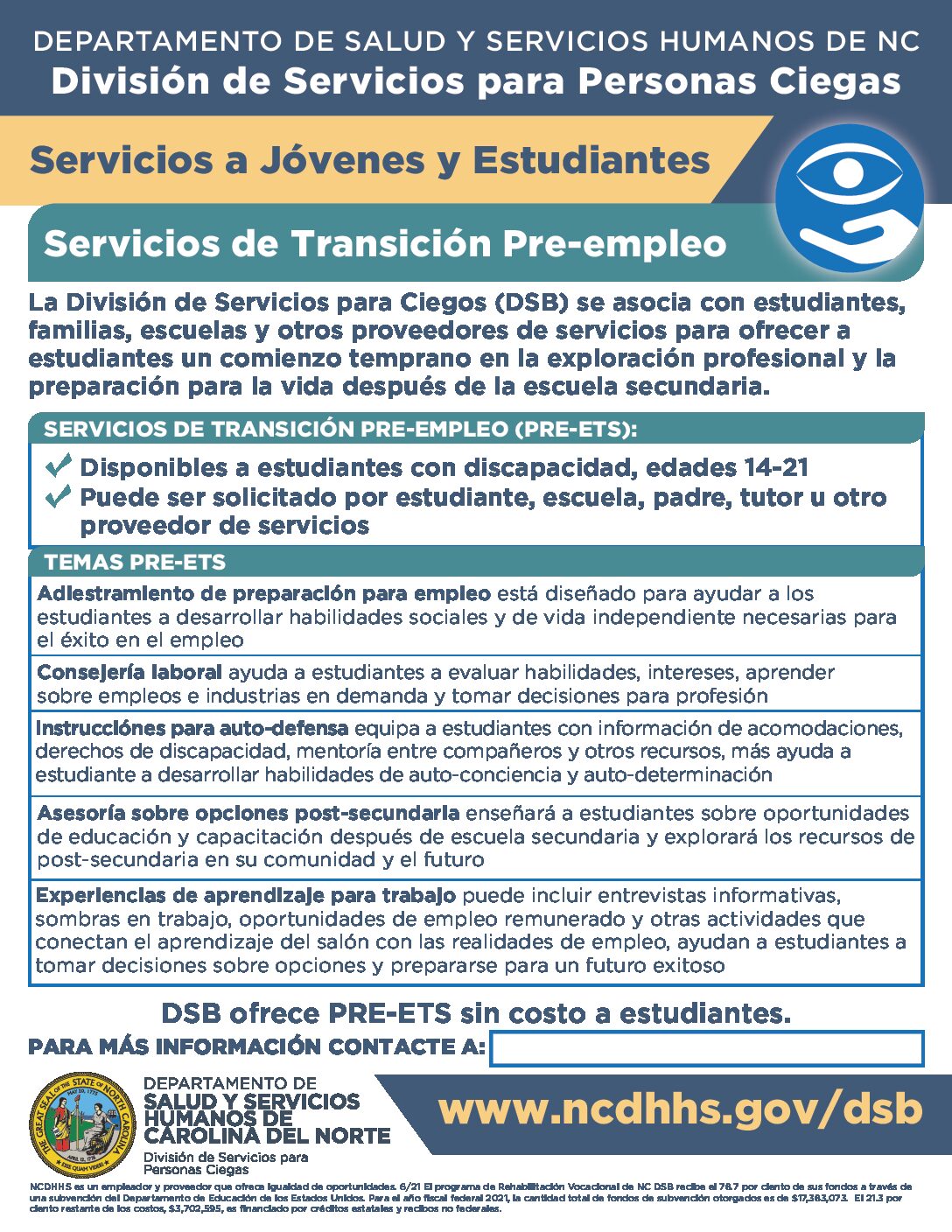
División de Servicios para Personas Ciegas - Servicios de Transición Pre-empleo (Division of Services for the Blind – Pre-Employment Transition Services)
La División de Servicios para Ciegos (DSB) se asocia con estudiantes, familias, escuelas y otros proveedores de servicios para ofrecer a estudiantes un comienzo temprano en la exploración profesional y la preparación para la vida después de la escuela secundaria.
Categories: NC Deaf-Blind Project, Spanish, Transition to Adulthood, Transitions
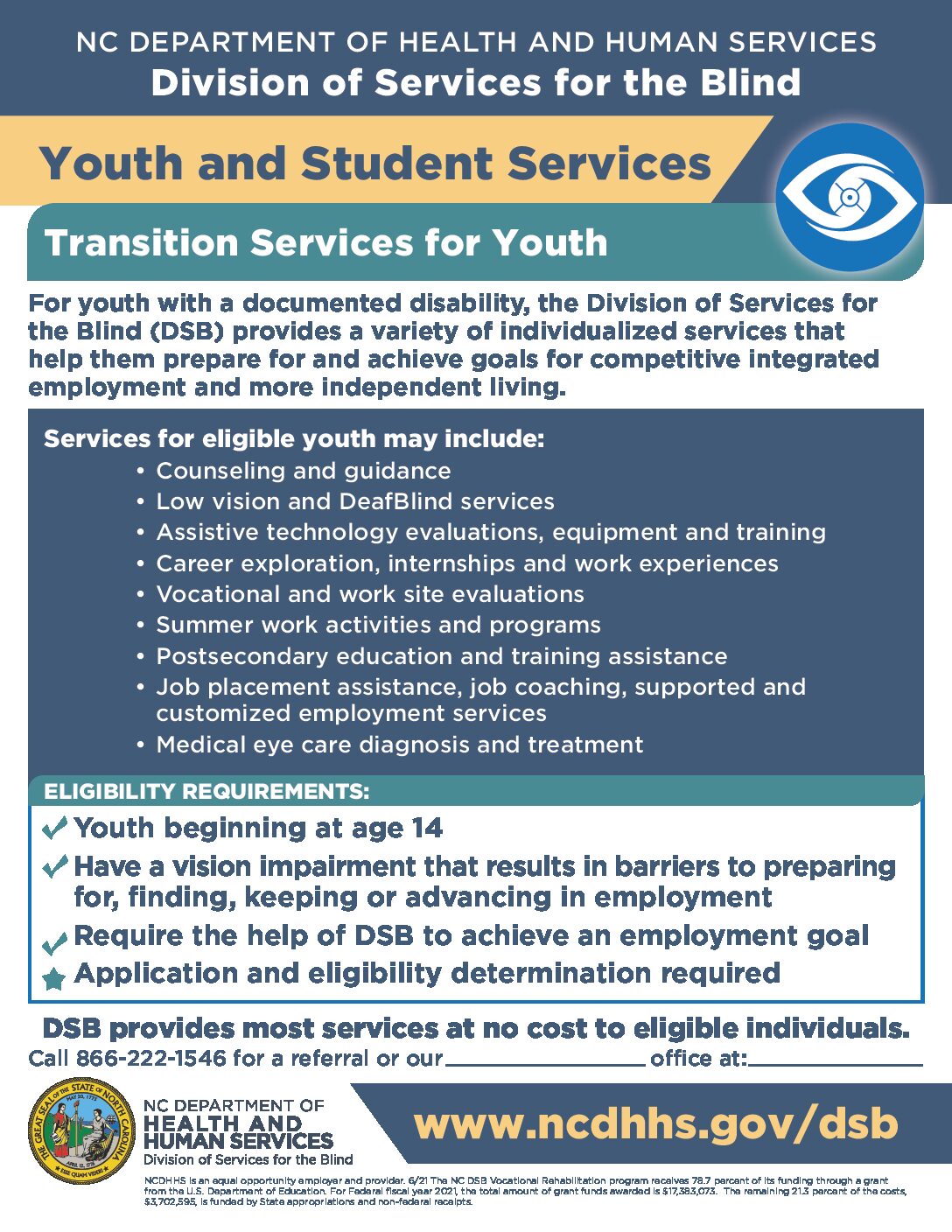
Division of Services for the Blind - Transition Services for Youth
For youth with a documented disability, the Division of Services for the Blind (DSB) provides a variety of individualized services that help them prepare for and achieve goals for competitive integrated employment and more independent living.
Categories: NC Deaf-Blind Project, Transition to Adulthood, Transitions
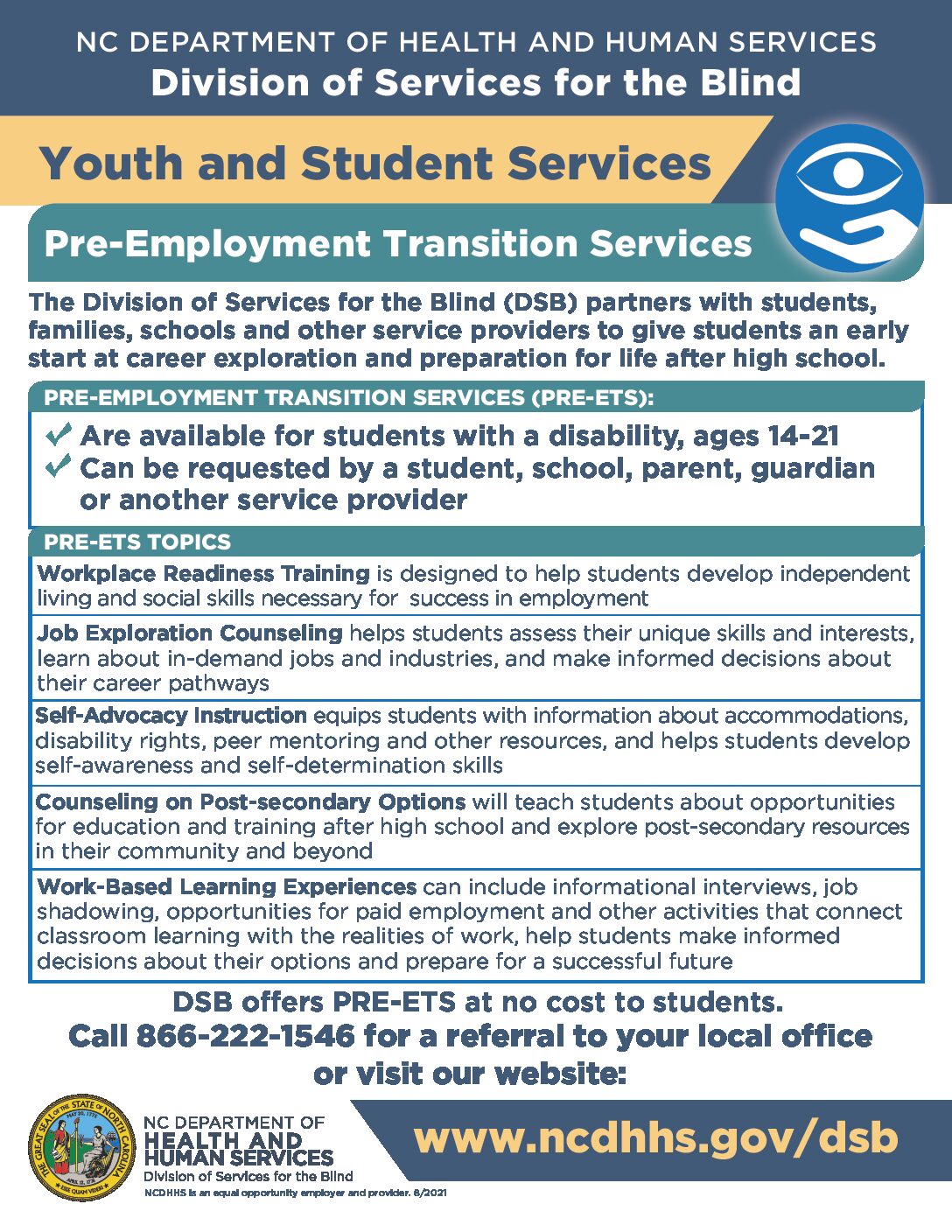
Division of Services for the Blind: Pre-Employment Transition Services
The Division of Services for the Blind (DSB) partners with students, families, schools and other service providers to give students an early start at career exploration and preparation for life after high school.
Categories: NC Deaf-Blind Project, Transition to Adulthood, Transitions
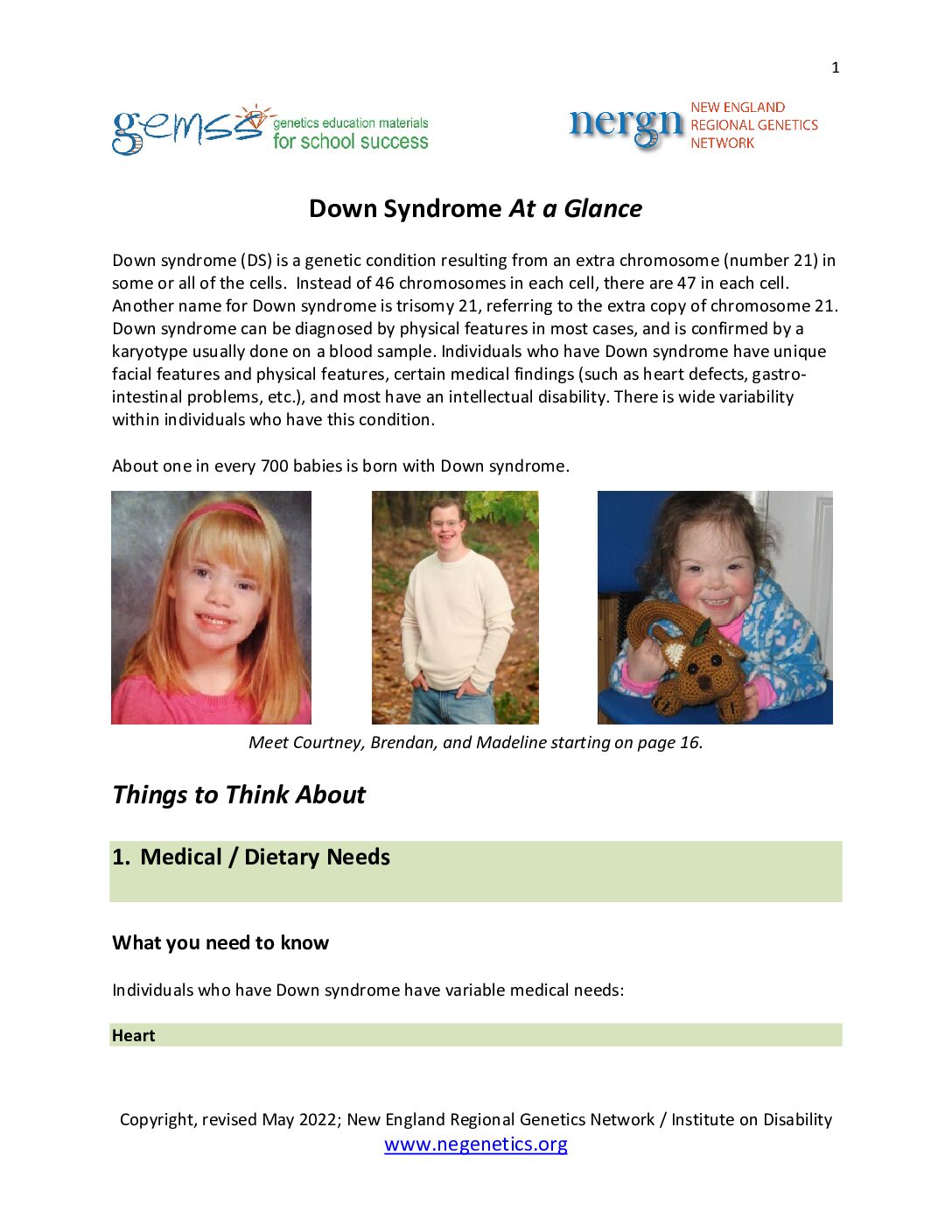
Down Syndrome At a Glance
Genetic Education Materials for School Success (GEMSS) provides a family-friendly starting point to help family members learn more about genetic conditions and offers ideas to encourage inclusion and participation in the classroom. GEMSS shares condition-specific information and resources for multiple audiences, including families, professionals, healthcare providers, and schools. Contributors to GEMSS come from clinical, public health, advocacy, and academic settings. All content has been vetted by clinical and family experts.
Categories: Disability and Health Condition Specific Information
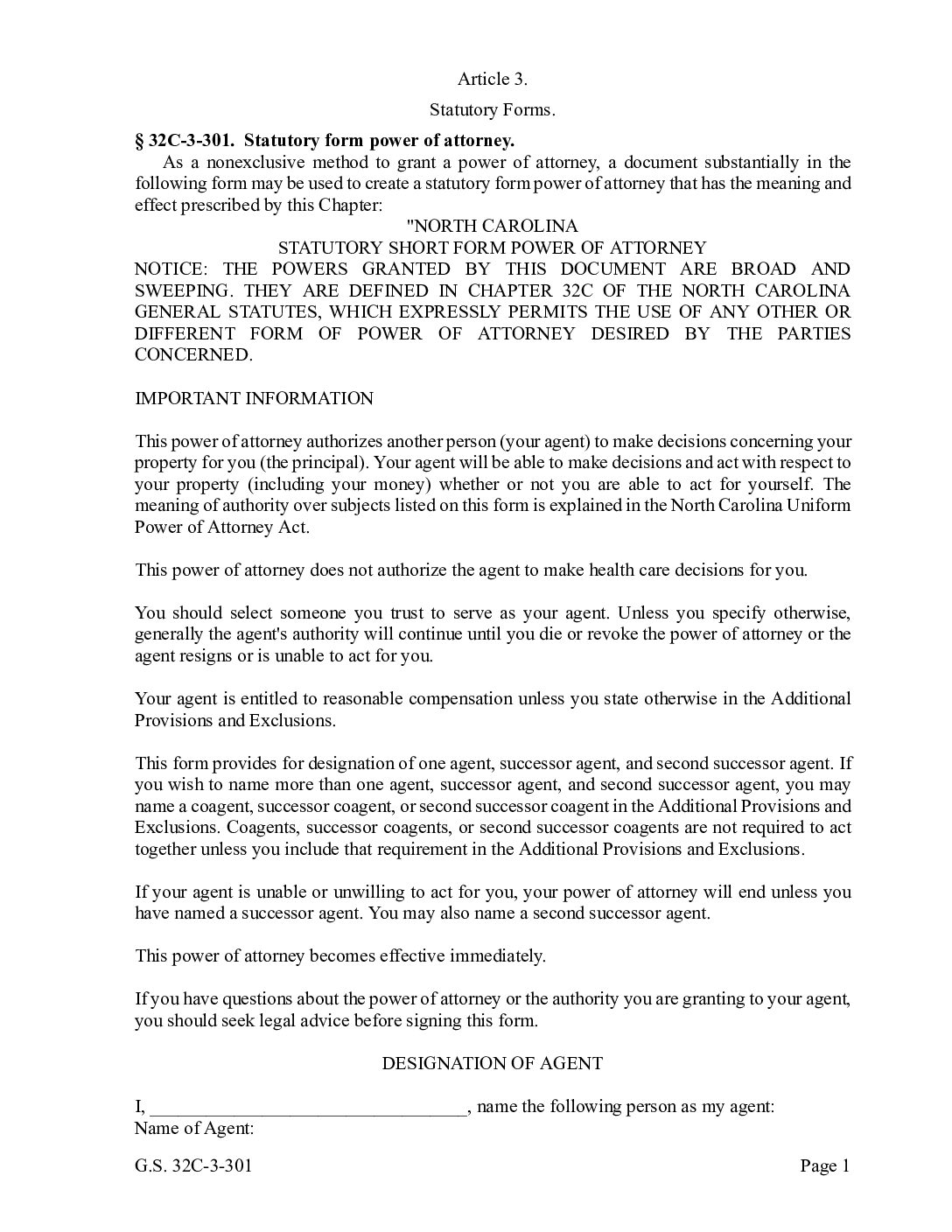

Dyslexia Tool Kit
Our goal: To provide support to you in understanding dyslexia and how your child can get the resources they may need.
Categories: Dyslexia, Learning Disability, Literacy, MTSS
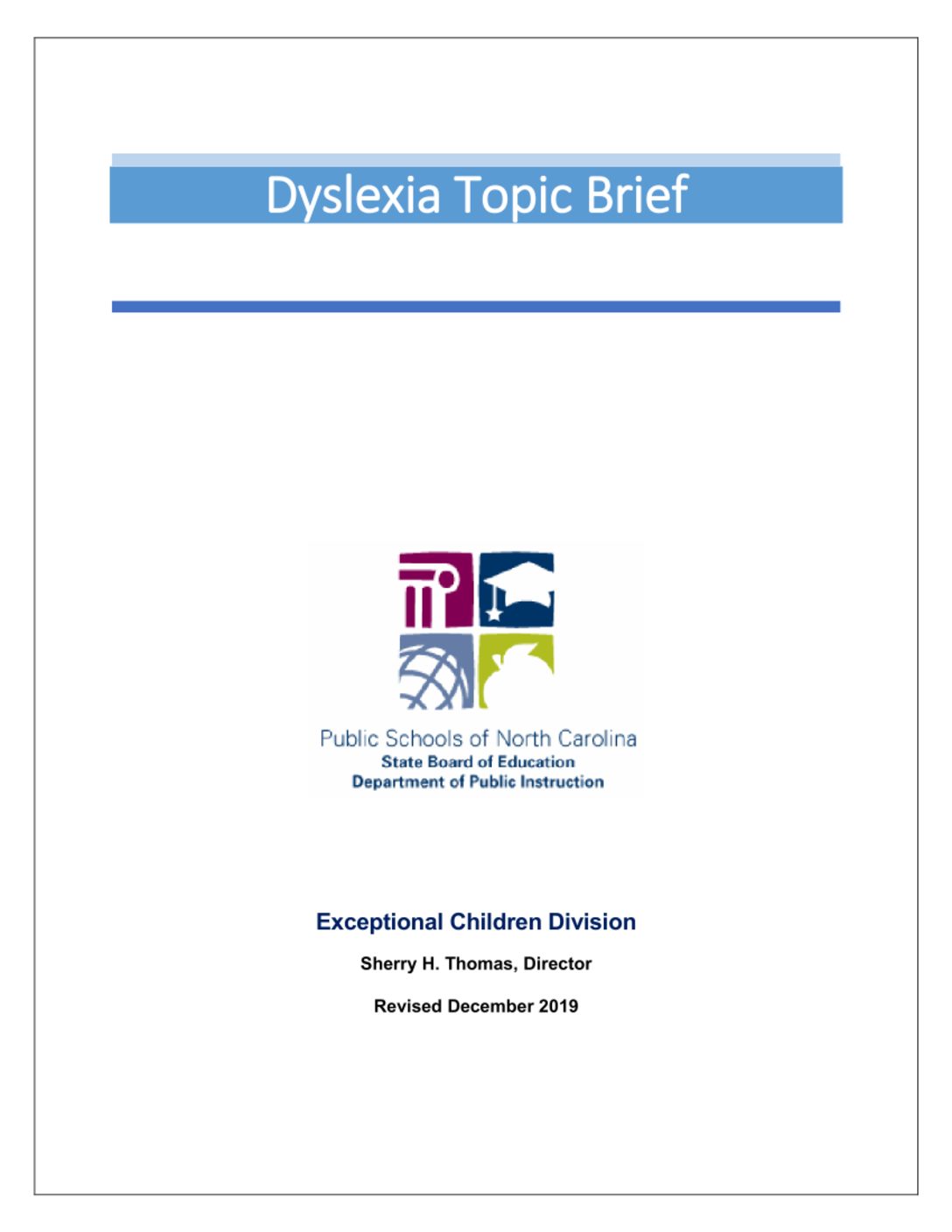
Dyslexia Topic Brief
This Topic Brief by the NC Department of Public Instruction's Exceptional Children Division addresses the common myths about dyslexia in NC Schools.
Categories: Dyslexia, Learning Disability, Special Education
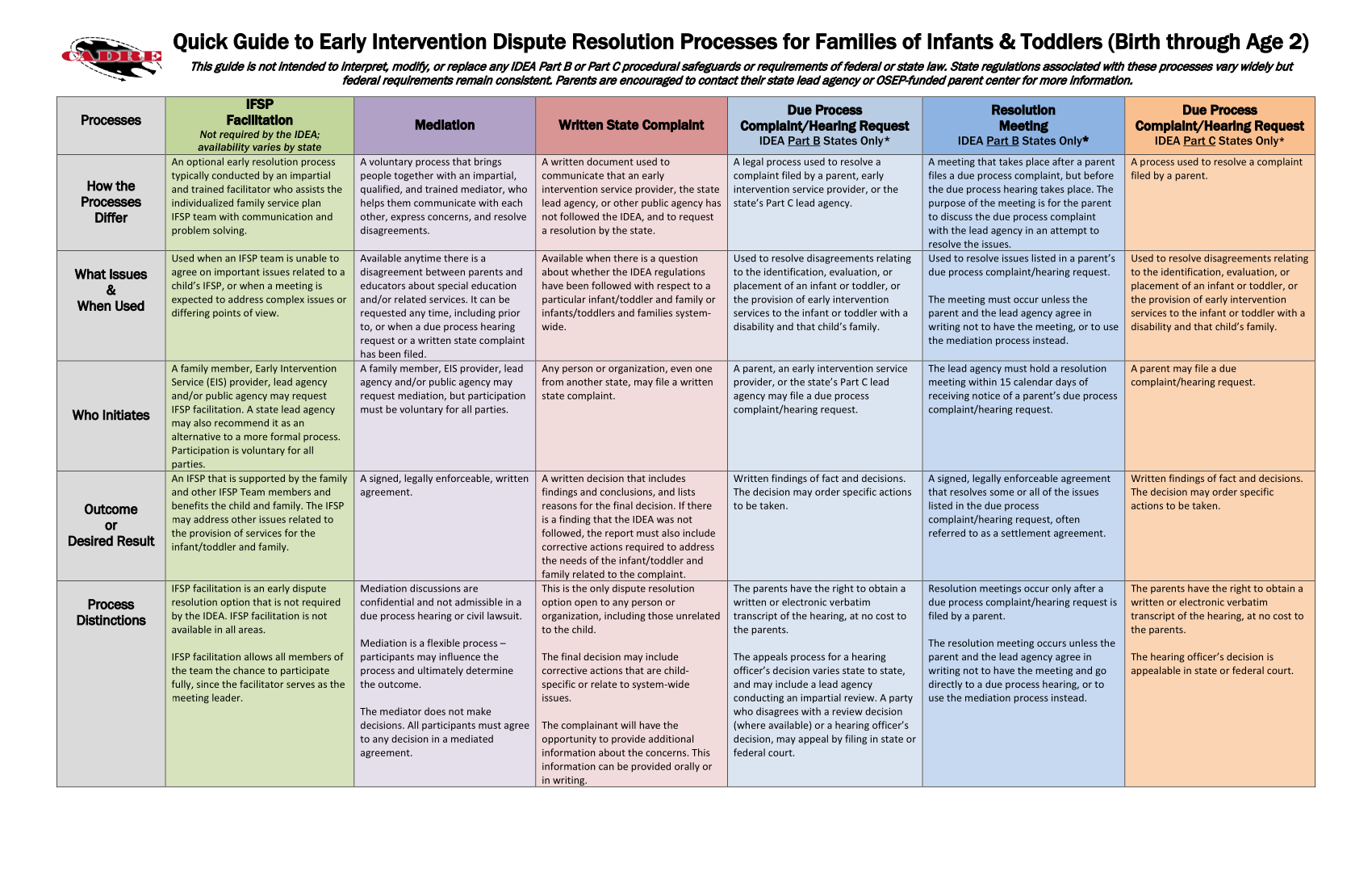
Early Intervention Dispute Resolution Process Comparison Chart
This easy to use comparison chart looks at dispute resolution processes from a variety of perspectives.
Categories: Conflict Resolution, Early Intervention, Parent Rights
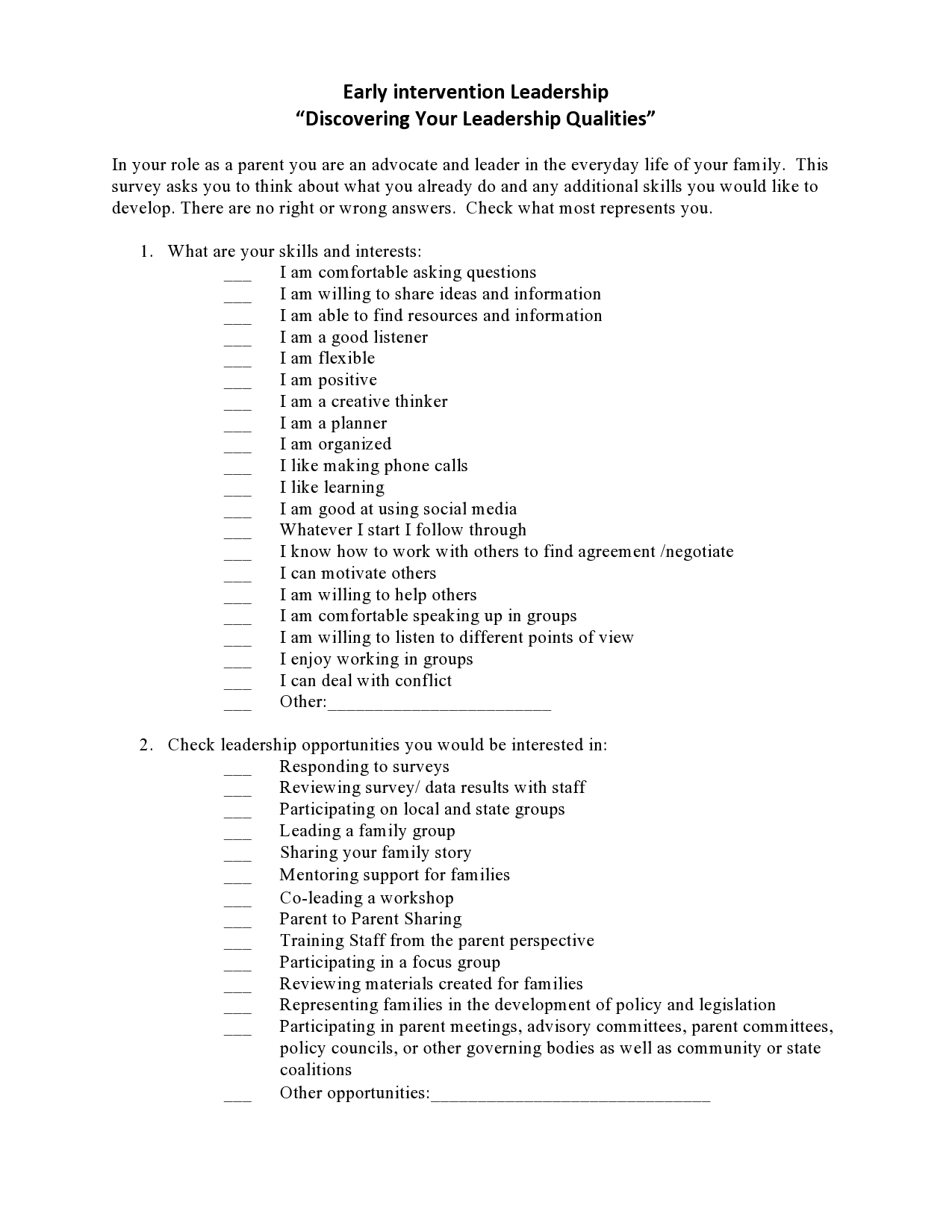
Early Intervention Leadership Assessment
In your role as a parent you are an advocate and leader in the everyday life of your family. This survey asks you to think about what you already do and any additional skills you would like to develop.
Categories: Early Intervention, Family Engagement
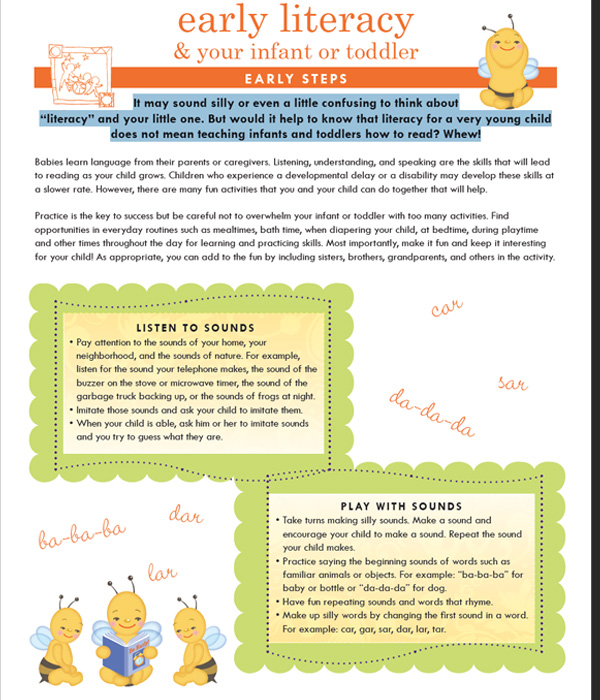
Early Literacy and Your Infant or Toddler
It may sound silly or even a little confusing to think about “literacy” and your little one. But would it help to know that literacy for a very young child does not mean teaching infants and toddlers how to read? Whew!
Categories: Early Childhood, Early Intervention
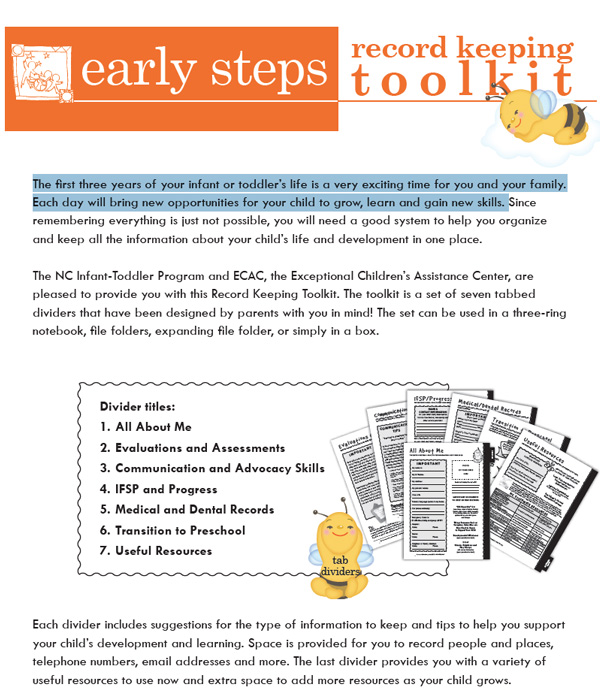
Early Steps Record Keeping Toolkit
The first three years of your infant or toddler’s life is a very exciting time for you and your family. Each day will bring new opportunities for your child to grow, learn and gain new skills.
Categories: Early Intervention
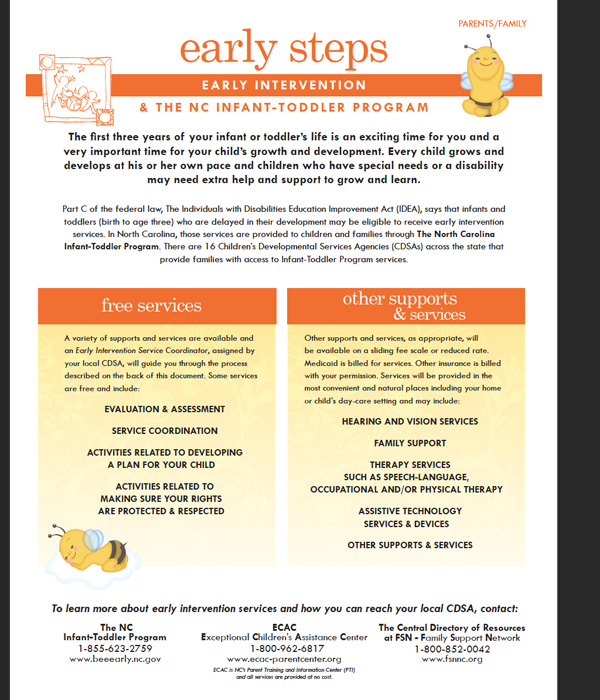
Early Steps: Early Intervention and the NC Infant-Toddler Program
The first three years of your infant or toddler’s life is an exciting time for you and a very important time for your child’s growth and development.
Categories: Early Childhood, Early Intervention

ECAC Fact Sheet
Exceptional Children's Assistance Center (ECAC) is a statewide, nonprofit parent organization, committed to improving the lives and education of children with disabilities and special health care needs.
Categories: General
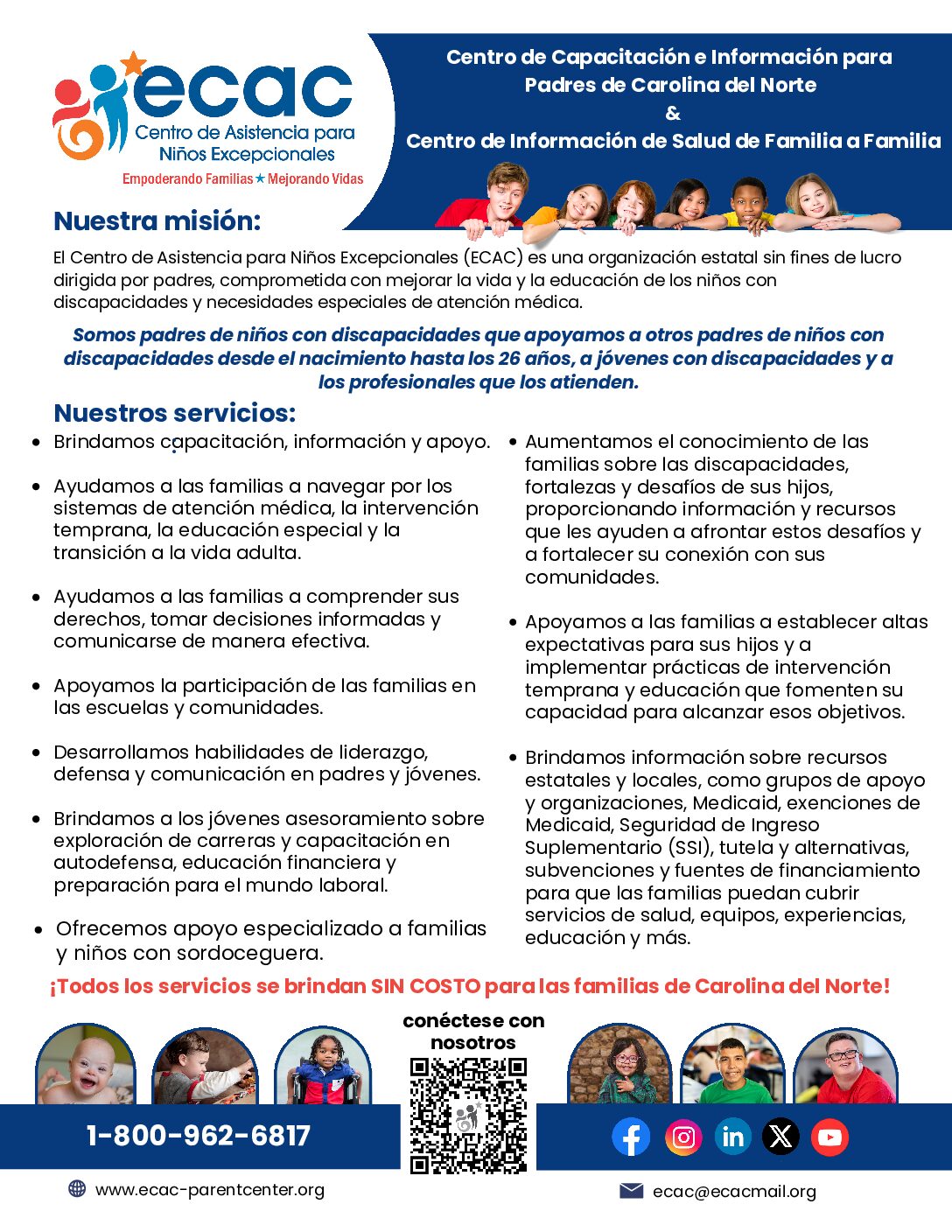
ECAC Hoja Informativa (ECAC Fact Sheet)
El Centro de Asistencia para Niños Excepcionales (ECAC) es una organización estatal sin fines de lucro dirigida por padres, comprometida con mejorar la vida y la educación de los niños con discapacidades y necesidades especiales de atención médica.
Categories: Spanish
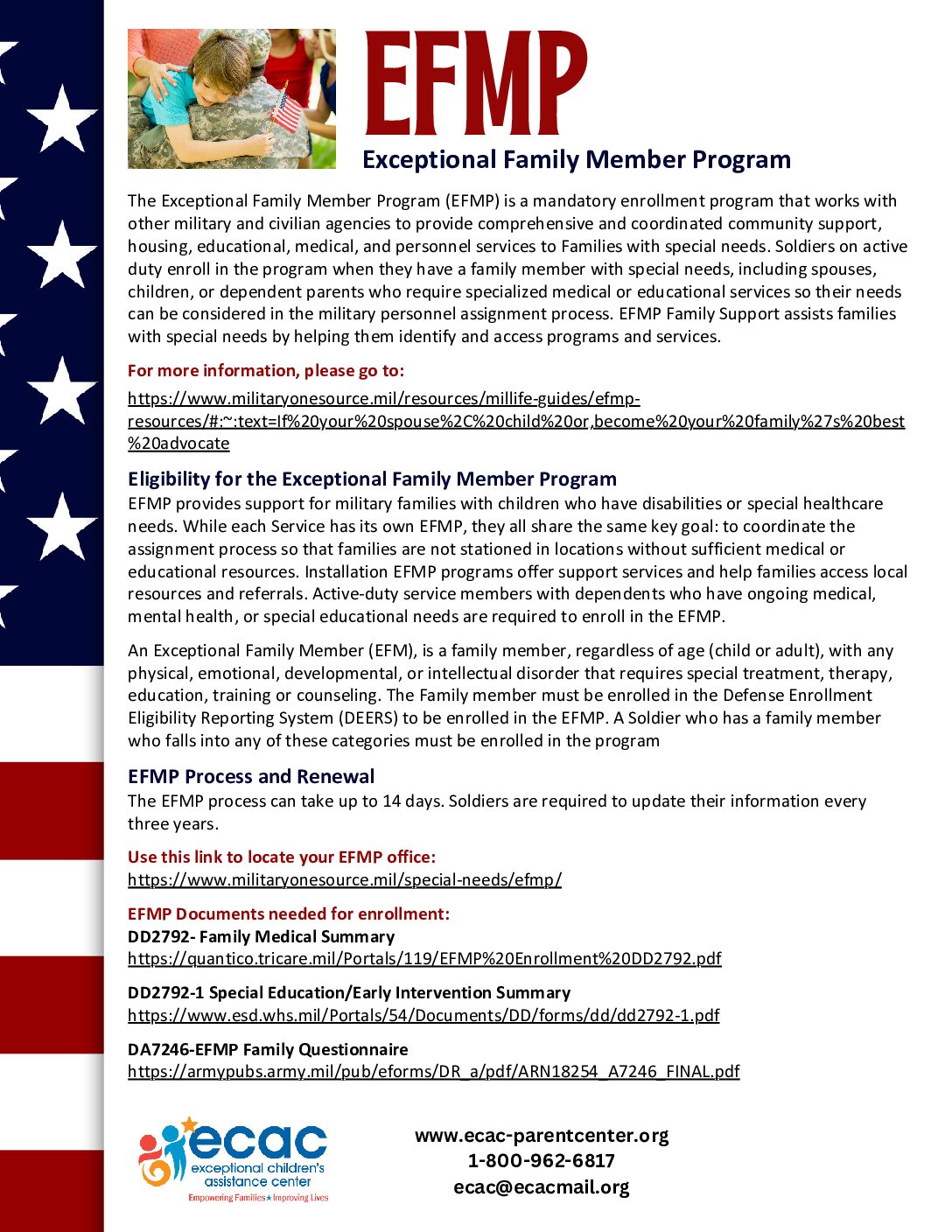
EFMP: Exceptional Family Member Program
The Exceptional Family Member Program (EFMP) is a mandatory enrollment program that works with other military and civilian agencies to provide comprehensive and coordinated community support, housing, educational, medical, and personnel services to Families with special needs.
Categories: Military, Special Education
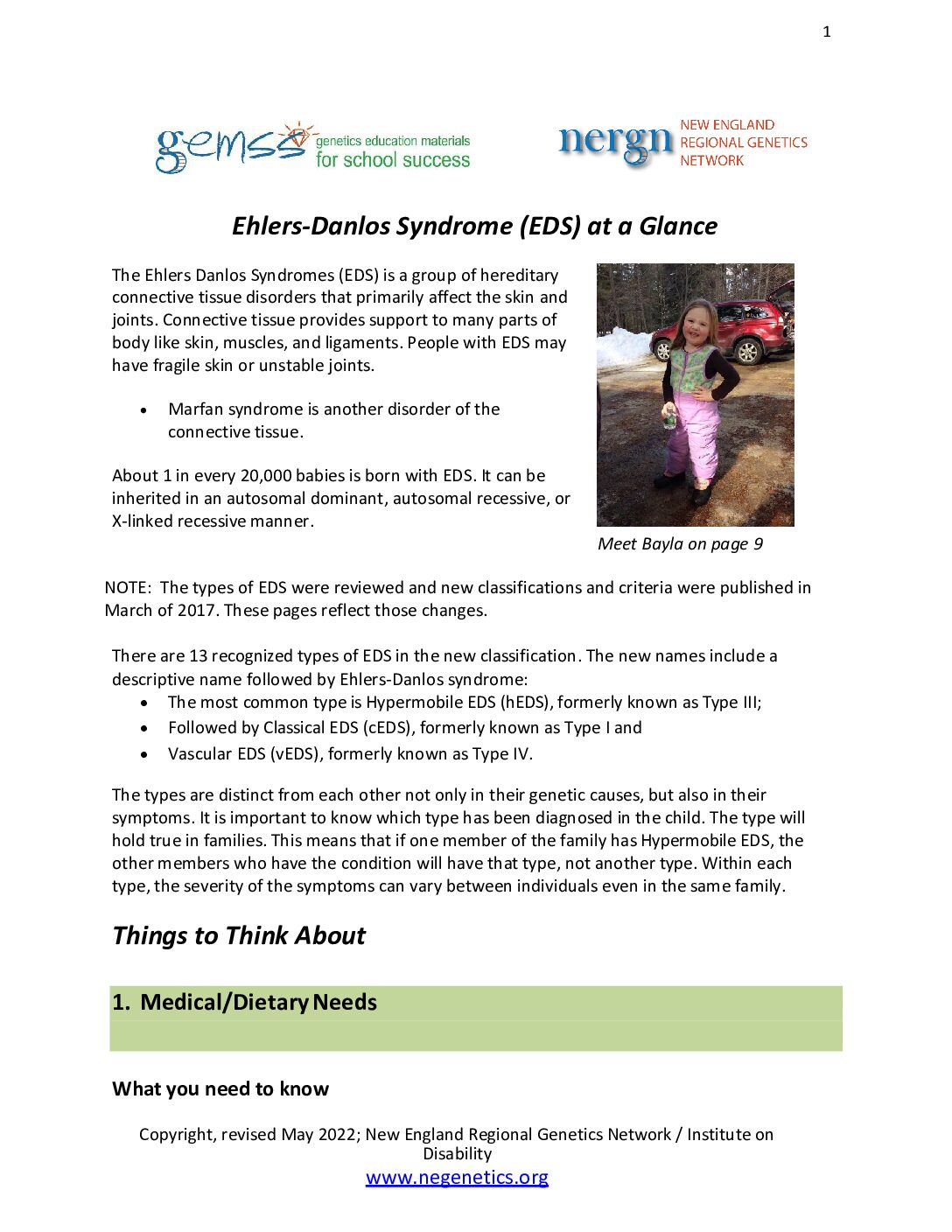
Ehlers-Danlos Syndrome (EDS) at a Glance
Genetic Education Materials for School Success (GEMSS) provides a family-friendly starting point to help family members learn more about genetic conditions and offers ideas to encourage inclusion and participation in the classroom. GEMSS shares condition-specific information and resources for multiple audiences, including families, professionals, healthcare providers, and schools. Contributors to GEMSS come from clinical, public health, advocacy, and academic settings. All content has been vetted by clinical and family experts.
Categories: Disability and Health Condition Specific Information
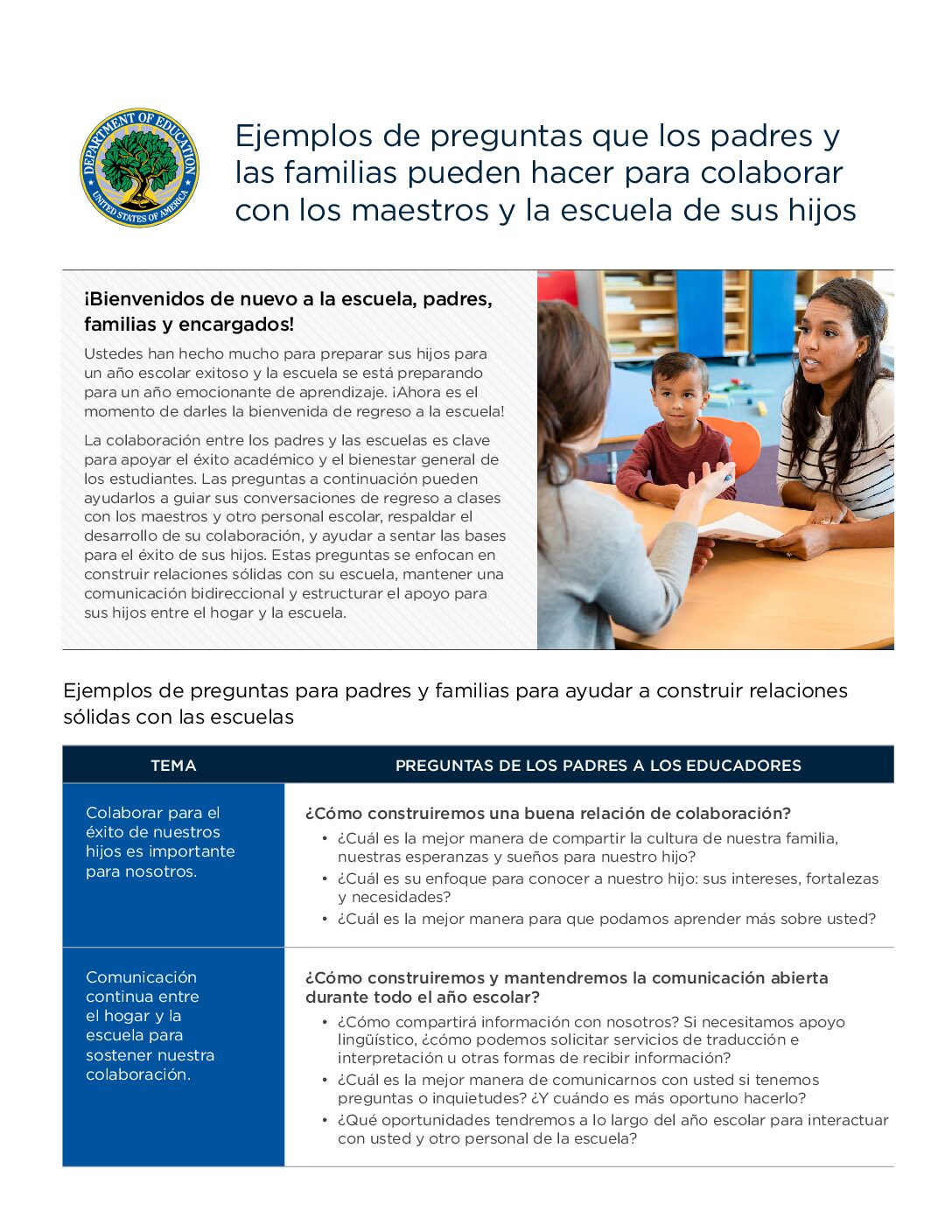
Ejemplos de preguntas que los padres ylas familias pueden hacer para colaborarcon los maestros y la escuela de sus hijos (Sample Questions Parents and Families Can Ask to Partner with Your Child’s Teachers and School)
La colaboración entre los padres y las escuelas es clave para apoyar el éxito académico y el bienestar general de los estudiantes. Las preguntas a continuación pueden ayudarlos a guiar sus conversaciones de regreso a clases con los maestros y otro personal escolar, respaldar el desarrollo de su colaboración, y ayudar a sentar las bases para el éxito de sus hijos. Estas preguntas se enfocan en construir relaciones sólidas con su escuela, mantener una comunicación bidireccional y estructurar el apoyo para sus hijos entre el hogar y la escuela.
Categories: Communication, Family Engagement, Spanish
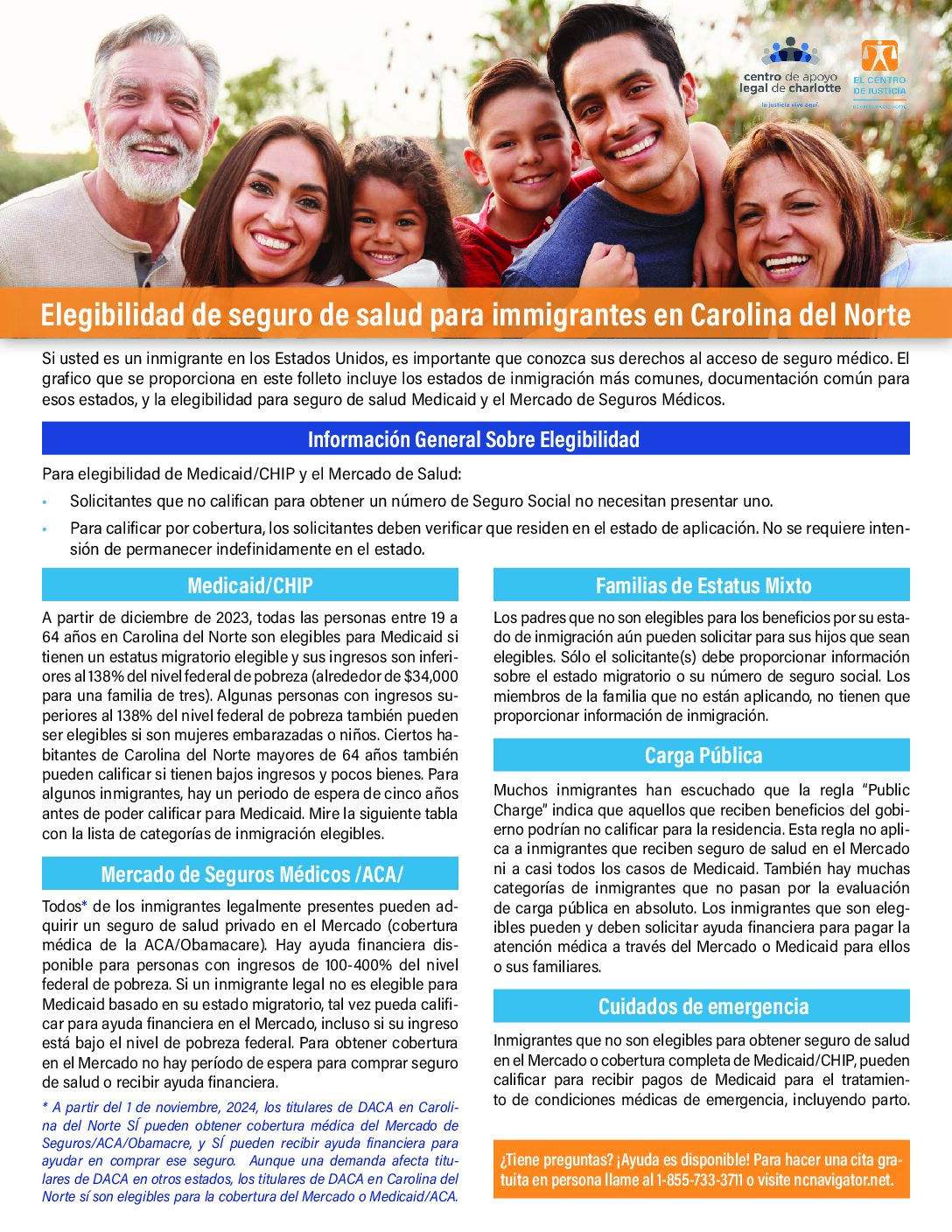
Elegibilidad de seguro de salud para immigrantes en Carolina del Norte
Si usted es un inmigrante en los Estados Unidos, es importante que conozca sus derechos al acceso de seguro médico. El grafico que se proporciona en este folleto incluye los estados de inmigración más comunes, documentación común para esos estados, y la elegibilidad para seguro de salud Medicaid y el Mercado de Seguros Médicos.
Categories: Medicaid and Medicaid Waivers, Spanish
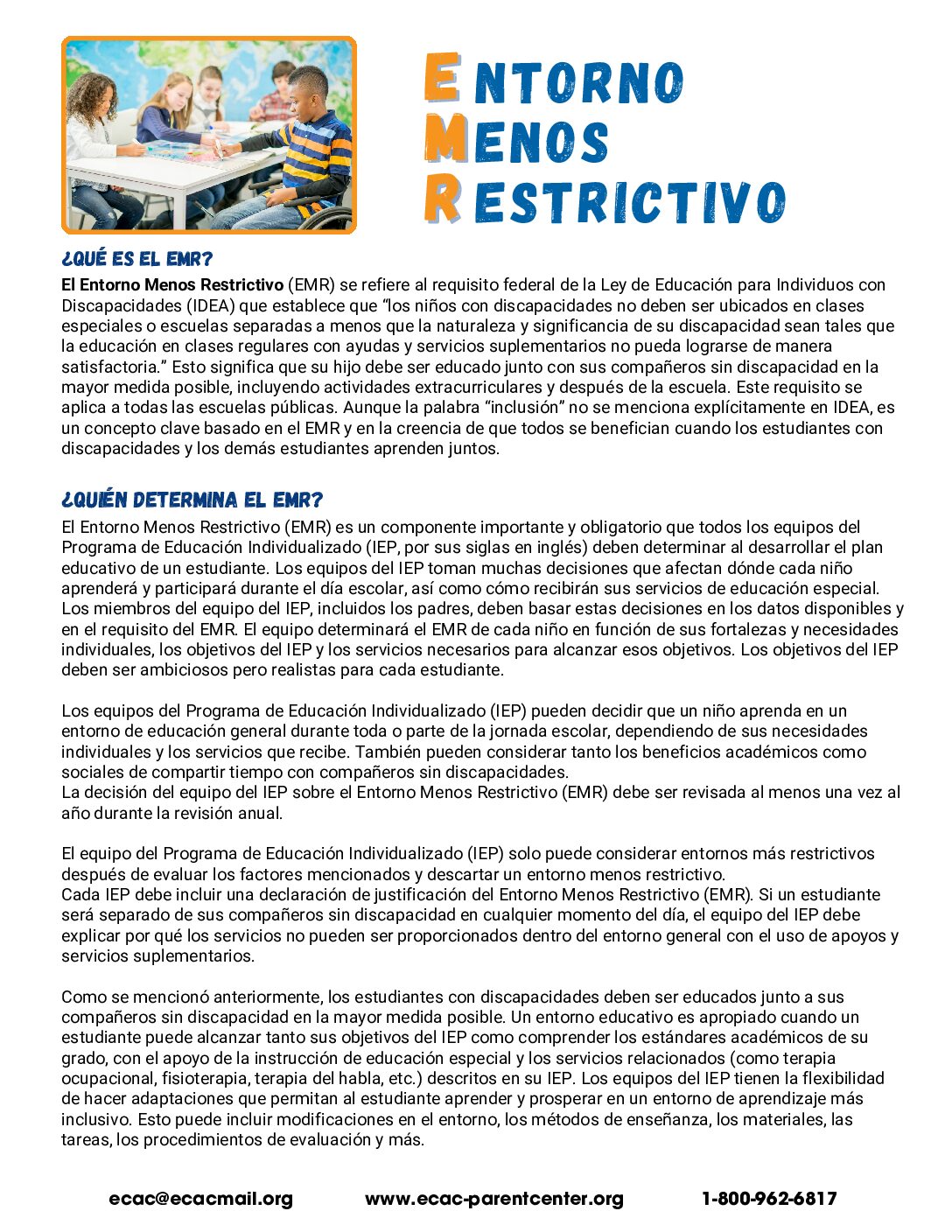
Entorno Menos Restrictivo (Least Restrictive Environment)
El Entorno Menos Restrictivo (EMR) se refiere al requisito federal de la Ley de Educación para Individuos con Discapacidades (IDEA) que establece que “los niños con discapacidades no deben ser ubicados en clases especiales o escuelas separadas a menos que la naturaleza y significancia de su discapacidad sean tales que la educación en clases regulares con ayudas y servicios suplementarios no pueda lograrse de manera satisfactoria.”
Categories: Spanish, Special Education
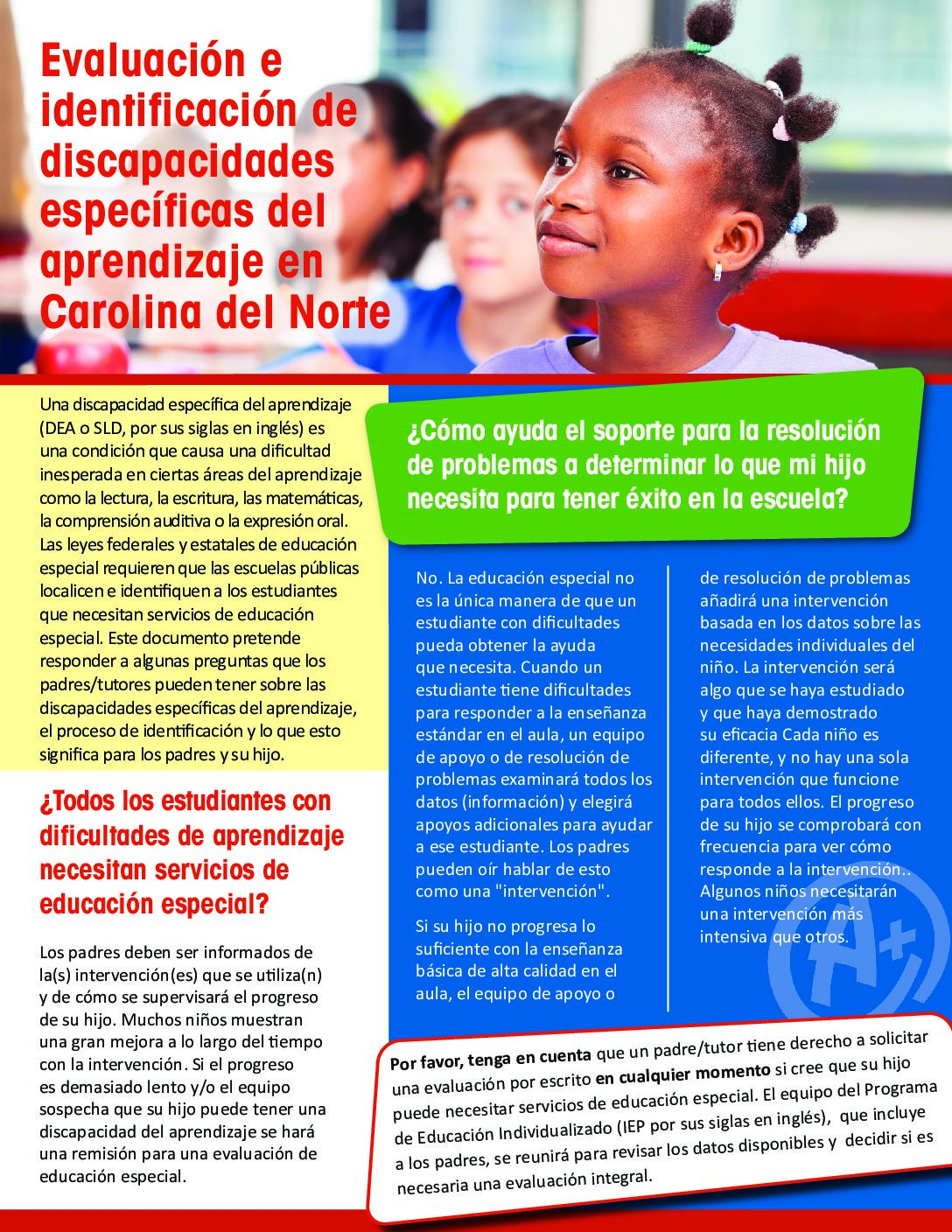
Evaluación e identificación de discapacidades específicas del aprendizaje en Carolina del Norte (Evaluation and Identification of Specific Learning Disabilities in North Carolina)
Categories: Learning Disability, Spanish
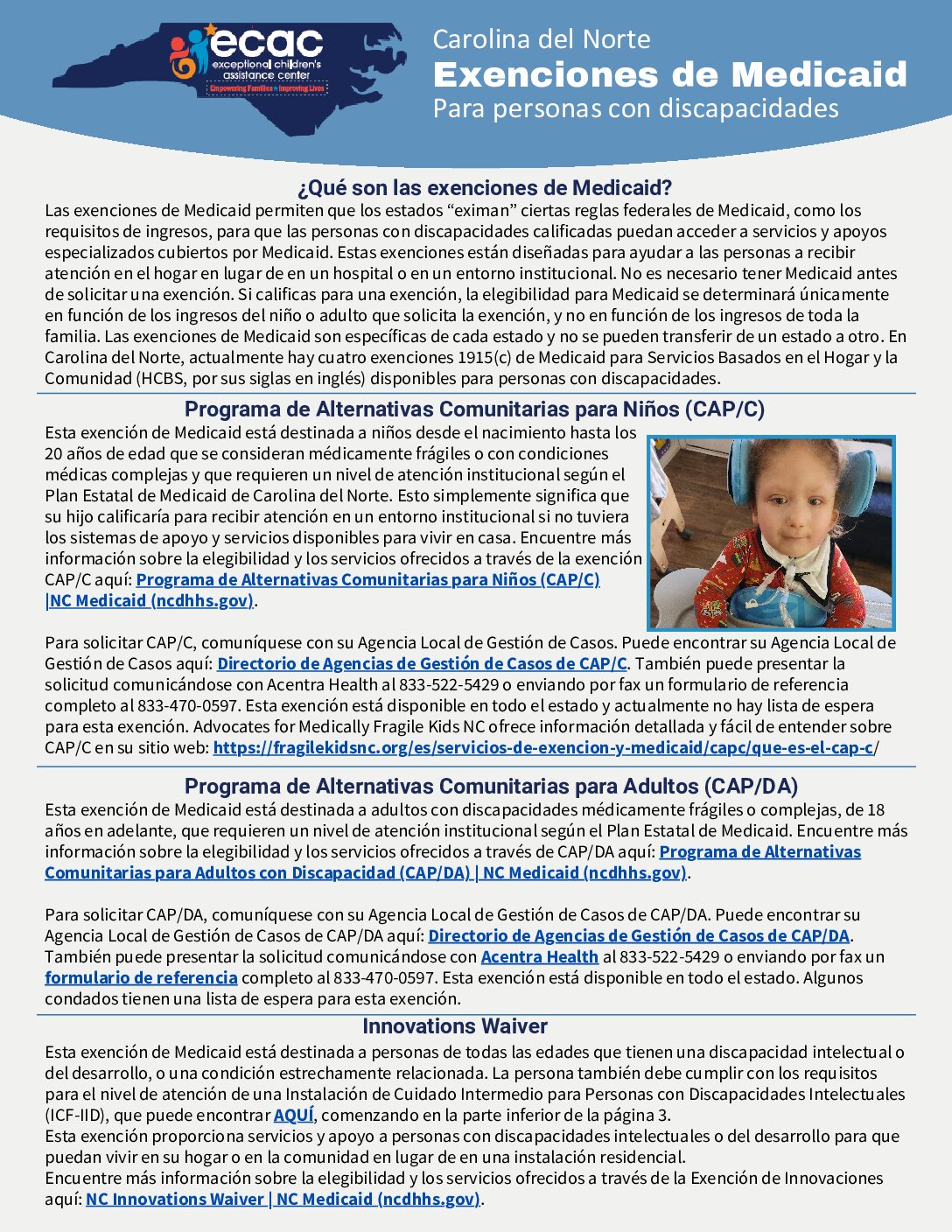
Exenciones de Medicaid de Carolina del Norte para Personas con Discapacidades (North Carolina Medicaid Waivers for Individuals with Disabilities)
Las exenciones de Medicaid "eximen" ciertos requisitos federales de Medicaid, como los requisitos de ingresos familiares, para permitir que las personas con discapacidades calificadas tengan acceso a servicios y apoyos especializados que están cubiertos por Medicaid.
Categories: Medicaid and Medicaid Waivers, Spanish
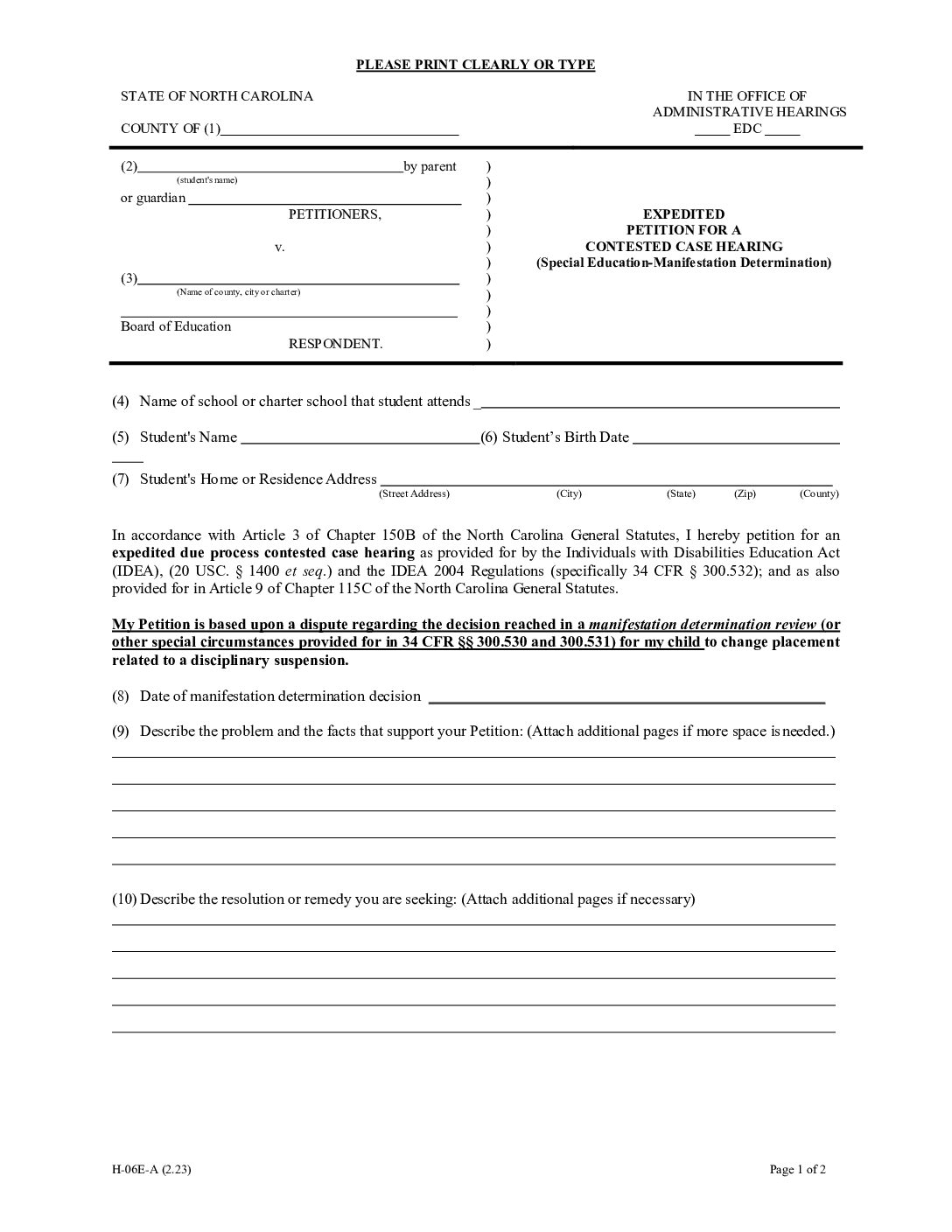
Expedited Petition for a Contested Case Hearing (Special Education - Manifestation Determination)
Categories: Behavior
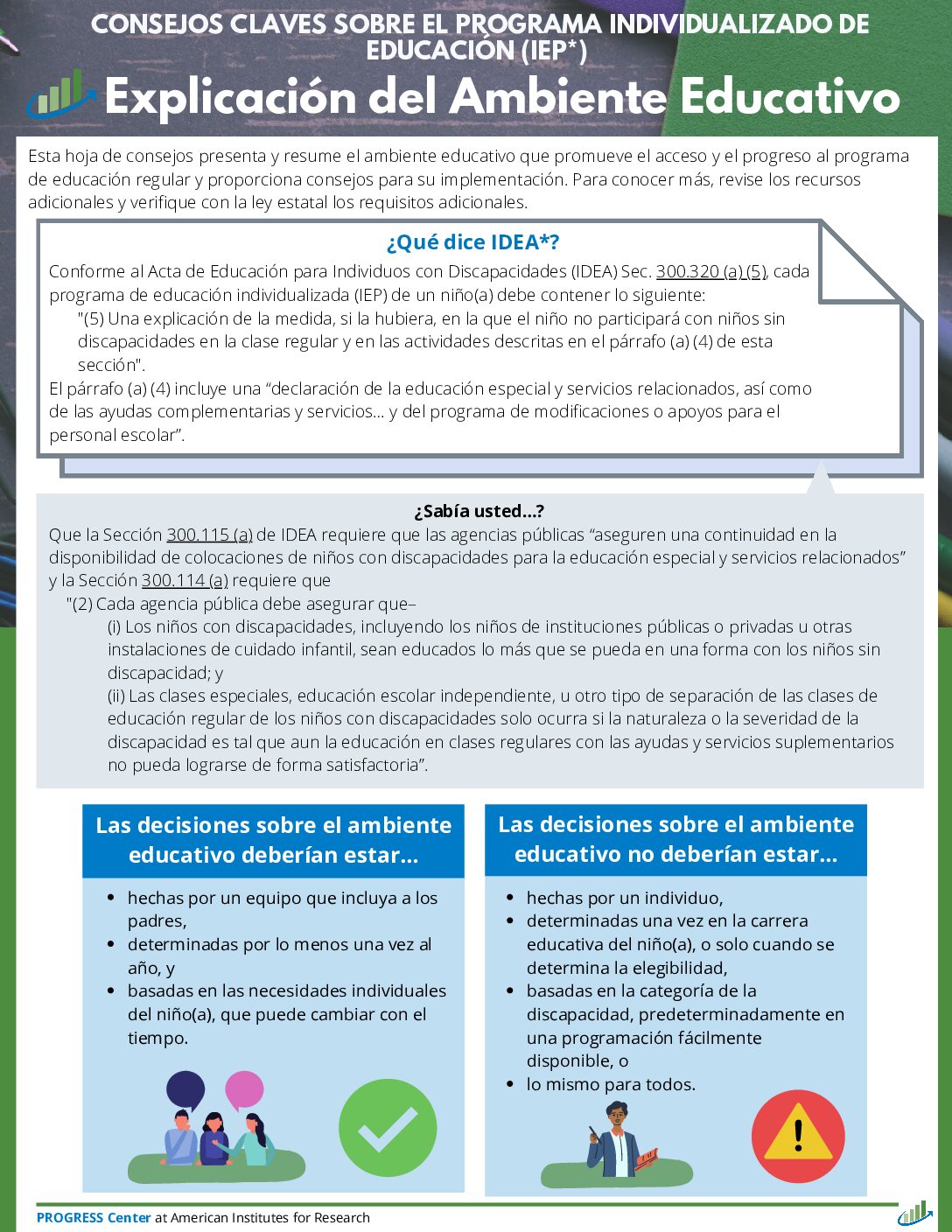
Explicación del Ambiente Educativo (Explanation of Educational Setting Spanish Version)
Categories: IEP, Spanish, Special Education
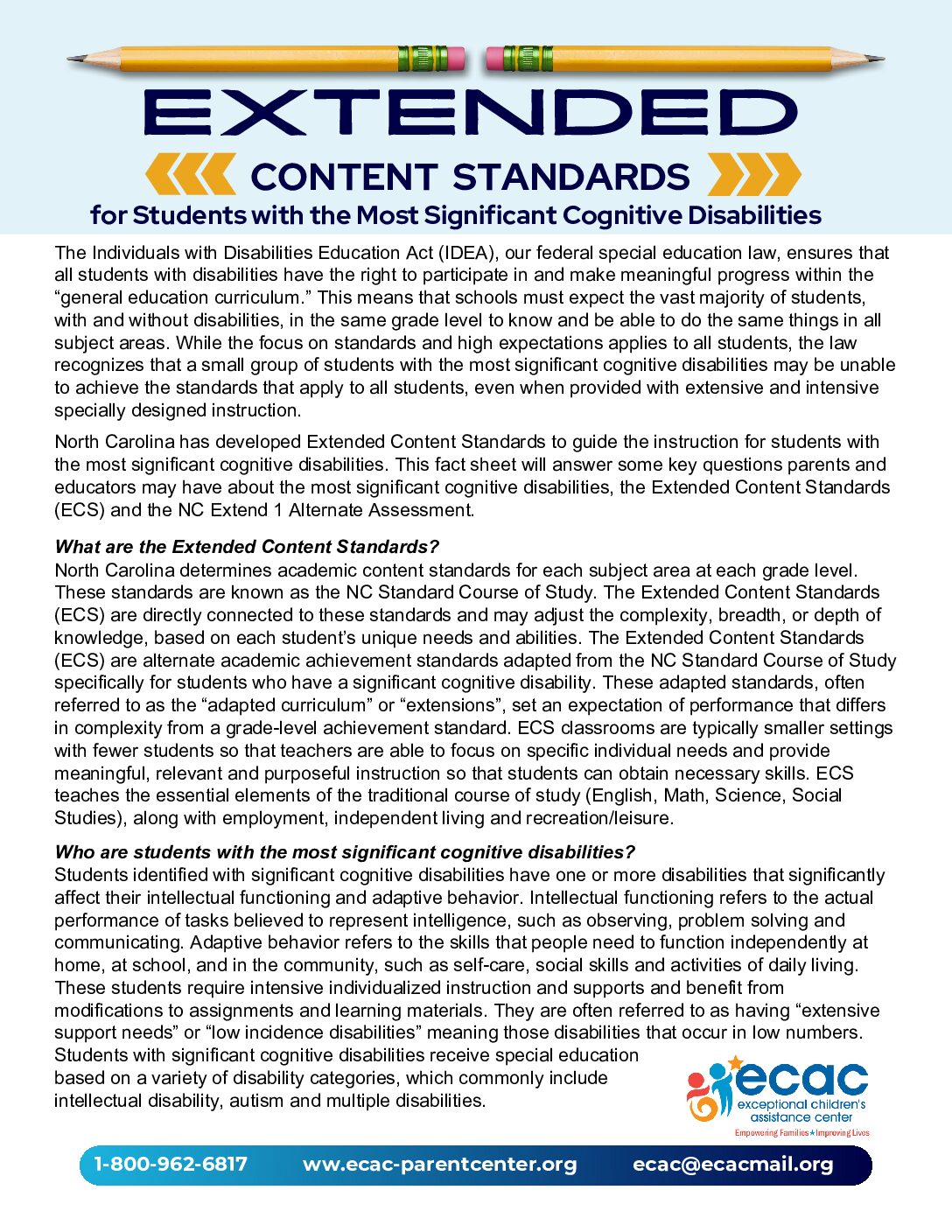
Extended Content Standards Fact Sheet
North Carolina has developed Extended Content Standards to guide the instruction for students with the most significant cognitive disabilities. This fact sheet will answer some key questions parents and educators may have about the most significant cognitive disabilities, the Extended Content Standards (ECS) and the NC Extend 1 Alternate Assessment.
Categories: Special Education
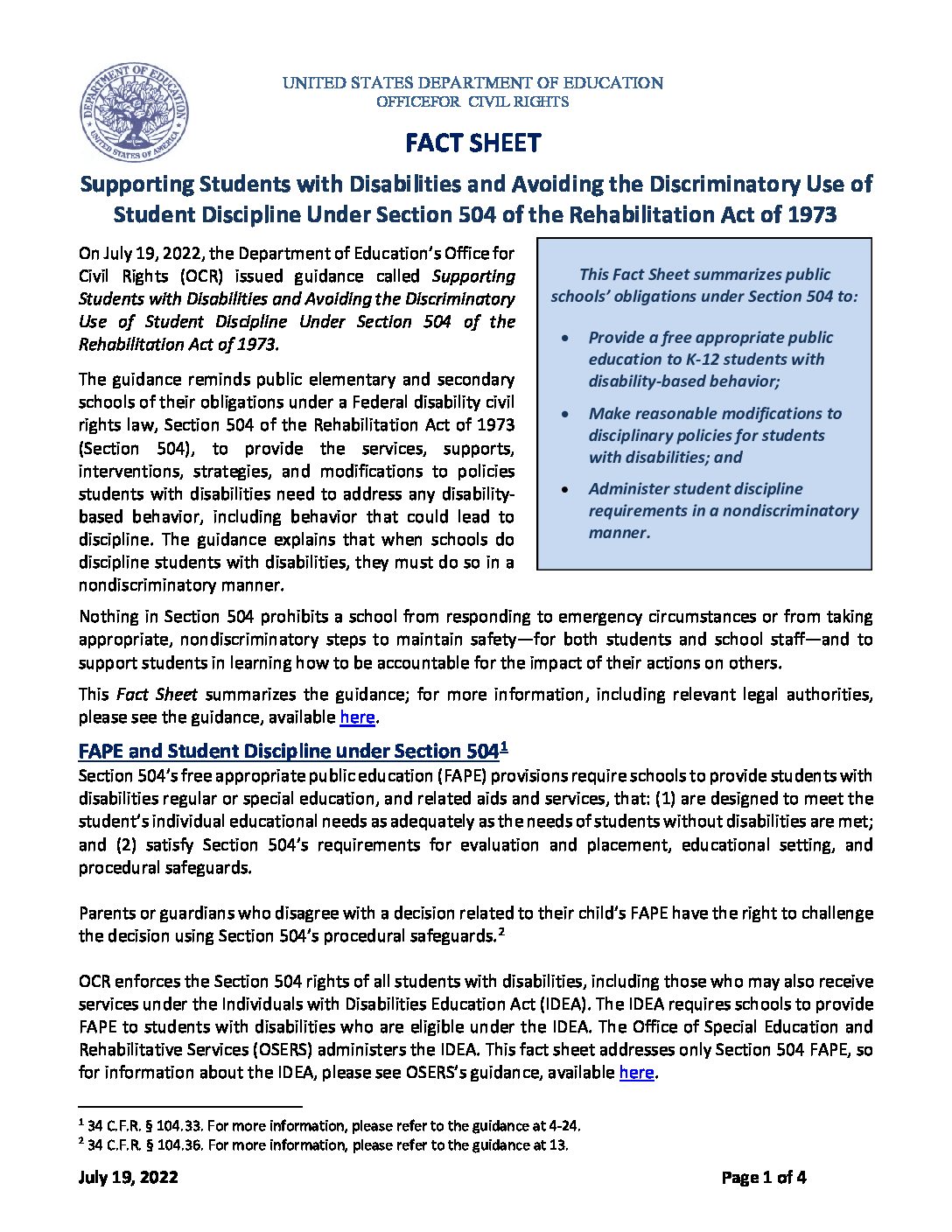
FACT SHEET - Supporting Students with Disabilities and Avoiding the Discriminatory Use of Student Discipline Under Section 504 of the Rehabilitation Act of 1973
New guidance from the US Department of Education on discipline for students with disabilities.
Categories: 504, Behavior, IDEA
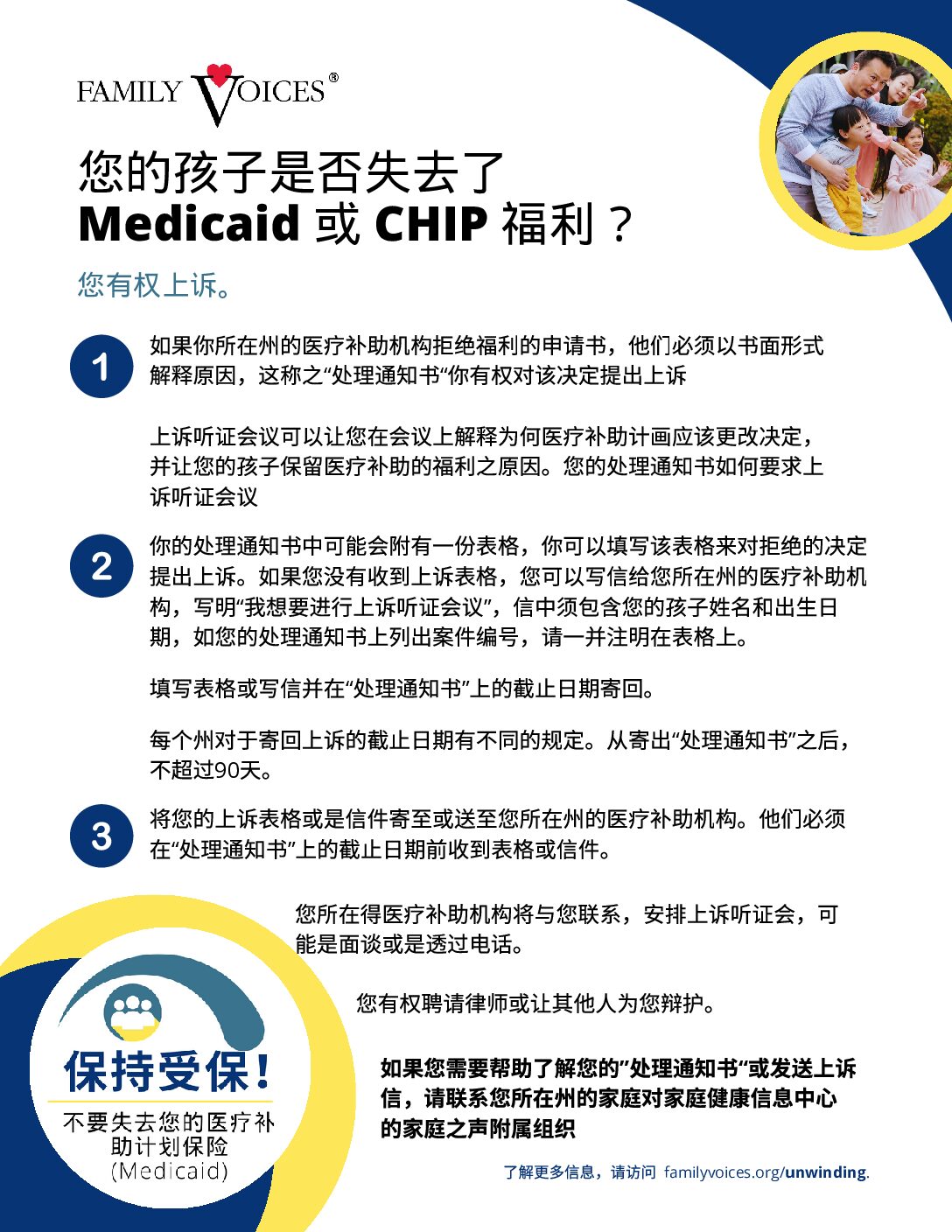
Fact Sheet: Appealing a Medicaid Denial (Chinese)
Categories: Medicaid and Medicaid Waivers
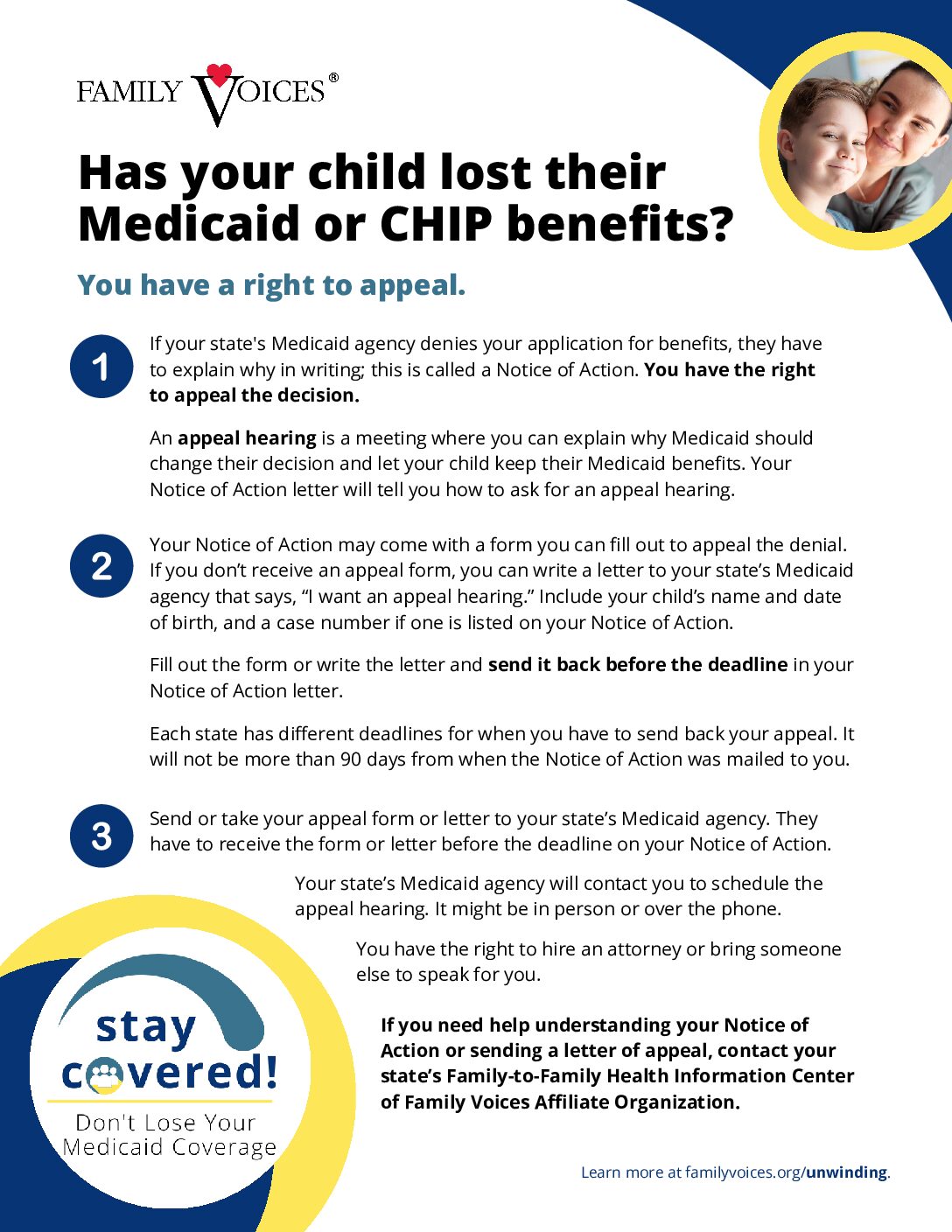
Fact Sheet: Appealing a Medicaid Denial (English)
Categories: Medicaid and Medicaid Waivers
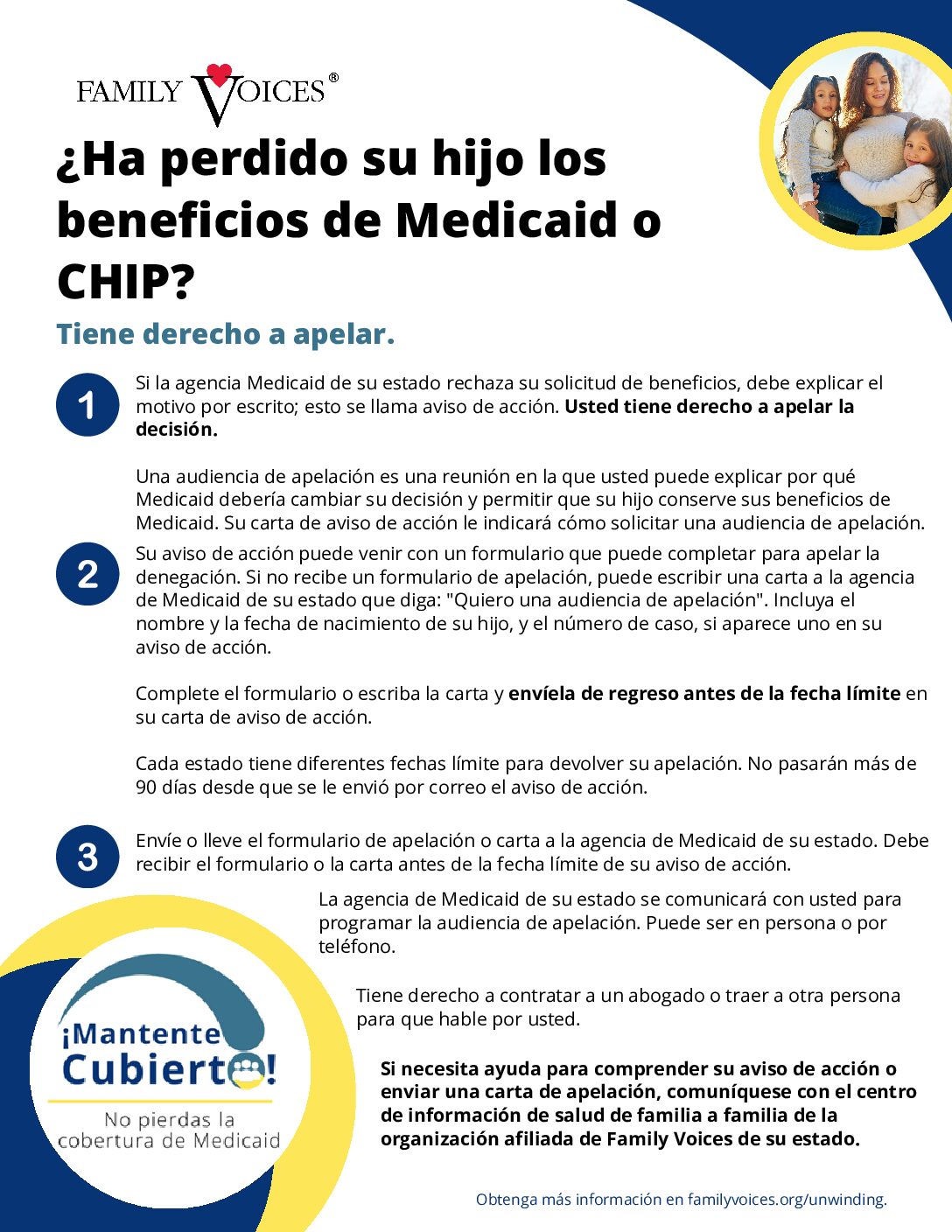
Fact Sheet: Appealing a Medicaid Denial (Spanish)
Categories: Medicaid and Medicaid Waivers, Spanish
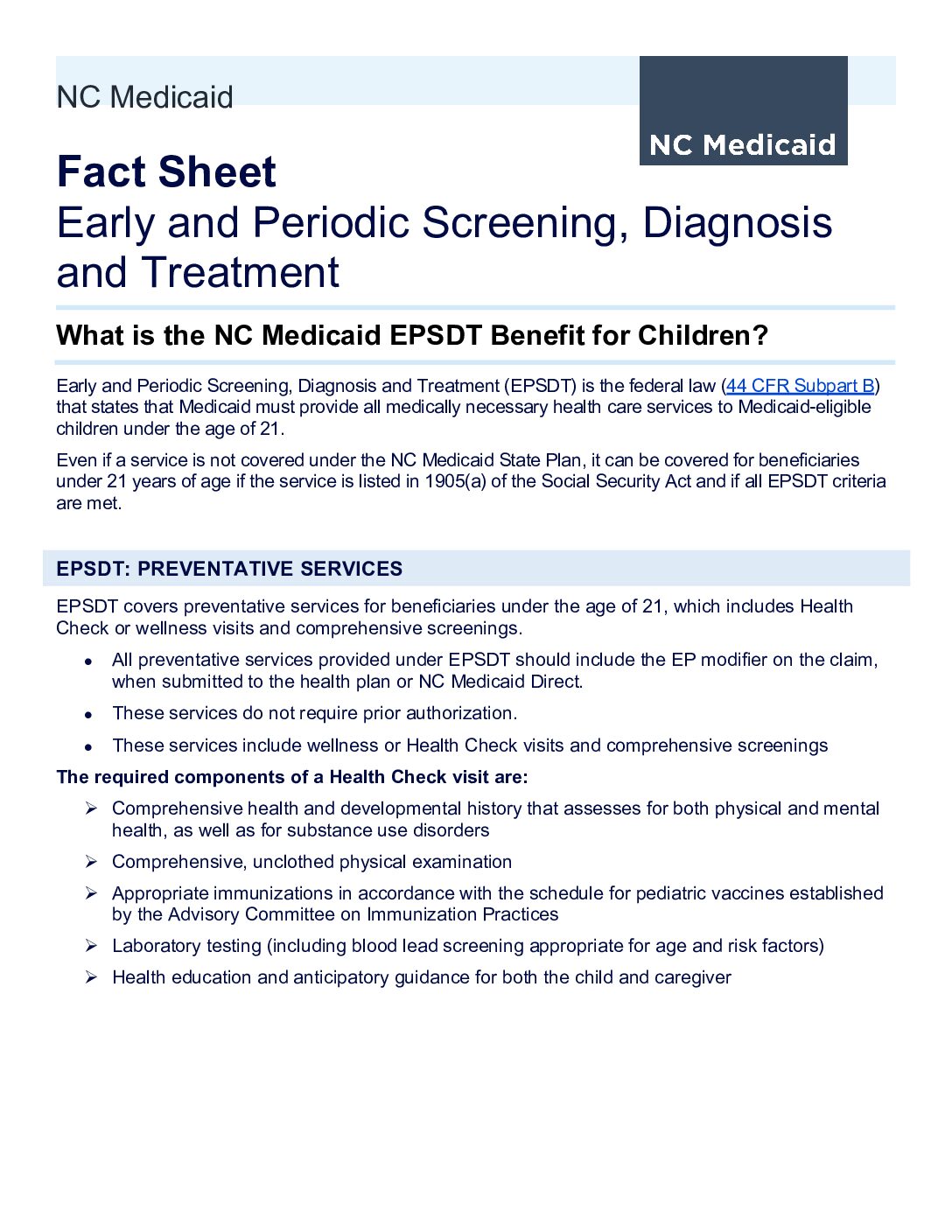
Fact Sheet: Early and Periodic Screening, Diagnosis and Treatment
Early and Periodic Screening, Diagnosis and Treatment (EPSDT) is the federal law (44 CFR Subpart B) that states that Medicaid must provide all medically necessary health care services to Medicaid-eligible children under the age of 21. Even if a service is not covered under the NC Medicaid State Plan, it can be covered for beneficiaries under 21 years of age if the service is listed in 1905(a) of the Social Security Act and if all EPSDT criteria are met.
Categories: Medicaid and Medicaid Waivers
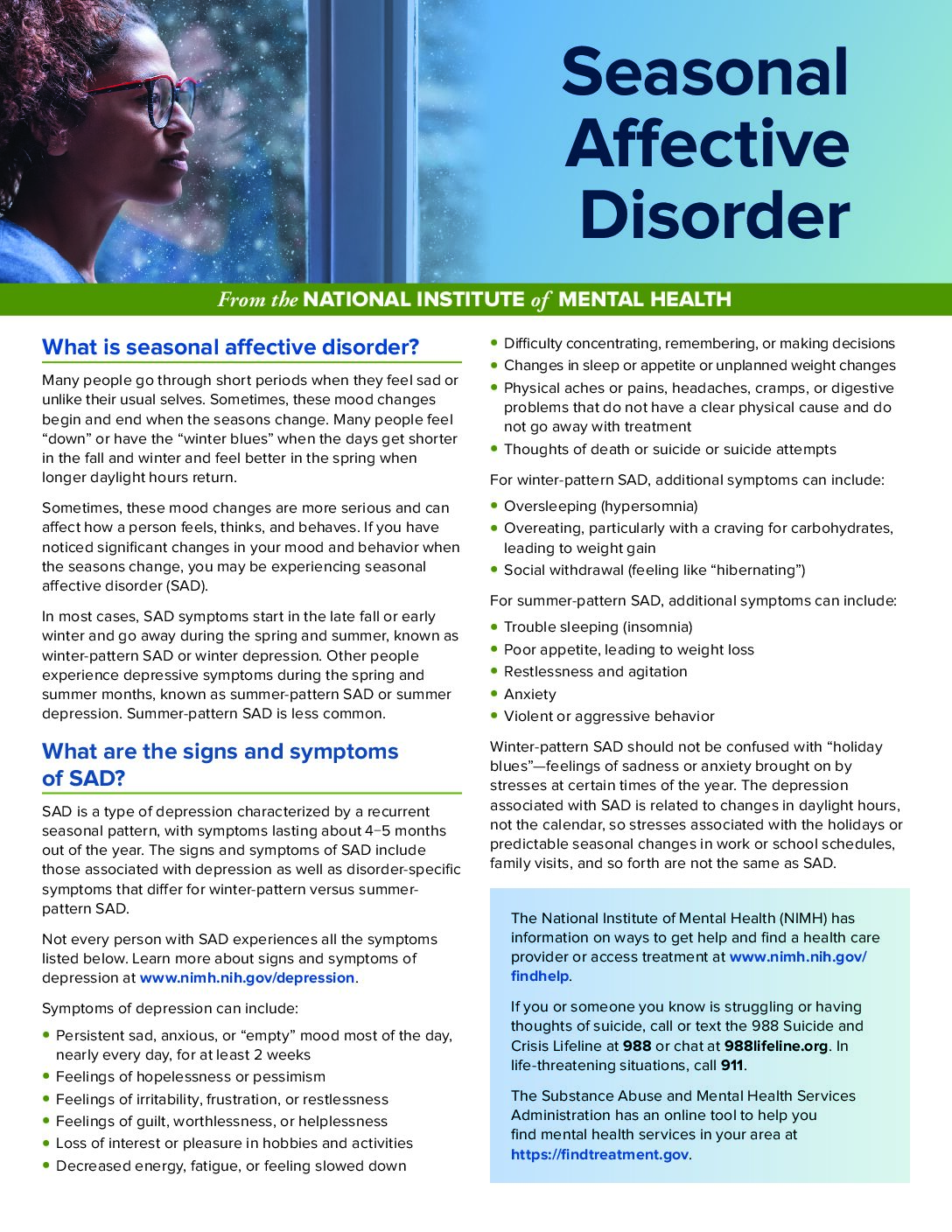
Fact Sheet: Seasonal Affective Disorder
Many people go through short periods when they feel sad or unlike their usual selves. Sometimes, these mood changes begin and end when the seasons change. Many people feel “down” or have the “winter blues” when the days get shorter in the fall and winter and feel better in the spring when longer daylight hours return.
Categories: Disability and Health Condition Specific Information
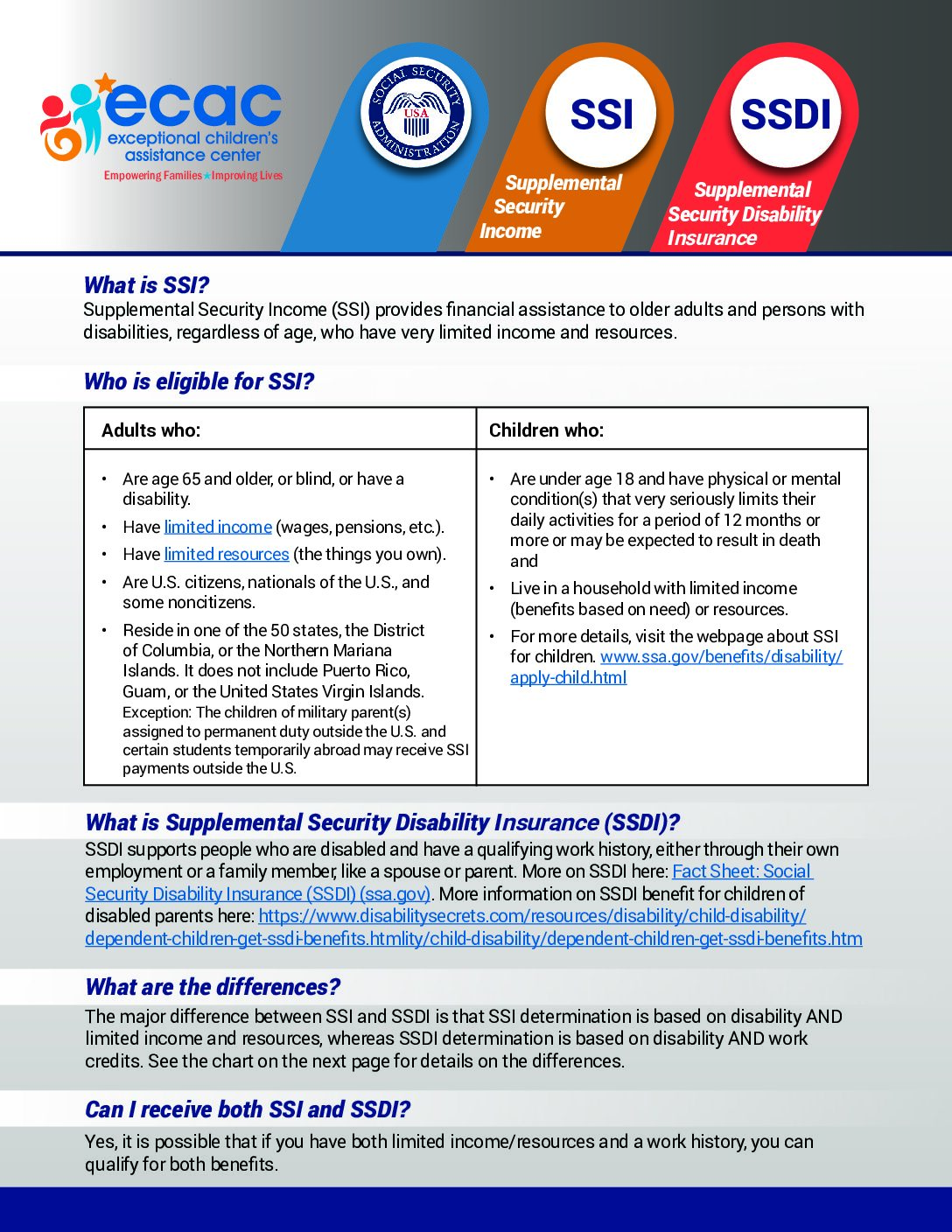
Fact Sheet: SSI vs SSDI
Supplemental Security Income (SSI) and Supplemental Security Disability Insurance (SSDI)
Categories: SSI and SSDI, Transition to Adulthood
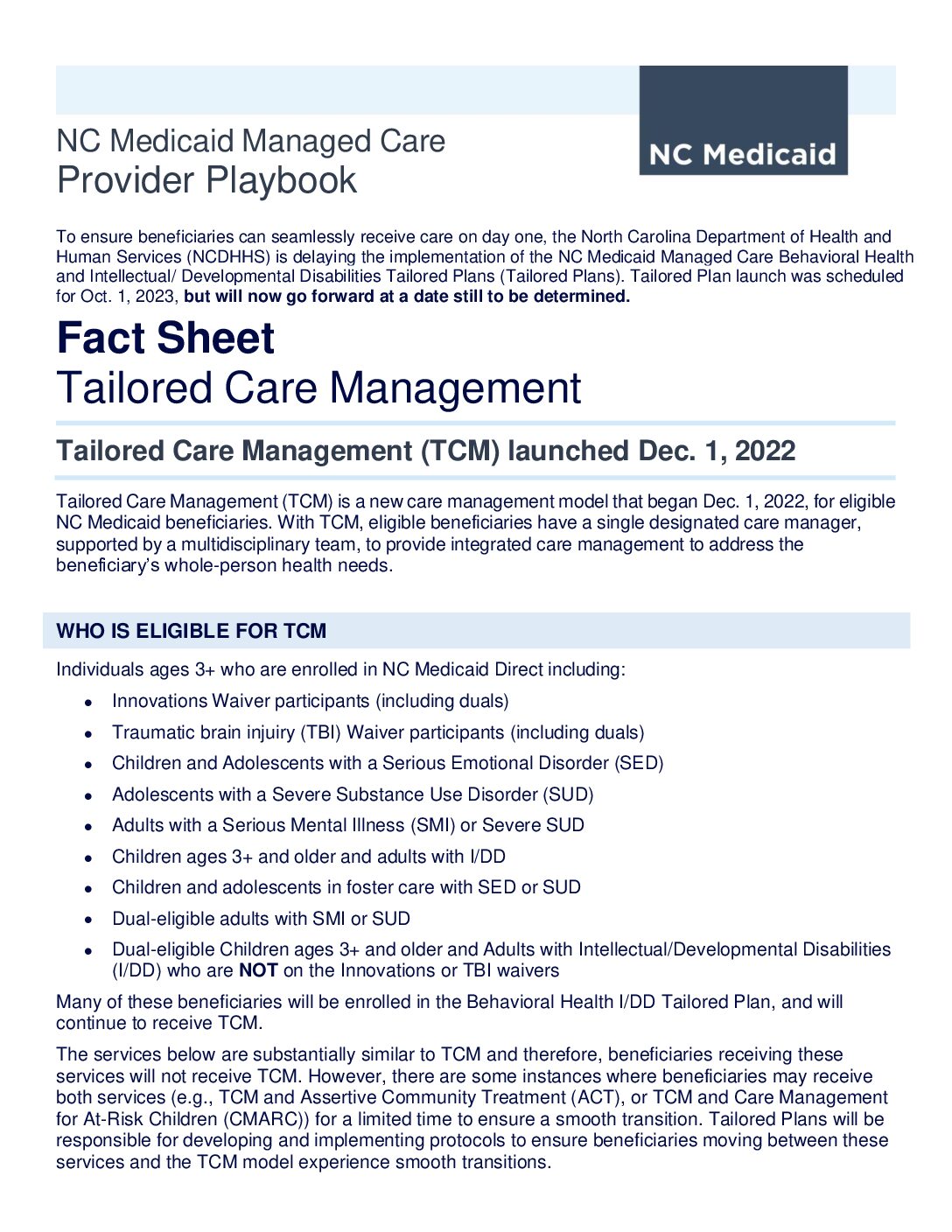
Fact Sheet: Tailored Care Management (TCM)
Tailored Care Management (TCM) is a new care management model that began Dec. 1, 2022, for eligible NC Medicaid beneficiaries. With TCM, eligible beneficiaries have a single designated care manager, supported by a multidisciplinary team, to provide integrated care management to address the beneficiary’s whole-person health needs.
Categories: Medicaid and Medicaid Waivers
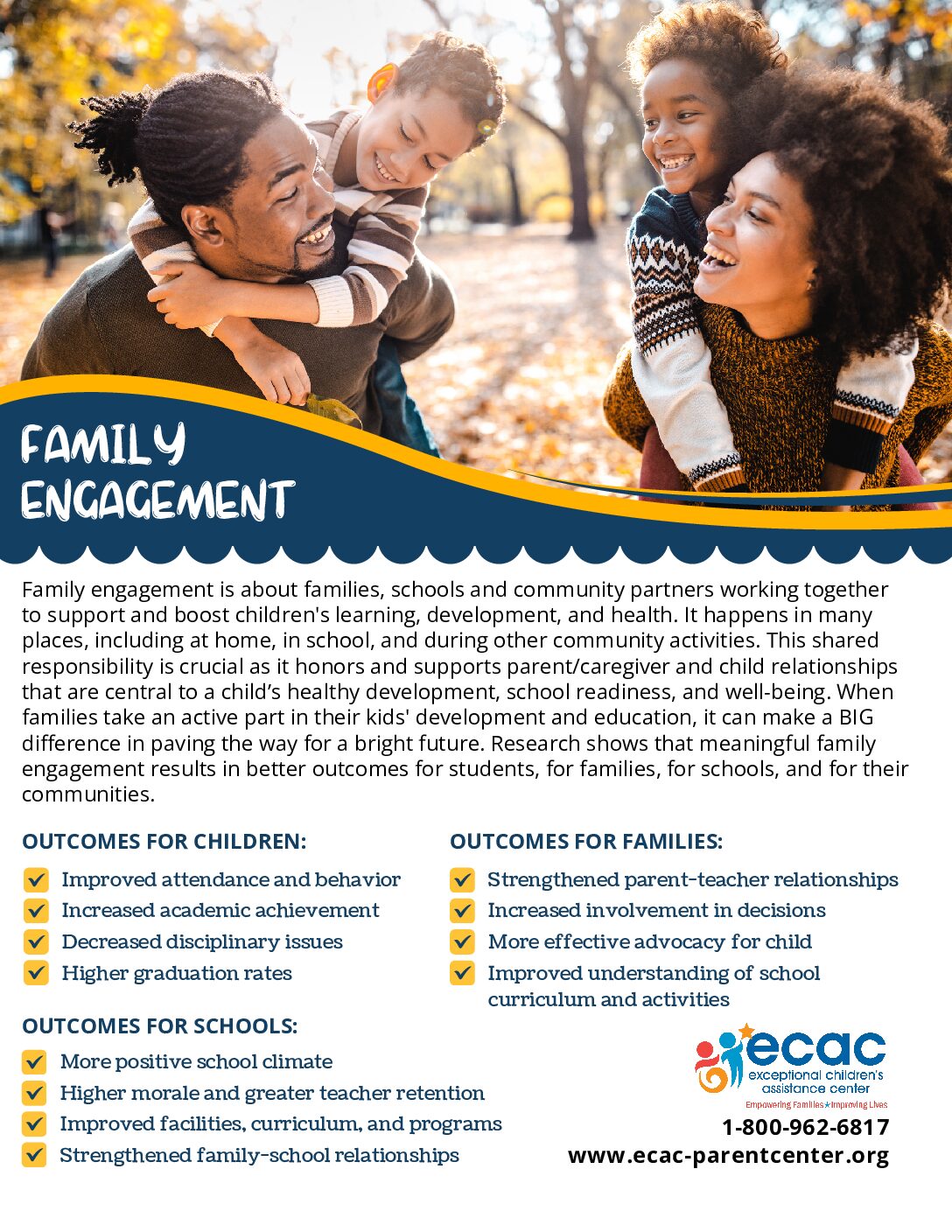
Family Engagement
Family engagement is about families, schools and community partners working together to support and boost children's learning, development, and health. It happens in many places, including at home, in school, and during other community activities. Research shows that meaningful family engagement results in better outcomes for students, for families, for schools, and for their communities.
Categories: Family Engagement
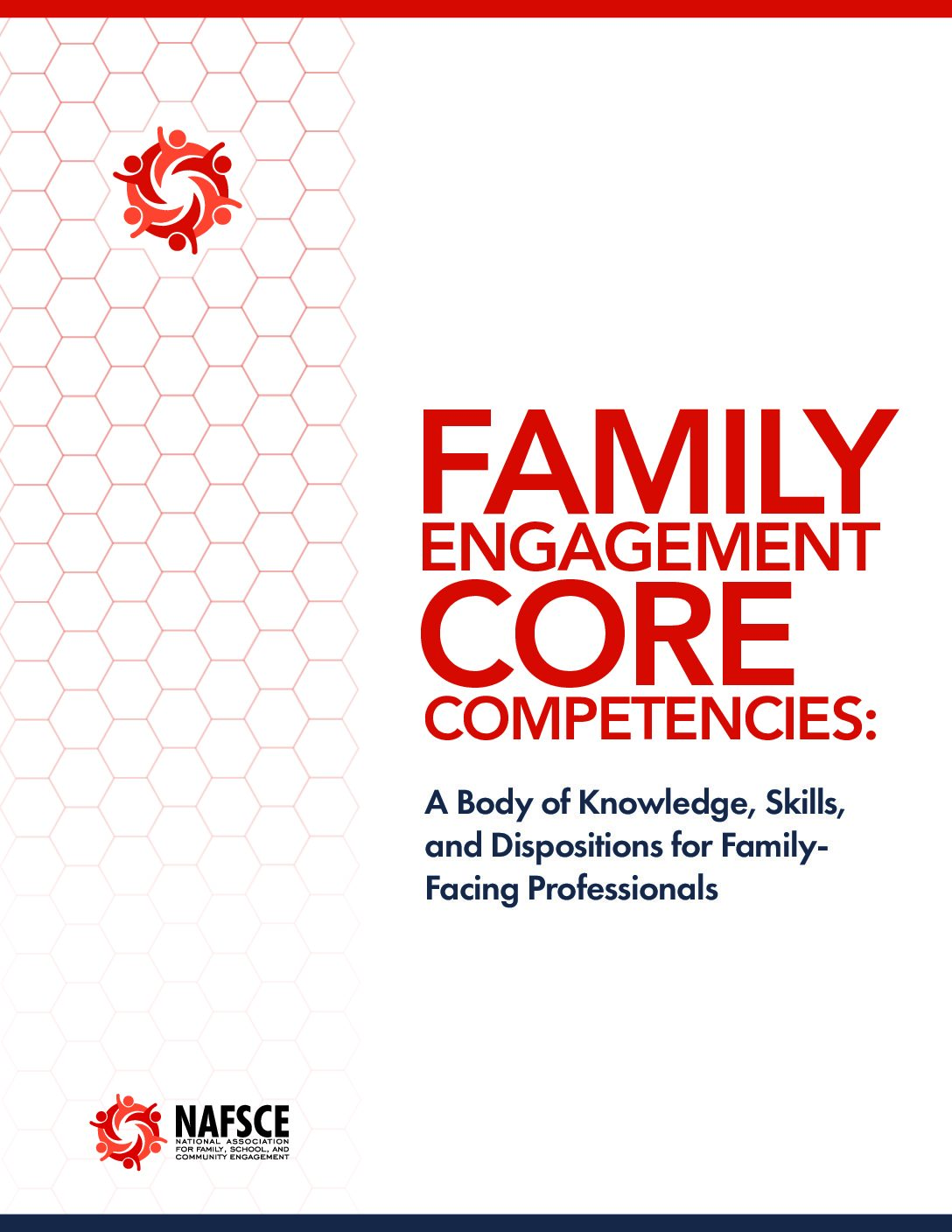
Family Engagement Core Competencies
A Body of Knowledge, Skills, and Dispositions for Family- Facing Professionals
Categories:
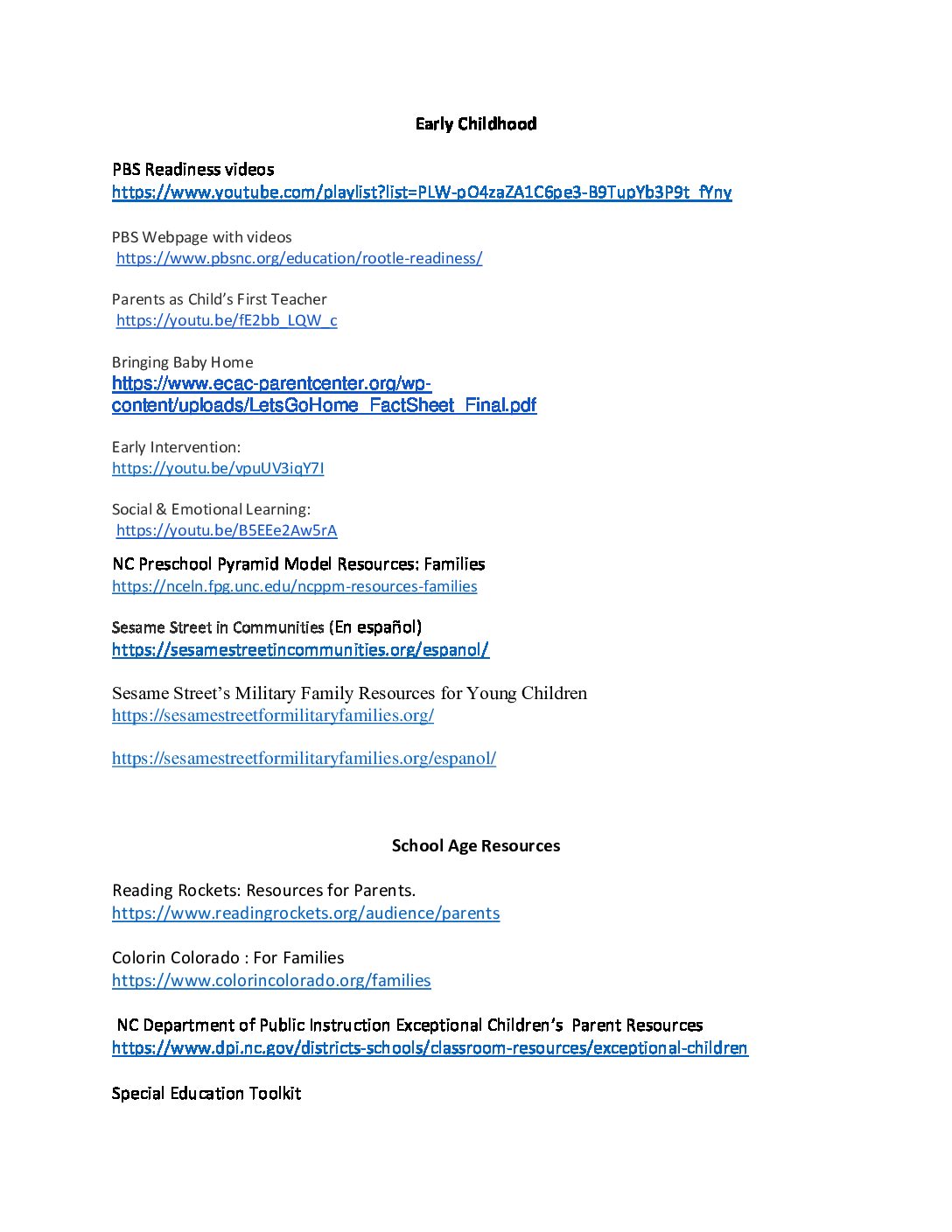
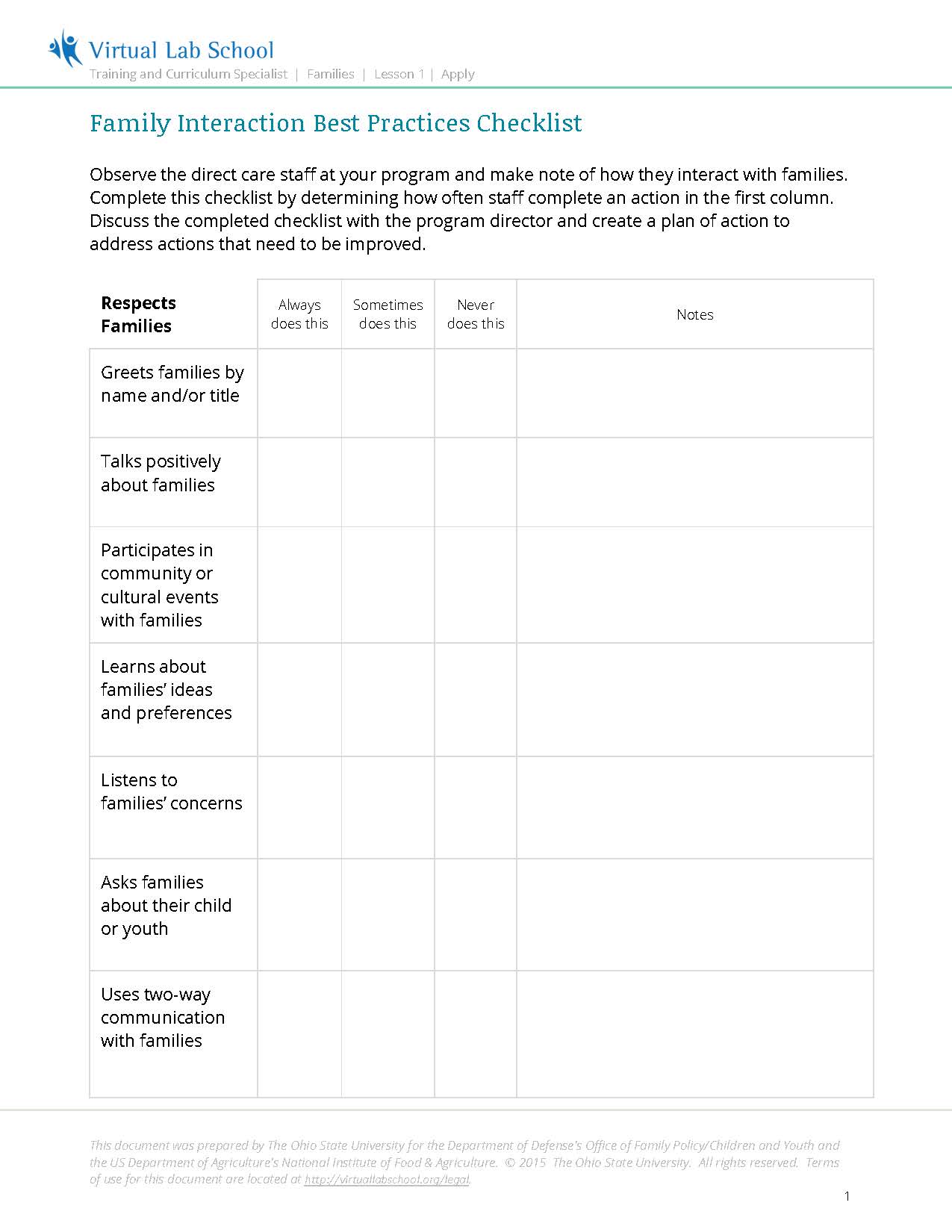
Family Interaction Best Practices Checklist
This tool can be used by professionals as a self- assessment to reflect on their interactions with families.
Categories: Family Engagement
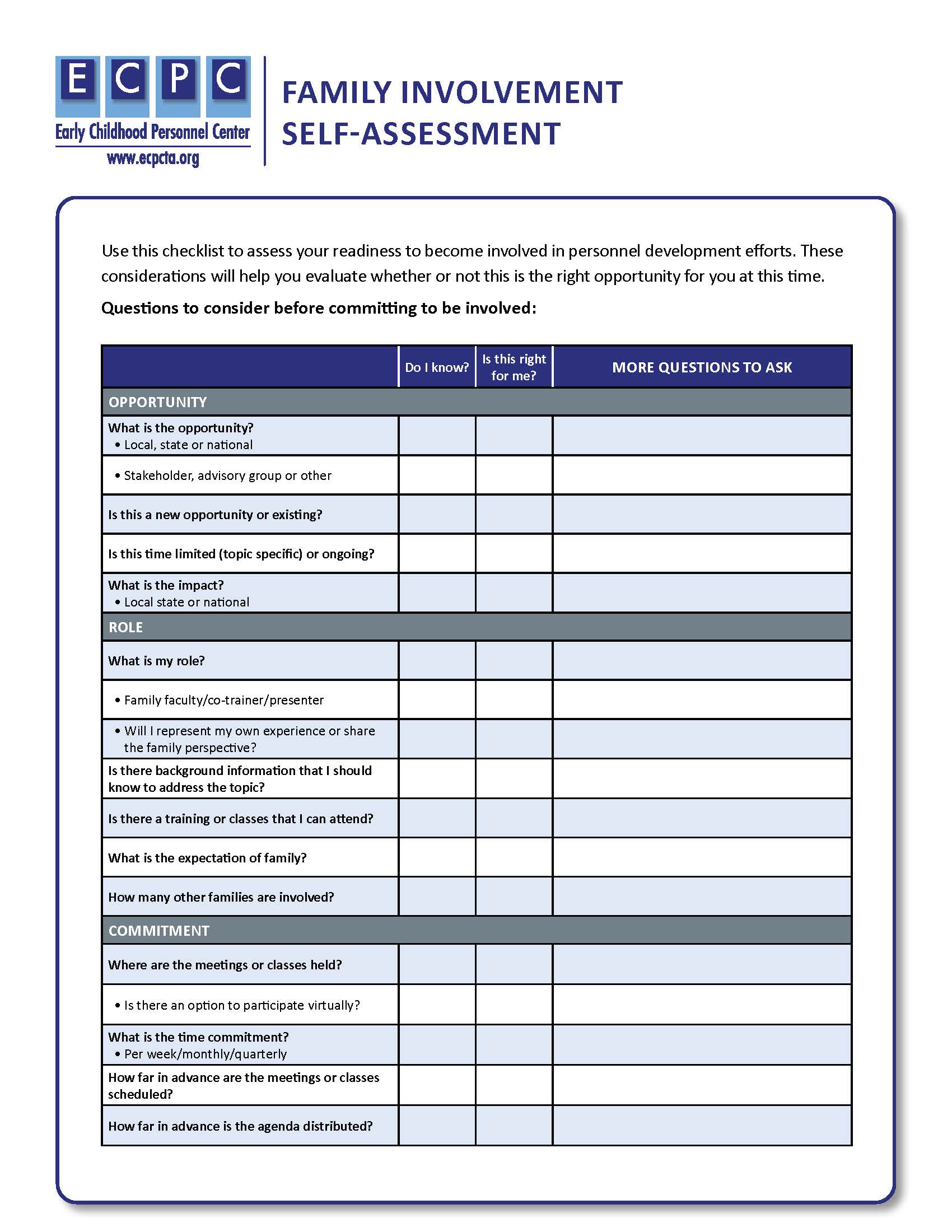
Family Involvement Self Assessment
Checklist to help you evaluate whether a leadership opportunity is right for you.
Categories: Family Engagement
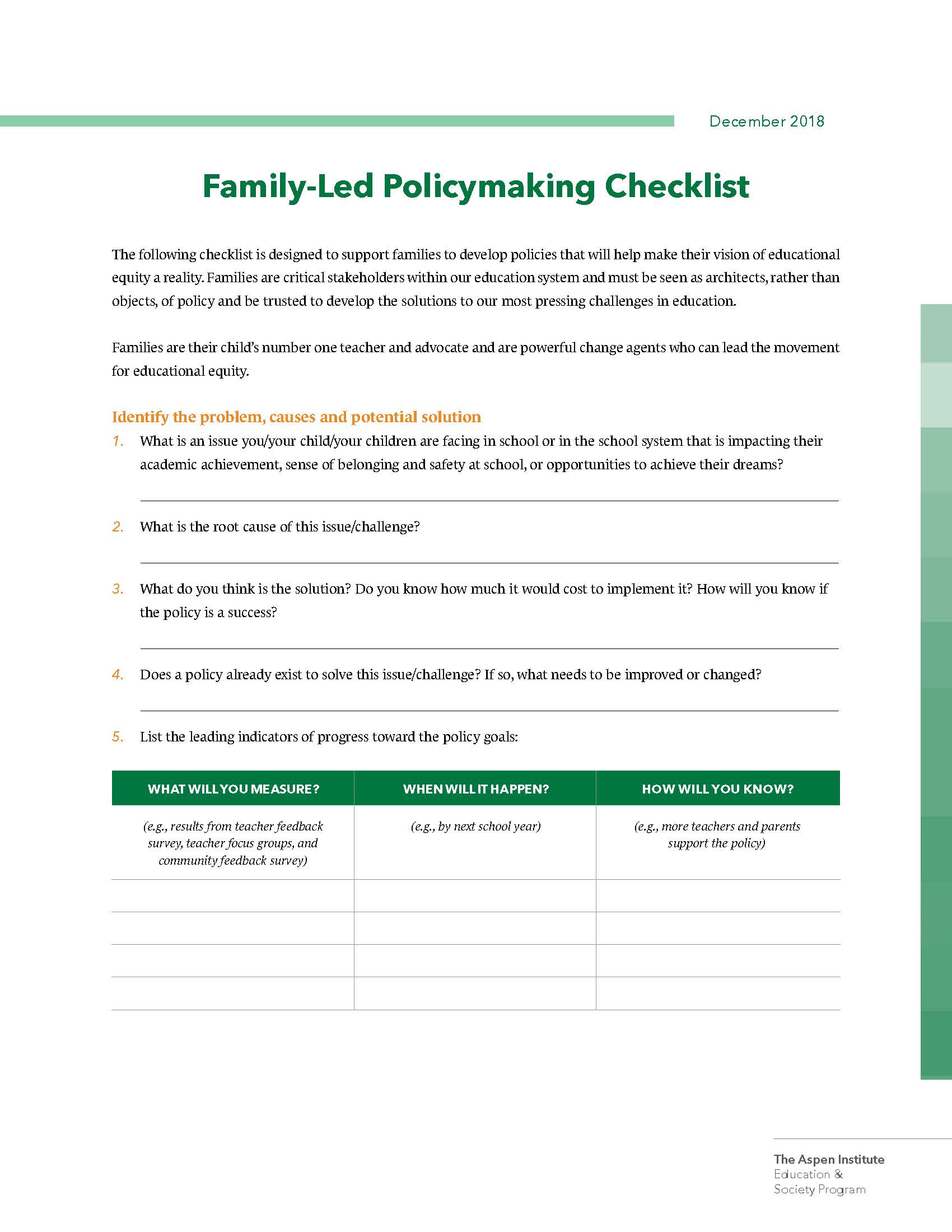
Family-Led Policymaking Checklist
This checklist is designed to support families to develop policies that will help make their vision of educational equity a reality.
Categories: Family Engagement
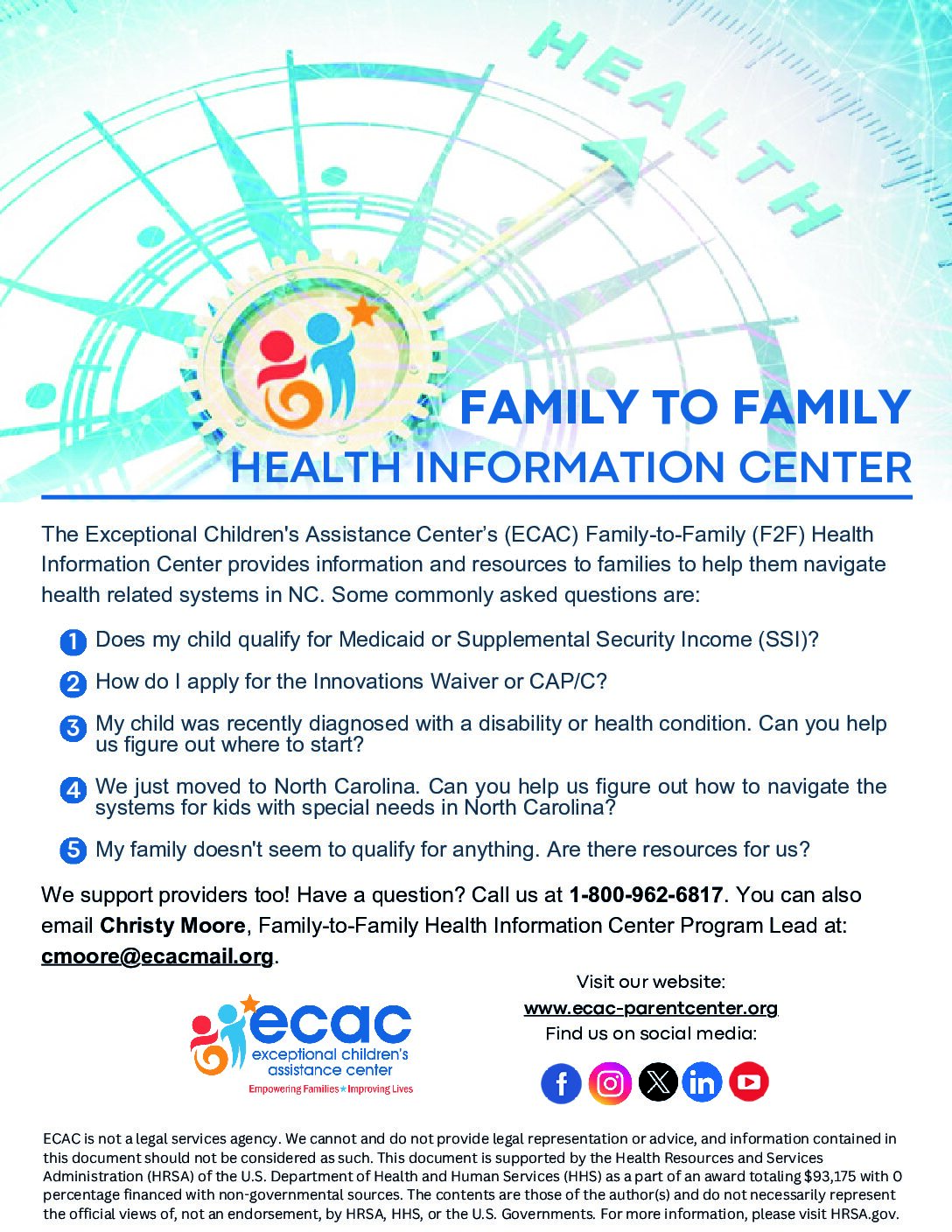
Family-to-Family (F2F) Health Information Center Fact Sheet (English)
In addition to helping families navigate the special education system, ECAC also specializes in helping families navigate health related systems in NC.
Categories: Disability and Health Condition Specific Information, Guardianship and Alternatives, Health Care in Schools, Housing/Independent Living, Medicaid and Medicaid Waivers, Residential Treatment - Crisis Intervention Services, Special Needs Financial Planning and Financial Resources, Social and Recreation, SSI and SSDI, Transition to Adulthood
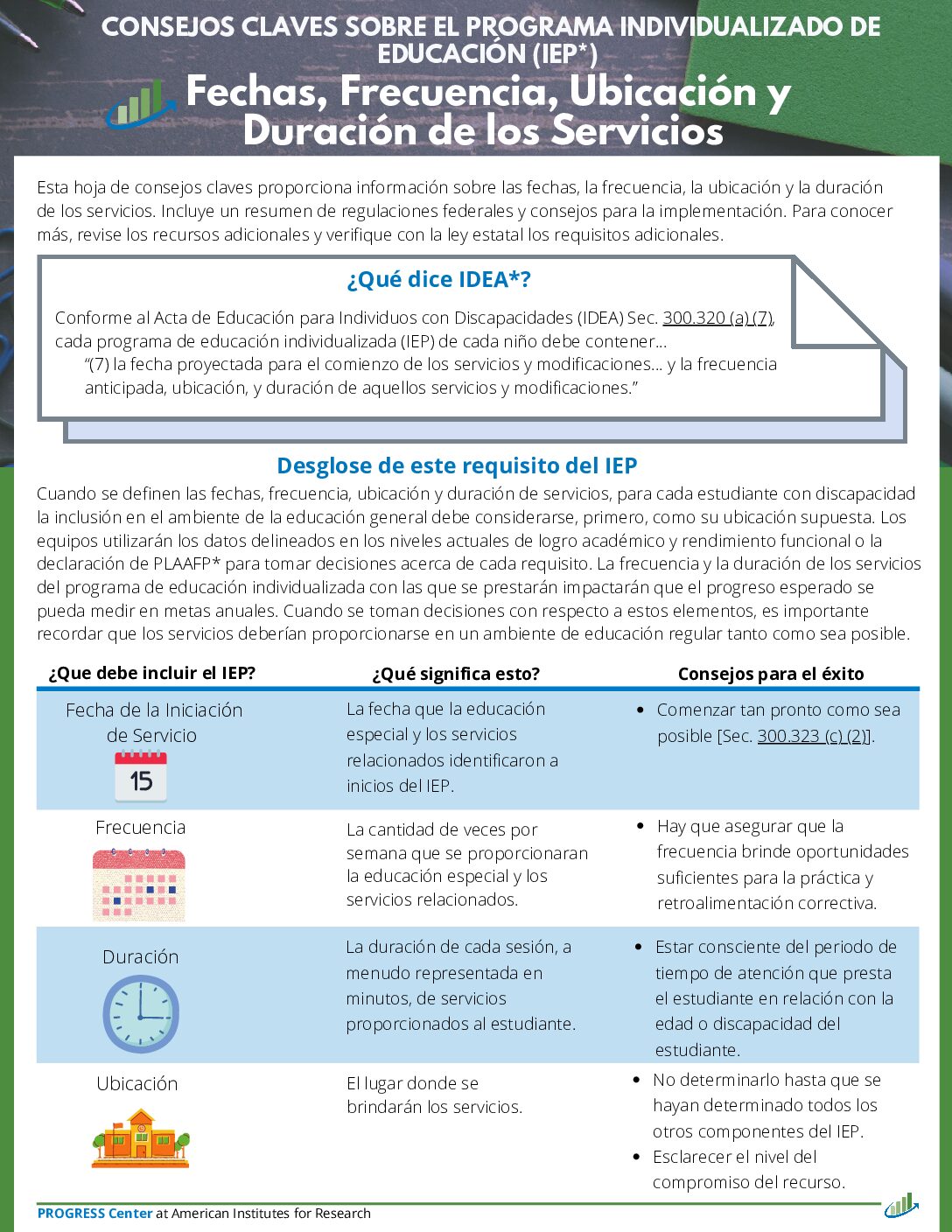
Fechas, Frecuencia, Ubicación y Duración de los Servicios (Dates, Frequency, Location and Duration of Services Spanish Version)
Categories: IEP, Spanish, Special Education
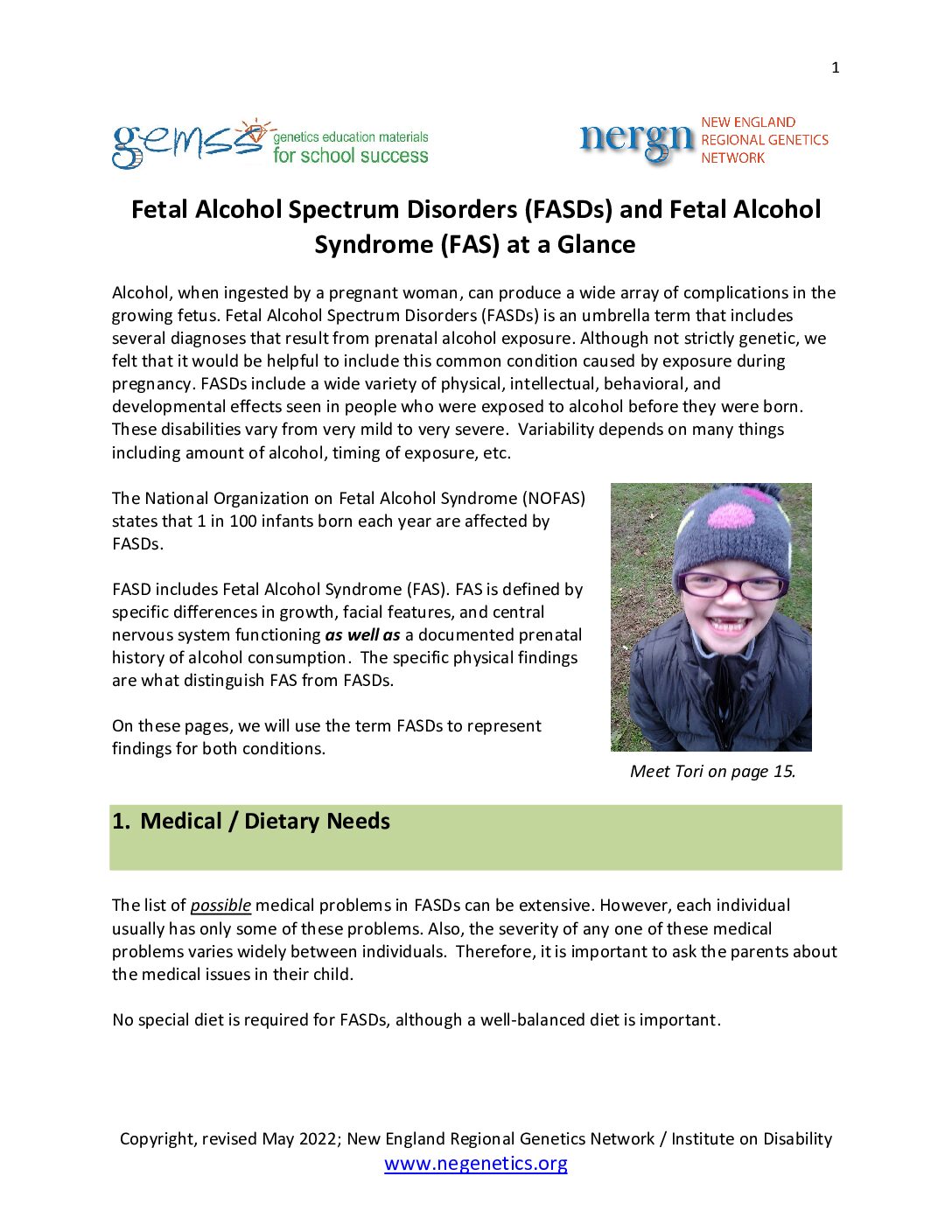
Fetal Alcohol Spectrum Disorders (FASDs) and Fetal Alcohol
Genetic Education Materials for School Success (GEMSS) provides a family-friendly starting point to help family members learn more about genetic conditions and offers ideas to encourage inclusion and participation in the classroom. GEMSS shares condition-specific information and resources for multiple audiences, including families, professionals, healthcare providers, and schools. Contributors to GEMSS come from clinical, public health, advocacy, and academic settings. All content has been vetted by clinical and family experts.
Categories: Disability and Health Condition Specific Information
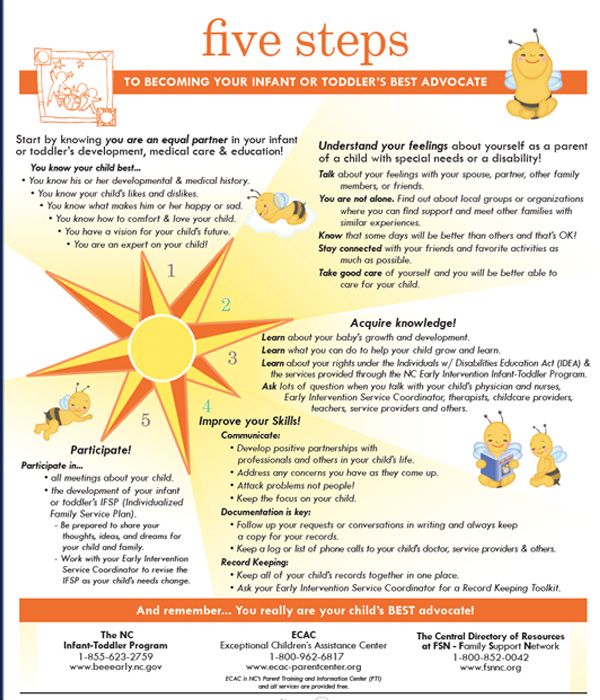
Five Steps to Becoming Your Infant or Toddler's Best Advocate
Start by knowing you are an equal partner in your infant or toddler’s development, medical care and education!
Categories: Advocacy, Early Childhood, Early Intervention
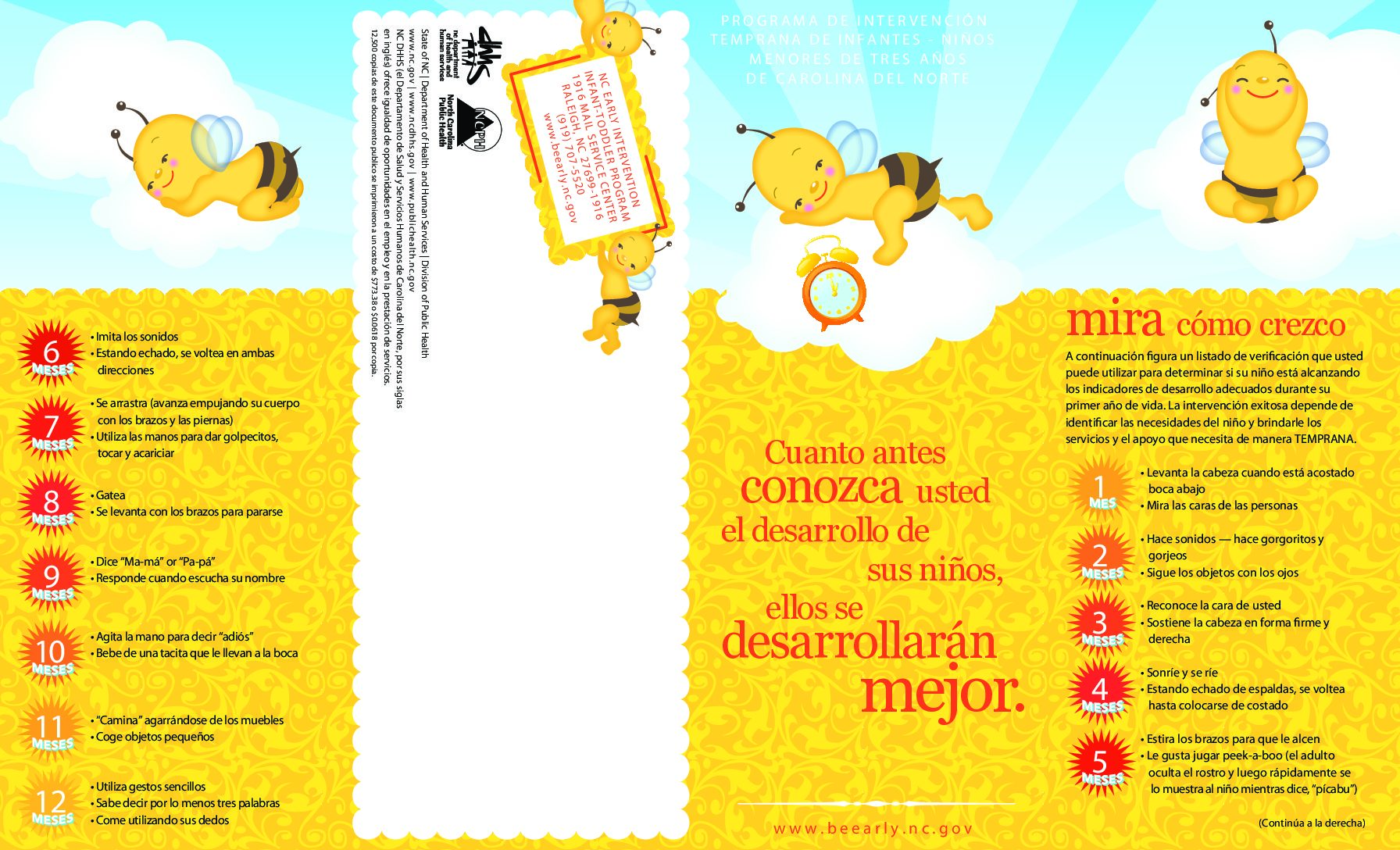
Folleto del Programa de Intervención Temprana para Infantes y Niños Pequeños de Carolina del Norte (NC Early Intervention Infant Toddler Program Brochure)
The Be Early Brochure provides basic information about the Infant Toddler Program and what to do if there are concerns about a child's development. Also includes a checklist of developmental milestones for the first year of life
Categories: Development Delay, Early Intervention, Spanish
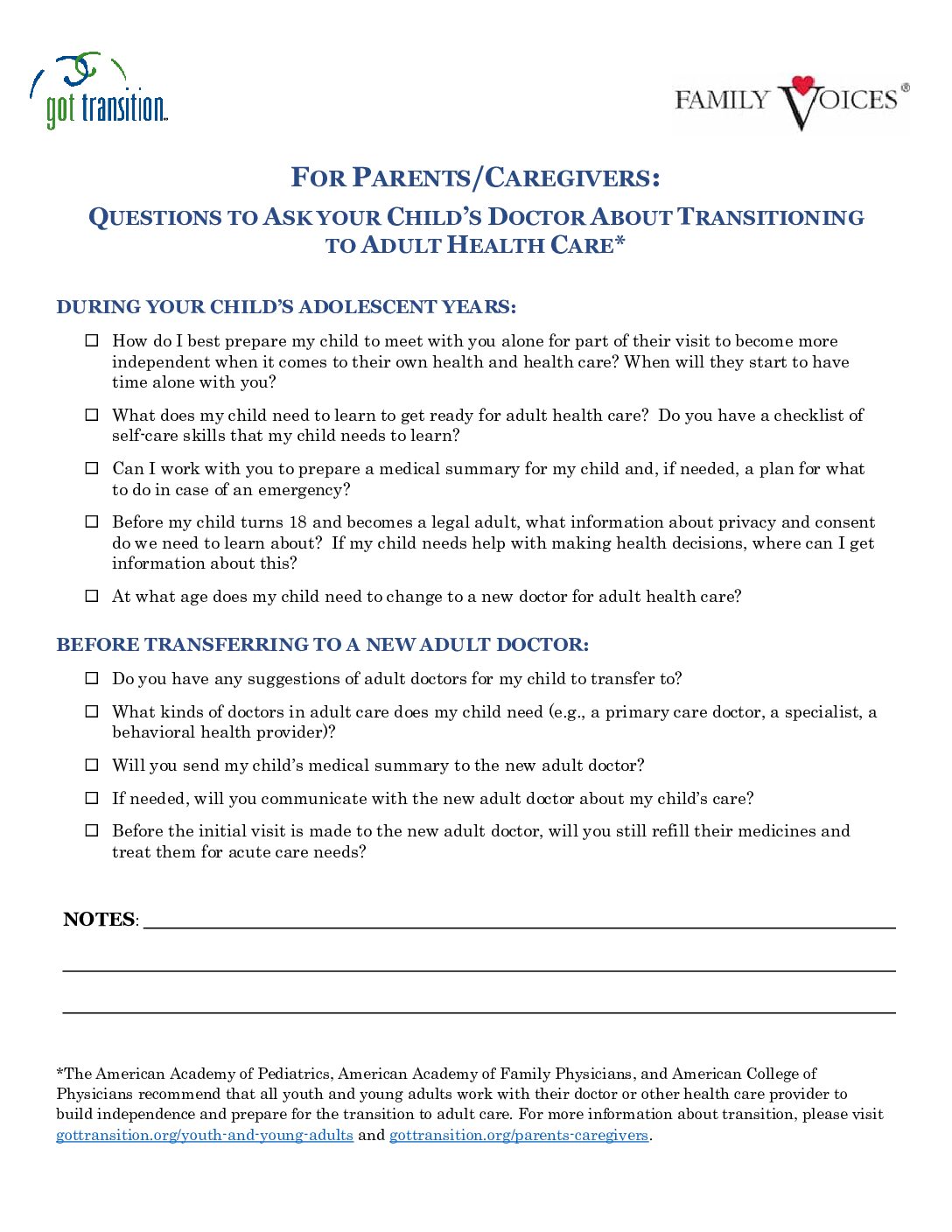
For Parents/Caregivers: Questions to Ask Your Child's Doctor About Transitioning to Adult Health Care
Categories: Transition to Adulthood
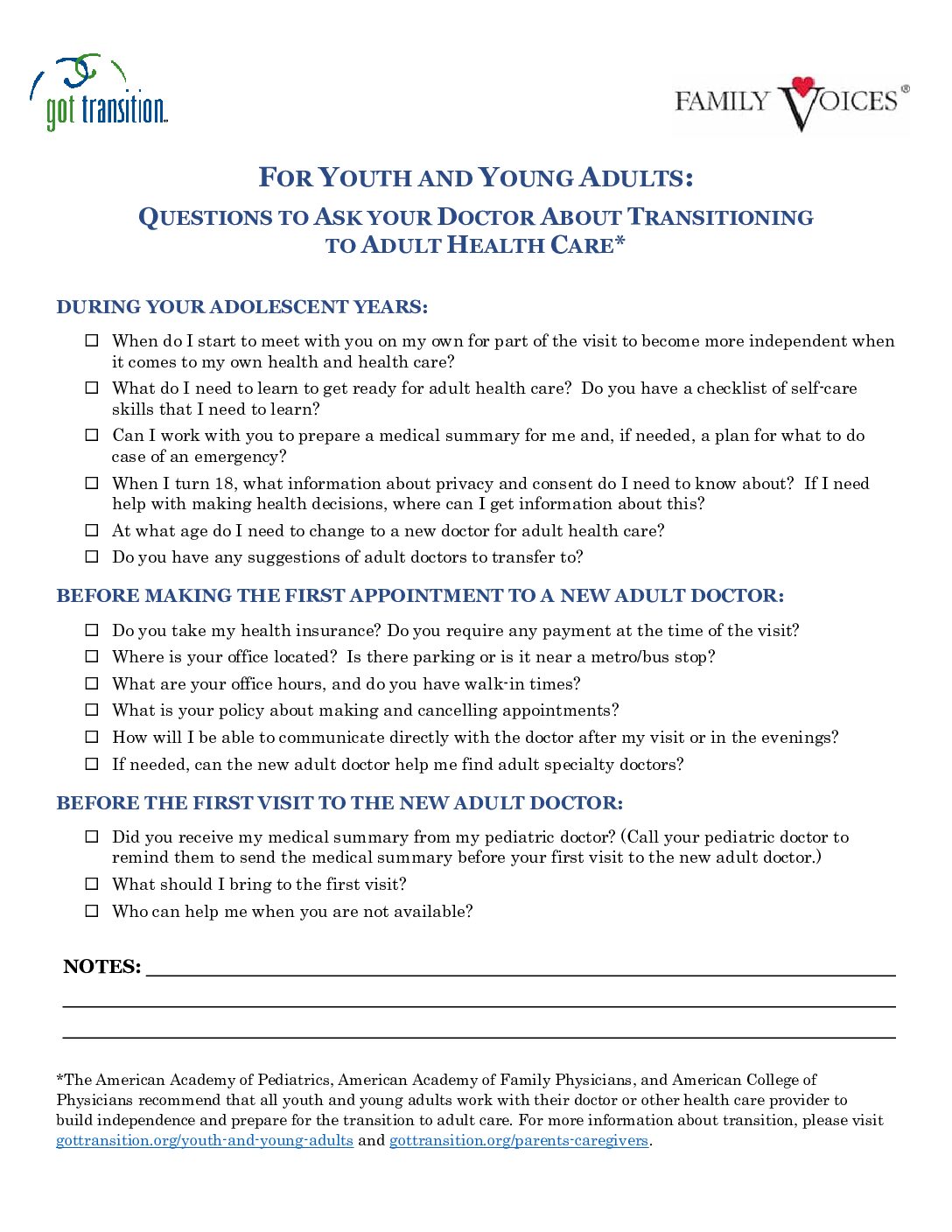
For Youth and Young Adults: Questions to Ask Your Doctor About Transitioning to Adult Health Care
Categories: Transition to Adulthood
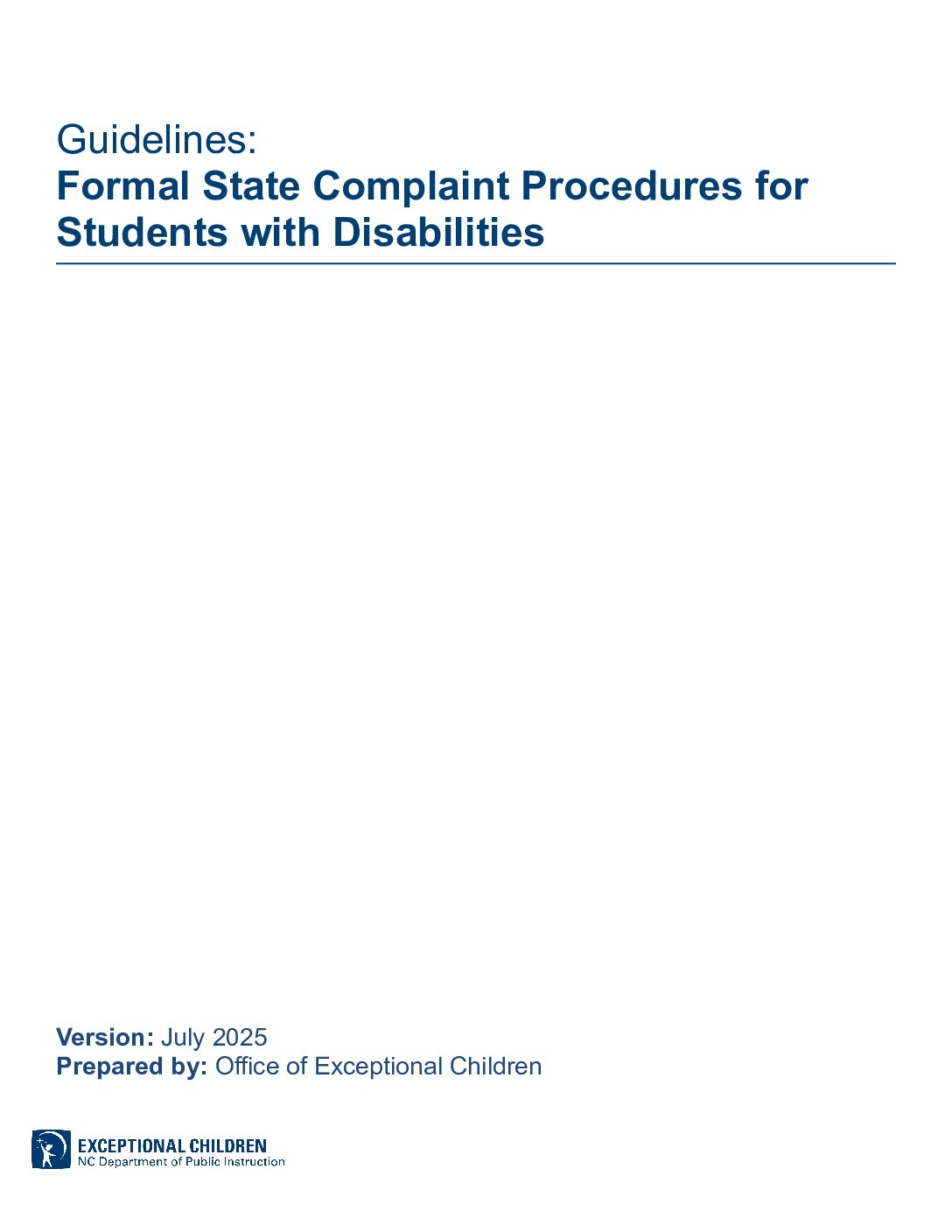
Formal State Complaint Procedures Manual
This document specifies the procedures used by the North Carolina Department of Public Instruction, Office of Exceptional Children (OEC) in the investigation and resolution of formal written complaints under the IDEA, the IDEA federal regulations, North Carolina General Statutes (GS) Article 9, Part 1A-1E, of Chapter 115C, and/or North Carolina Policies Governing Services for Children with Disabilities.
Categories: Conflict Resolution
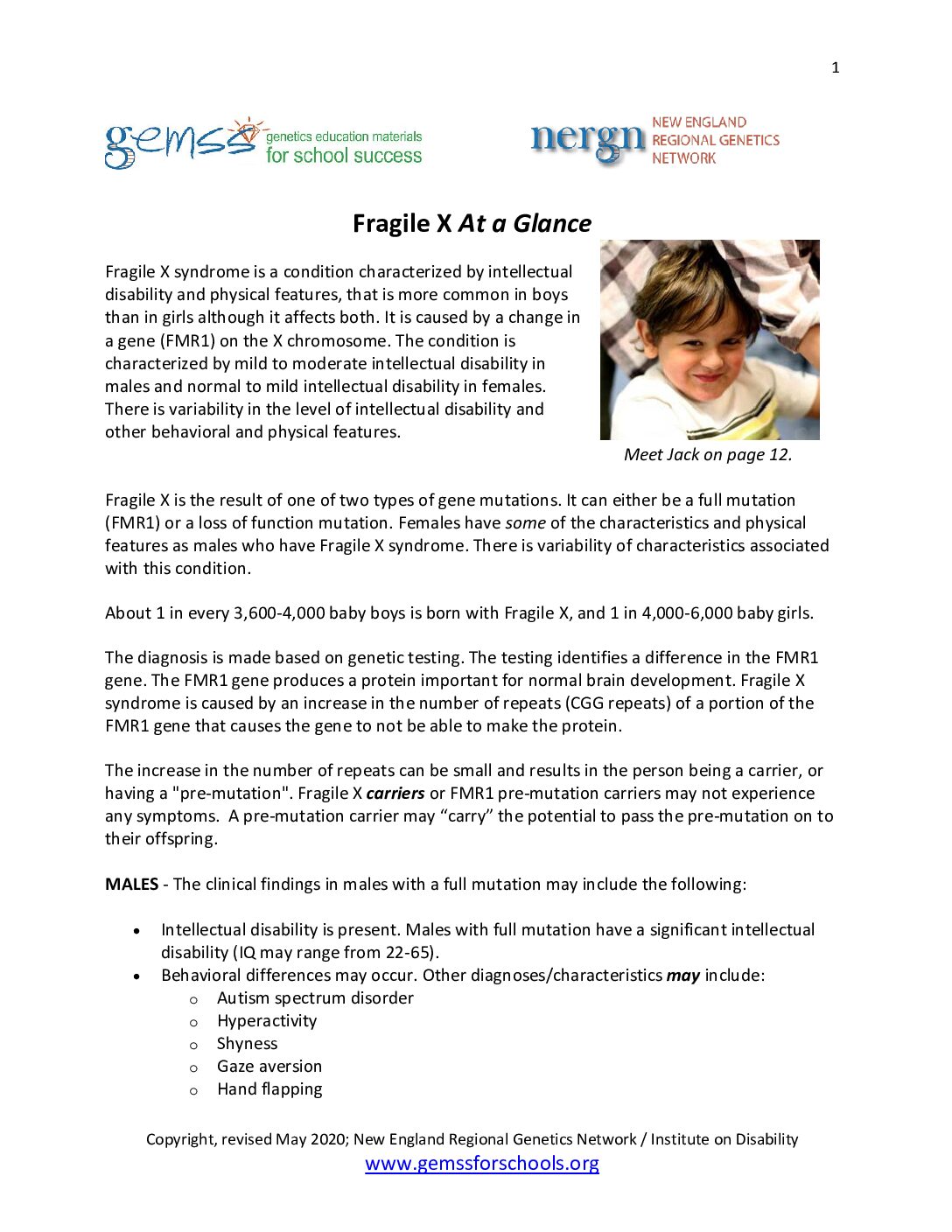
Fragile x At a Glance
Genetic Education Materials for School Success (GEMSS) provides a family-friendly starting point to help family members learn more about genetic conditions and offers ideas to encourage inclusion and participation in the classroom. GEMSS shares condition-specific information and resources for multiple audiences, including families, professionals, healthcare providers, and schools. Contributors to GEMSS come from clinical, public health, advocacy, and academic settings. All content has been vetted by clinical and family experts.
Categories: Disability and Health Condition Specific Information
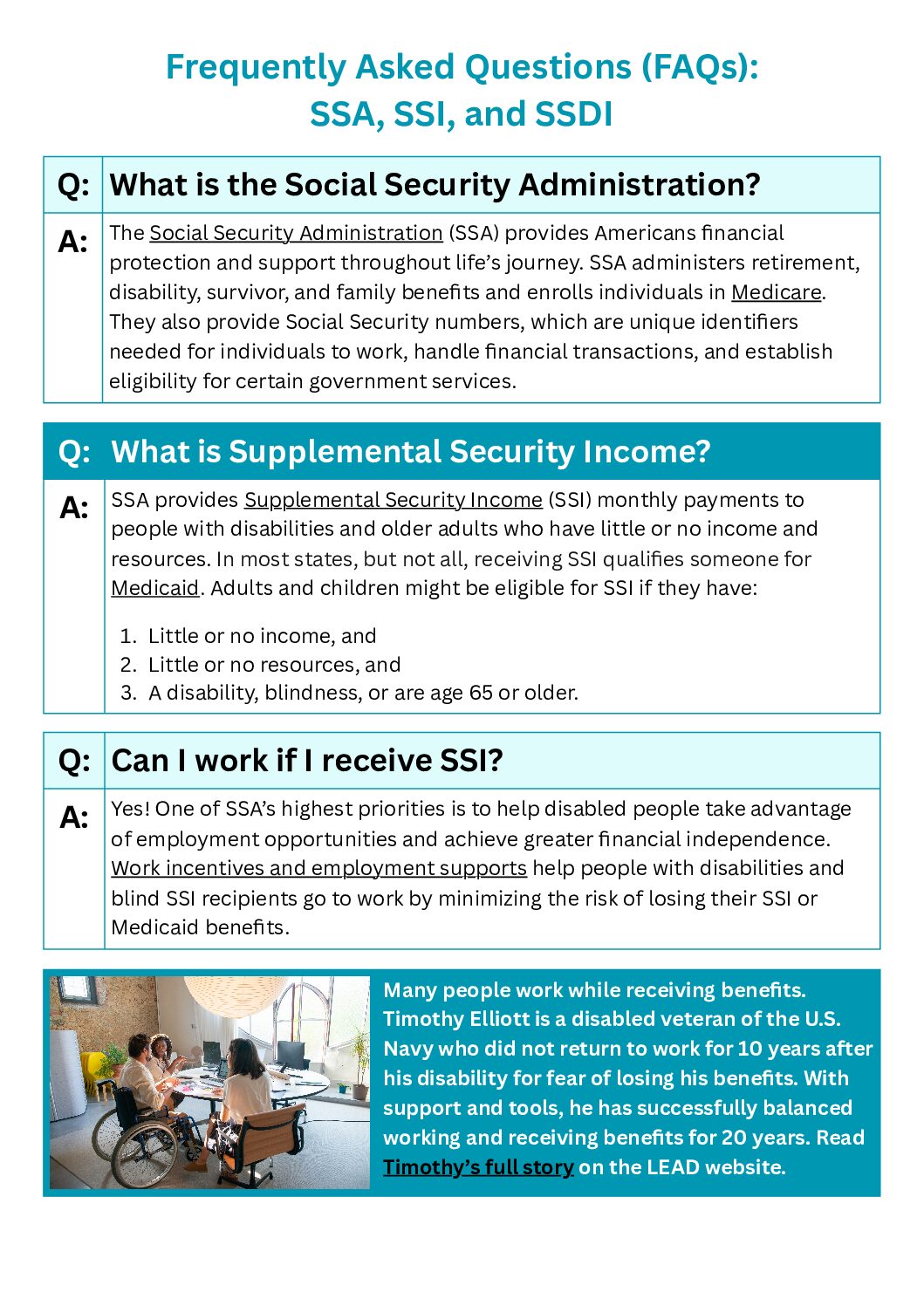
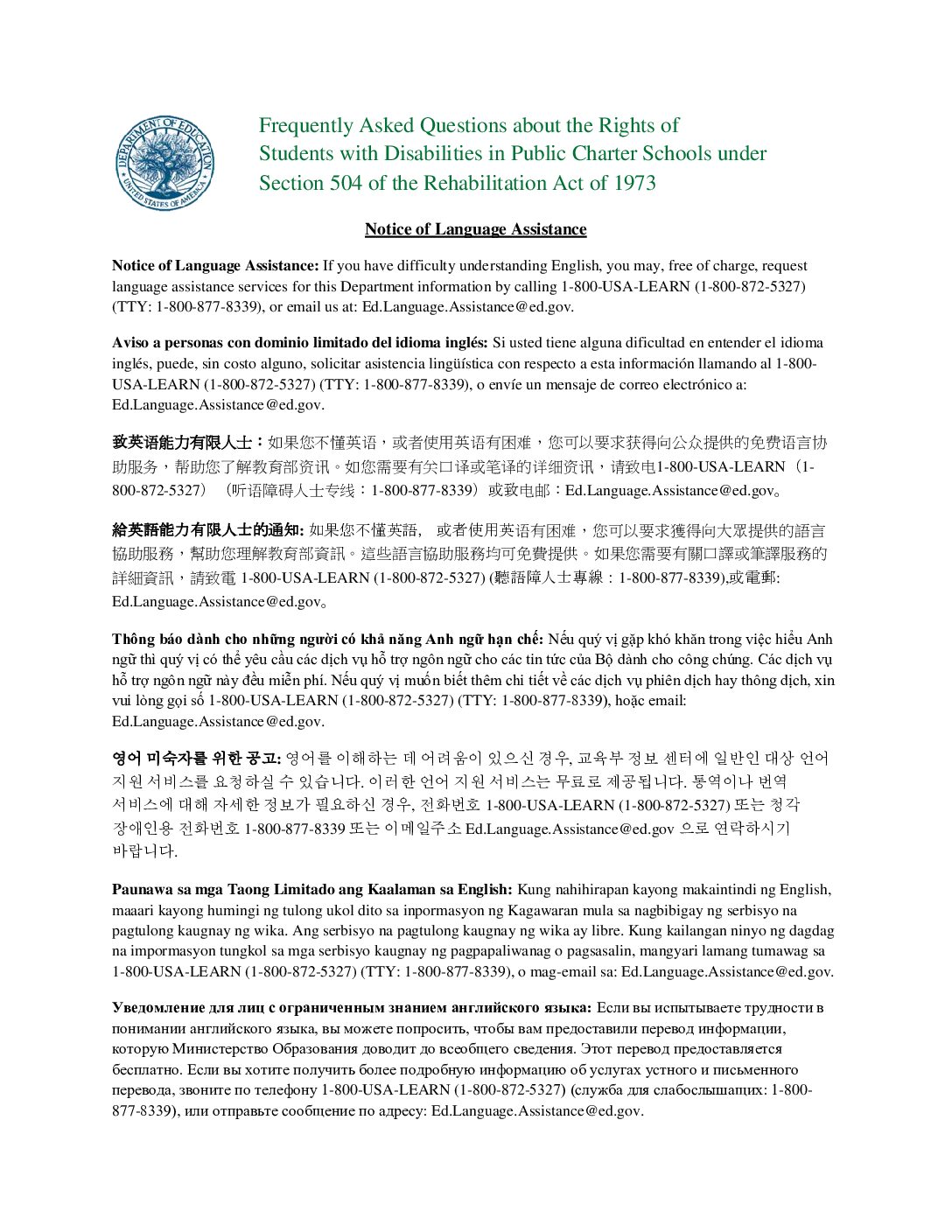
Frequently Asked Questions about the Rights of Students with Disabilities in Public Charter School under Section 504
U.S. Department of Education, Office for Civil Rights, Frequently Asked Questions about the Rights of Students with Disabilities in Public Charter Schools under Section 504 of the Rehabilitation Act of 1973 (December
Categories: 504
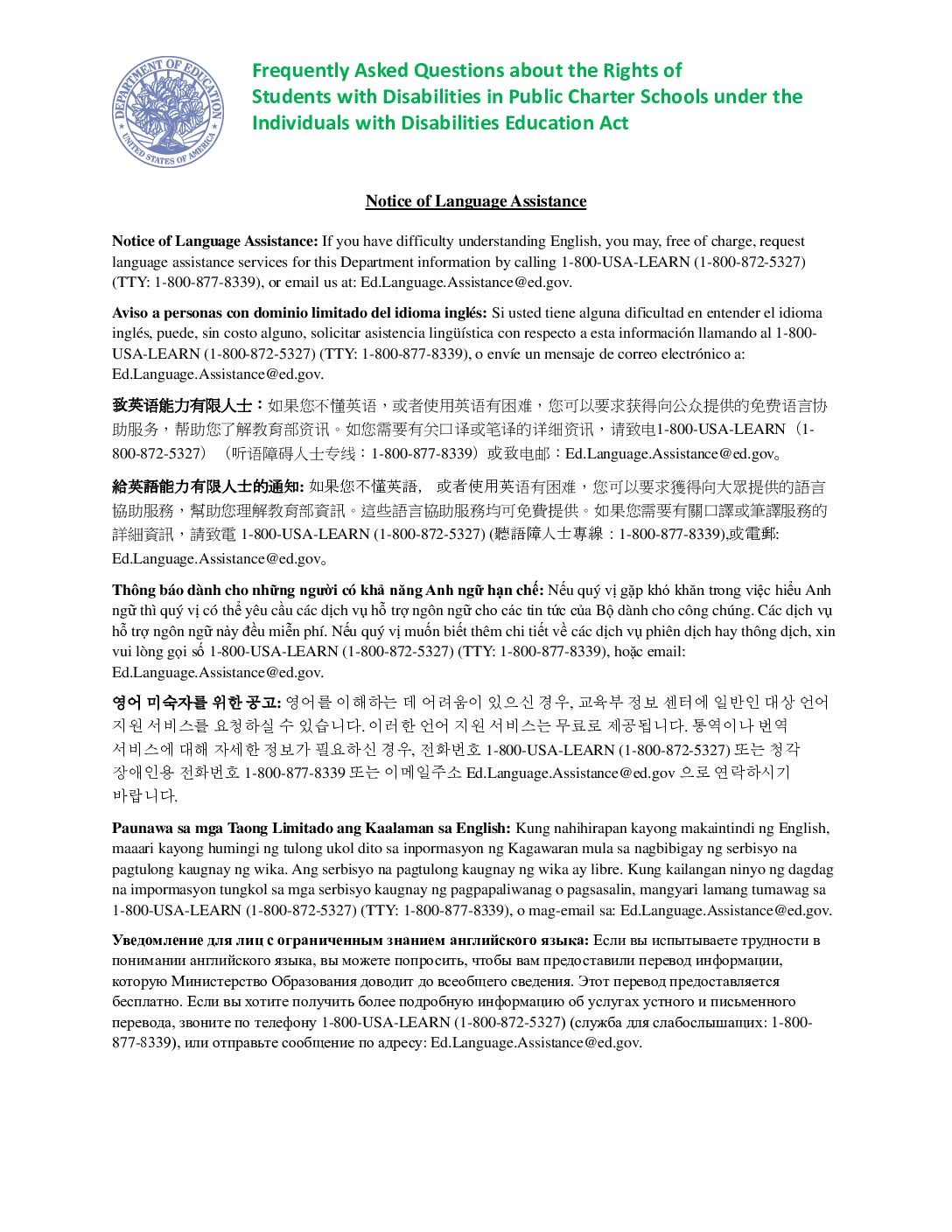
Frequently Asked Questions about the Rights of Students with Disabilities in Public Charter Schools under IDEA
U.S. Department of Education, Office of Special Education and Rehabilitative Services, Frequently Asked Questions about the Rights of Students with Disabilities in Public Charter Schools under the Individuals with Disabilities Education Act
Categories: School Choice
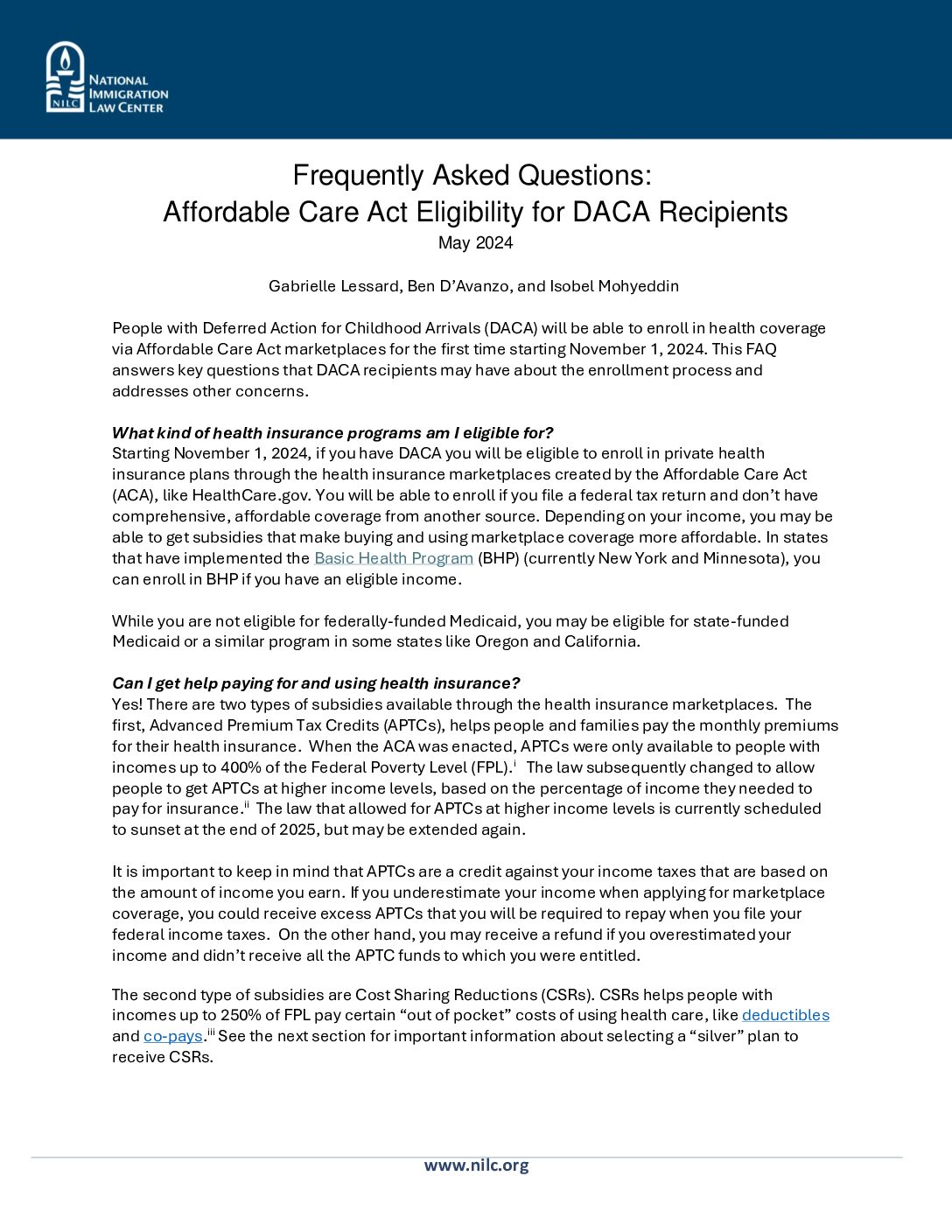
Frequently Asked Questions: Affordable Care Act Eligibility for DACA Recipients
People with Deferred Action for Childhood Arrivals (DACA) will be able to enroll in health coverage via Affordable Care Act marketplaces for the first time starting November 1, 2024. This FAQ answers key questions that DACA recipients may have about the enrollment process and addresses other concerns.
Categories: Medicaid and Medicaid Waivers

Galactosemia at a Glance
Genetic Education Materials for School Success (GEMSS) provides a family-friendly starting point to help family members learn more about genetic conditions and offers ideas to encourage inclusion and participation in the classroom. GEMSS shares condition-specific information and resources for multiple audiences, including families, professionals, healthcare providers, and schools. Contributors to GEMSS come from clinical, public health, advocacy, and academic settings. All content has been vetted by clinical and family experts.
Categories: Disability and Health Condition Specific Information
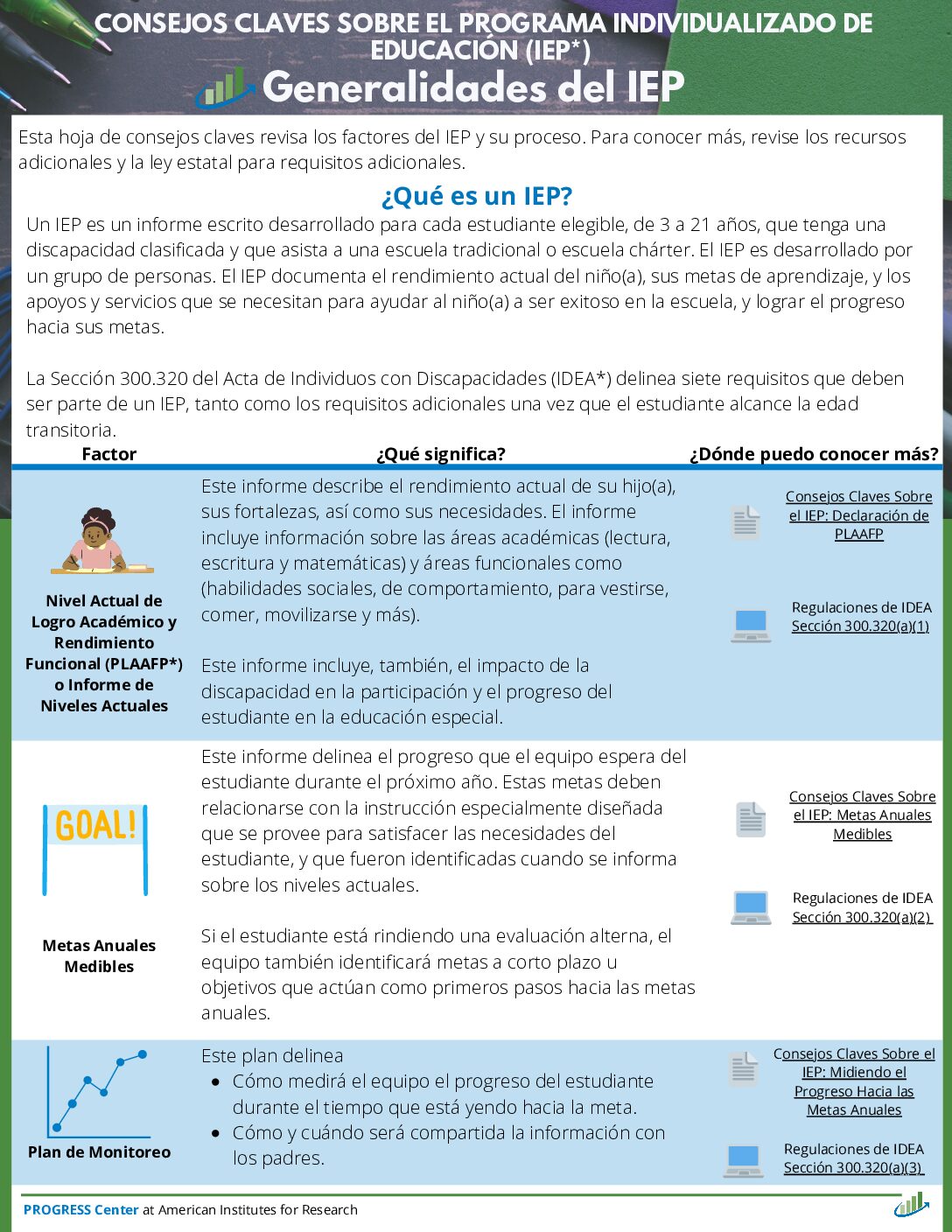
Generalidades del IEP (Overview of the IEP Spanish Version)
Categories: IEP, Spanish, Special Education
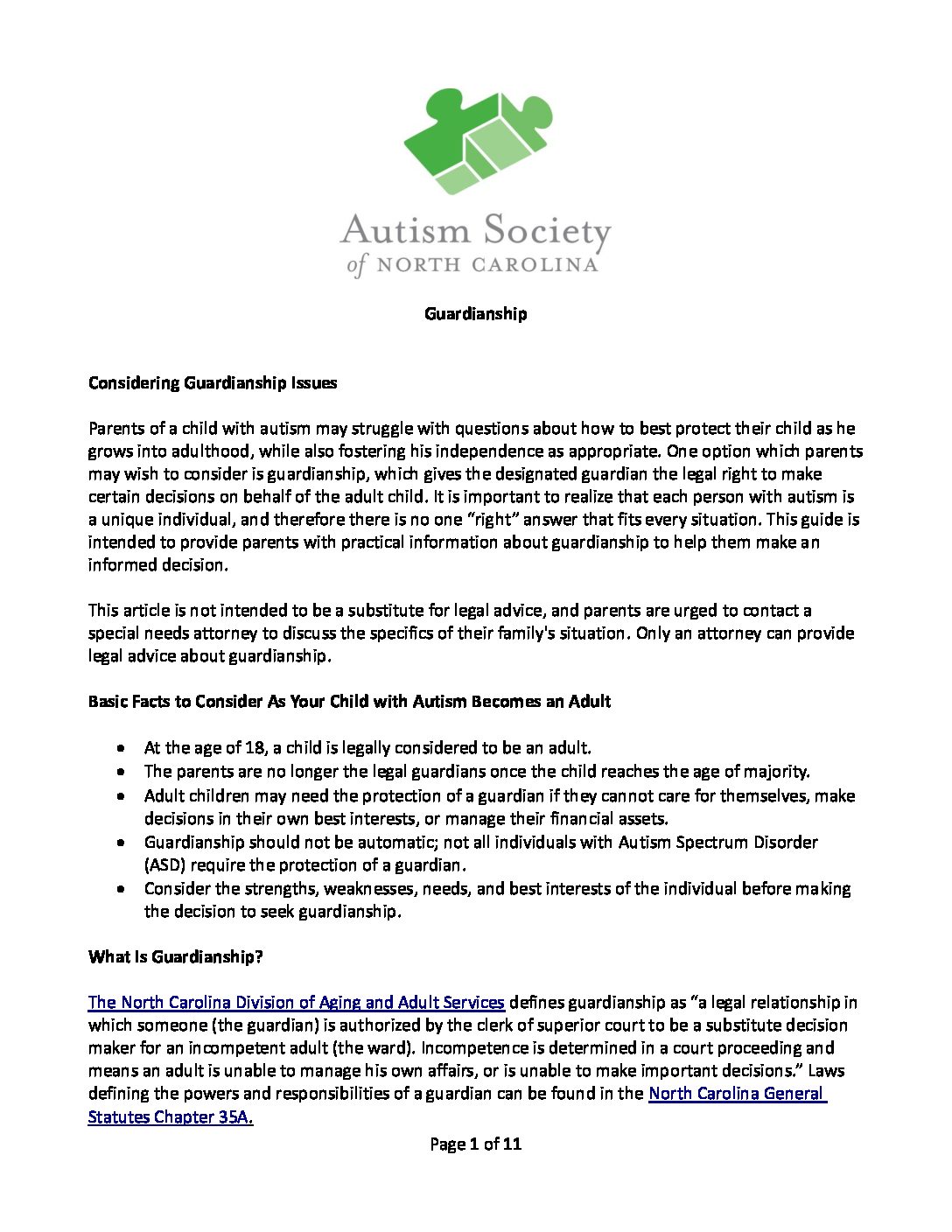
Guardianship - Resource Guide from the Autism Society of North Carolina
This guide is intended to provide parents with practical information about guardianship to help them make an informed decision.
Categories: Guardianship and Alternatives, Transition to Adulthood
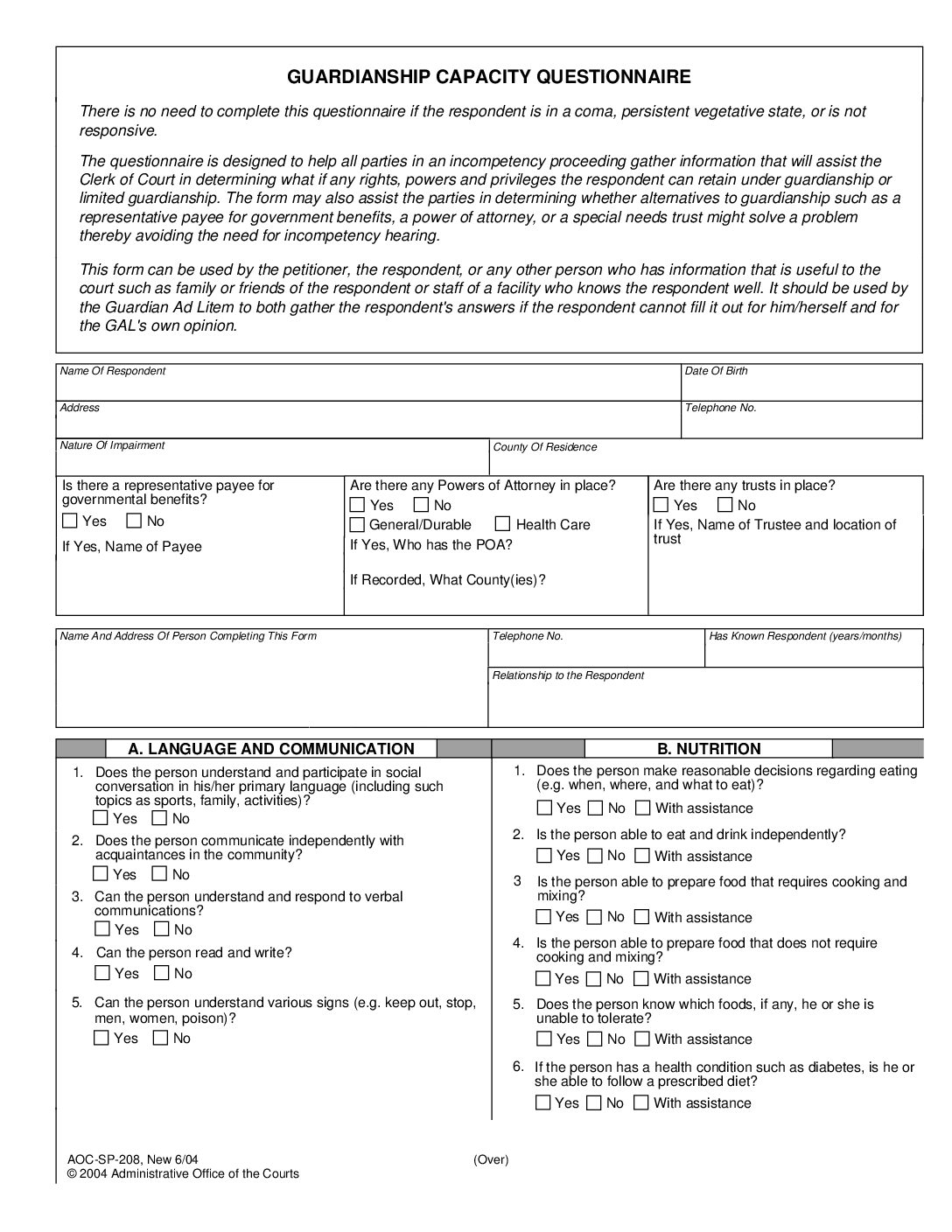
Guardianship Capacity Questionnaire
The questionnaire is designed to help all parties in an incompetency proceeding gather information that will assist the Clerk of Court in determining what if any rights, powers and privileges the respondent can retain under guardianship or limited guardianship. The form may also assist the parties in determining whether alternatives to guardianship such as a representative payee for government benefits, a power of attorney, or a special needs trust might solve a problem thereby avoiding the need for incompetency hearing
Categories: Guardianship and Alternatives
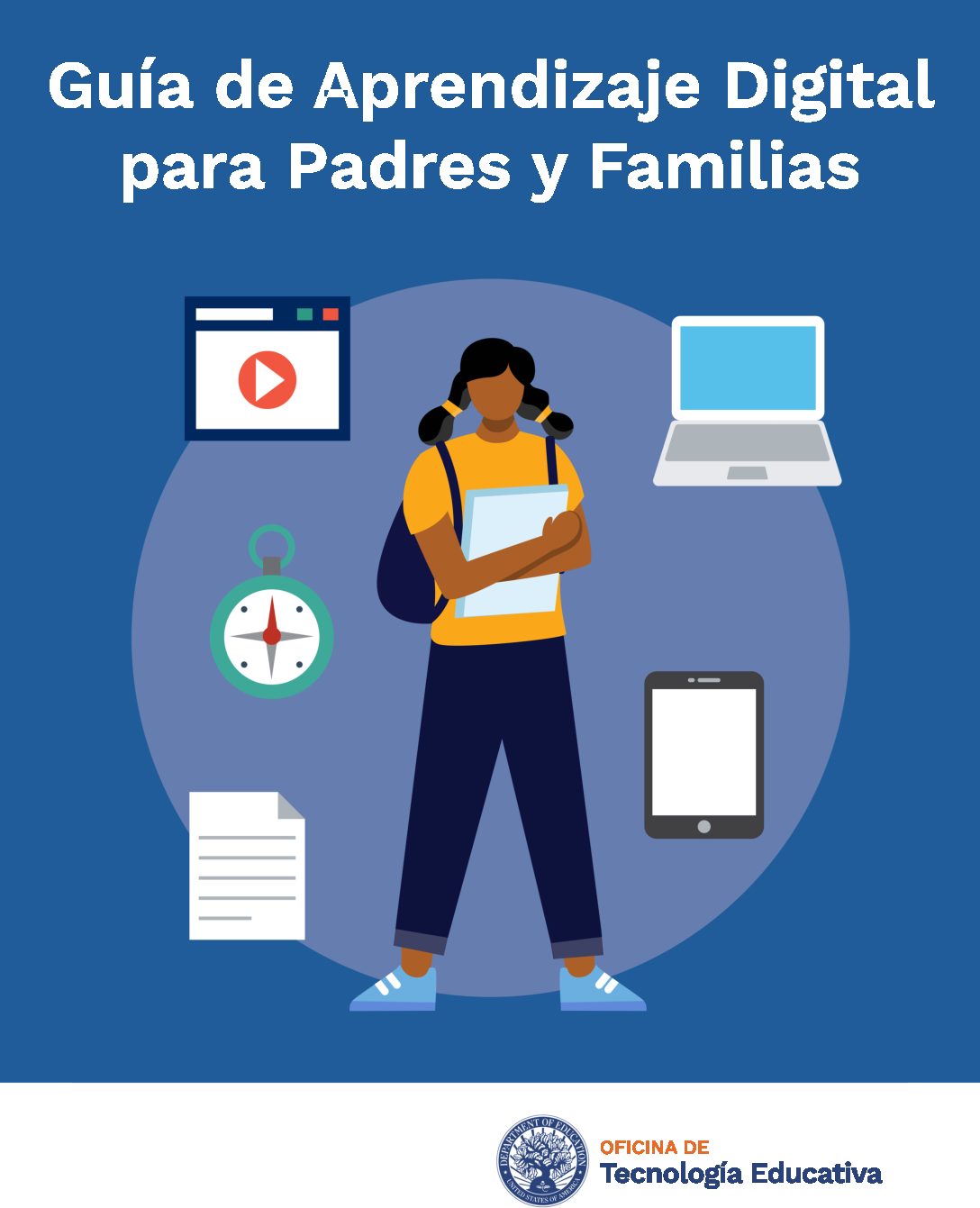
Guía de Aprendizaje Digital para Padres y Familias (Digital Learning Guide for Parents and Families)
¿Cómo puede esta guía ayudarle? Participar en la educación de su hijo puede conducir a mejores resultados de aprendizaje. Esta “Guía de aprendizaje digital para padres y familias” le dirá cómo supervisar el progreso de su hijo según accede y utiliza la tecnología de aprendizaje. Esta guía tiene como objetivo ayudar a todos los padres y cuidadores, incluidos aquellos que tienen experiencia limitada con herramientas digitales, aquellos que son expertos en estas herramientas y los de conocimiento intermedio. Cada sección comienza con lo básico y se desarrolla a partir de ahí.
Categories: Family Engagement, Remote Learning, Spanish
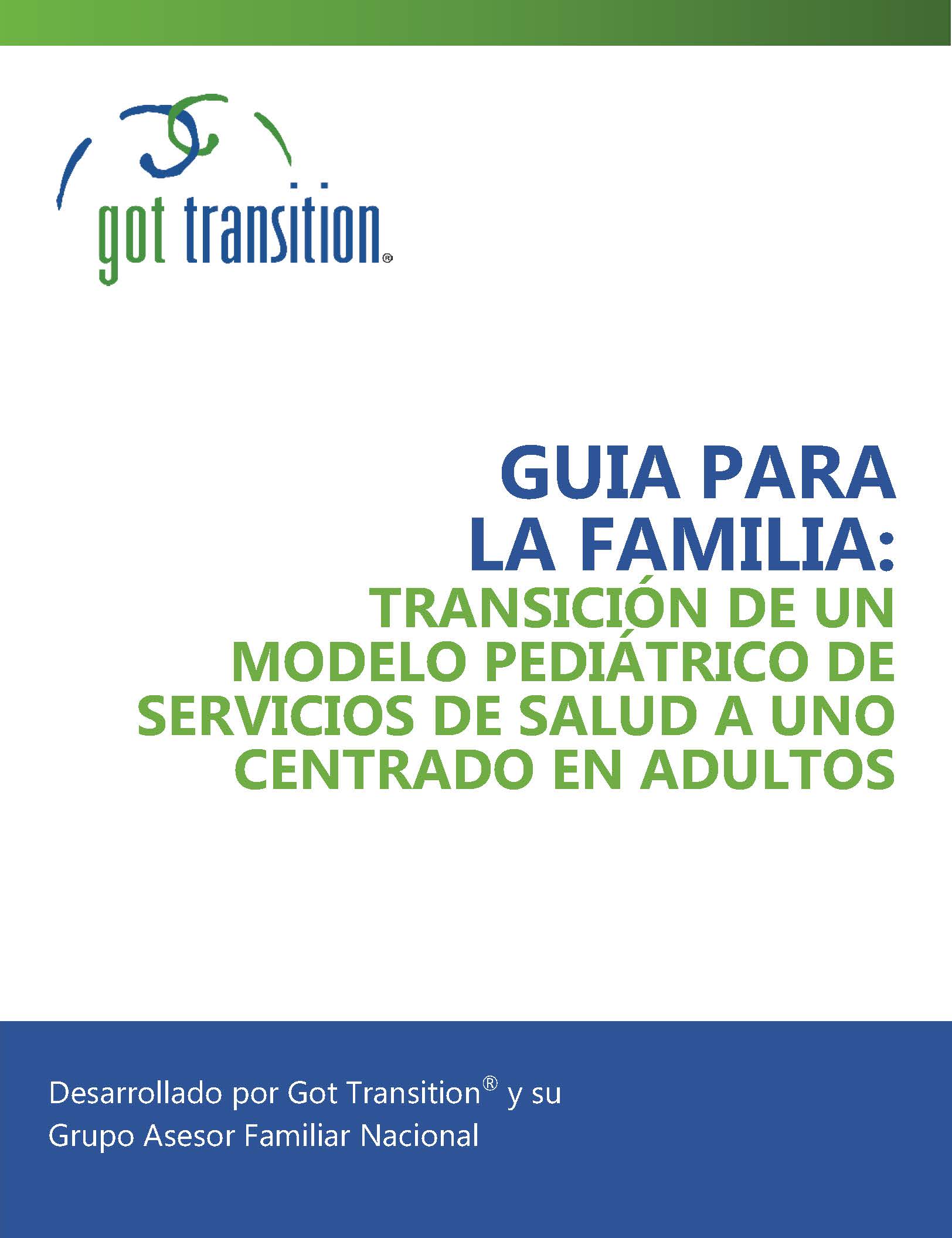
GUIA PARA LA FAMILIA: TRANSICIÓN DE UN MODELO PEDIÁTRICO DE SERVICIOS DE SALUD A UNO CENTRADO EN ADULTOS (Family Guide: Transitioning from a Pediatric to an Adult Health Care Model)
Got Transition, su Grupo Asesor Nacional Familiar y la colaboración de padres líderes de habla hispana de Family Voices, han desarrollado un conjunto de herramientas para ayudar y guiar a las familias en la transición de sus jóvenes en los servicios de salud pediátricos a los de adulto. Esta guía es para familias e incluye recursos en español fáciles de usar para ayudar a jóvenes y familias a ser más independientes en su cuidado de su salud y el uso de los servicios de salud. Los recursos incluyen un programa de transición, preguntas para hacerle a su proveedor, lo que significa cumplir 18 años para su salud y más.
Categories: Spanish, Transition to Adulthood
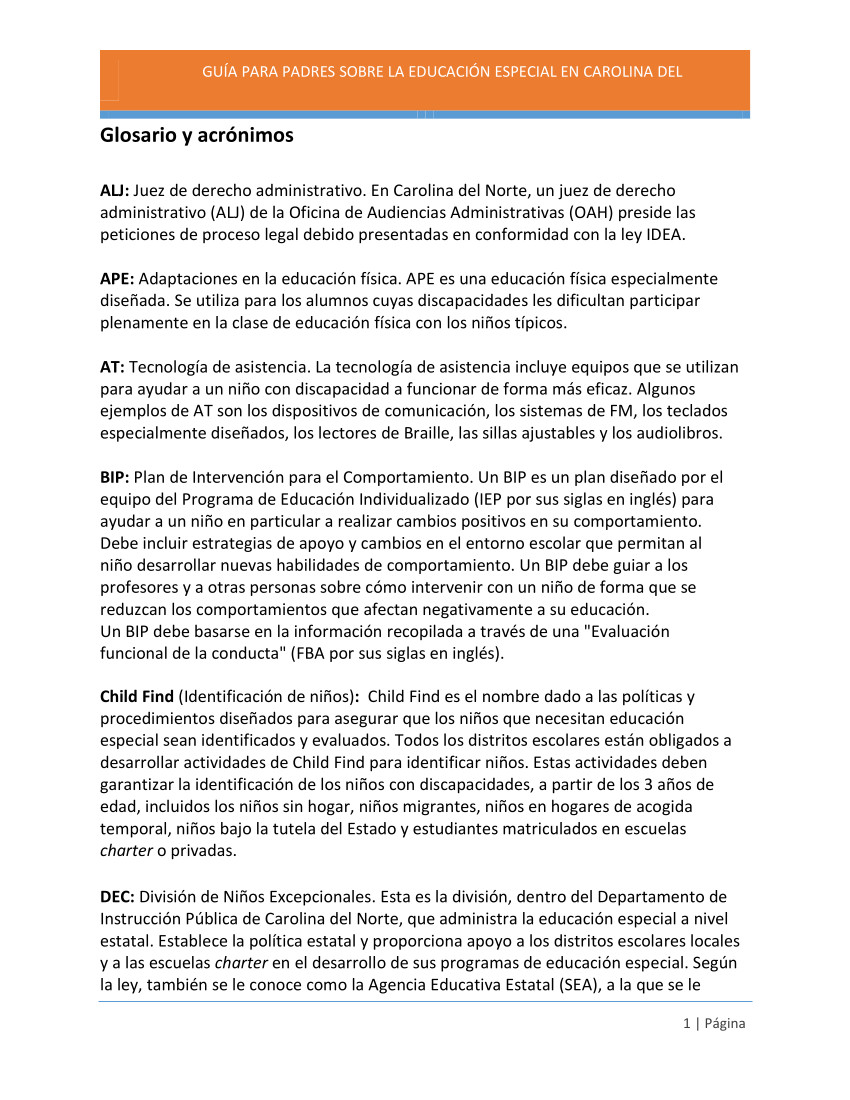
GUÍA PARA PADRES SOBRE LA EDUCACIÓN ESPECIAL EN CAROLINA DEL - Glosario y acrónimos (Parent Guide to Special Education in North Carolina – Glossary and Acronyms)
GUÍA PARA PADRES SOBRE LA EDUCACIÓN ESPECIAL EN CAROLINA DEL - Glosario y acrónimos
Categories: IDEA, IEP, Parent Rights, Spanish, Special Education
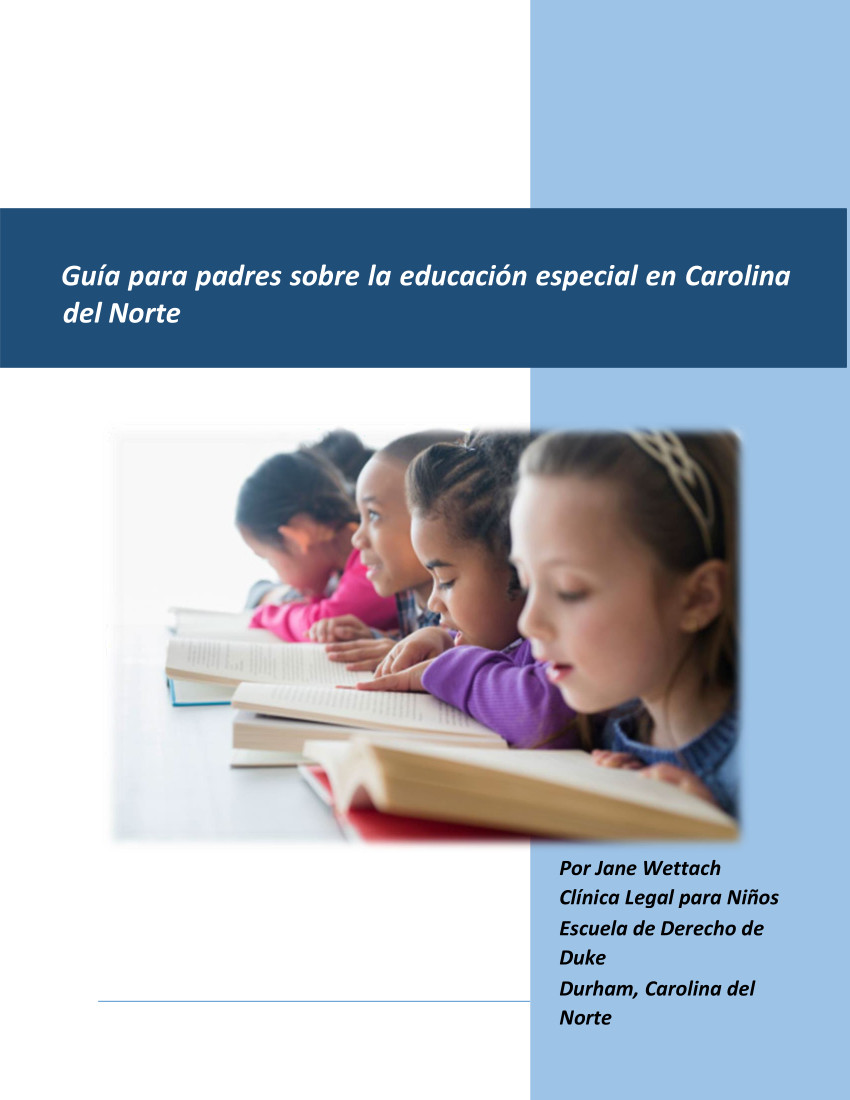
Guía para padres sobre la educación especial en Carolina del Norte (Parent Guide to Special Education in North Carolina)
La Guía se centra en la ley federal de educación especial conocida como Ley de Educación para Individuos con Discapacidades (IDEA, por sus siglas en inglés), que garantiza a todos los niños con discapacidades una "educación pública, gratuita y apropiada".
Categories: IDEA, IEP, Parent Rights, Spanish, Special Education
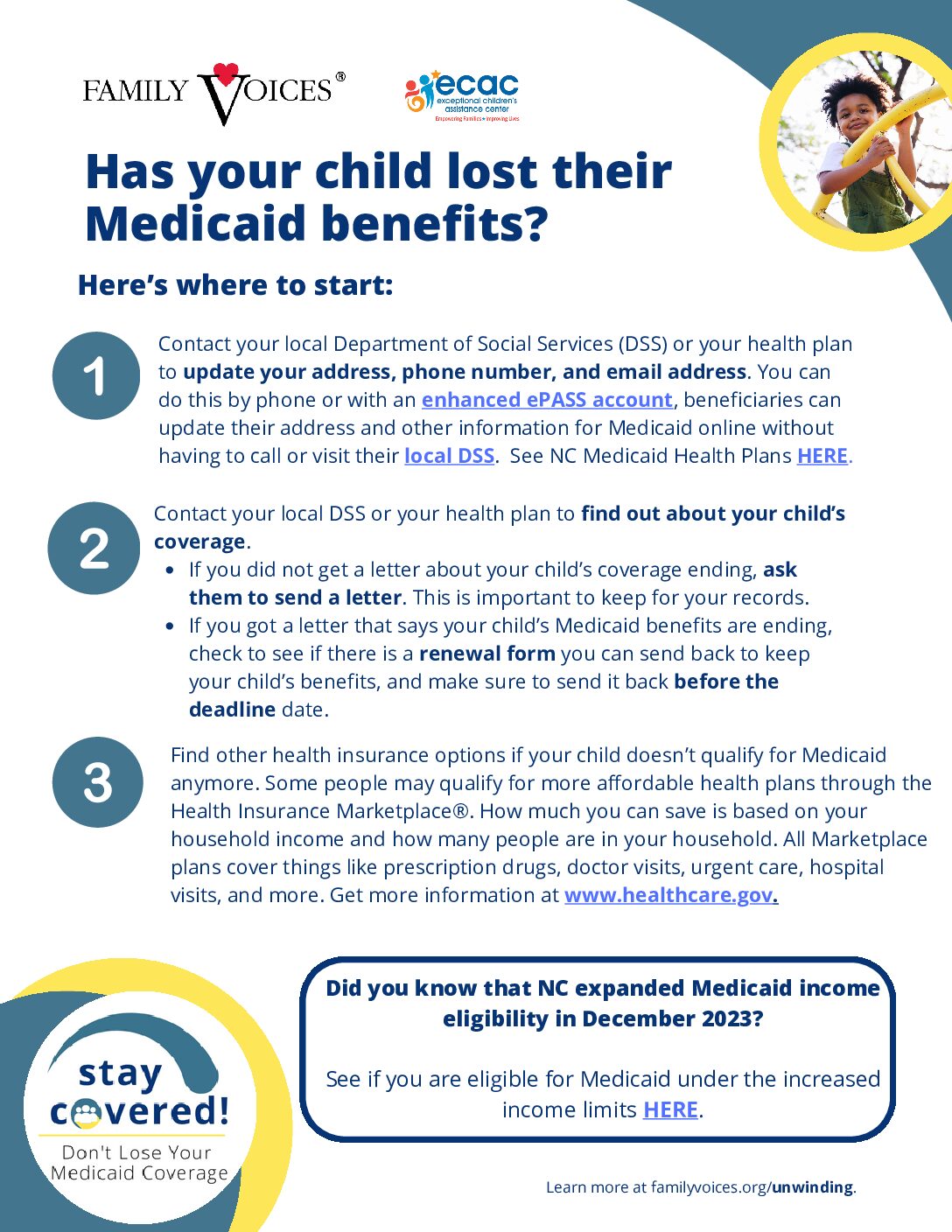
Has Your Child Lost Their Medicaid Benefits?
Categories: Medicaid and Medicaid Waivers
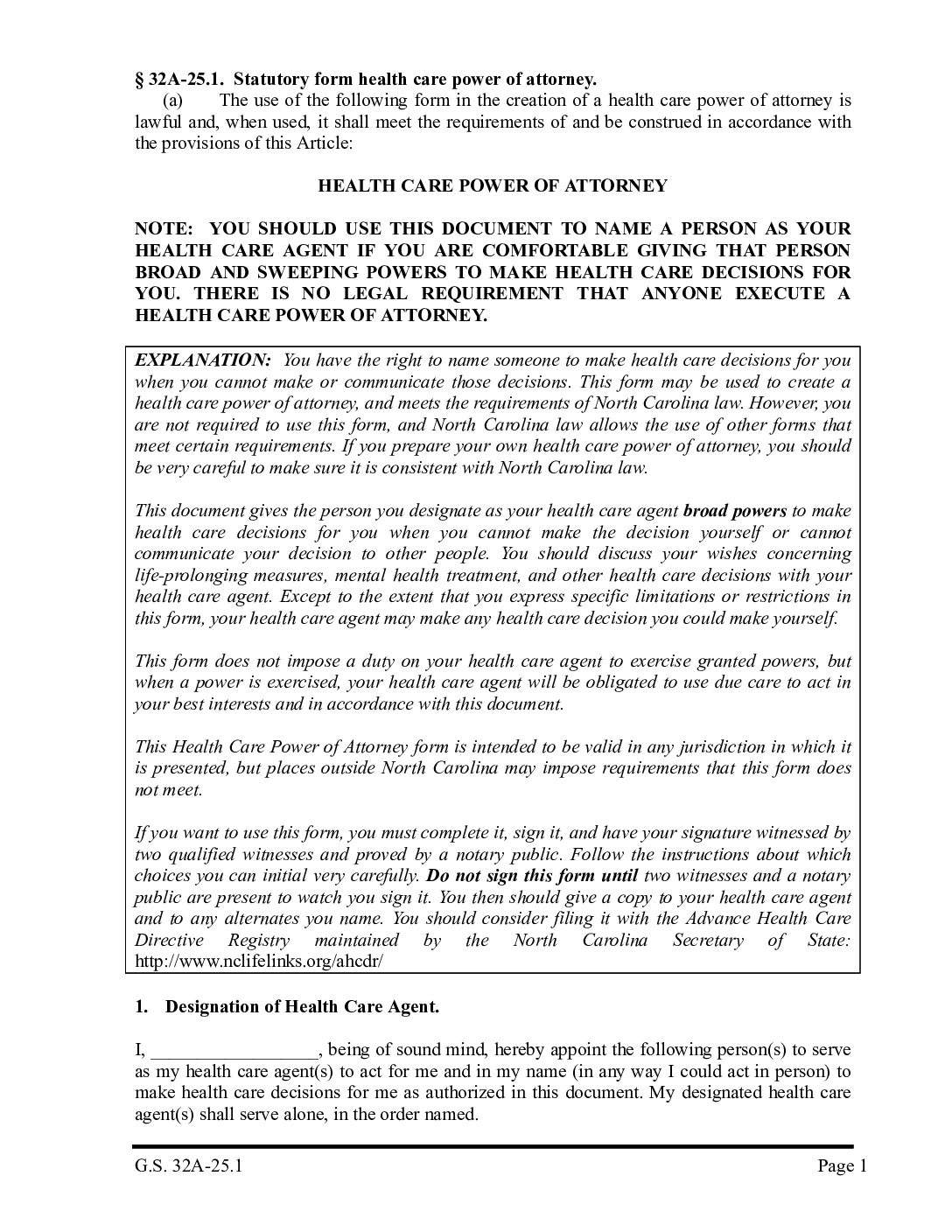
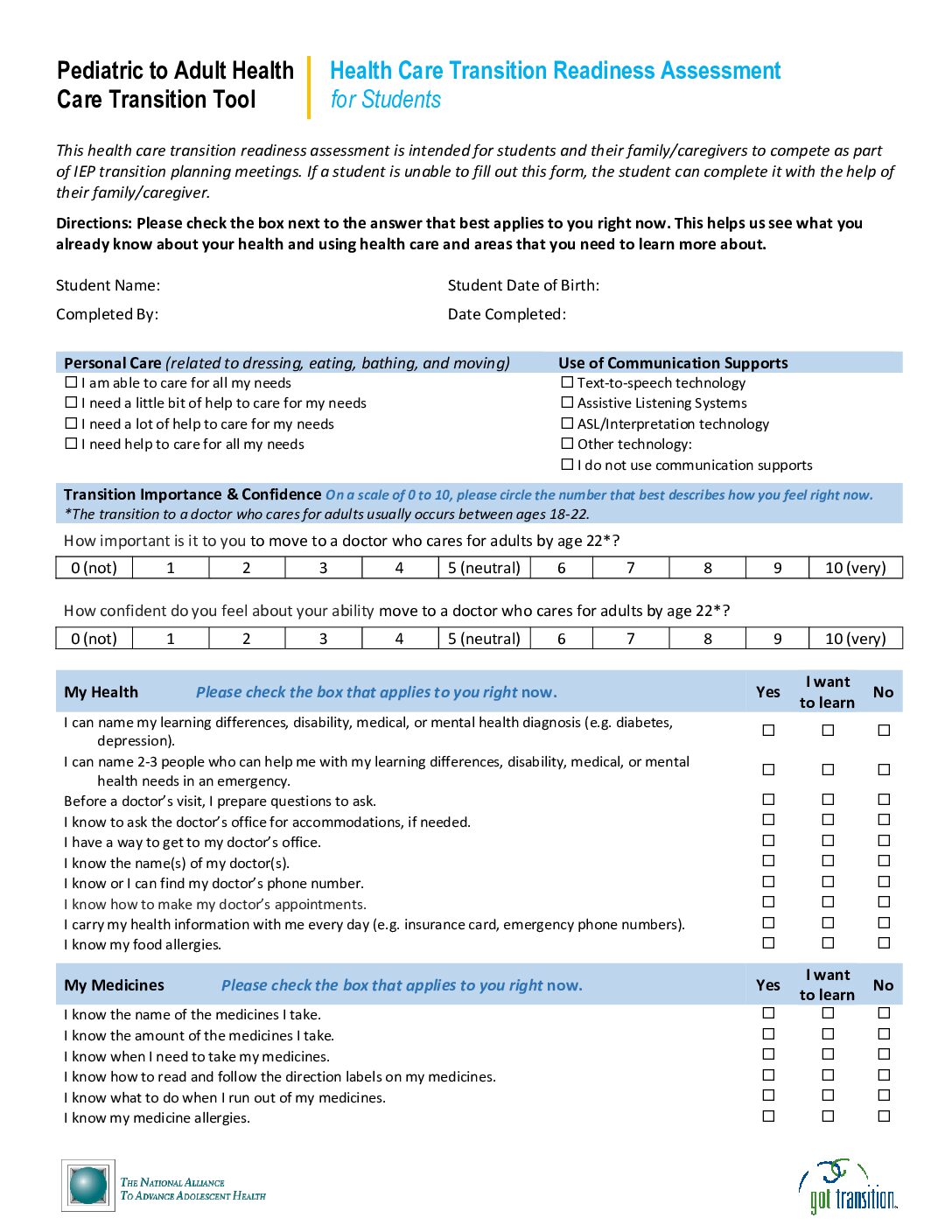
Health Care Transition Readiness Assessment for Students
This health care transition readiness assessment is intended for students and their family/caregivers to compete as part of IEP transition planning meetings. If a student is unable to fill out this form, the student can complete it with the help of their family/caregiver
Categories: Transition to Adulthood
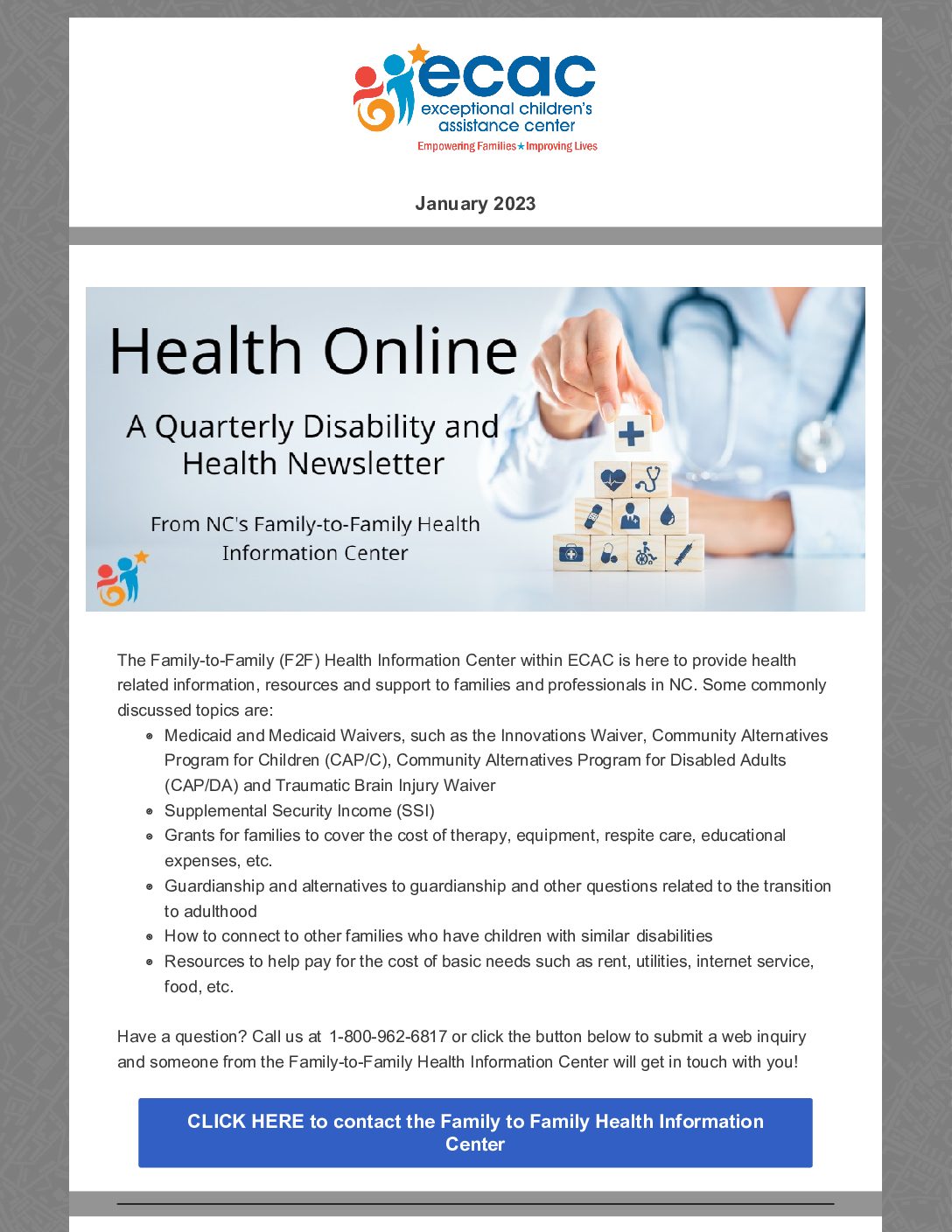
Health Online: A Quarterly Disability and Health Newsletter (January 2023)
Brought to you by ECAC and NC's Family-to-Family (F2F) Health Information Center
Categories: Special Healthcare Needs
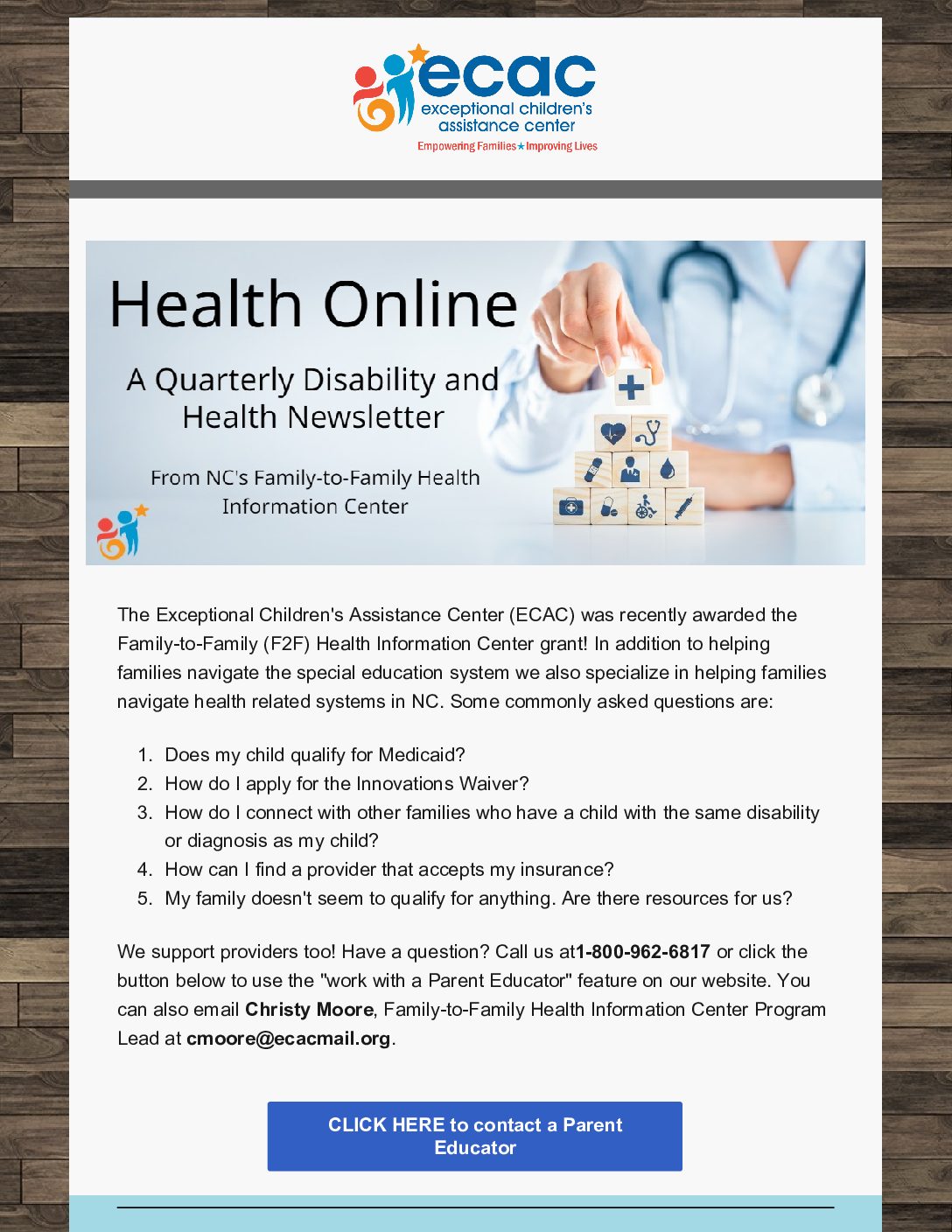
Health Online: A Quarterly Disability and Health Newsletter (July 2022)
A newsletter from ECAC, North Carolina's Family-to-Family (F2F) Health Information Center
Categories: Special Healthcare Needs
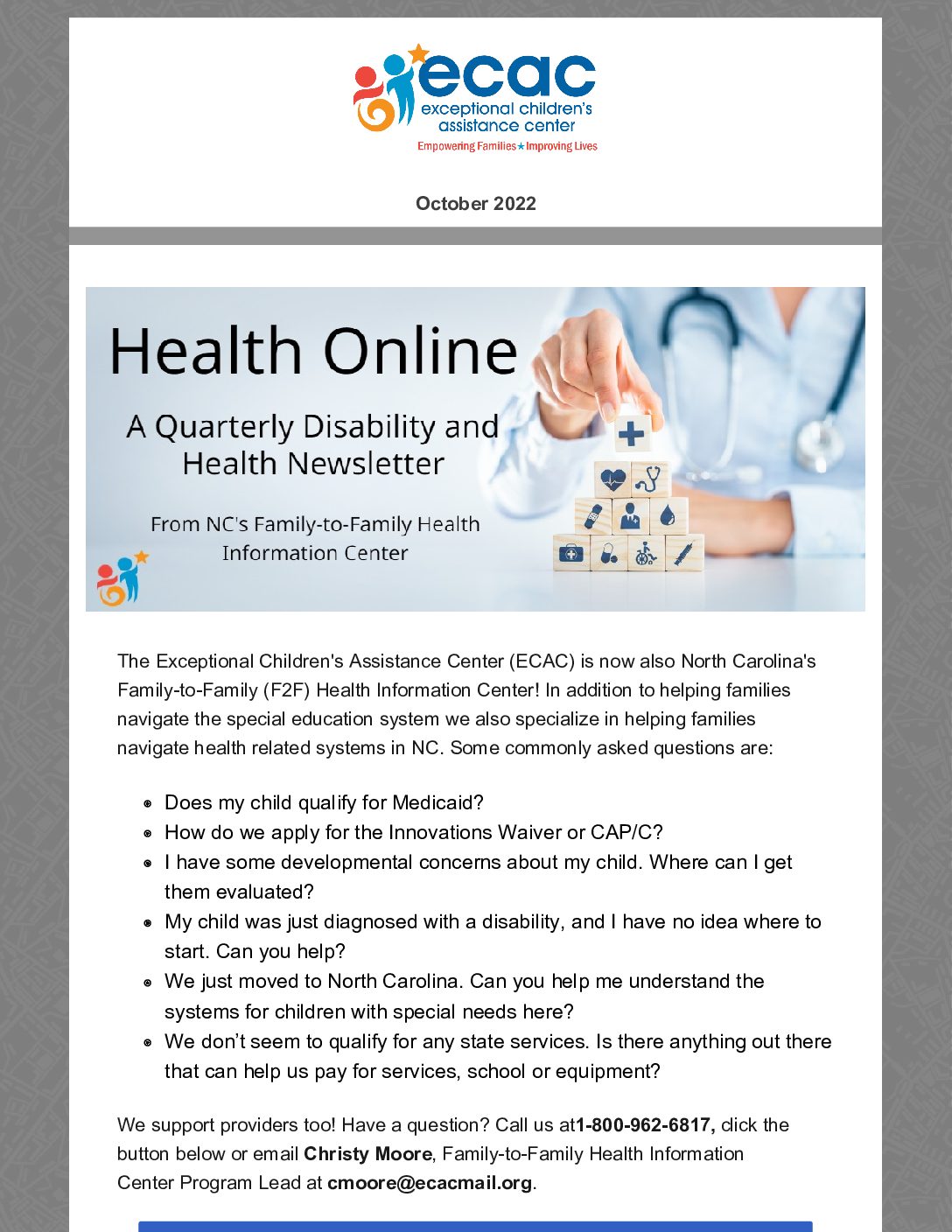
Health Online: A Quarterly Disability and Health Newsletter (October 2022)
A newsletter from ECAC, North Carolina's Family-to-Family (F2F) Health Information Center
Categories: Special Healthcare Needs
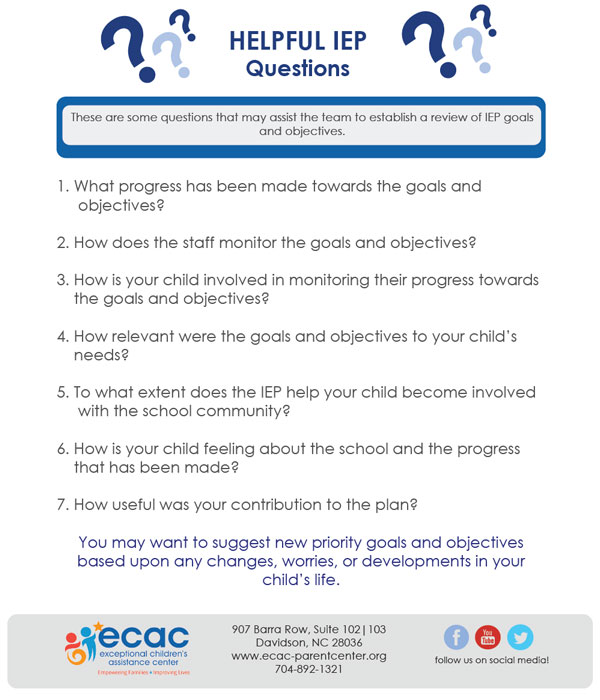
Helpful IEP Questions
Questions that may assist the team to establish a review of IEP goals and objectives
Categories: Advocacy, IEP
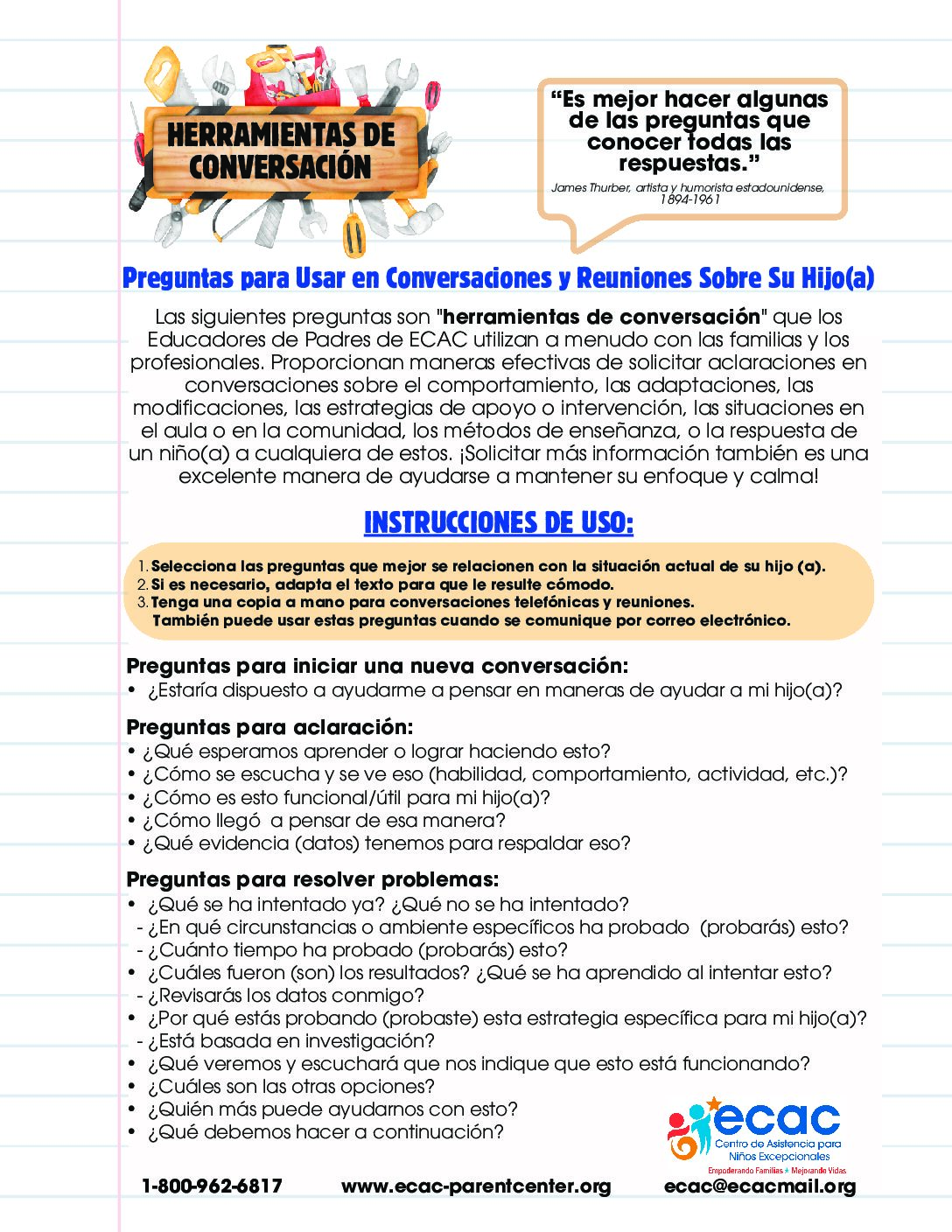
HERRAMIENTAS DE CONVERSACIÓN (Conversation Tools)
Estas preguntas son a menudo utilizadas por el personal de ECAC cuando se habla con familias y profesionales. Proporcionan formas efectivas de solicitar aclaraciones en cualquier situación.
Categories: Communication, Spanish
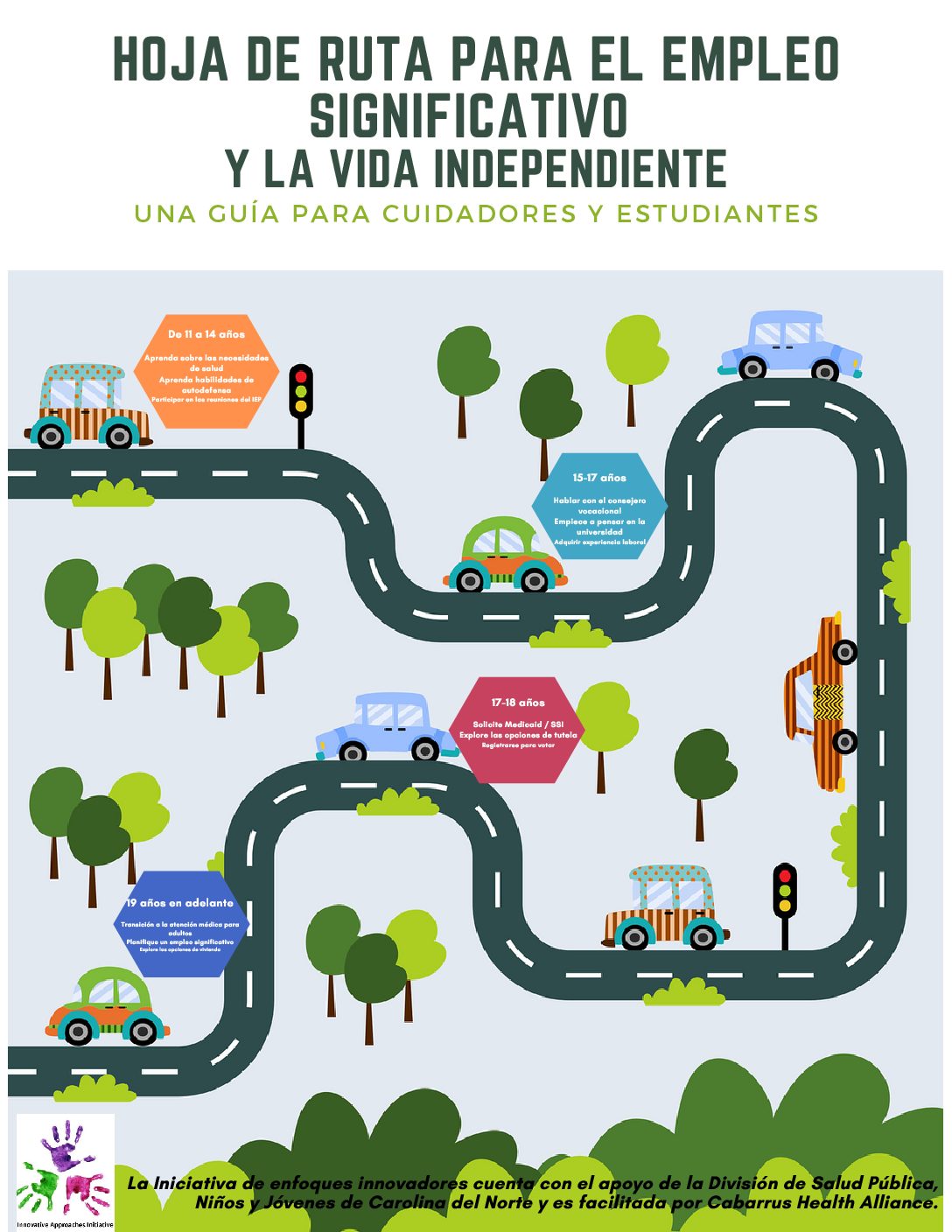
Hoja De Ruta Para El Empleo Significativo Y La Vida Independiente (The Roadmap to Meaningful Employment and Independent Living)
Una Guia Para Cuidadores Y Estudiantes
Categories: Spanish, Transition to Adulthood, Transition-age Youth
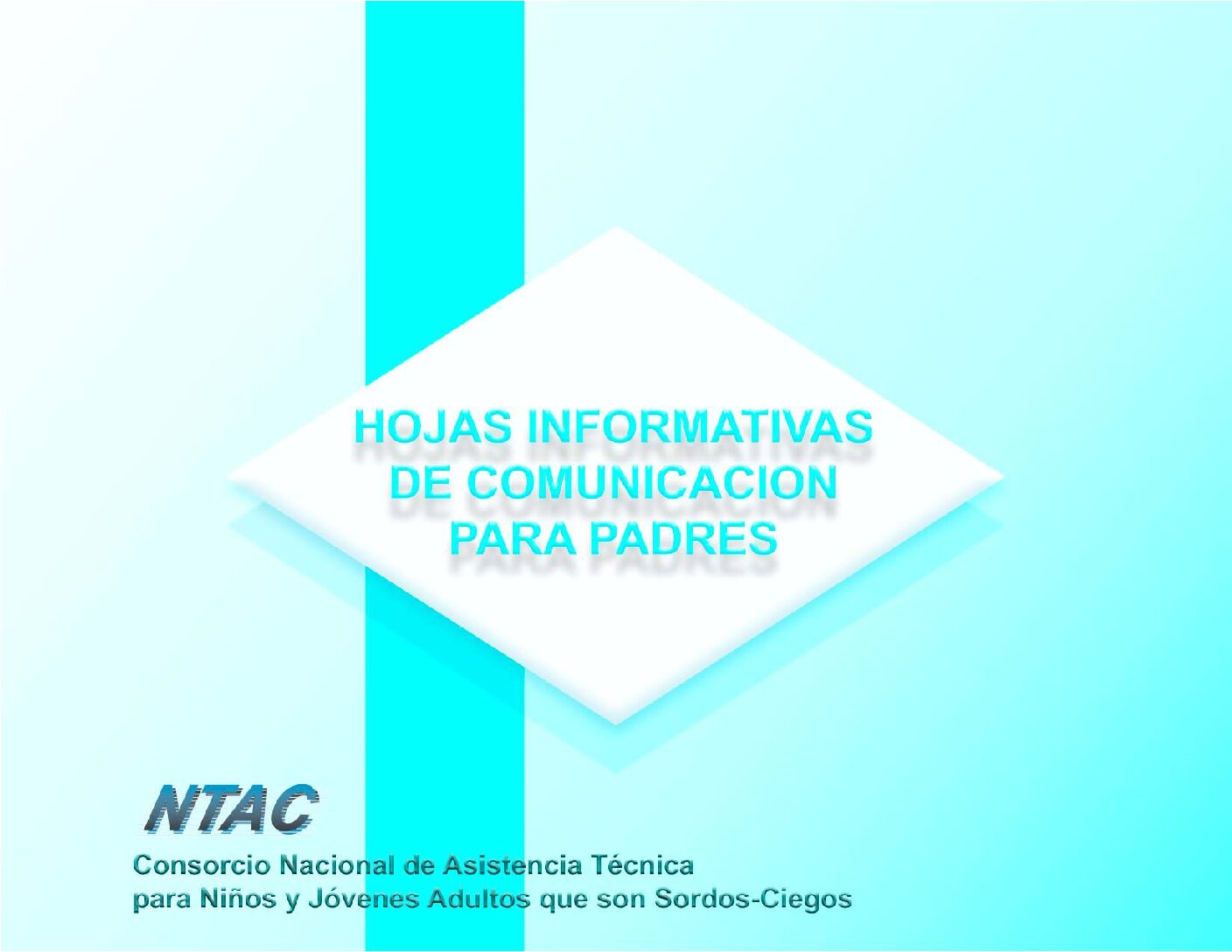
Hojas Informativas de Comunicacion Para Padres (Parent Communication Fact Sheets)
Categories: NC Deaf-Blind Project, Spanish
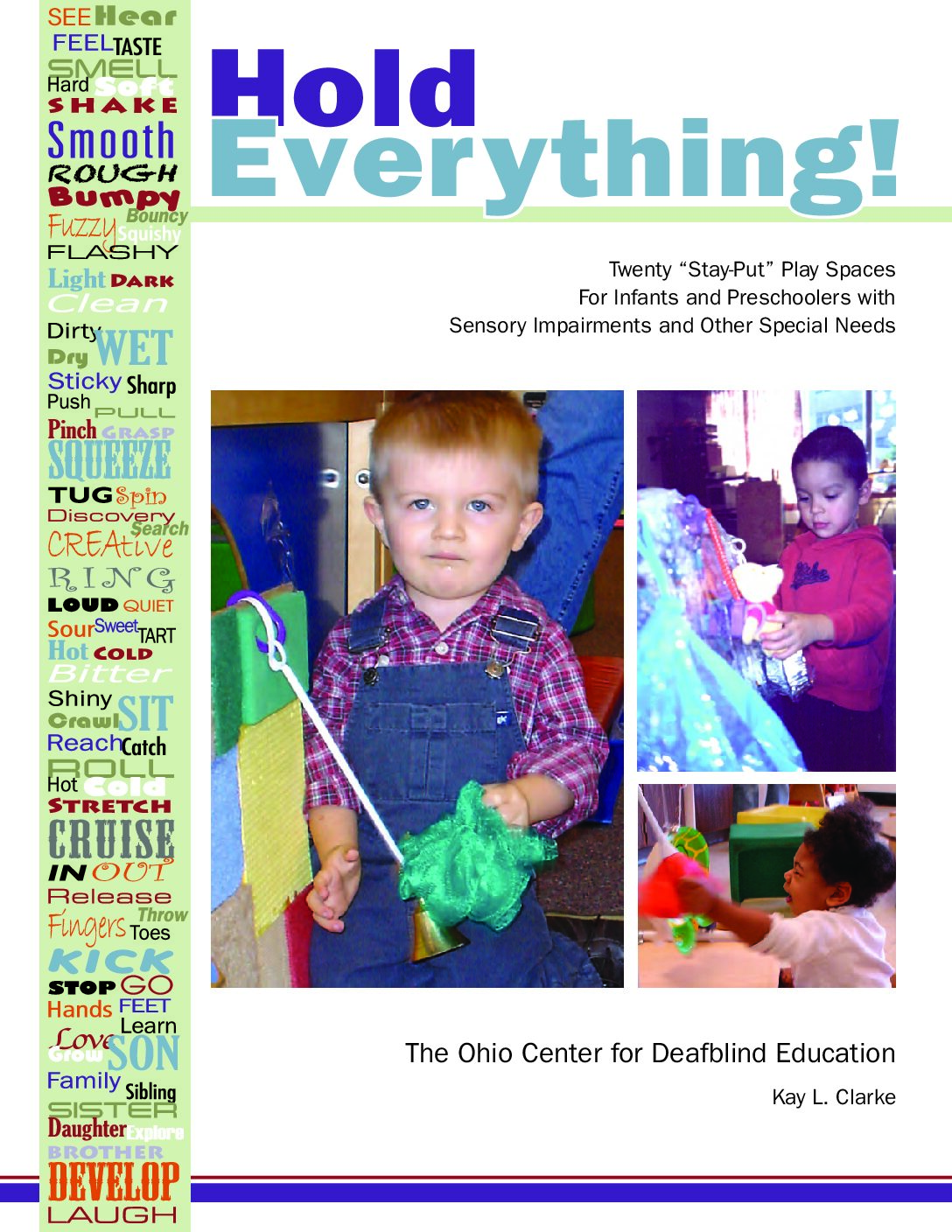
Hold Everything! Twenty "Stay-Put" Play Spaces for Infants & Preschoolers with Sensory Impairments & Other Special Needs
The goal of this booklet is to provide parents and early childhood educators with 20 initial ideas for developing “stay-put” play spaces for infants and young children with sensory impairments and other special needs. It is hoped that the readers of this booklet will use some of these ideas and go on to develop additional creative approaches that will encourage self-initiated exploration, play and learning.
Categories: NC Deaf-Blind Project
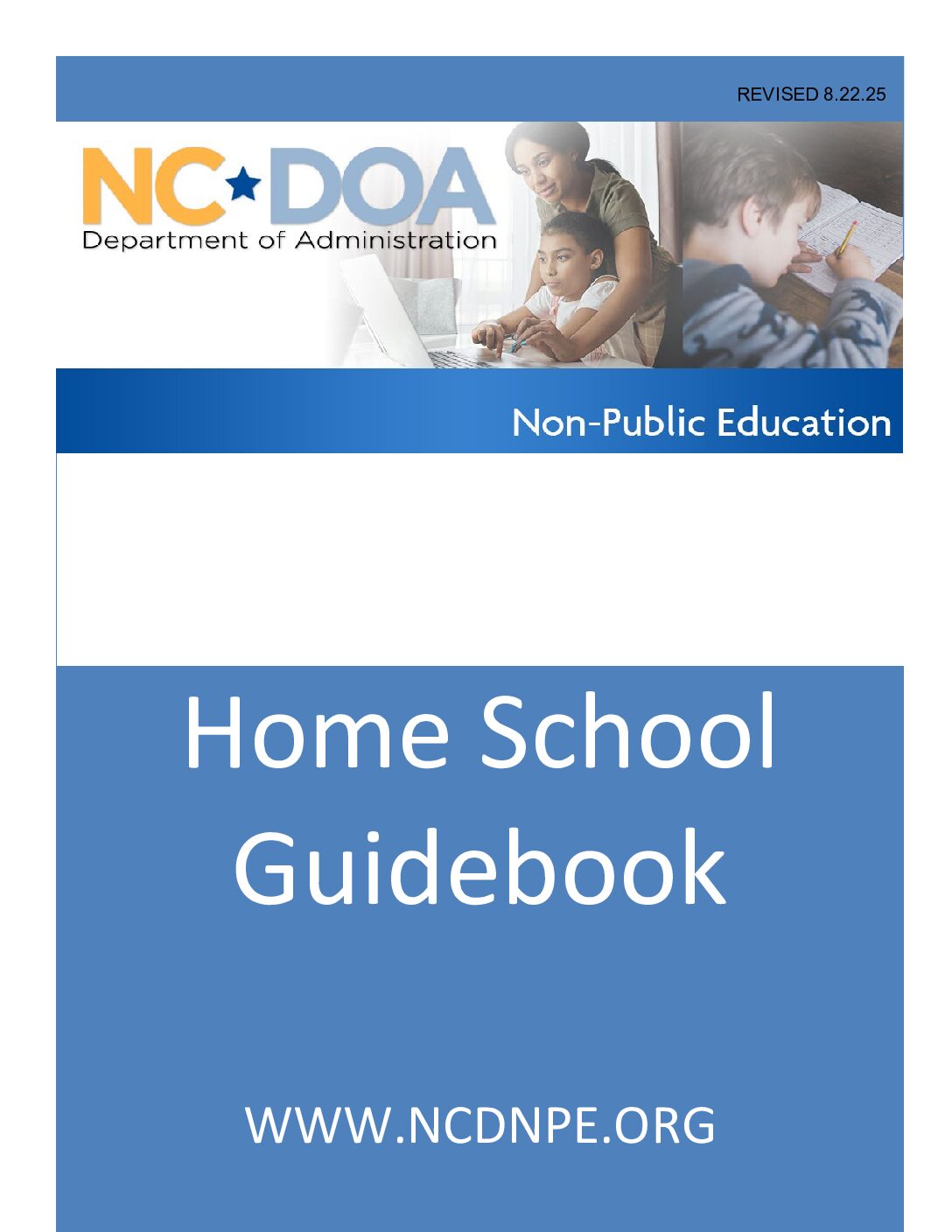
Home School Guidebook
Home School Guidebook from the NC Department of Administration Division of Non-Public Education
Categories: School Choice
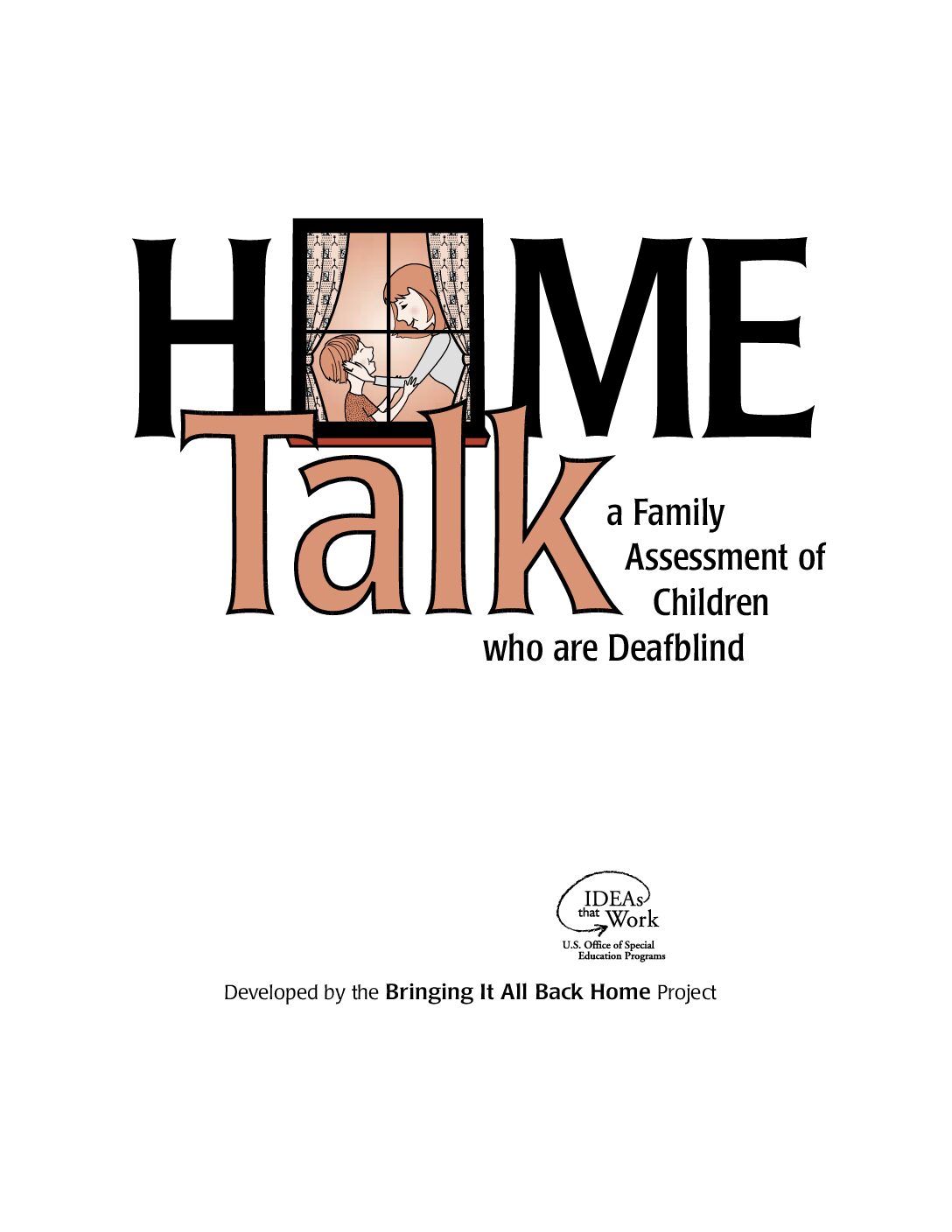
Home Talk - A Family Assessment of Children who are DeafBlind
HomeTalk is an assessment tool for parents and care providers of children who are deafblind and who have other disabilities. Its purpose is to help you participate in the planning of your child’s educational program. As a parent or care provider, you have the best opportunities to make observations of your child at home and in the community. HomeTalk can provide a broad picture of your child’s skills, special interests, and personality.
Categories: NC Deaf-Blind Project
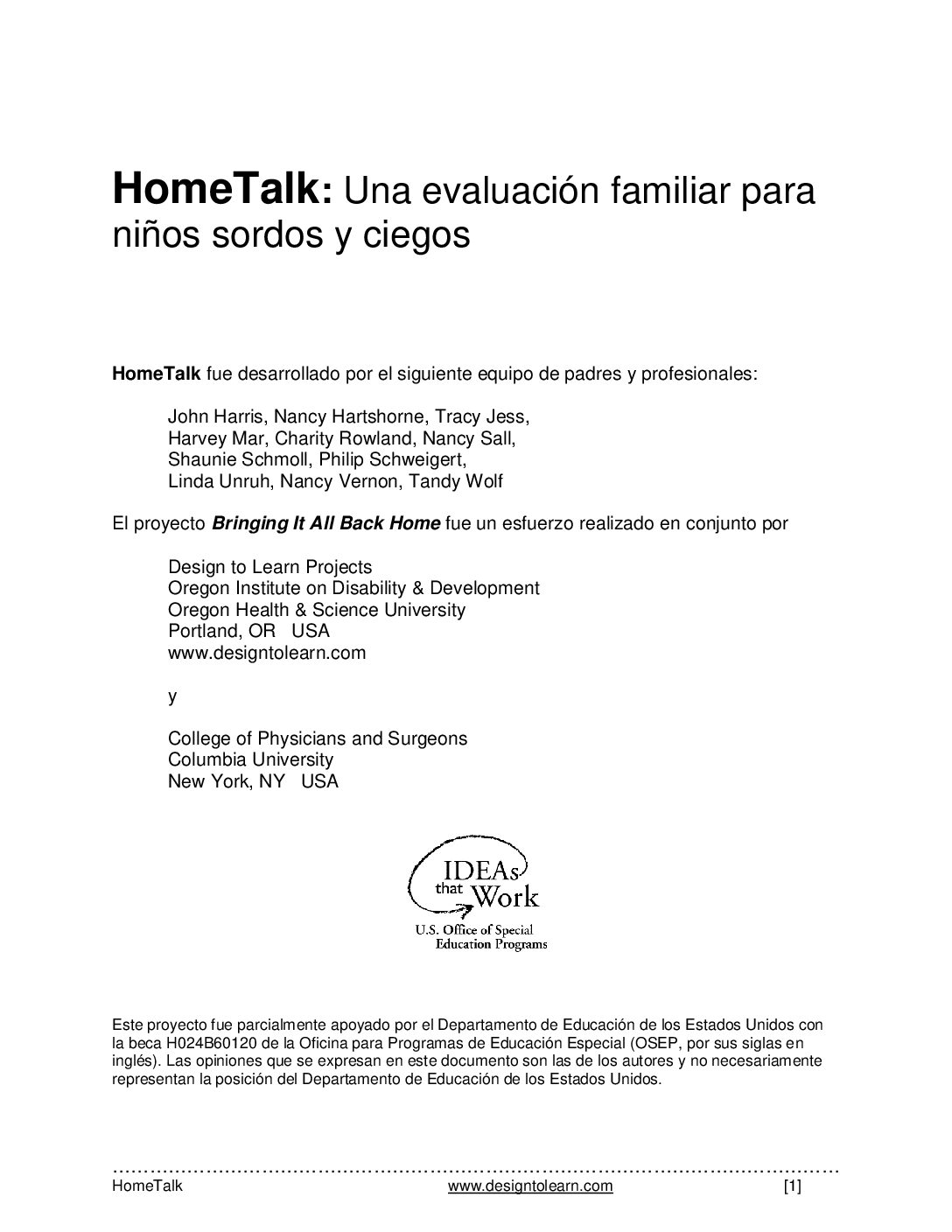
HomeTalk: Una evaluación familiar paraniños sordos y ciegos (A Family Assessment of Children who are DeafBlind)
HomeTalk es un instrumento de evaluación para los padres y los proveedores de servicios de cuidado de niños que son sordociegos y que tienen otras discapacidades. Su propósito es de ayudar a los parientes a participar en la planificación del programa educativo del niño. Como padre o como proveedor de cuidados, usted tiene las mejores oportunidades para observar al niño en casa o en su enotorno social. HomeTalk puede proporcionarle una visión amplia de las aptitudes, intereses particulares y personalidad de su niño(a).
Categories: NC Deaf-Blind Project, Spanish
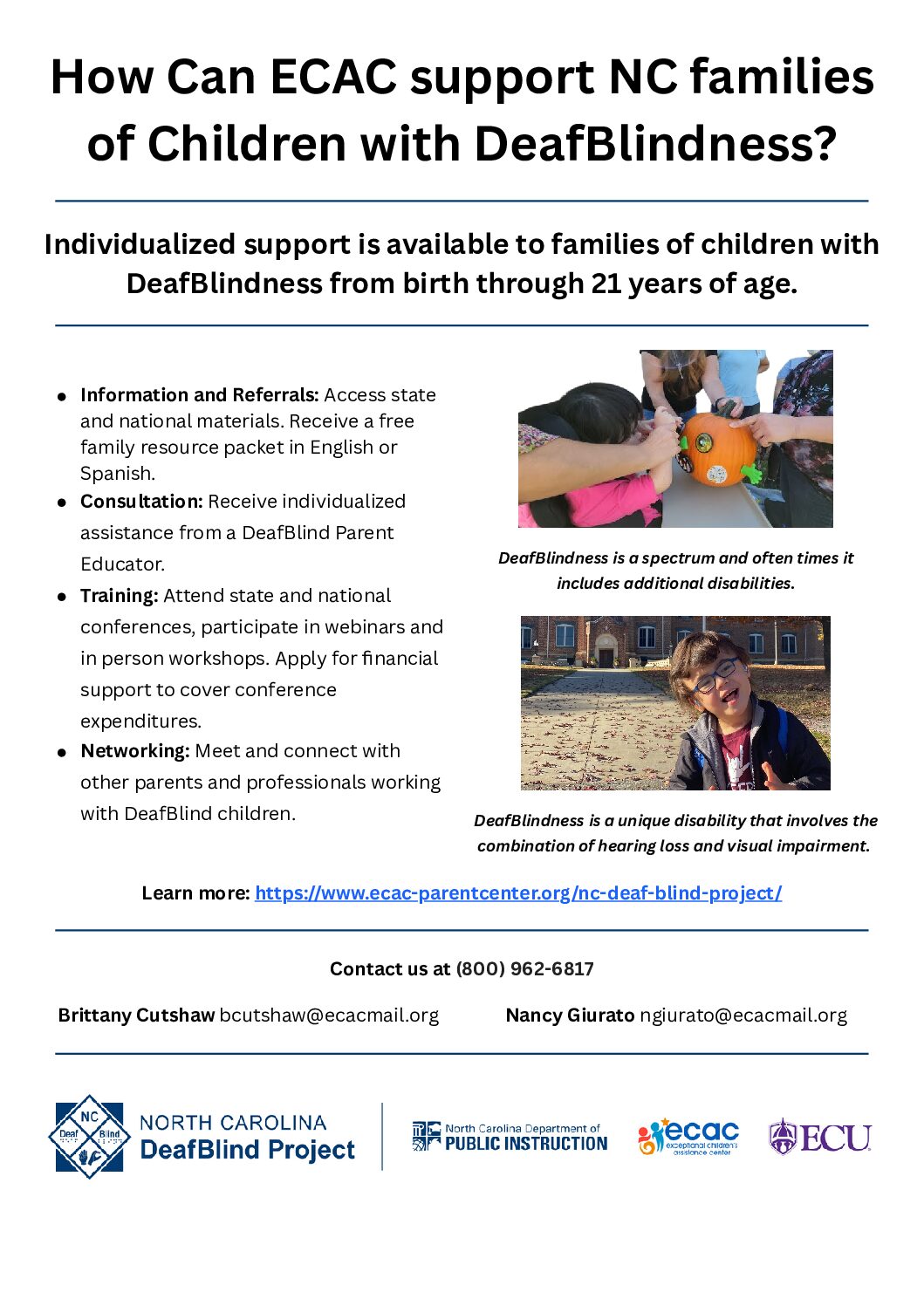
How Can ECAC Support NC Families of Children with DeafBlindness?
Individualized support is available to families of children with DeafBlindness from birth through 21 years of age.
Categories: NC Deaf-Blind Project
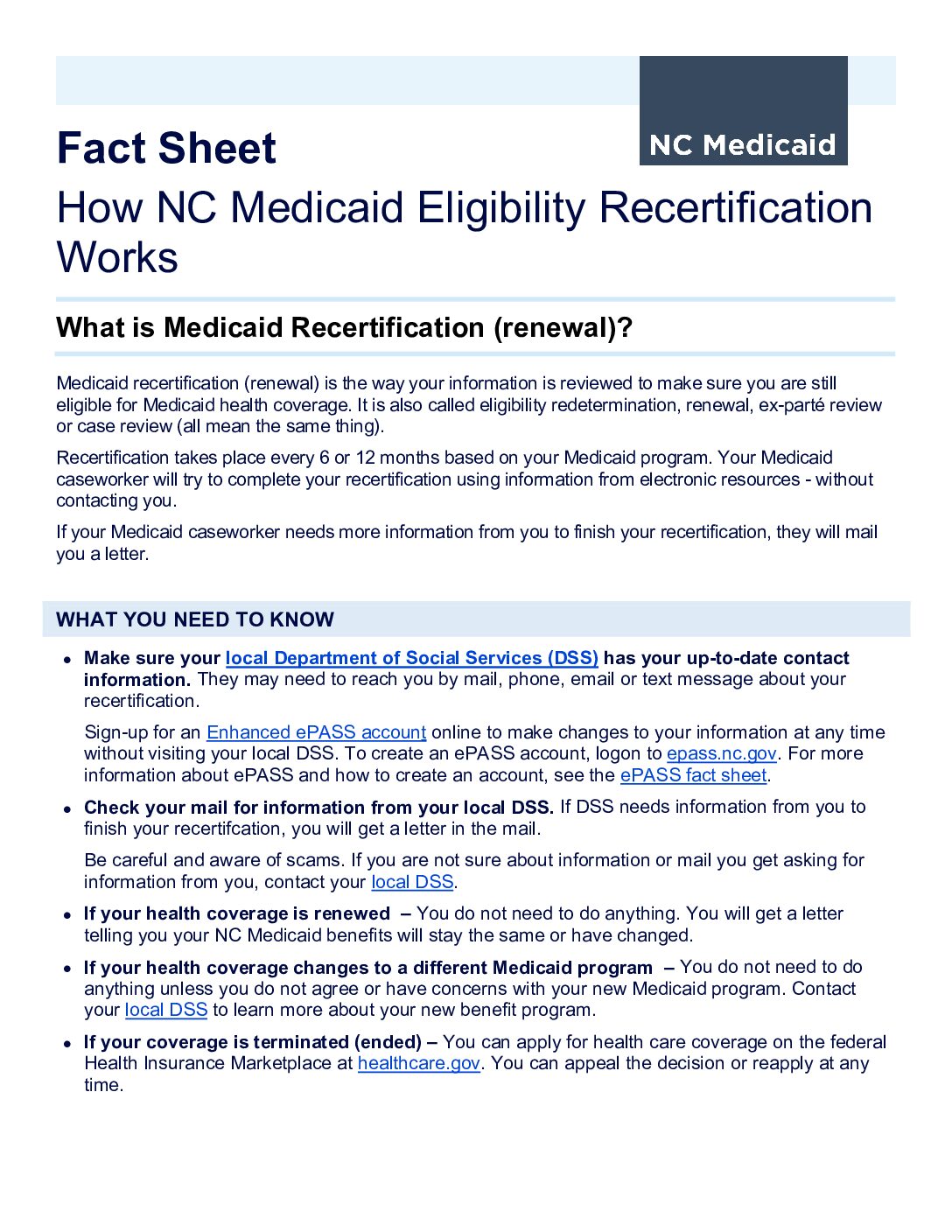
How NC Medicaid Eligibility Recertification Works
Medicaid recertification (renewal) is the way your information is reviewed to make sure you are still eligible for Medicaid health coverage. It is also called eligibility redetermination, renewal, ex-parté review or case review (all mean the same thing).
Categories: Medicaid and Medicaid Waivers
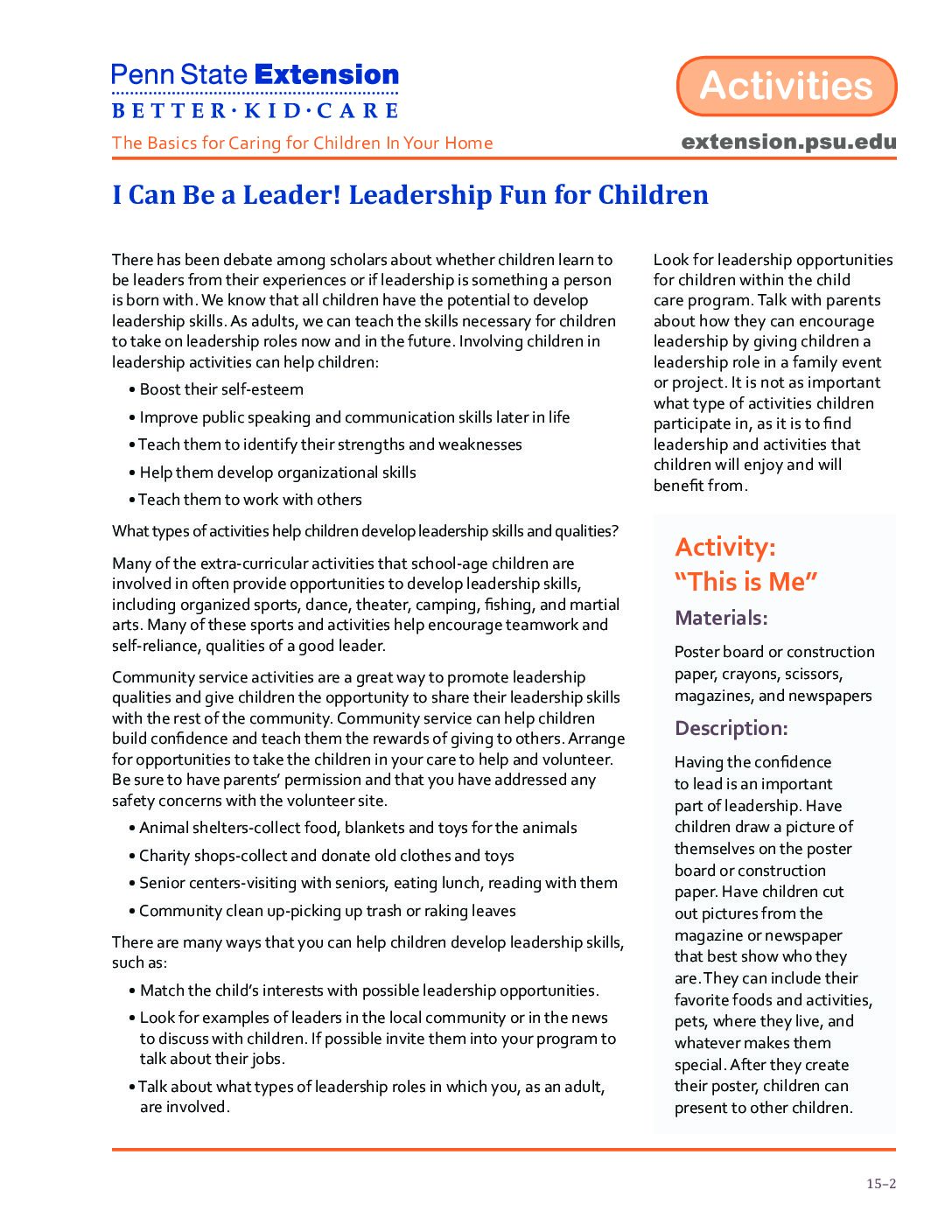
I Can be a Leader: Leadership fun for Children:
Activities to help Children Develop Leadership skills.
Categories: Family Engagement, Transition-age Youth
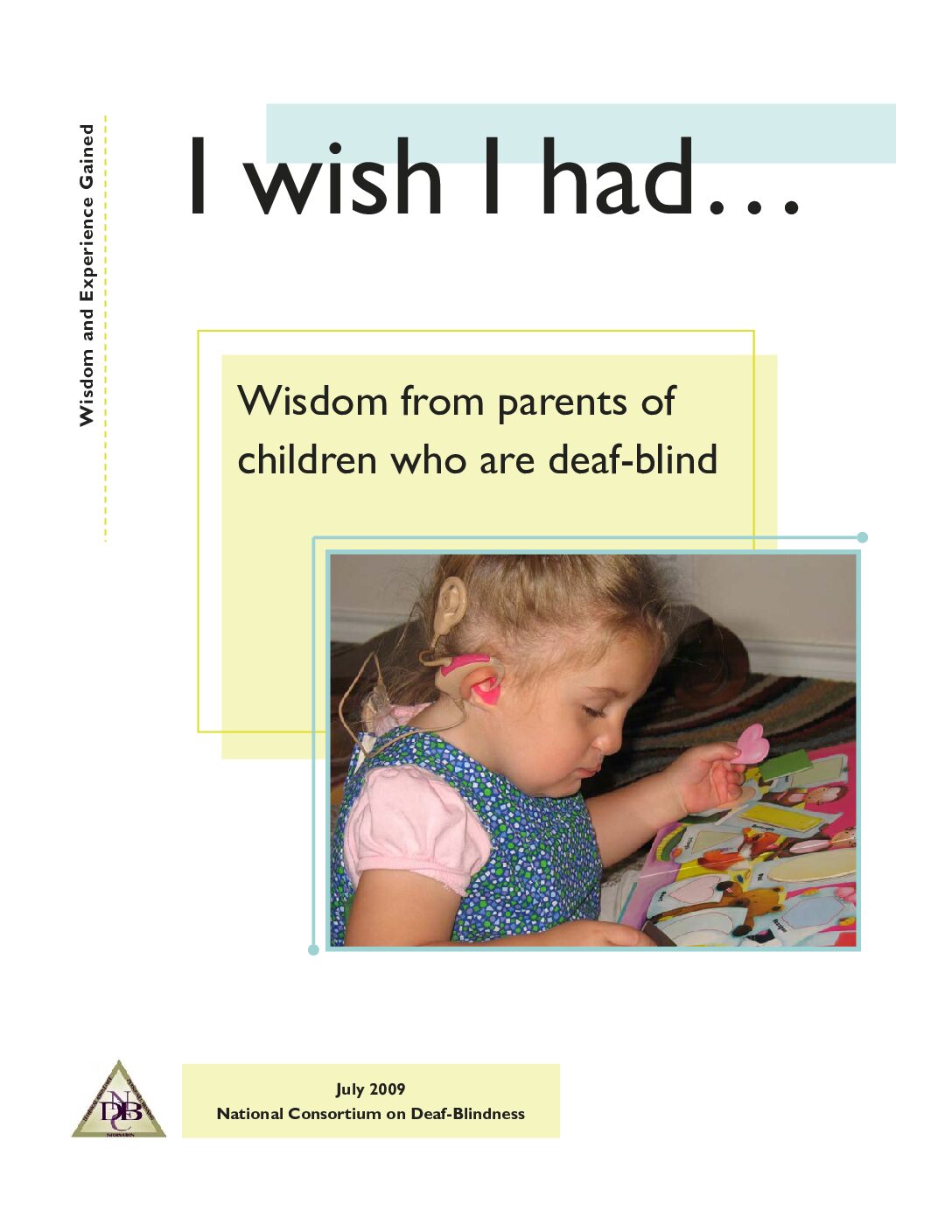
I Wish I had...Wisdom From Parents of Children who are DeafBlind
Categories: NC Deaf-Blind Project
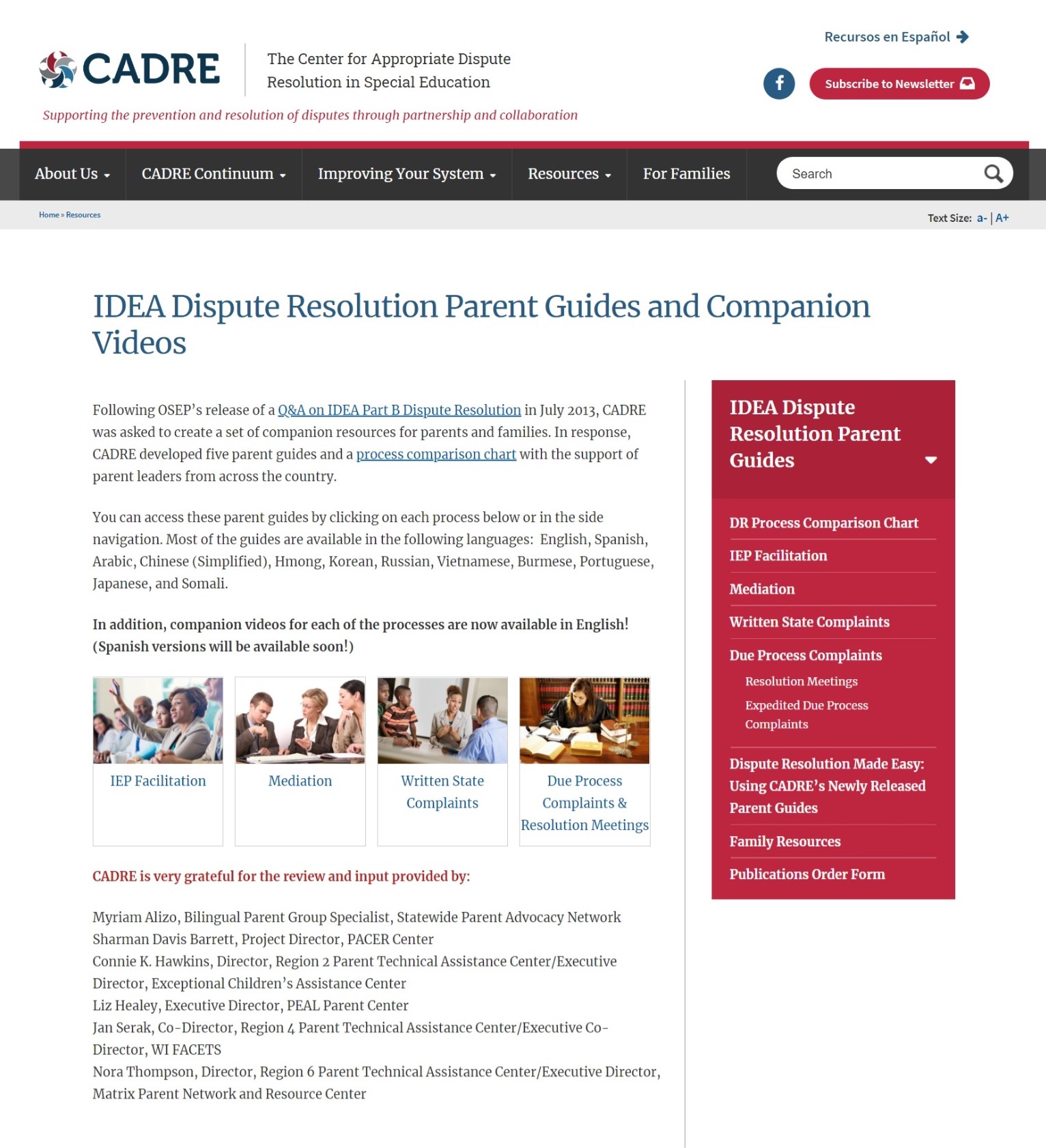
IDEA Dispute Resolution Parent Guides - CADRE
5 Quick Guides for Parents of Children & Youth
Categories: Conflict Resolution, IDEA
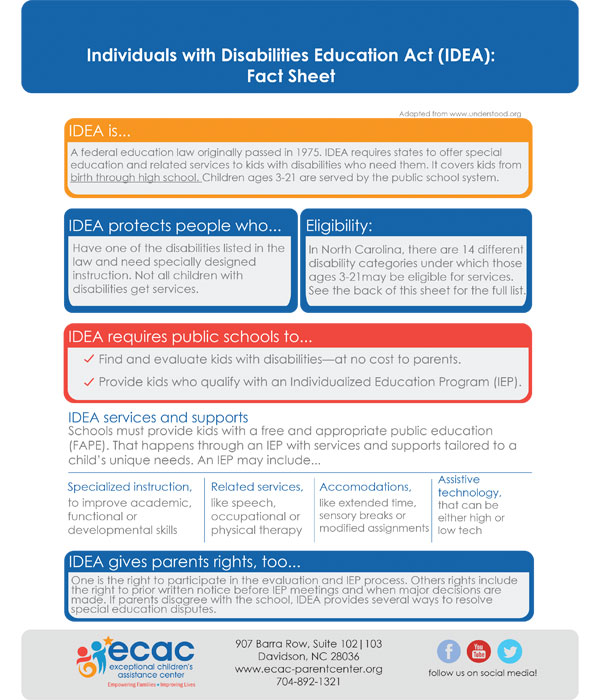
IDEA Fact Sheet
This fact sheet provides an overview of the Individuals with Disabilities in Education Act (IDEA).
Categories: General, IDEA, IEP
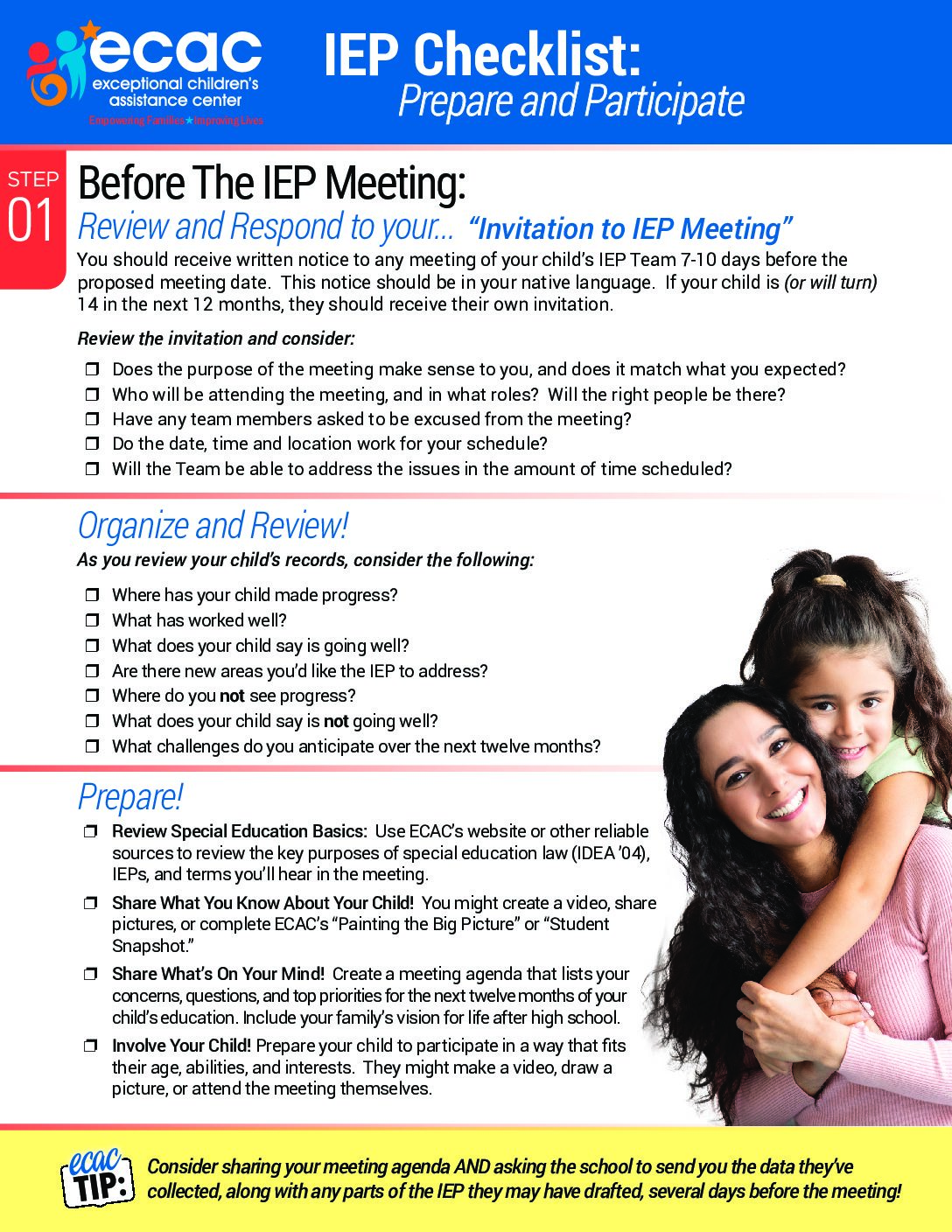
IEP Checklist
Check out these tips to prepare for your next IEP meeting!
Categories: Advocacy, IEP, Special Education
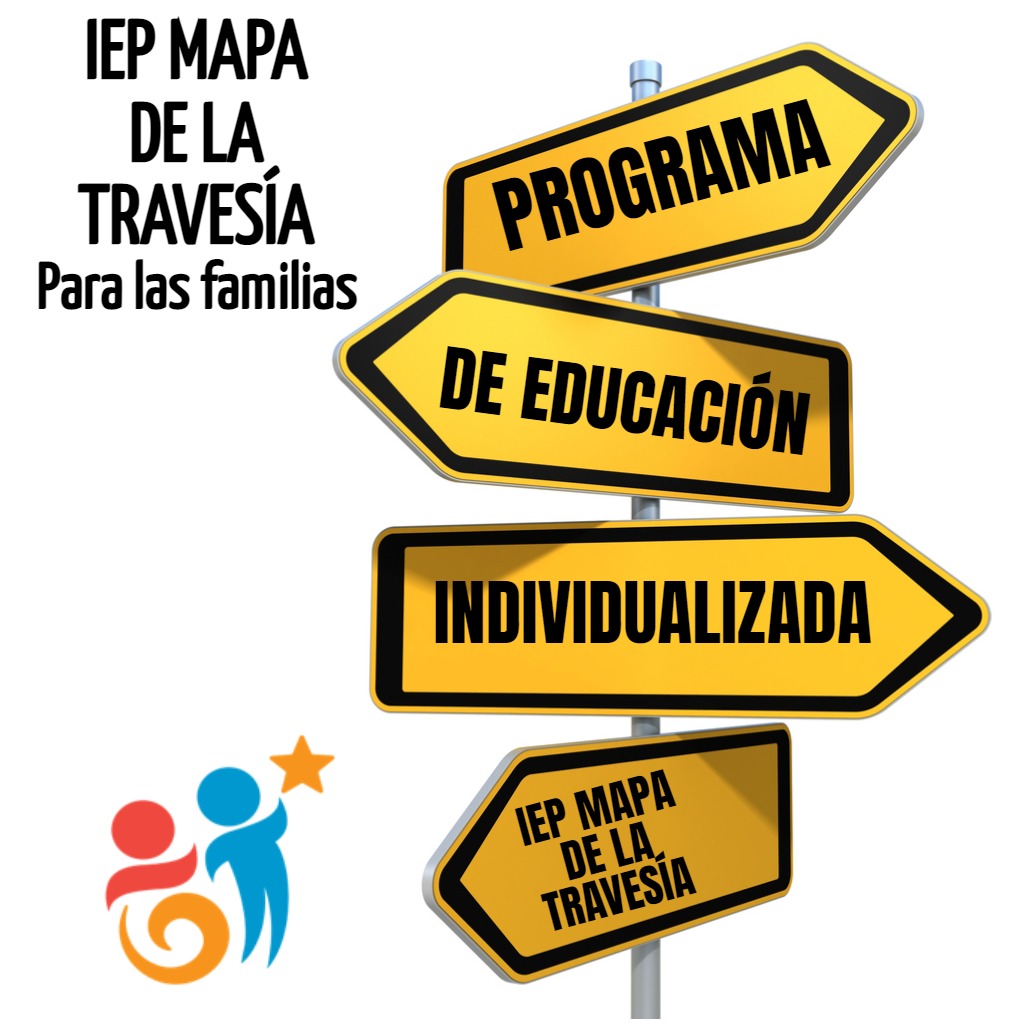
IEP MAPA DE LA TRAVESÍA - Para las familias (IEP Road Map – For Families)
IEP MAPA DE LA TRAVESÍA - Para las familias
Categories: IEP, Spanish, Special Education
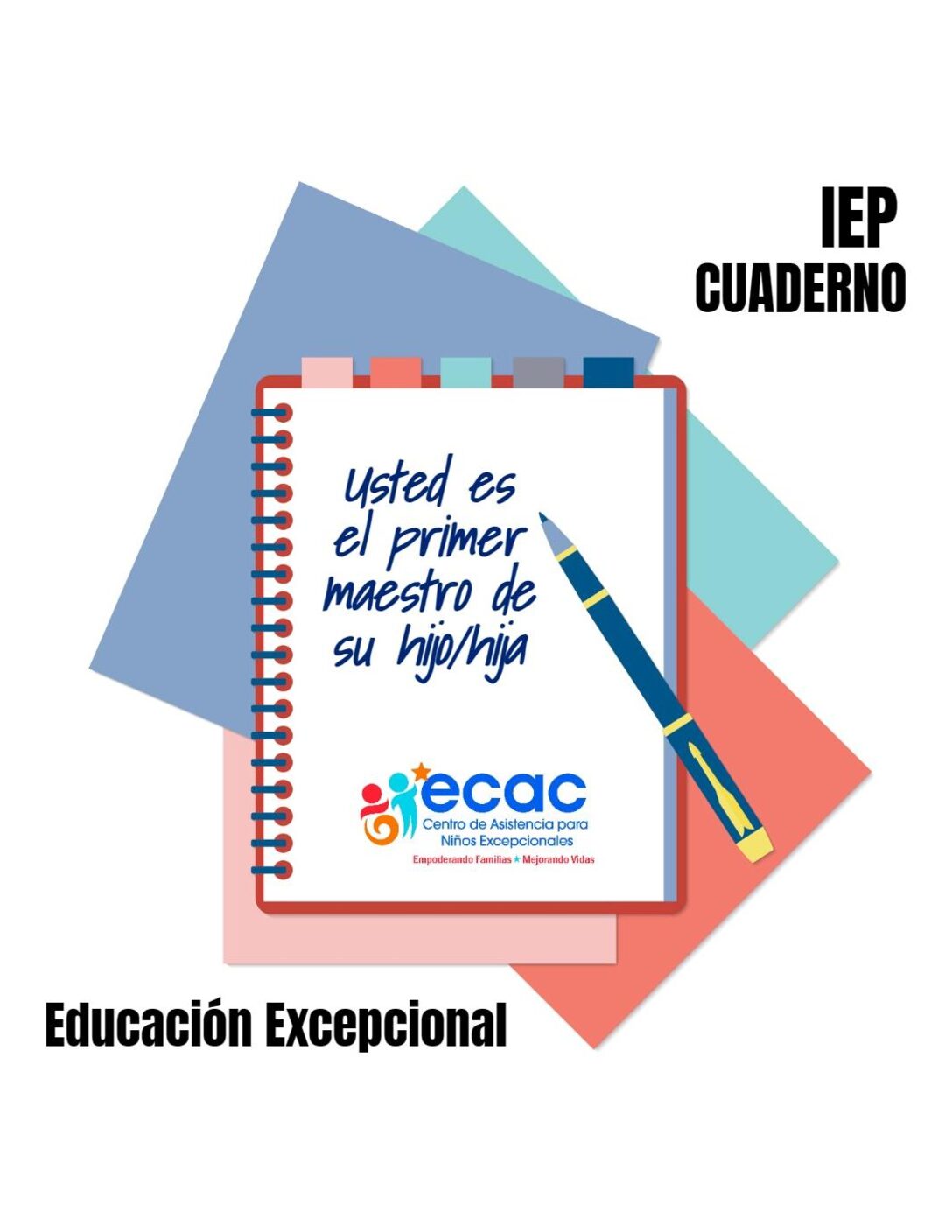
IEP Notebook/IEP Cuaderno
IEP Cuaderno Su participación en el desarrollo de un Programa de Educación Individualizado (IEP por sus siglas en inglés) que sea efectivo y adecuado es esencial para el éxito de su hijo(a). Aunque el típico IEP normalmente cubre un período de 12 meses, cada IEP ayuda a consolidar la base para el futuro en la vida de su hijo. Piense en el adulto en el que su hijo se convertirá. Al planear, piense más allá de estos doce meses por venir. Considere su participación como un proceso de tres pasos.
Categories: IEP, Spanish, Special Education
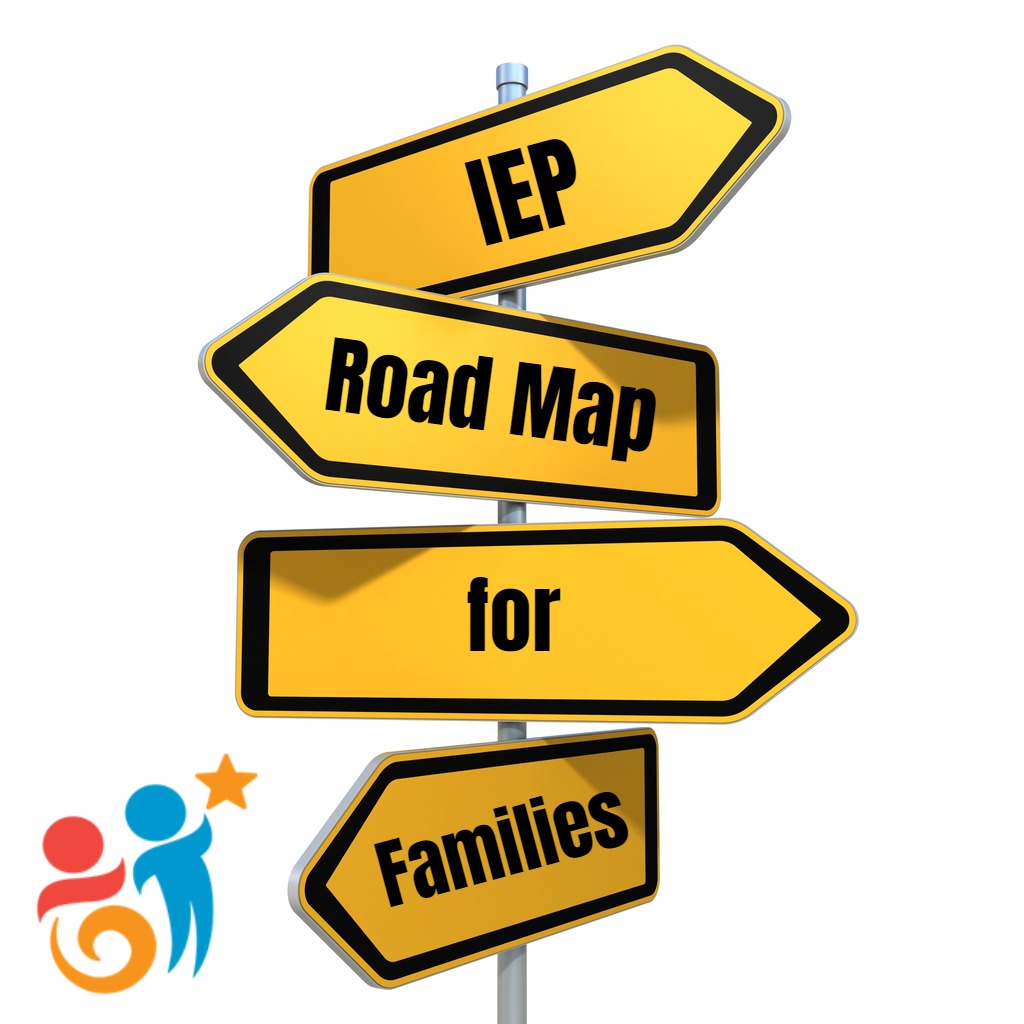
IEP Road Map for Families
A guide featuring the North Carolina IEP forms and useful tips for parents along the way.
Categories: IEP, Special Education, Transition to Adulthood
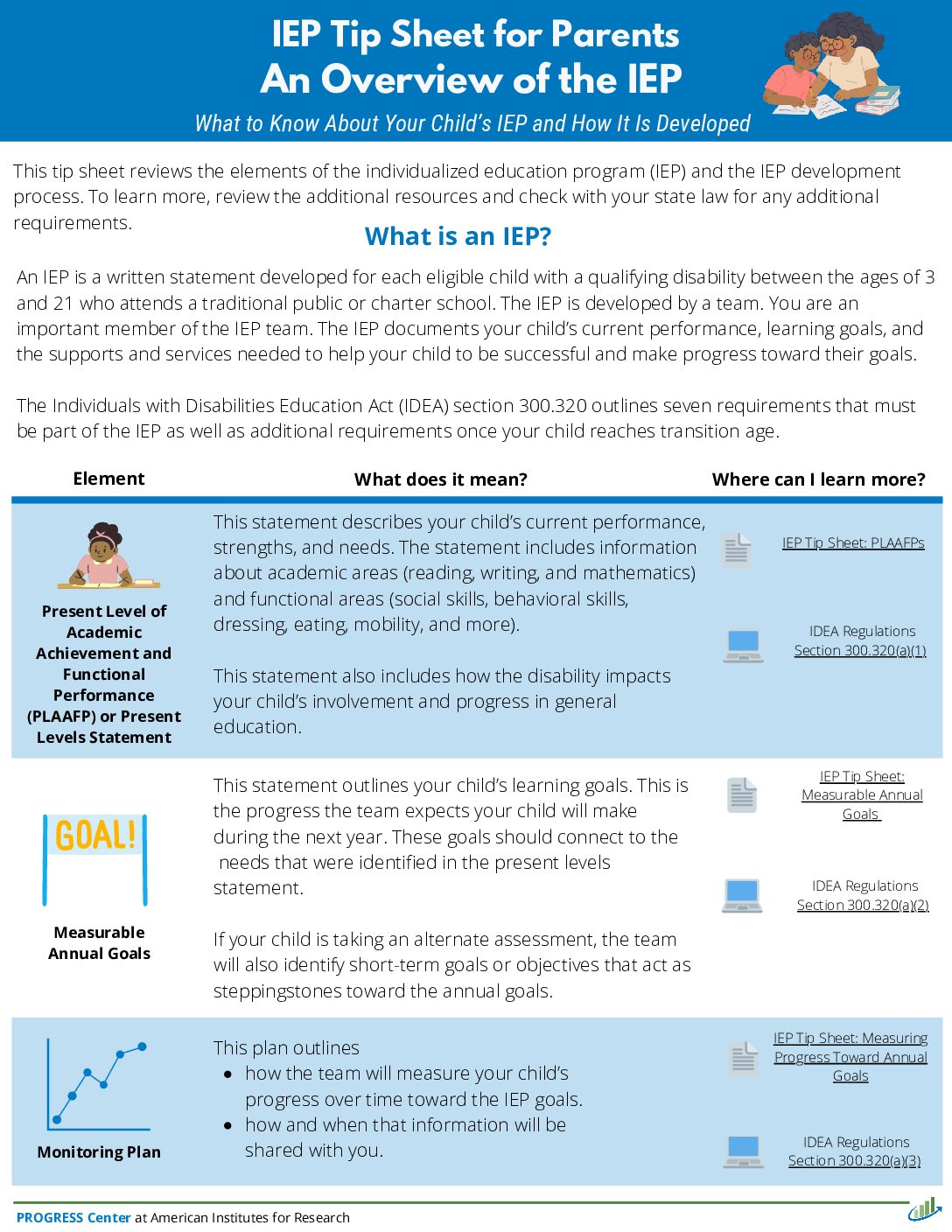
IEP Tip Sheet for Parents - An Overview of the IEP - What to Know About Your Child’s IEP and How It Is Developed
This tip sheet from PROGRESS Center reviews the elements of the individualized education program (IEP) and the IEP development process.
Categories: IEP
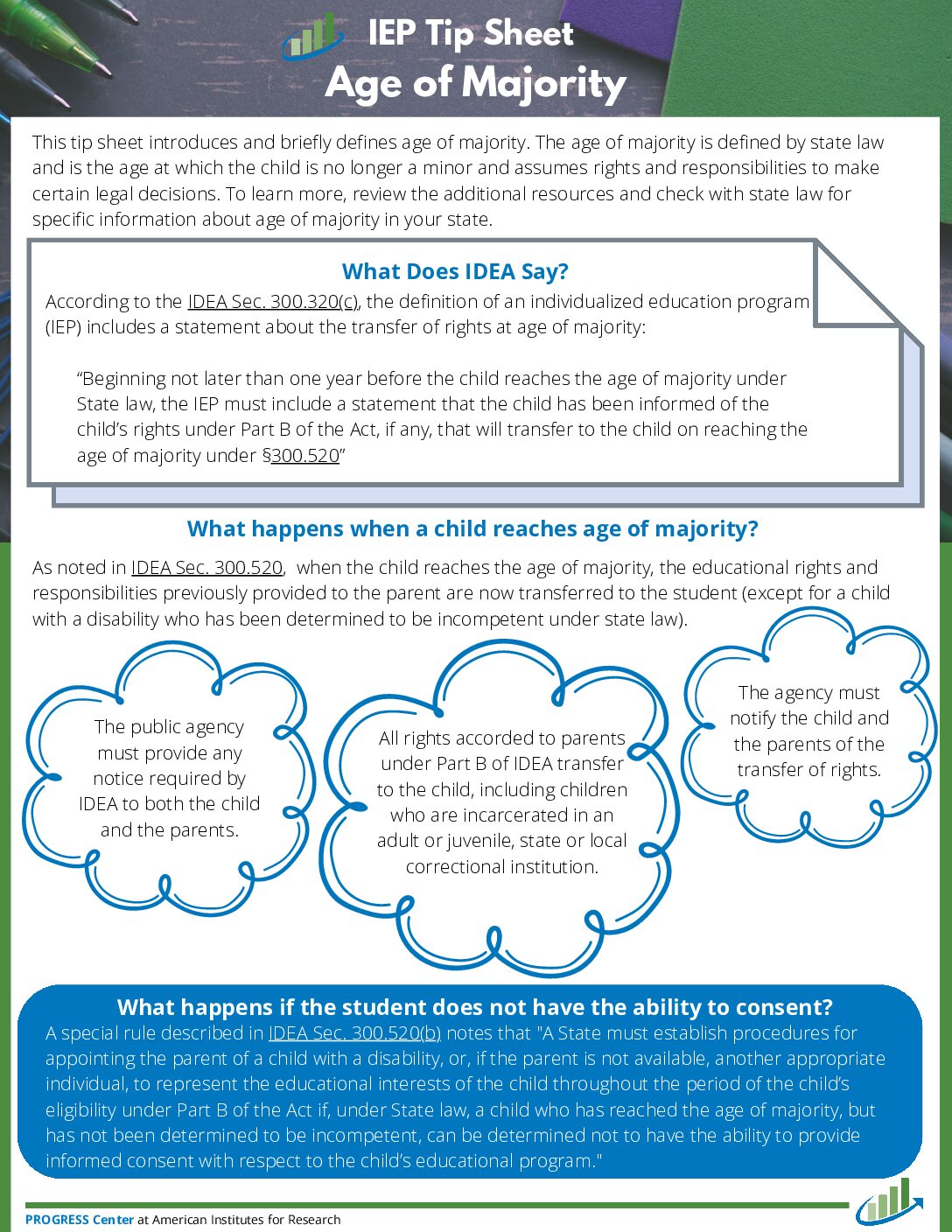
IEP Tip Sheet: Age of Majority
This tip sheet introduces and briefly defines age of majority. The age of majority is defined by state law and is the age at which the child is no longer a minor and assumes rights and responsibilities to make certain legal decisions. To learn more, review the additional resources and check with state law for specific information about age of majority in your state.
Categories: IEP, Special Education, Transition to Adulthood, Transitions
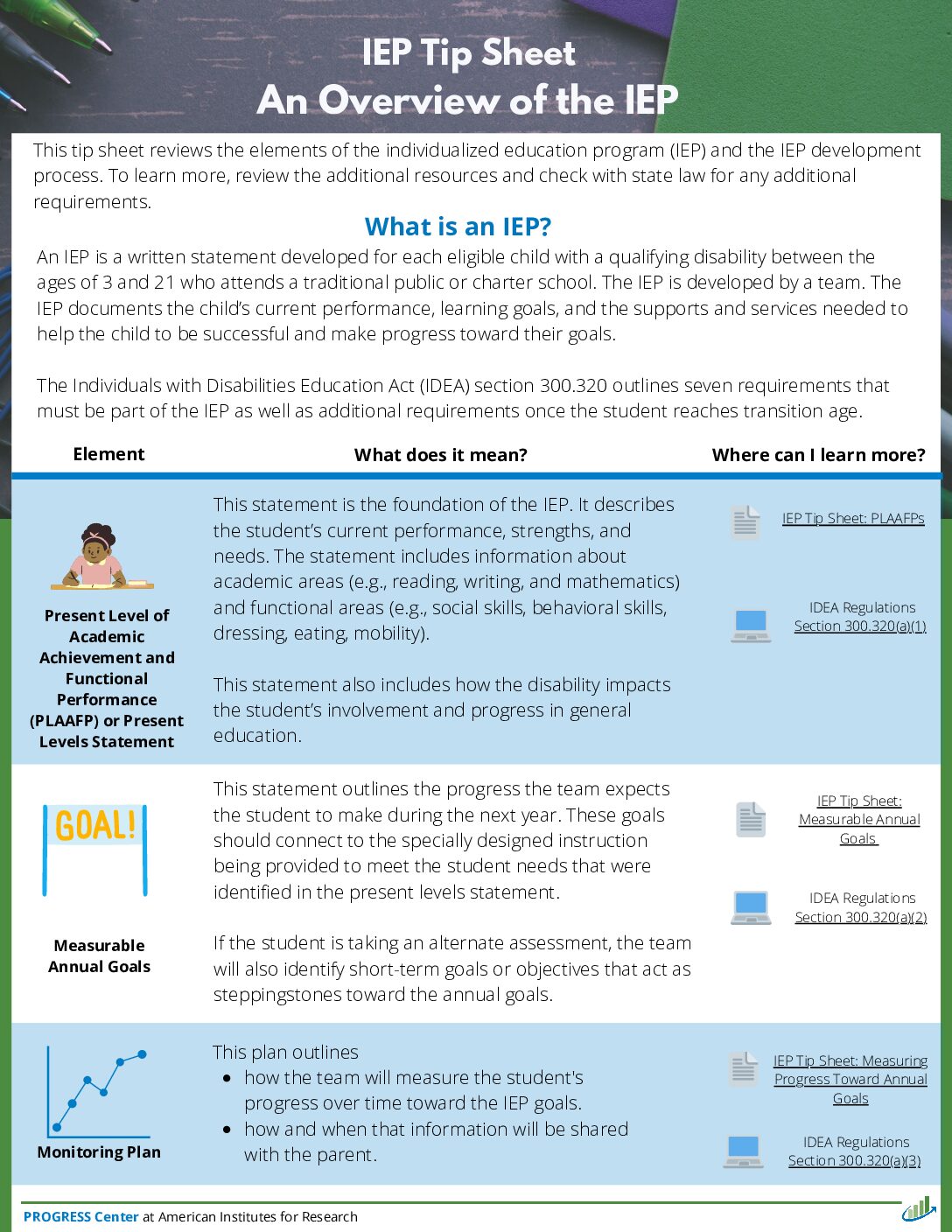
IEP Tip Sheet: An Overview of the IEP
This tip sheet reviews the elements of the individualized education program (IEP) and the IEP development process. To learn more, review the additional resources and check with state law for any additional requirements.
Categories: IEP, Special Education
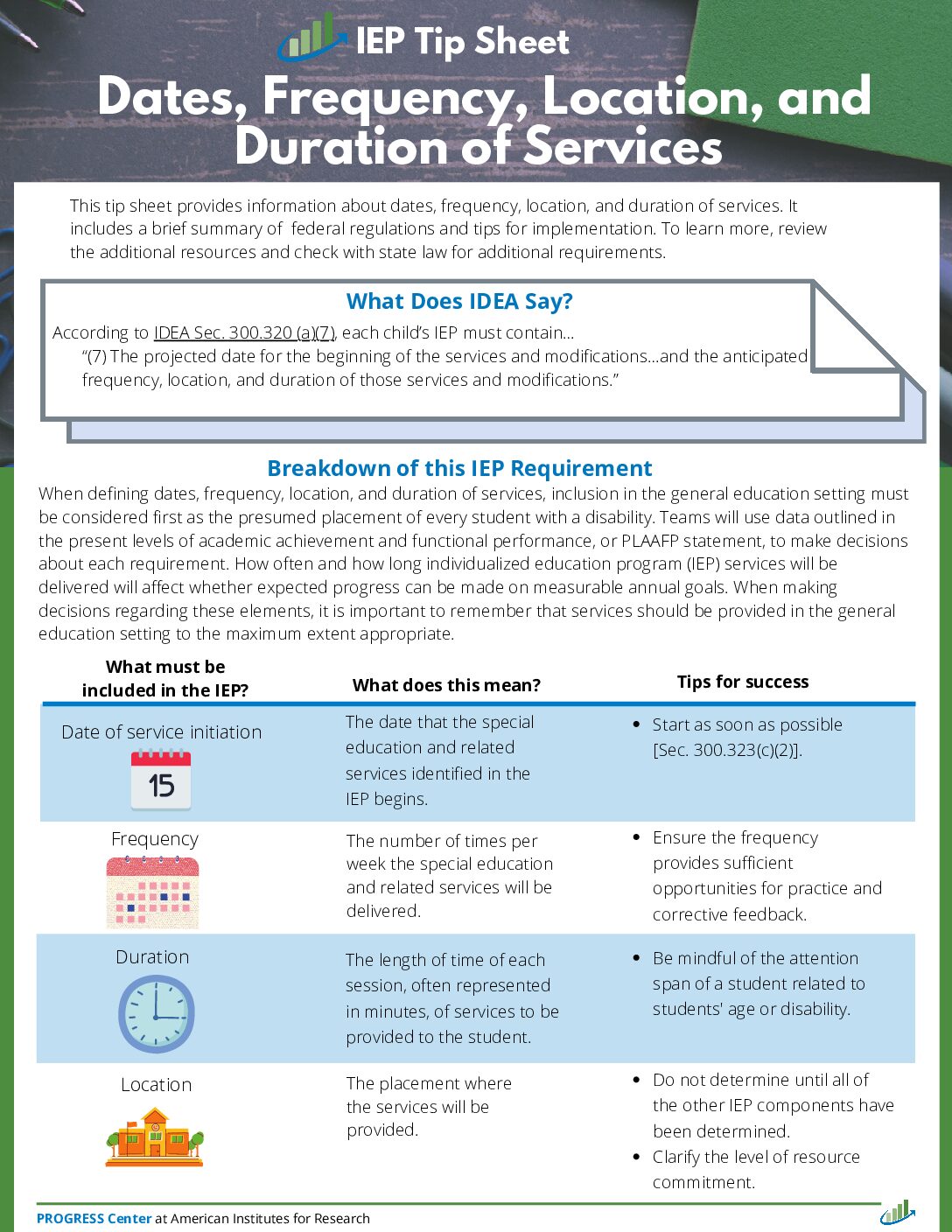
IEP Tip Sheet: Dates, Frequency, Location and Duration of Services
This tip sheet provides information about dates, frequency, location, and duration of services. It includes a brief summary of federal regulations and tips for implementation. To learn more, review the additional resources and check with state law for additional requirements.
Categories: IEP, Special Education
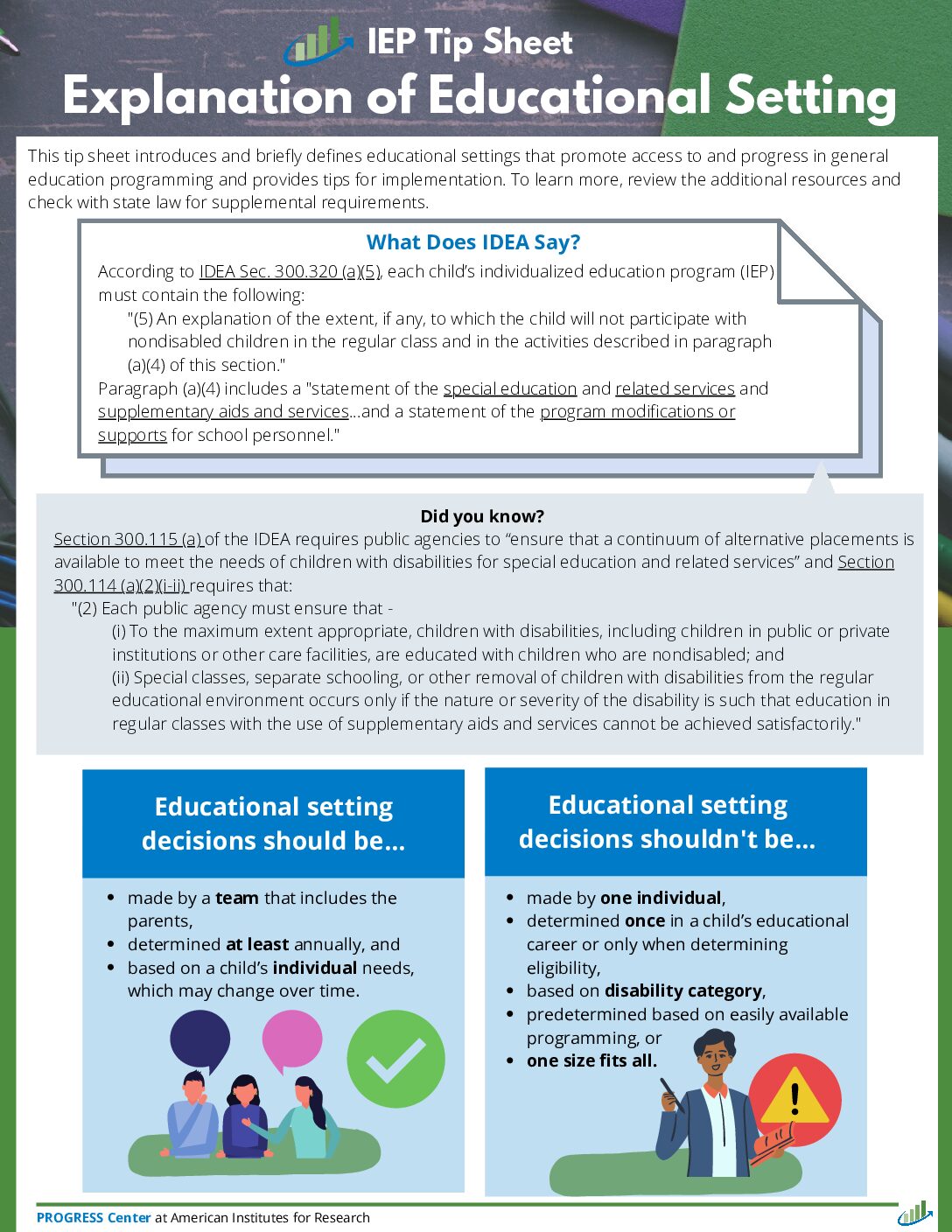
IEP Tip Sheet: Explanation of Educational Setting
This tip sheet introduces and briefly defines educational settings that promote access to and progress in general education programming and provides tips for implementation. To learn more, review the additional resources and check with state law for supplemental requirements.
Categories: IEP, Special Education
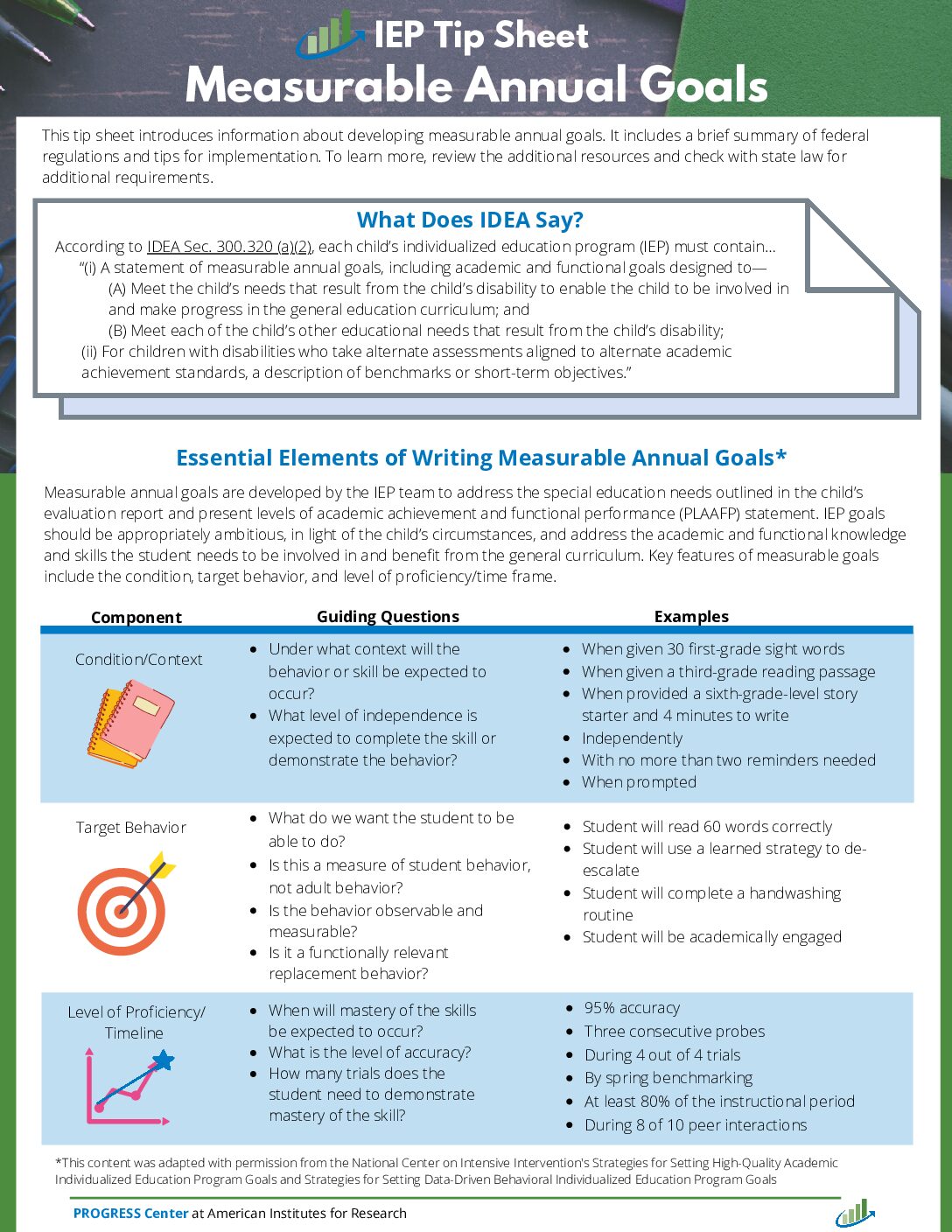
IEP Tip Sheet: Measurable Annual Goals
This tip sheet introduces information about developing measurable annual goals. It includes a brief summary of federal regulations and tips for implementation. To learn more, review the additional resources and check with state law for additional requirements.
Categories: IEP, Special Education
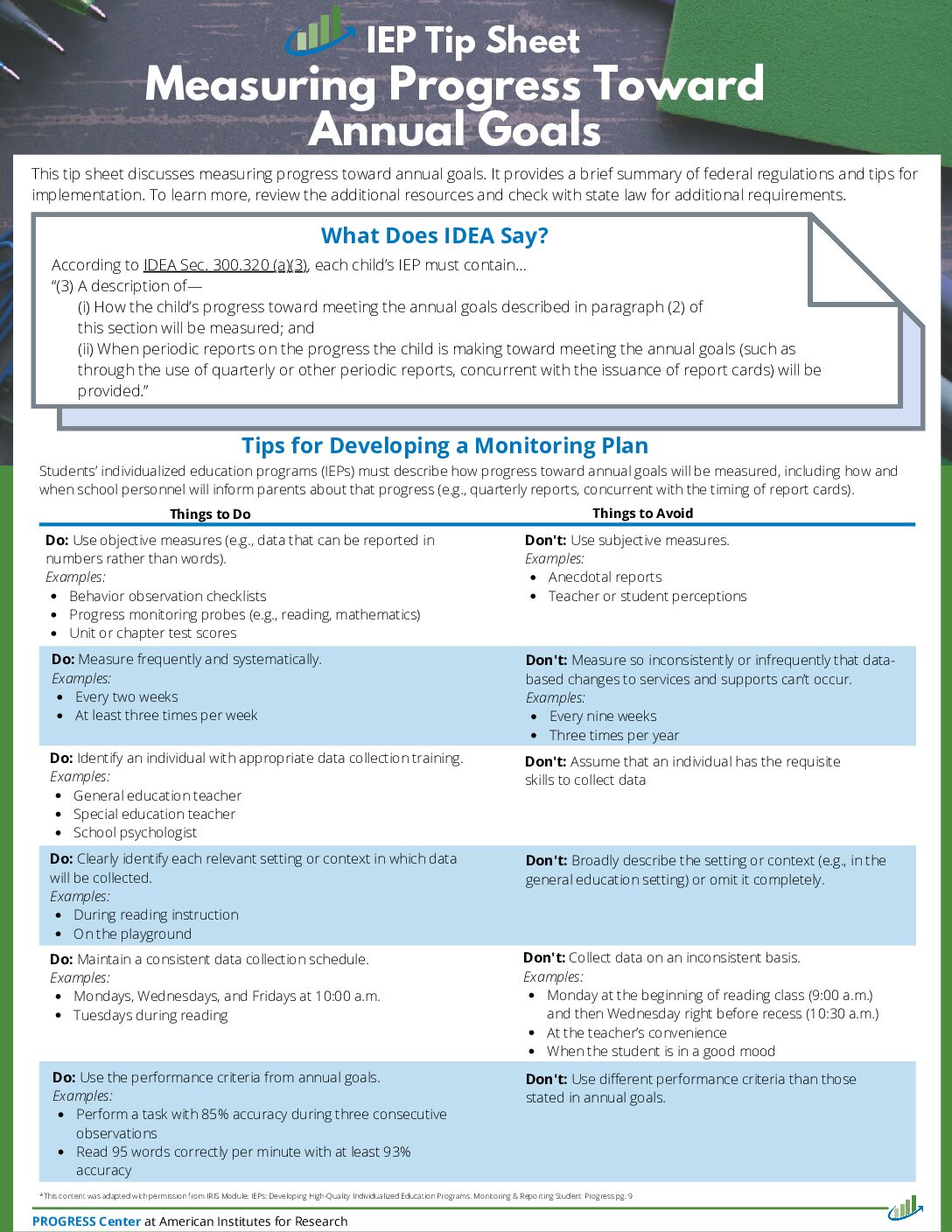
IEP Tip Sheet: Measuring Progress Toward Annual Goals
This tip sheet discusses measuring progress toward annual goals. It provides a brief summary of federal regulations and tips for implementation. To learn more, review the additional resources and check with state law for additional requirements.
Categories: IEP, Special Education
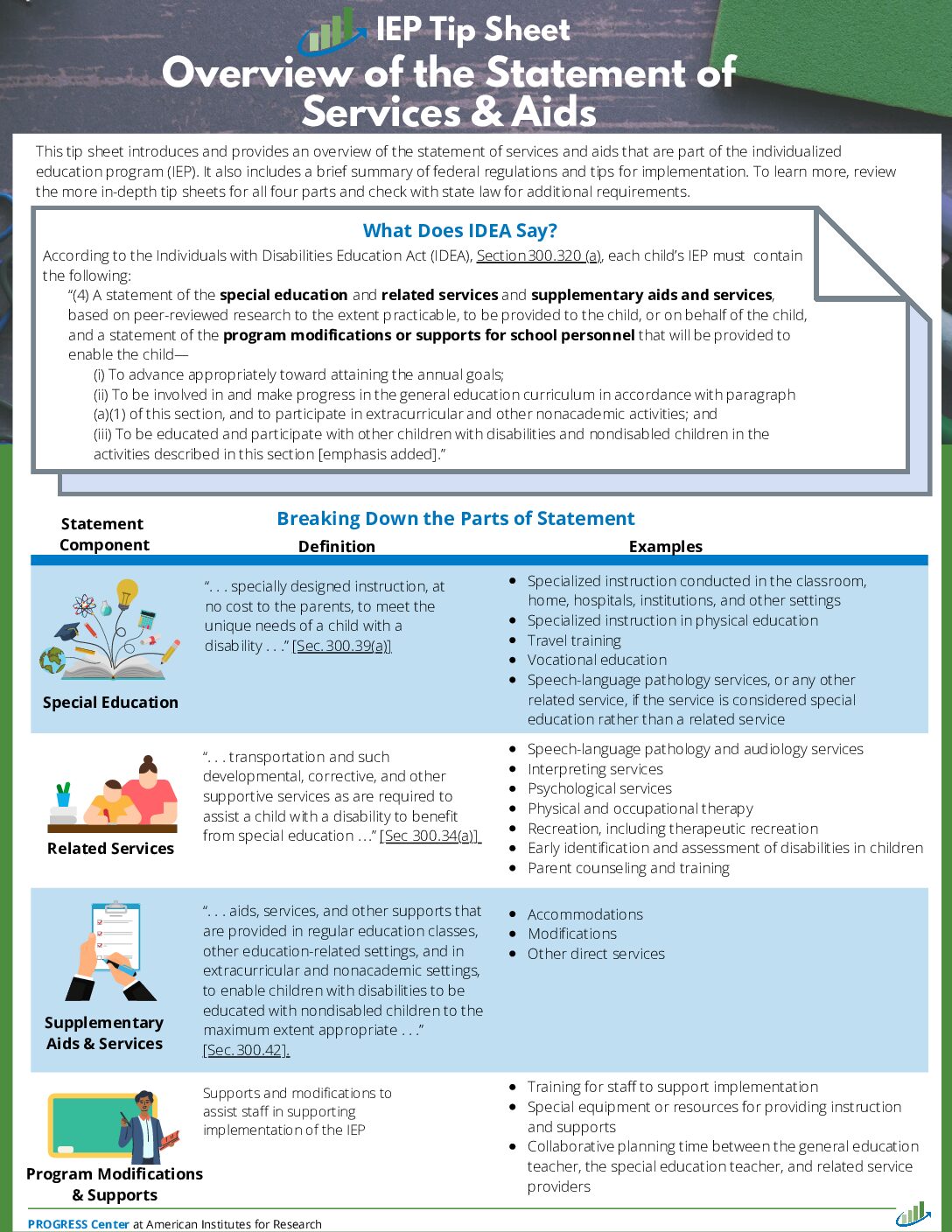
IEP Tip Sheet: Overview of the Statement of Services & Aids
This tip sheet introduces and provides an overview of the statement of services and aids that are part of the individualized education program (IEP). It also includes a brief summary of federal regulations and tips for implementation. To learn more, review the more in-depth tip sheets for all four parts and check with state law for additional requirements.
Categories: IEP, Special Education
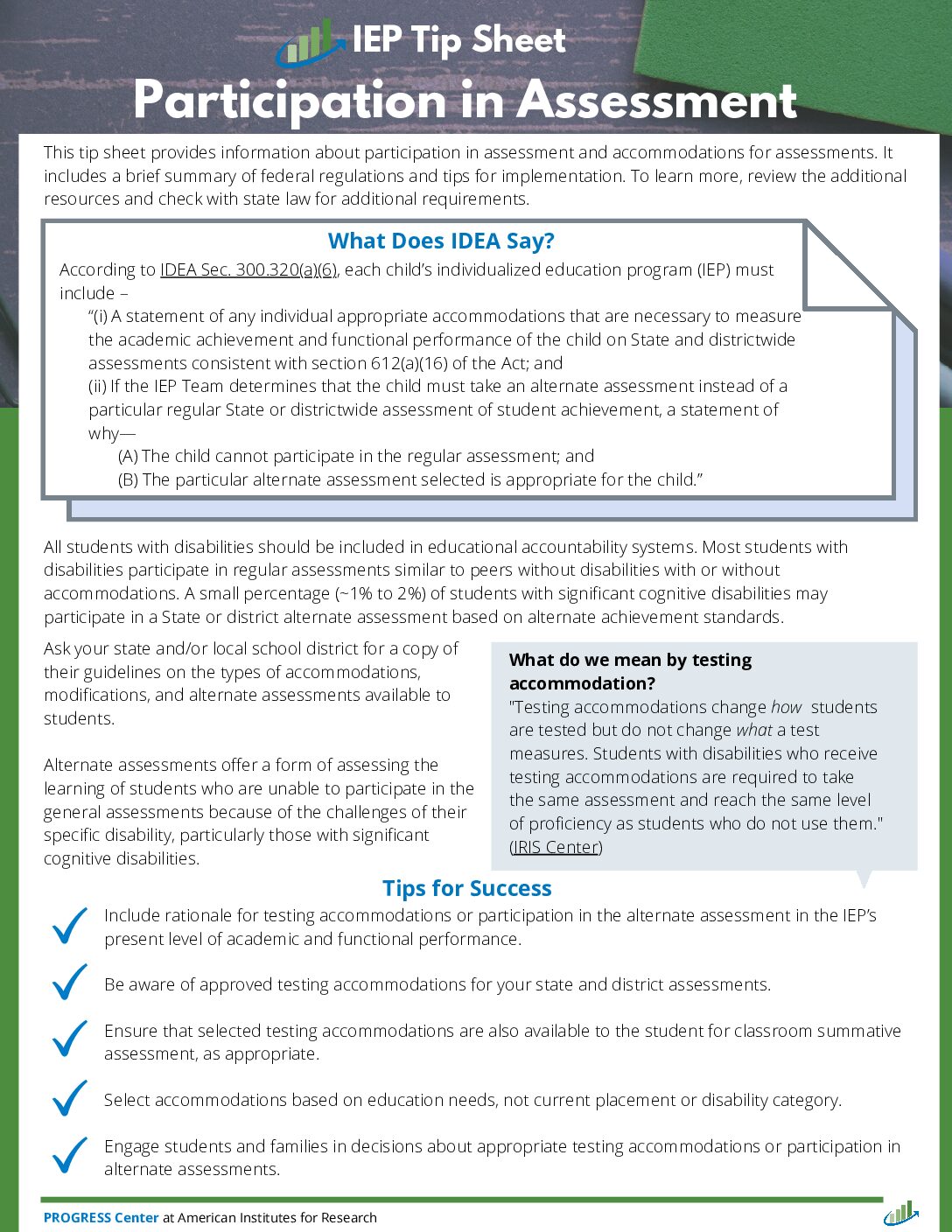
IEP Tip Sheet: Participation in Assessment
This tip sheet provides information about participation in assessment and accommodations for assessments. It includes a brief summary of federal regulations and tips for implementation. To learn more, review the additional resources and check with state law for additional requirements.
Categories: IEP, Special Education
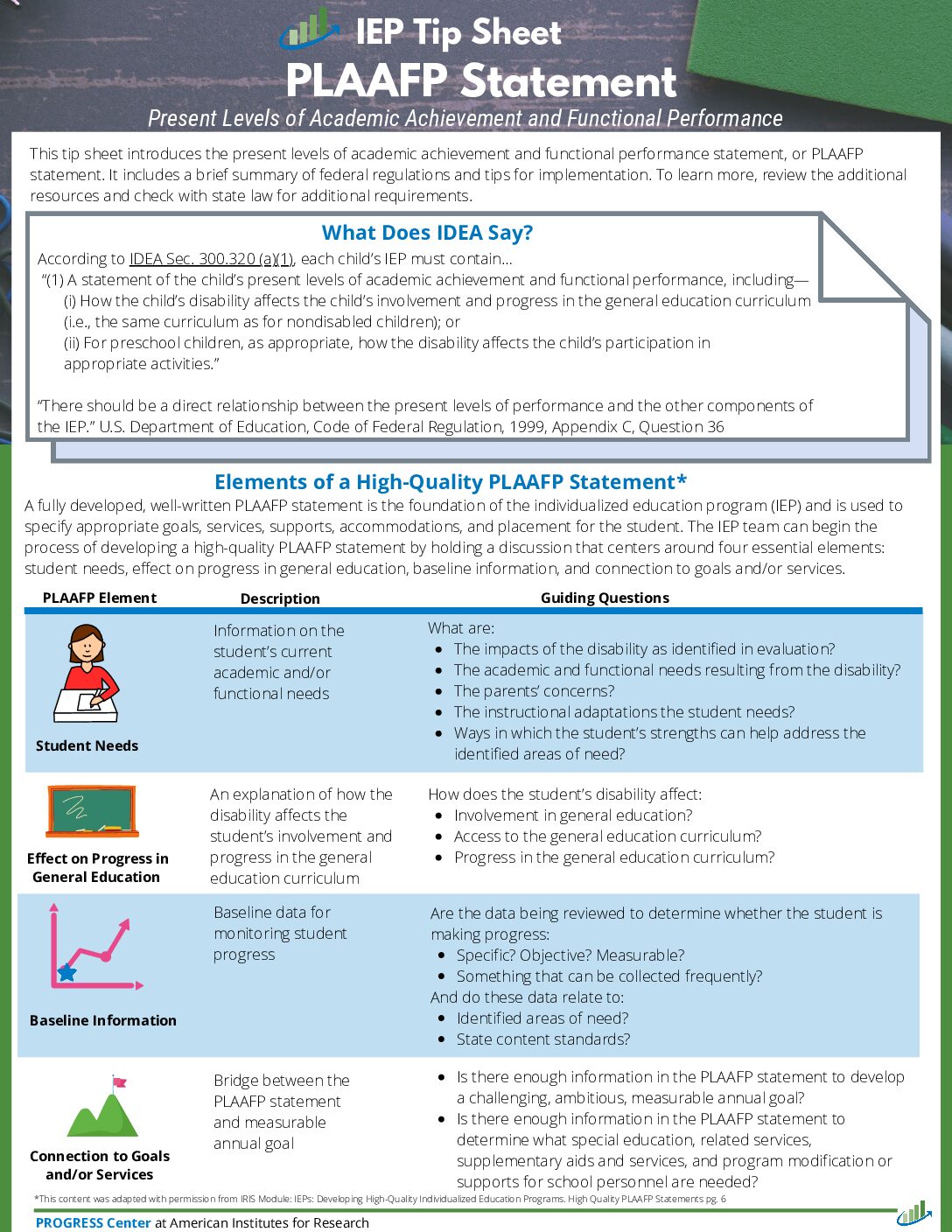
IEP Tip Sheet: PLAAFP Statement
This tip sheet introduces the present levels of academic achievement and functional performance statement, or PLAAFP statement. It includes a brief summary of federal regulations and tips for implementation. To learn more, review the additional resources and check with state law for additional requirements
Categories: IEP, Special Education
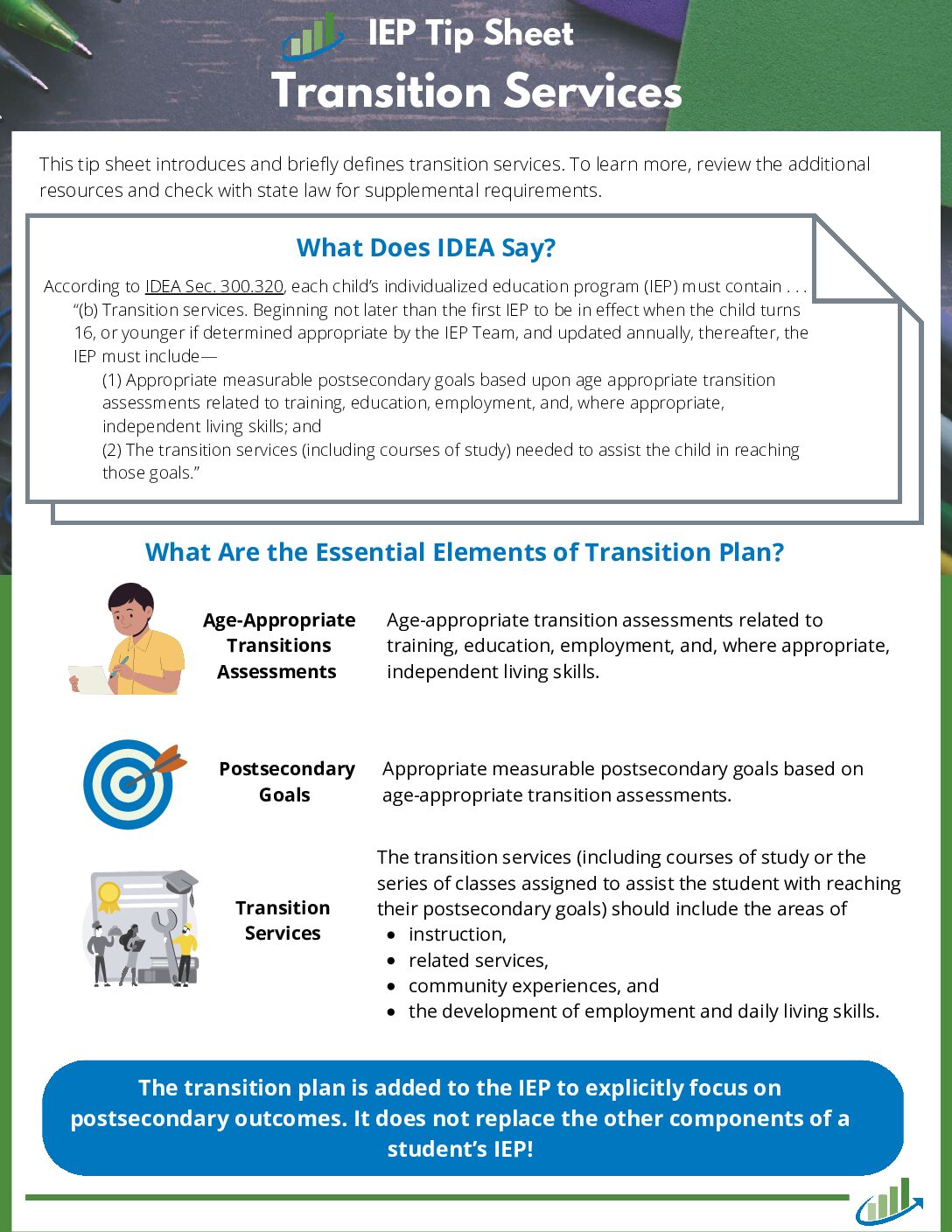
IEP Tip Sheet: Transition Services
This tip sheet introduces and briefly defines transition services. To learn more, review the additional resources and check with state law for supplemental requirements.
Categories: IEP, Special Education, Transition to Adulthood, Transitions
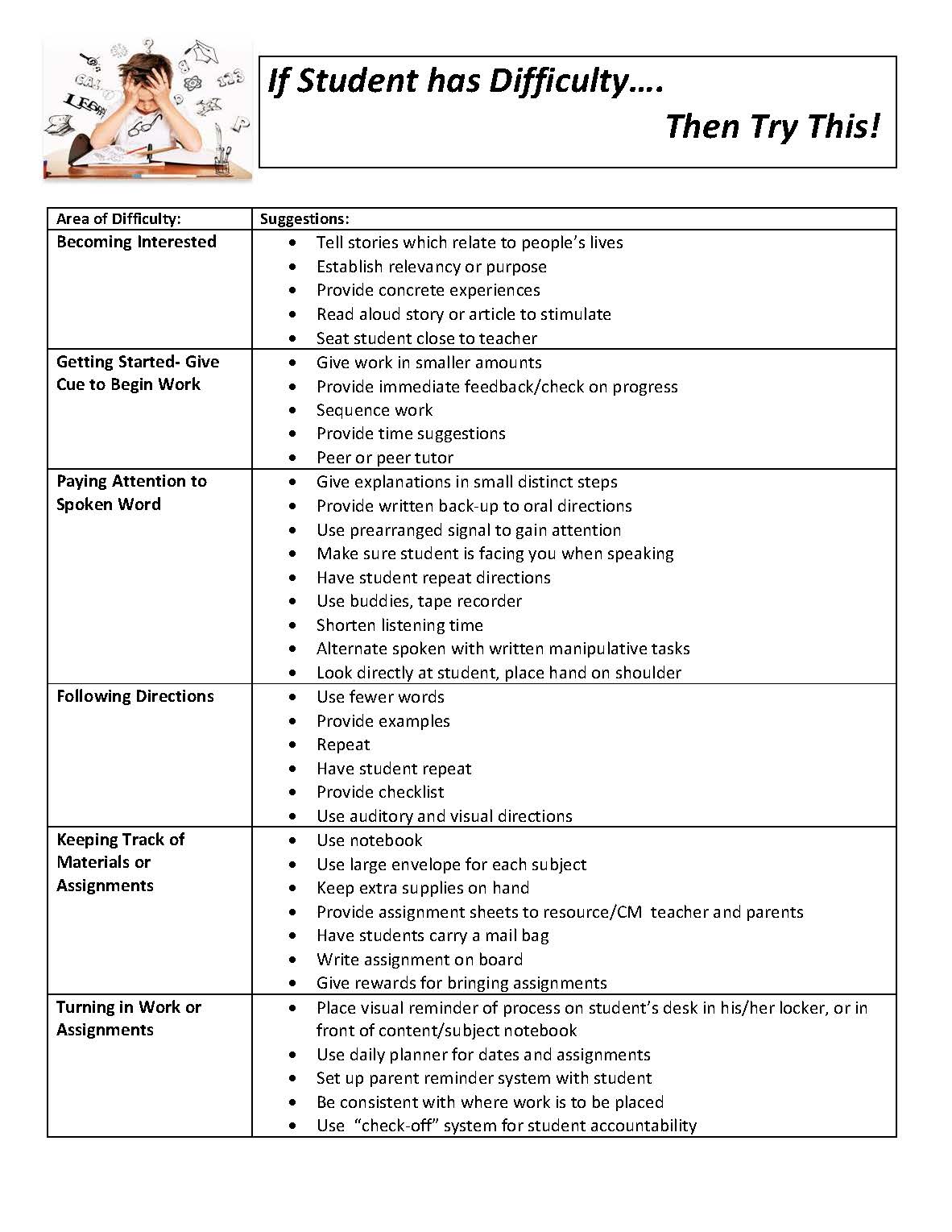
If Student has Difficulty….Then Try This!
A great tool full of suggested accommodations for specific areas of difficulty.
Categories: 504, Accommodations, IEP, Special Education
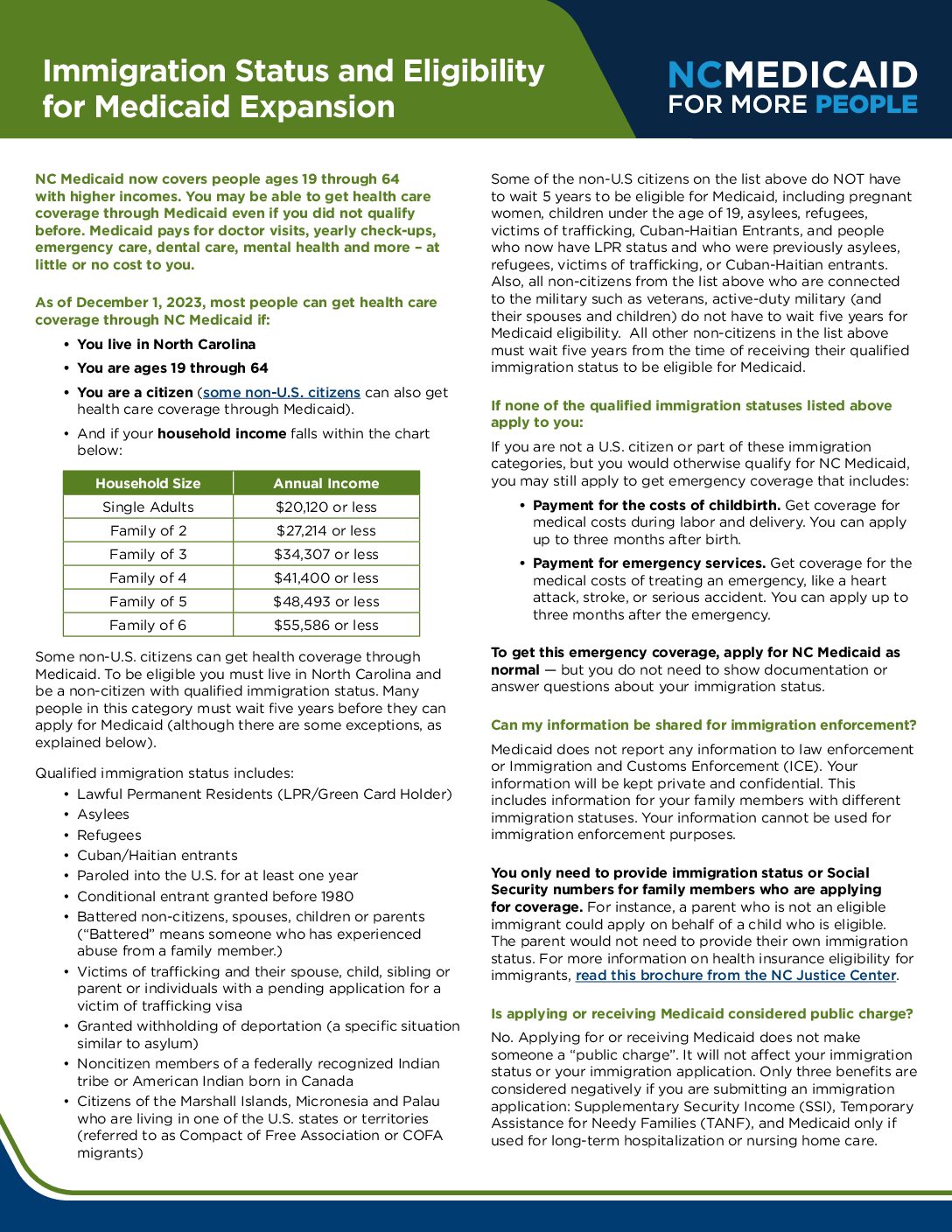
Immigration Status & Eligibility for Medicaid Expansion
NC Medicaid now covers people ages 19 through 64 with higher incomes. You may be able to get health care coverage through Medicaid even if you did not qualify before. Medicaid pays for doctor visits, yearly check-ups, emergency care, dental care, mental health and more – at little or no cost to you.
Categories: Medicaid and Medicaid Waivers
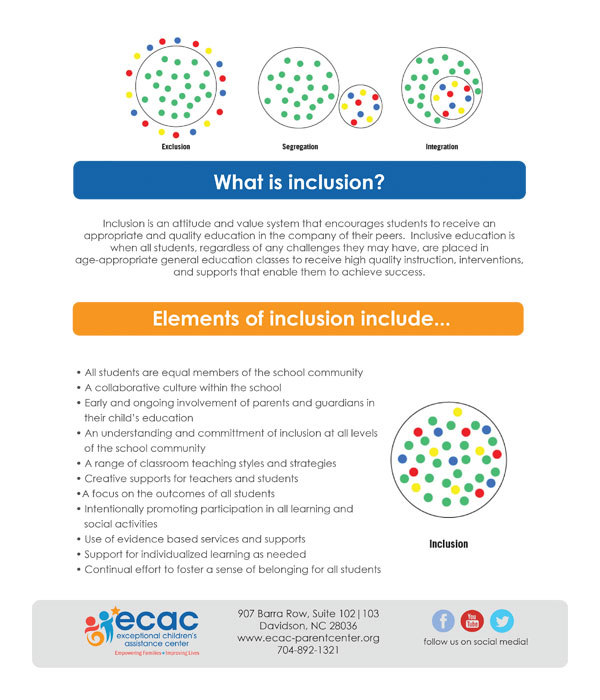
Inclusion Fact Sheet
Inclusion is an attitude and value system that encourages students to receive an appropriate and quality education in the company of their peers...
Categories: Inclusion

Independent Living Toolkit
This guide is intended to provide resources for housing and independent living for people with IDD in North Carolina.
Categories: Housing/Independent Living, Transition to Adulthood
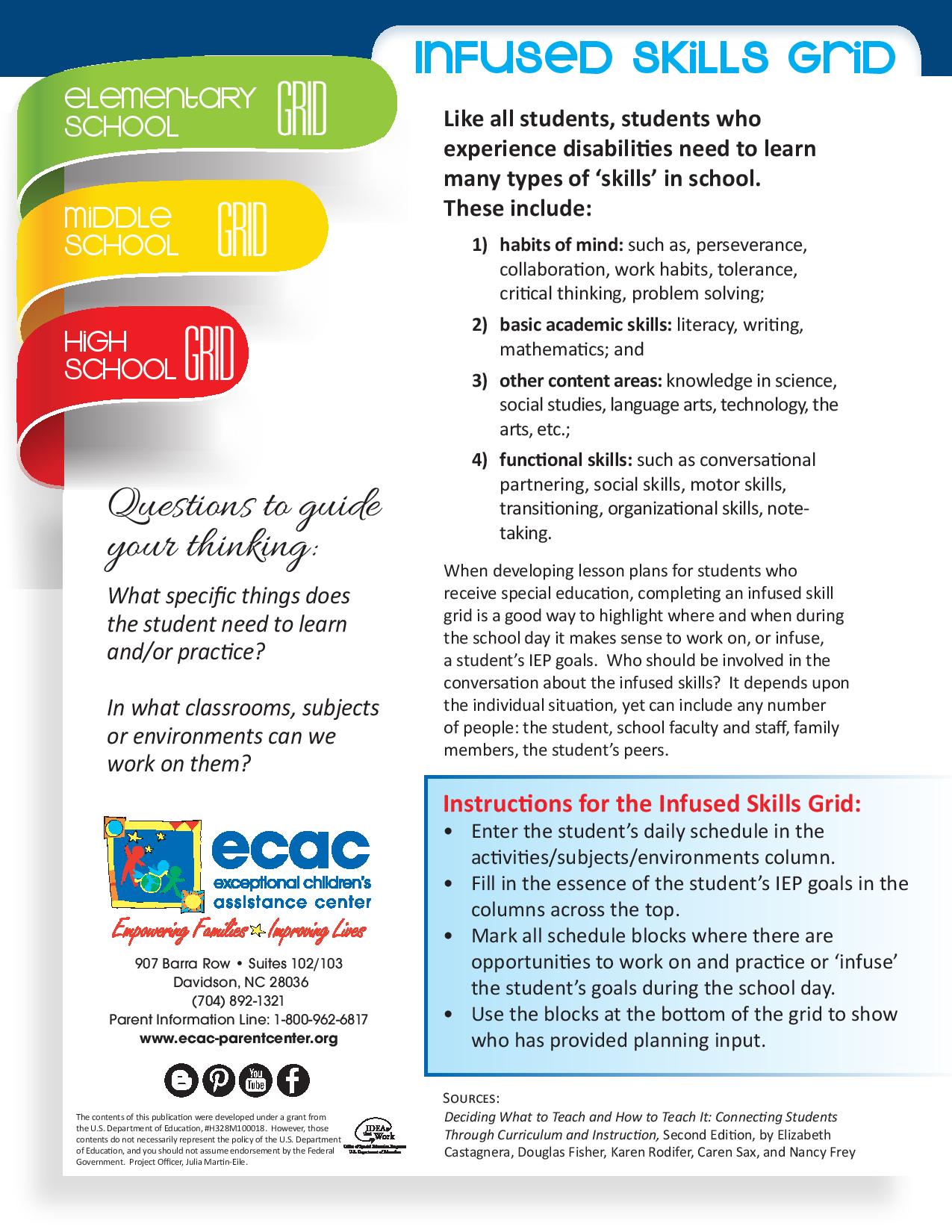
Infused Skills Grid
Like all students, students who experience disabilities need to learn many types of ‘skills’ in school. These include: habits of mind, basic academic skills, other content areas and functional skills.
Categories: Accommodations, IEP, Special Education
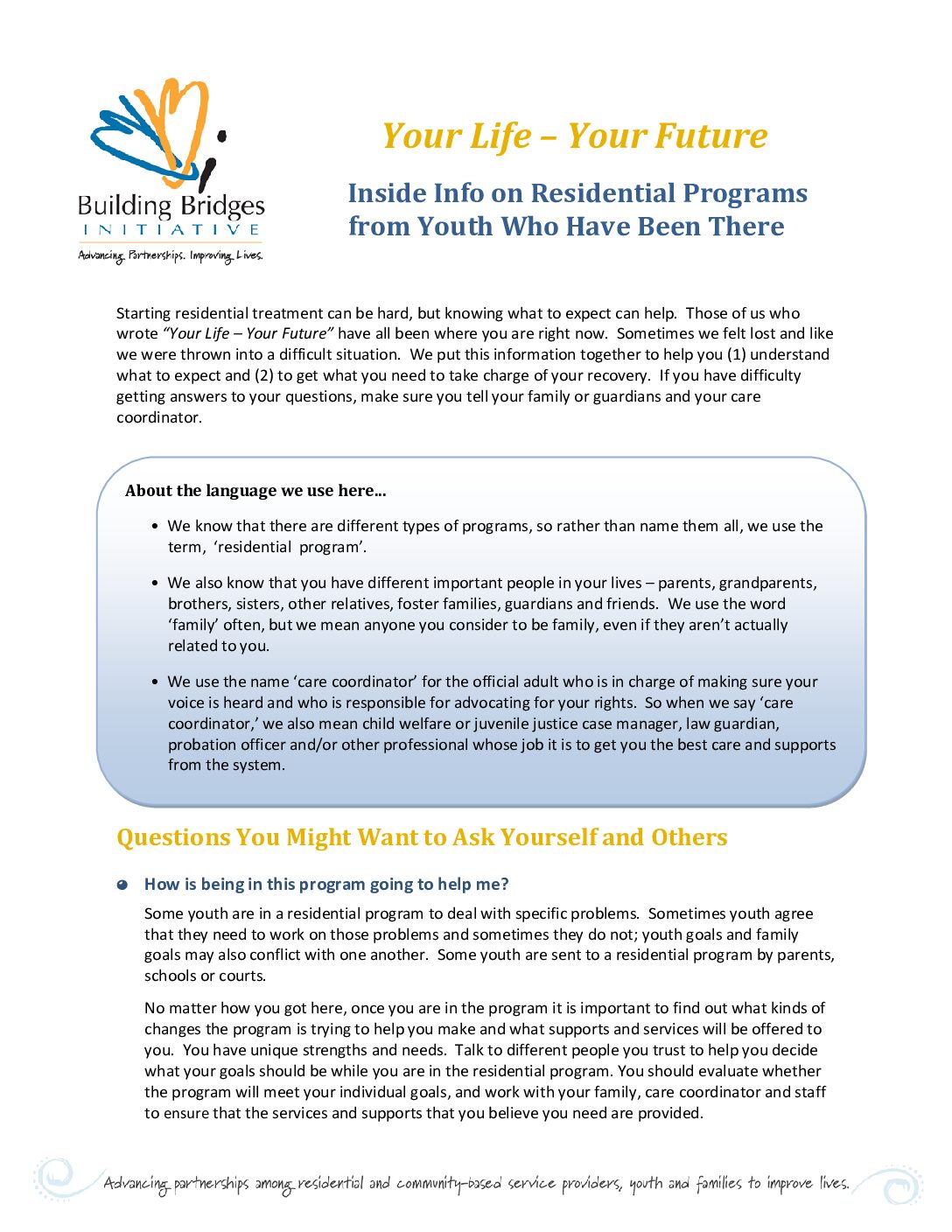
Inside Info on Residential Program from Youth Who Have Been There (expanded version)
Starting residential treatment can be hard, but knowing what to expect can help. Those of us who wrote “Your Life – Your Future” have all been where you are right now. Sometimes we felt lost and like we were thrown into a difficult situation. We put this information together to help you (1) understand what to expect and (2) to get what you need to take charge of your recovery. If you have difficulty getting answers to your questions, make sure you tell your family or guardians and your care coordinator.
Categories: Residential Treatment - Crisis Intervention Services
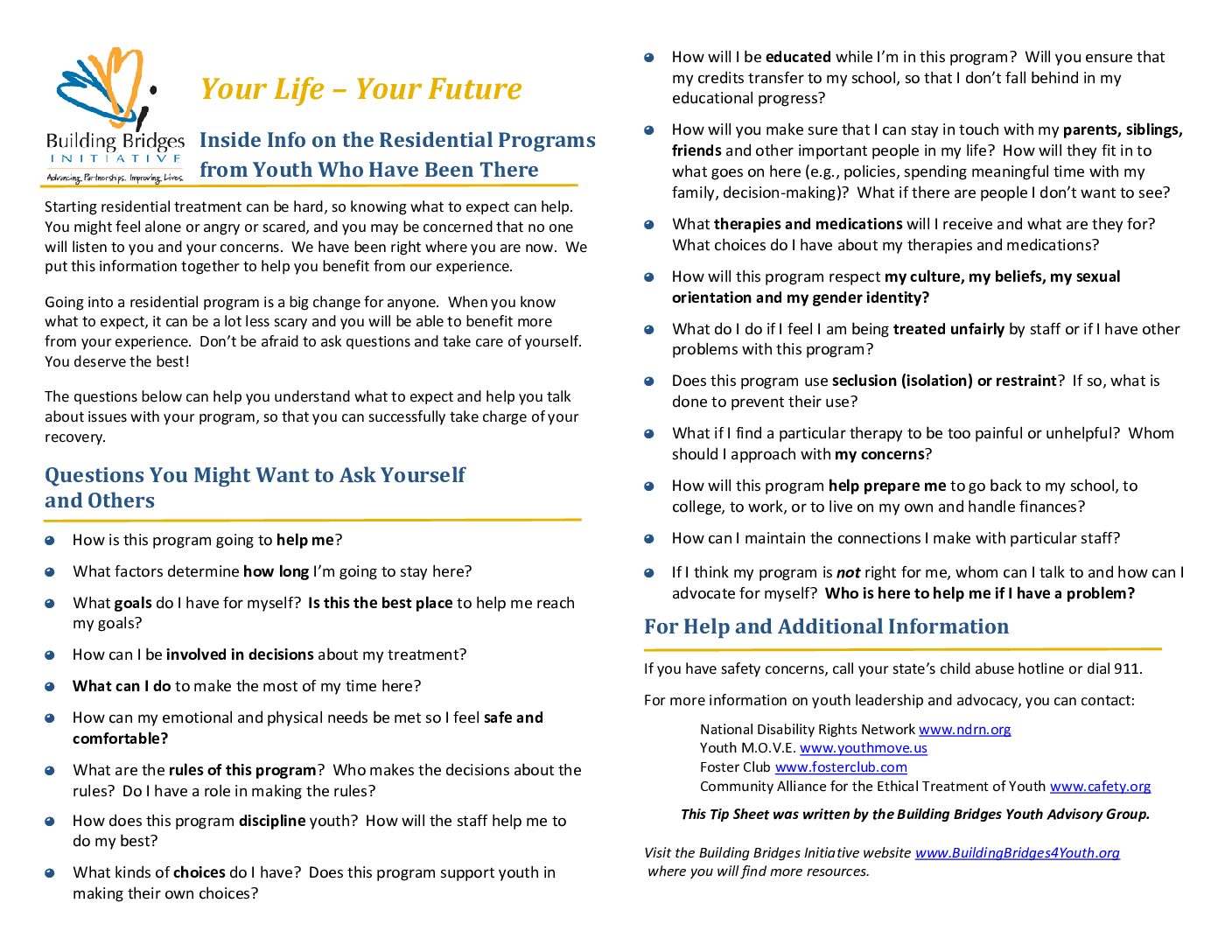
Inside Info on the Residential Program from Youth Who Have Been There
Starting residential treatment can be hard, so knowing what to expect can help. You might feel alone or angry or scared, and you may be concerned that no one will listen to you and your concerns. We have been right where you are now. We put this information together to help you benefit from our experience.
Categories: Residential Treatment - Crisis Intervention Services
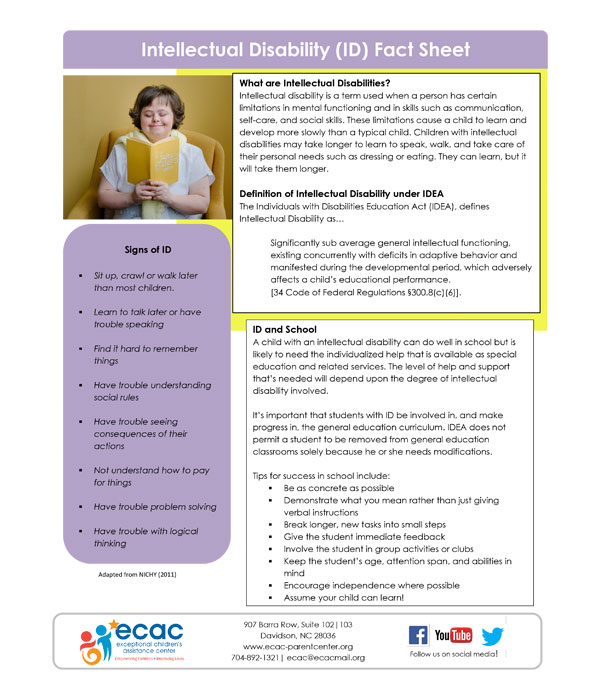
Intellectual Disability (ID) Fact Sheet
Intellectual disability is a term used when a person has certain limitations in mental functioning and in skills such as communication, self-care, and social skills...
Categories: General, Special Education
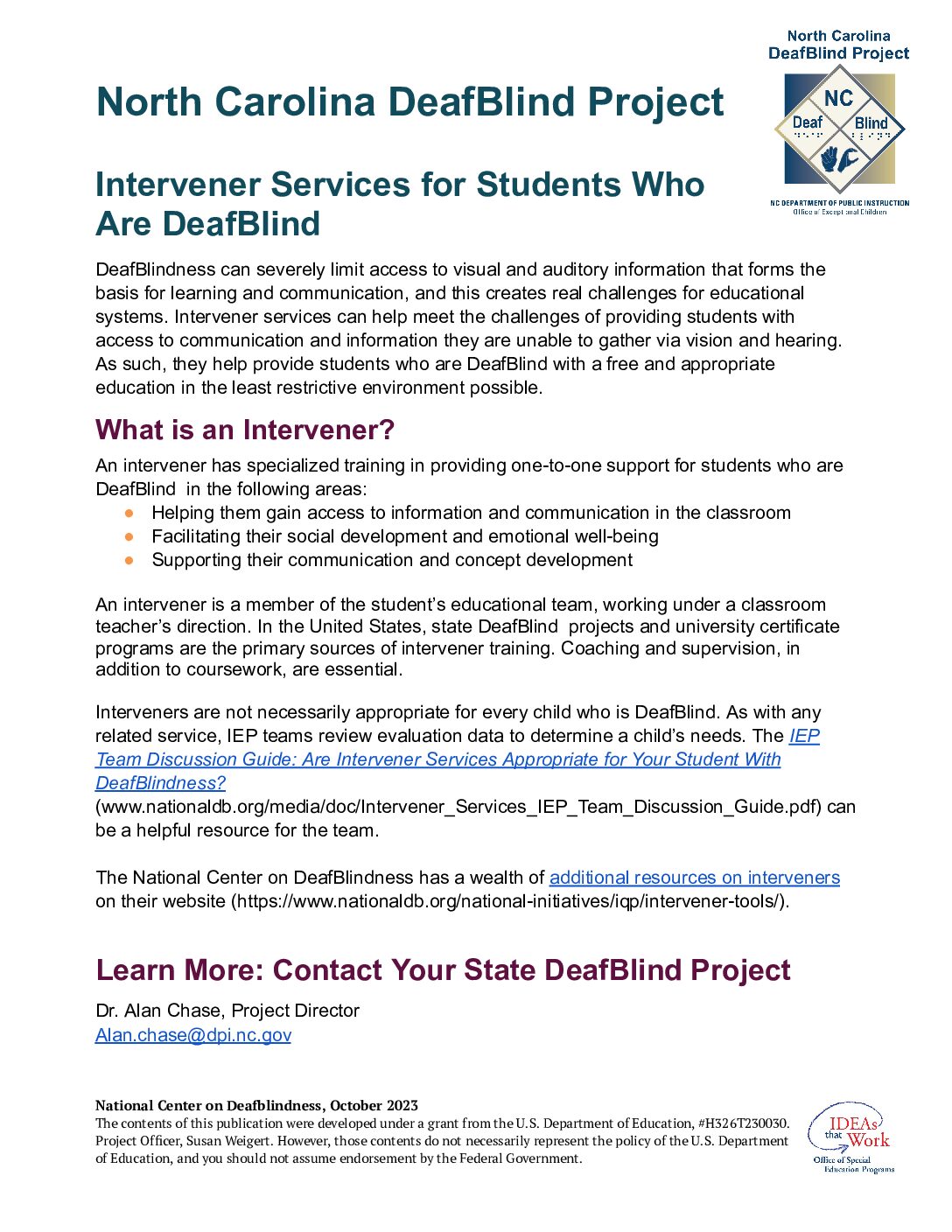
Intervener Overview Factsheet 2023 - NC DPI
Intervener Services for Students Who Are DeafBlind.
Categories: Interveners, NC Deaf-Blind Project
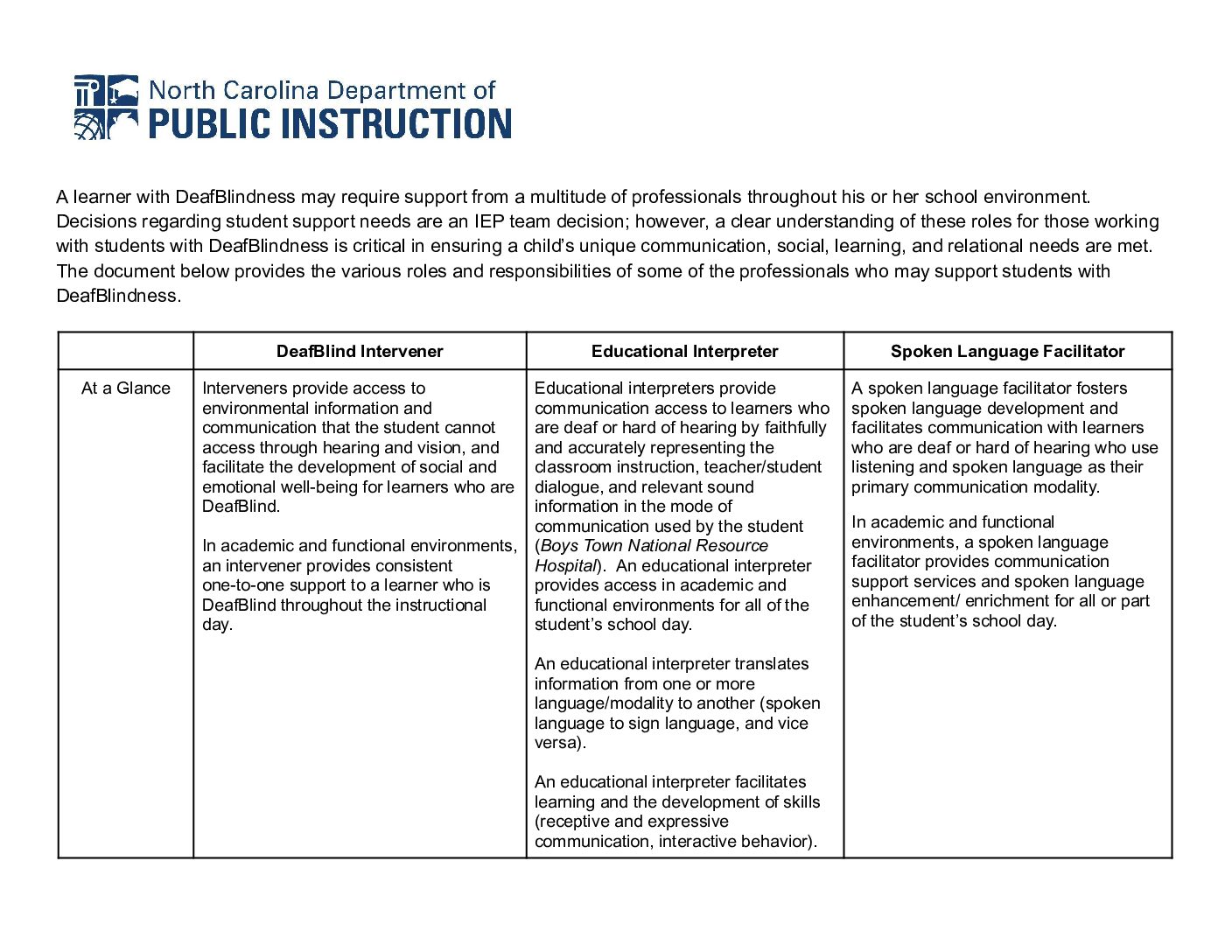
Intervener Role Comparison Guidance - NC DPI
This document provides the various roles and responsibilities of some of the professionals who may support students with DeafBlindness.
Categories: Interveners, NC Deaf-Blind Project
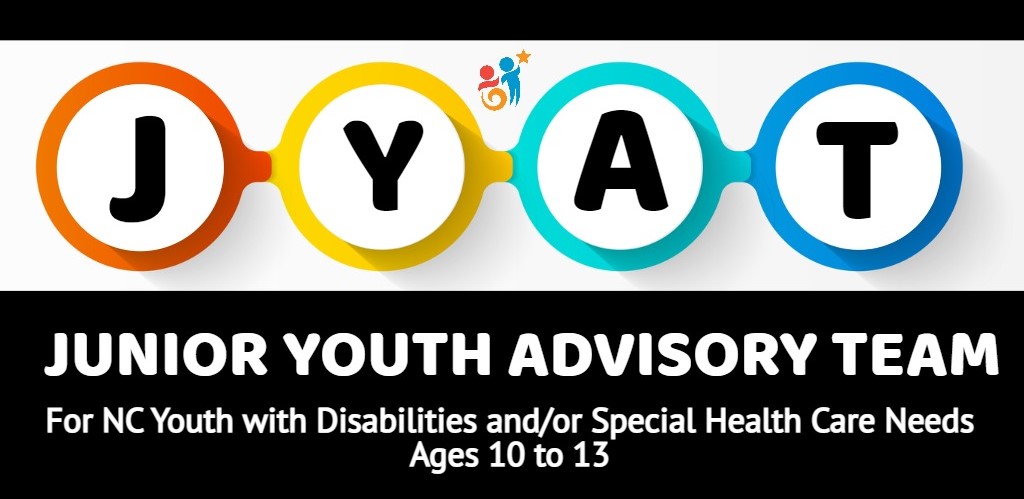
Junior Youth Advisory Team (JYAT) Application (Ages 10-13)
ECAC recognizes the power and value of the voice and ideas of young people. ECAC has launched a Junior Youth Advisory Team (JYAT) to help us design projects, programs, and resources that are created for youth, by youth. ECAC will work in partnership with the group to coordinate opportunities and trainings that support the interests and personal development of the YAT members
Categories: Transition-age Youth
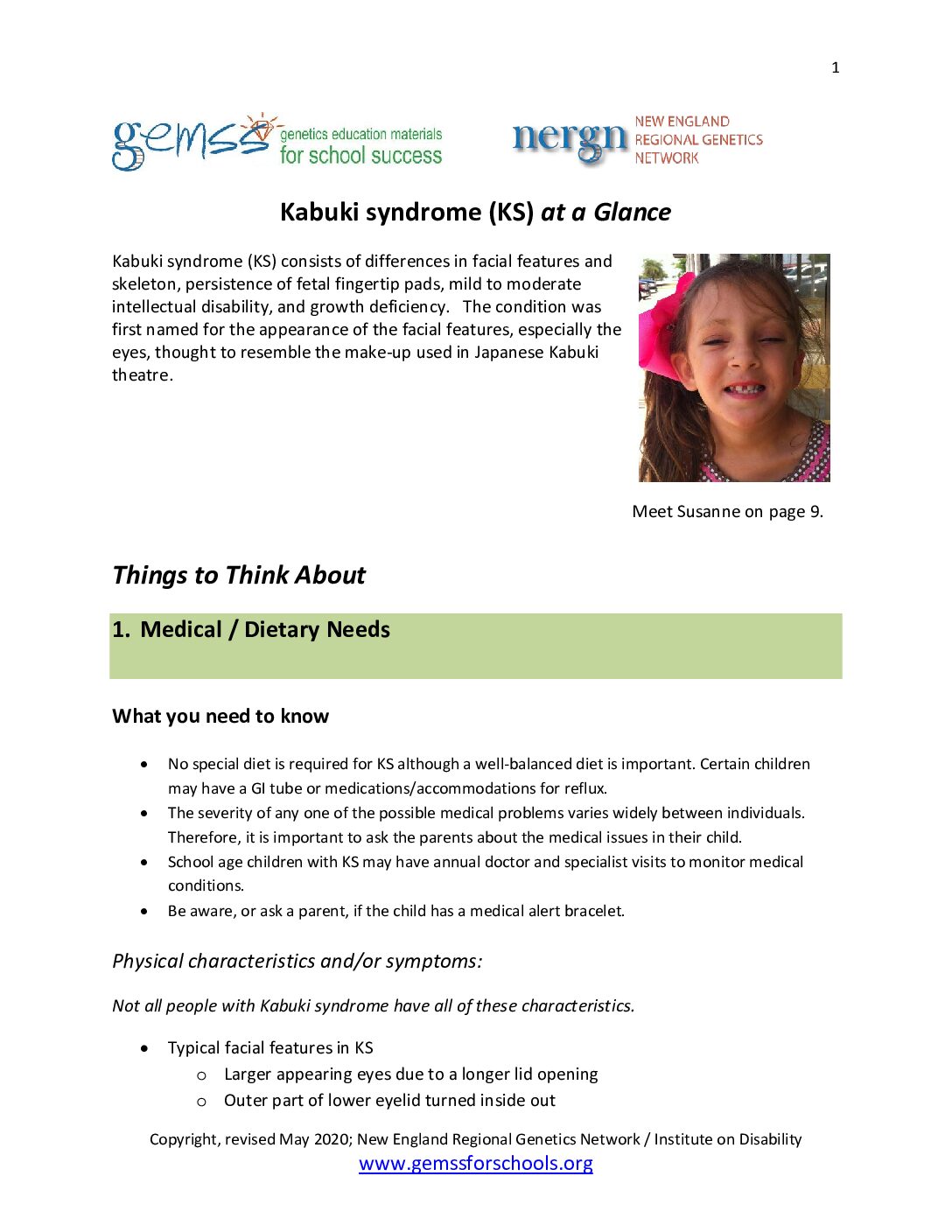
Kabuki Syndrome (KS) At a Glance
Genetic Education Materials for School Success (GEMSS) provides a family-friendly starting point to help family members learn more about genetic conditions and offers ideas to encourage inclusion and participation in the classroom. GEMSS shares condition-specific information and resources for multiple audiences, including families, professionals, healthcare providers, and schools. Contributors to GEMSS come from clinical, public health, advocacy, and academic settings. All content has been vetted by clinical and family experts.
Categories: Disability and Health Condition Specific Information
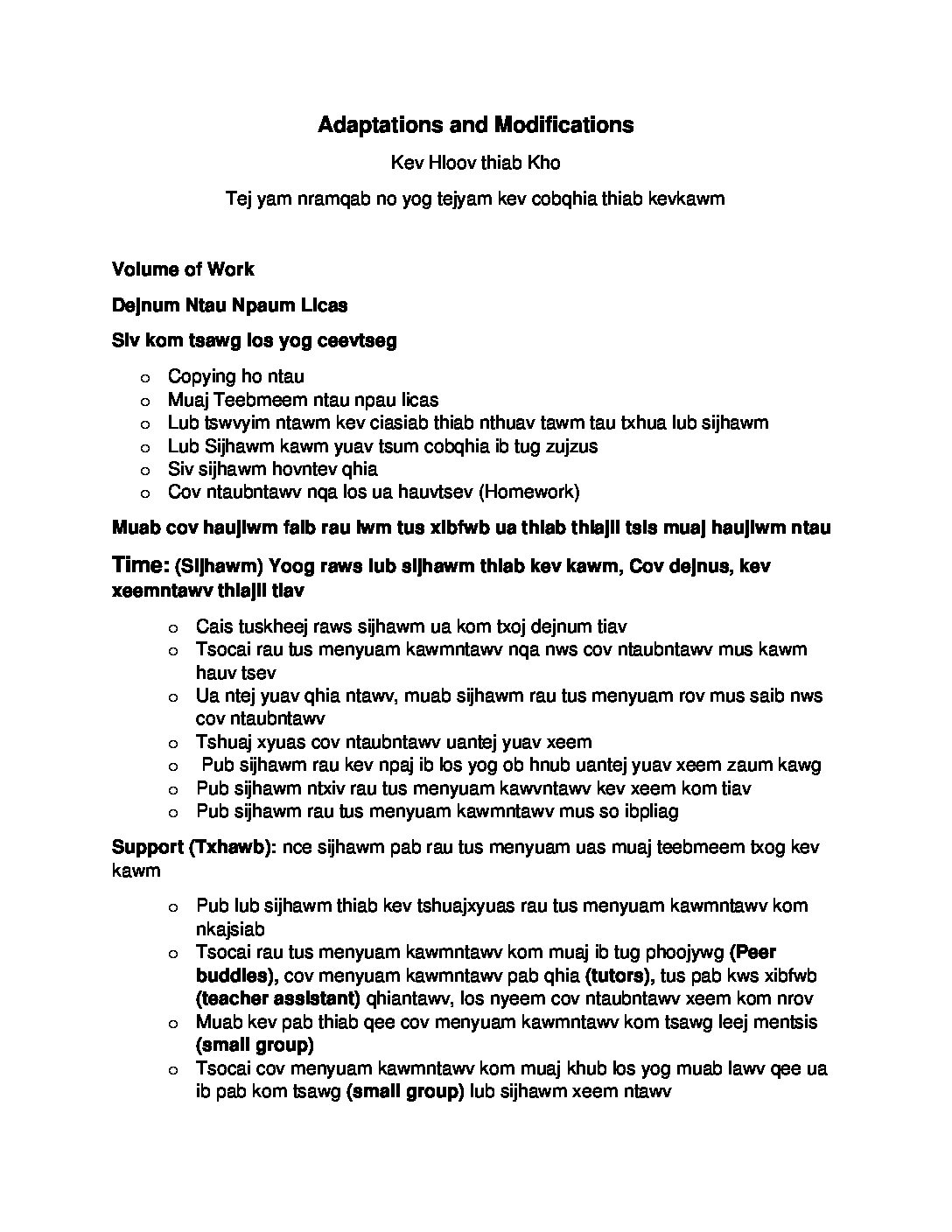
Kev Hloov thiab Kho Adaptations and Modifications (Hmong)
Categories: Accommodations
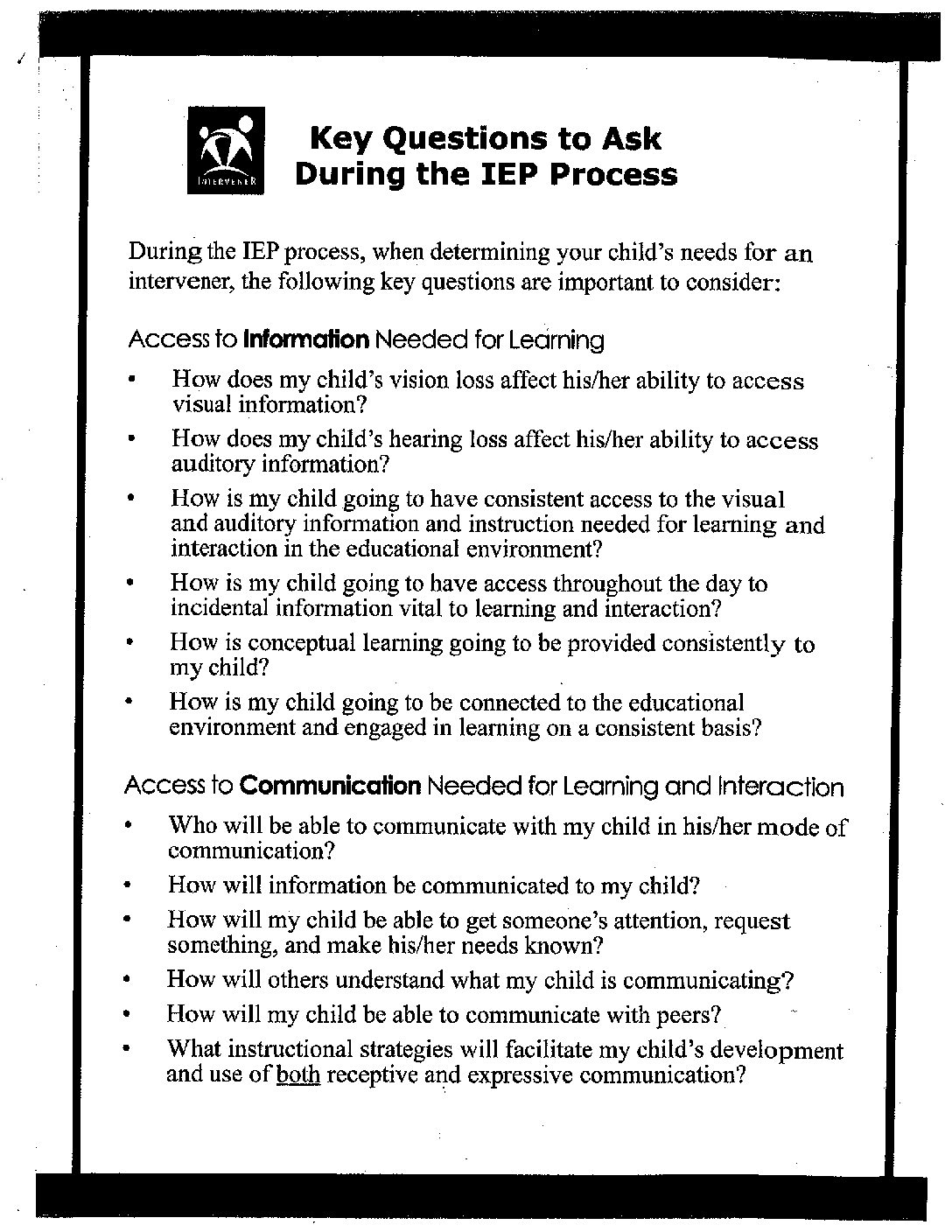
Key Questions to Ask During the IEP Process
During the IEP process, when determining your child's needs for an intervener, the following key questions are important to consider
Categories: IEP, NC Deaf-Blind Project
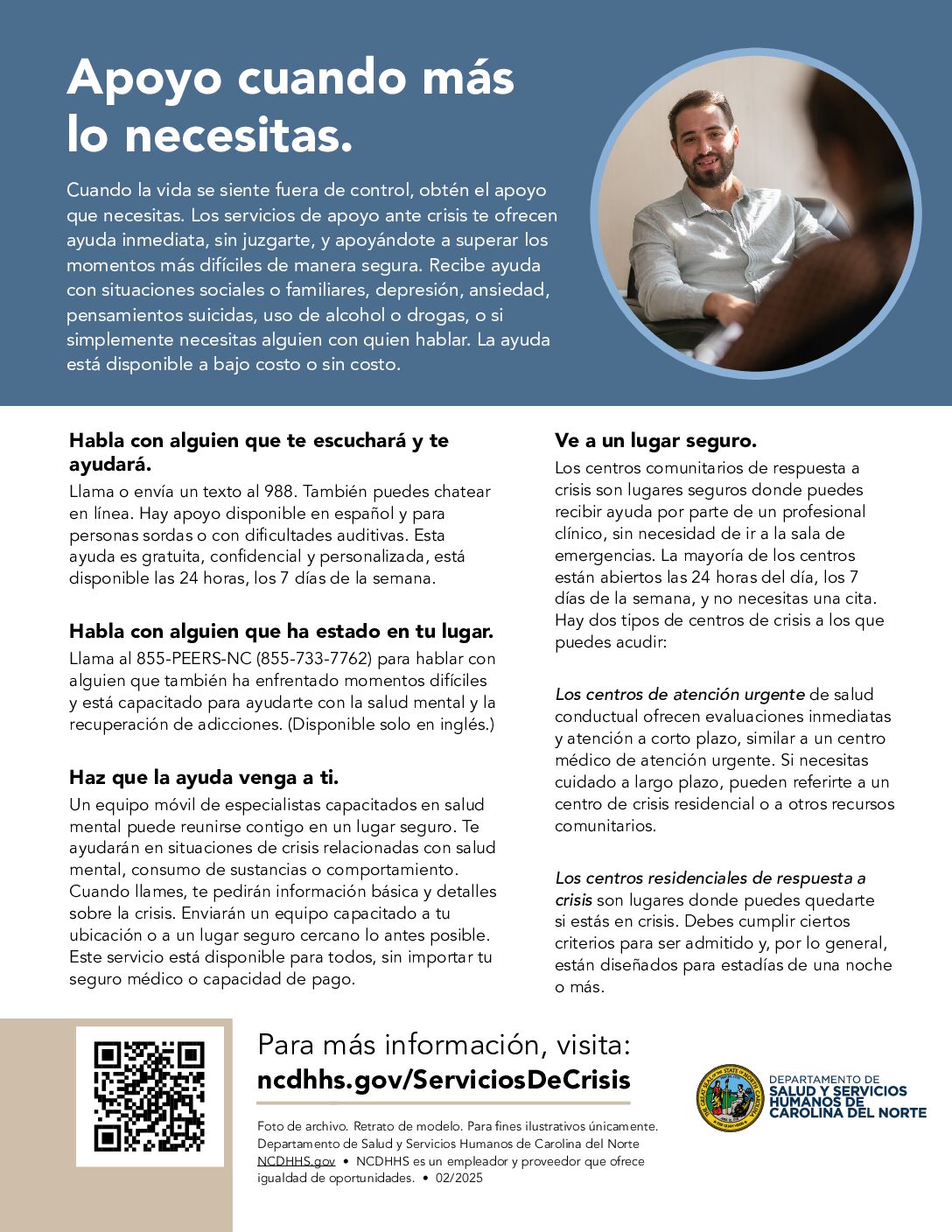
Kit de herramientas para servicios de crisis (Crisis Services Toolkit)
Categories: Mental Health, Spanish
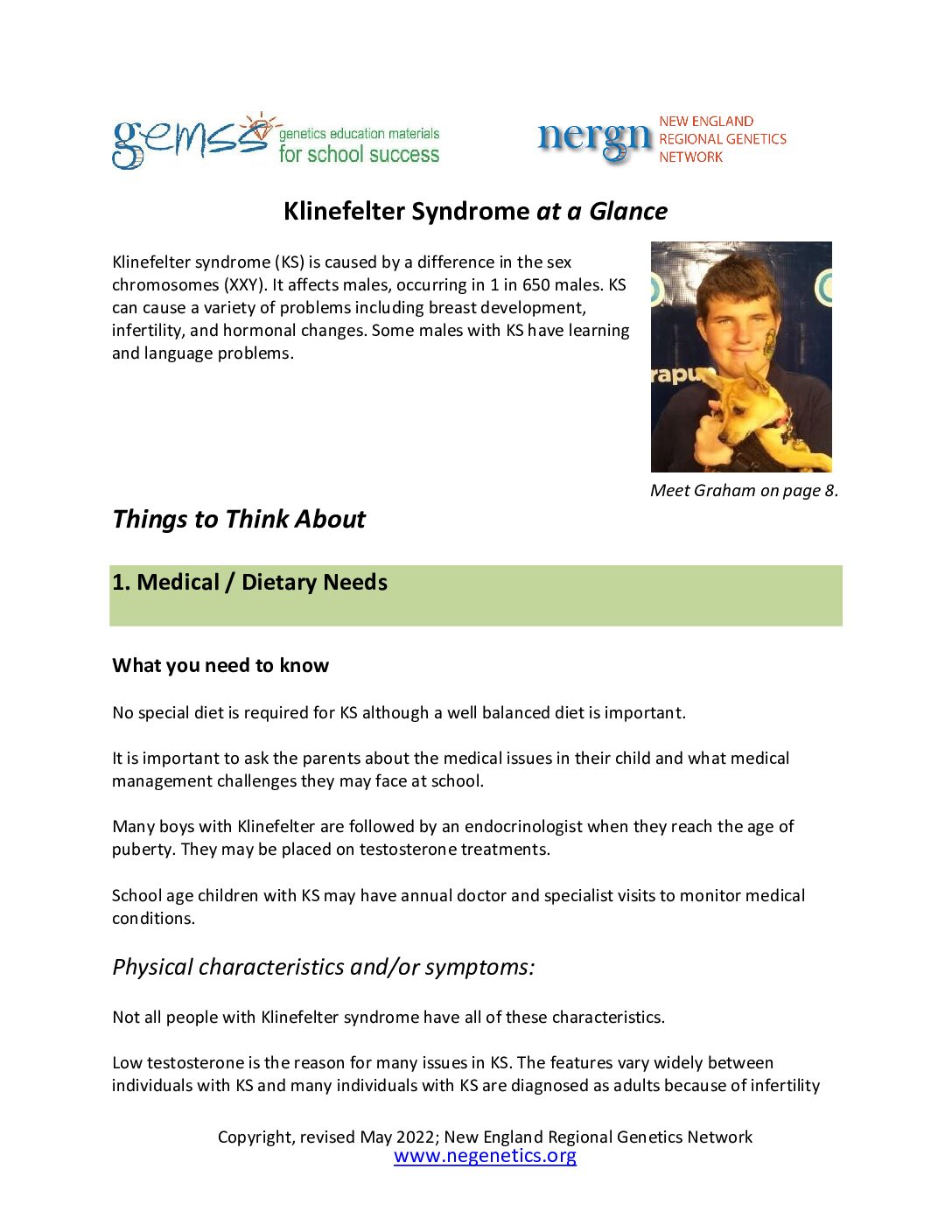
Klinefelter Syndrome at a Glance
Genetic Education Materials for School Success (GEMSS) provides a family-friendly starting point to help family members learn more about genetic conditions and offers ideas to encourage inclusion and participation in the classroom. GEMSS shares condition-specific information and resources for multiple audiences, including families, professionals, healthcare providers, and schools. Contributors to GEMSS come from clinical, public health, advocacy, and academic settings. All content has been vetted by clinical and family experts.
Categories: Disability and Health Condition Specific Information
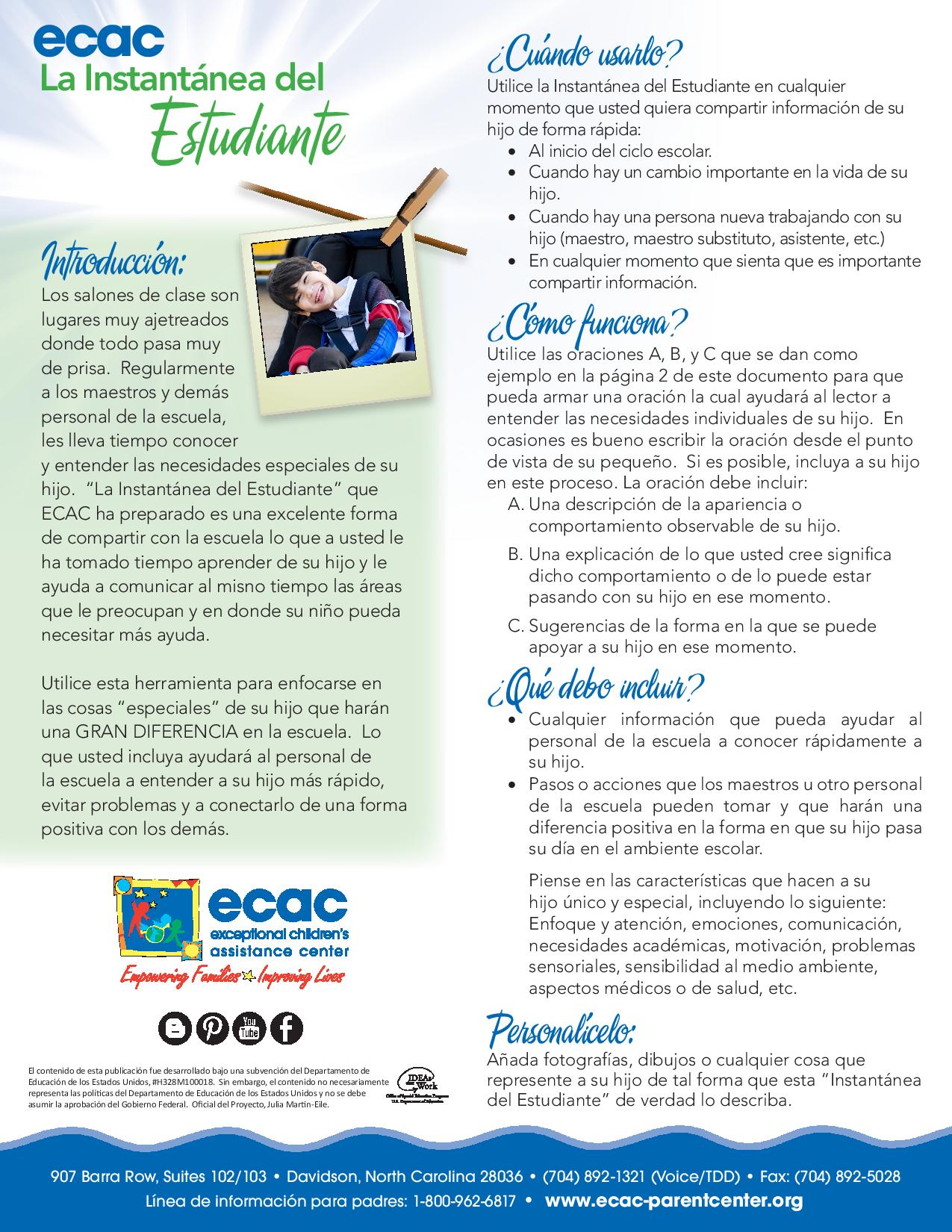
La Instantánea del Estudiant (Student Snapshot)
Los salones de clase son lugares muy ajetreados donde todo pasa muy de prisa. Regularmente a los maestros y demás personal de la escuela, les lleva tiempo conocer y entender las necesidades especiales de su hijo. “La Instantánea del Estudiante” que ECAC ha preparado es una excelente forma de compartir con la escuela lo que a usted le ha tomado tiempo aprender de su hijo y le ayuda a comunicar al misno tiempo las áreas que le preocupan y en donde su niño pueda necesitar más ayuda.
Categories: Communication, IEP, Spanish
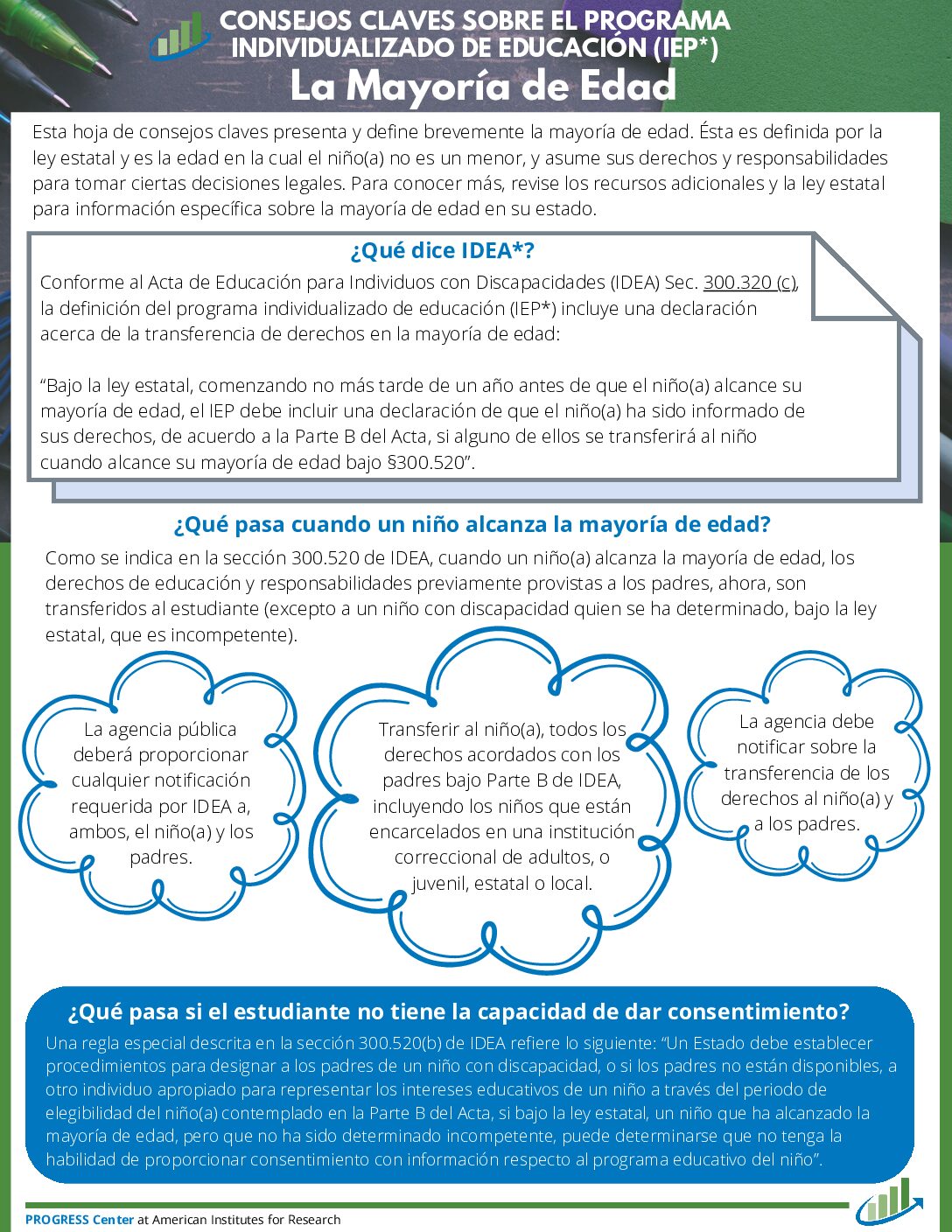
La Mayoría de Edad (Age of Majority Spanish Version)
Categories: IEP, Spanish, Special Education, Transition to Adulthood, Transitions
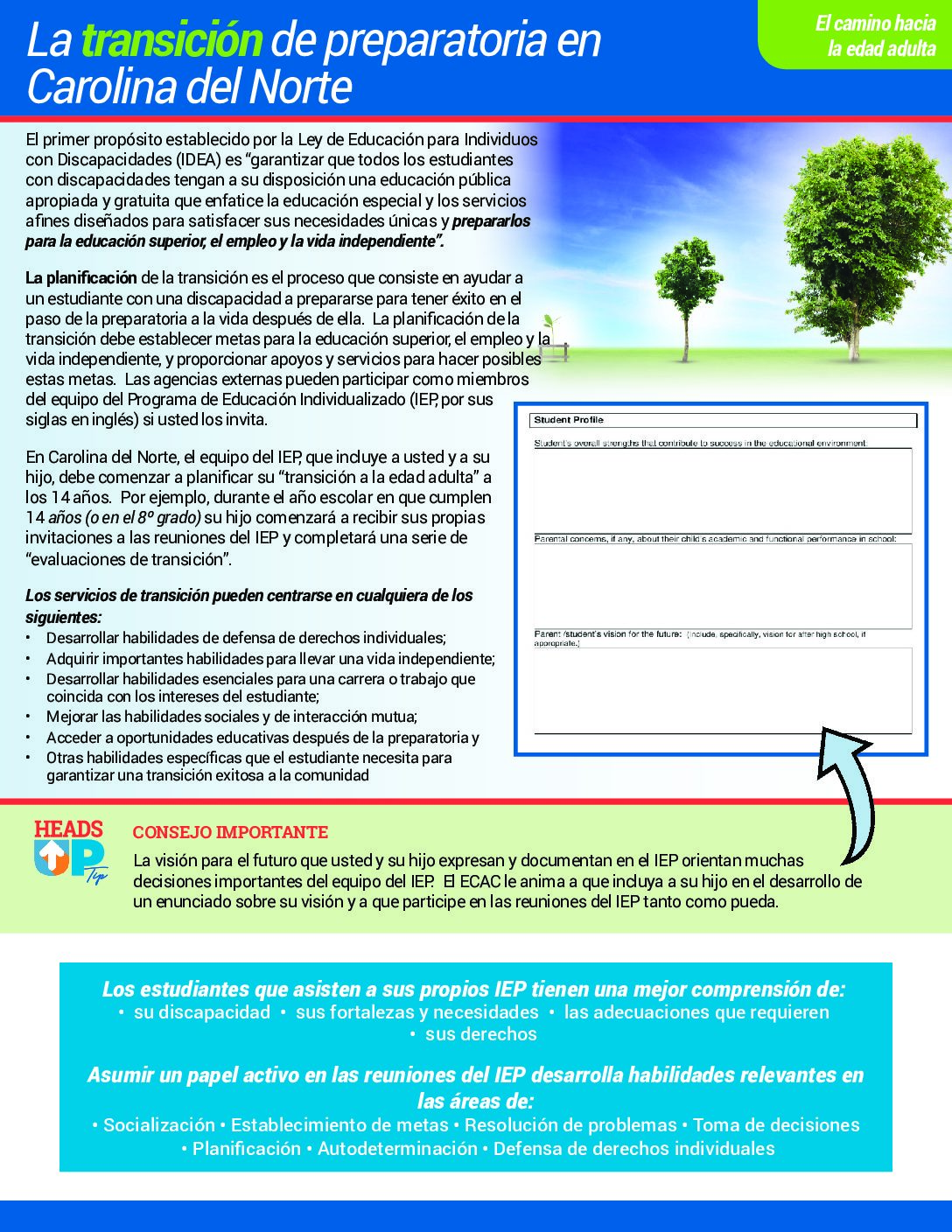
La transición de preparatoria en Carolina del Norte (High School Transition in North Carolina)
El camino hacia la edad adulta
Categories: Spanish, Transition to Adulthood
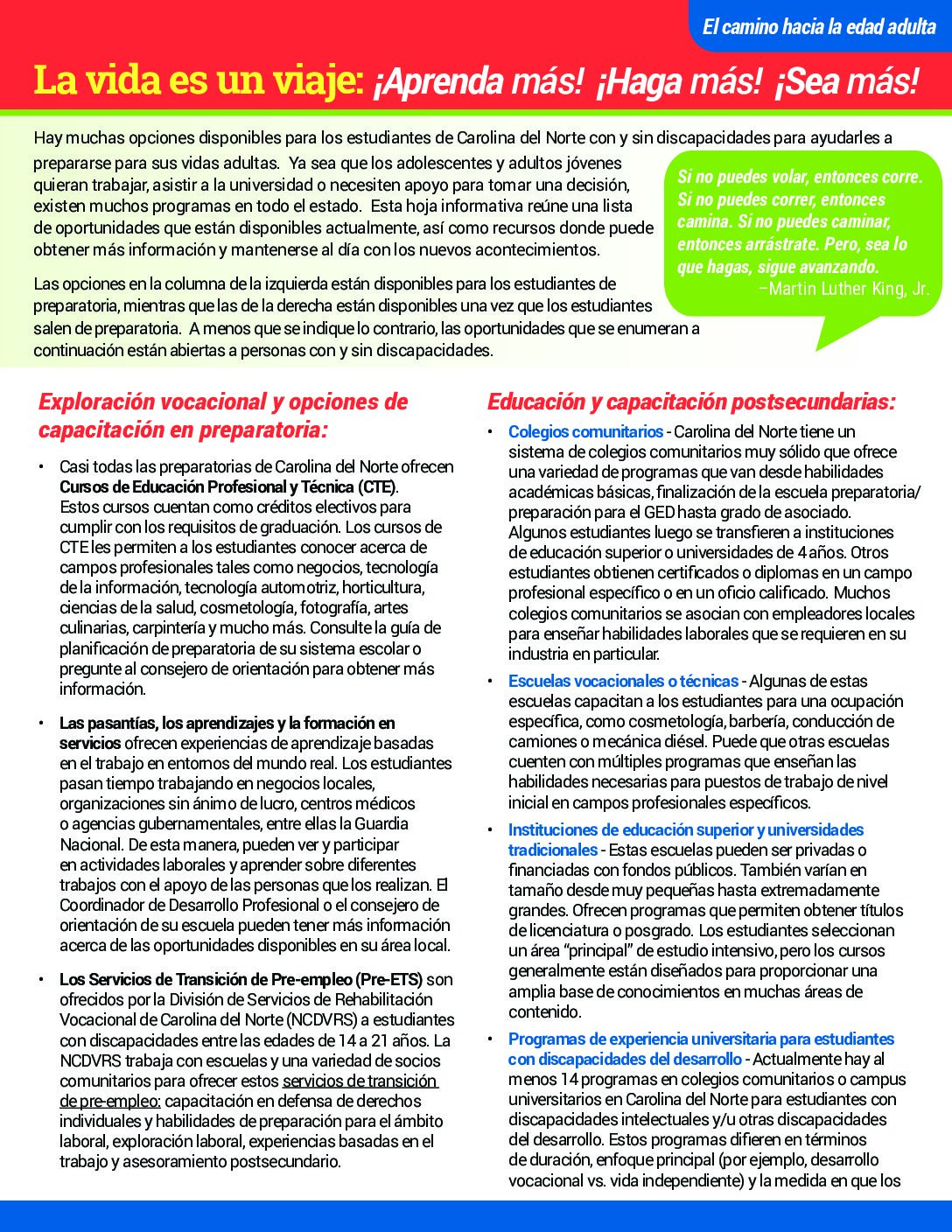
La vida es un viaje: ¡Aprenda más! ¡Haga más! ¡Sea más! (Life is a Journey: Learn More! Do More! Be More!)
El camino hacia la edad adulta
Categories: Spanish, Transition to Adulthood
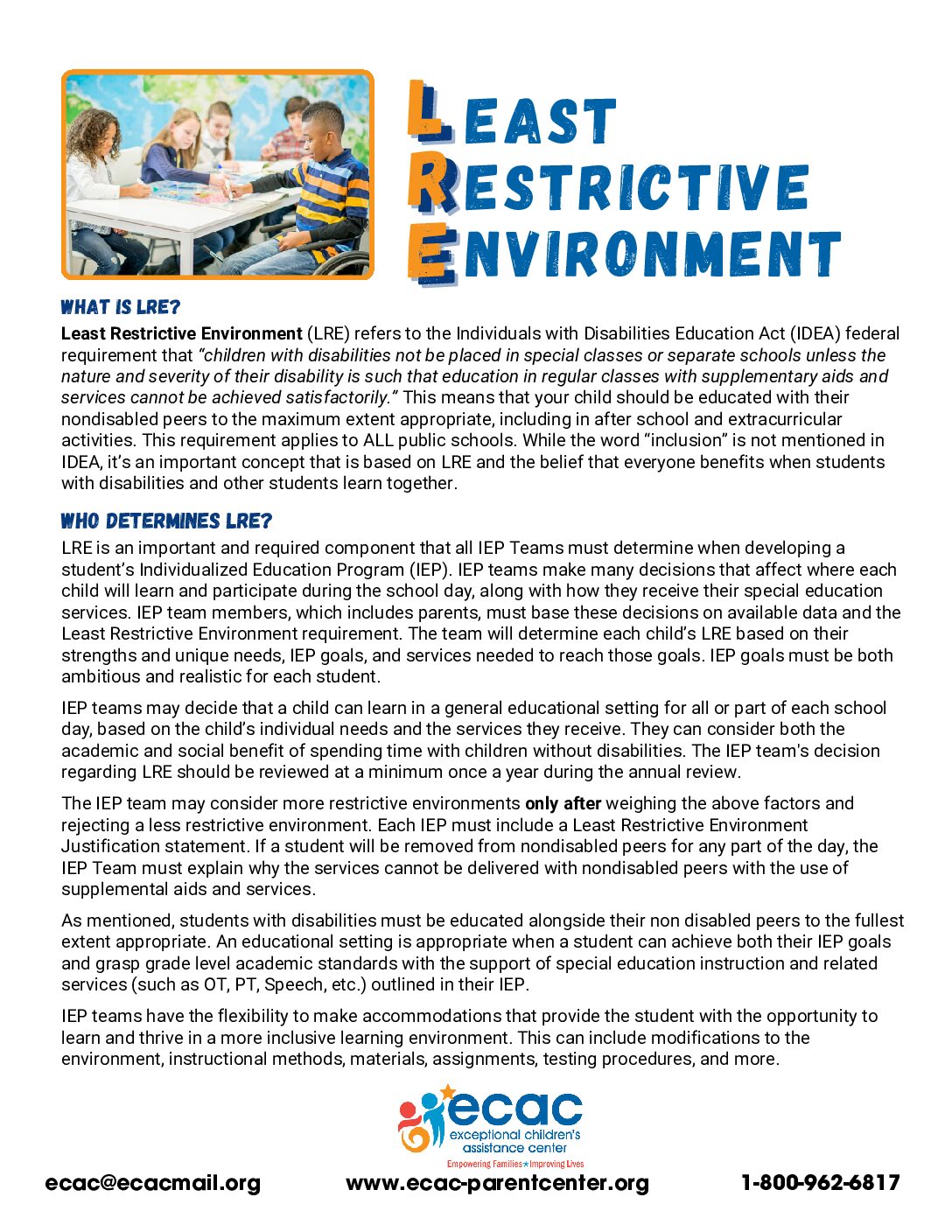
Least Restrictive Environment Fact Sheet
Least Restrictive Environment (LRE) refers to the Individuals with Disabilities Education Act (IDEA) federal requirement that “children with disabilities not be placed in special classes or separate schools unless the nature and severity of their disability is such that education in regular classes with supplementary aids and services cannot be achieved satisfactorily.” This means that your child should be educated with their nondisabled peers to the maximum extent appropriate, including in after school and extracurricular activities.
Categories: IDEA, Inclusion, Special Education
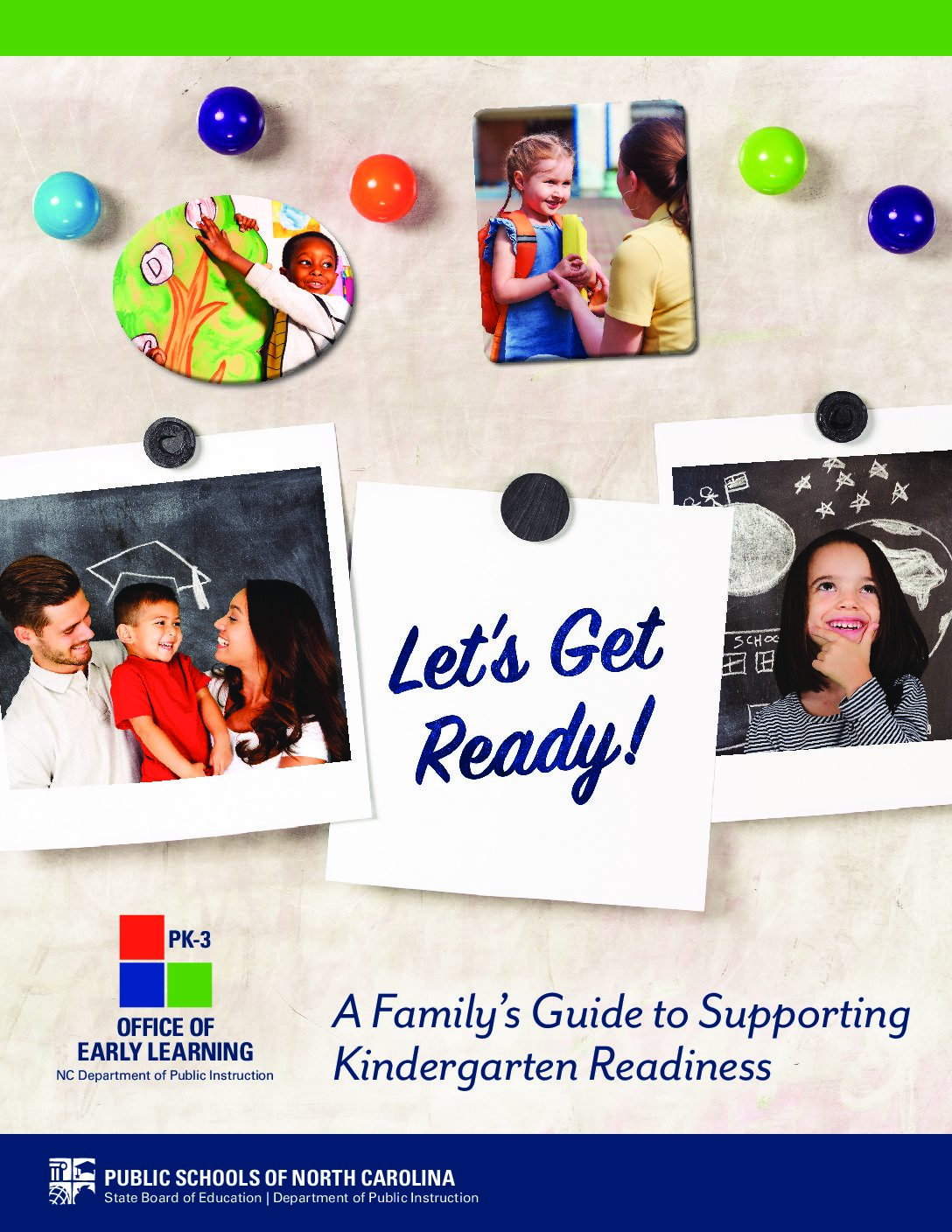
Let's Get Ready - A Family's Guide to Supporting Kindergarten Readiness
This resource from the Office of Early Learning, North Carolina Department of Public Instruction is designed to support families and caregivers as they initiate the process of transitioning to kindergarten. It can best be utilized when provided at the onset of the Pre-K year.
Categories: Early Childhood, General, Transitions
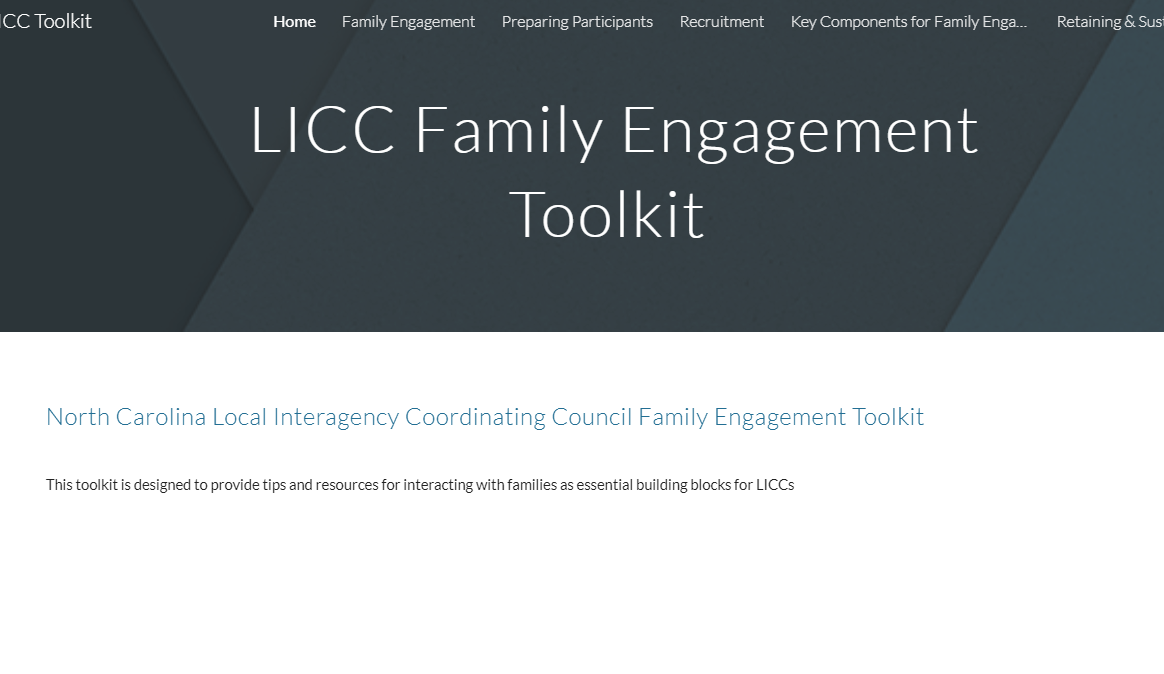
LICC Family Engagement Toolkit
This toolkit is designed to provide tips and resources for interacting with families as essential building blocks for LICCs
Categories: Family Engagement
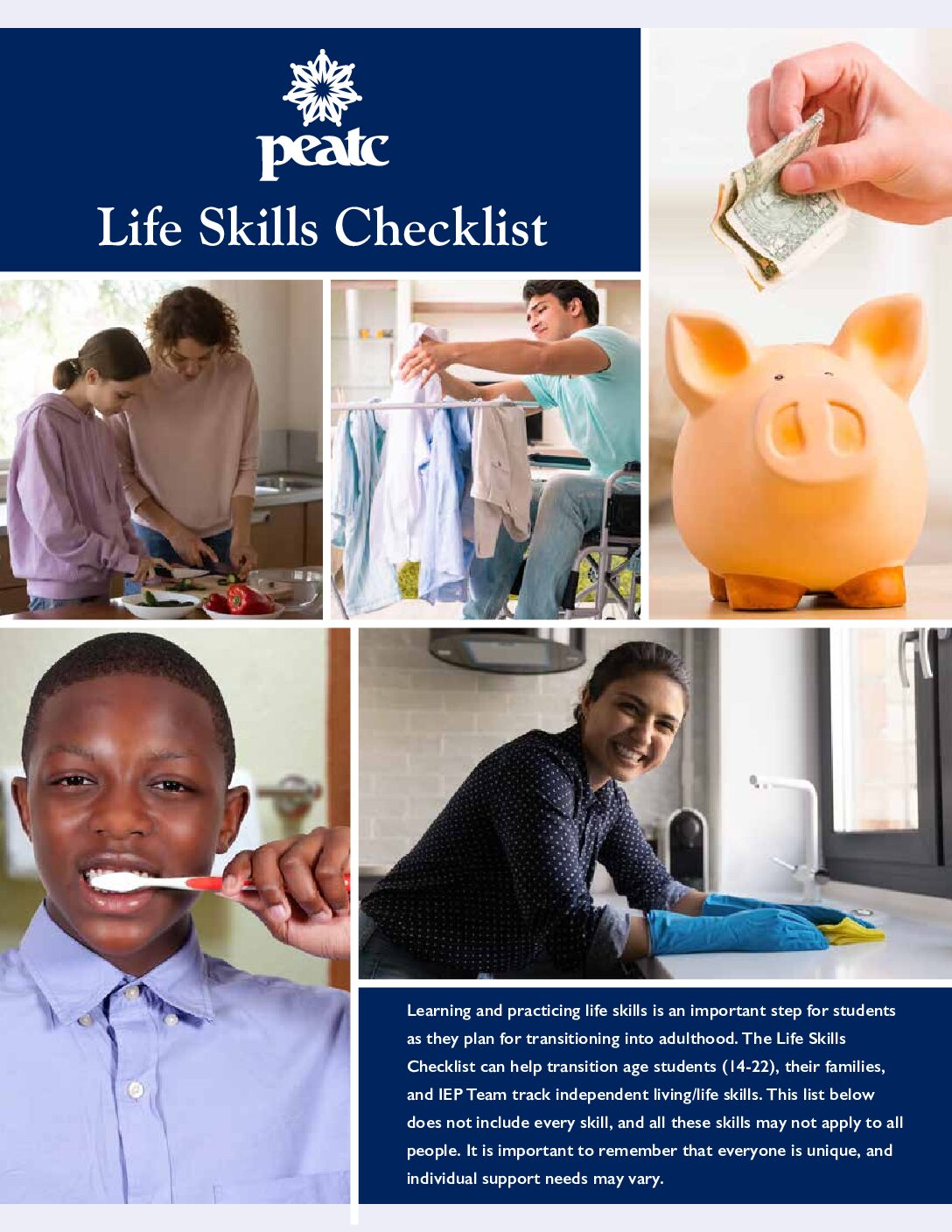
Life Skills Checklist
Learning and practicing life skills is an important step for students as they plan for transitioning into adulthood. The Life Skills Checklist can help transition age students (14-22), their families, and IEP Team track independent living/life skills.
Categories: Housing/Independent Living
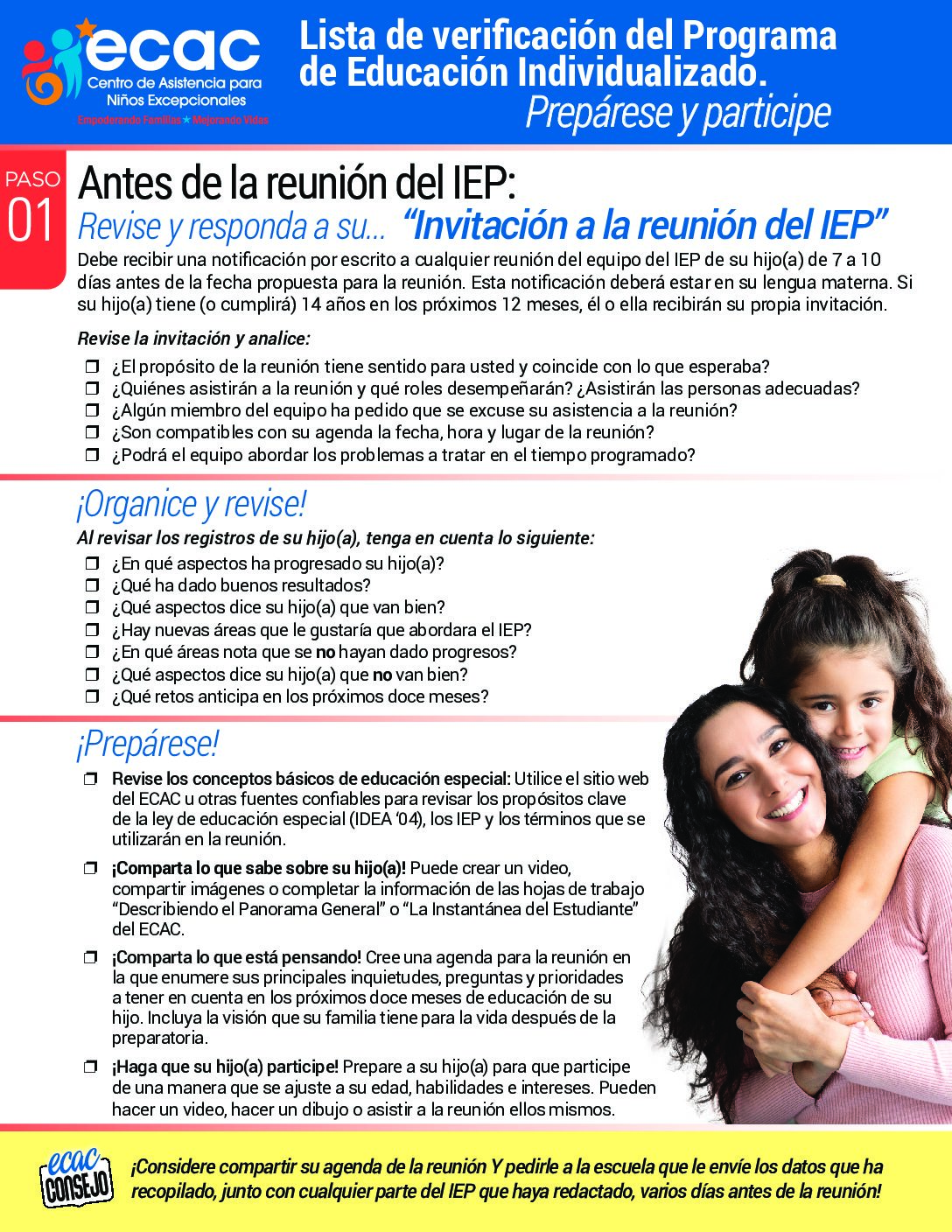
Lista de Verificación del IEP (IEP Checklist)
Lista de verificación del Programa de Educación Individualizado.
Categories: Communication, IEP, Spanish, Special Education
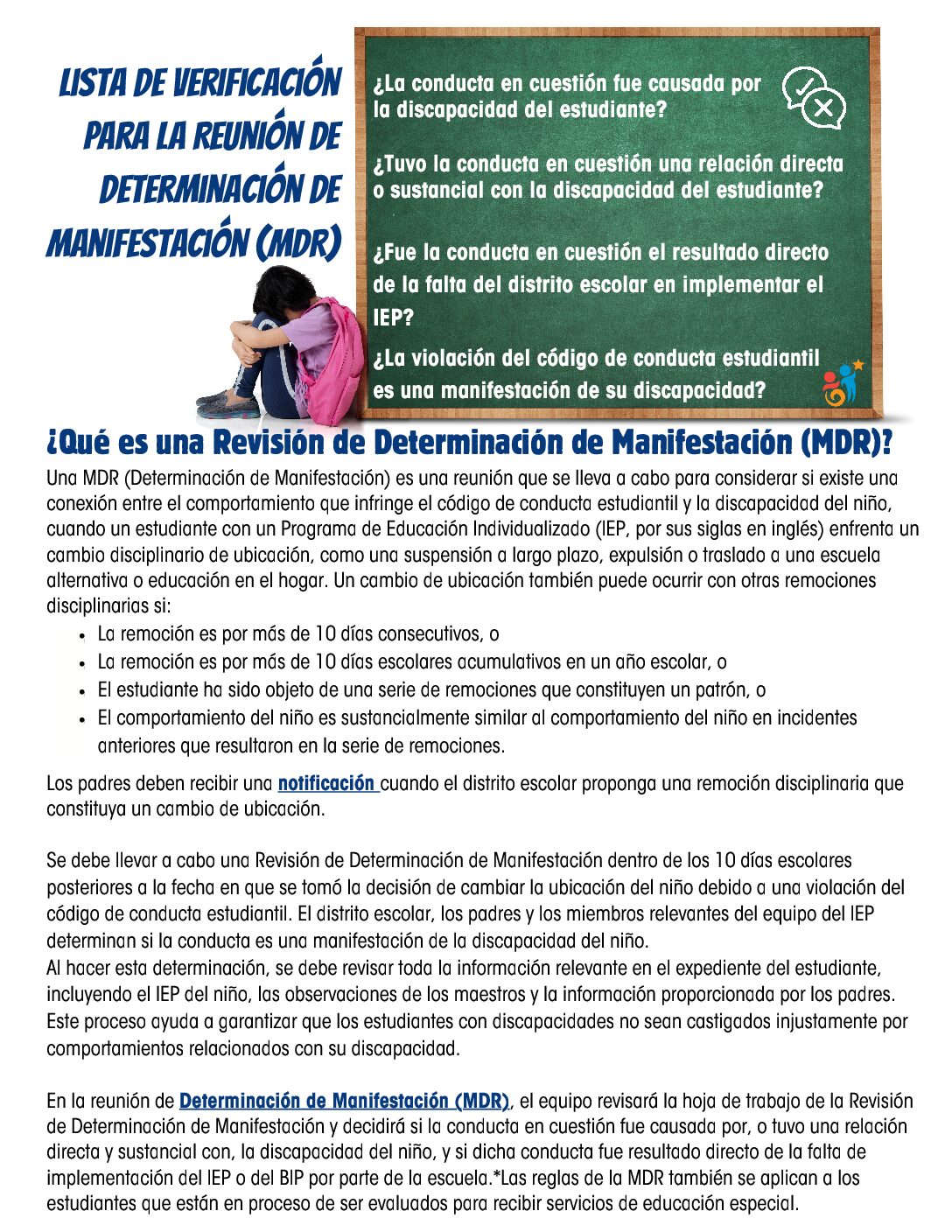
Lista de Verificación para la Reunión de Determinación de Manifestación (MDR)
Una MDR (Determinación de Manifestación) es una reunión que se lleva a cabo para considerar si existe una conexión entre el comportamiento que infringe el código de conducta estudiantil y la discapacidad del niño, cuando un estudiante con un Programa de Educación Individualizado (IEP, por sus siglas en inglés) enfrenta un cambio disciplinario de ubicación, como una suspensión a largo plazo, expulsión o traslado a una escuela alternativa o educación en el hogar.
Categories: Behavior, Spanish
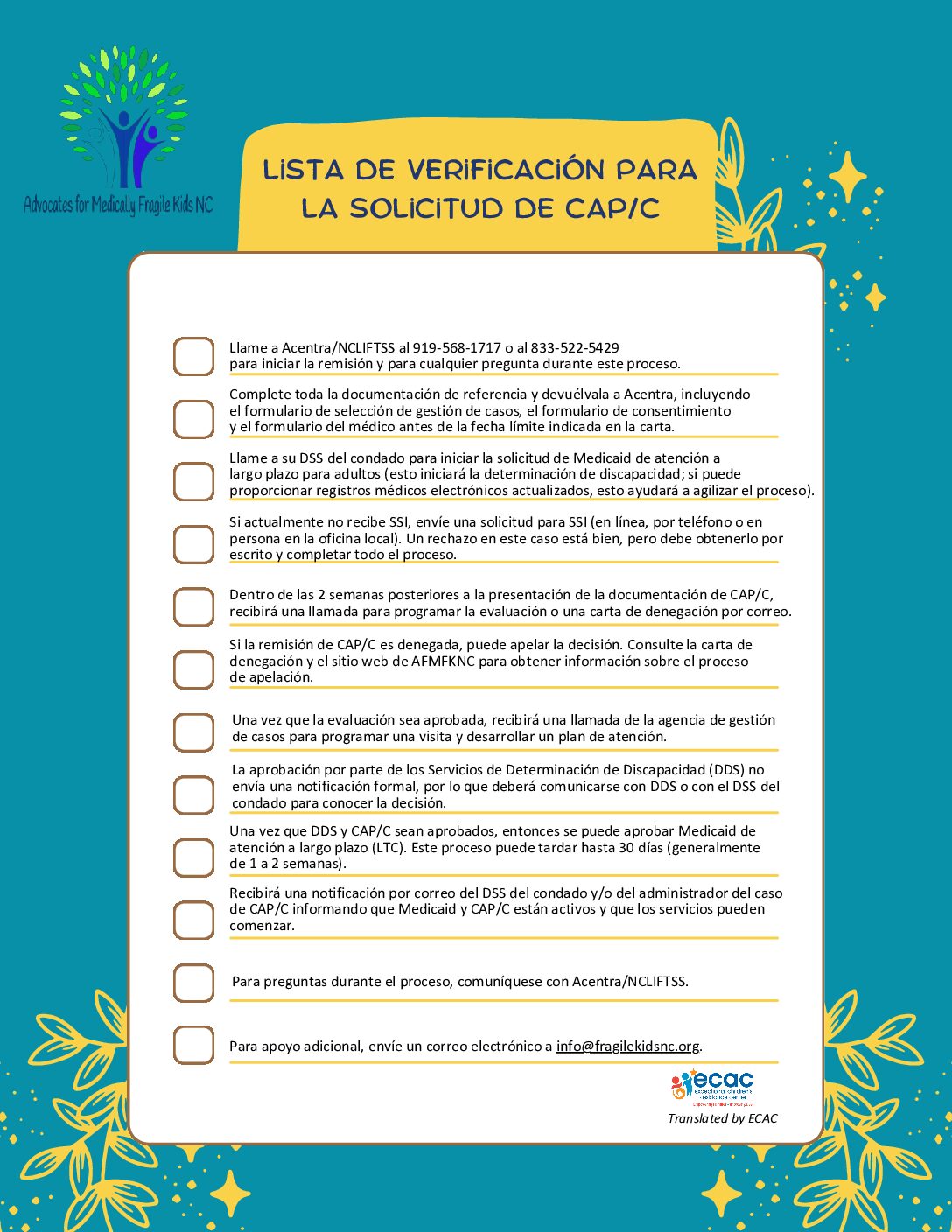
Lista de Verificación parala Solicitud de CAP/C
Categories: Medicaid and Medicaid Waivers, Spanish
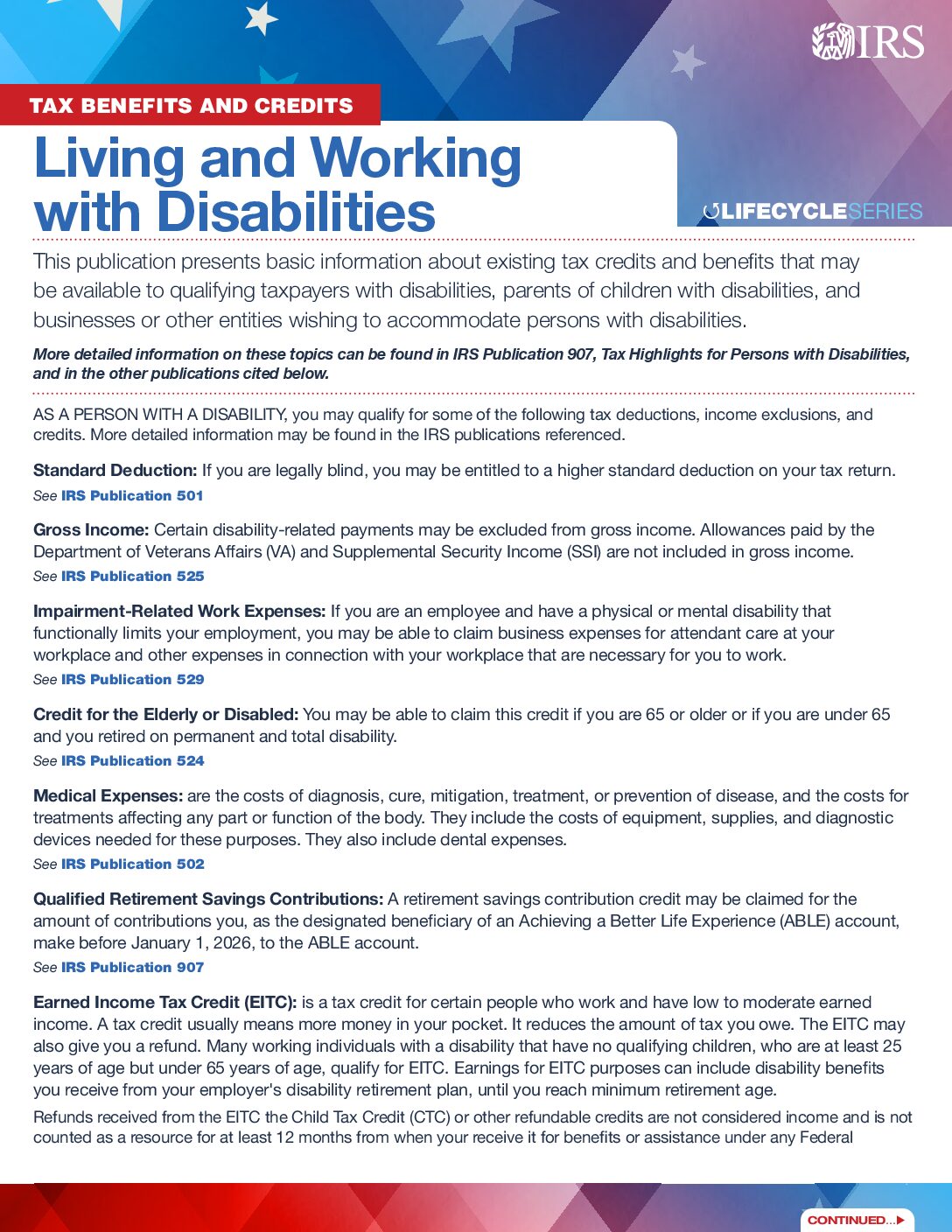
Living and Working with Disabilities: Tax Benefits and Credits
This publication presents basic information about existing tax credits and benefits that may be available to qualifying taxpayers with disabilities, parents of children with disabilities, and businesses or other entities wishing to accommodate persons with disabilities.
Categories: Special Needs Financial Planning and Financial Resources
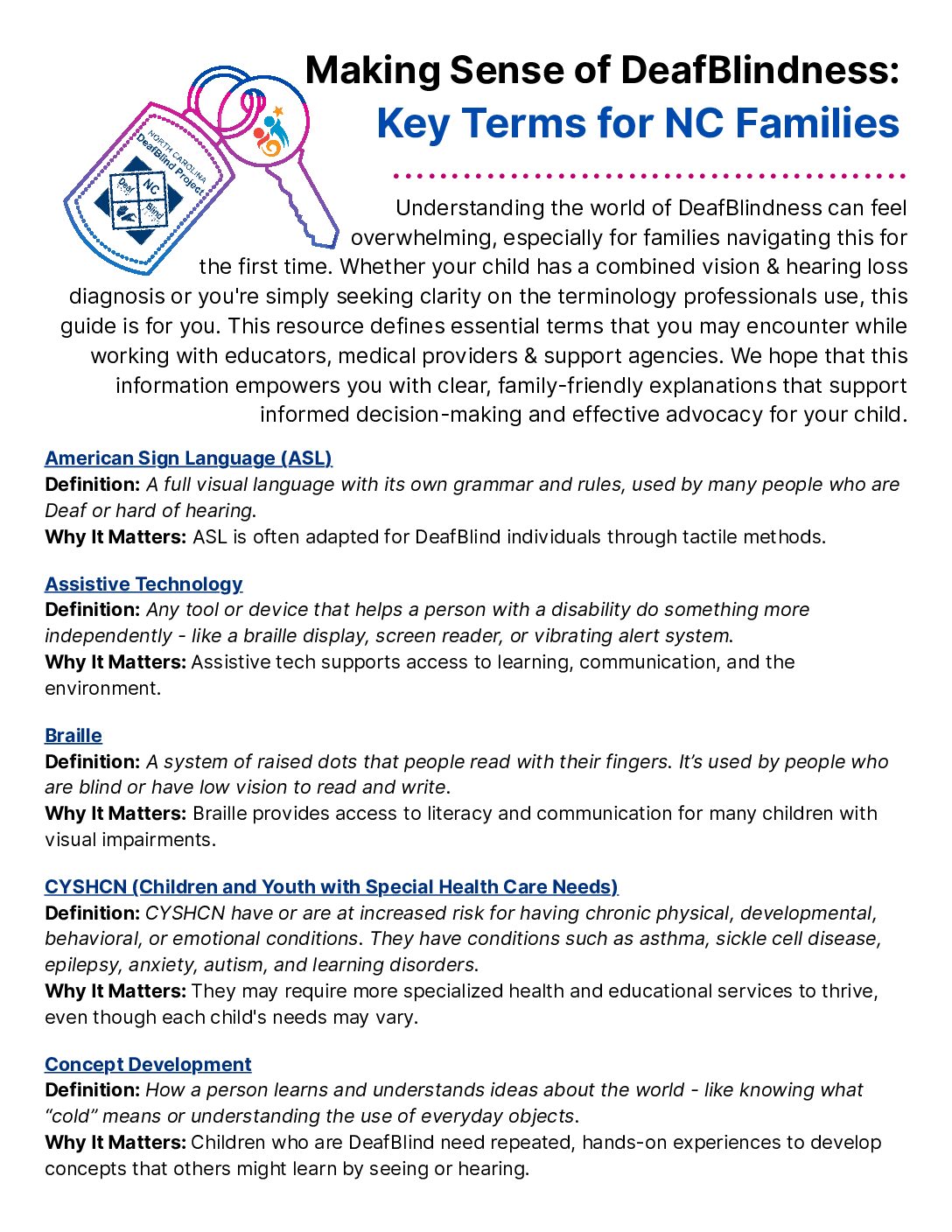
Making Sense of DeafBlindness: Key Terms for NC Families
Categories: NC Deaf-Blind Project
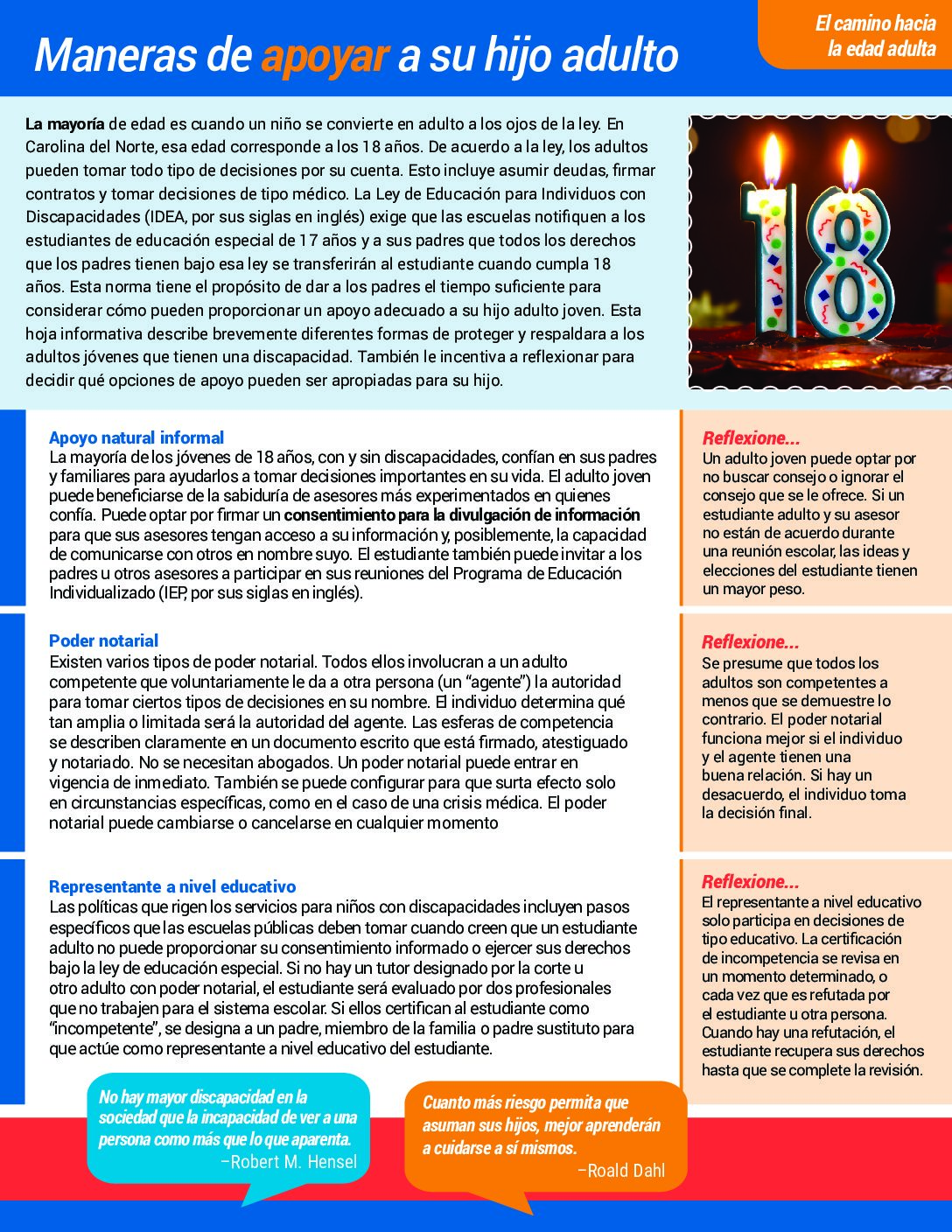
Maneras de apoyar a su hijo adulto (Ways to Support Your Adult Child)
El camino hacia la edad adulta
Categories: Spanish, Transition to Adulthood
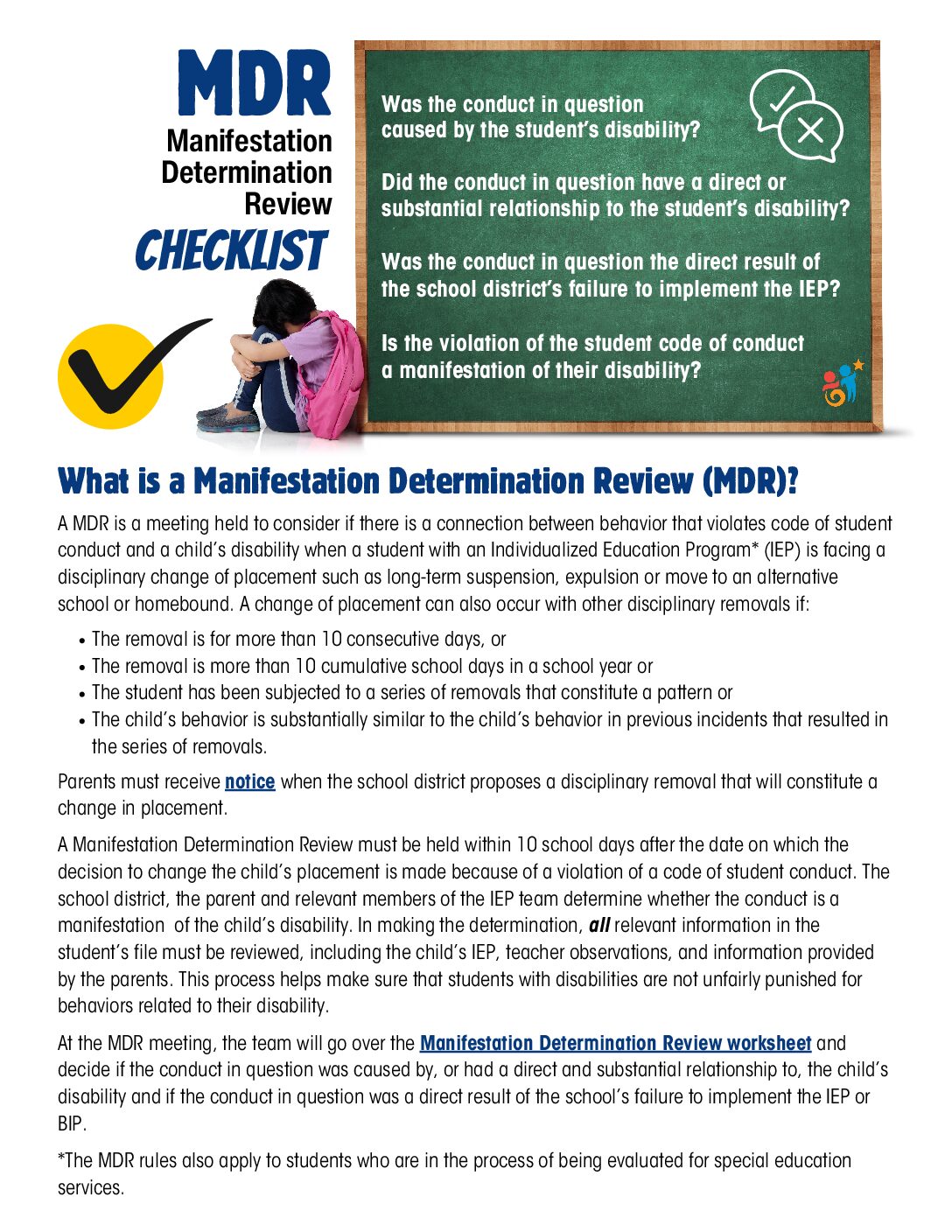
Manifestation Determination Review (MDR) Checklist
A MDR is a meeting held to consider if there is a connection between behavior that violates code of student conduct and a child’s disability when a student with an Individualized Education Program* (IEP) is facing a disciplinary change of placement such as long-term suspension, expulsion or move to an alternative school or homebound.
Categories: Behavior, IEP, Parent Rights, Special Education
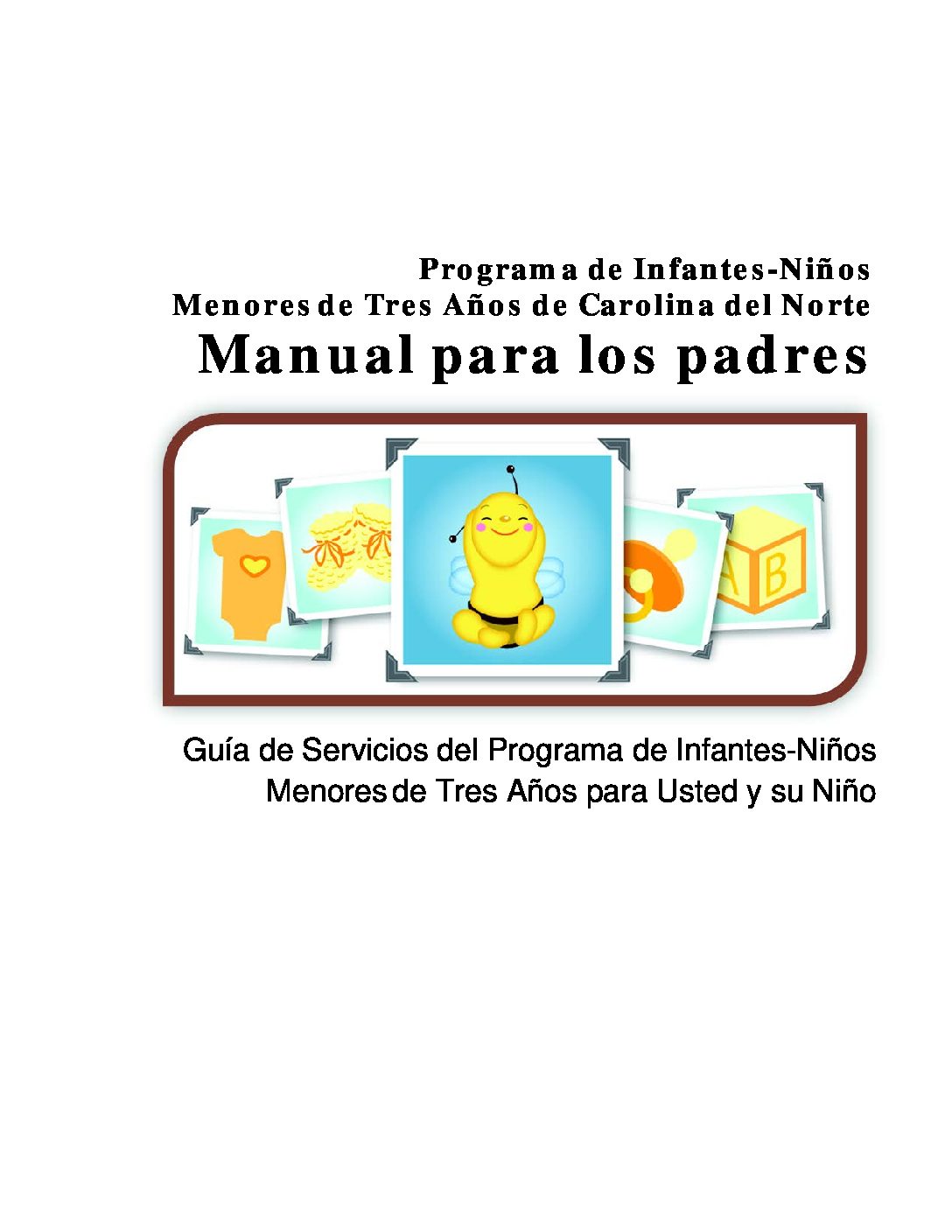
Manual para Padres del Programa de Infantes y Niños Pequeños de Carolina del Norte (North Carolina Infant-Toddler Program Parent Handbook)
The Nc ITP Parent Handbook helps parents understand the role and philosophy of the Infant-Toddler Program and answers key questions concerning its policies and procedures.
Categories: Early Intervention, Spanish
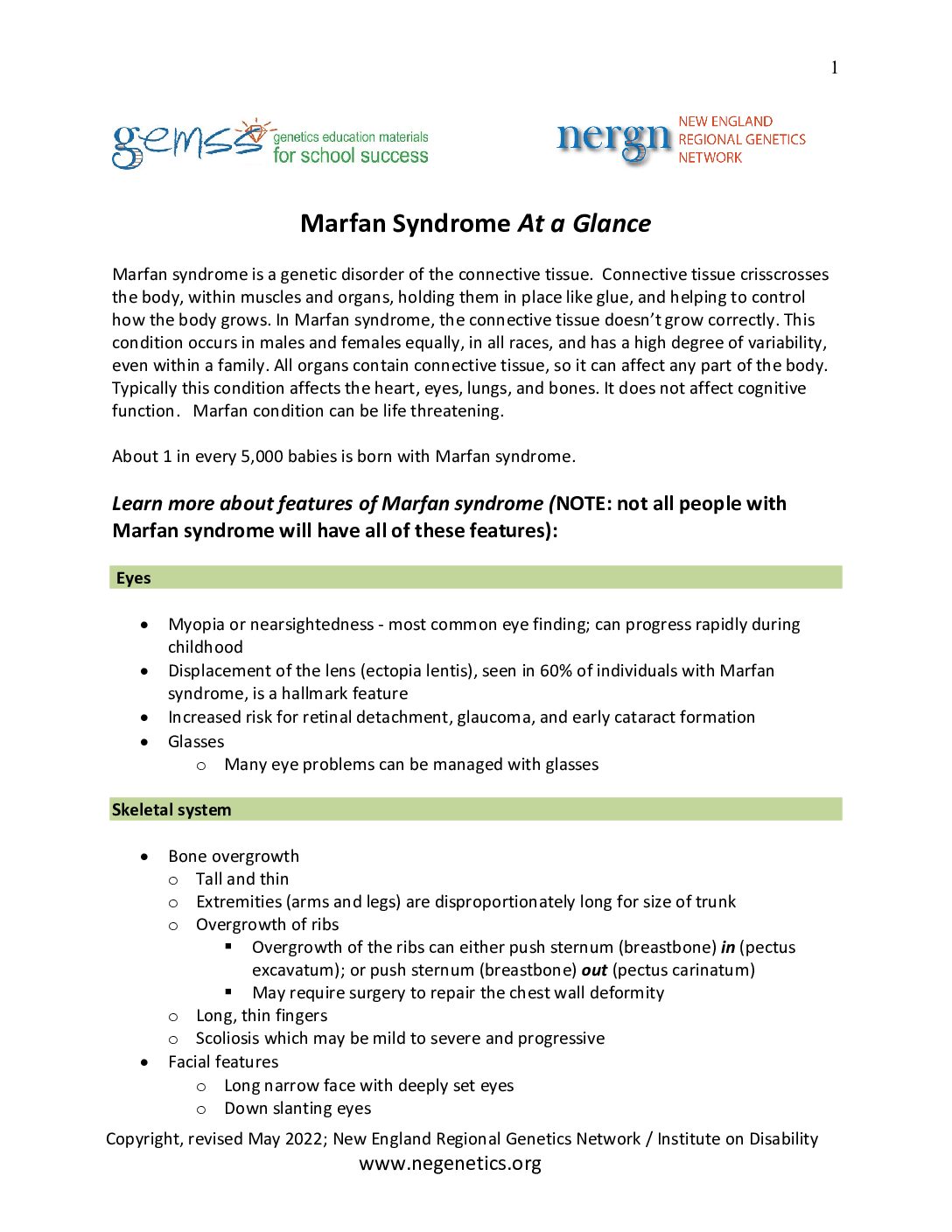
Marfan Syndrome At a Glance
Genetic Education Materials for School Success (GEMSS) provides a family-friendly starting point to help family members learn more about genetic conditions and offers ideas to encourage inclusion and participation in the classroom. GEMSS shares condition-specific information and resources for multiple audiences, including families, professionals, healthcare providers, and schools. Contributors to GEMSS come from clinical, public health, advocacy, and academic settings. All content has been vetted by clinical and family experts.
Categories: Disability and Health Condition Specific Information
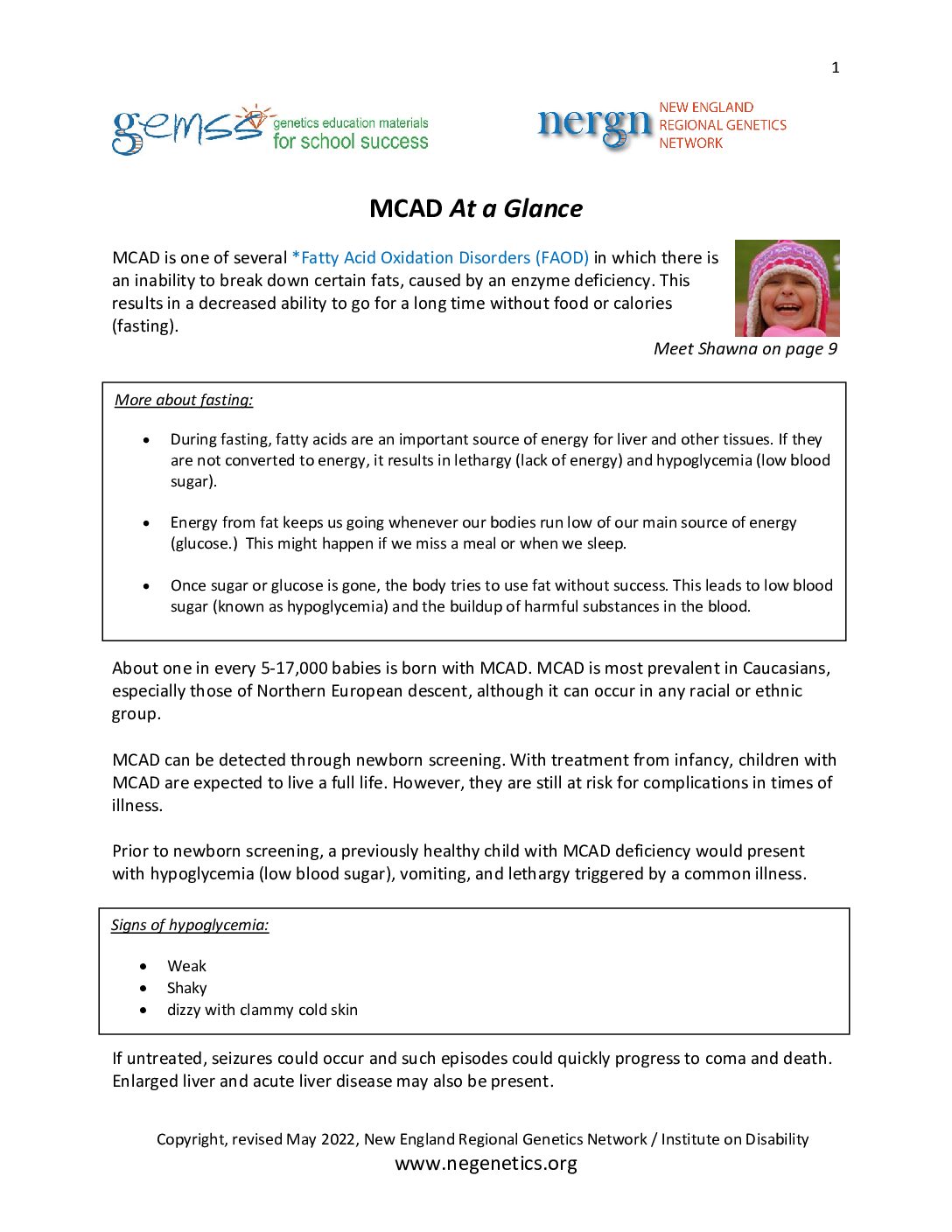
MCAD At a Glance
Genetic Education Materials for School Success (GEMSS) provides a family-friendly starting point to help family members learn more about genetic conditions and offers ideas to encourage inclusion and participation in the classroom. GEMSS shares condition-specific information and resources for multiple audiences, including families, professionals, healthcare providers, and schools. Contributors to GEMSS come from clinical, public health, advocacy, and academic settings. All content has been vetted by clinical and family experts.
Categories: Disability and Health Condition Specific Information
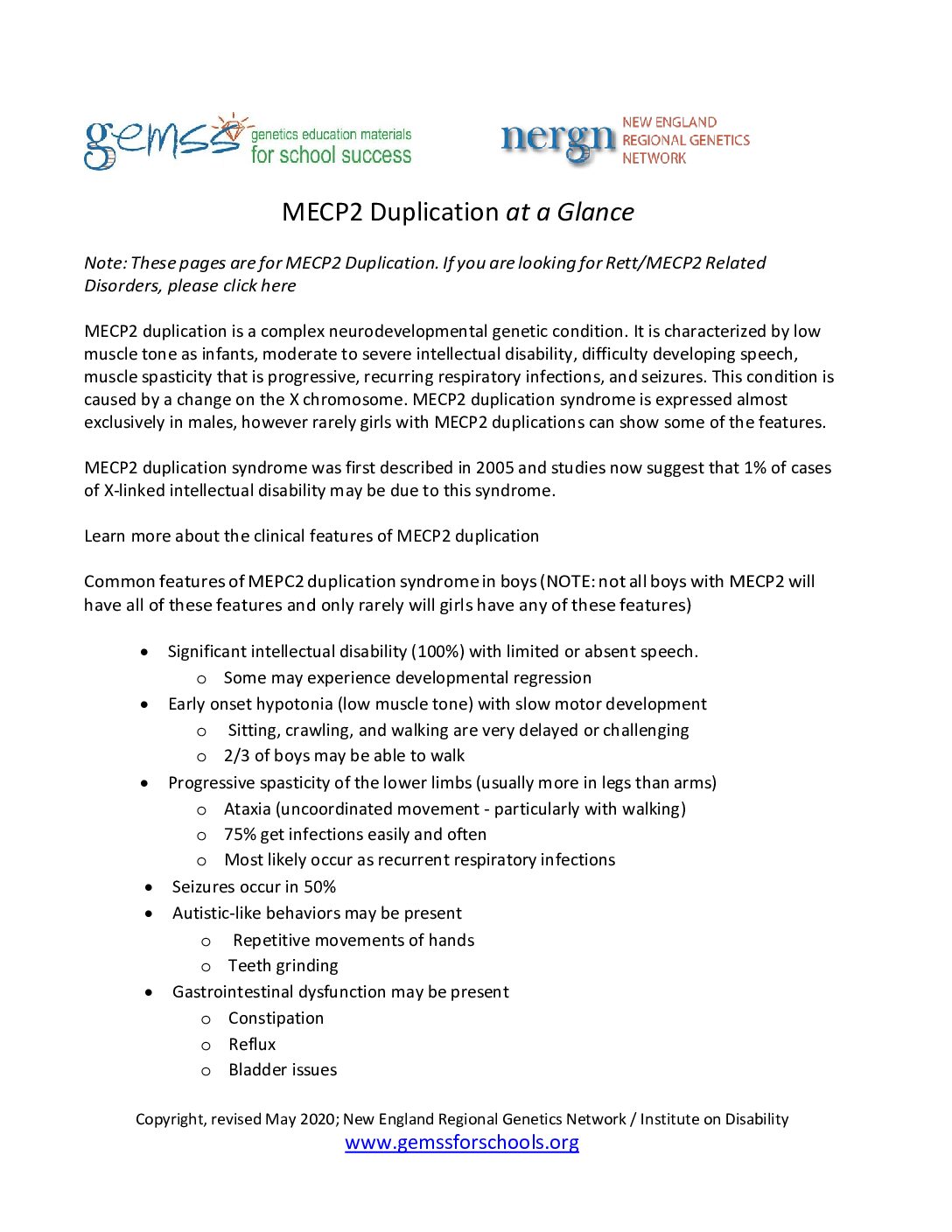
MECP2 Duplication at a Glance
Genetic Education Materials for School Success (GEMSS) provides a family-friendly starting point to help family members learn more about genetic conditions and offers ideas to encourage inclusion and participation in the classroom. GEMSS shares condition-specific information and resources for multiple audiences, including families, professionals, healthcare providers, and schools. Contributors to GEMSS come from clinical, public health, advocacy, and academic settings. All content has been vetted by clinical and family experts.
Categories: Disability and Health Condition Specific Information
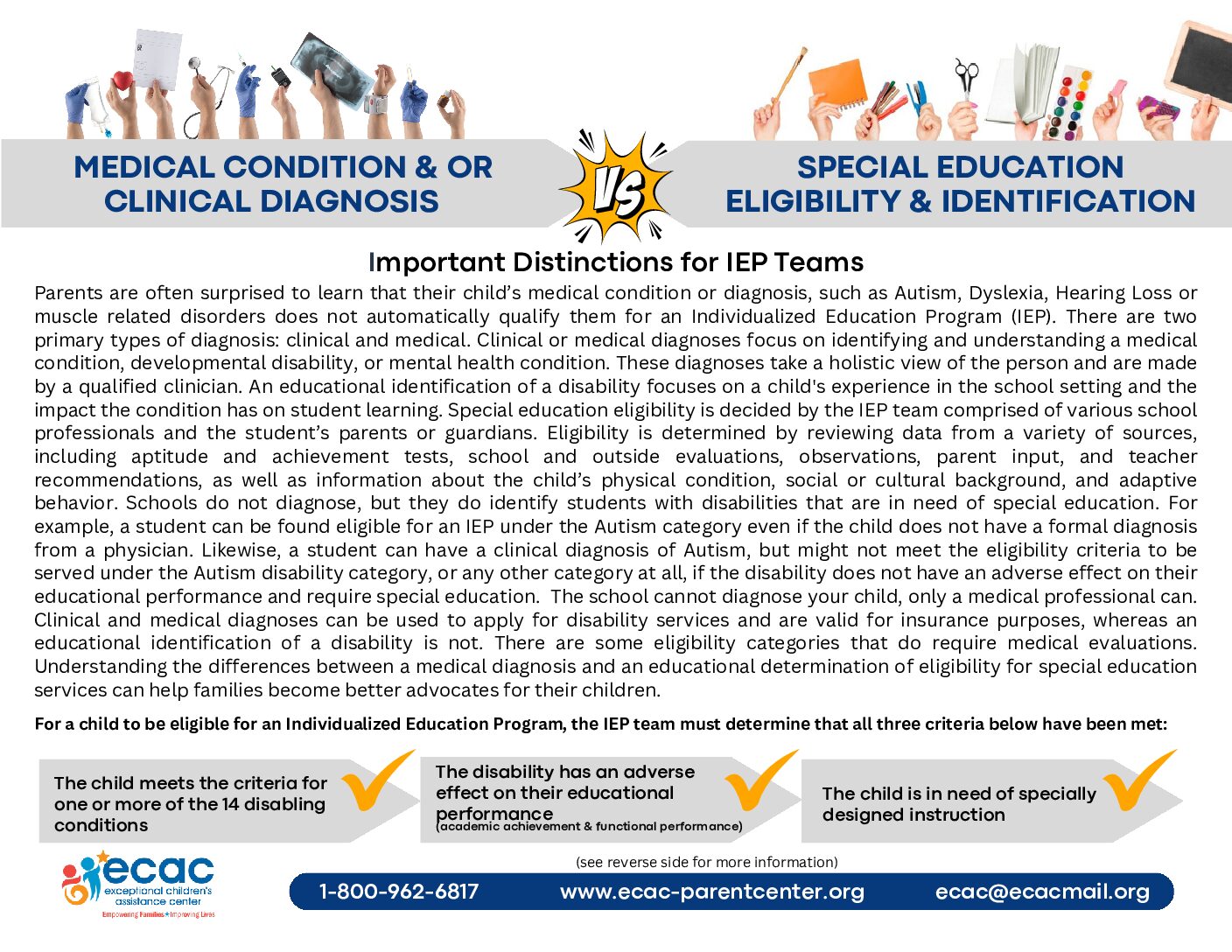
Medical Condition/Clinical Diagnosis vs. Special Education Eligibility & Identification
Parents are often surprised to learn that their child’s medical condition or diagnosis, such as Autism, Dyslexia, Hearing Loss or muscle related disorders does not automatically qualify them for an Individualized Education Program (IEP). Understanding the differences between a medical diagnosis and an educational determination of eligibility for special education services can help families become better advocates for their children.
Categories: Disability and Health Condition Specific Information, IEP, Special Education
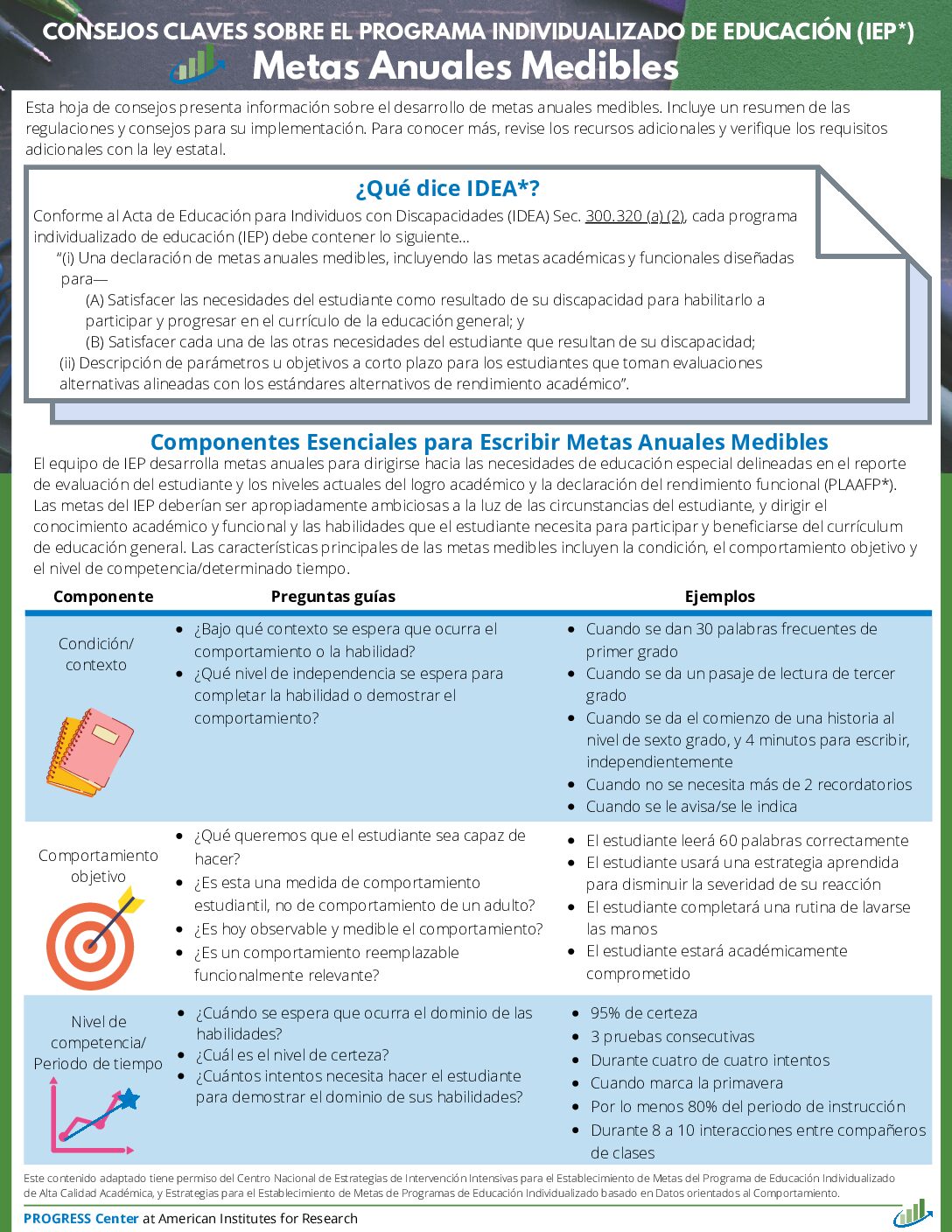
Metas Anuales Medibles (Measurable Annual Goals Spanish Version)
Categories: IEP, Spanish, Special Education
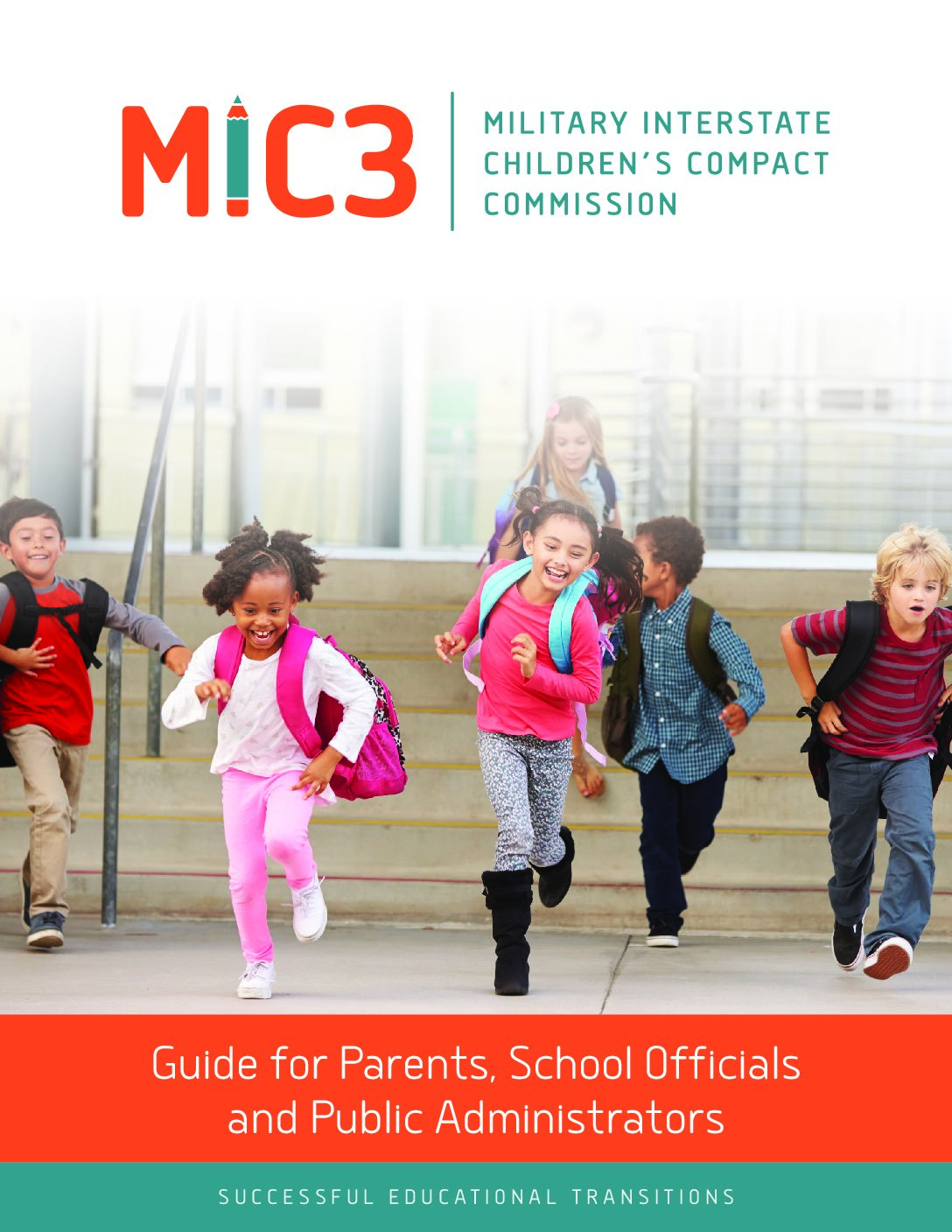
MIC3 Guide for Parents, School Officials and Public Administrators
Military families move between postings on a regular basis, and while reassignments can often be a boon for career personnel, they can be difficult for the children of military families. The average military student faces transition challenges more than twice during high school and most military children will attend six to nine different schools in their lives from Kindergarten to 12th grade. The Compact seeks to make transition easier for the children of military families, so they are afforded the same opportunities for educational success as other children, and are not penalized or delayed in achieving their educational goals.
Categories: Military
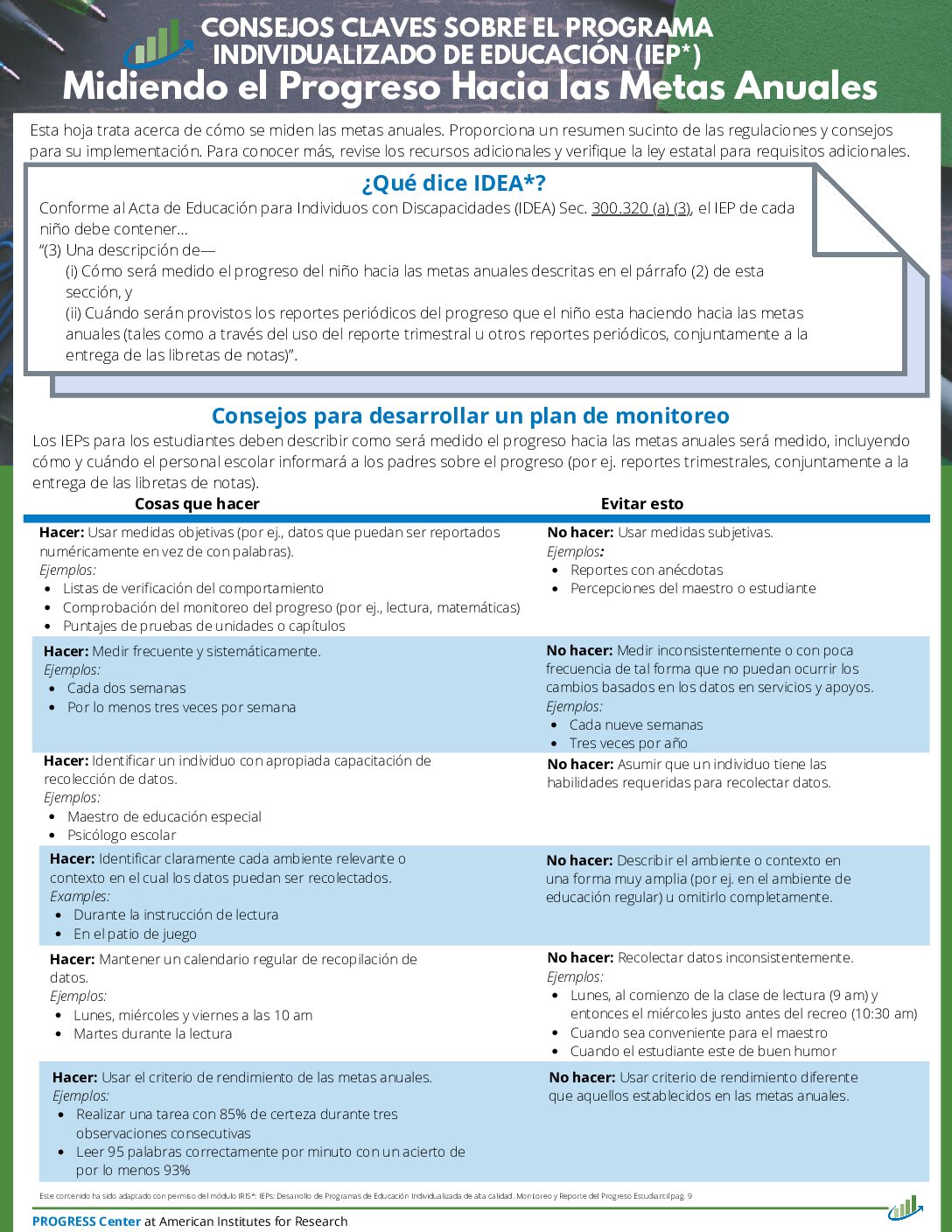
Midiendo el Progreso Hacia las Metas Anuales (Measuring Progress Toward Annual Goals Spanish Version)
Categories: IEP, Spanish, Special Education
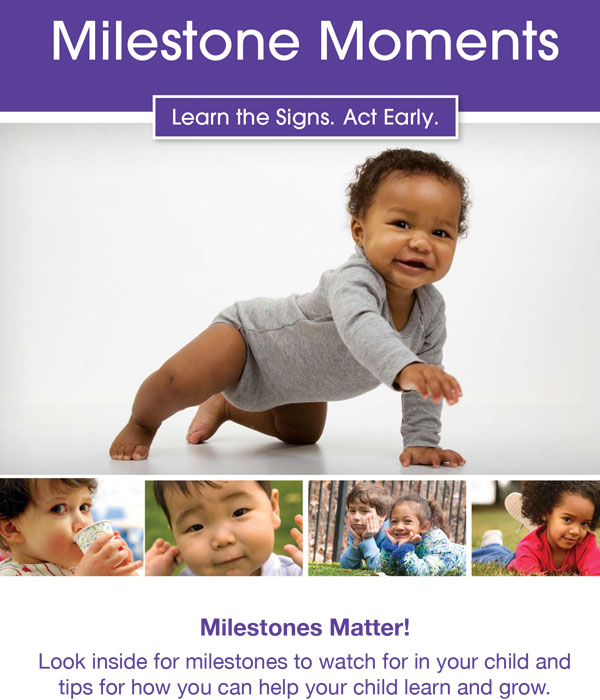
Milestone Moments
Take this booklet with you and talk to your child’s doctor at every well-child visit about the milestones your child has reached and what to expect next...
Categories: Early Childhood, Early Intervention
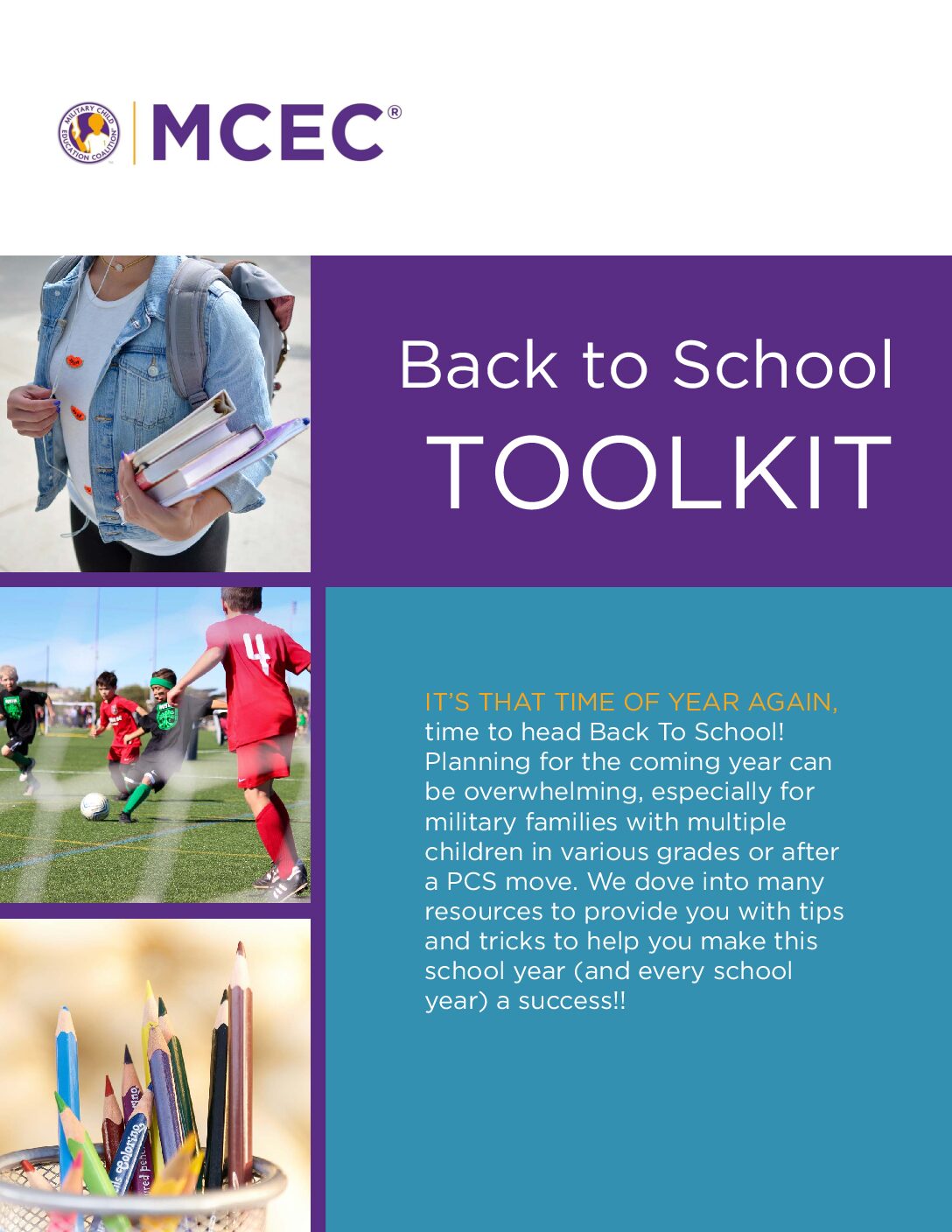
Military Child Education Coalition - Back to School Toolkit
Planning for the coming year can be overwhelming, especially for military families with multiple children in various grades or after a PCS move. MCEC dove into many resources to provide you with tips and tricks to help you make the school year a success!
Categories: Military
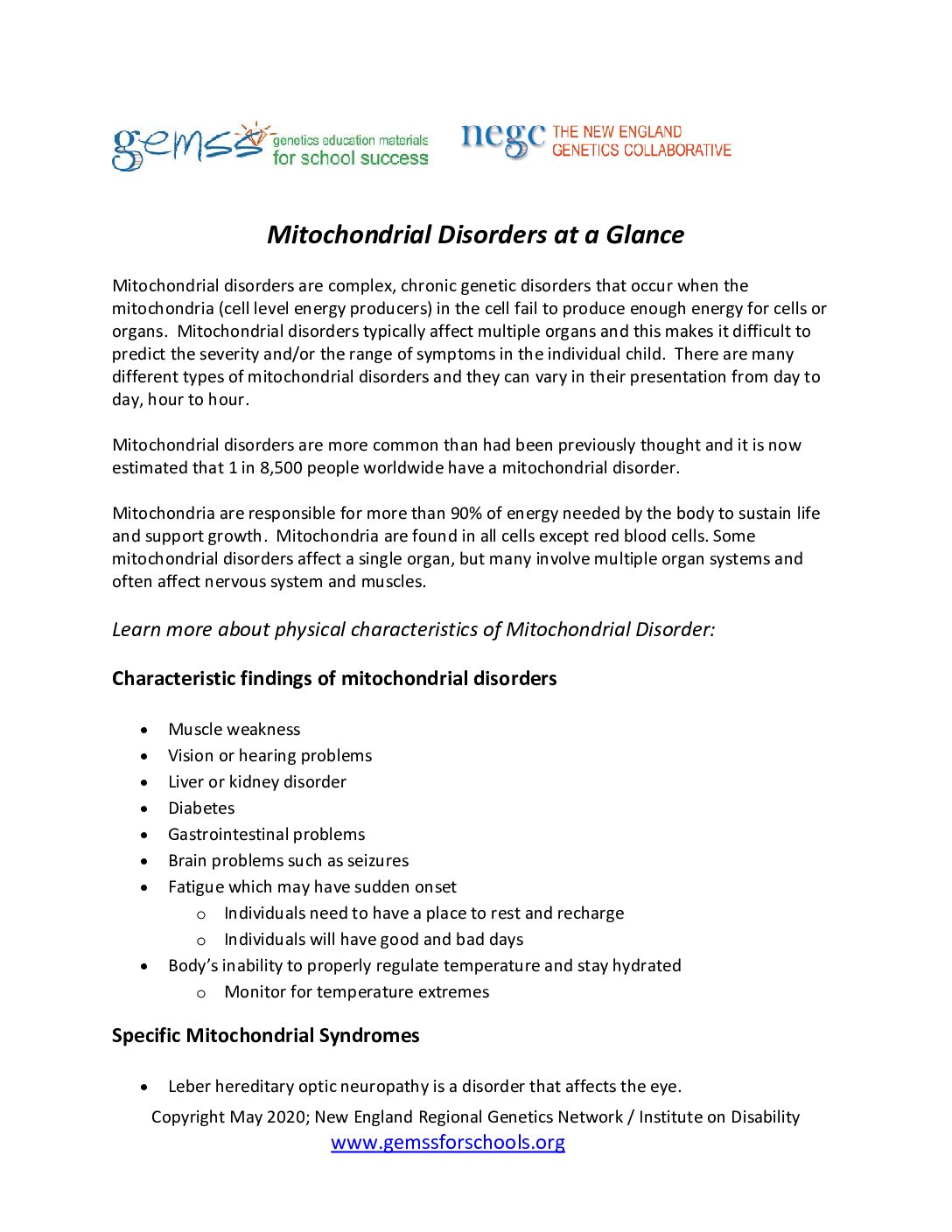
Mitochondrial Disorders at a Glance
Genetic Education Materials for School Success (GEMSS) provides a family-friendly starting point to help family members learn more about genetic conditions and offers ideas to encourage inclusion and participation in the classroom. GEMSS shares condition-specific information and resources for multiple audiences, including families, professionals, healthcare providers, and schools. Contributors to GEMSS come from clinical, public health, advocacy, and academic settings. All content has been vetted by clinical and family experts.
Categories: Disability and Health Condition Specific Information
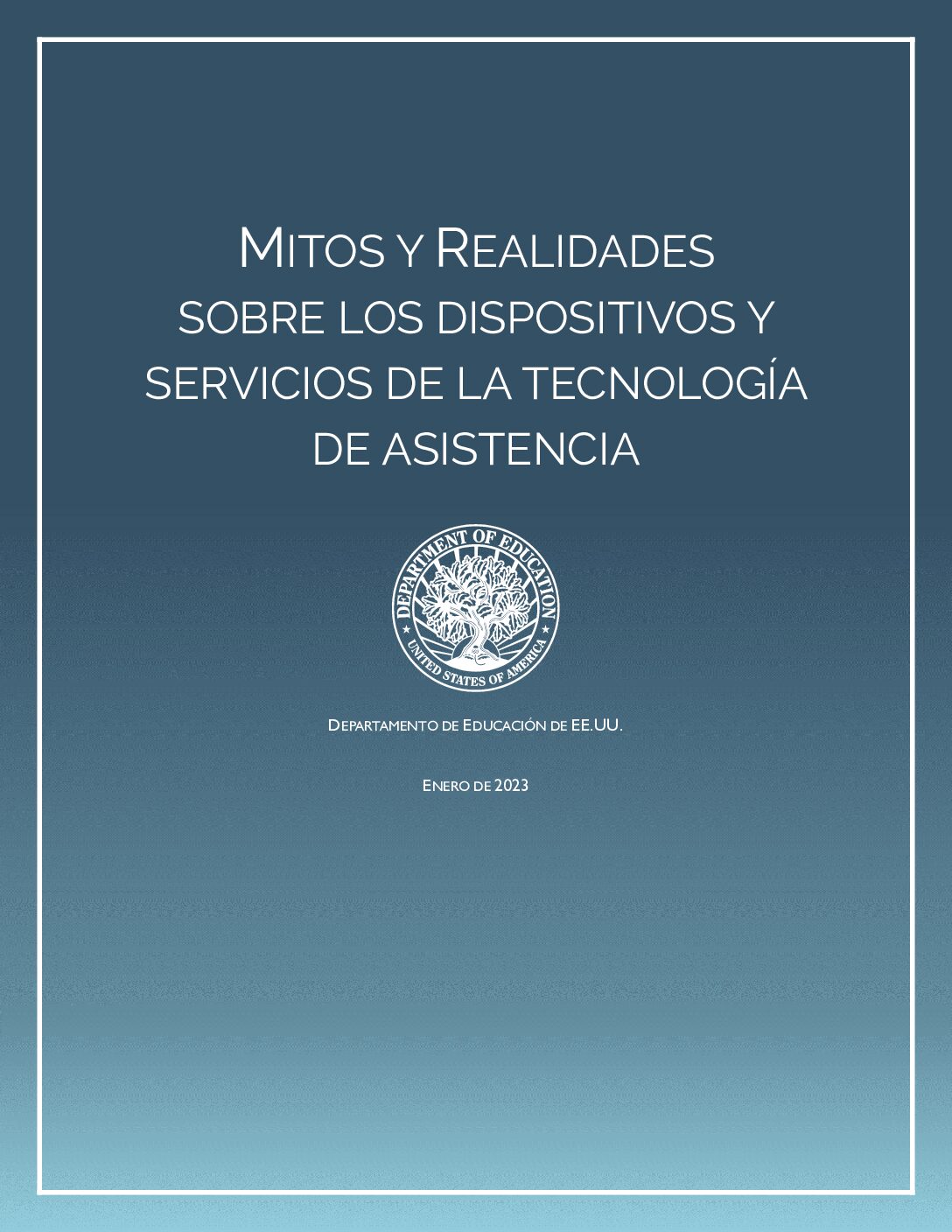
MITOS Y REALIDADES SOBRE LOS DISPOSITIVOS Y SERVICIOS DE LA TECNOLOGÍA DE ASISTENCIA (MYTHS AND FACTS ABOUT ASSISTIVE TECHNOLOGY DEVICES AND SERVICES)
Este documento está diseñado para comprender mejor los requisitos de la tecnología de asistencia (assistive technology, AT) de la Ley de Educación para Personas con Discapacidades (IDEA), disipar conceptos erróneos comunes con respecto a la AT, proporcionar ejemplos del uso de los dispositivos y servicios de la AT para niños con discapacidades y resaltar los diferentes requisitos bajo la Parte C y la Parte B de IDEA
Categories: Assistive Technology, NC Deaf-Blind Project, Spanish
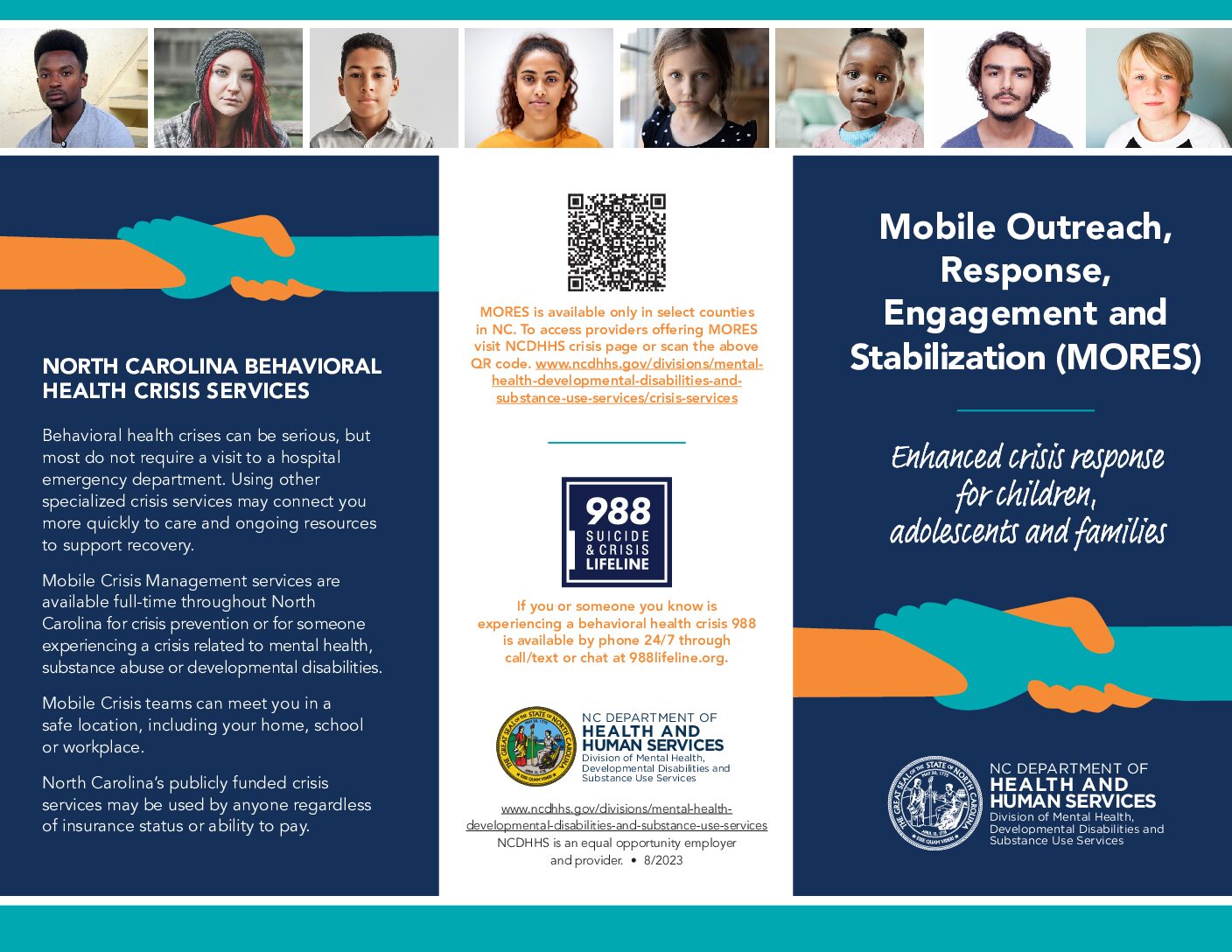
Mobile Outreach Response, Engagement & Stabilization (MORES)
Enhanced crisis response for children, adolescents and families. Behavioral health crises can be serious, but most do not require a visit to a hospital emergency department. Using other specialized crisis services may connect you more quickly to care and ongoing resources to support recovery
Categories: Residential Treatment - Crisis Intervention Services
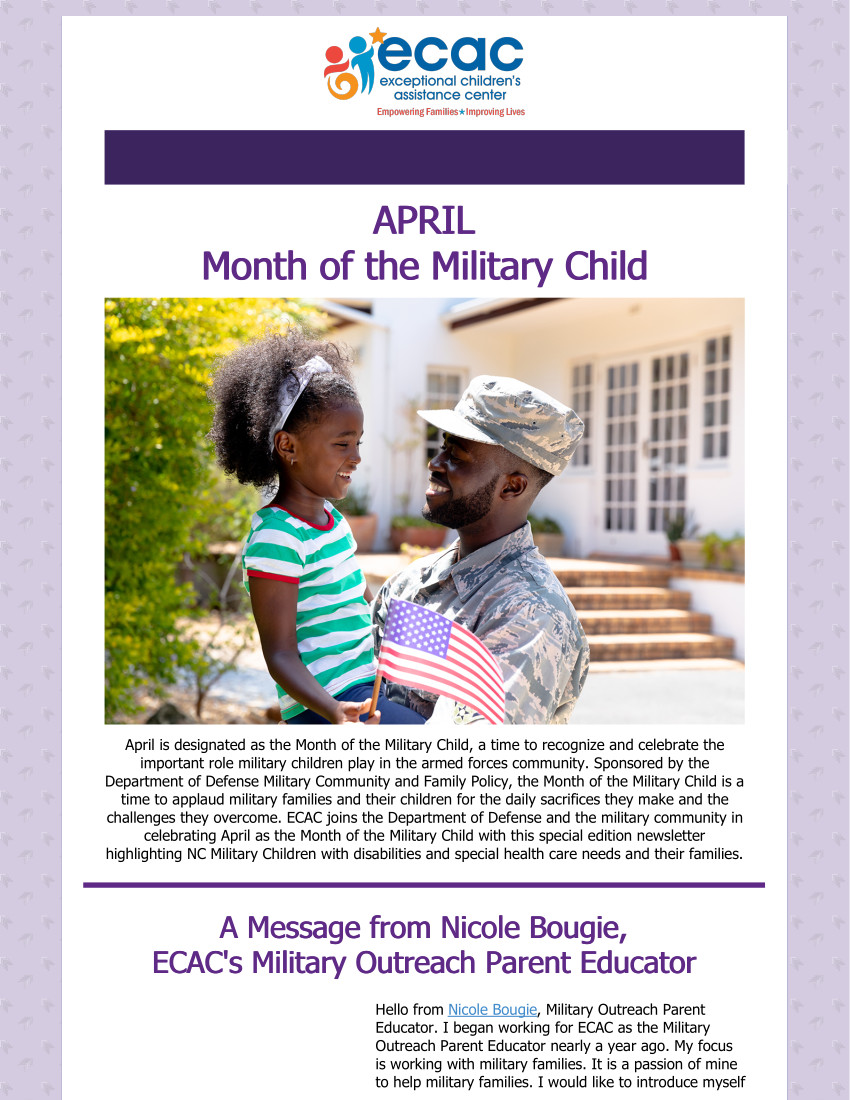
Month of the Military Child Newsletter
ECAC joins the Department of Defense and the military community in celebrating April as the Month of the Military Child with this special edition newsletter highlighting NC Military Children with disabilities and special health care needs and their families.
Categories: Military
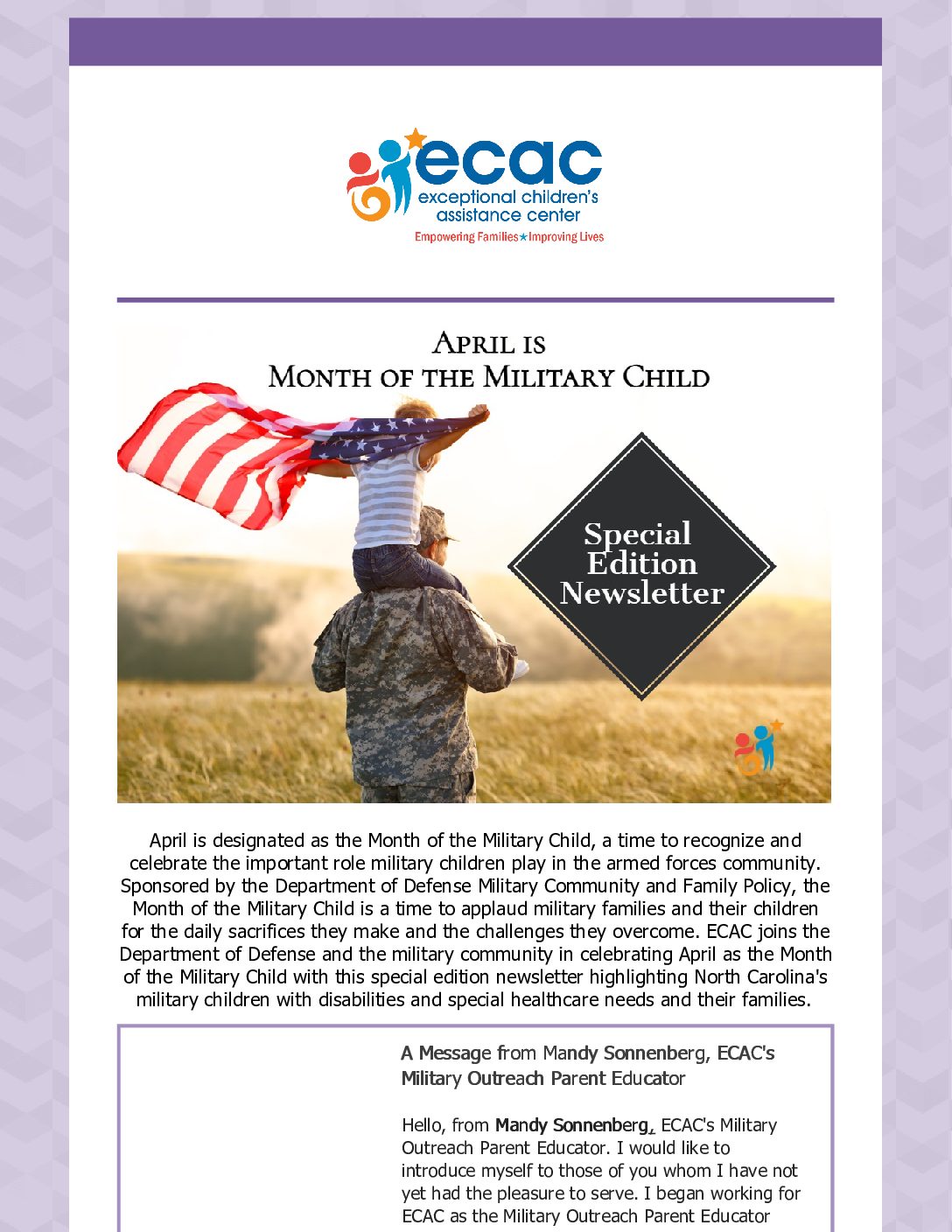
Month of the Military Child Special Edition Newsletter
Learn about Month of the Military Child activities and events!
Categories: Military
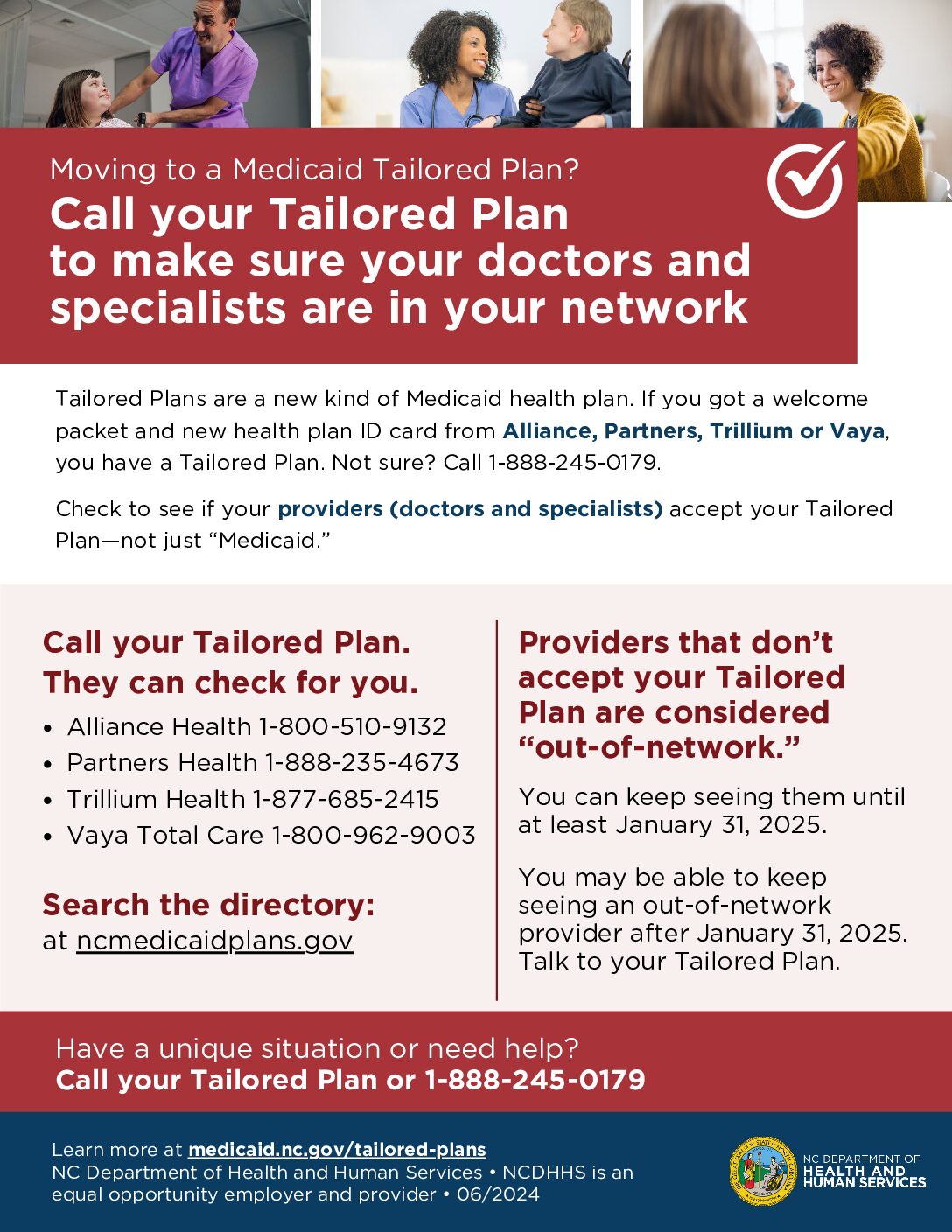
Moving to a Medicaid Tailored Plan?
Call your Tailored Plan to make sure your doctors and specialists are in your network. Tailored Plans are a new kind of Medicaid health plan. If you got a welcome packet and new health plan ID card from Alliance, Partners, Trillium or Vaya, you have a Tailored Plan
Categories: Medicaid and Medicaid Waivers
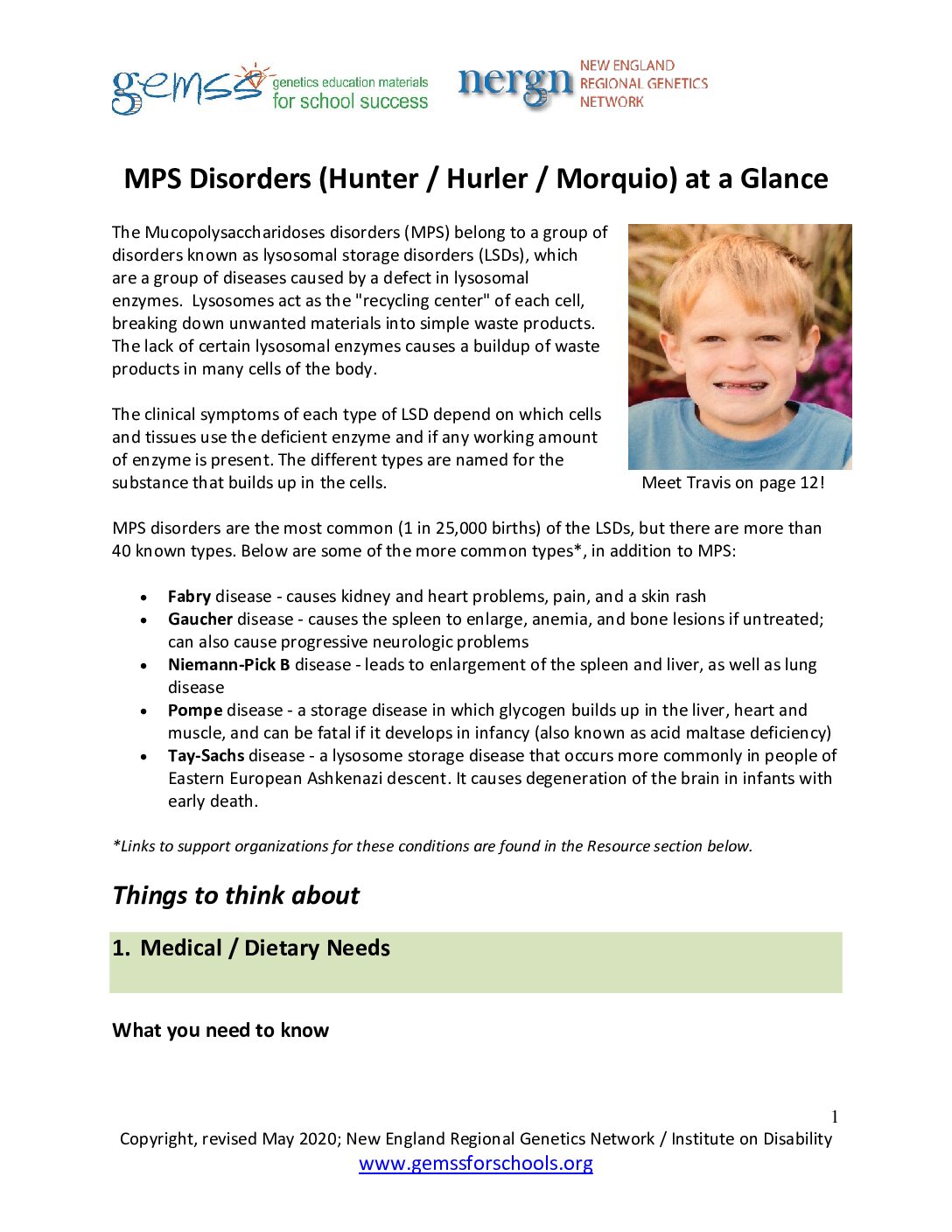
MPS Disorders (Hunter/Hurler/Morquio) at a Glance
Genetic Education Materials for School Success (GEMSS) provides a family-friendly starting point to help family members learn more about genetic conditions and offers ideas to encourage inclusion and participation in the classroom. GEMSS shares condition-specific information and resources for multiple audiences, including families, professionals, healthcare providers, and schools. Contributors to GEMSS come from clinical, public health, advocacy, and academic settings. All content has been vetted by clinical and family experts.
Categories: Disability and Health Condition Specific Information
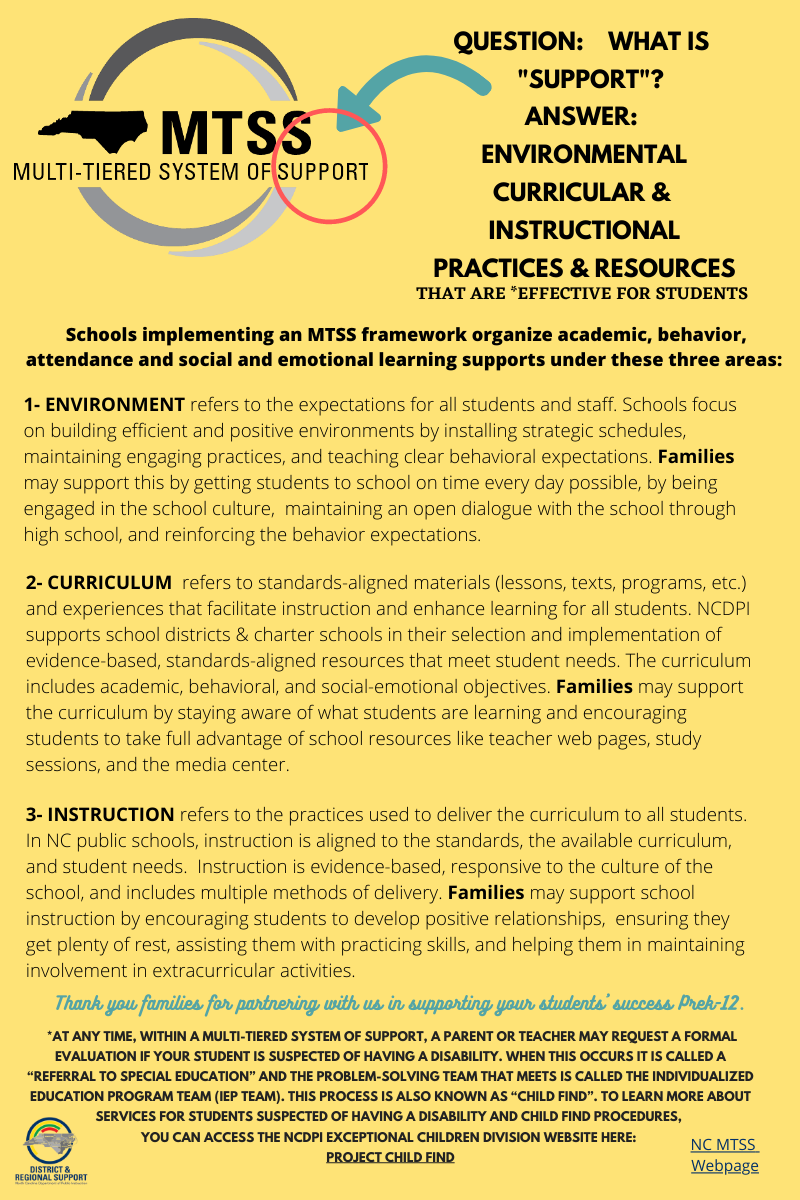
MTSS: What is Support?
This document outlines the three areas under which schools implementing an MTSS Framework should implement supports.
Categories: Learning Disability, MTSS, Special Education
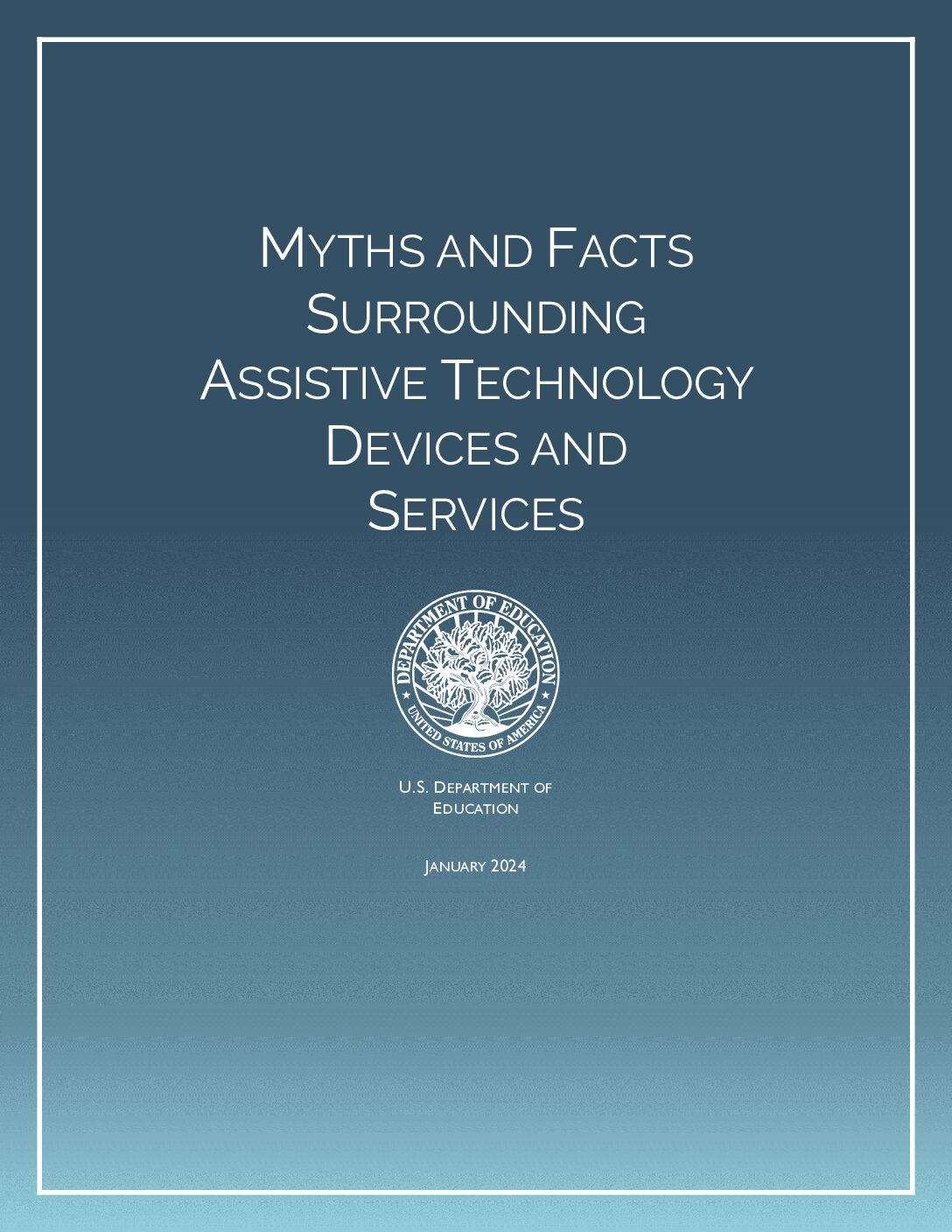
Myths & Facts Surrounding Assistive Technology
This document is designed to increase understanding of the Individuals with Disabilities Education Act’s (IDEA’s) assistive technology (AT) requirements, dispel common misconceptions regarding AT, and provide examples of the use of AT devices and services for children with disabilities and to highlight the different requirements under Part C and Part B of IDEA.1
Categories: Assistive Technology, NC Deaf-Blind Project
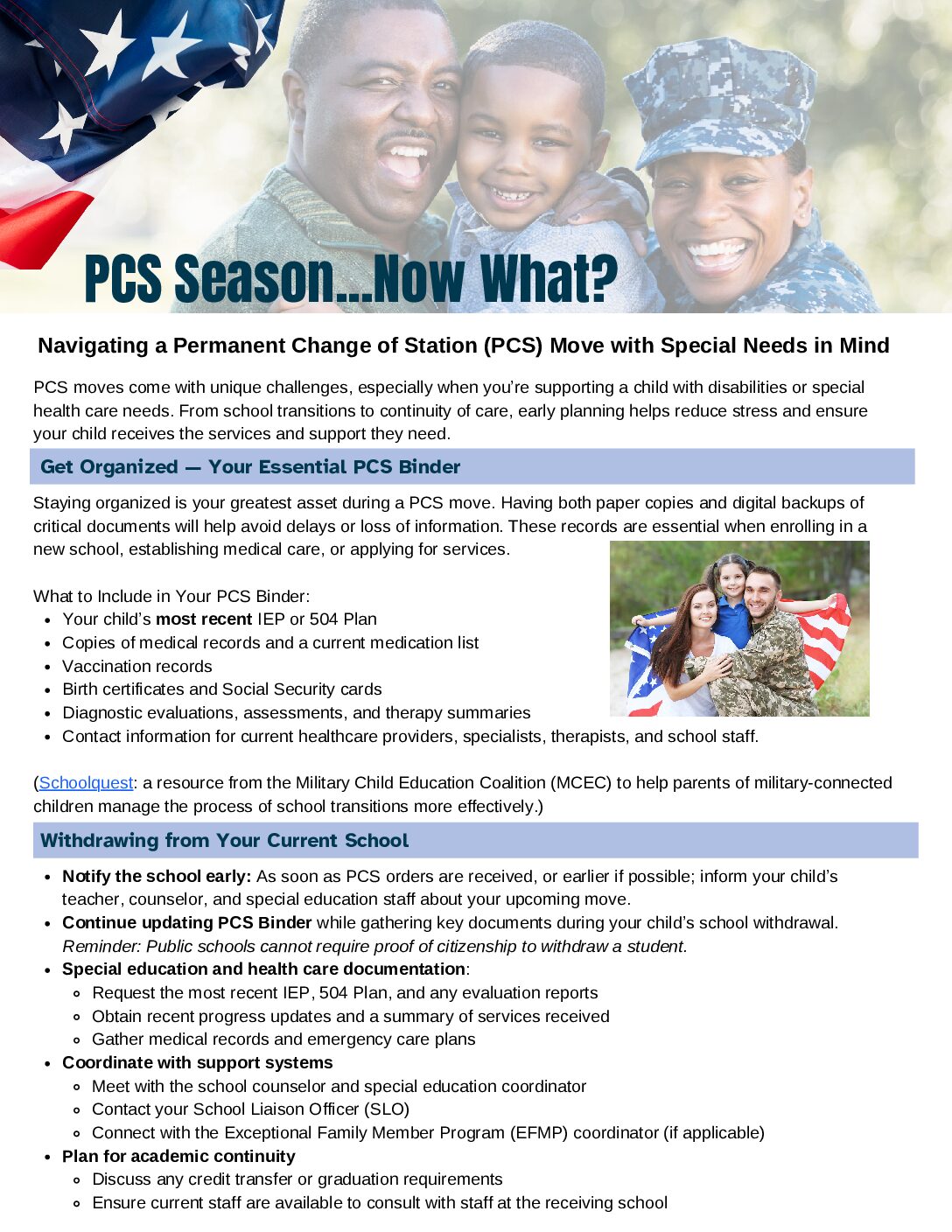
Navigating a Permanent Change of Station (PCS) Move with Special Needs in Mind
PCS moves come with unique challenges, especially when you’re supporting a child with disabilities or special health care needs. From school transitions to continuity of care, early planning helps reduce stress and ensure your child receives the services and support they need.
Categories: Military
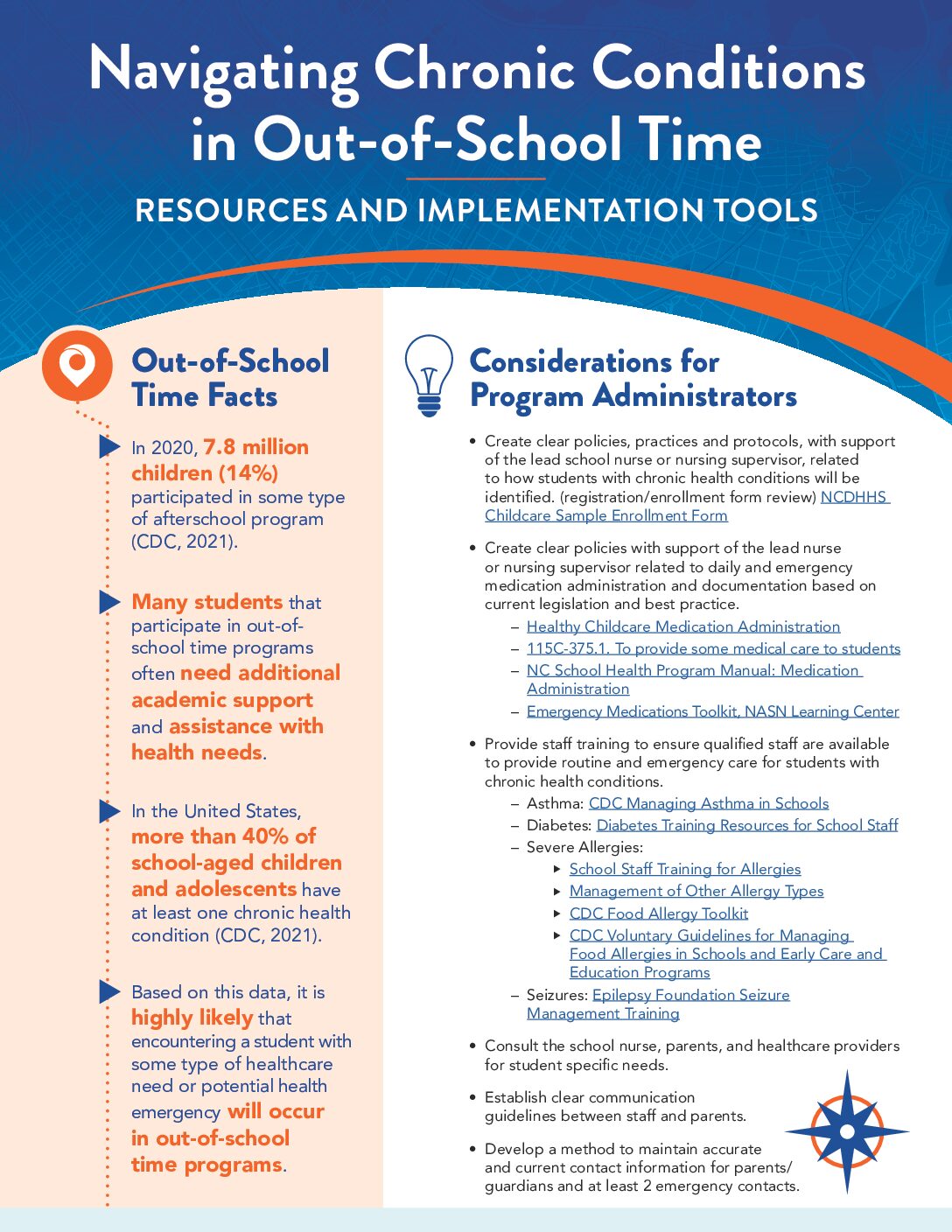
Navigating Chronic Conditions in Out-of-School Time
Resources and implementation tools
Categories: Disability and Health Condition Specific Information, Health Care in Schools
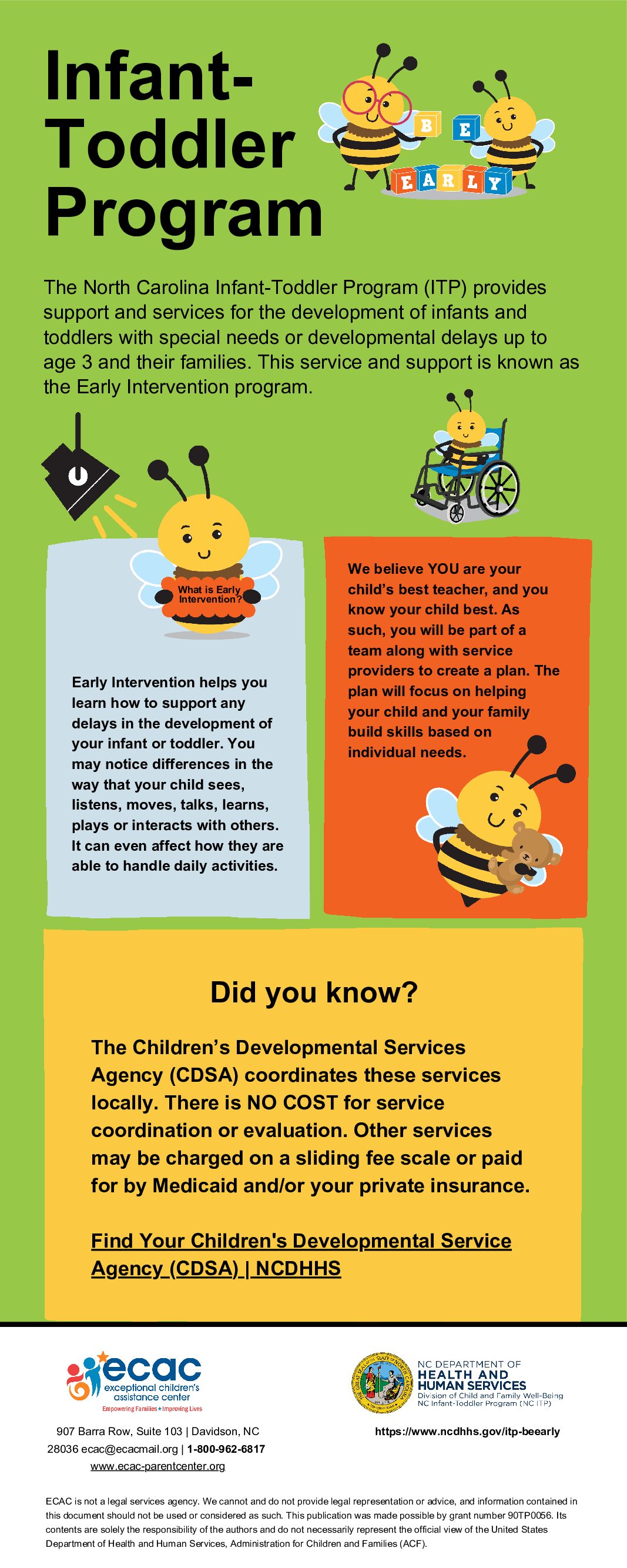
NC Early Intervention Infant Toddler Program Infographic (English)
The Infant-Toddler Program provides support and services for the development of infants and toddlers with special need or developmental delays up to age 3 and their families. This service and support is known as the Early Intervention program.
Categories: Development Delay, Early Childhood, Early Intervention
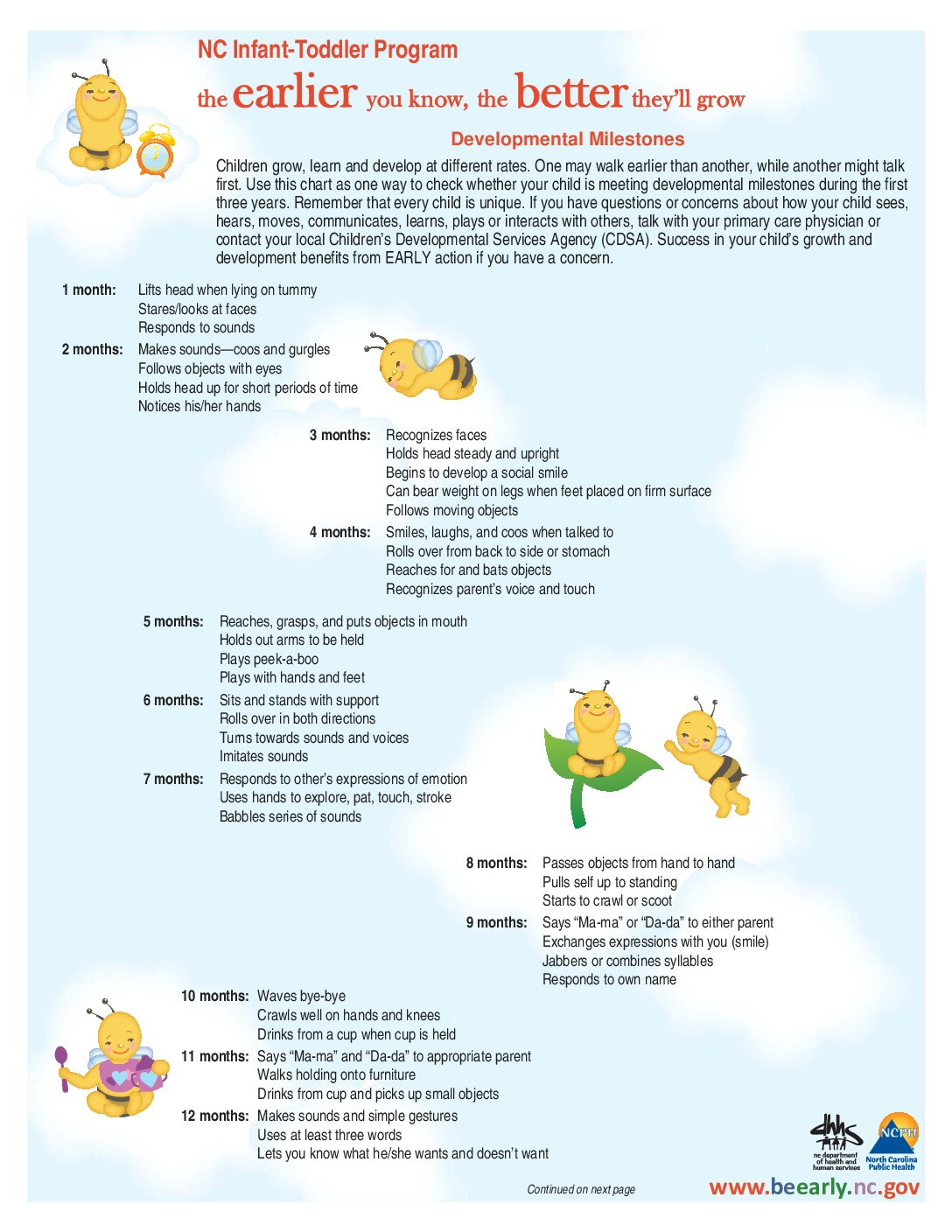
NC Infant-Toddler Program Developmental Milestones
The Milestones Chart helps parents determine whether their child is meeting developmental milestones during the first three years.
Categories: Development Delay, Early Childhood, Early Intervention, Speech and Language
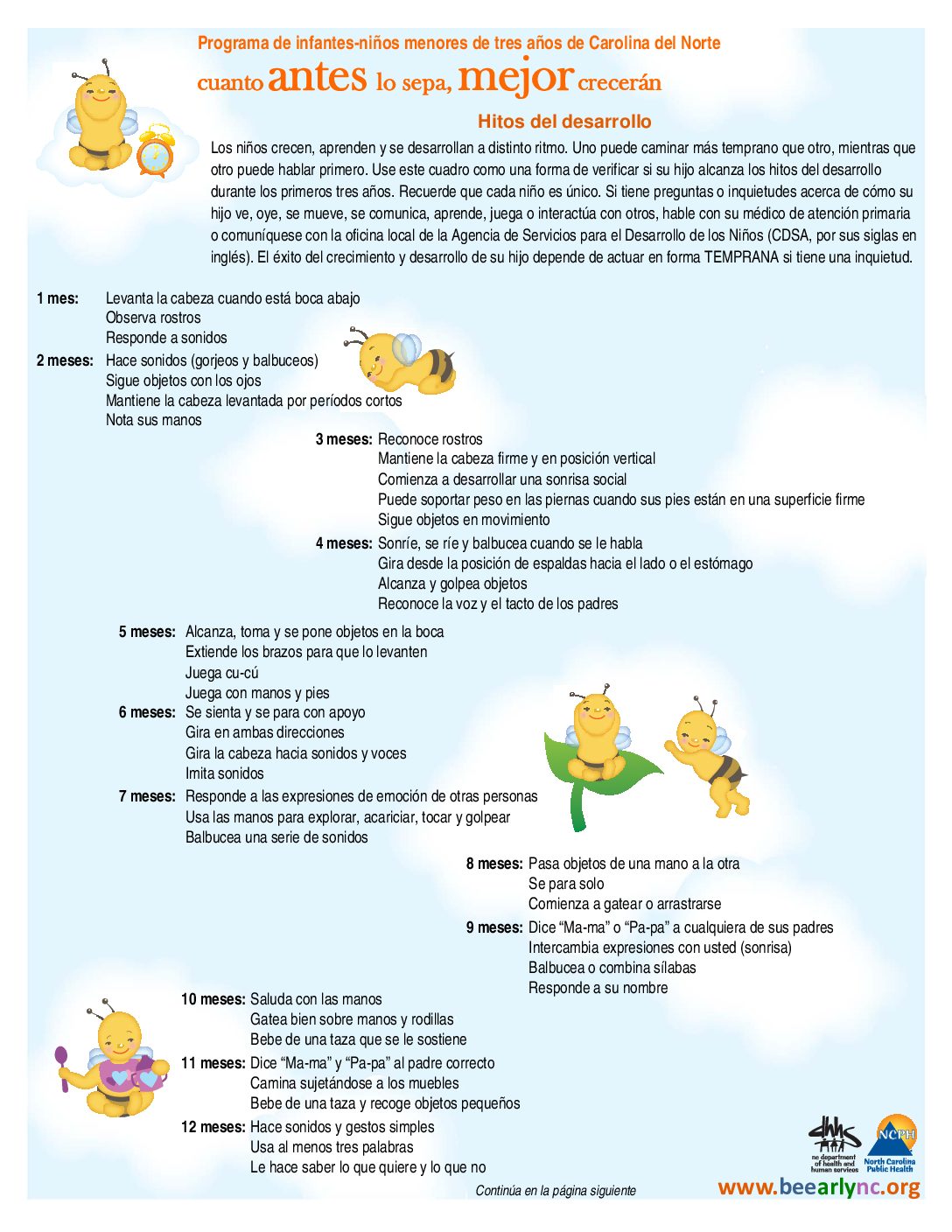
NC Infant-Toddler Program Developmental Milestones (Spanish)
The NCITP Milestones Chart helps parents determine whether their child is meeting developmental milestones during the first three years.
Categories: Development Delay, Speech and Language, Spanish, Early Intervention
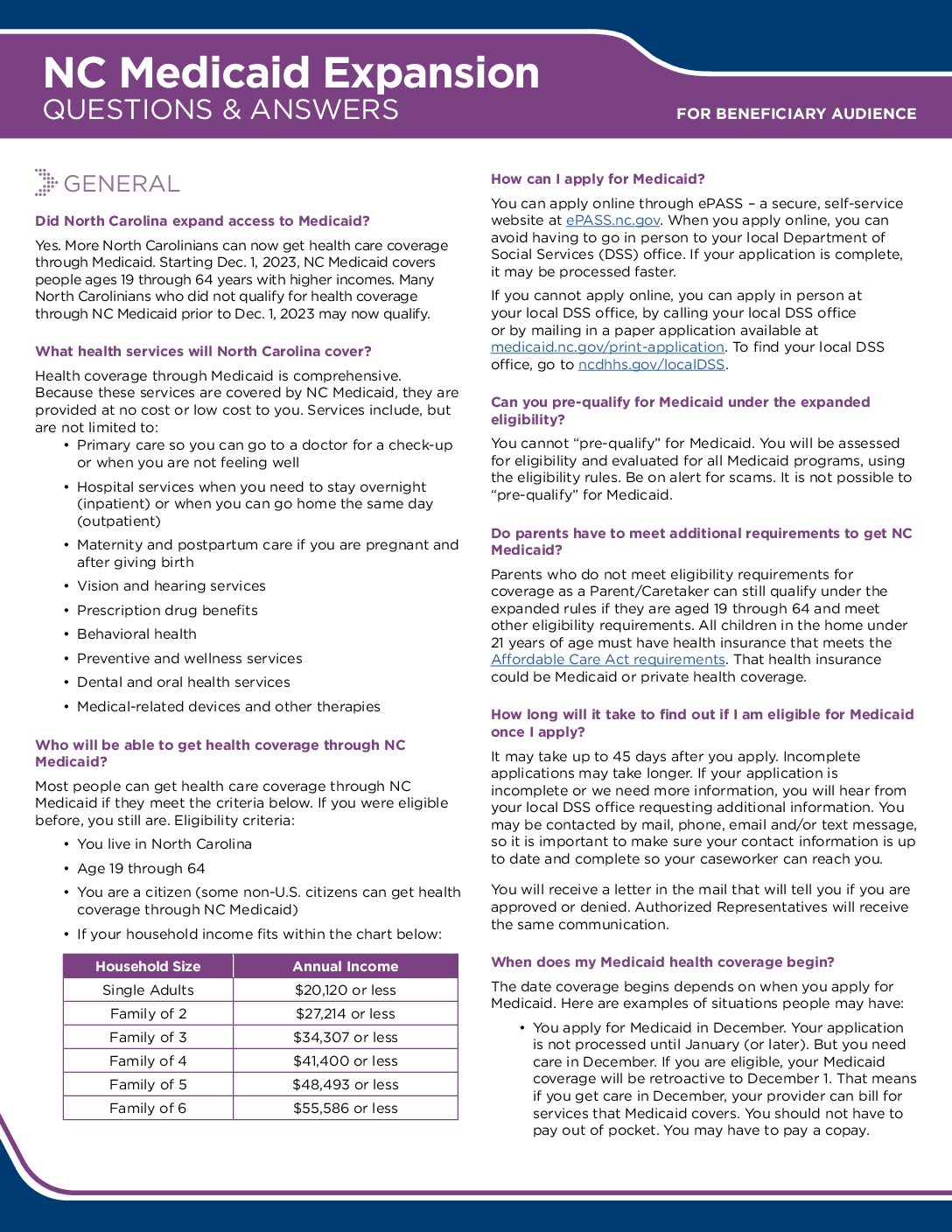
NC Medicaid Expansion - Questions & Answers
Categories: Medicaid and Medicaid Waivers
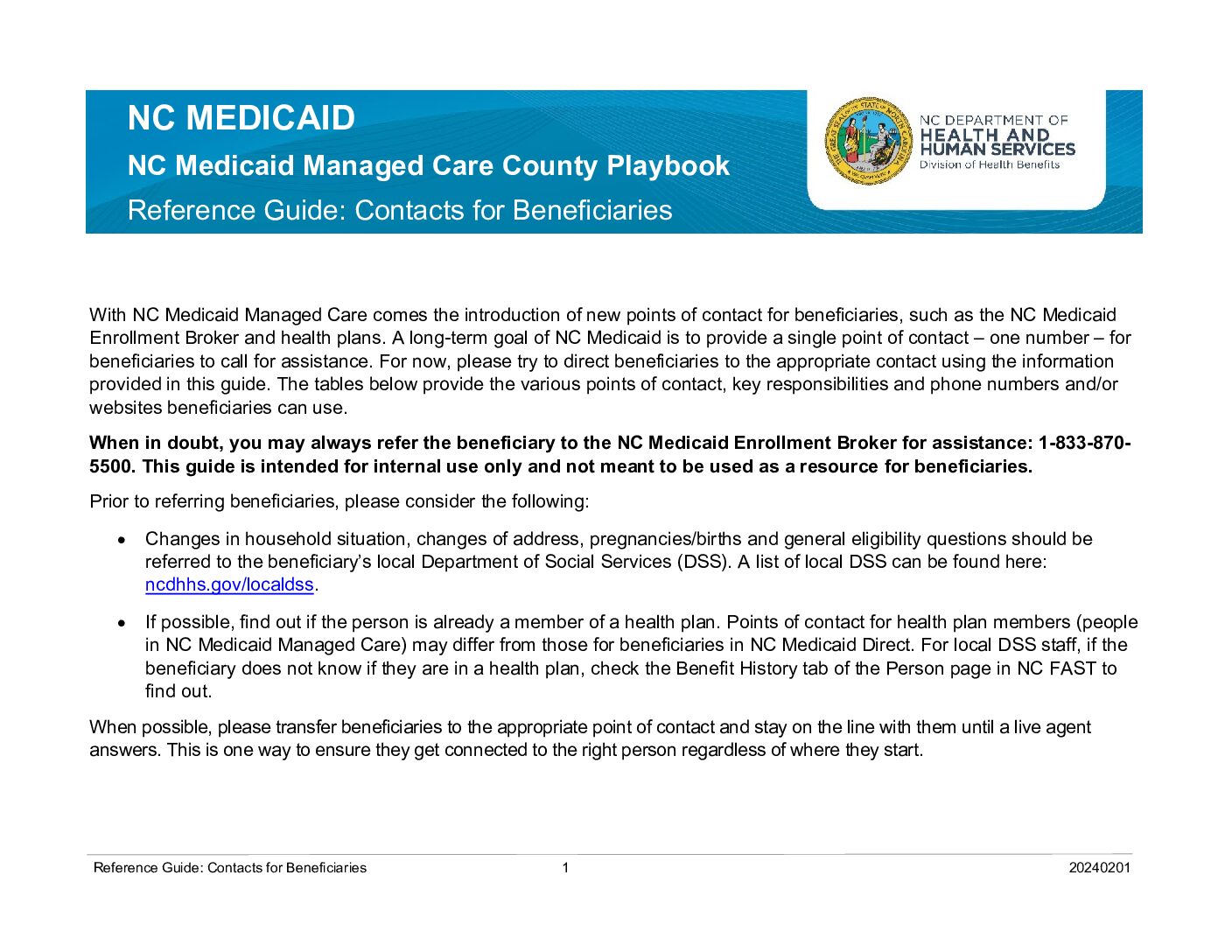
NC Medicaid Managed Care County Playbook Reference Guide: Contacts for Beneficiaries
With NC Medicaid Managed Care comes the introduction of new points of contact for beneficiaries, such as the NC Medicaid Enrollment Broker and health plans
Categories: Medicaid and Medicaid Waivers
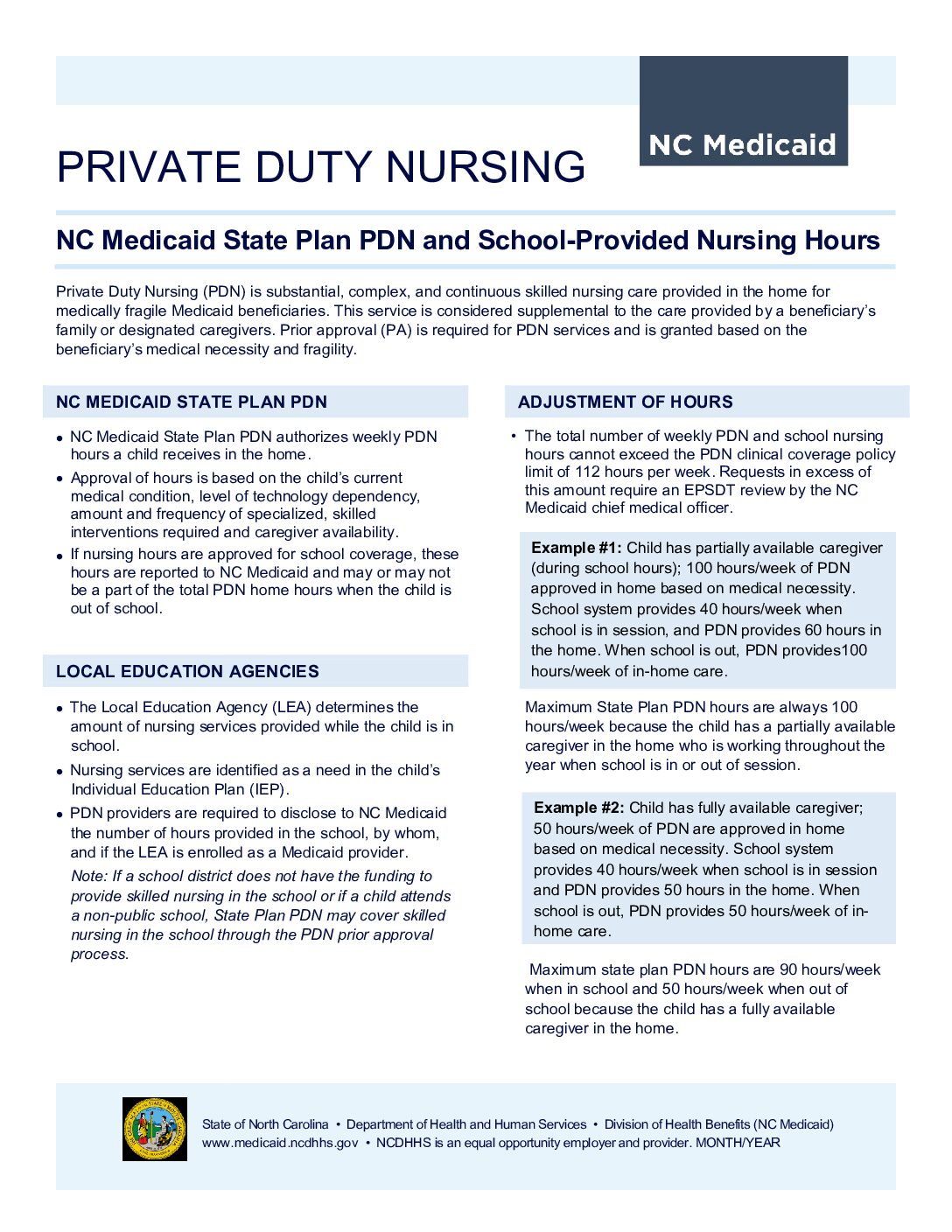
NC Medicaid State Plan Private Duty Nursing & School-Provided Nursing Hours
Categories: Medicaid and Medicaid Waivers
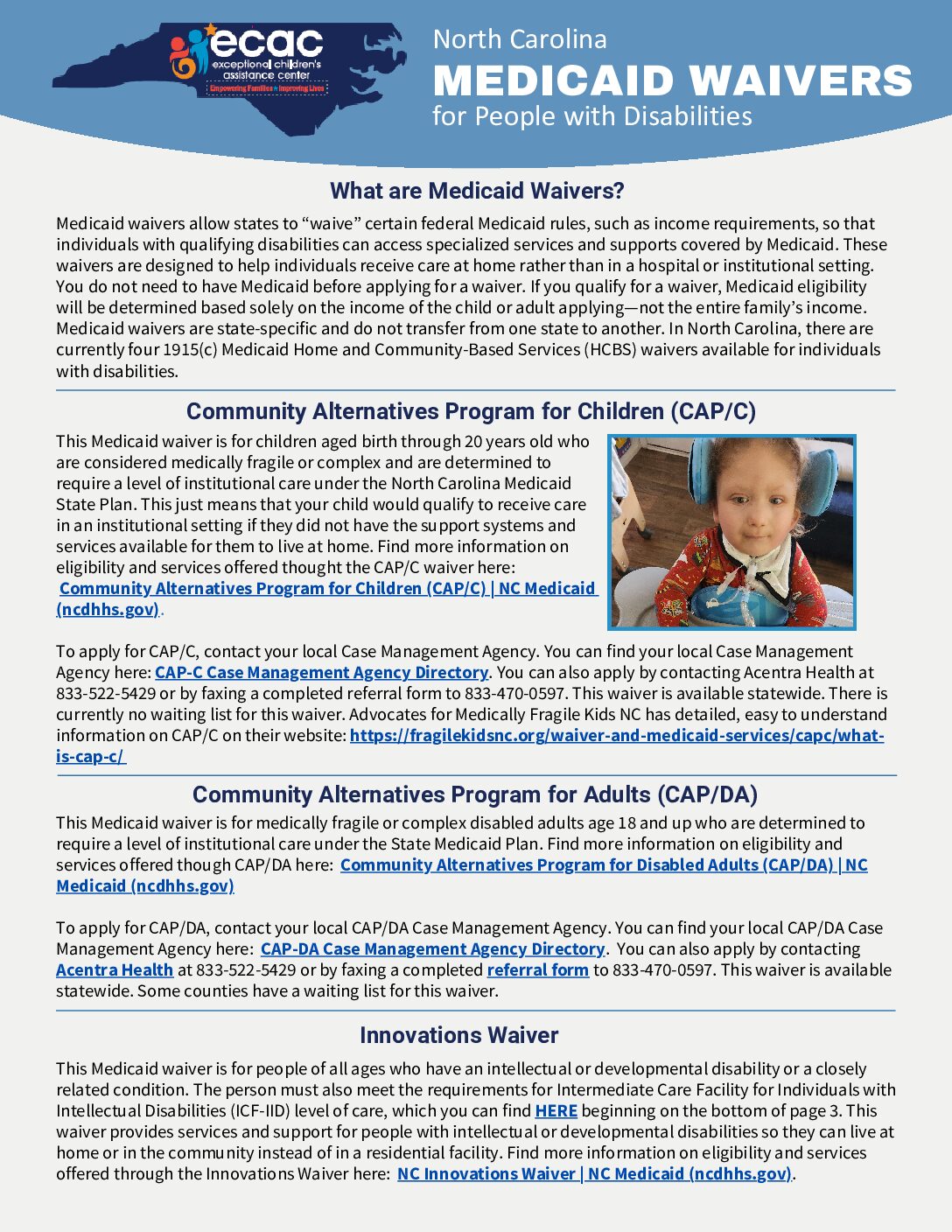
NC Medicaid Waivers for People with Disabilities
Medicaid waivers allow states to “waive” certain federal Medicaid rules, such as income requirements, so that individuals with qualifying disabilities can access specialized services and supports covered by Medicaid. These waivers are designed to help individuals receive care at home rather than in a hospital or institutional setting.
Categories: Medicaid and Medicaid Waivers
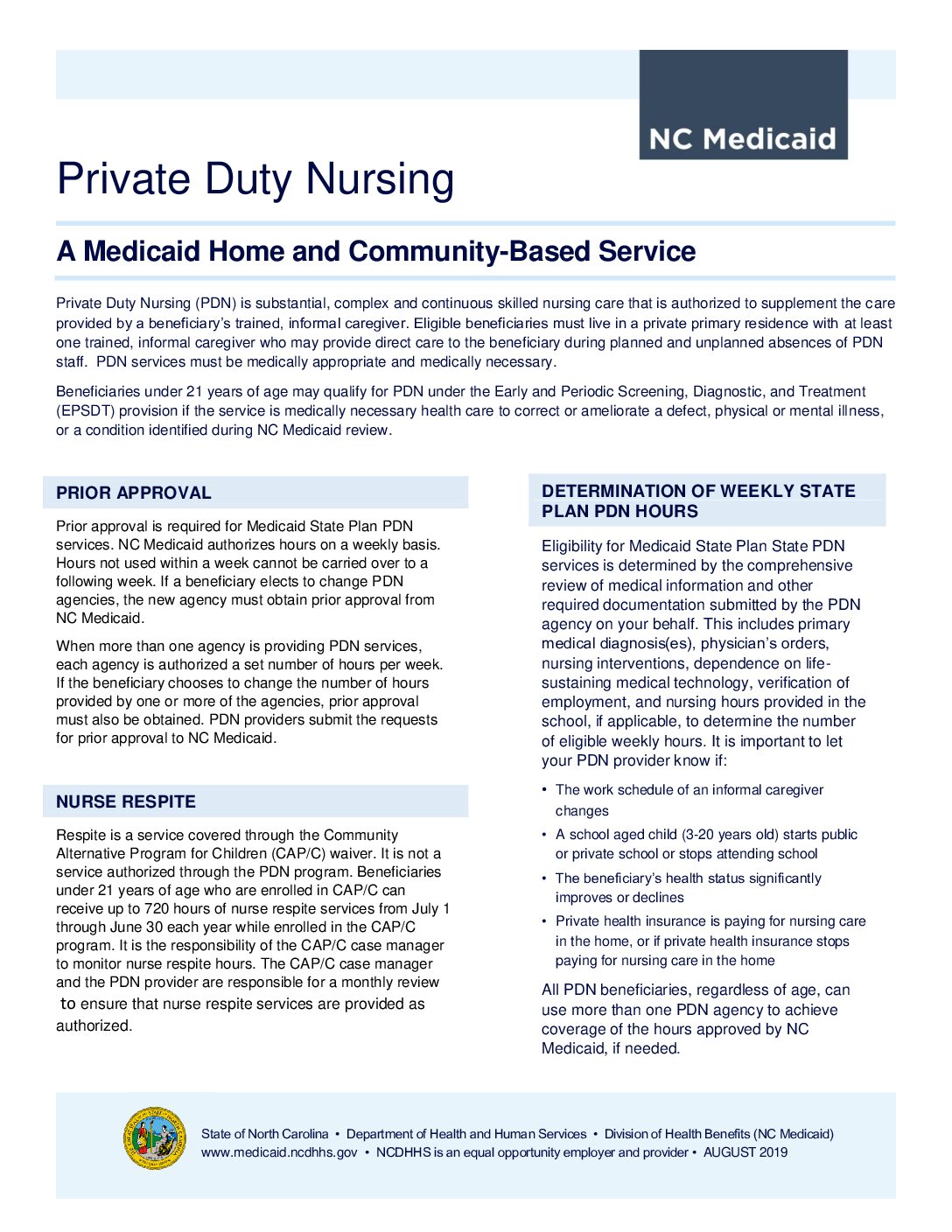
NC Medicaid: Private Duty Nursing
A Medicaid Home and Community-Based Service. Private Duty Nursing (PDN) is substantial, complex and continuous skilled nursing care that is authorized to supplement the care provided by a beneficiary’s trained, informal caregiver. Eligible beneficiaries must live in a private primary residence with at least one trained, informal caregiver who may provide direct care to the beneficiary during planned and unplanned absences of PDN staff. PDN services must be medically appropriate and medically necessary.
Categories: Medicaid and Medicaid Waivers
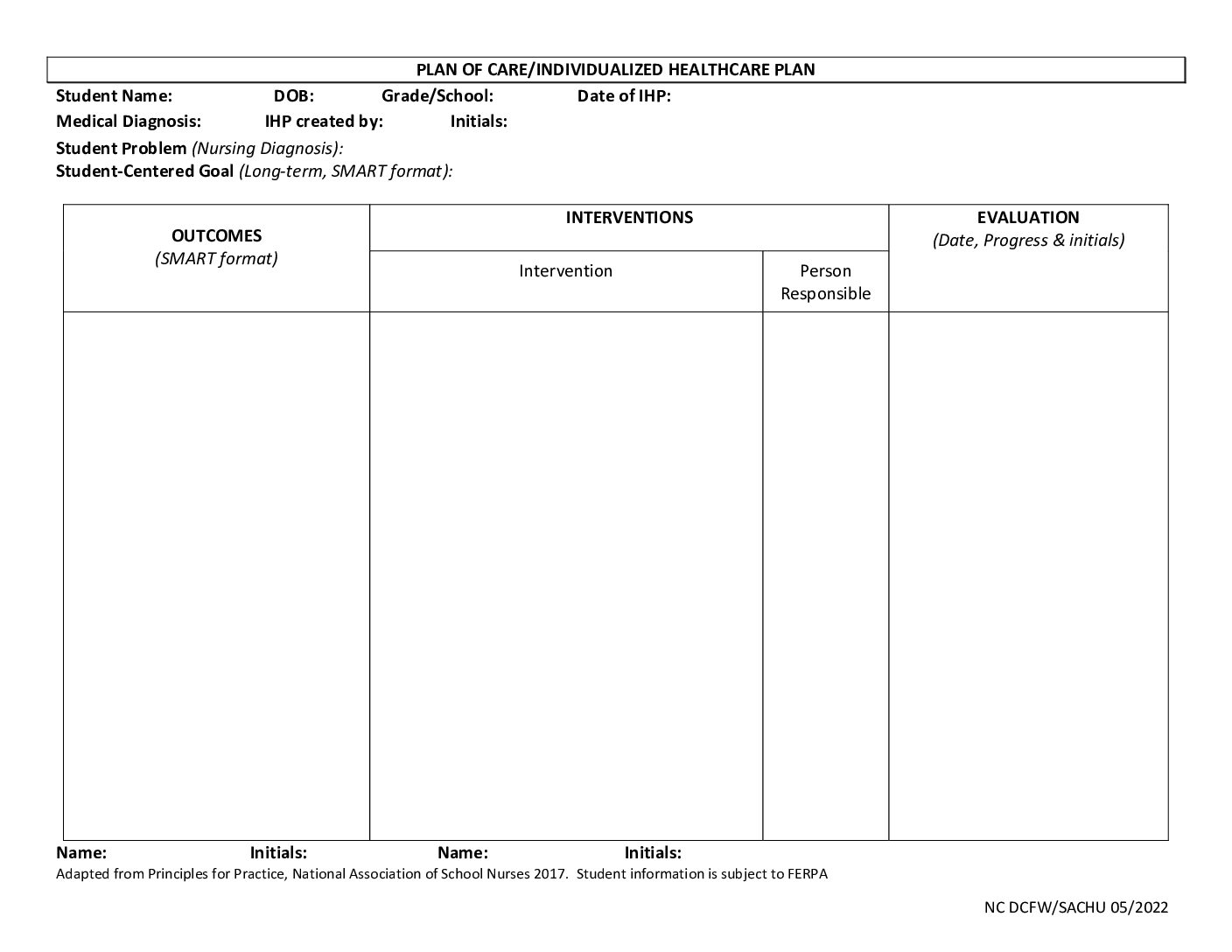
NC Plan of Care/Individualized Healtcare Plan Template
Categories: Disability and Health Condition Specific Information

NC START
The NC START program provides prevention and intervention services to individuals with intellectual/ developmental disabilities and complex behavioral needs through crisis response, training, consultation, and education.
Categories: Residential Treatment - Crisis Intervention Services
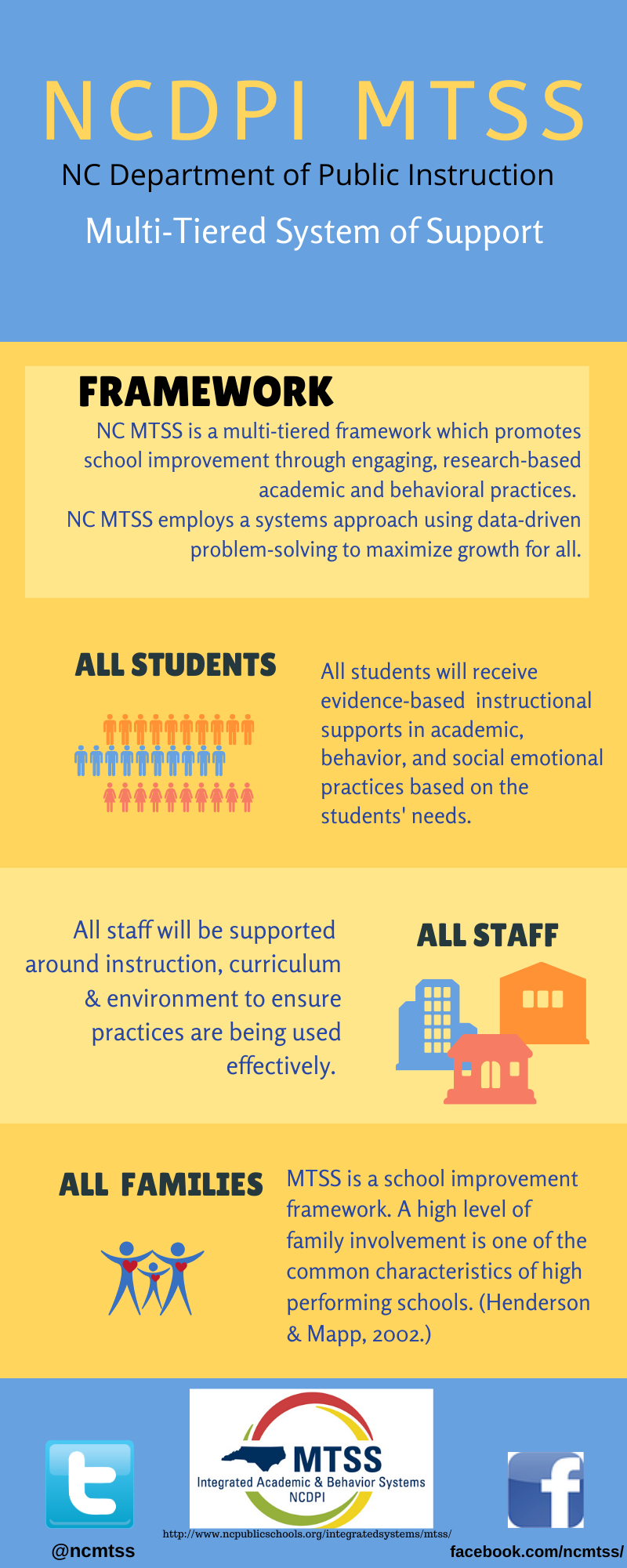
NCDPI Multi-Tiered System of Support (MTSS) Infographic for Families
NC MTSS is a multi-tiered framework which promotes school improvement through engaging, research-based academic and behavioral practices as well as Social Emotional Learning (SEL). NC MTSS employs a systems approach using data-driven problem-solving to maximize growth for all.
Categories: Behavior, MTSS
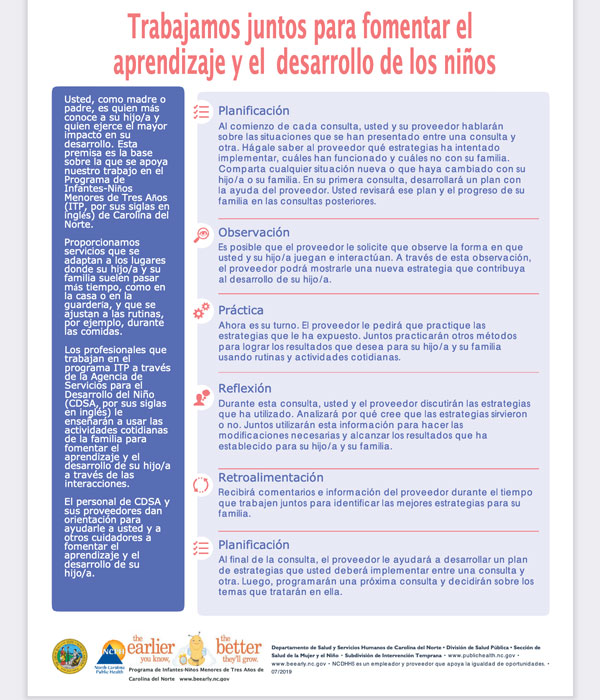
NCITP: Trabajando Juntos para Apoyar el Aprendizaje y el Desarrollo de los Niños (NCITP: Working Together to Support Children's Learning and Development)
Working Together to Support Children's Learning and Development outlines how CDSA staff and community providers use coaching to help caregivers support their children's learning and development.
Categories: Early Intervention, Family Engagement, Spanish
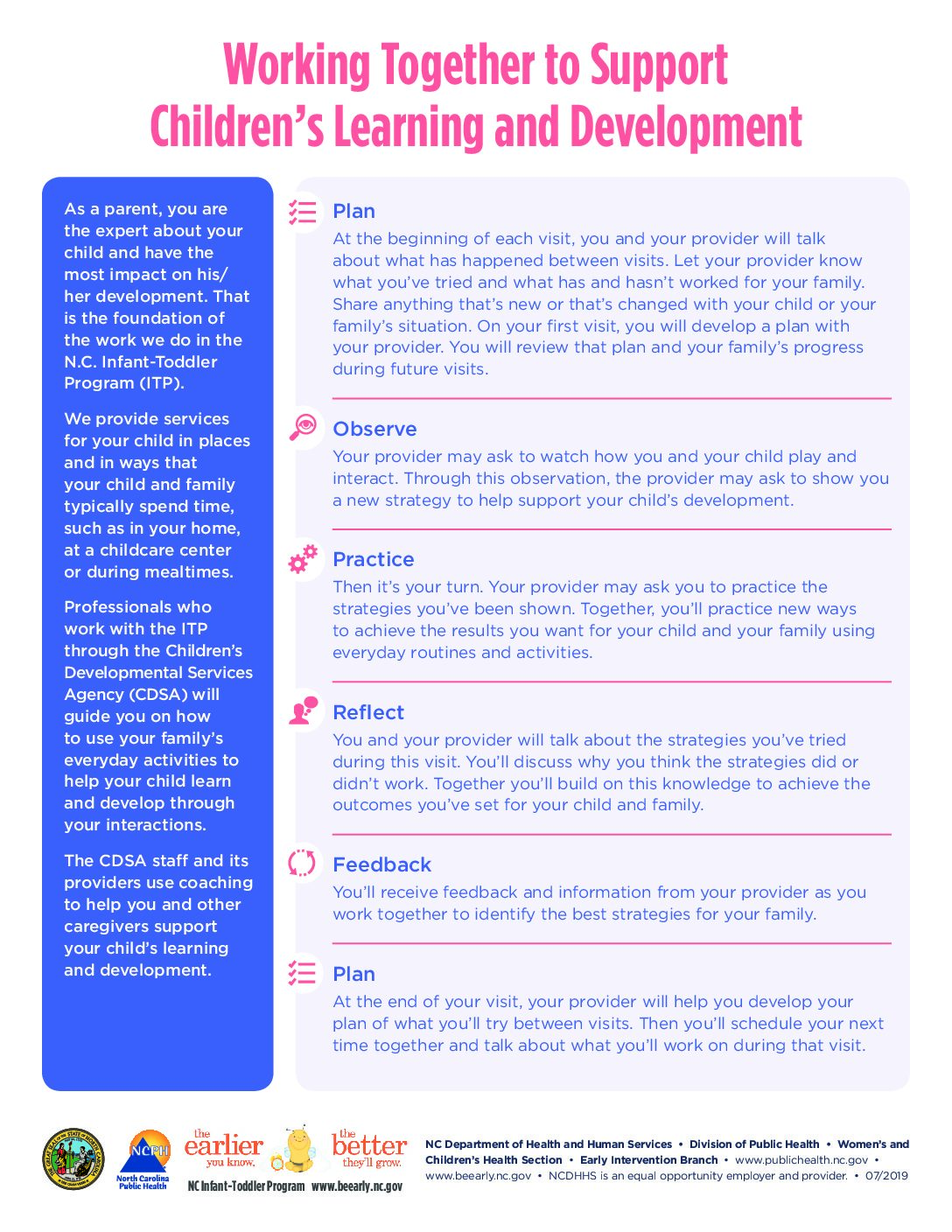
NCITP: Working Together to Support Children's Learning and Development
Working Together to Support Children's Learning and Development outlines how CDSA staff and community providers use coaching to help caregivers support their children's learning and development.
Categories: Family Engagement, Early Intervention
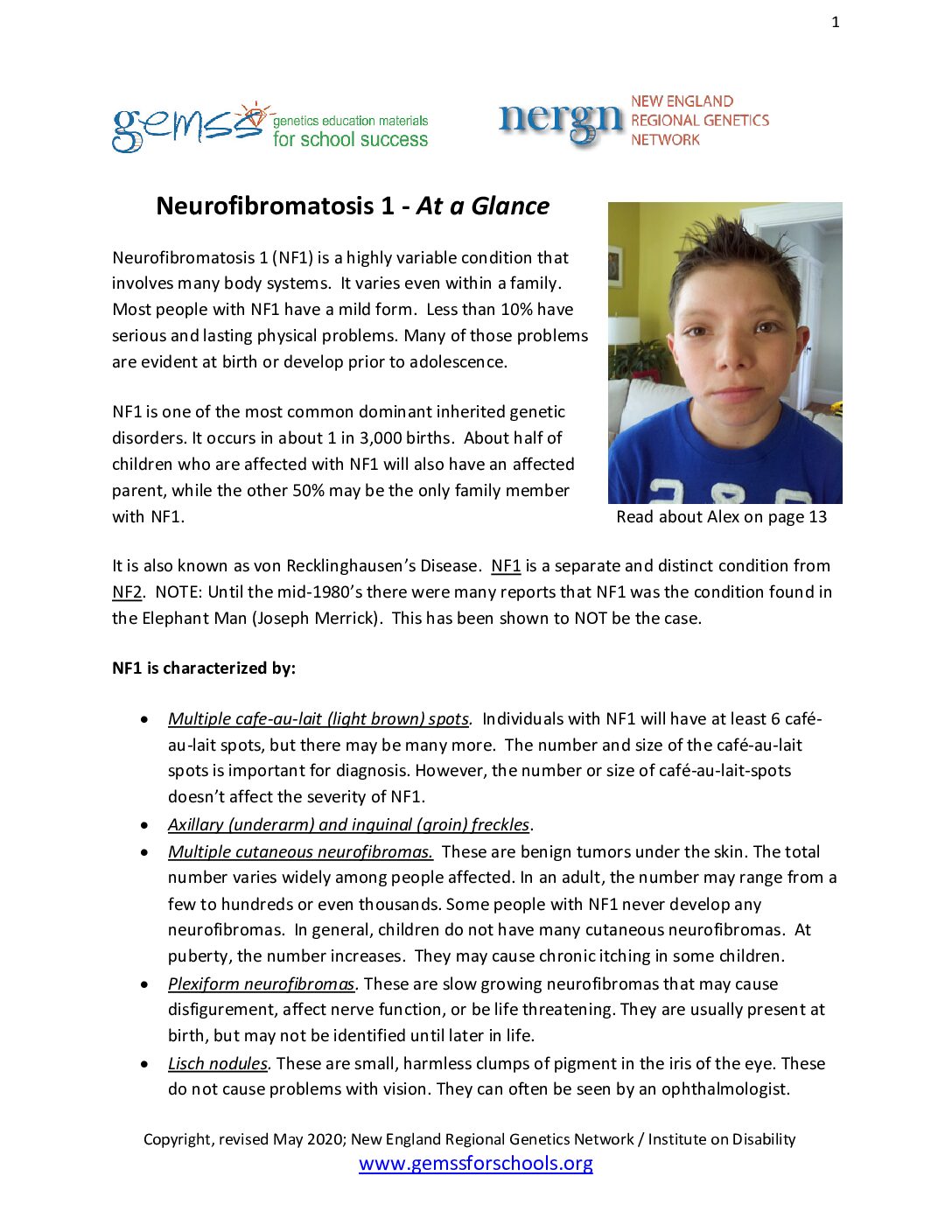
Neurofibromatosis 1 -At a Glance
Genetic Education Materials for School Success (GEMSS) provides a family-friendly starting point to help family members learn more about genetic conditions and offers ideas to encourage inclusion and participation in the classroom. GEMSS shares condition-specific information and resources for multiple audiences, including families, professionals, healthcare providers, and schools. Contributors to GEMSS come from clinical, public health, advocacy, and academic settings. All content has been vetted by clinical and family experts.
Categories: Disability and Health Condition Specific Information
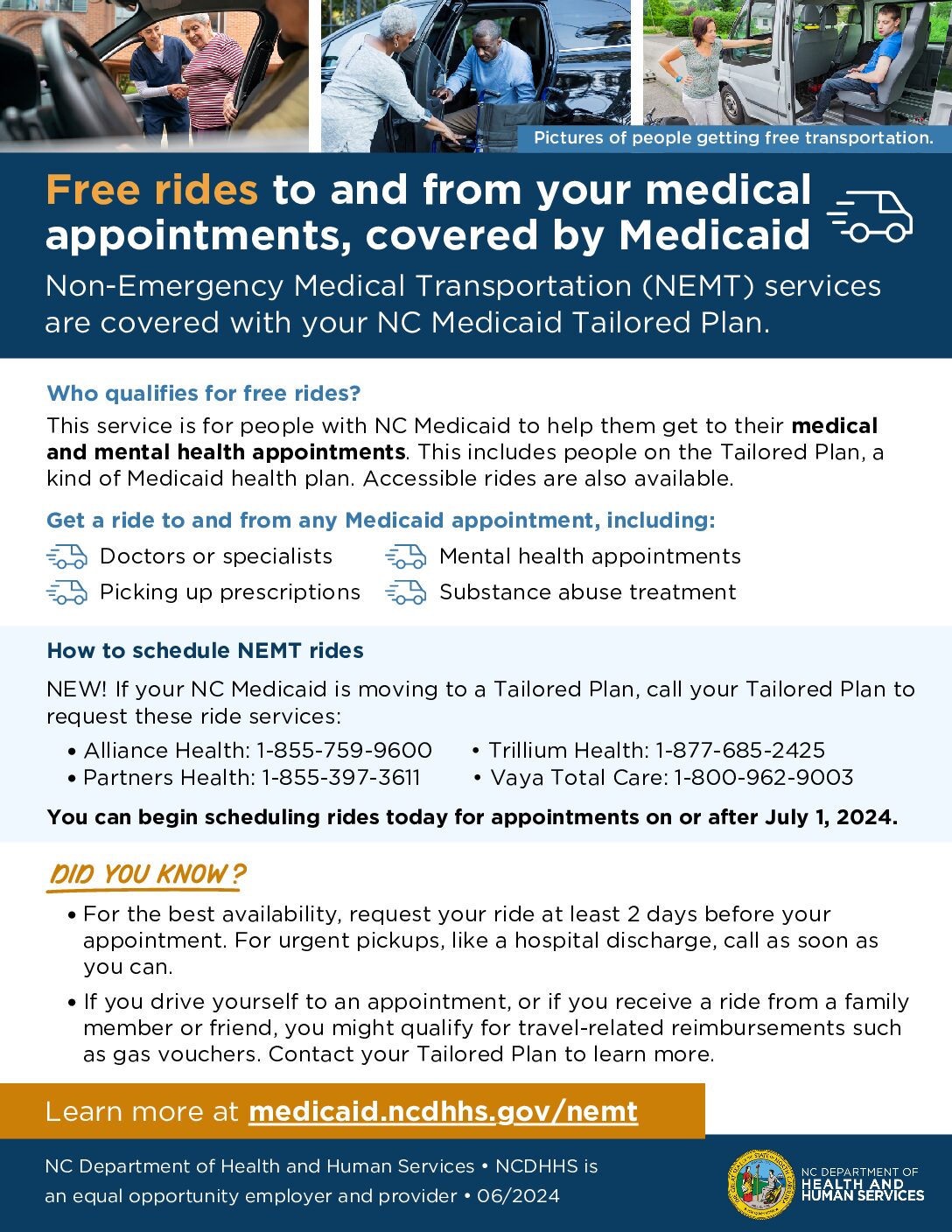
Non-Emergency Medical Transportation (NEMT) Services - NC Medicaid Tailored Plan.
This service is for people with NC Medicaid to help them get to their medical and mental health appointments. This includes people on the Tailored Plan, a kind of Medicaid health plan. Accessible rides are also available
Categories: Medicaid and Medicaid Waivers
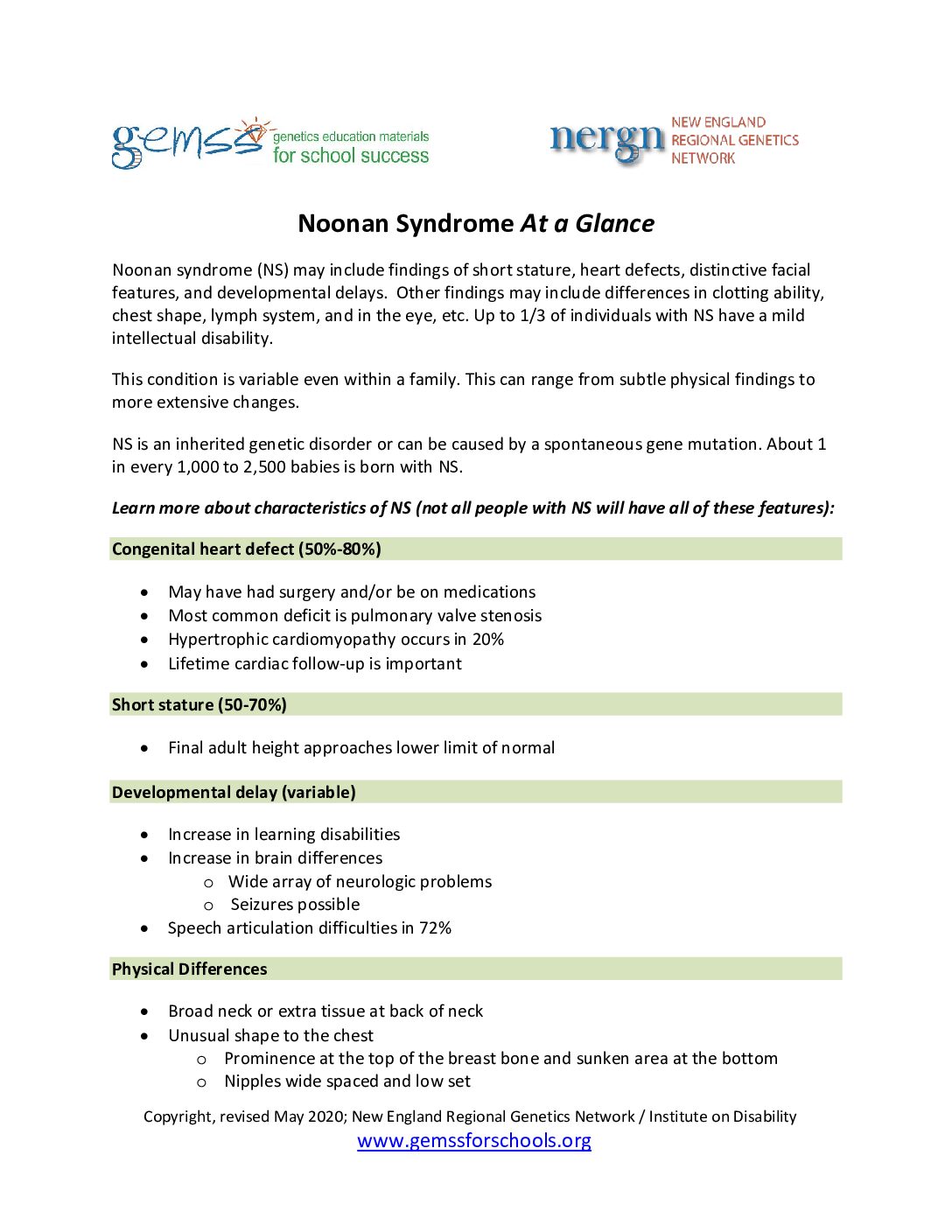
Noonan Syndrome At a Glance
Genetic Education Materials for School Success (GEMSS) provides a family-friendly starting point to help family members learn more about genetic conditions and offers ideas to encourage inclusion and participation in the classroom. GEMSS shares condition-specific information and resources for multiple audiences, including families, professionals, healthcare providers, and schools. Contributors to GEMSS come from clinical, public health, advocacy, and academic settings. All content has been vetted by clinical and family experts.
Categories: Disability and Health Condition Specific Information
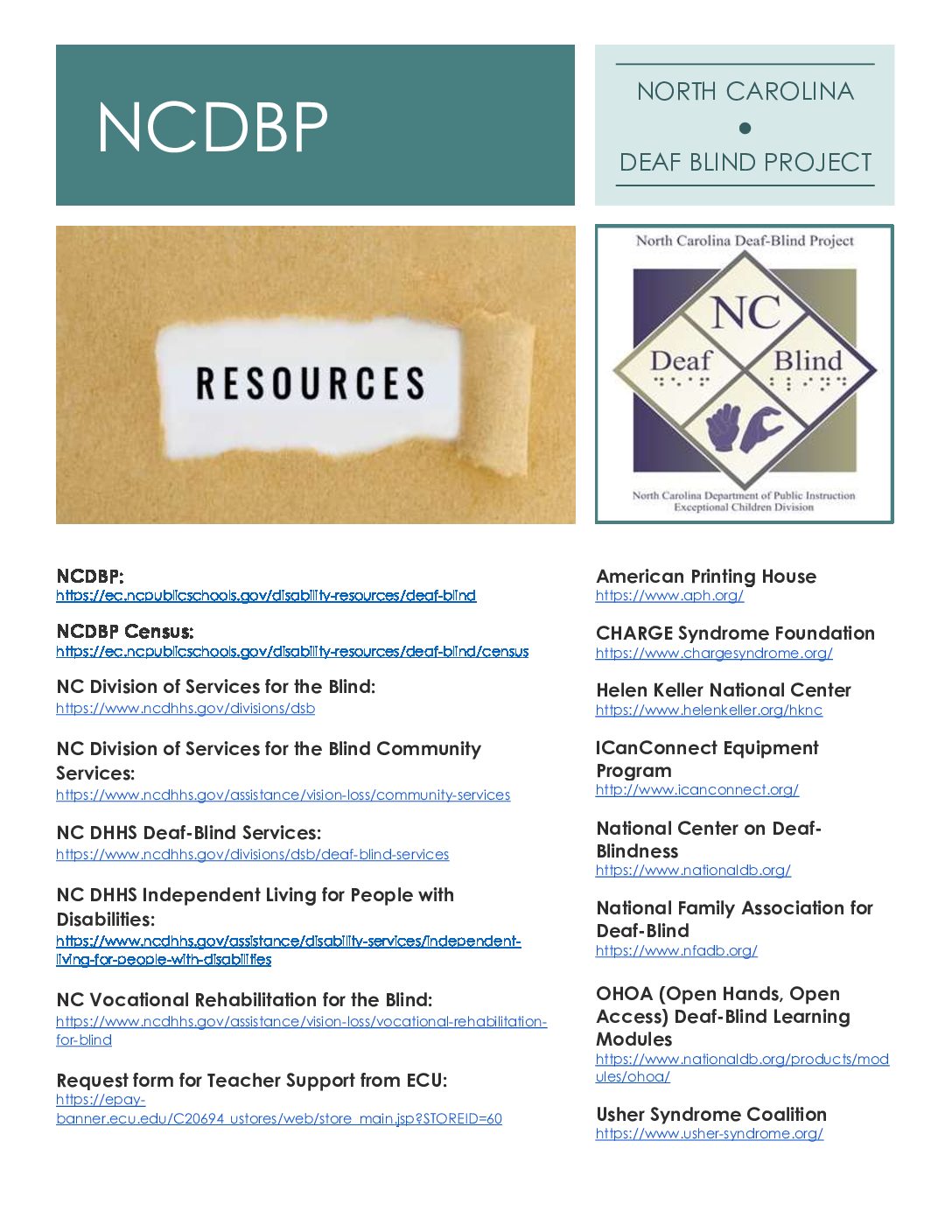
North Carolina Deaf-Blind Project Resources
A collection of state and national resources for deaf-blind families and professionals.
Categories: NC Deaf-Blind Project
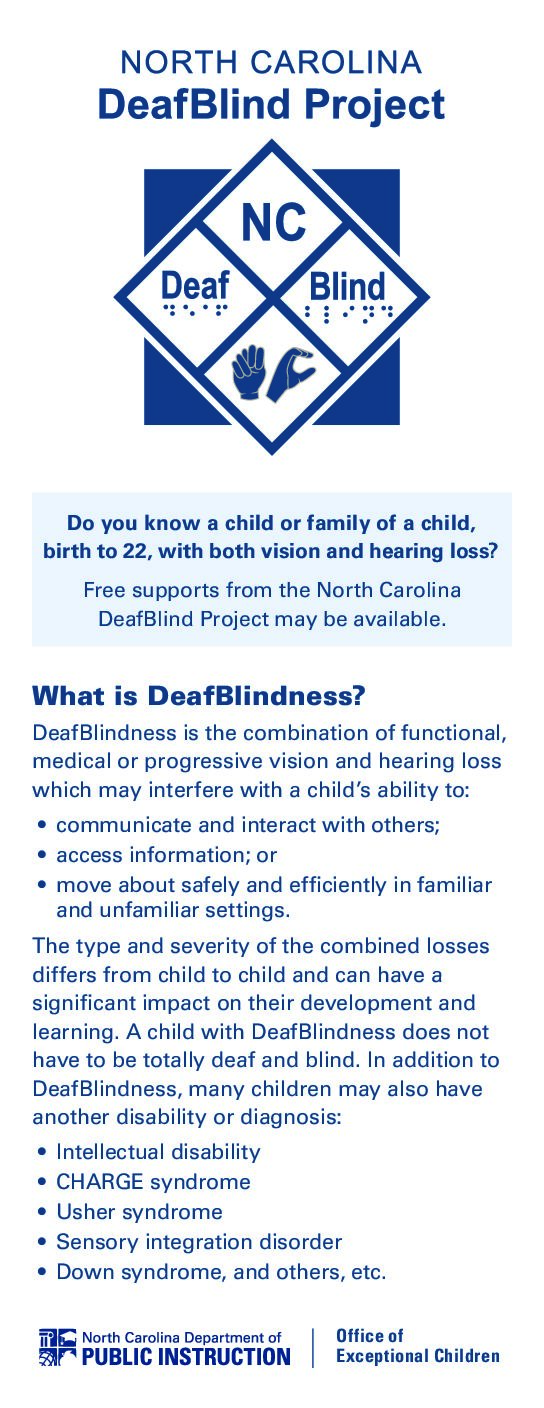
North Carolina DeafBlind Project Fact Card
The NCDBP is a project of the NC Department of Public Instruction, Exceptional Children Division through funding from the U.S. Department of Education - Office of Special Education Programs.
Categories: NC Deaf-Blind Project
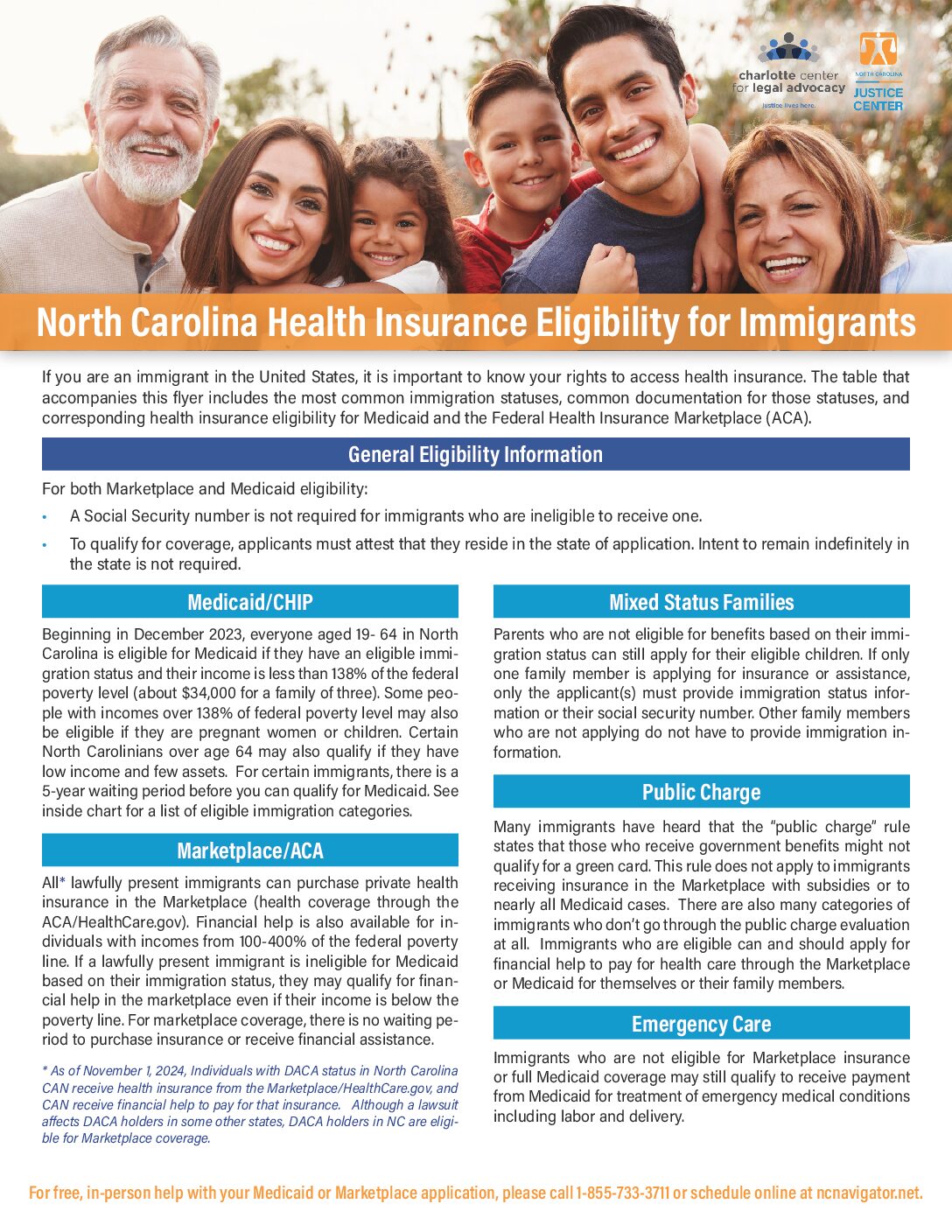
North Carolina Health Insurance Eligibility for Immigrants
If you are an immigrant in the United States, it is important to know your rights to access health insurance. The table that accompanies this flyer includes the most common immigration statuses, common documentation for those statuses, and corresponding health insurance eligibility for Medicaid and the Federal Health Insurance Marketplace (ACA).
Categories: Medicaid and Medicaid Waivers
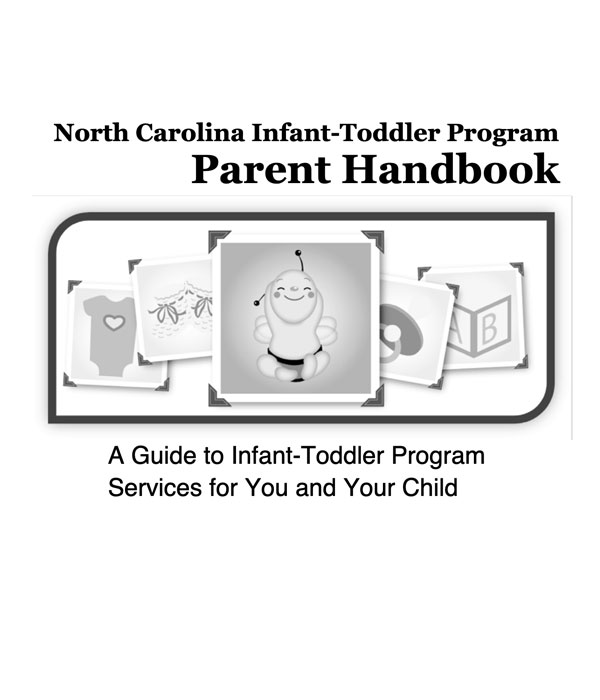
North Carolina Infant-Toddler Program Parent Handbook
The NC ITP Parent Handbook helps parents understand the role and philosophy of the Infant-Toddler Program and answers key questions concerning its policies and procedures.
Categories: Early Childhood, Early Intervention
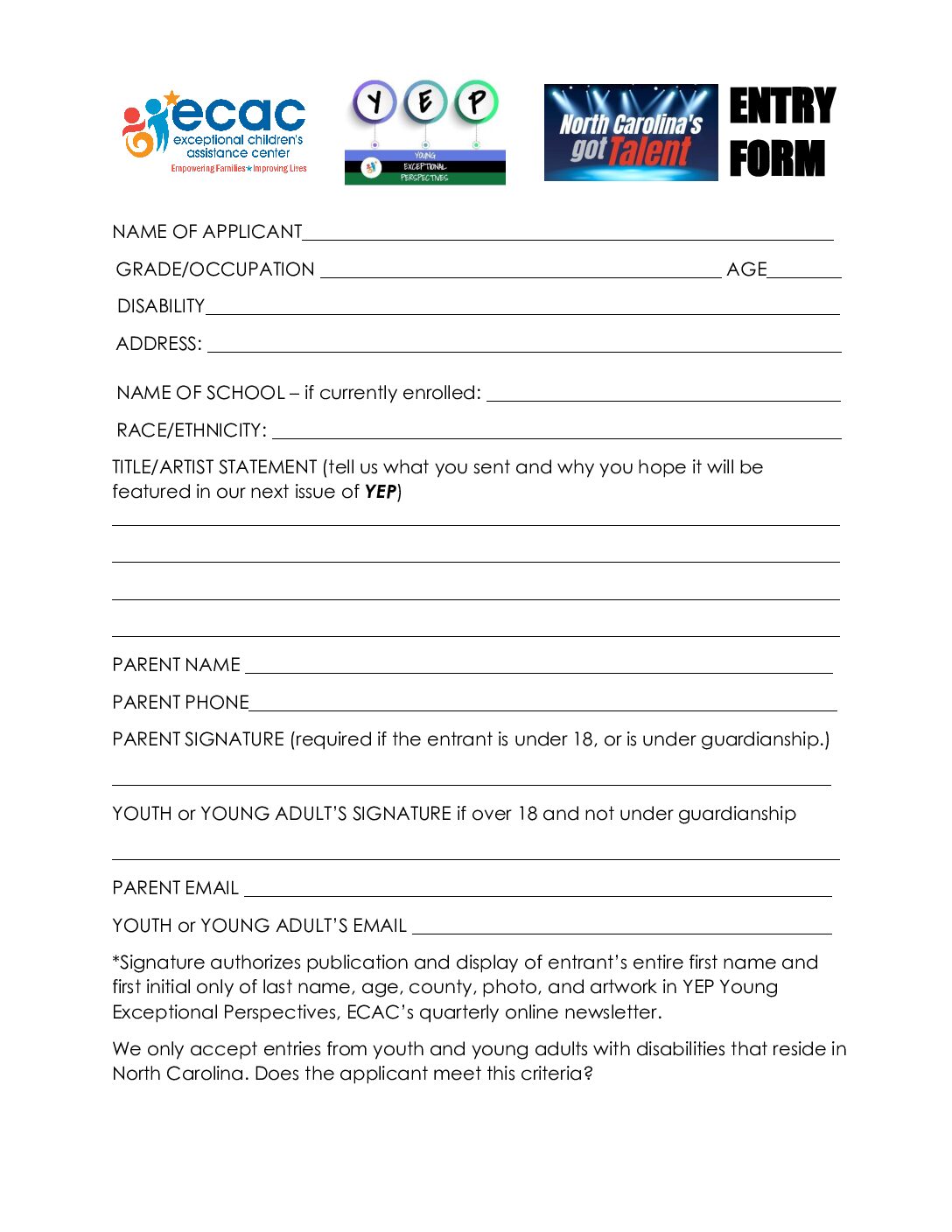
North Carolina's Got Talent! Application
YEP's NCGT column is here to put a spotlight on the many talents and abilities of NC Youth & Young Adults with Disabilities ages 5 to 26. The format of submissions can be a poem, artwork, blog, video, song, essay, article, presentation, an "About me" article, you name it. ECAC's Youth Advisory Team will review the submissions and choose which ones to feature in our next newsletter. Selected entries will receive a $25 gift card in the mail! Click the link below for the application.
Categories: Advocacy, Transition to Adulthood, Transition-age Youth
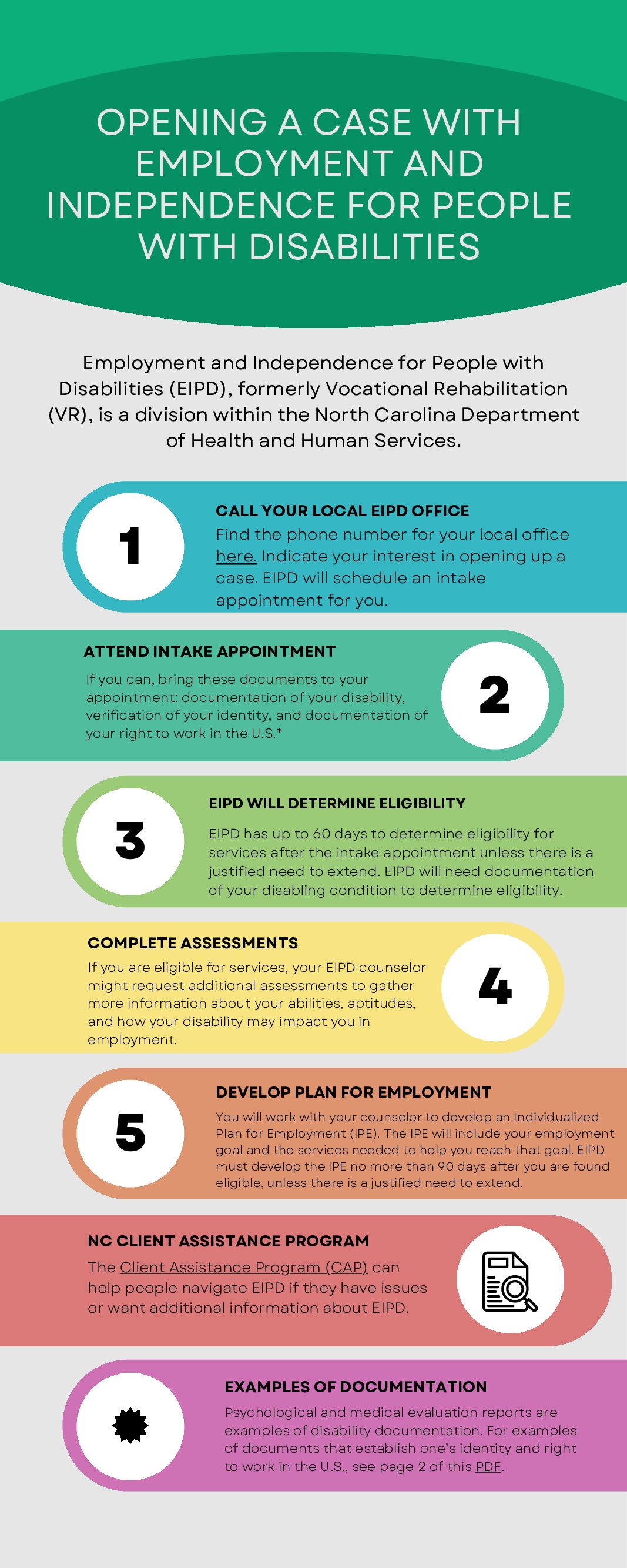
Opening a Case with Employment and Independence for People with Disabilities (EIPD)
Categories: Transition to Adulthood, Transitions
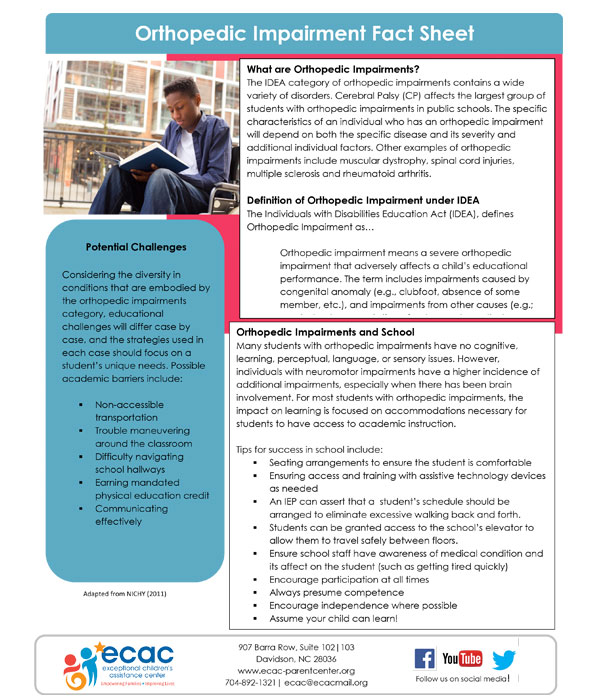
Orthopedic Impairment Fact Sheet
The IDEA category of orthopedic impairments contains a wide variety of disorders. Cerebral Palsy (CP) affects the largest group of students with orthopedic impairments in public schools...
Categories: Orthopedic Impairment
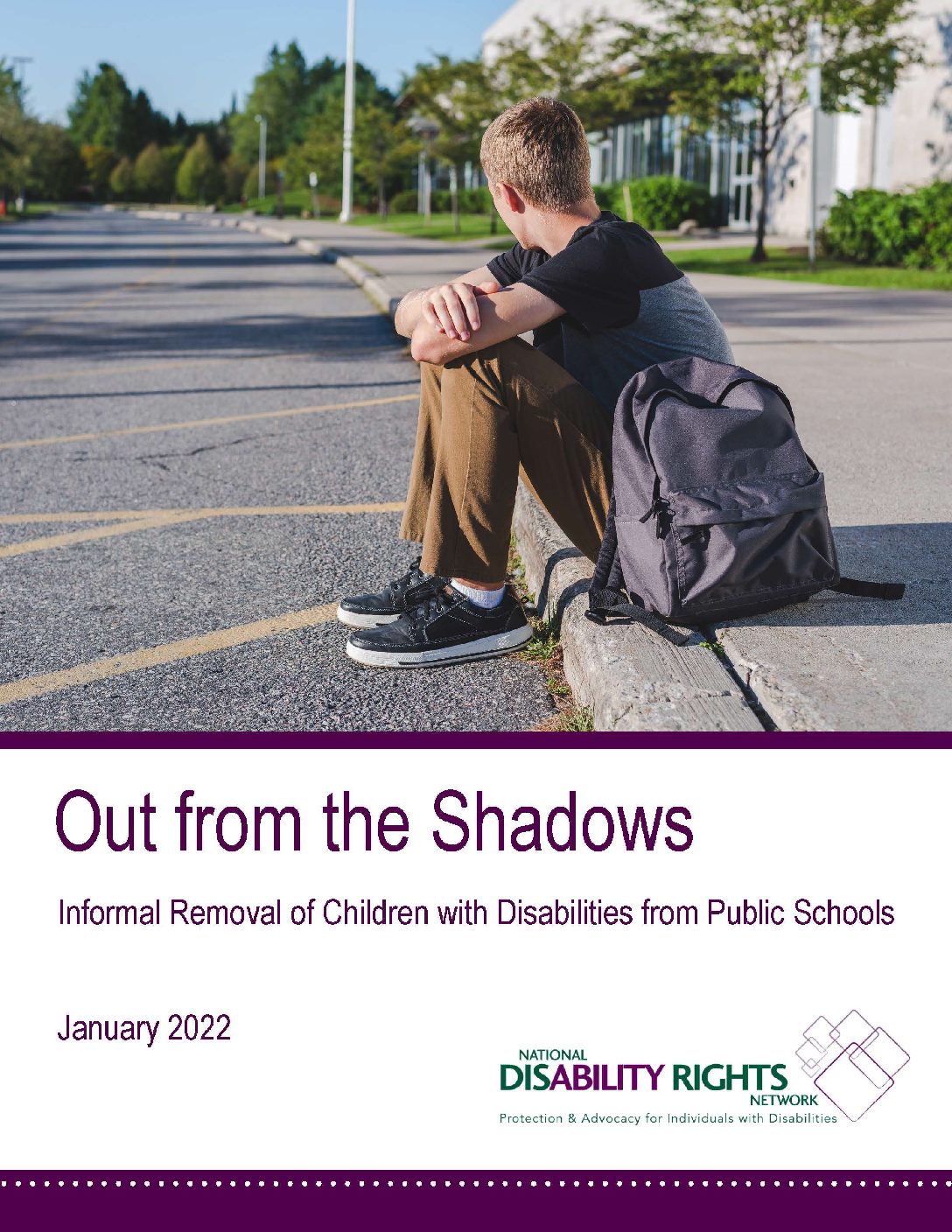
Out from the Shadows
Learn about informal removal of children with disabilities from public schools.
Categories: Behavior, Special Education
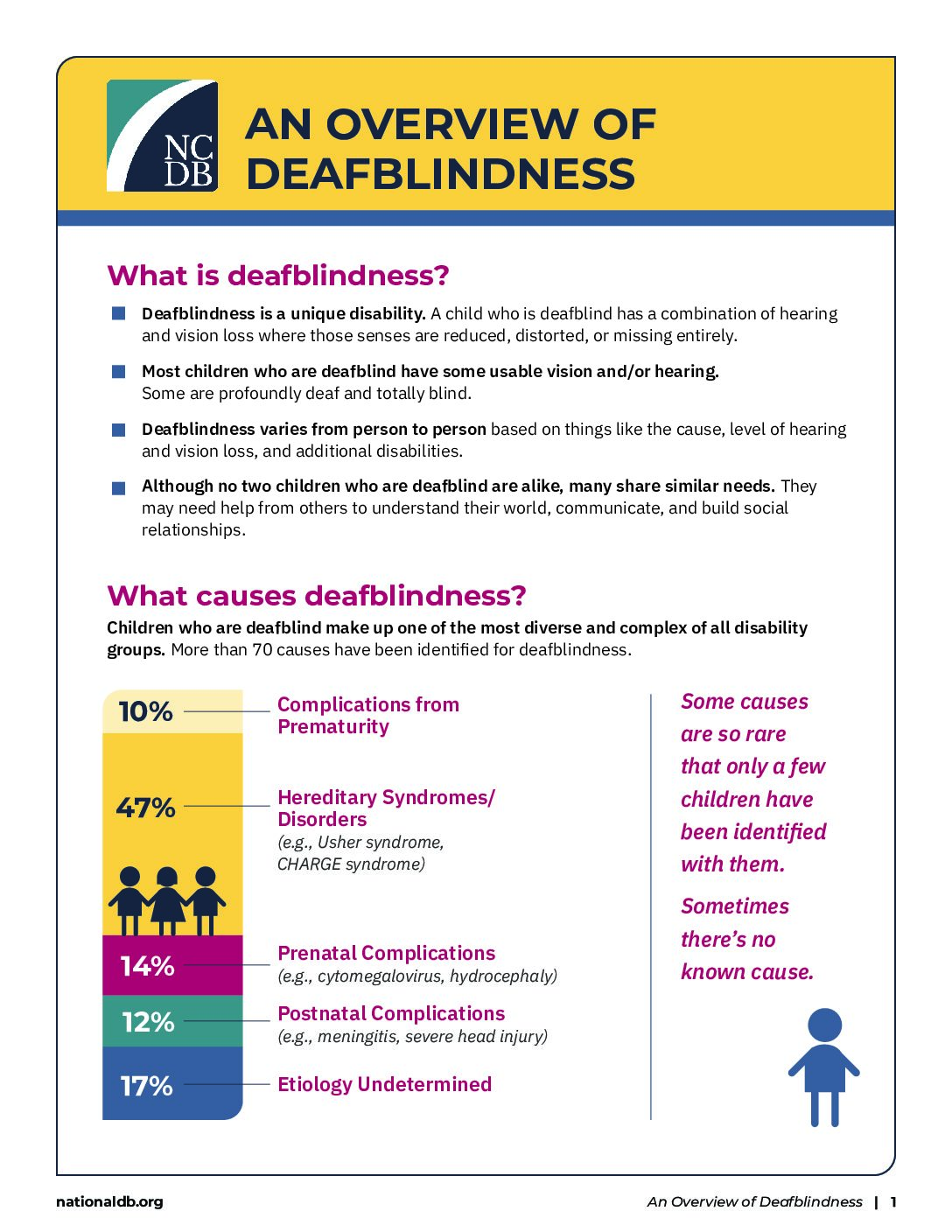
Overview of Deafblindness
In this factsheet you will learn what deafblindness is, how many children are affected, and how children who are deafblind communicate.
Categories: NC Deaf-Blind Project
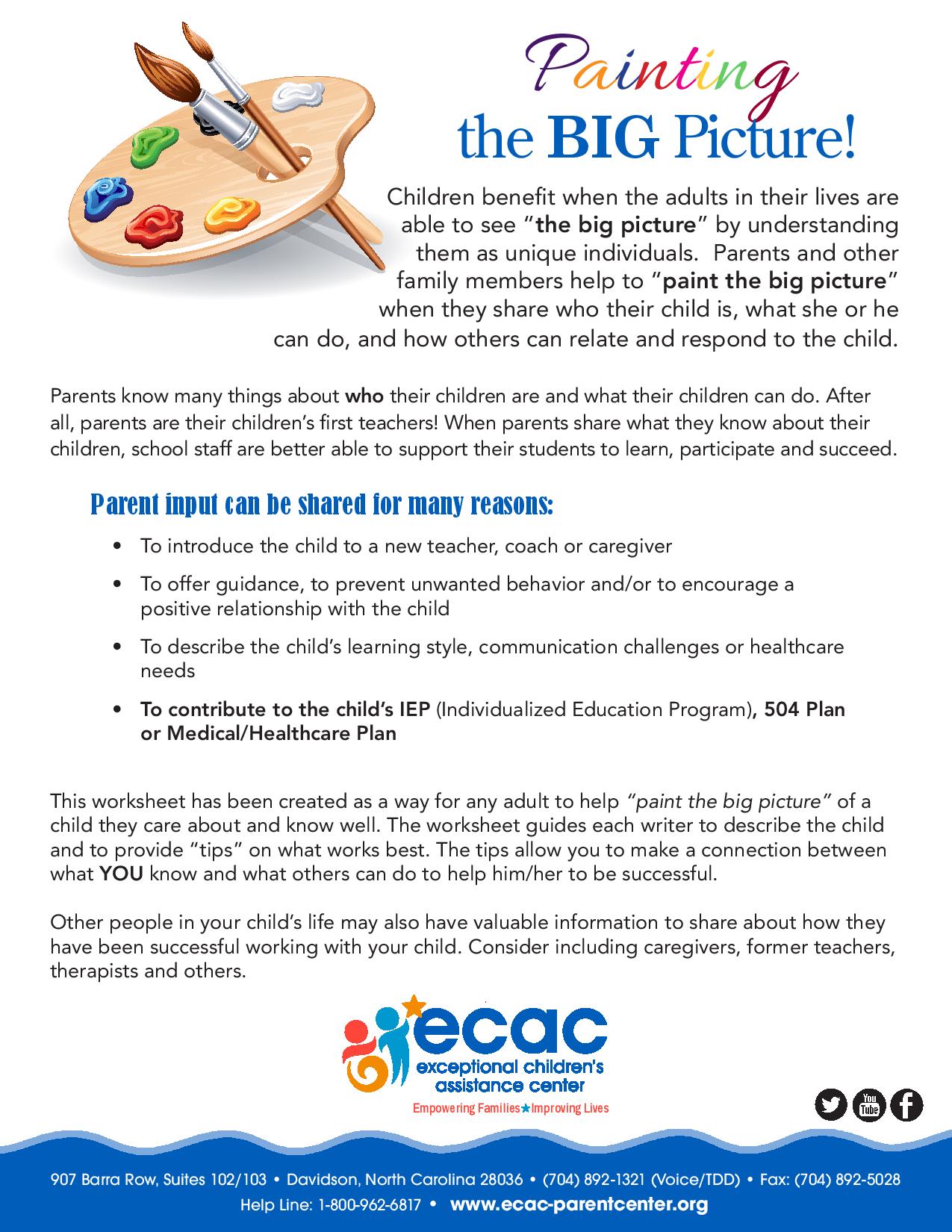
Painting the Big Picture
Painting the BIG Picture! This worksheet has been created as a way for any adult to help “paint the big picture” of a child they care about and know well. The worksheet guides each writer to describe the child and to provide “tips” on what works best. The tips allow you to make a connection between what YOU know and what others can do to help him/her to be successful.
Categories: Advocacy, Communication, General, Special Education
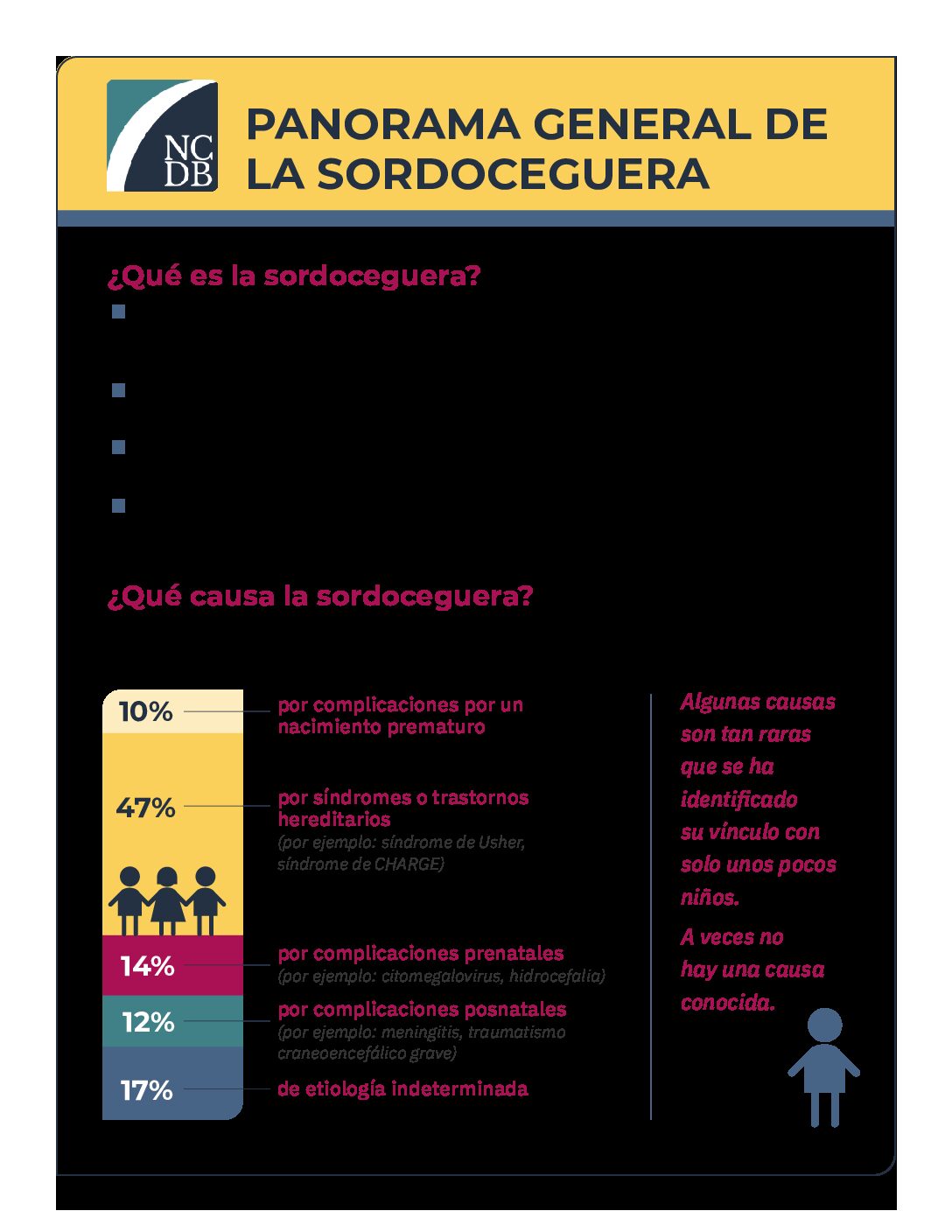
Panorama General De La Sordoceguera (Overview of Deafblindness)
Categories: NC Deaf-Blind Project, Spanish
Para Explorar El Liderazgo calendario de actividades (Explore Leadership: Activity Calendar)
¡FEBRERO es el MES NACIONAL DEL LIDERAZGO DE PADRES (FAMILIAR)! En su papel como padre, usted es un defensor y líder en la vida diaria de su familia. Sus experiencias y su conocimiento como miembro de familia son invaluables al momento de tomar decisiones en el campo de la educación. El Mes de Liderazgo de Padres es una oportunidad para honrar y celebrar el papel de los padres que son líderes, ya sea en el hogar, en la escuela, en la comunidad o a nivel local, estatal y nacional.
Categories: Family Engagement, Spanish
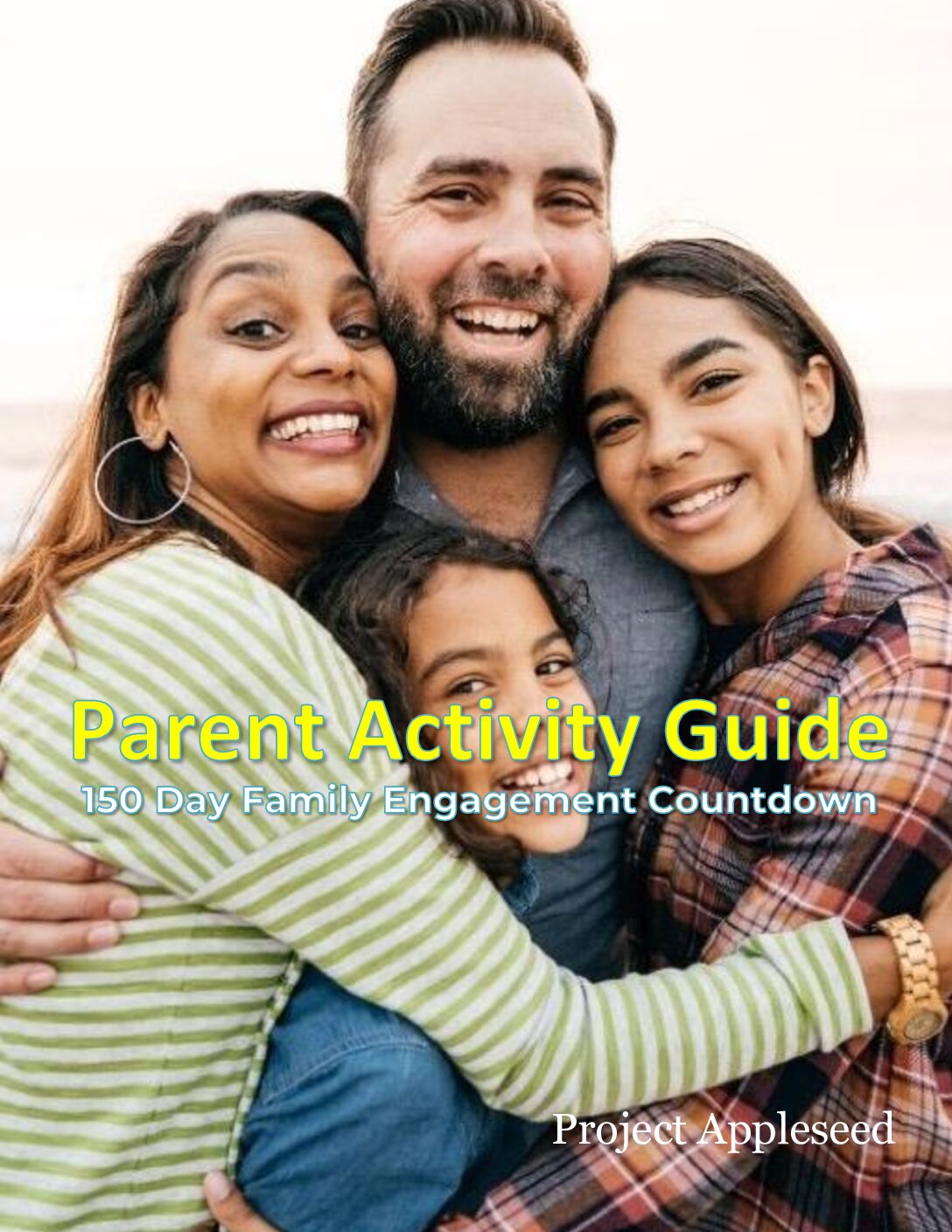
Parent Activity Guide from Appleseed
This guide is designed to provide educators and parent leaders with fun and engaging activities that promote student success and family involvement in education.
Categories: Family Engagement
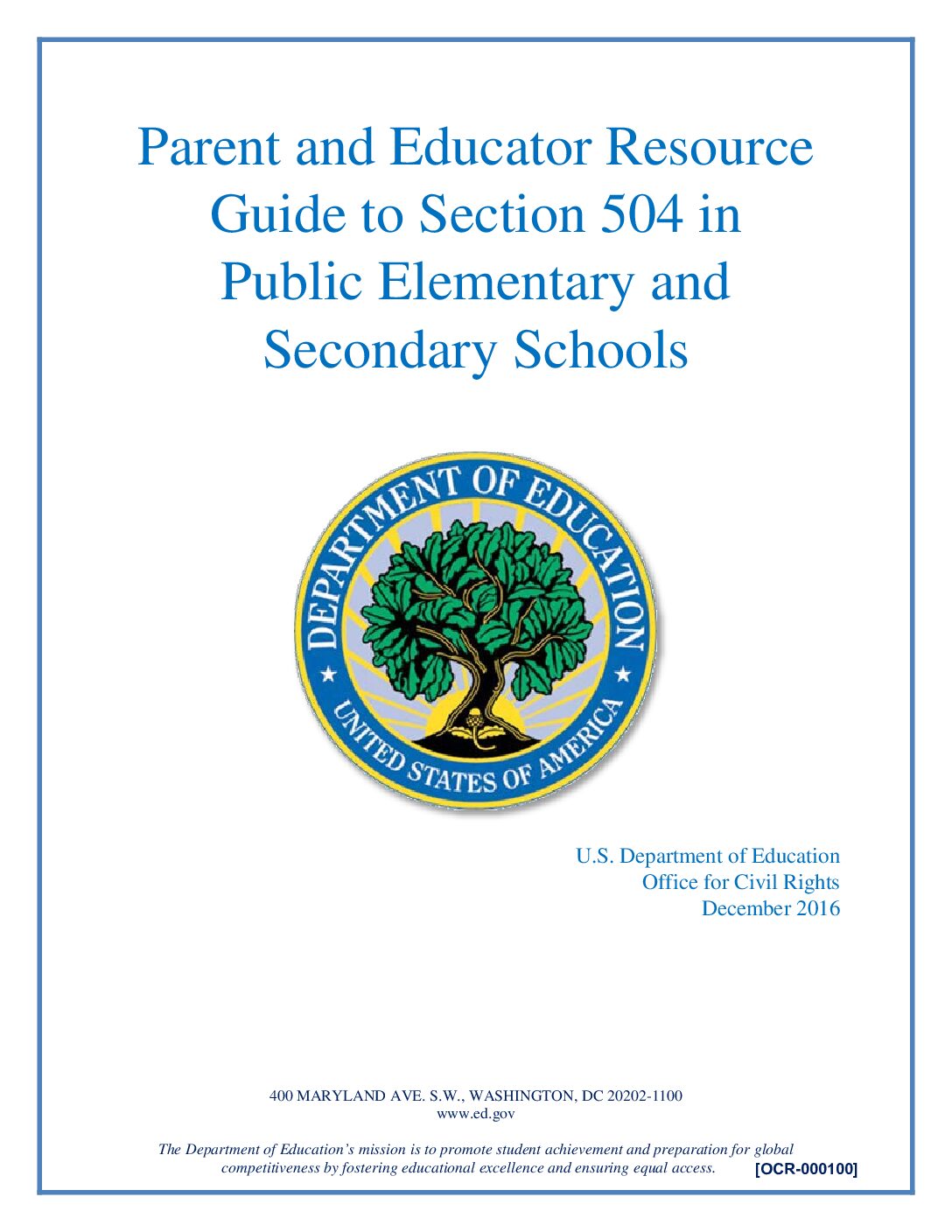
Parent and Educator Resource Guide to Section 504 in Public Elementary and Secondary Schools
OCR offers this resource guide to provide answers to questions that OCR has received and increase understanding among parents and members of the school community of the Federal civil rights laws that protect students with disabilities in public schools, and in particular, Section 504 of the Rehabilitation Act of 1973 (Section 504).
Categories: 504
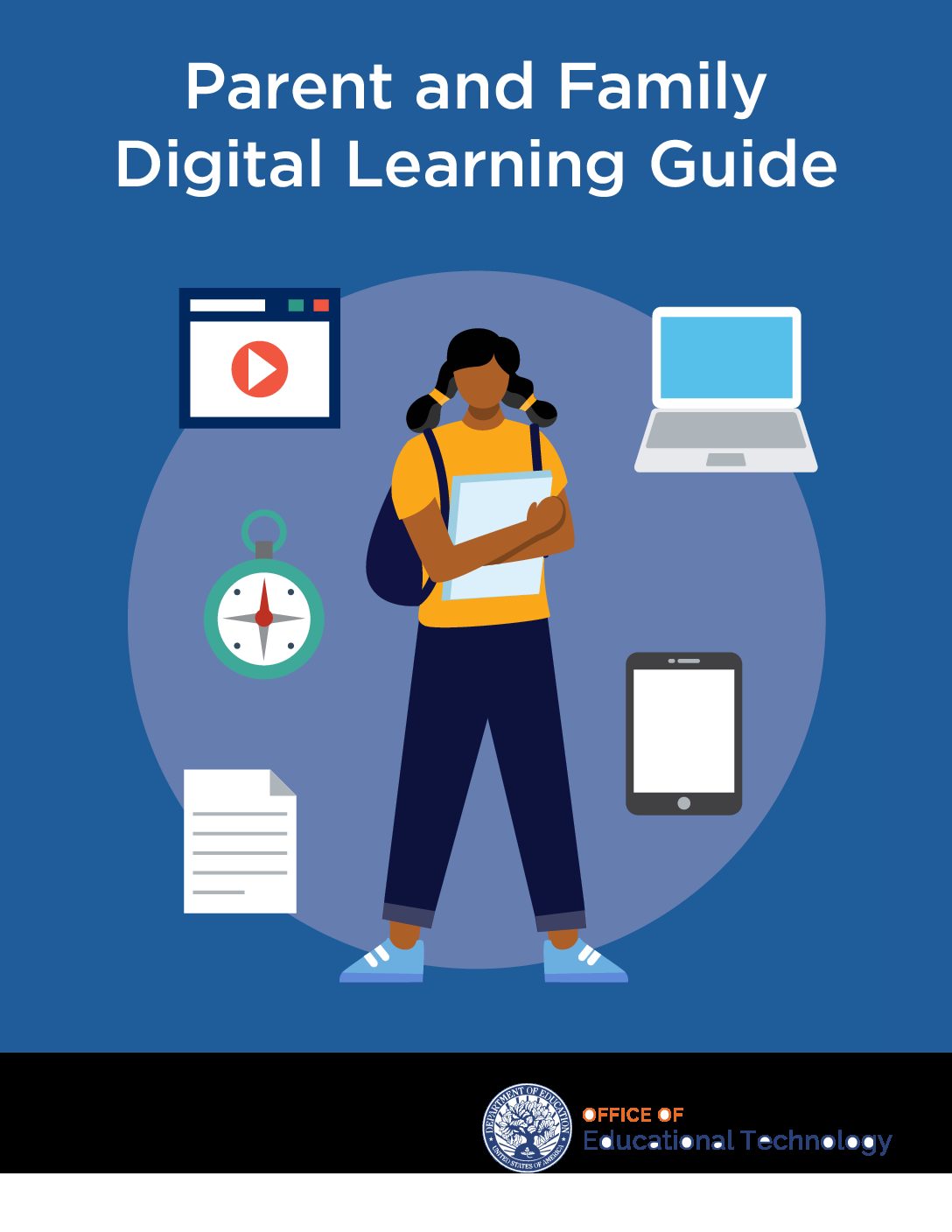
Parent and Family Digital Learning Guide - US Department of Education, Office of Educational Technology
What can this guide do for you? Your involvement in your child’s education can lead to better learning results and outcomes. This “Parent and Family Digital Learning Guide” will inform you, as a parent or caregiver, as you monitor your child’s progress as your child accesses and uses technology for learning. This guide aims to help all parents and caregivers, including those who have limited experience with digital tools, those who are expert with these tools, and anywhere in between. Each section starts with foundational pieces and builds from there.
Categories: Family Engagement, Remote Learning
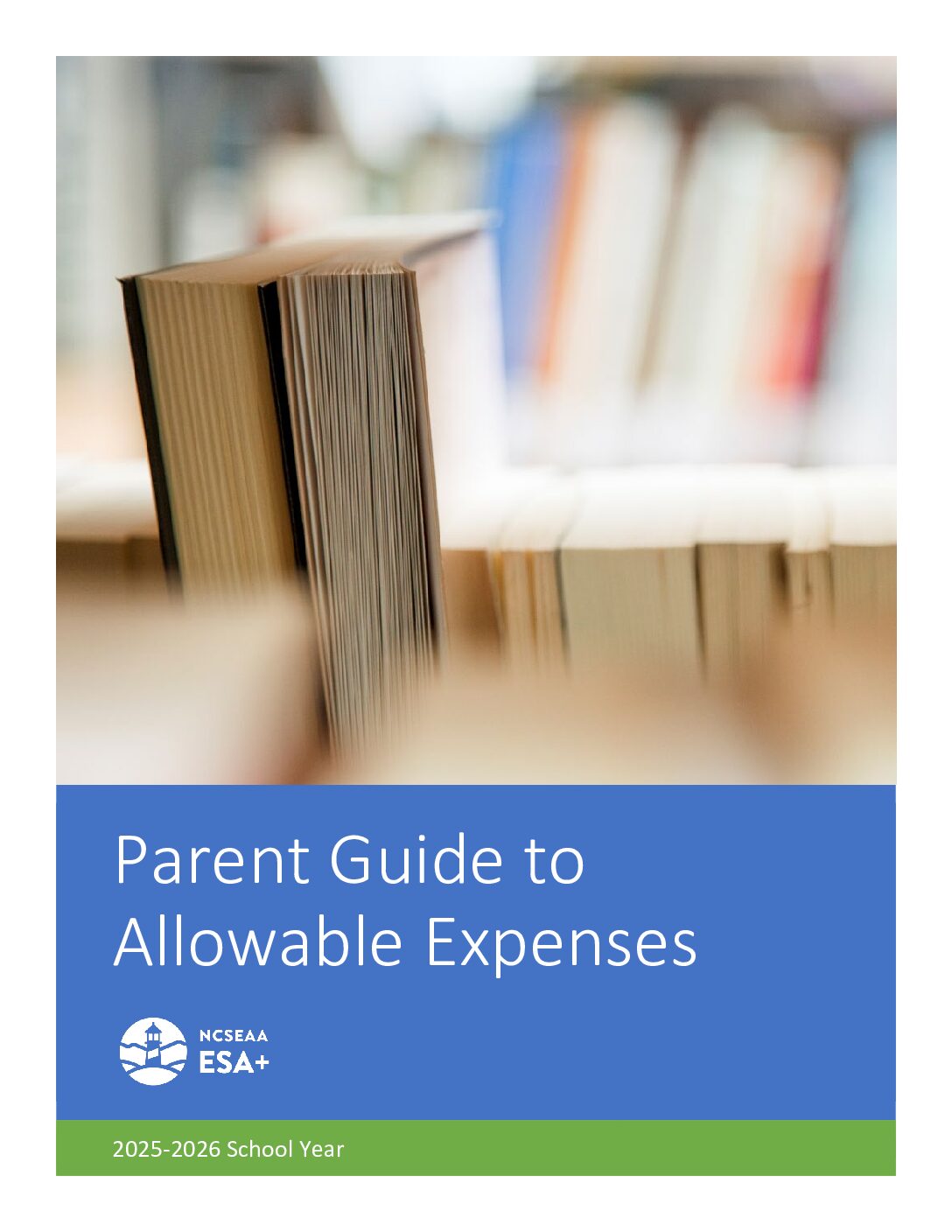
Parent Guide to Allowable Expenses - ESA+ Program
Welcome to the Parent Guide to Allowable Expenses. Whether you’re new to the ESA+ scholarship or a returning parent, this guide will help you make purchases with your student’s ESA+ funds. We hope it will take the guesswork out of allowable expenses and save you time and frustration.
Categories: School Choice
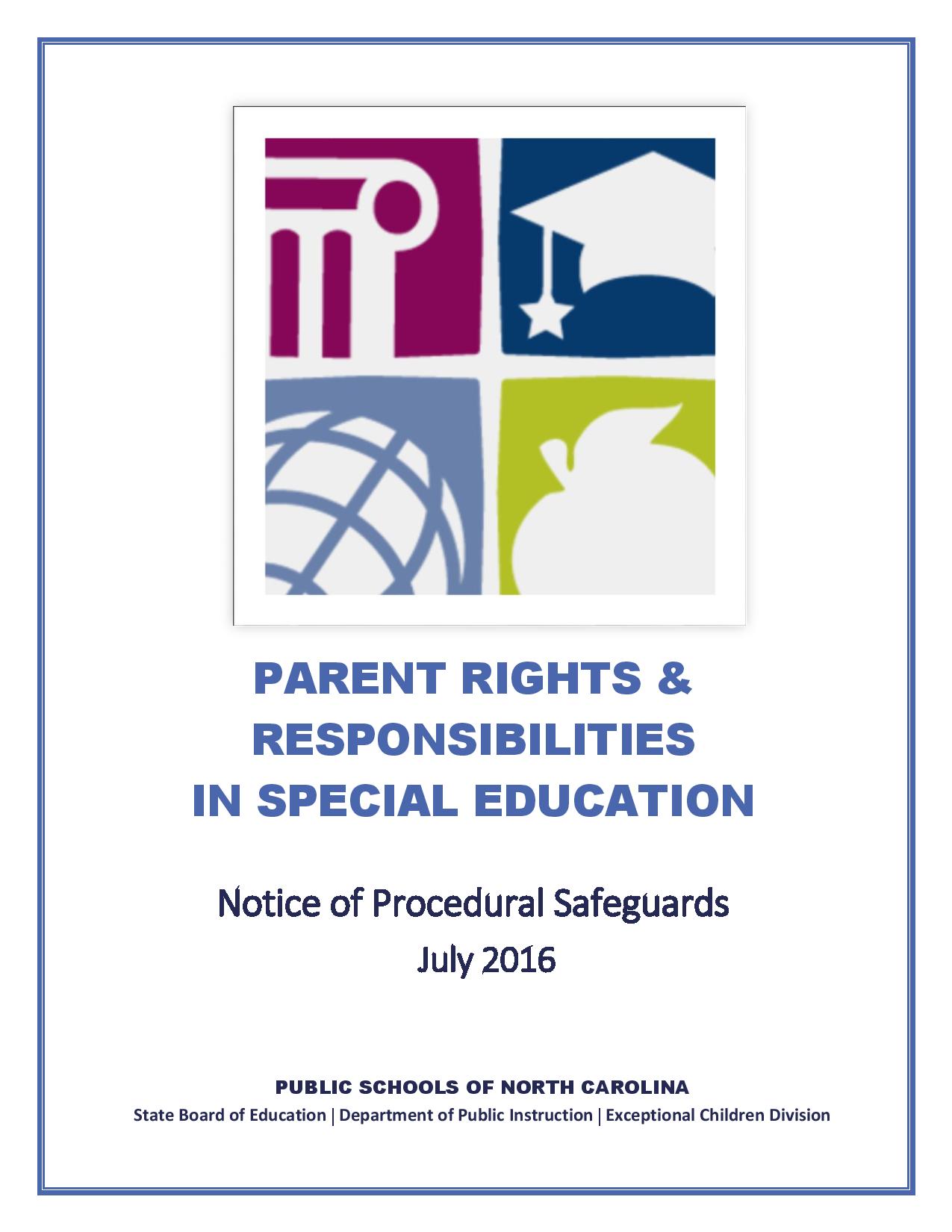
Parent Rights & Responsibilities in Special Education: NC Notice of Procedural Safeguards
It is important that you understand the Procedural Safeguards (legal rights) provided for you and your child with a disability. In this document from NCDPI, you will find a new section in more user-friendly language that summarizes the rights and responsibilities of parents in the special education process. Acronyms and terms often used in special education and resources for parents are found in the appendices.
Categories: Communication, Conflict Resolution, IDEA, Parent Rights
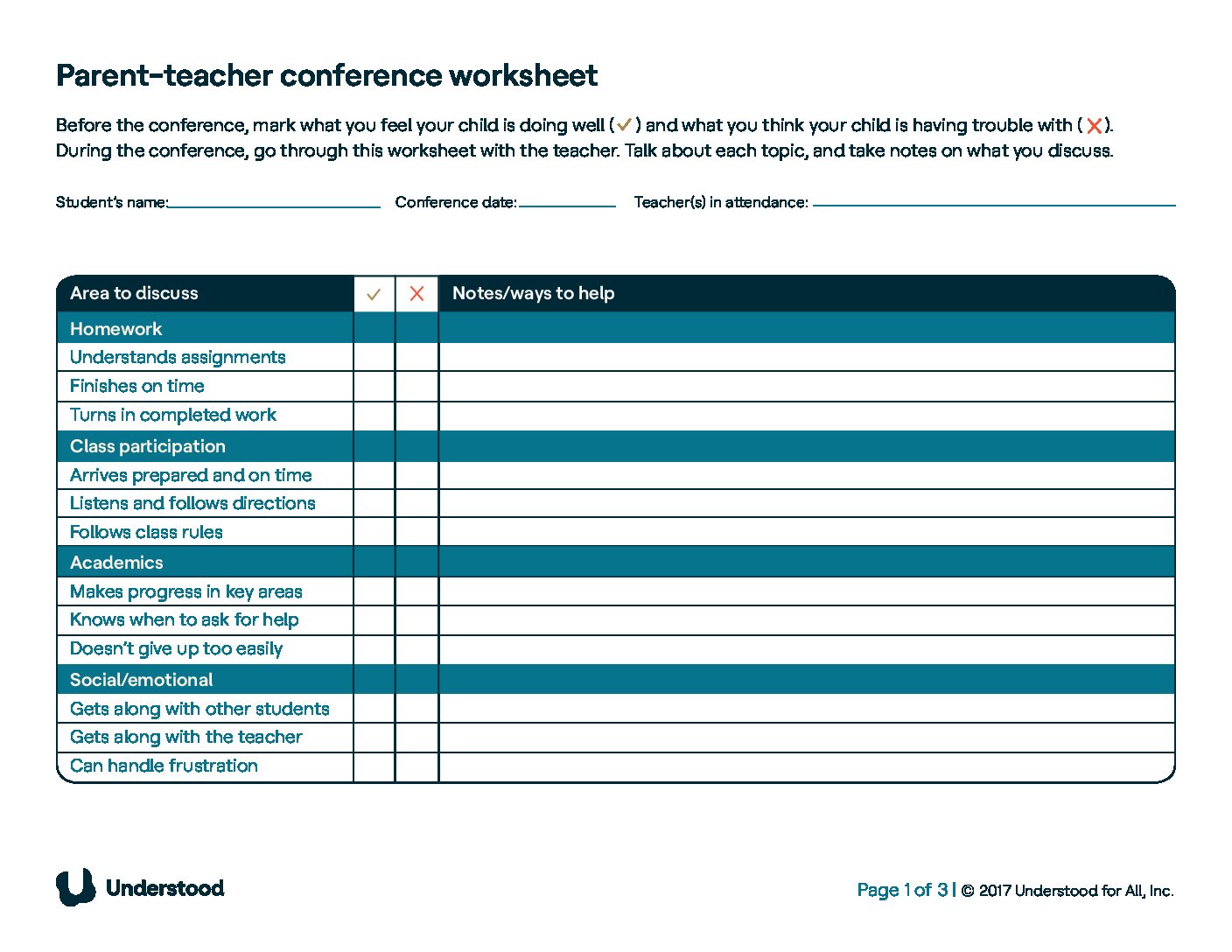
Parent-Teacher Conference Worksheet
Check out this parent-teacher conference worksheet!
Categories: Communication
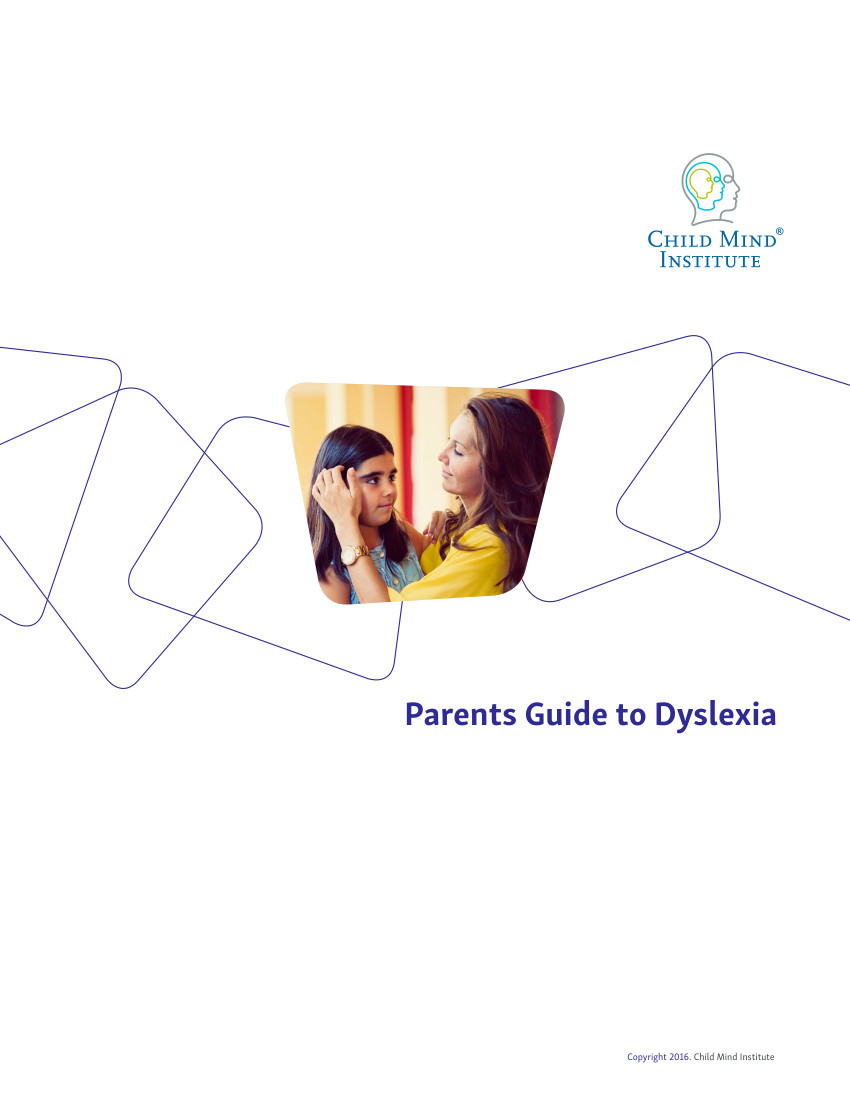
Parent's Guide to Dyslexia
This resource walks parents through the signs and impacts of dyslexia, how children can be evaluated for dyslexia and ways that parent's and teachers can help children once they are diagnosed with dyslexia.
Categories: Communication, Dyslexia, Learning Disability, Special Education
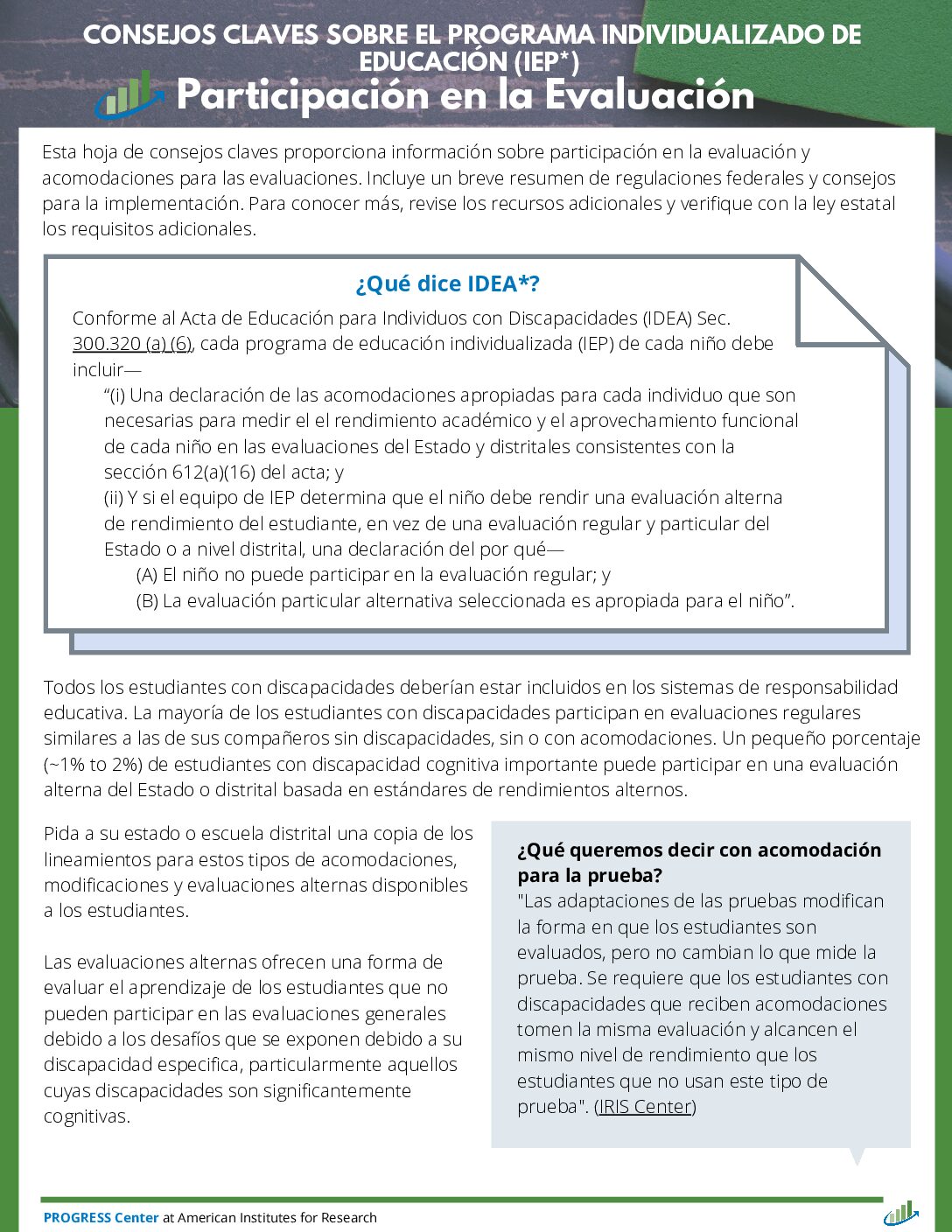
Participación en la Evaluación (Participation in Assessment Spanish Version)
https://www.ecac-parentcenter.org/wp-content/uploads/participate-assessment-spanish.pdf
Categories: IEP, Spanish, Special Education
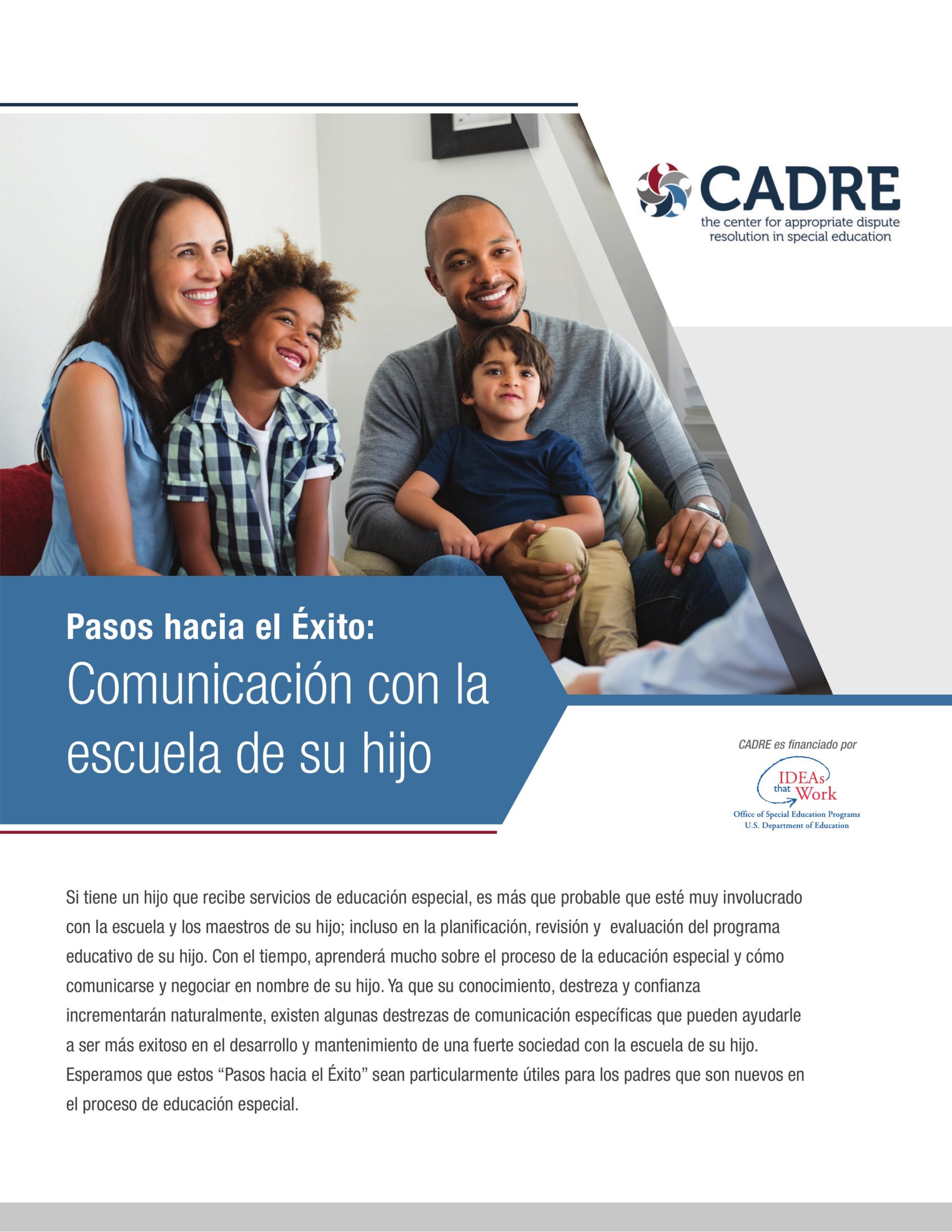
Pasos hacia el éxito (Steps to Success)
Pasos hacia el Éxito: Comunicación con la escuela de su hijo
Categories: Communication, Conflict Resolution, Spanish
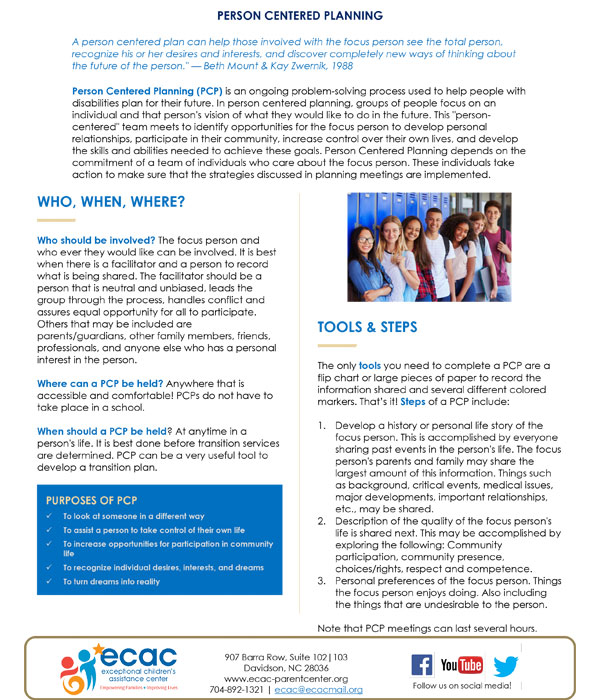
Person Centered Planning Fact Sheet
In person centered planning, groups of people focus on an individual and that person's vision of what they would like to do in the future...
Categories: Inclusion
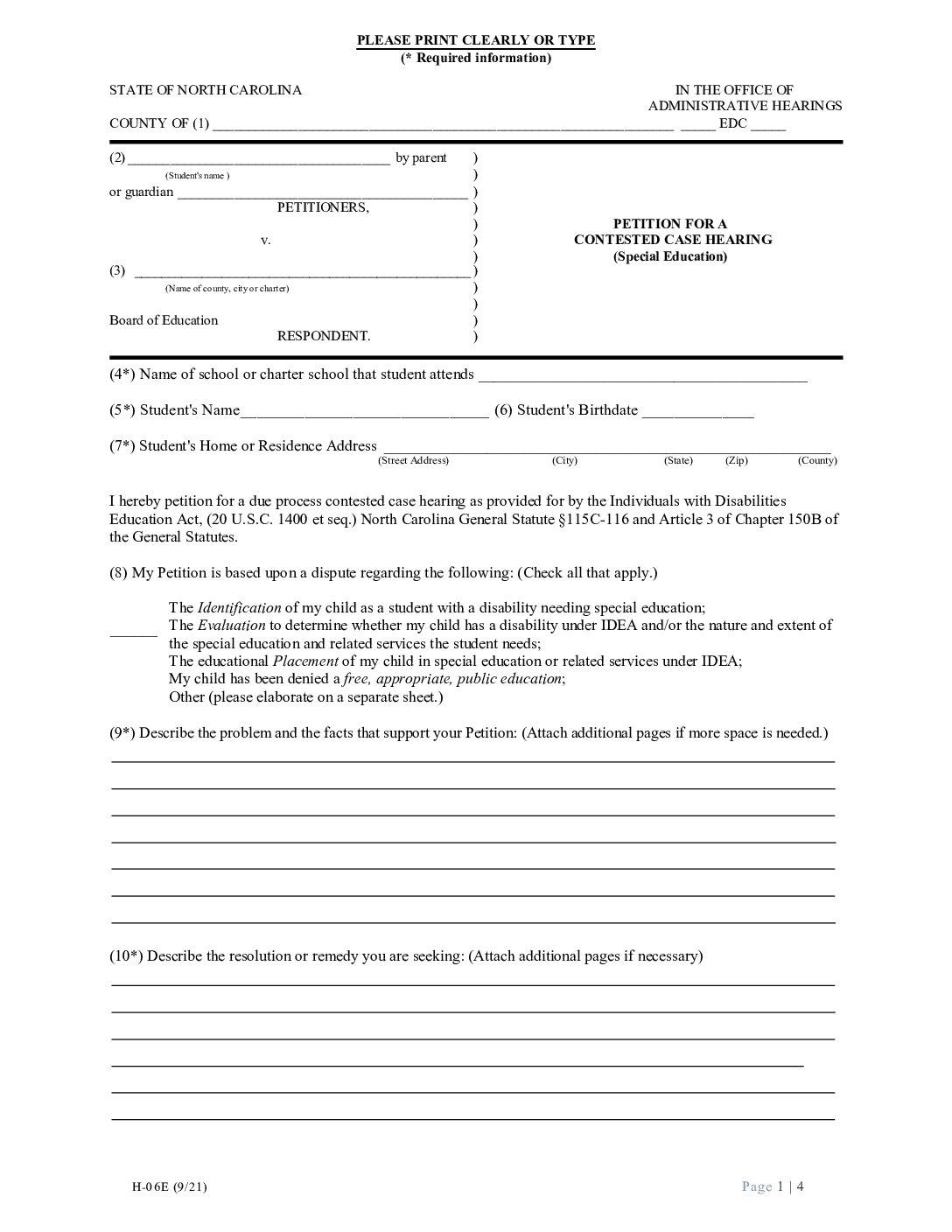
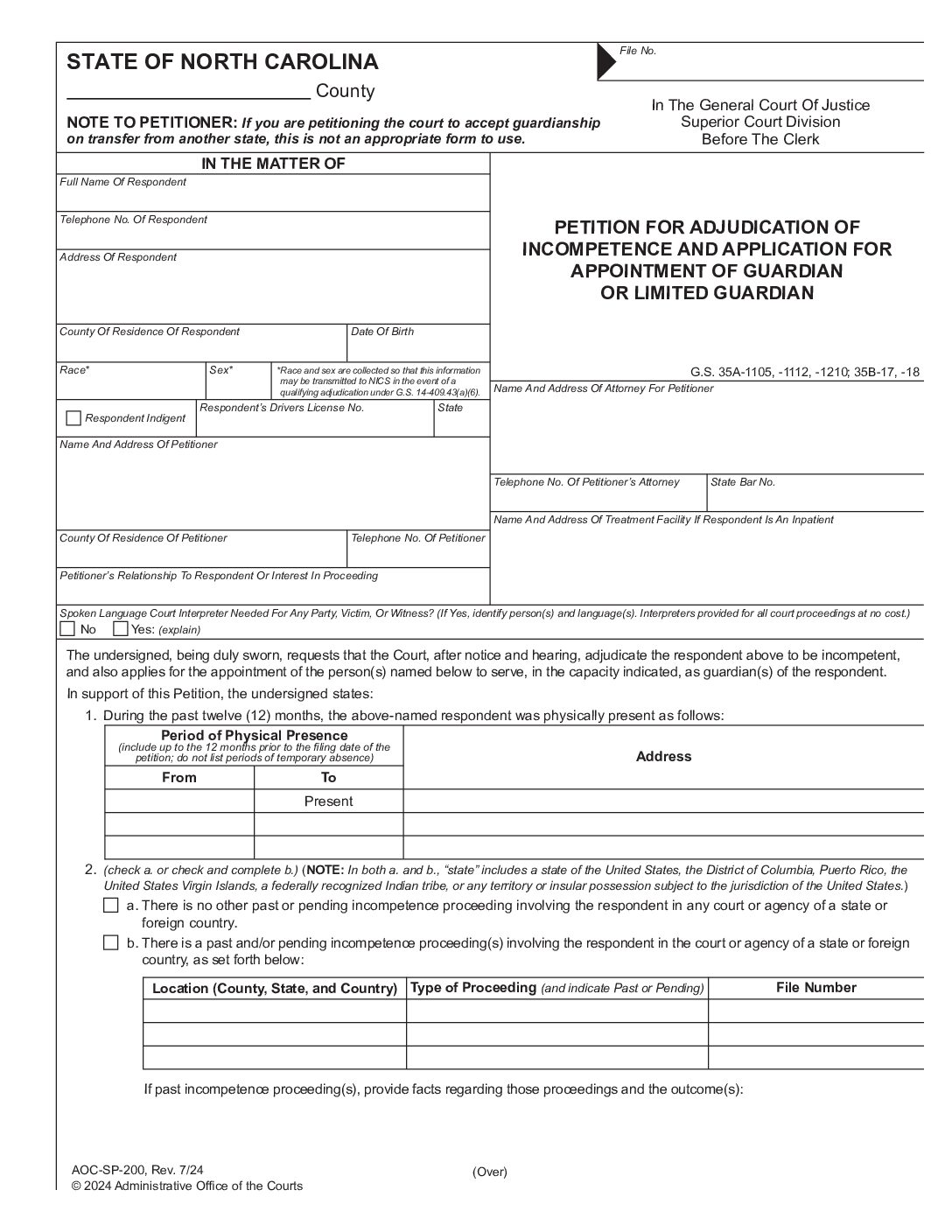
Petition for Adjudication of Incompetence and Application for Appointment of Guardian or Limited Guardian
Categories: Guardianship and Alternatives
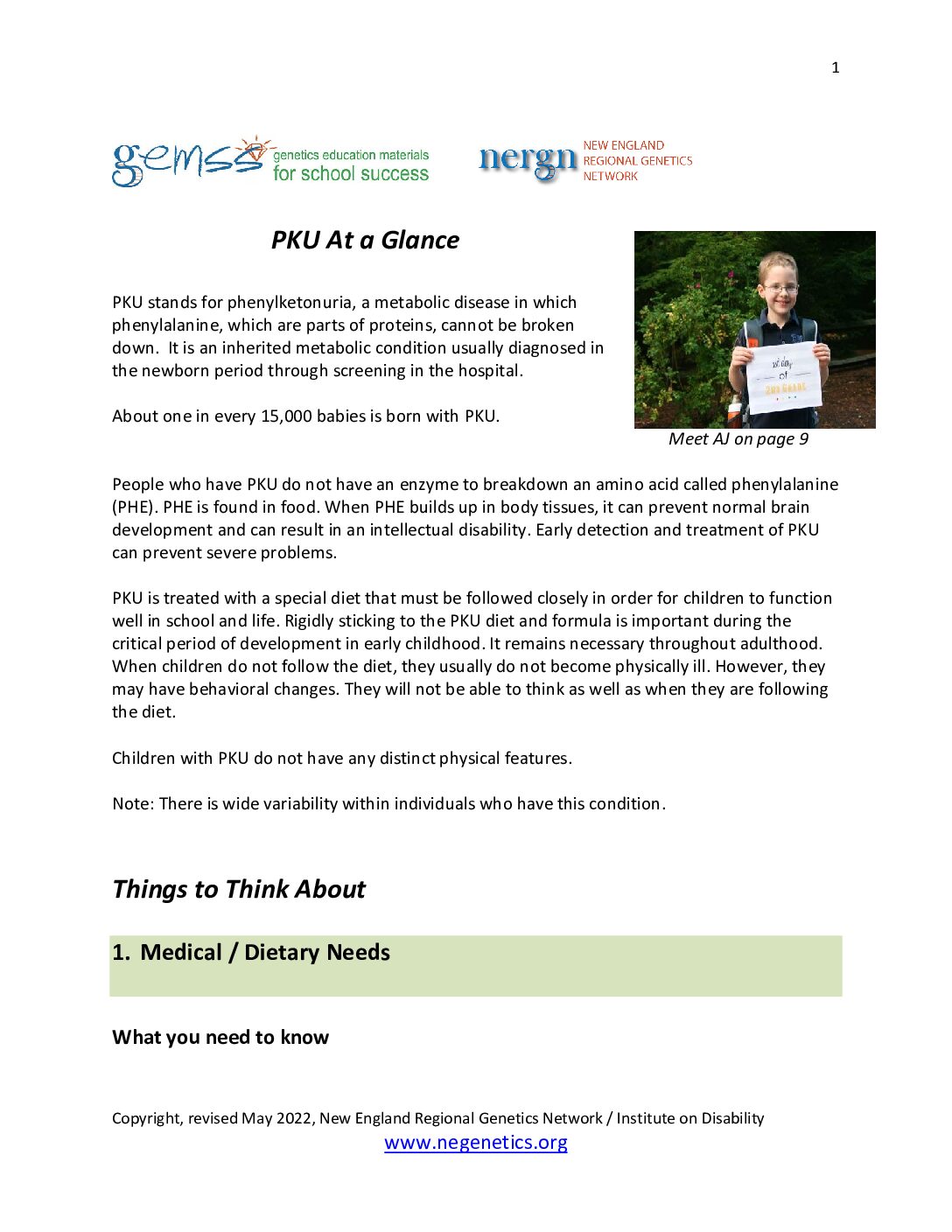
PKU At a Glance
Genetic Education Materials for School Success (GEMSS) provides a family-friendly starting point to help family members learn more about genetic conditions and offers ideas to encourage inclusion and participation in the classroom. GEMSS shares condition-specific information and resources for multiple audiences, including families, professionals, healthcare providers, and schools. Contributors to GEMSS come from clinical, public health, advocacy, and academic settings. All content has been vetted by clinical and family experts.
Categories: Disability and Health Condition Specific Information
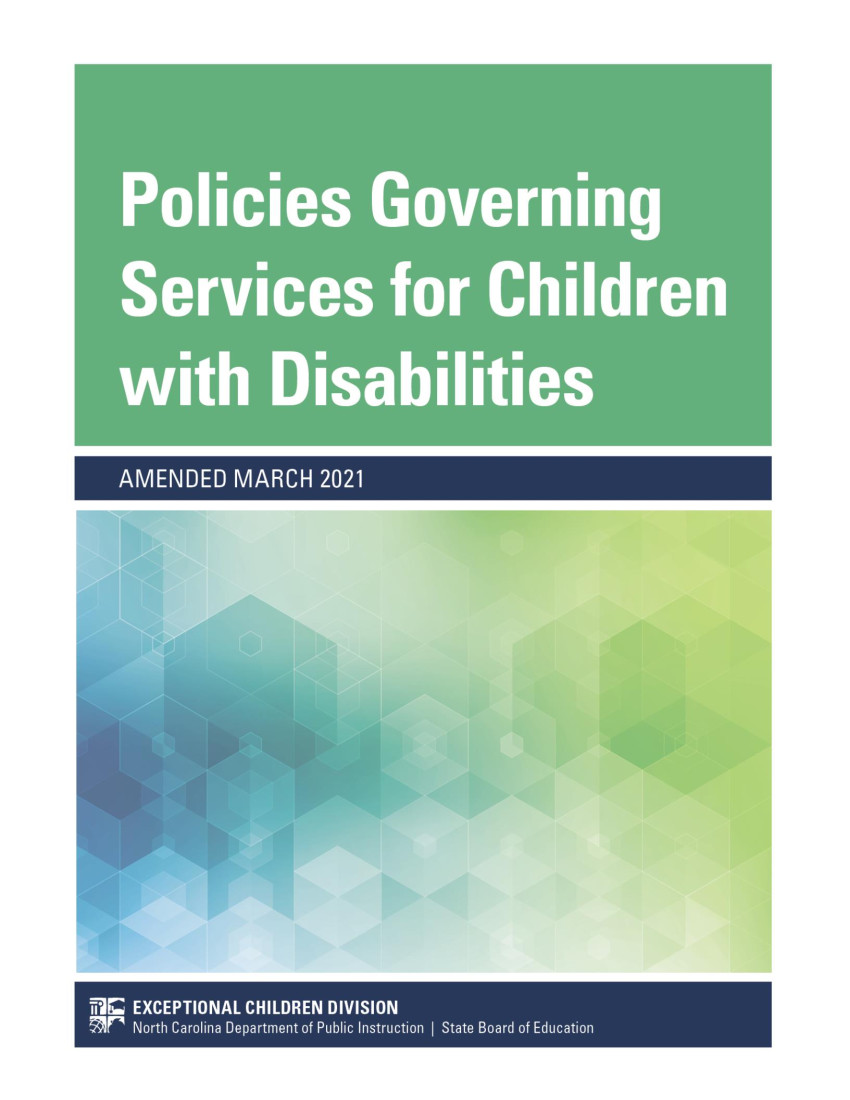
Policies Governing Services for Children with Disabilities - March 2021
Policies written by the NC Department of Public Instruction outlining how NC schools will implement NC Special Education Law which is based on IDEA.
Categories: IDEA, IEP, Parent Rights, Special Education
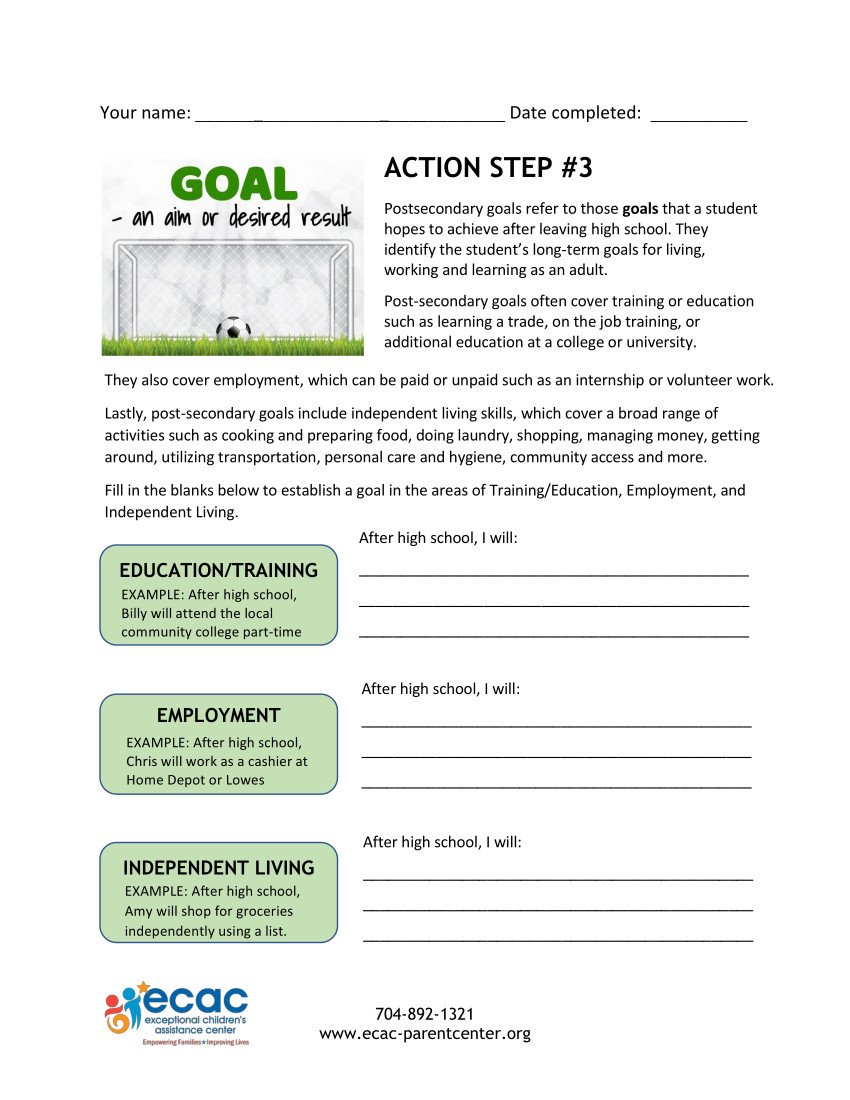
Post-Secondary Goal Action Step 3
A tool to help youth create goals in the areas of Training/Education, Employment and Independent Living as part of their Transition to Adulthood.
Categories: Advocacy, Transition to Adulthood, Transition-age Youth
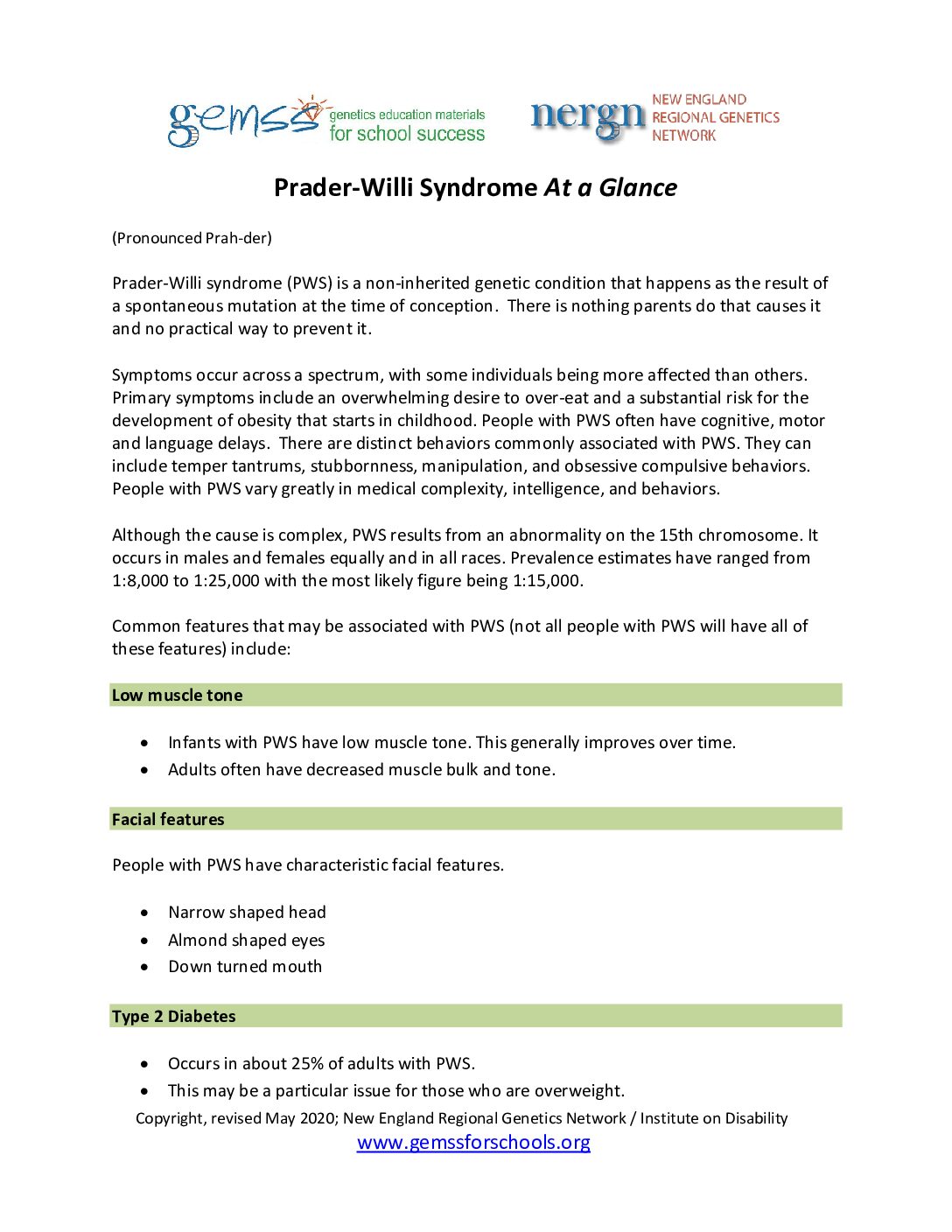
Prader-Willi Syndrome At a Glance
Genetic Education Materials for School Success (GEMSS) provides a family-friendly starting point to help family members learn more about genetic conditions and offers ideas to encourage inclusion and participation in the classroom. GEMSS shares condition-specific information and resources for multiple audiences, including families, professionals, healthcare providers, and schools. Contributors to GEMSS come from clinical, public health, advocacy, and academic settings. All content has been vetted by clinical and family experts.
Categories: Disability and Health Condition Specific Information
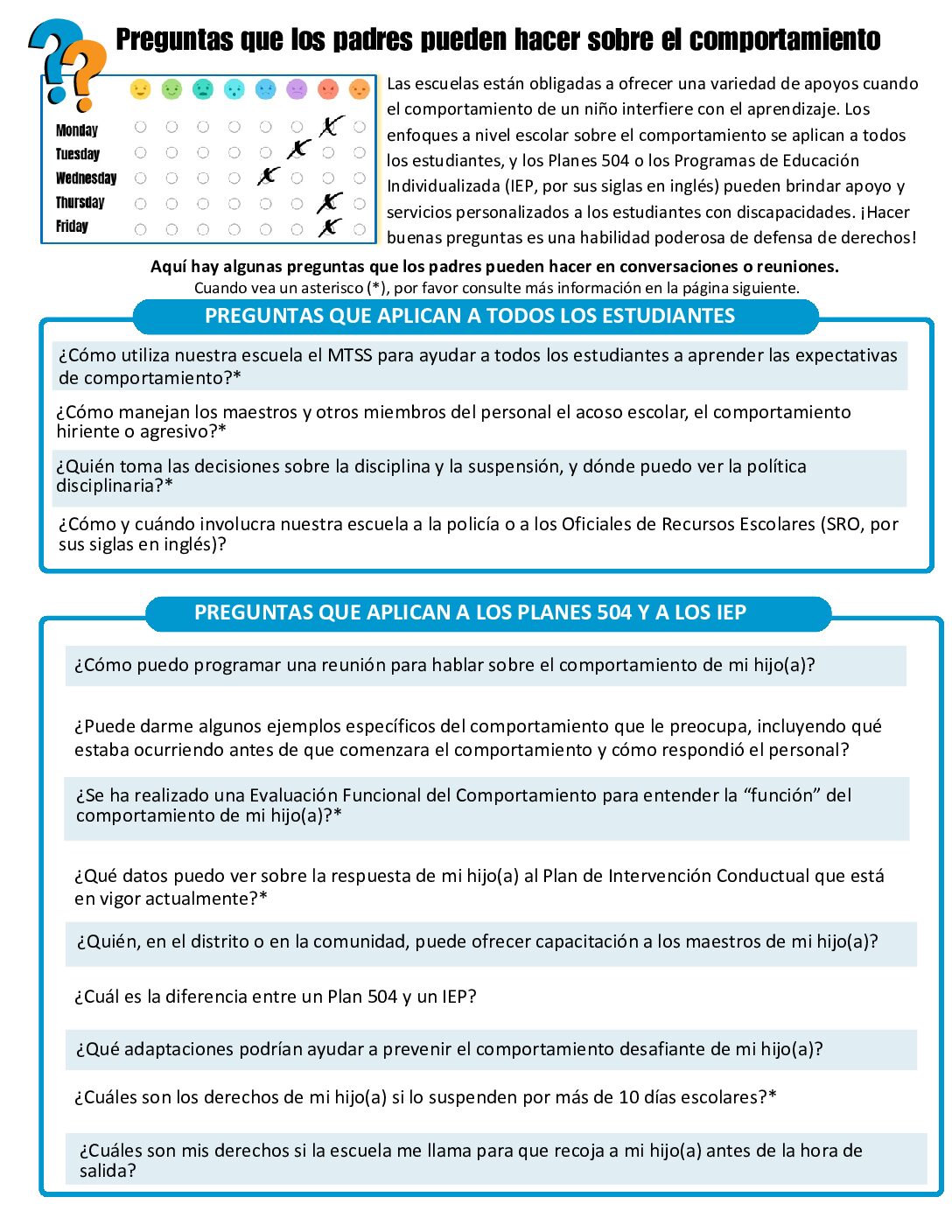
Preguntas que los padres pueden hacer sobre el comportamiento (Questions Parents Can Ask About Behavior)
Aquí hay algunas preguntas que los padres pueden hacer en conversaciones o reuniones.
Categories: Behavior, IEP, Spanish
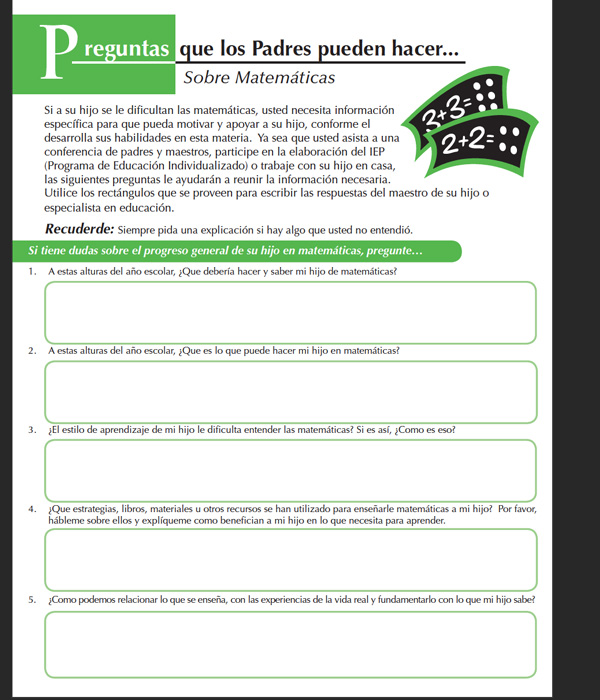
Preguntas que los Padres Pueden Hacer sobre la Enseñanza de las Matemáticas (Questions Parents Can Ask about Math Instruction)
Categories: Spanish
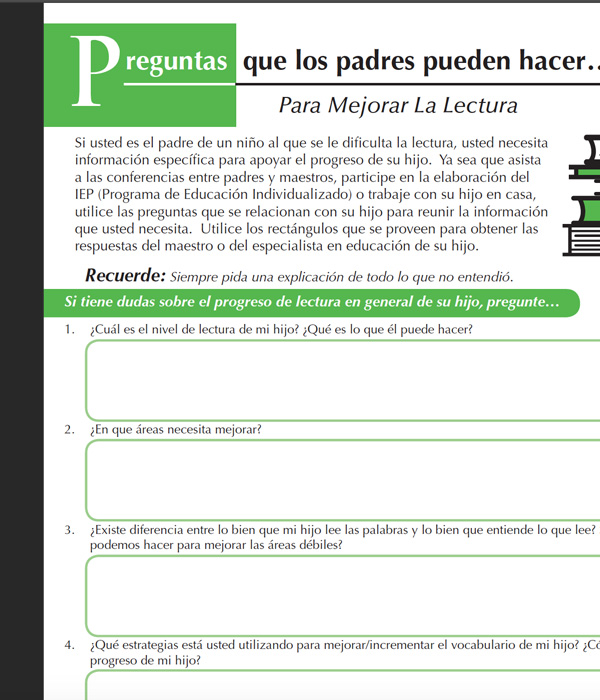
Preguntas que los Padres Pueden Hacer sobre la Mejora de la Lectura (Questions Parents Can Ask about Reading Improvement)
reguntas que los padres pueden hacer… Recuerde: Siempre pida una explicación de todo lo que no entendió. Si usted es el padre de un niño al que se le dificulta la lectura, usted necesita información específica para apoyar el progreso de su hijo. Ya sea que asista a las conferencias entre padres y maestros...
Categories: Advocacy, Family Engagement, IEP, Literacy, Spanish
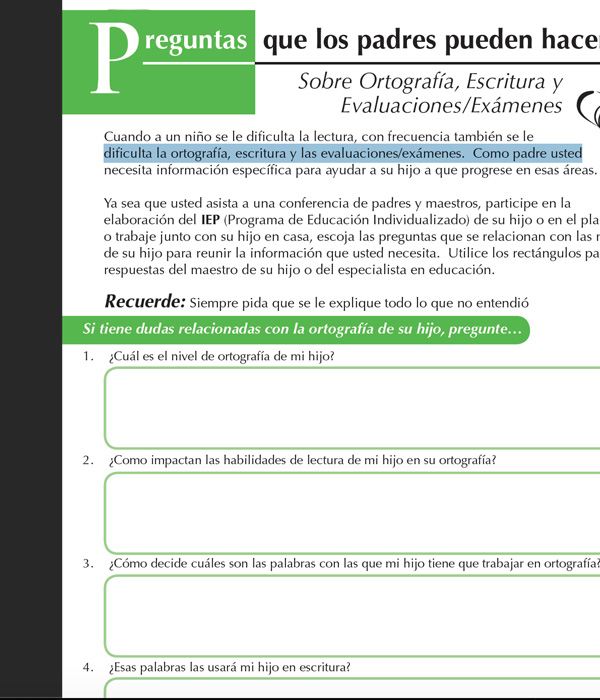
Preguntas que los Padres Pueden Hacer sobre la Ortografía, la Escritura y las Evaluaciones (Questions Parents Can Ask about Spelling, Writing, and Testing)
Cuando a un niño se le dificulta la lectura, con frecuencia también se le dificulta la ortografía, escritura y las evaluaciones/exámenes...
Categories: Advocacy, Family Engagement, IEP, Spanish
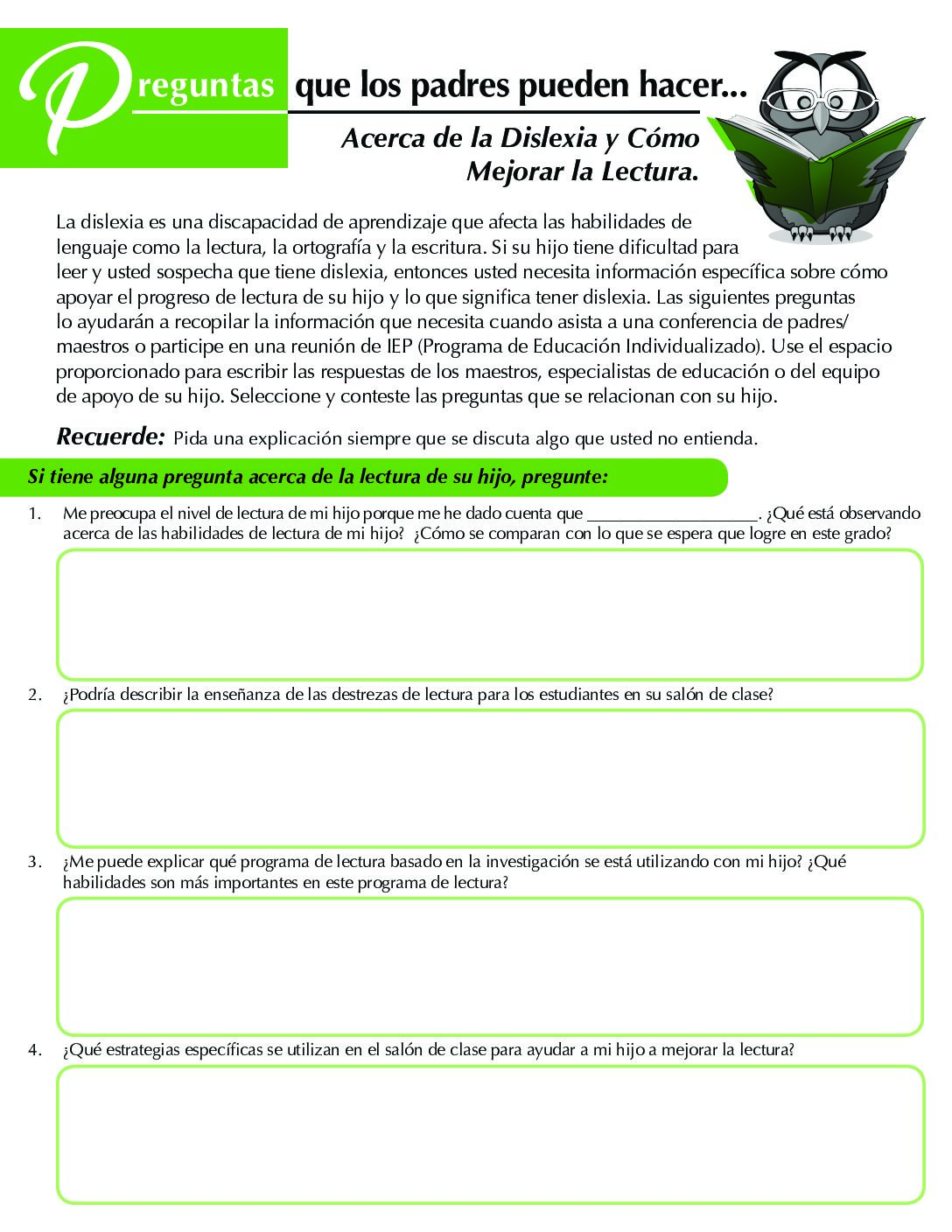
Preguntas que los padres pueden hacer...Acerca de la Dislexia y Cómo Mejorar la Lectura (Questions Parents Can Ask… About Dyslexia and How to Improve Reading)
La dislexia es una discapacidad de aprendizaje que afecta las habilidades de lenguaje como la lectura, la ortografía y la escritura. Si su hijo tiene dificultad para leer y usted sospecha que tiene dislexia, entonces usted necesita información específica sobre cómo apoyar el progreso de lectura de su hijo y lo que significa tener dislexia. Las siguientes preguntas lo ayudarán a recopilar la información que necesita cuando asista a una conferencia de padres/ maestros o participe en una reunión de IEP (Programa de Educación Individualizado). Use el espacio proporcionado para escribir las respuestas de los maestros, especialistas de educación o del equipo de apoyo de su hijo. Seleccione y conteste las preguntas que se relacionan con su hijo.
Categories: Learning Disability, Literacy, Spanish
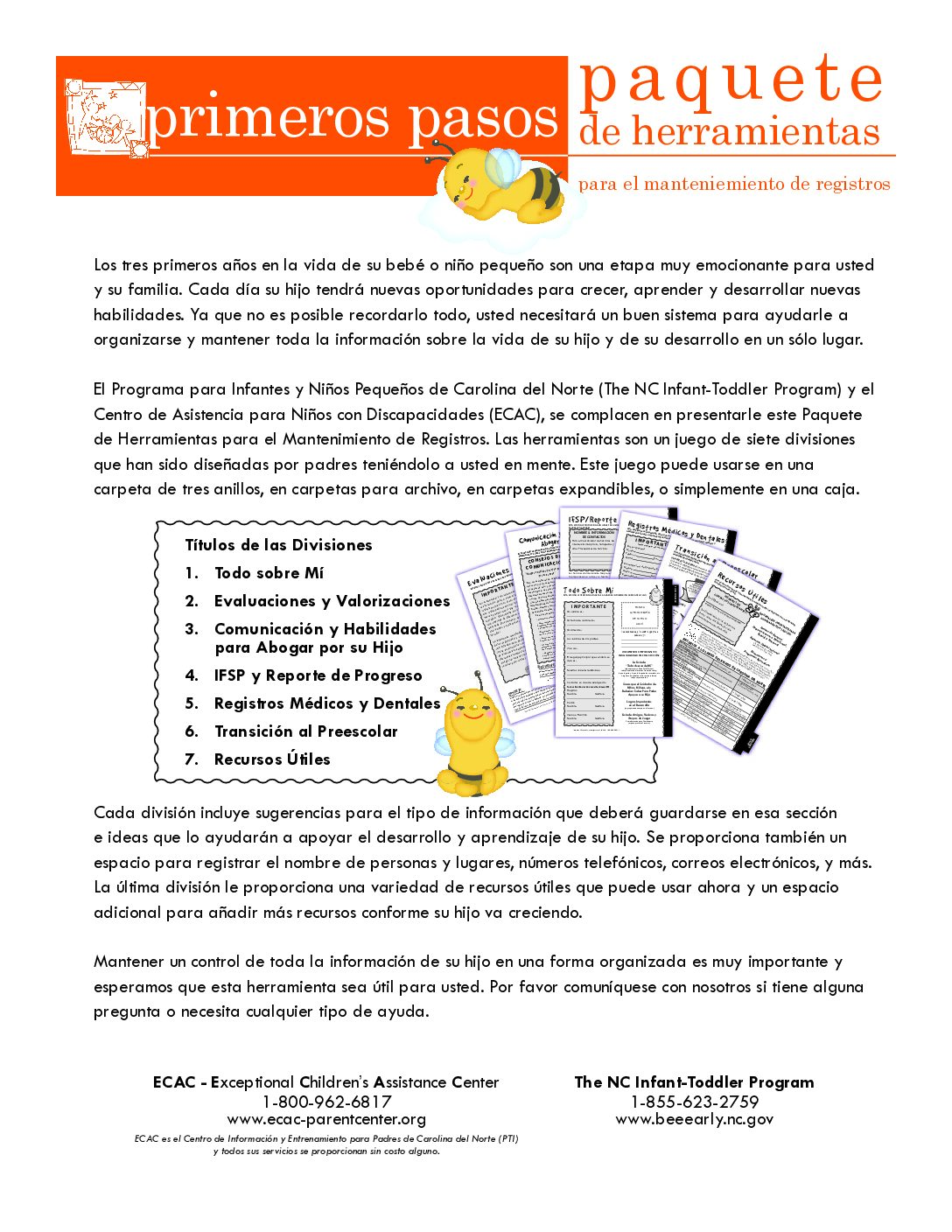
Primeros pasos paquete de herramientas para el manteniemeinto de registros (Early Steps Record Keeping Toolkit)
Categories: Early Intervention, Spanish
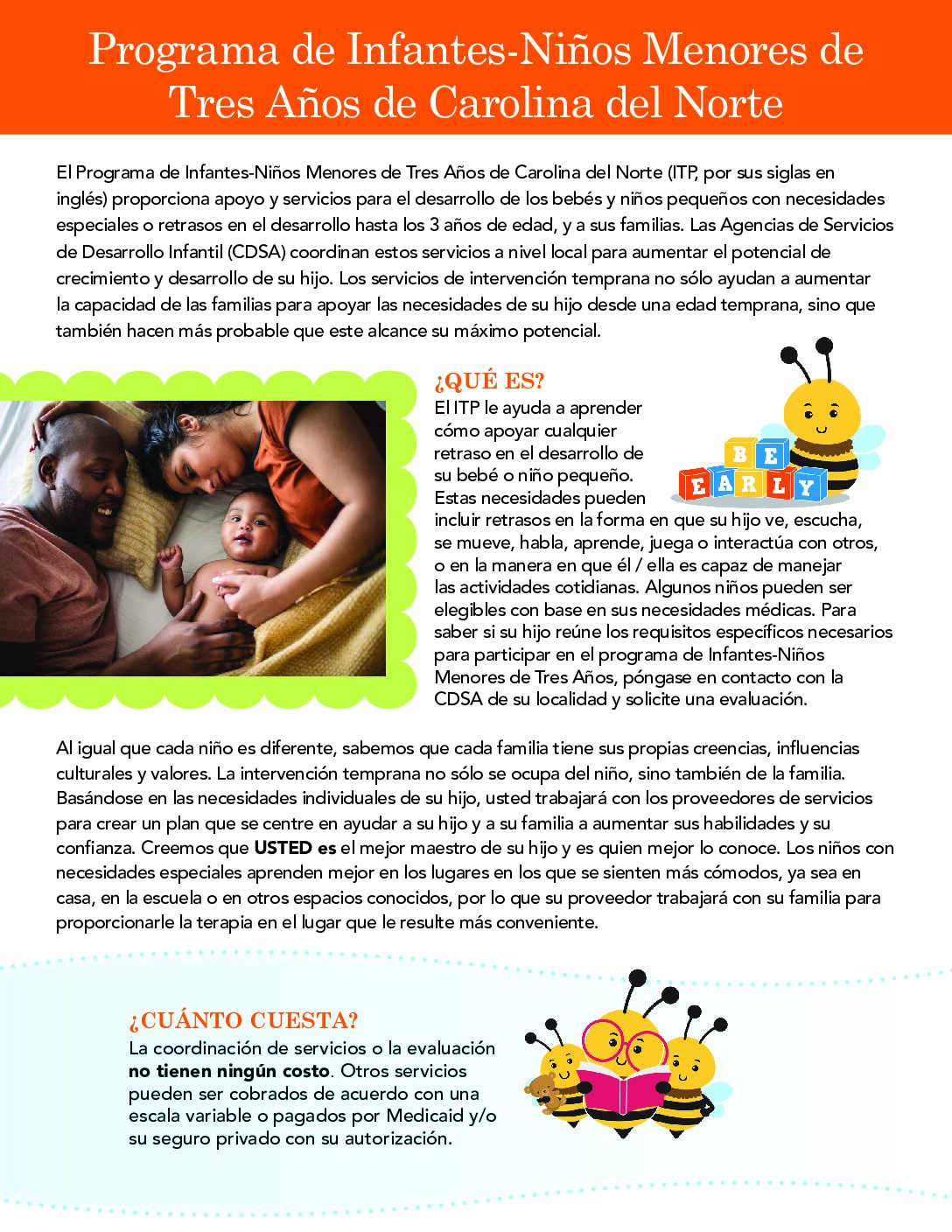
Programa de Infantes-Niños Menores de Tres Años de Carolina del Norte (North Carolina Infant-Toddler Program)
El Programa de Infantes-Niños Menores de Tres Años de Carolina del Norte El Programa de Infantes-Niños Menores de Tres Años de Carolina del Norte (ITP, por sus siglas en inglés) proporciona apoyo y servicios para el desarrollo de los bebés y niños pequeños con necesidades especiales o retrasos en el desarrollo hasta los 3 años de edad, y a sus familias. Las Agencias de Servicios de Desarrollo Infantil (CDSA) coordinan estos servicios a nivel local para aumentar el potencial de crecimiento y desarrollo de su hijo. Los servicios de intervención temprana no sólo ayudan a aumentar la capacidad de las familias para apoyar las necesidades de su hijo desde una edad temprana, sino que también hacen más probable que este alcance su máximo potencial.
Categories: Early Childhood, Early Intervention, Spanish
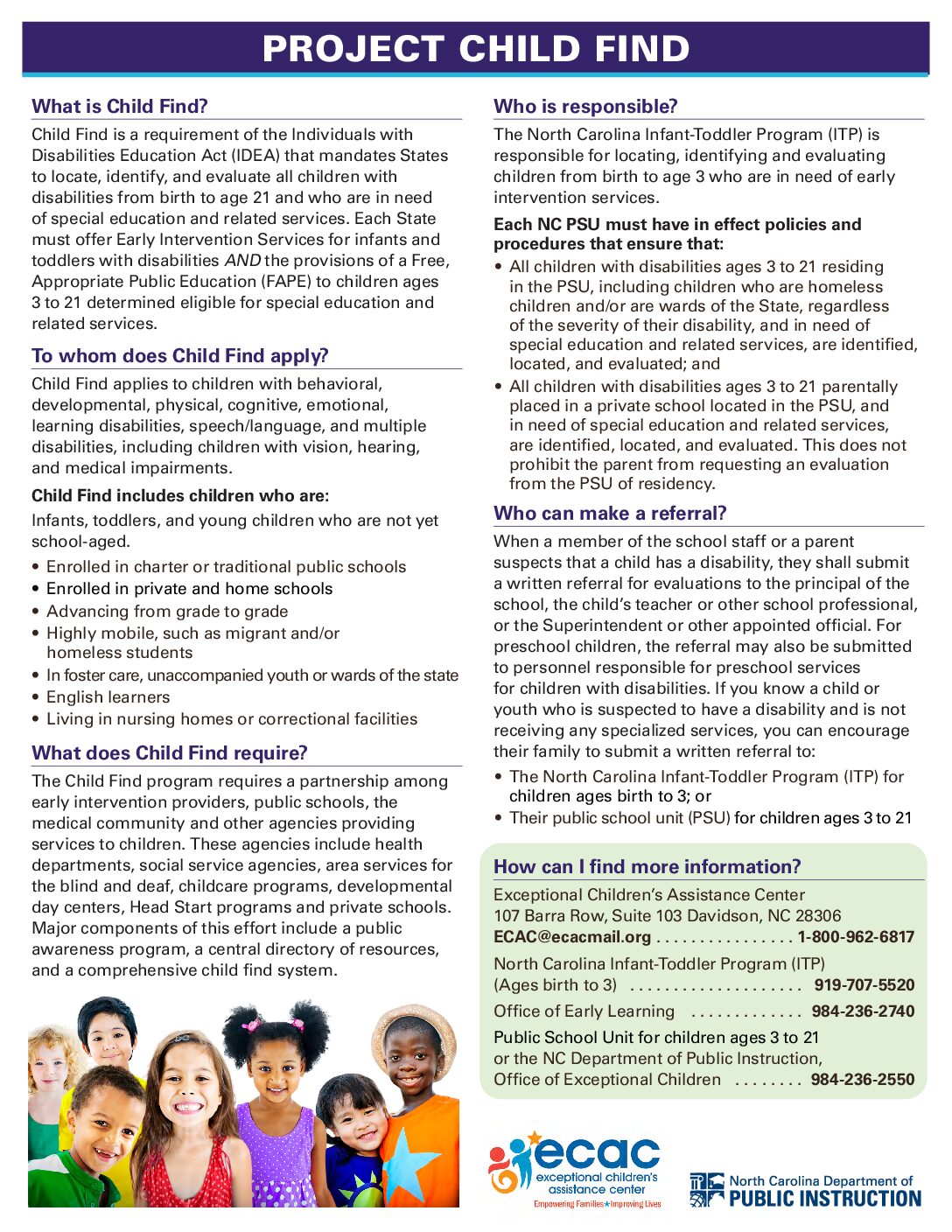
Project Child Find
Child Find is a requirement of the Individuals with Disabilities Education Act (IDEA) that mandates States to locate, identify, and evaluate all children with disabilities from birth to age 21 who are in need of special education and related services. Each State must offer Early Intervention Services for infants and toddlers with disabilities AND the provisions of a Free, Appropriate Public Education (FAPE) to children ages 3 to 21 determined eligible for special education and related services.
Categories: General, IDEA, Special Education
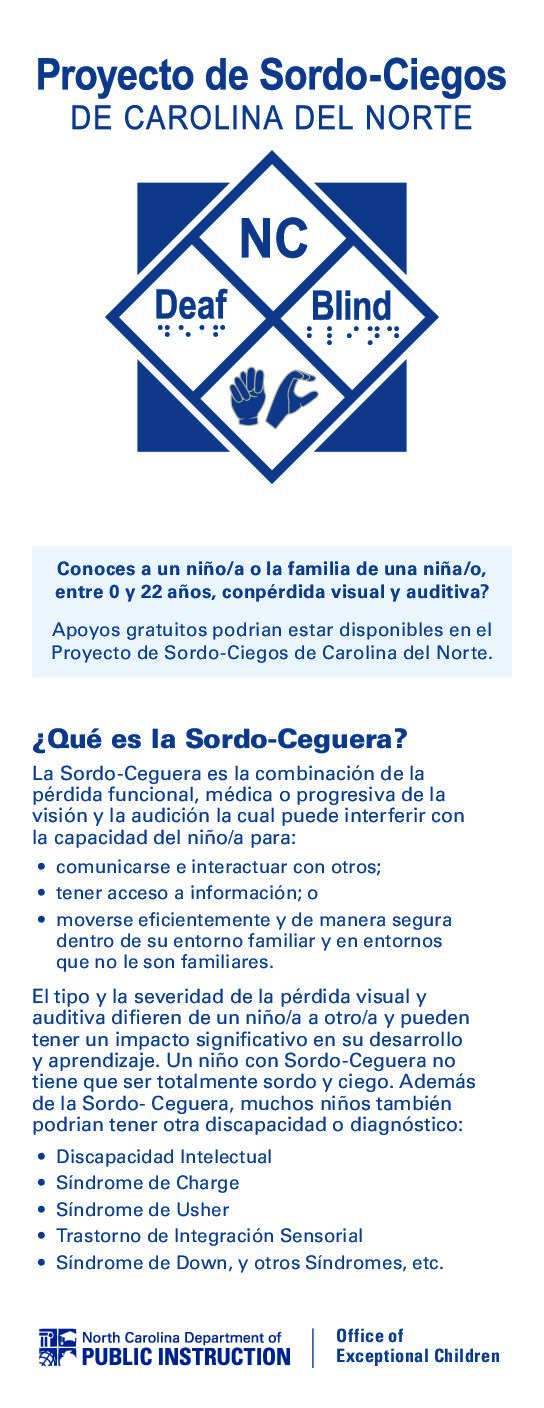
Proyecto de Sordo-Ciegos de Carolina del Norte - Tarjeta Informativa (North Carolina Deaf-Blind Project – Fact Card)
El NCDBP es un proyecto de la División de Niños Excepcionales del Departamento de Instrucción Pública de Carolina del Norte mediante financiación del Departamento de Educación de EE. UU. - Oficina de Programas de Educación Especial.
Categories: NC Deaf-Blind Project, Spanish
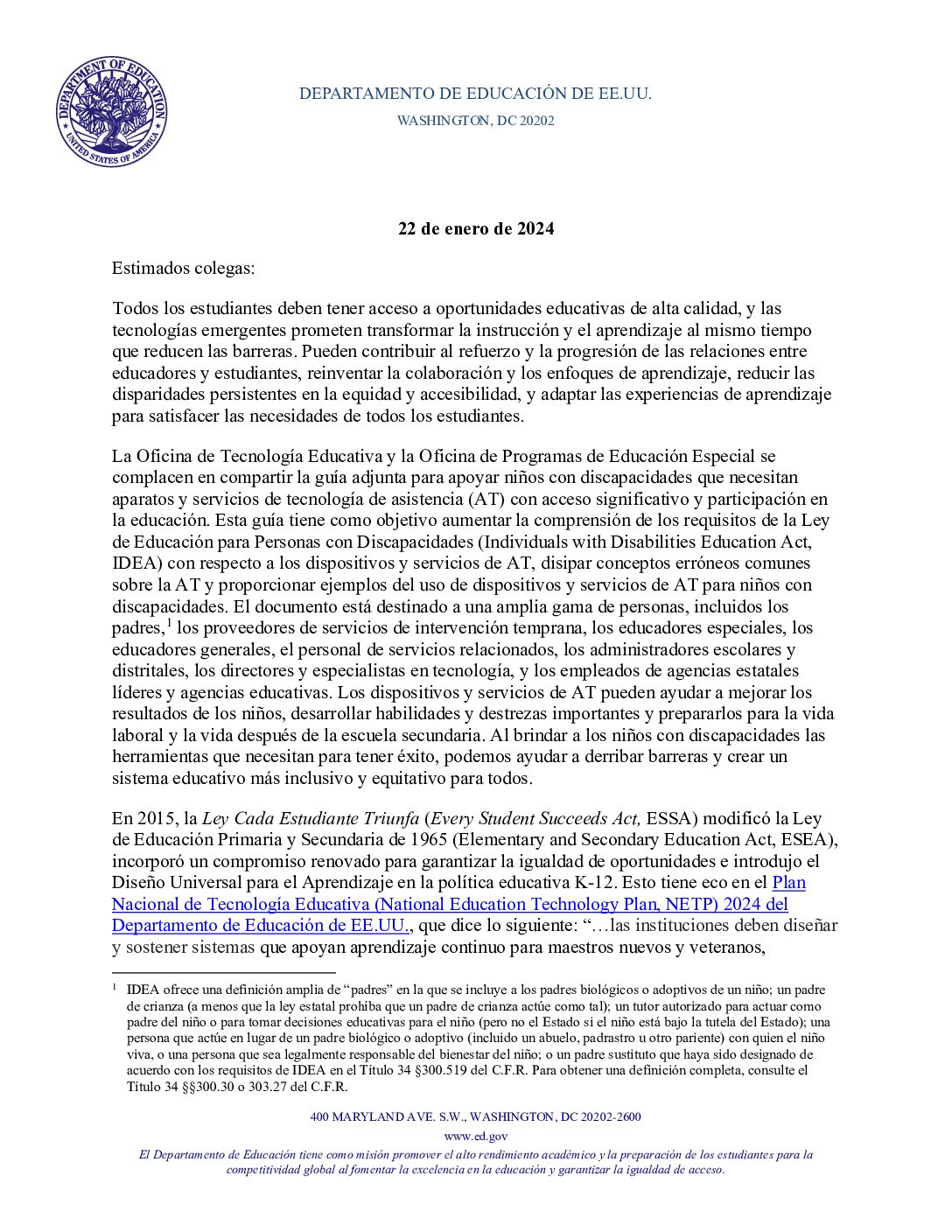
Querida carta de colega: MITOS Y REALIDADES SOBRE LOS DISPOSITIVOS Y SERVICIOS DE LA TECNOLOGÍA DE ASISTENCIA (Dear Colleague Letter: Myths & Facts Surrounding Assistive Technology Devices & Services)
Categories: Assistive Technology, Spanish
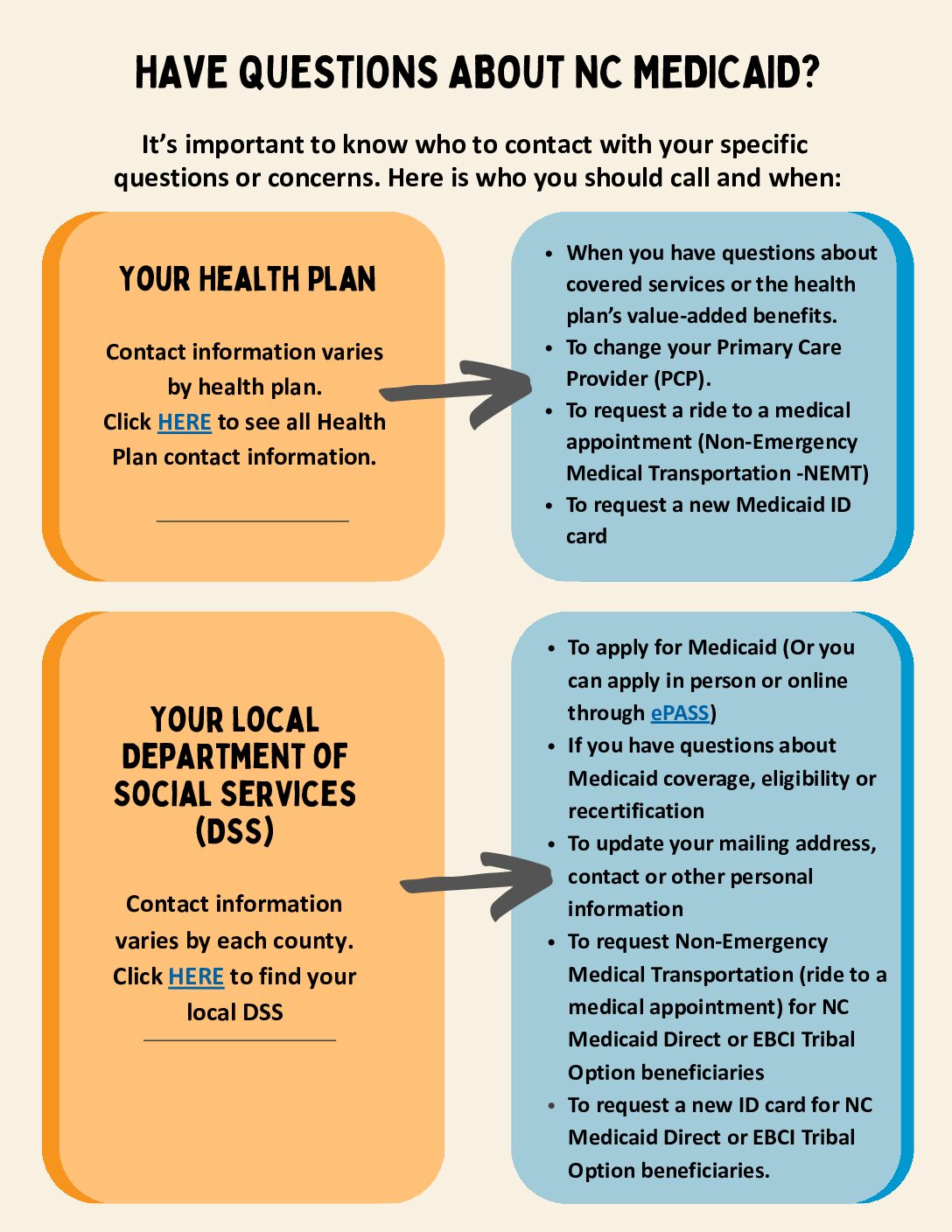
Questions about Medicaid - Who to Contact
It’s important to know who to contact with your specific questions or concerns about Medicaid. This fact sheet let's you know who you should call and when.
Categories: Medicaid and Medicaid Waivers
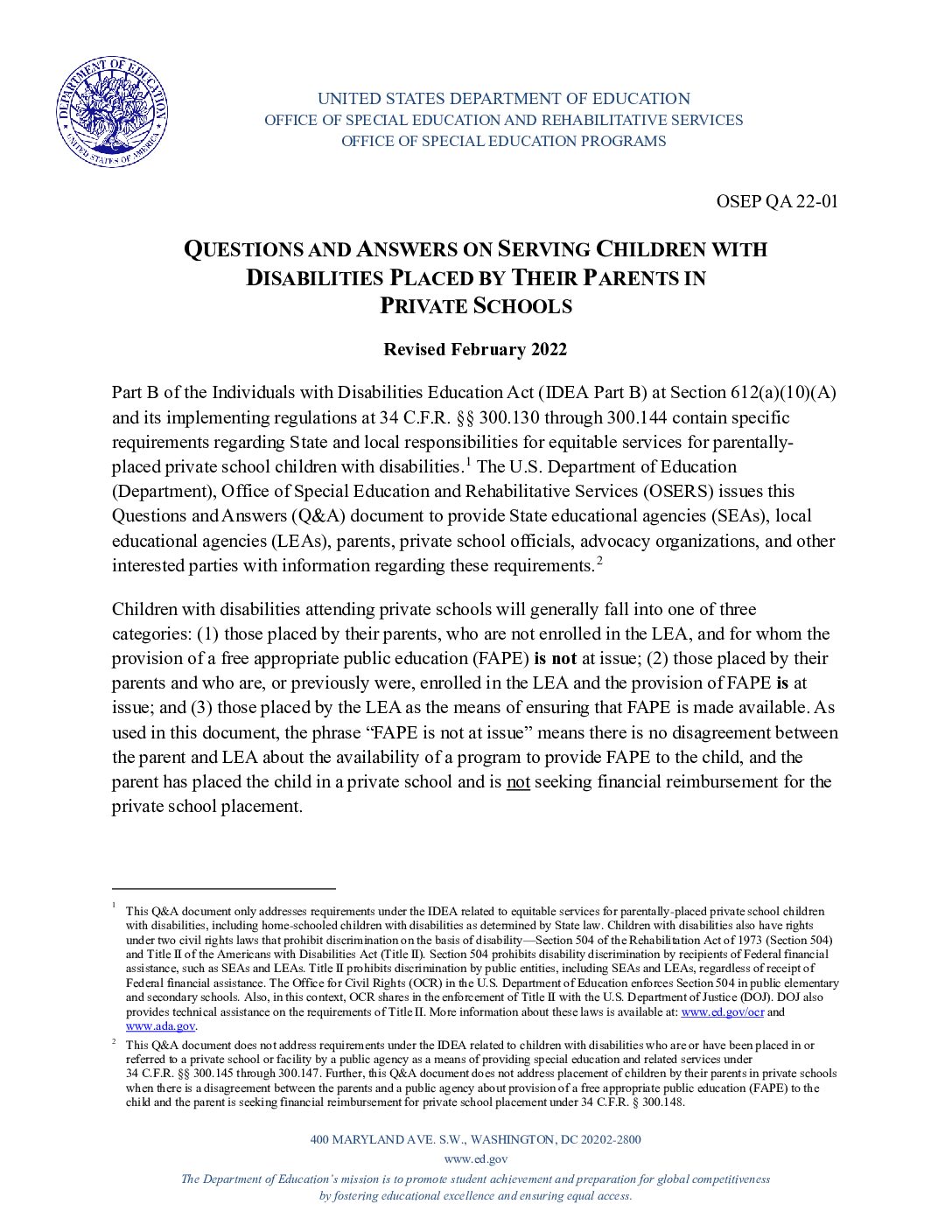
Questions and Answers on Serving Children with Disabilities Placed by Their Parents in Private Schools
Categories: School Choice
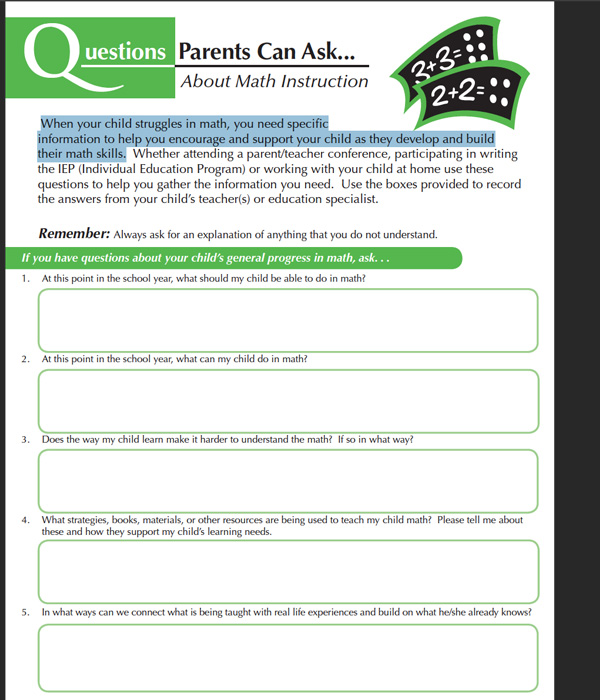
Questions Parents Can Ask about Math Instruction
When your child struggles in math, you need specific information to help you encourage and support your child as they develop and build their math skills...
Categories: Family Engagement, Advocacy, IEP
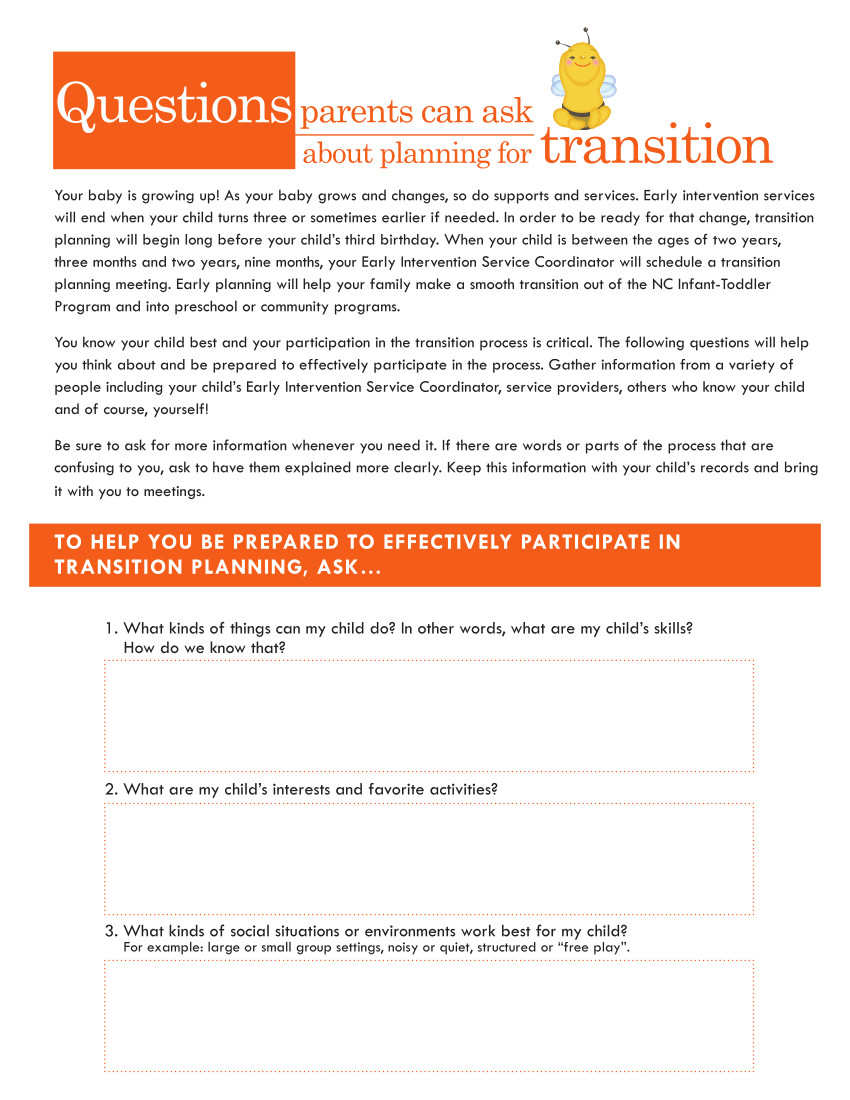
Questions Parents Can Ask About Planning for Transition to Preschool
You know your child best and your participation in the transition process is critical. The following questions will help you think about and be prepared to effectively participate in the process.
Categories: Early Intervention, Transitions
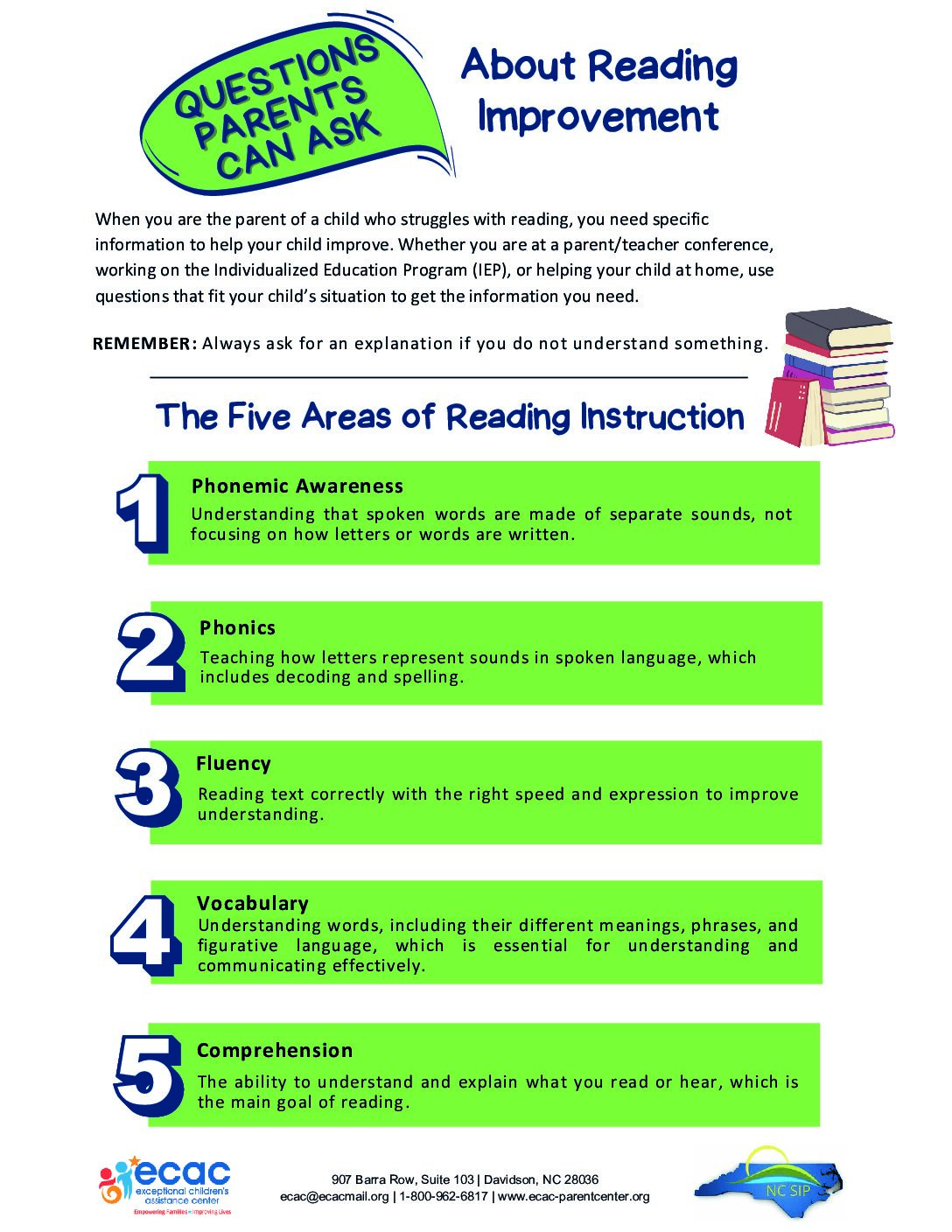
Questions Parents Can Ask about Reading Improvement
When you are the parent of a child who struggles with reading, you need specific information to support your child’s reading progress. Whether attending a parent/teacher conference, participating in writing the IEP (Individualized Education Program), or working with your child at home, use the questions that relate to your child to gather the information you need...
Categories: Advocacy, Family Engagement, IEP, Literacy
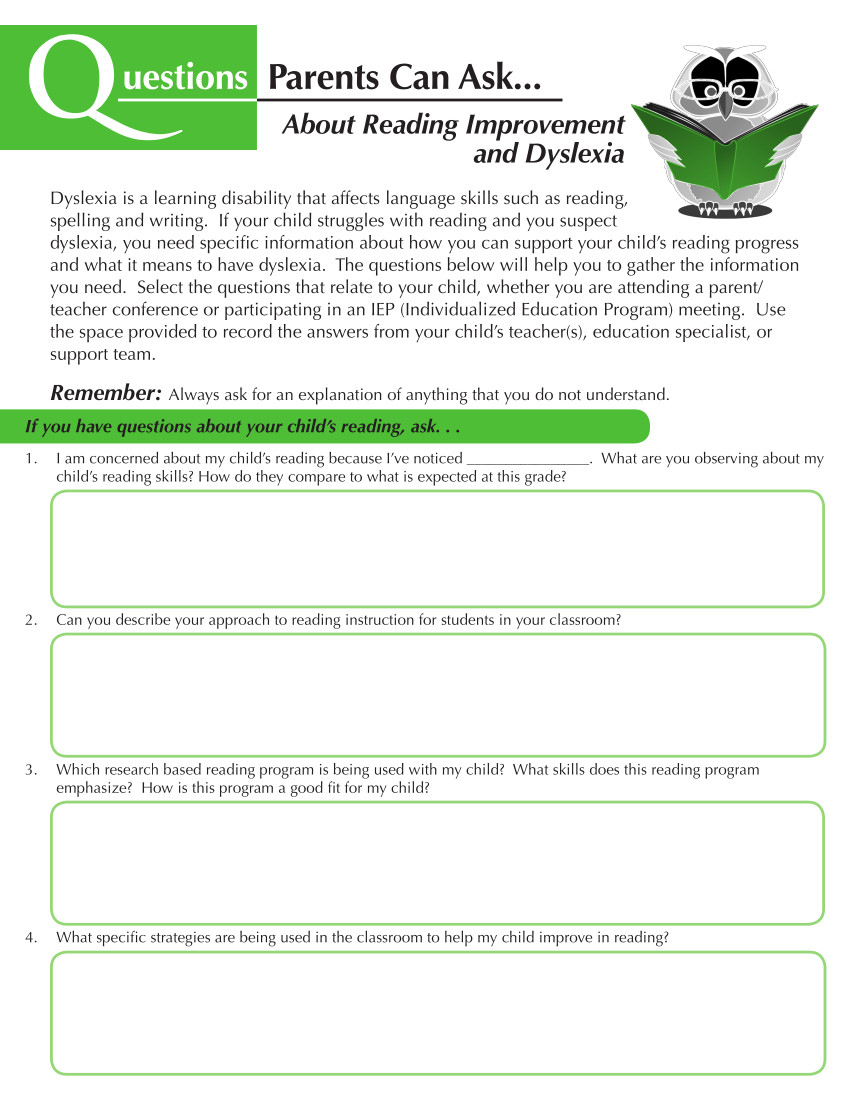
Questions Parents Can Ask about Reading Improvement and Dyslexia
This worksheet will help you gather the specific information you need if your child struggles with reading and you suspect dyslexia.
Categories: Dyslexia, Learning Disability, Literacy, Special Education
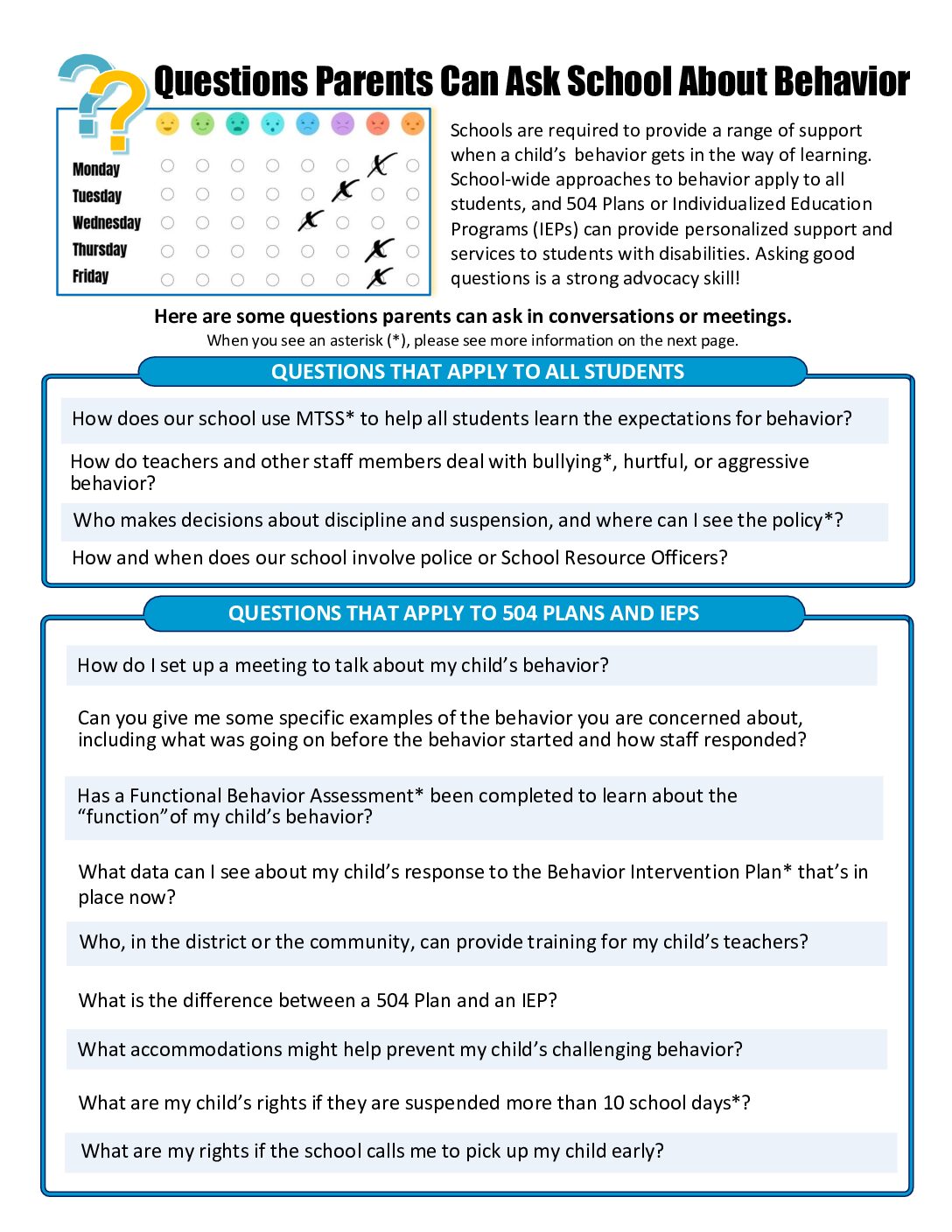
Questions Parents Can Ask School About Behavior
Schools are required to provide a range of support when a child’s behavior gets in the way of learning. School-wide approaches to behavior apply to all students, and 504 Plans or Individualized Education Programs (IEPs) can provide personalized support and services to students with disabilities. Asking good questions is a strong advocacy skill!
Categories: Behavior, Communication, Special Education
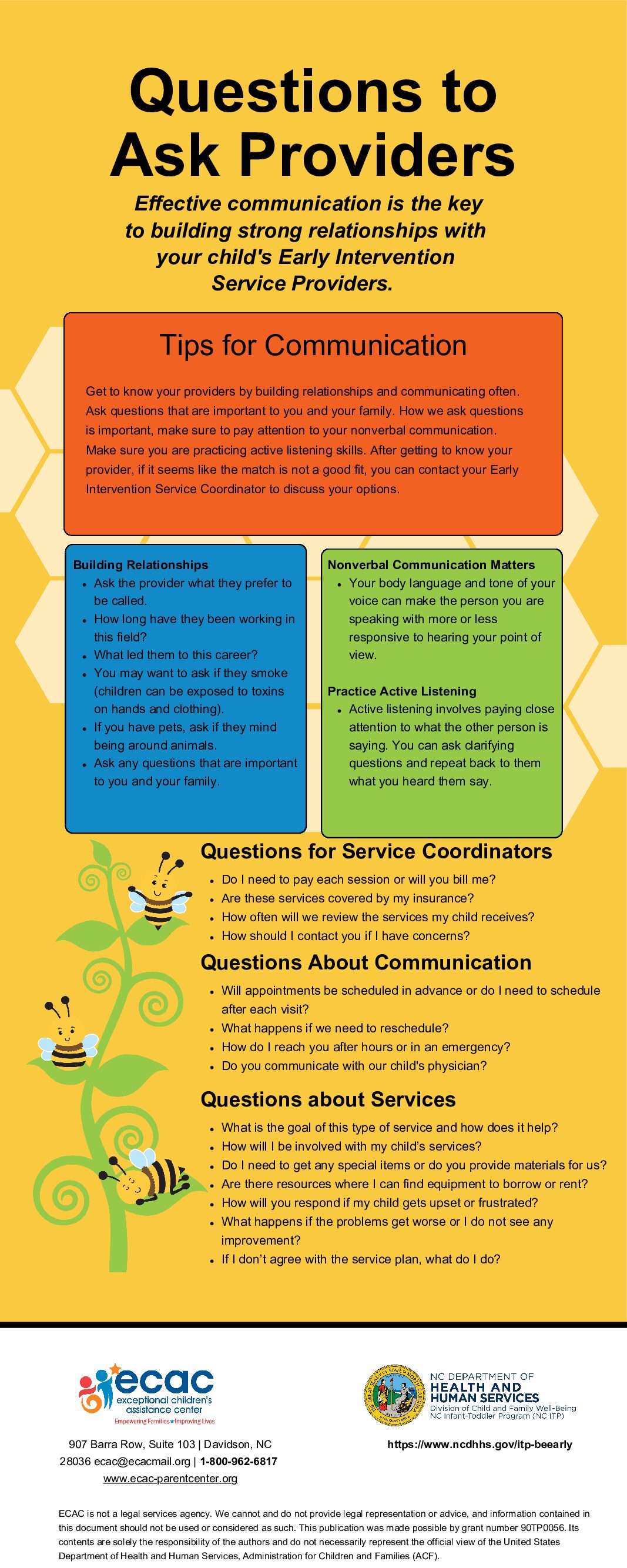
Questions to Ask Providers Infographic
Categories: Early Childhood, Early Intervention
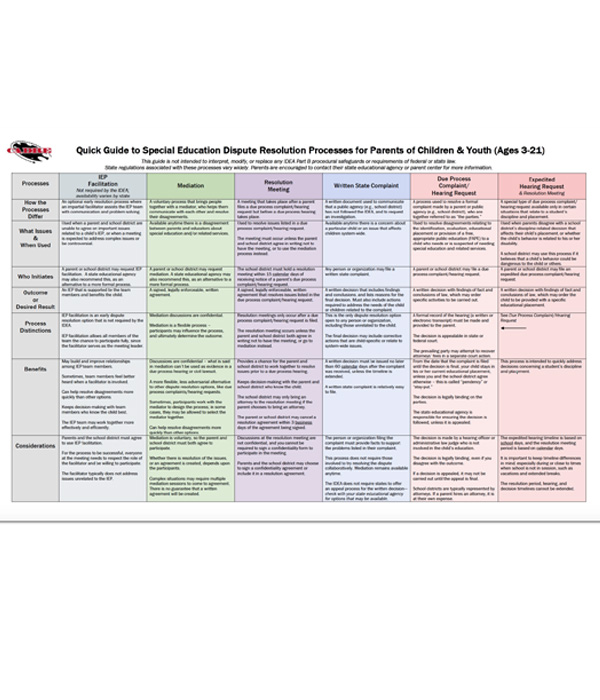
Quick Guide to Special Education Dispute Resolution Processes for Parents of Children & Youth (Ages 3-21)
IEP facilitation, mediation, resolution meeting, written state compliance, due process complaint, and hearing request
Categories: Communication, Conflict Resolution, Special Education
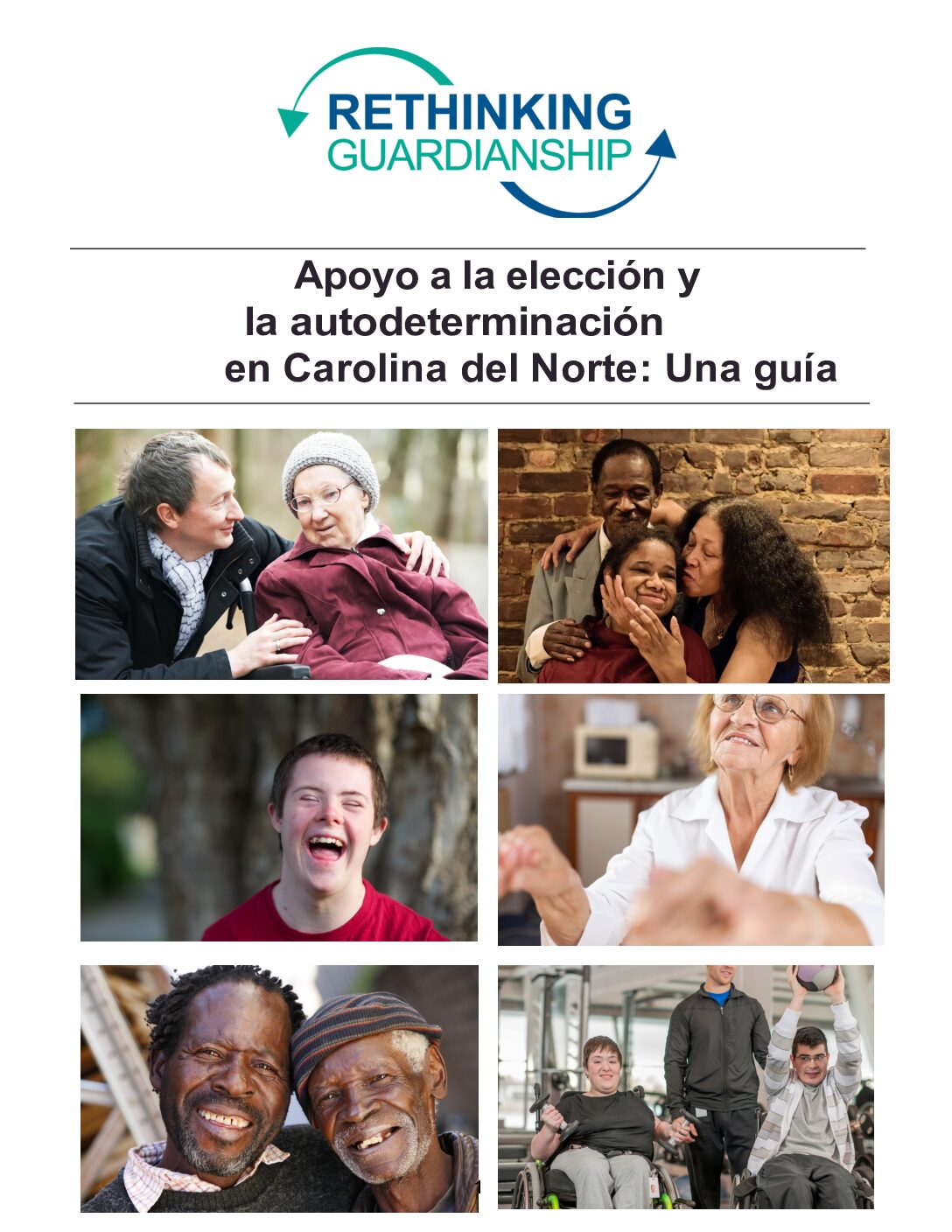
Reconsideración de la Tutela - Rethinking Guardianship
Apoyo a la elección y la autodeterminación en Carolina del Norte: Una guía
Categories: Guardianship and Alternatives, Spanish
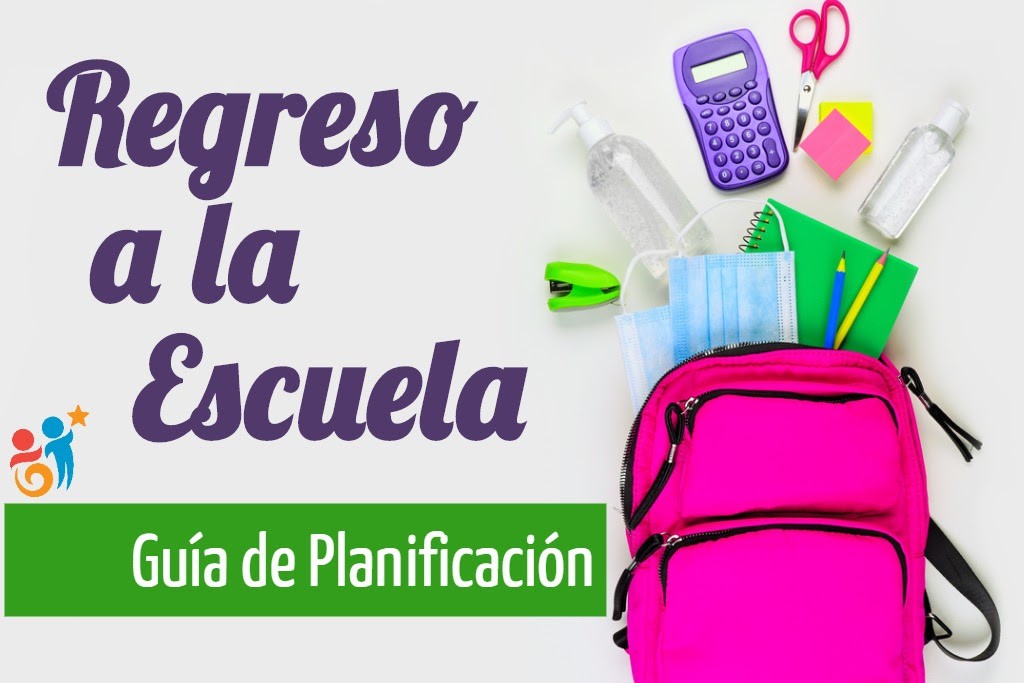
Regreso a la Escuela (Back to School)
Una Guía de Planificación para las Familias de Carolina del Norte con Estudiantes con Discapacidad
Categories: IEP, Remote Learning, Spanish, Special Education
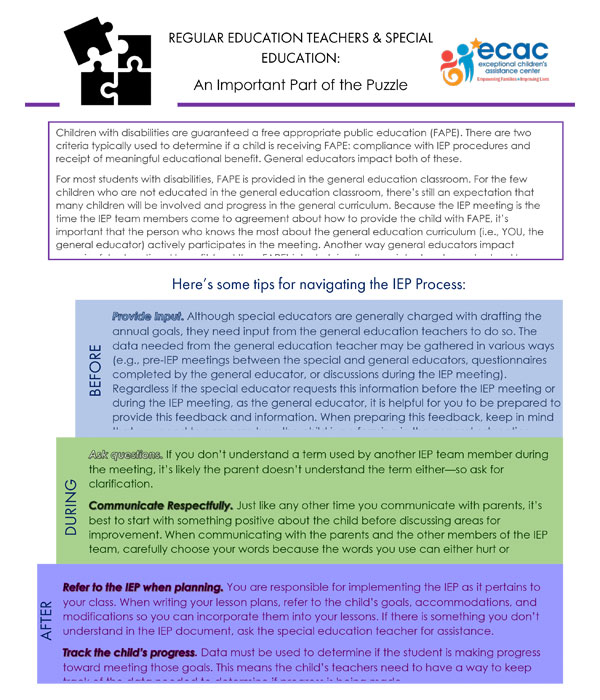
Regular Education Teachers and Special Education: An Important Part of the Puzzle
Children with disabilities are guaranteed a free appropriate public education (FAPE). There are two criteria typically used to determine...
Categories: IEP, Inclusion
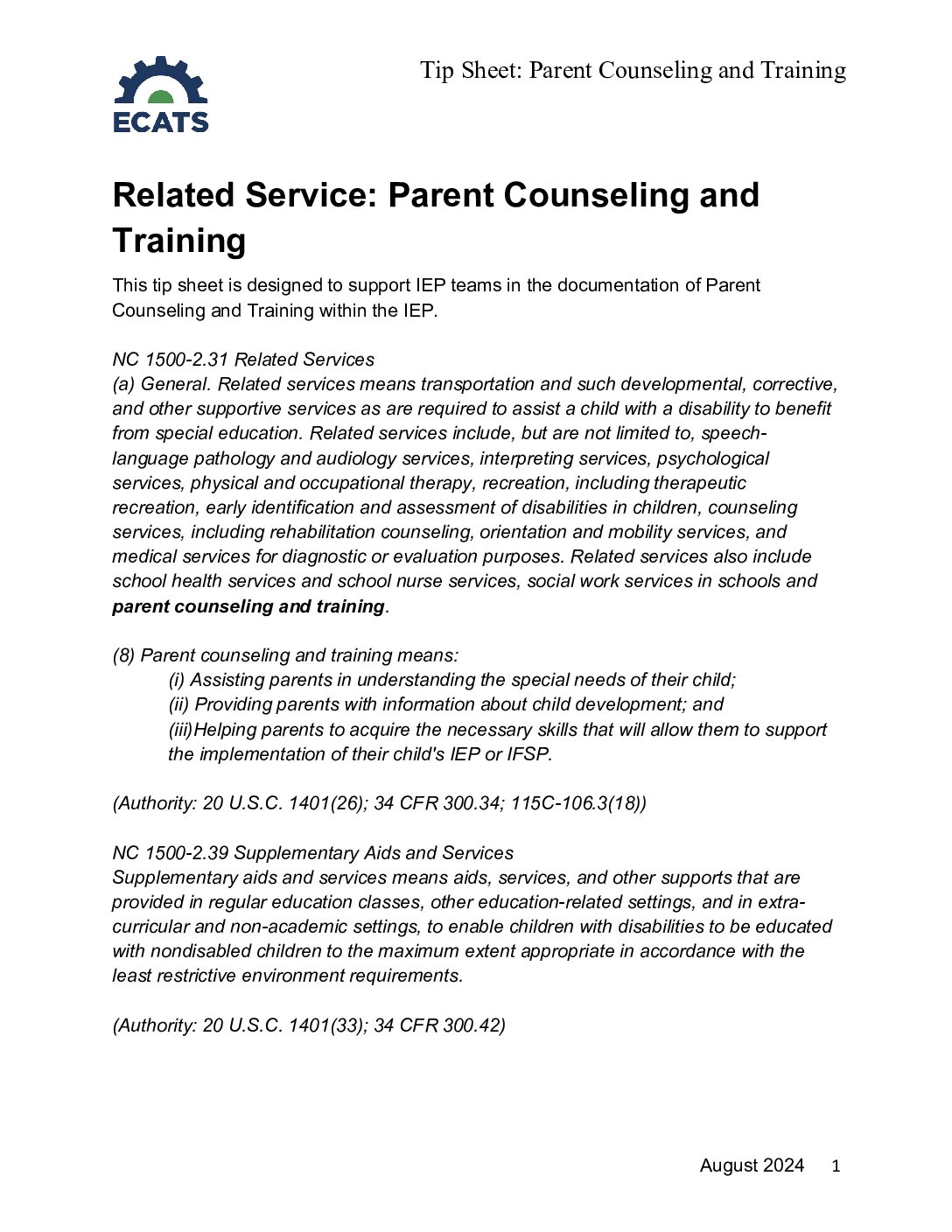
Related Service: Parent Counseling and Training
This tip sheet is designed to support IEP teams in the documentation of Parent Counseling and Training within the IEP.
Categories: IEP, NC Deaf-Blind Project, Special Education
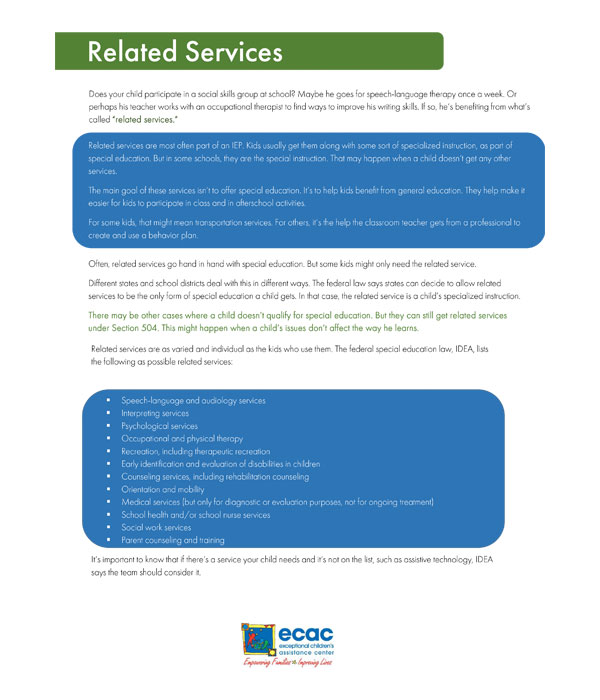
Related Services
Does your child participate in a social skills group at school? Maybe he goes for speech-language therapy once a week. Or perhaps his teacher works with an occupational therapist...
Categories: IEP
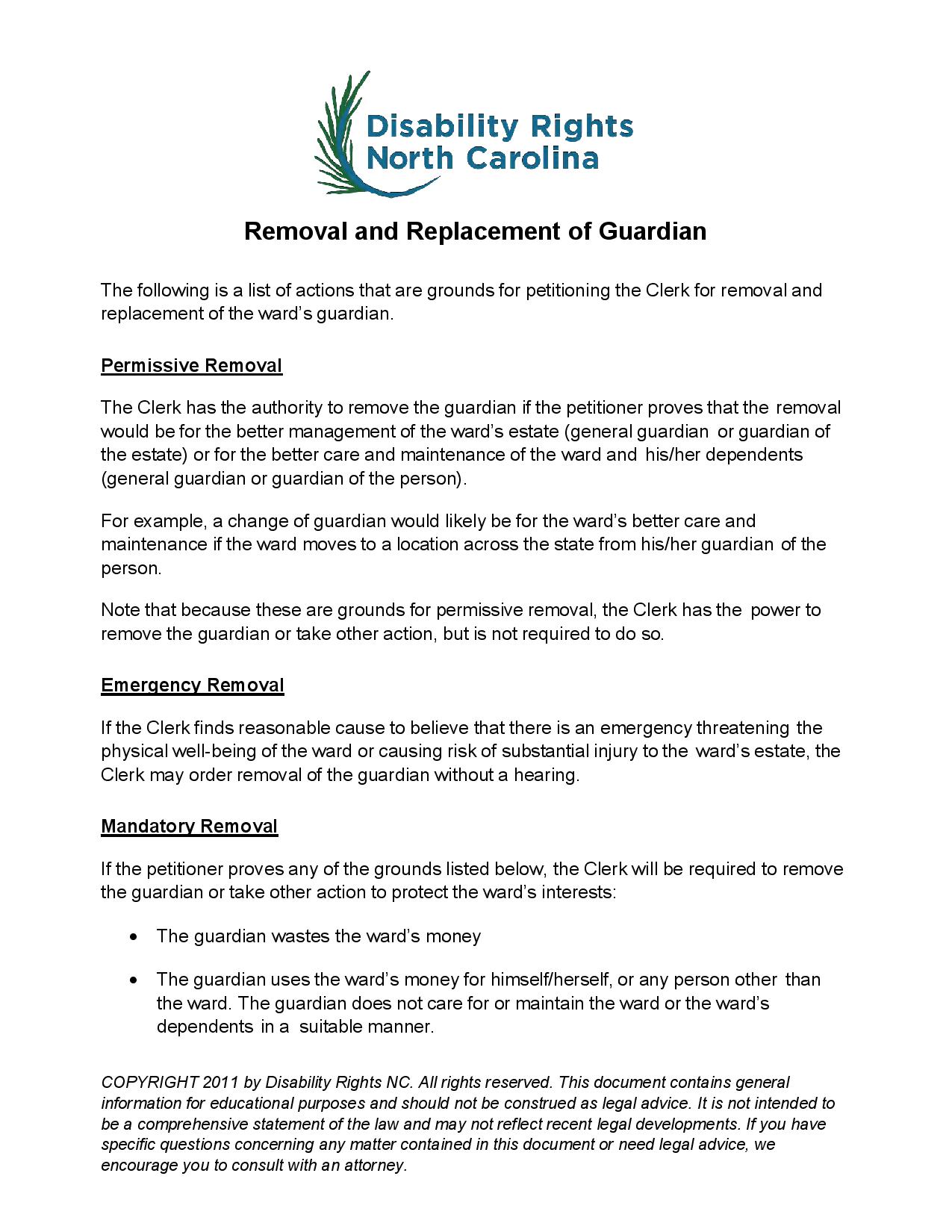
Removal and Replacement of Guardian Packet - Disability Rights North Carolina
This packet provides a list of actions that are grounds for petitioning the Clerk for removal and replacement of the ward’s guardian
Categories: Guardianship and Alternatives, Transition to Adulthood
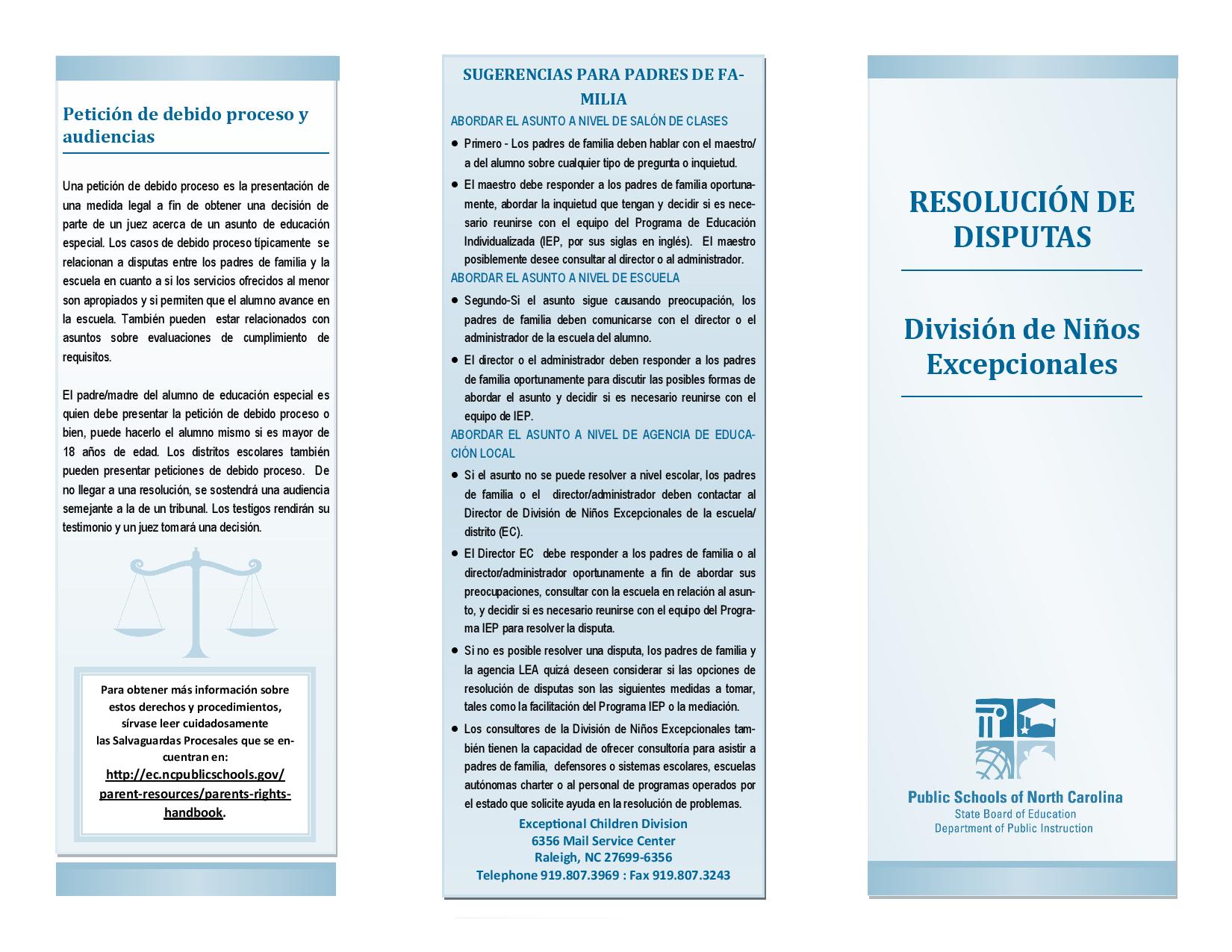
RESOLUCIÓN DE DISPUTAS - División de Niños Excepcionales (Dispute Resolution Brochure – NCDPI Exceptional Children Division)
RESOLUCIÓN DE DISPUTAS
Categories: Conflict Resolution, Spanish
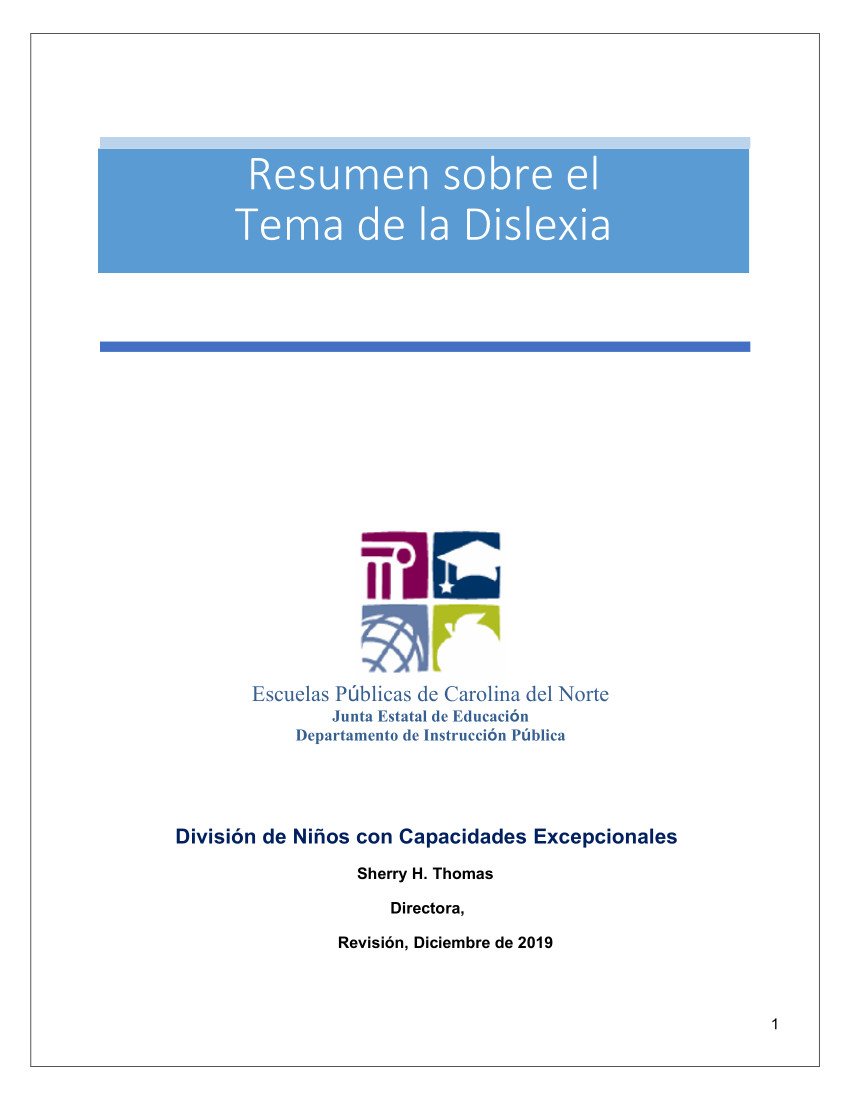
Resumen sobre el Tema de la Dislexia (Overview of the Topic of Dyslexia)
El propósito de este documento es brindar a las partes interesadas información acerca de la evaluación, identificación y educación de alumnos con dislexia en las escuelas públicas de Carolina del Norte.
Categories: Dyslexia, Learning Disability, Spanish, Special Education
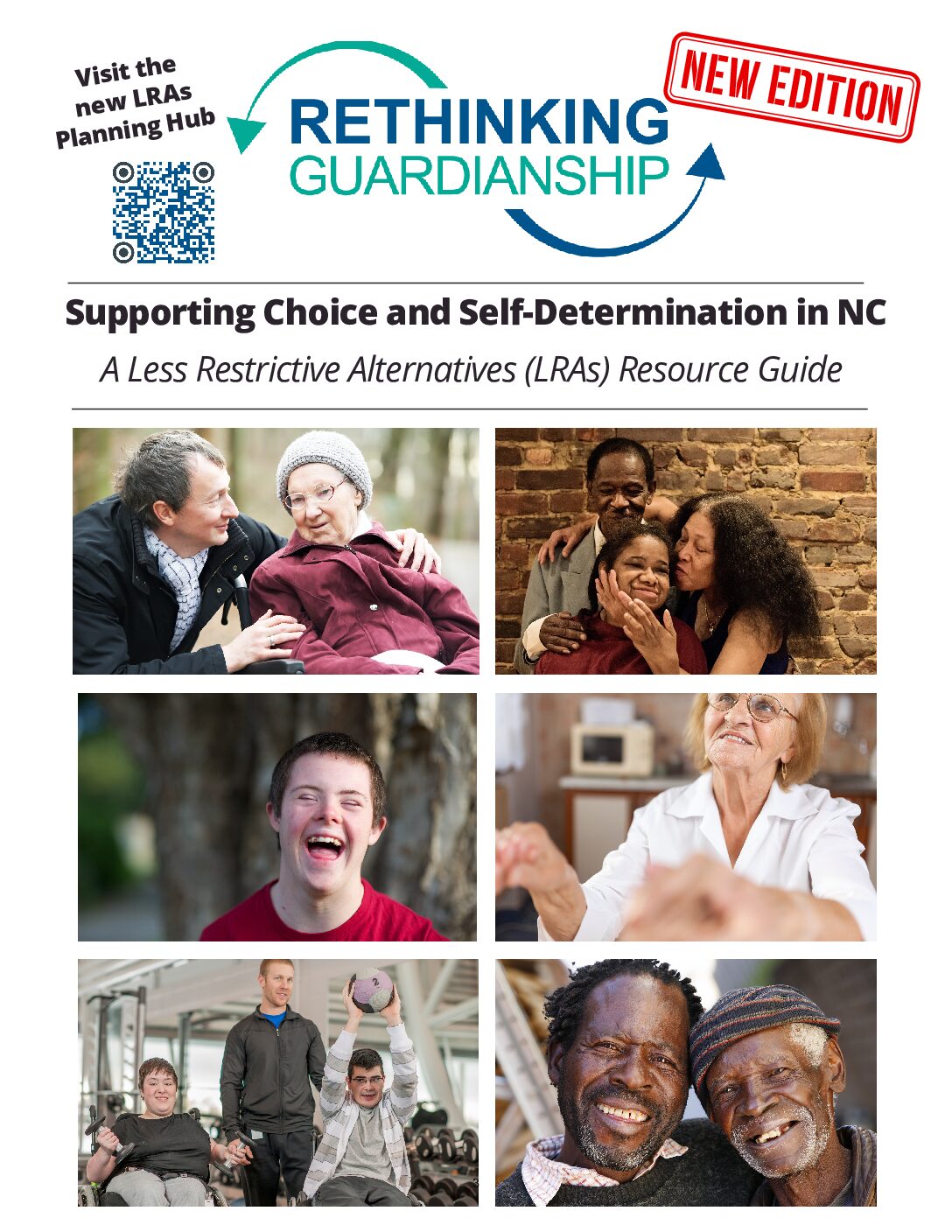
Rethinking Guardianship
Supporting Choice and Self-Determination in North Carolina: A Guide
Categories: Guardianship and Alternatives
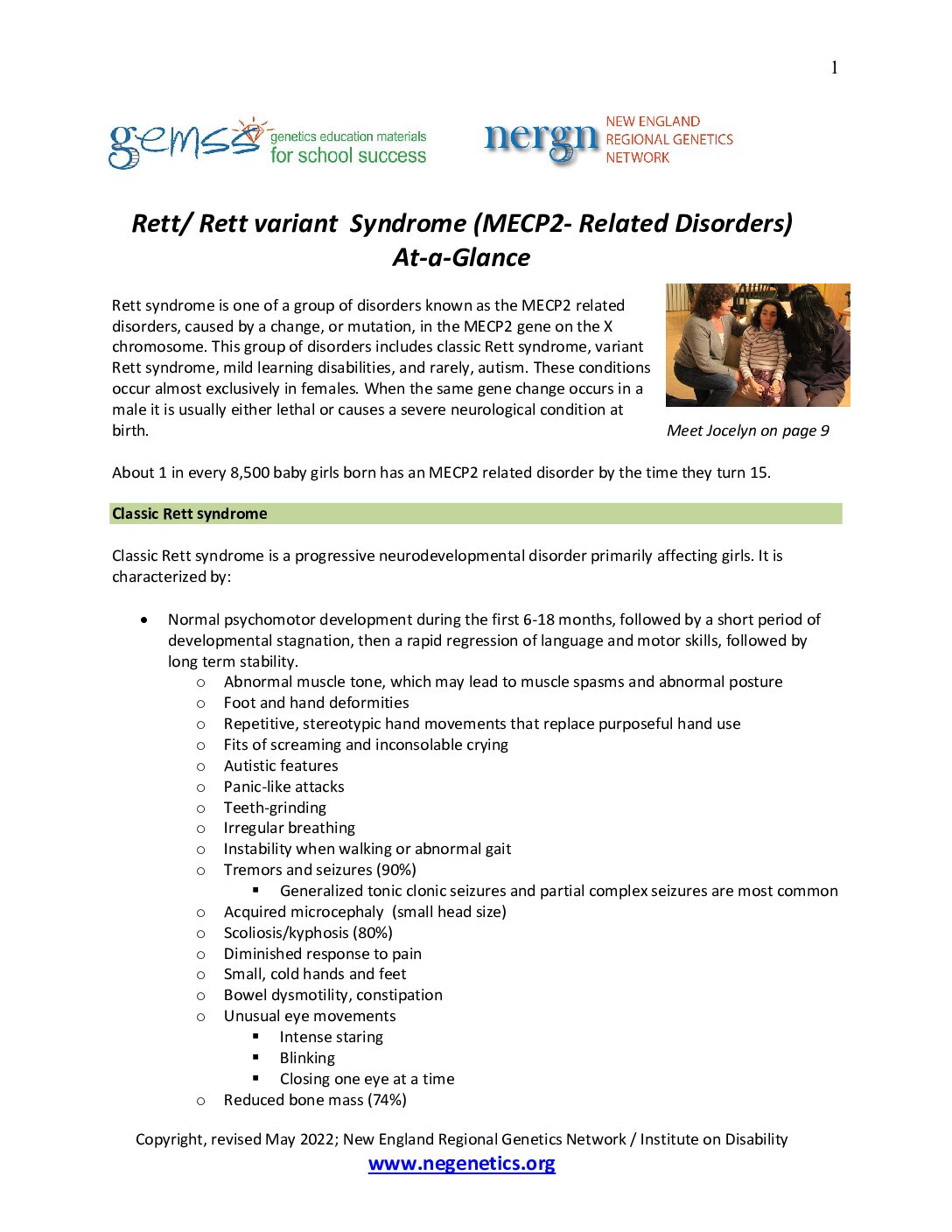
Rett/Rett Variant Syndrome (MECP2- Related Disorders)
Genetic Education Materials for School Success (GEMSS) provides a family-friendly starting point to help family members learn more about genetic conditions and offers ideas to encourage inclusion and participation in the classroom. GEMSS shares condition-specific information and resources for multiple audiences, including families, professionals, healthcare providers, and schools. Contributors to GEMSS come from clinical, public health, advocacy, and academic settings. All content has been vetted by clinical and family experts.
Categories: Disability and Health Condition Specific Information

Return to School Planning Guide
A Planning Guide for North Carolina Families Who Have a Student with a Disability
Categories: IEP, Special Education, Remote Learning
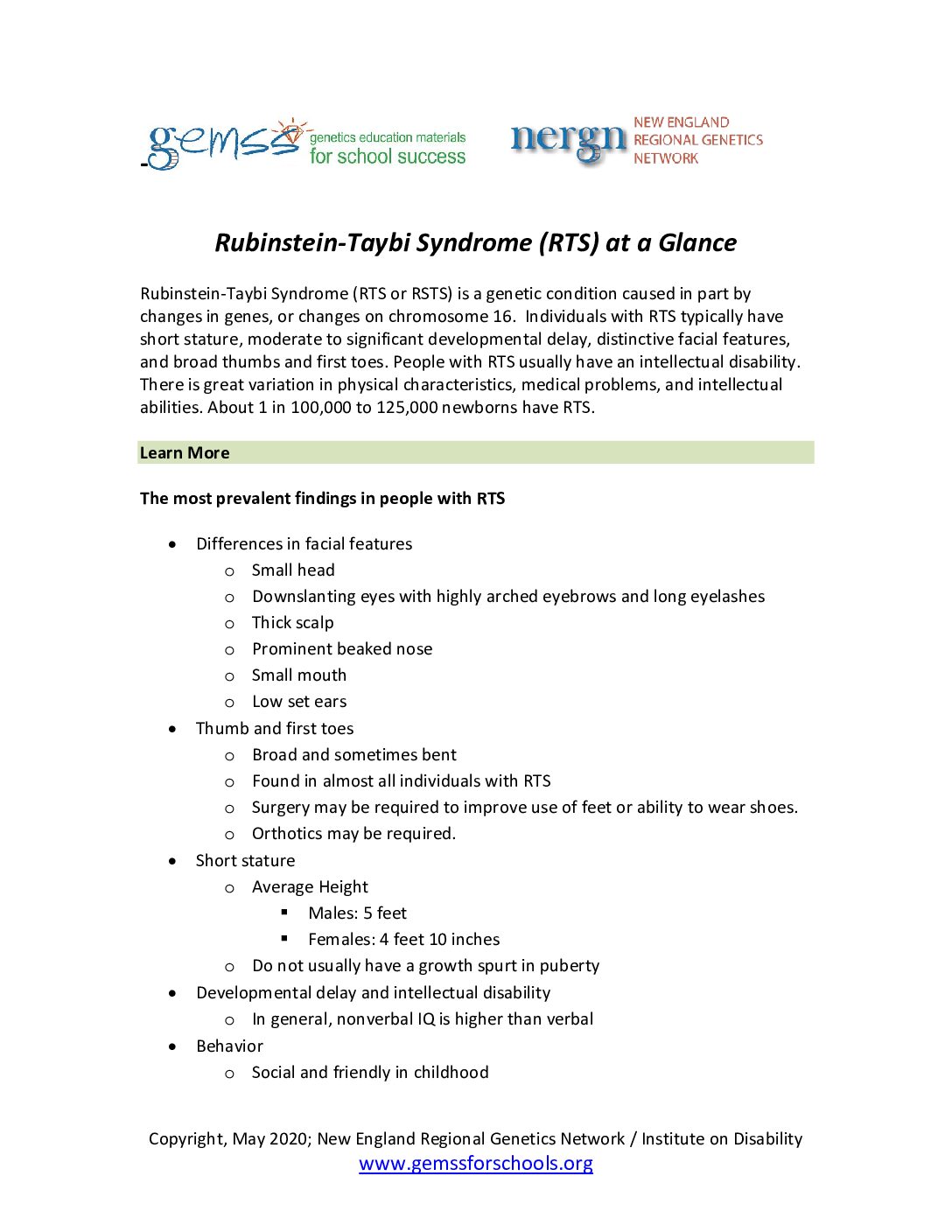
Rubinstein-Taybi Syndrome (RTS) at a Glance
Genetic Education Materials for School Success (GEMSS) provides a family-friendly starting point to help family members learn more about genetic conditions and offers ideas to encourage inclusion and participation in the classroom. GEMSS shares condition-specific information and resources for multiple audiences, including families, professionals, healthcare providers, and schools. Contributors to GEMSS come from clinical, public health, advocacy, and academic settings. All content has been vetted by clinical and family experts.
Categories: Disability and Health Condition Specific Information
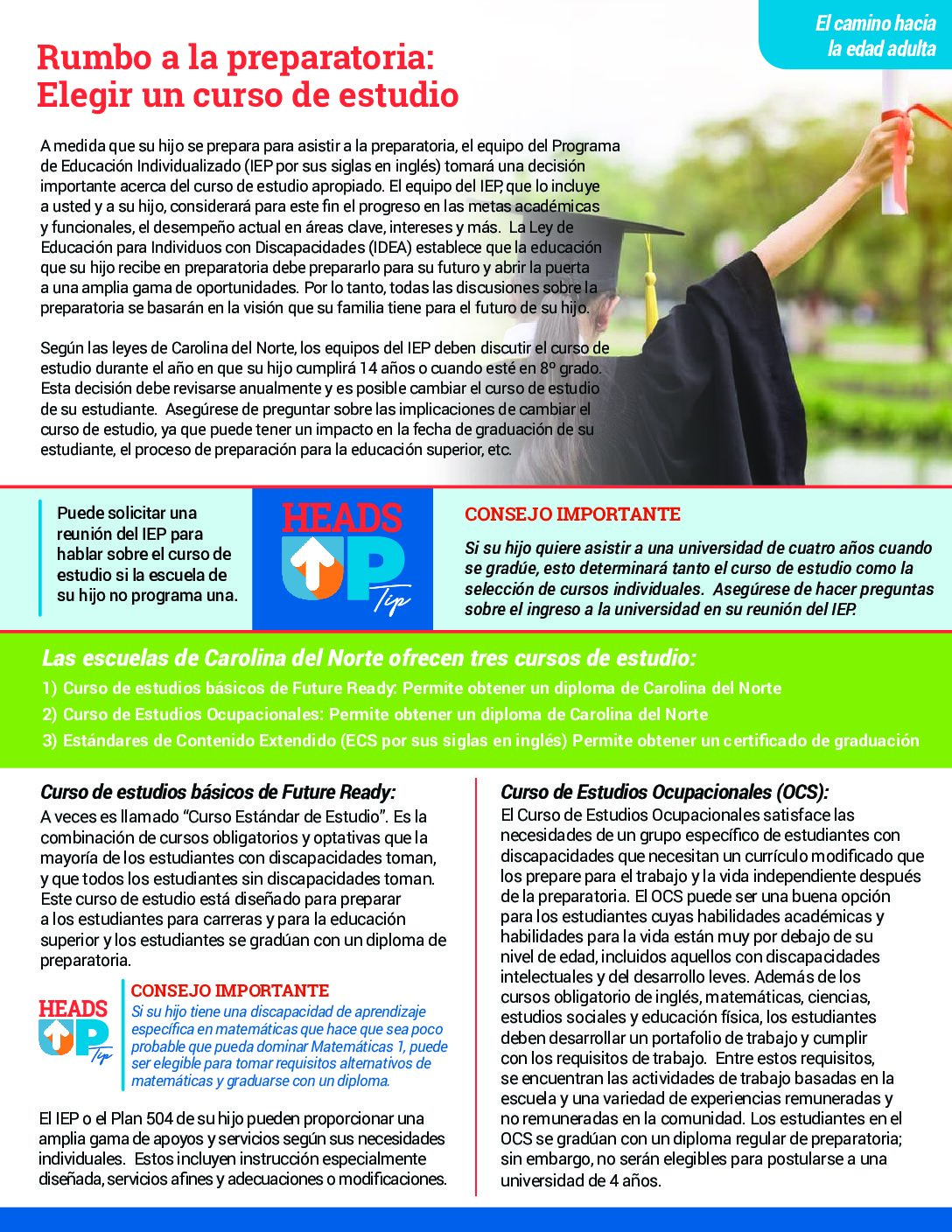
Rumbo a la preparatoria: Elegir un curso de estudio (Heading to High School: Choosing a Course of Study)
El camino hacia la edad adulta
Categories: Spanish, Transition to Adulthood
Russell-Silver Syndrome at a Glance
Genetic Education Materials for School Success (GEMSS) provides a family-friendly starting point to help family members learn more about genetic conditions and offers ideas to encourage inclusion and participation in the classroom. GEMSS shares condition-specific information and resources for multiple audiences, including families, professionals, healthcare providers, and schools. Contributors to GEMSS come from clinical, public health, advocacy, and academic settings. All content has been vetted by clinical and family experts.
Categories: Disability and Health Condition Specific Information
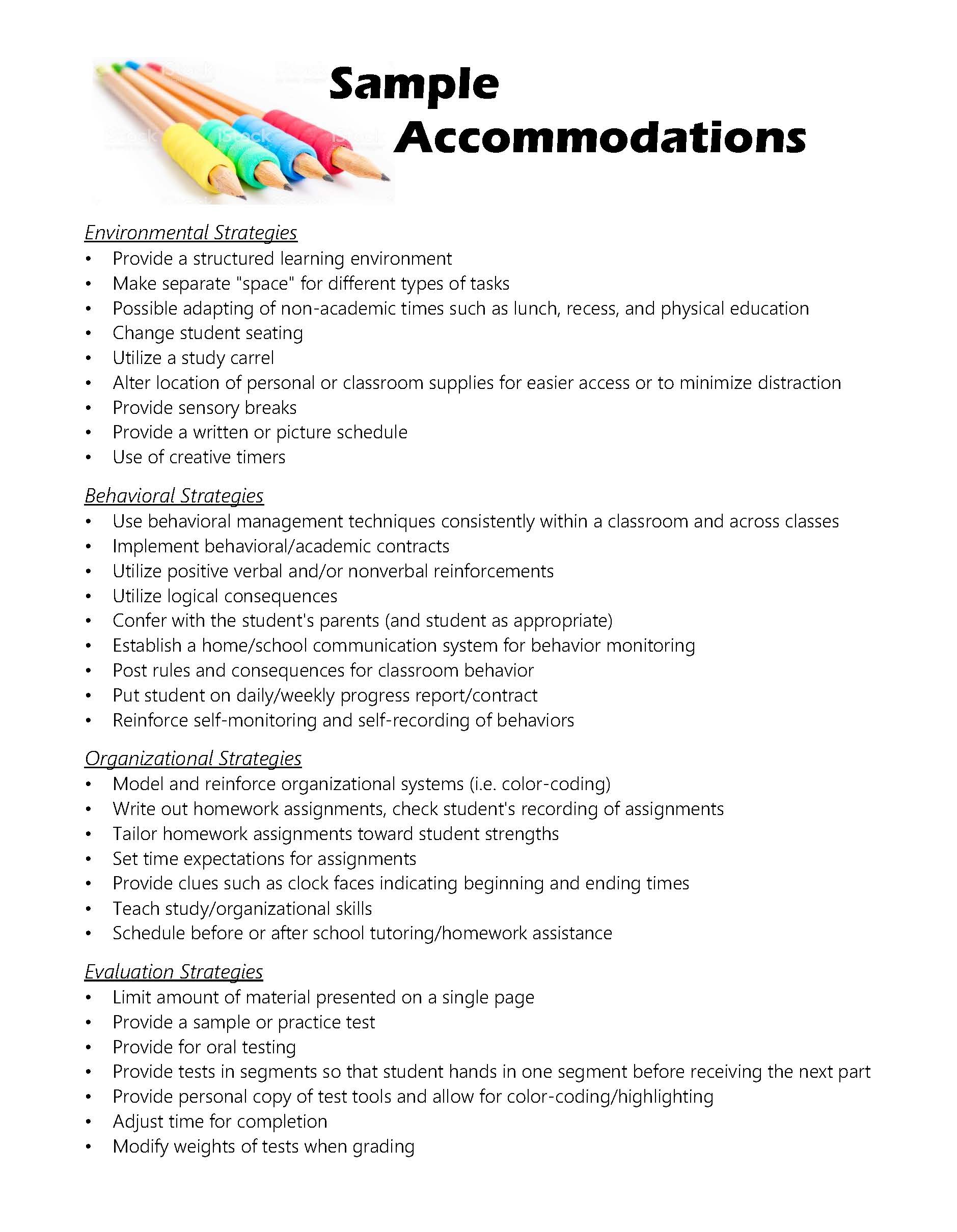
Sample Accommodations
This document provides Environmental, Behavioral, Organizational Strategies and more!
Categories: 504, Accommodations, IEP, Special Education
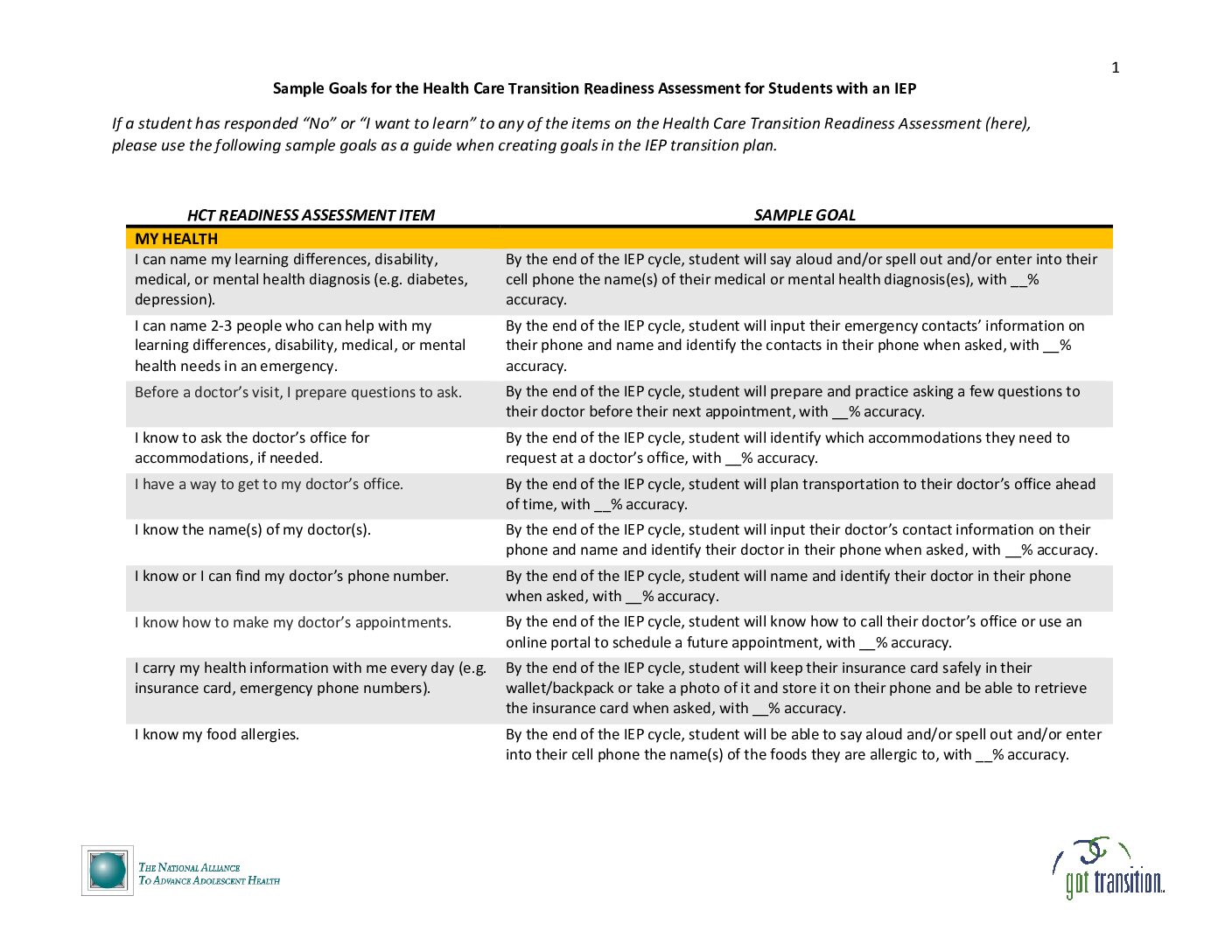
Sample Goals for the Health Care Transition Readiness Assessment for Students with an IEP
If a student has responded “No” or “I want to learn” to any of the items on the Health Care Transition Readiness Assessment, use the following sample goals as a guide when creating goals in the IEP transition plan.
Categories: Health Care in Schools, Transition to Adulthood
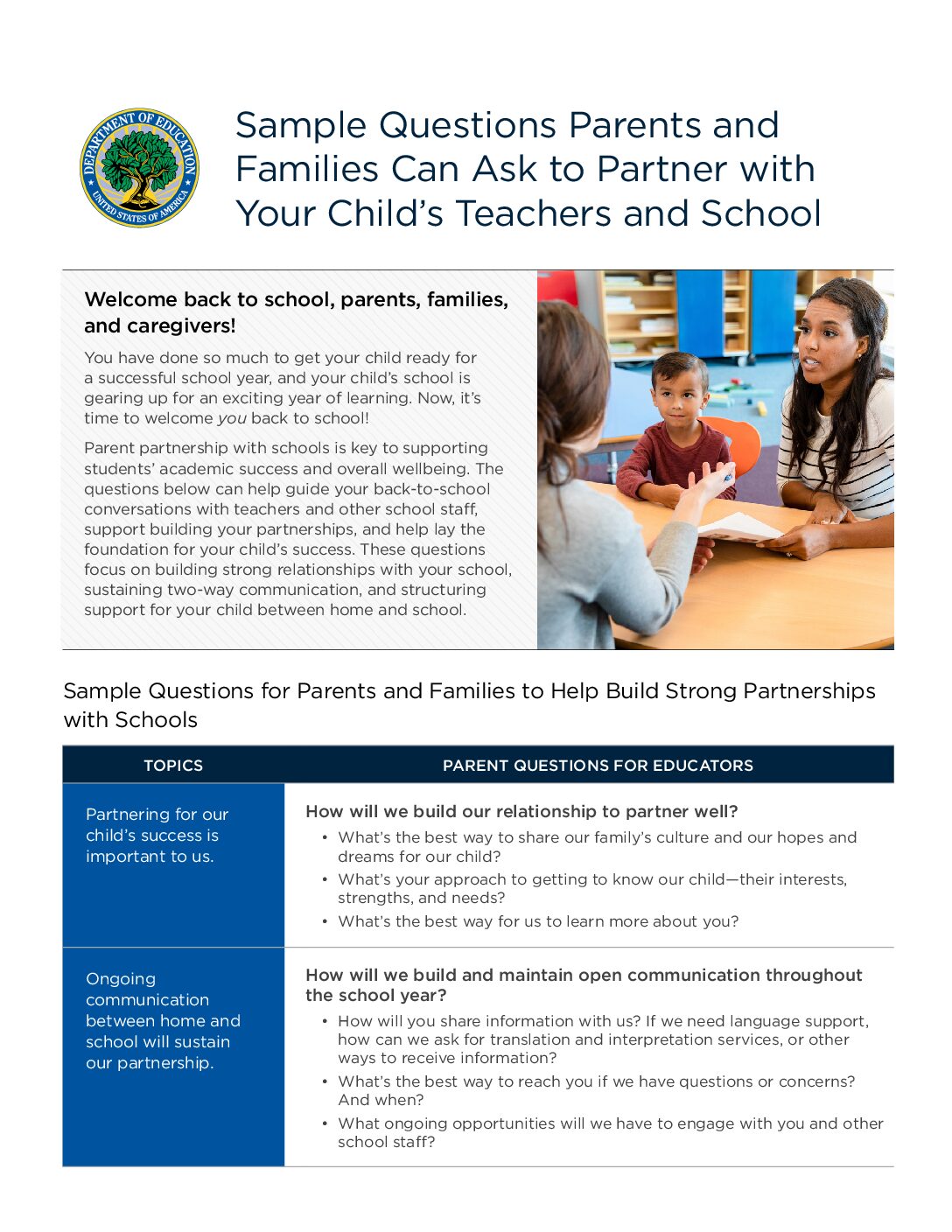
Sample Questions Parents and Families Can Ask to Partner with Your Child's Teachers and School
Parent partnership with schools is key to supporting students’ academic success and overall wellbeing. The questions below can help guide your back-to-school conversations with teachers and other school staff, support building your partnerships, and help lay the foundation for your child’s success. These questions focus on building strong relationships with your school, sustaining two-way communication, and structuring support for your child between home and school.
Categories: Communication, Family Engagement
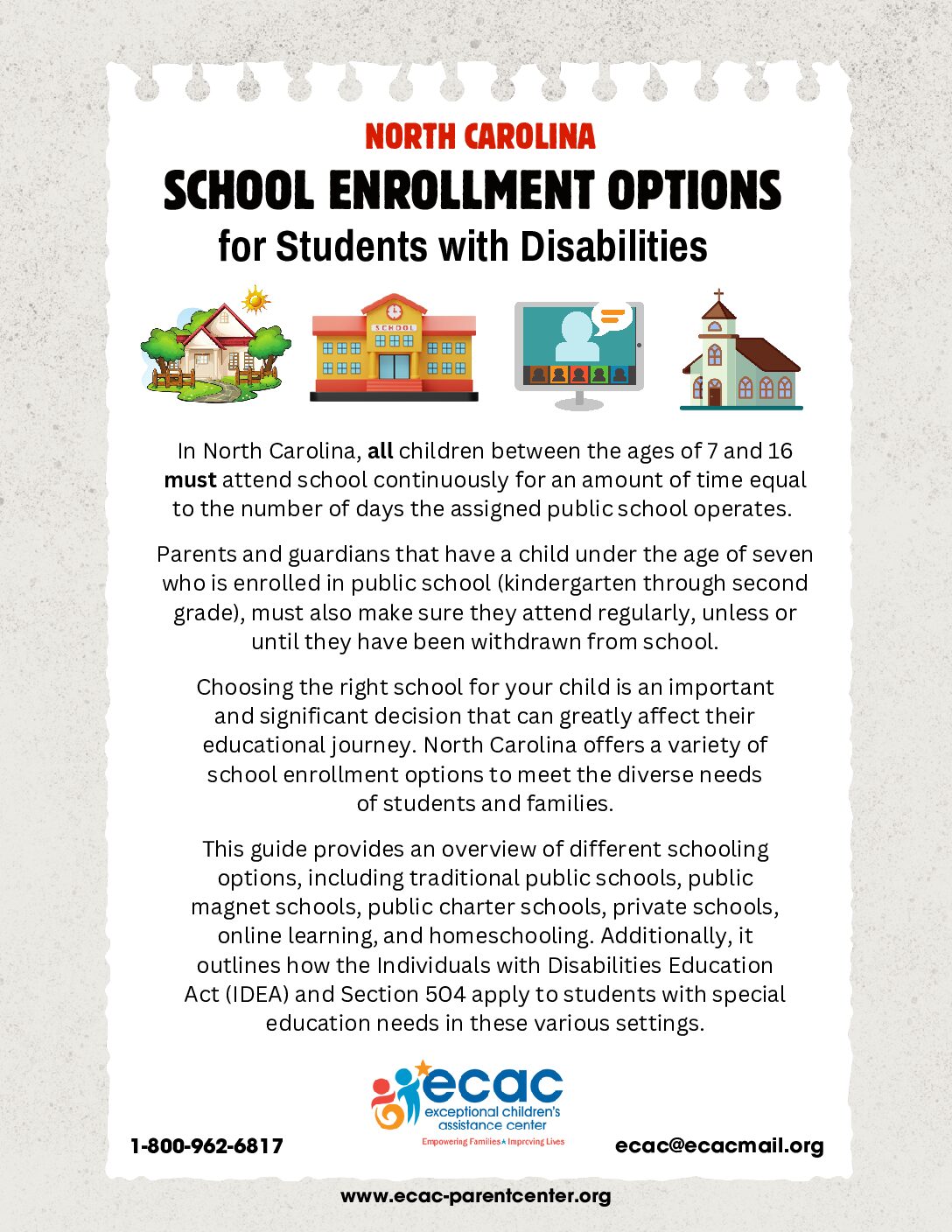
School Enrollment Options for Students with Disabilities
This guide provides an overview of different schooling options, including traditional public schools, public magnet schools, public charter schools, private schools, online learning, and homeschooling. Additionally, it outlines how the Individuals with Disabilities Education Act (IDEA) and Section 504 apply to students with special education needs in these various settings.
Categories: School Choice
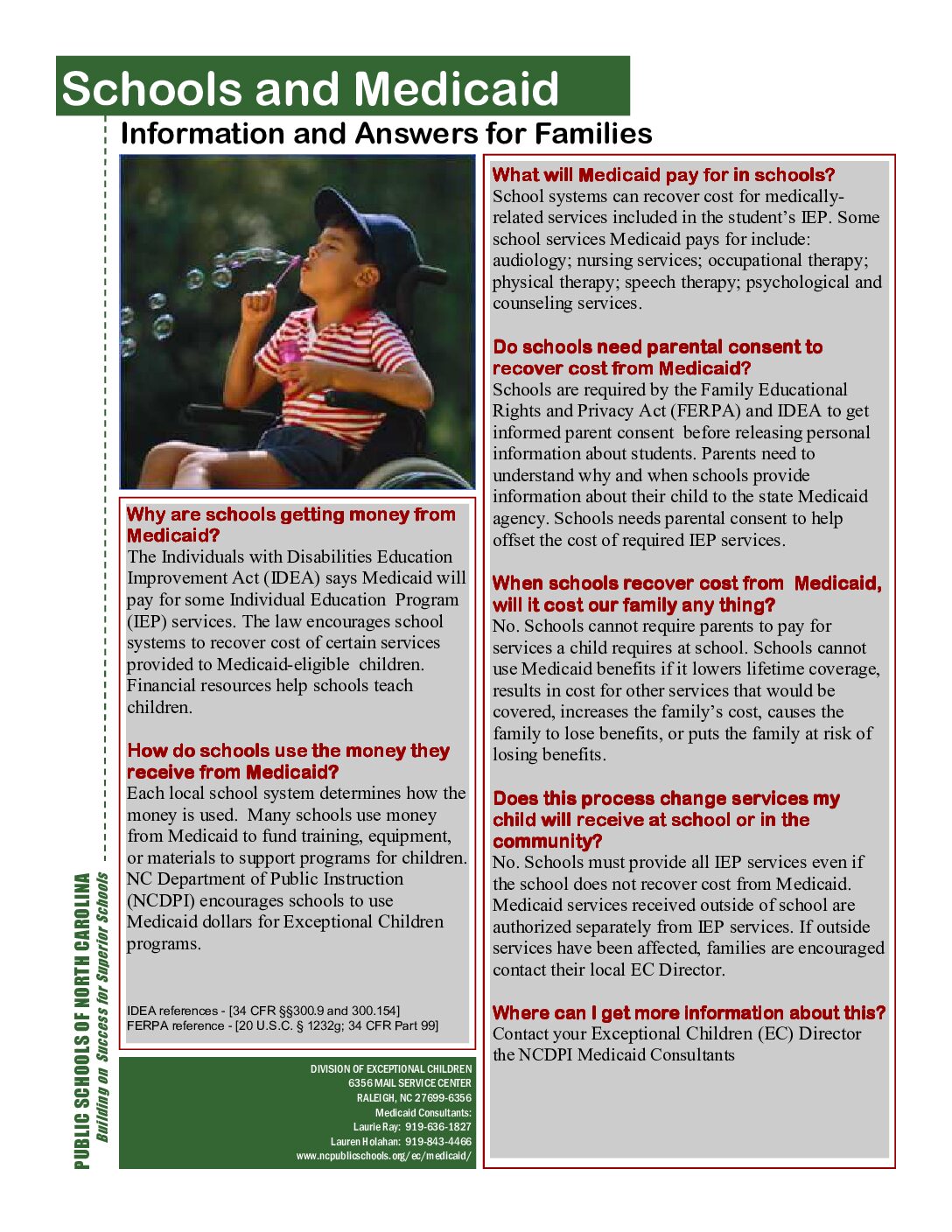
Schools and Medicaid - Information and Answers for Families
Categories: Medicaid and Medicaid Waivers, Special Education
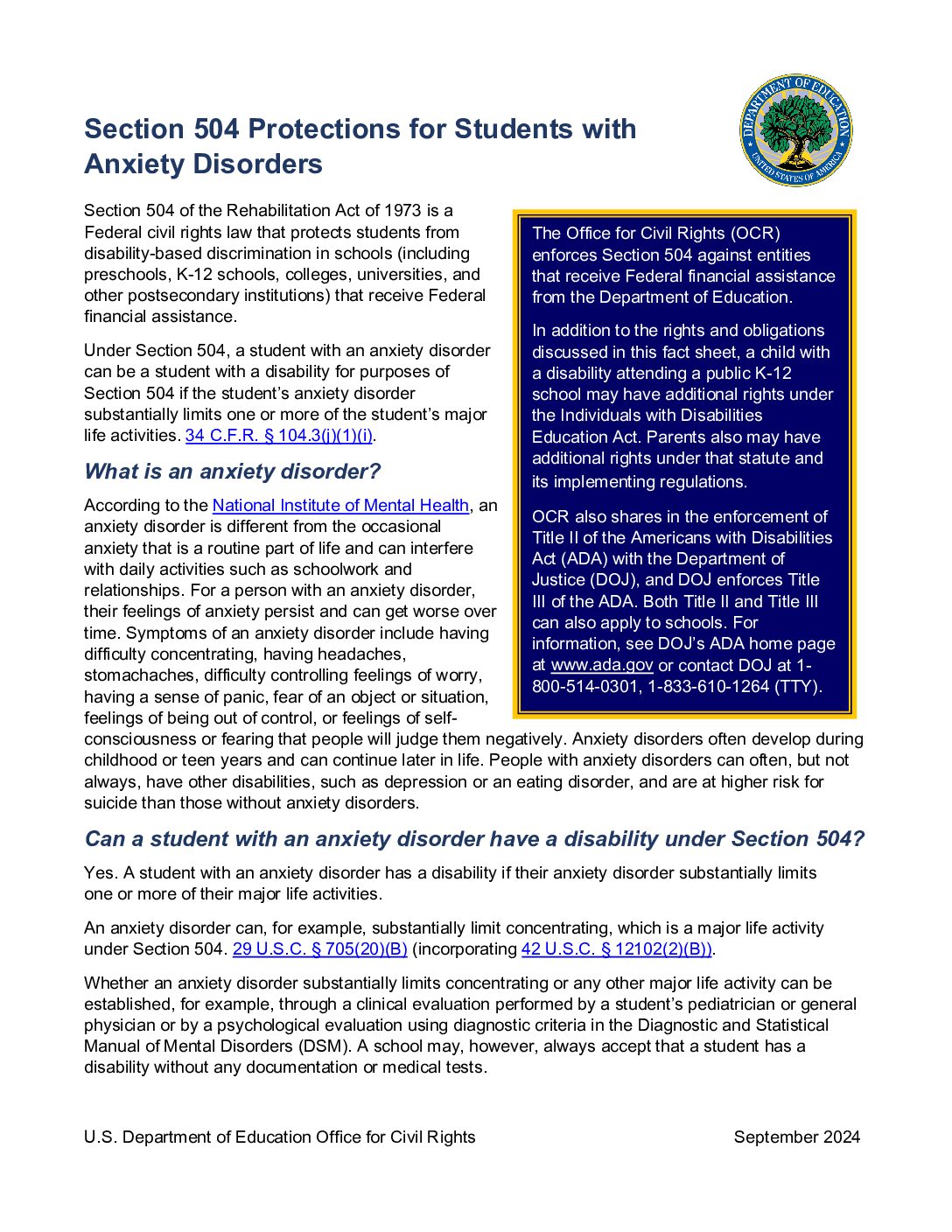
Section 504 Protections for Students with Anxiety Disorders
Under Section 504, a student with an anxiety disorder can be a student with a disability for purposes of Section 504 if the student’s anxiety disorder substantially limits one or more of the student’s major life activities.
Categories: 504
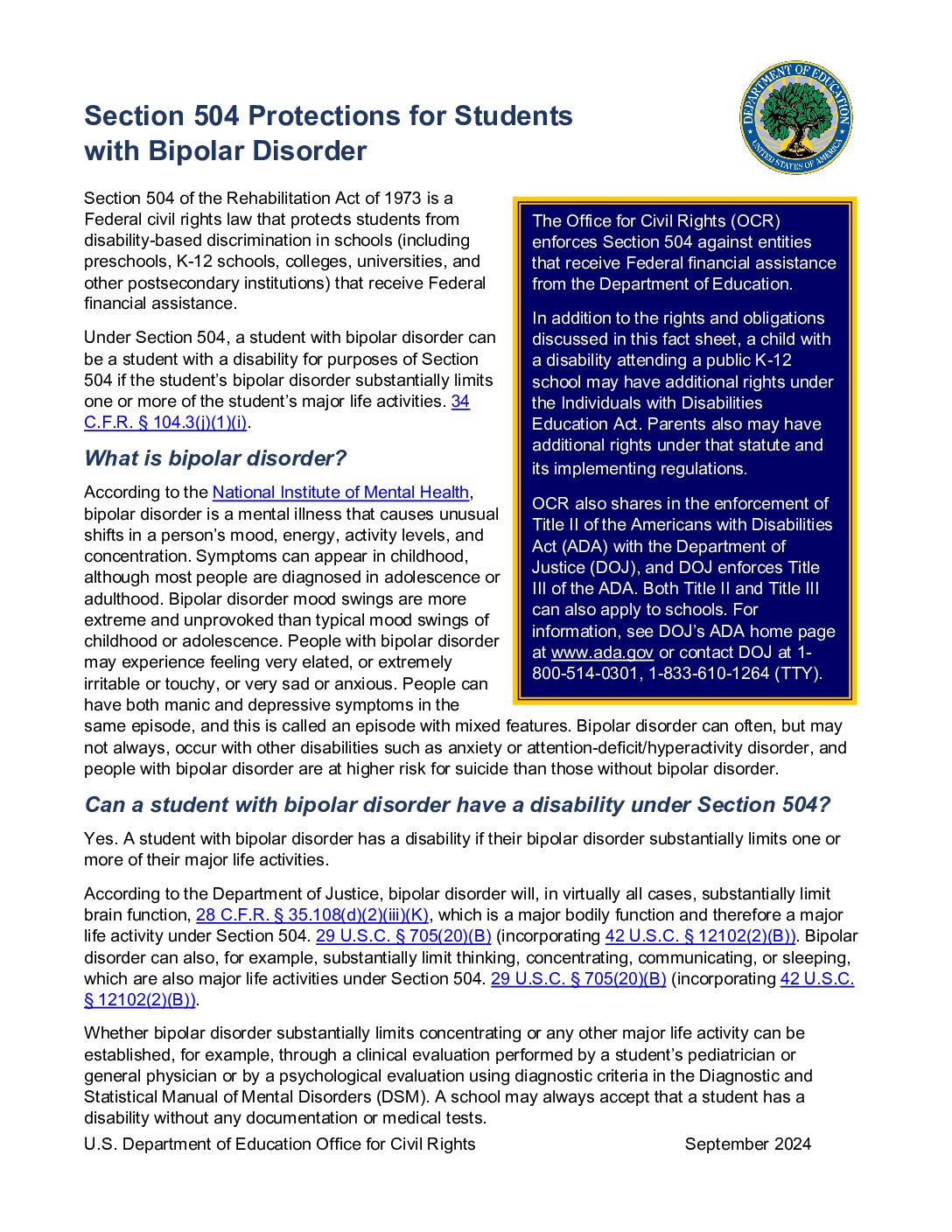
Section 504 Protections for Students with Bipolar Disorder
Under Section 504, a student with bipolar disorder can be a student with a disability for purposes of Section 504 if the student’s bipolar disorder substantially limits one or more of the student’s major life activities
Categories: 504
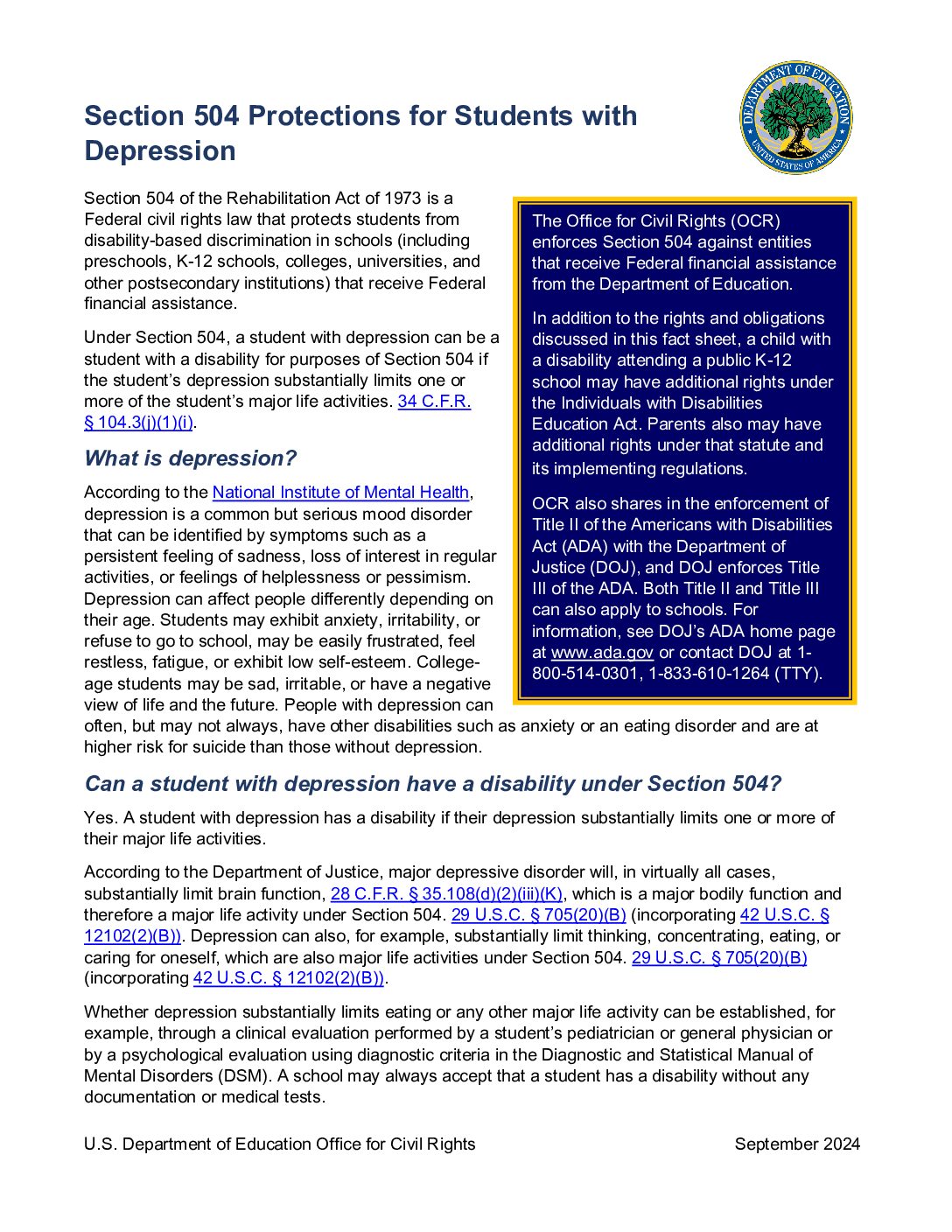
Section 504 Protections for Students with Depression
Under Section 504, a student with depression can be a student with a disability for purposes of Section 504 if the student’s depression substantially limits one or more of the student’s major life activities.
Categories: 504
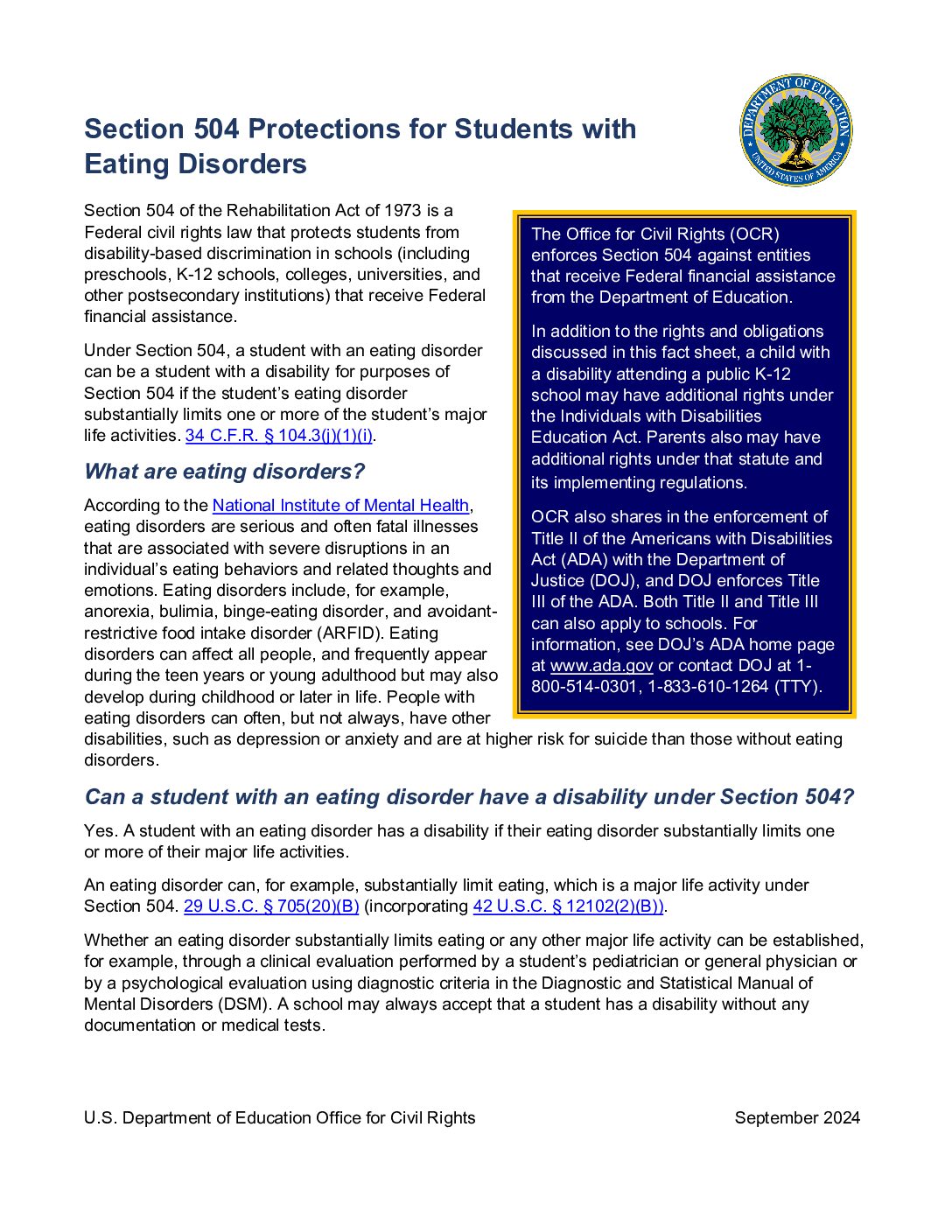
Section 504 Protections for Students with Eating Disorders
Under Section 504, a student with an eating disorder can be a student with a disability for purposes of Section 504 if the student’s eating disorder substantially limits one or more of the student’s major life activities.
Categories: 504
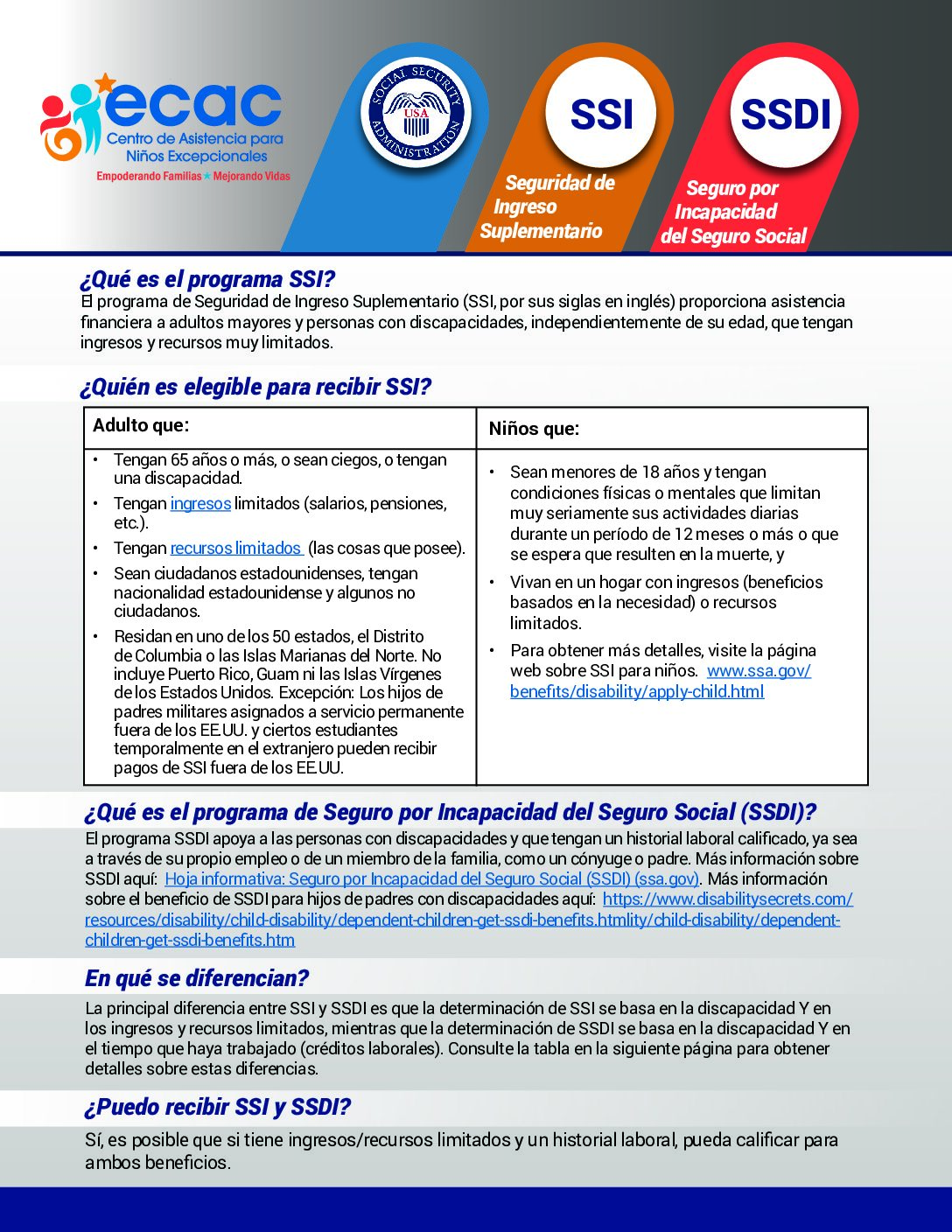
Seguridad de Ingreso Suplementario vs Seguro por Incapacidad del Seguro Social (Supplemental Security Income (SSI) vs. Social Security Disability Insurance (SSDI))
Categories: Spanish, SSI and SSDI
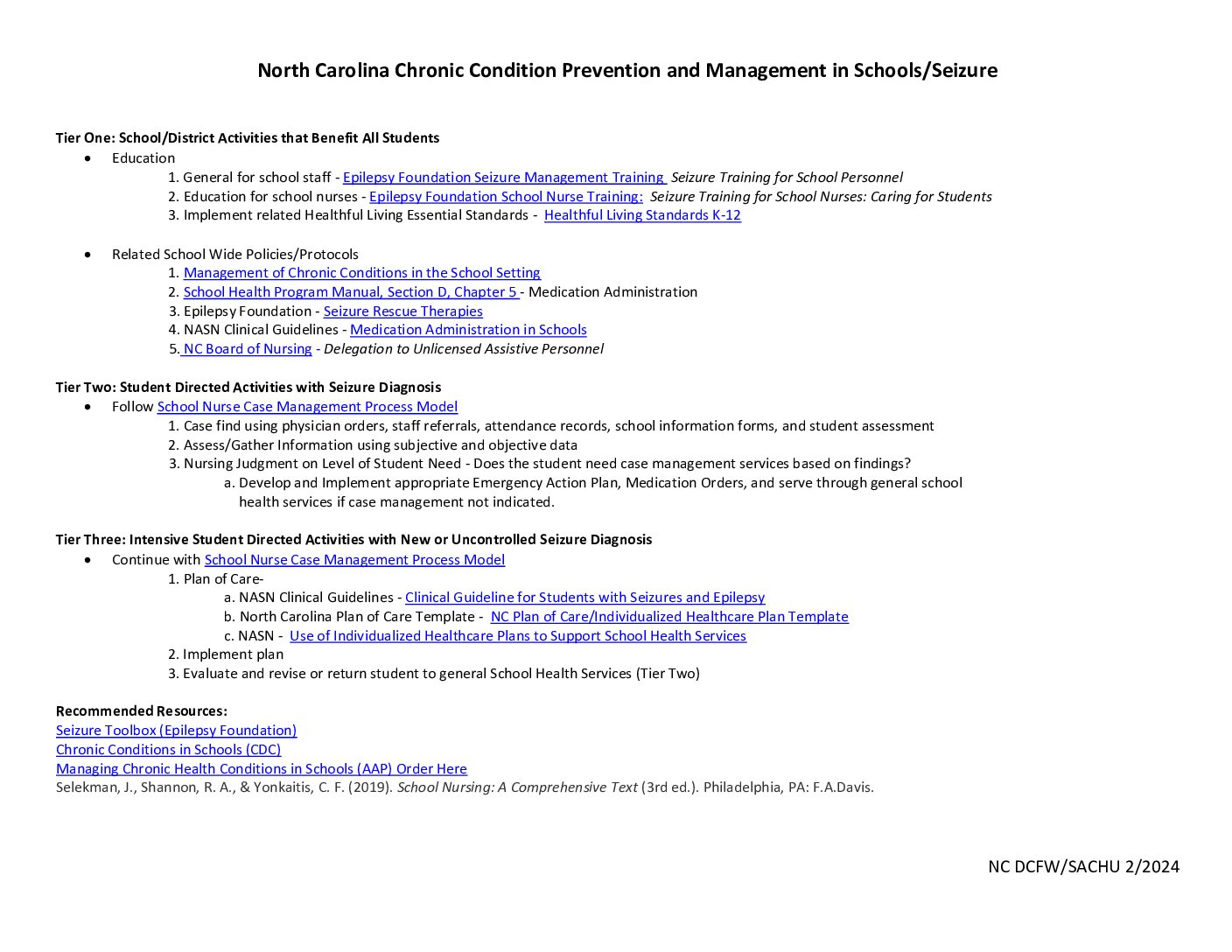
Seizure Tiered Document – North Carolina Chronic Condition Prevention and Management in Schools
Categories: Disability and Health Condition Specific Information, Health Care in Schools
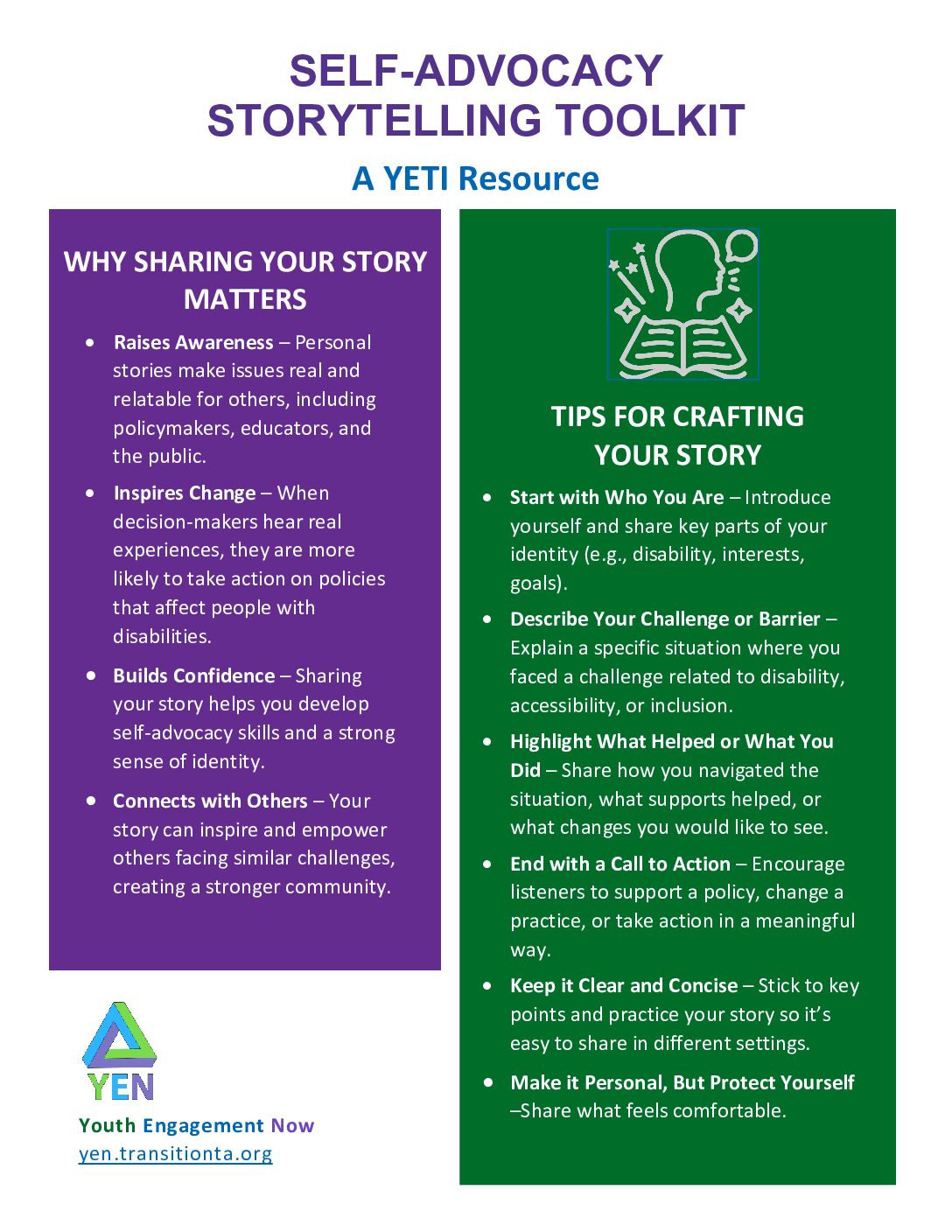
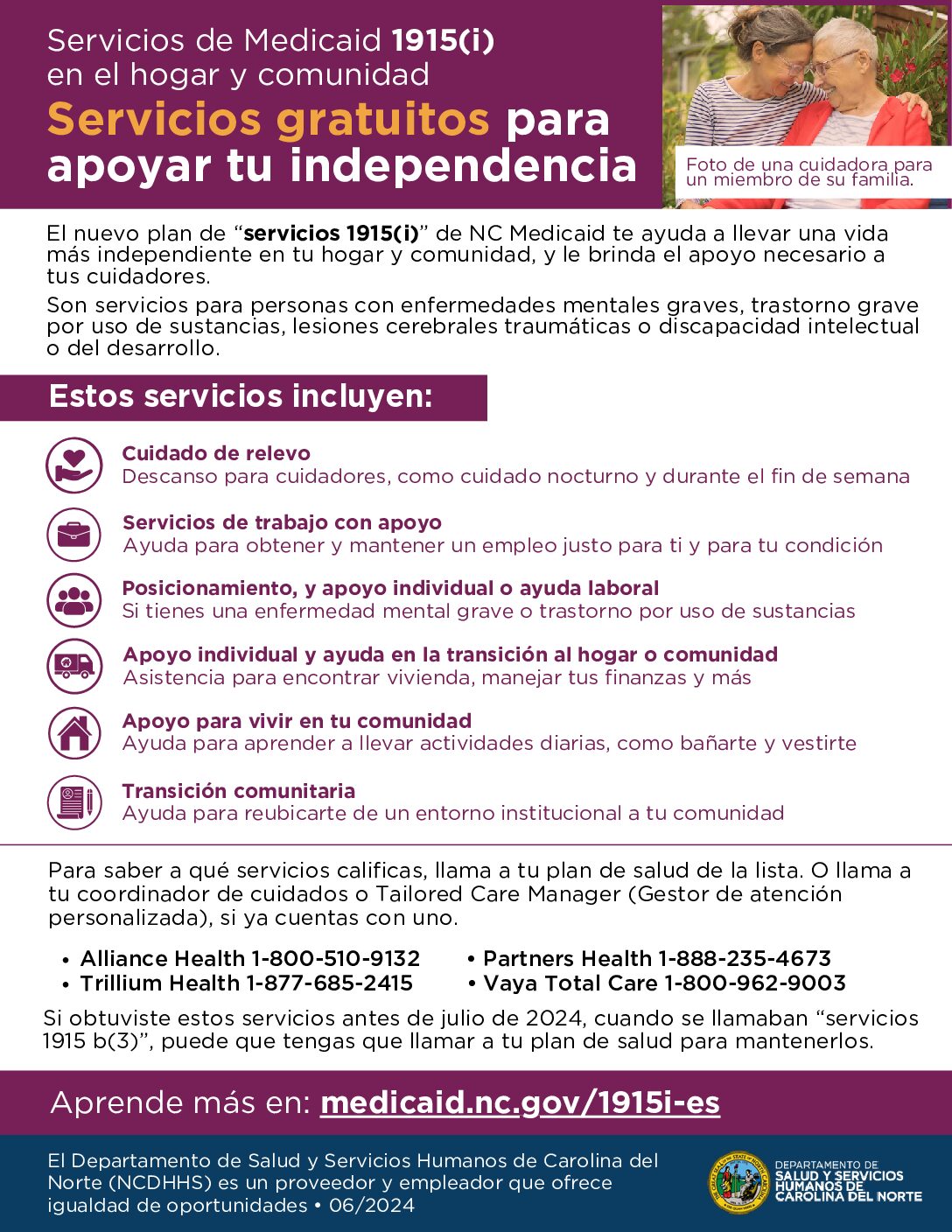
Servicios de Medicaid 1915(i) en el hogar y comunidad (1915(i) Medicaid Home and Community-Based Services)
El nuevo plan de “servicios 1915(i)” de NC Medicaid te ayuda a llevar una vida más independiente en tu hogar y comunidad, y le brinda el apoyo necesario a tus cuidadores. Son servicios para personas con enfermedades mentales graves, trastorno grave por uso de sustancias, lesiones cerebrales traumáticas o discapacidad intelectual o del desarrollo.
Categories: Medicaid and Medicaid Waivers, Spanish
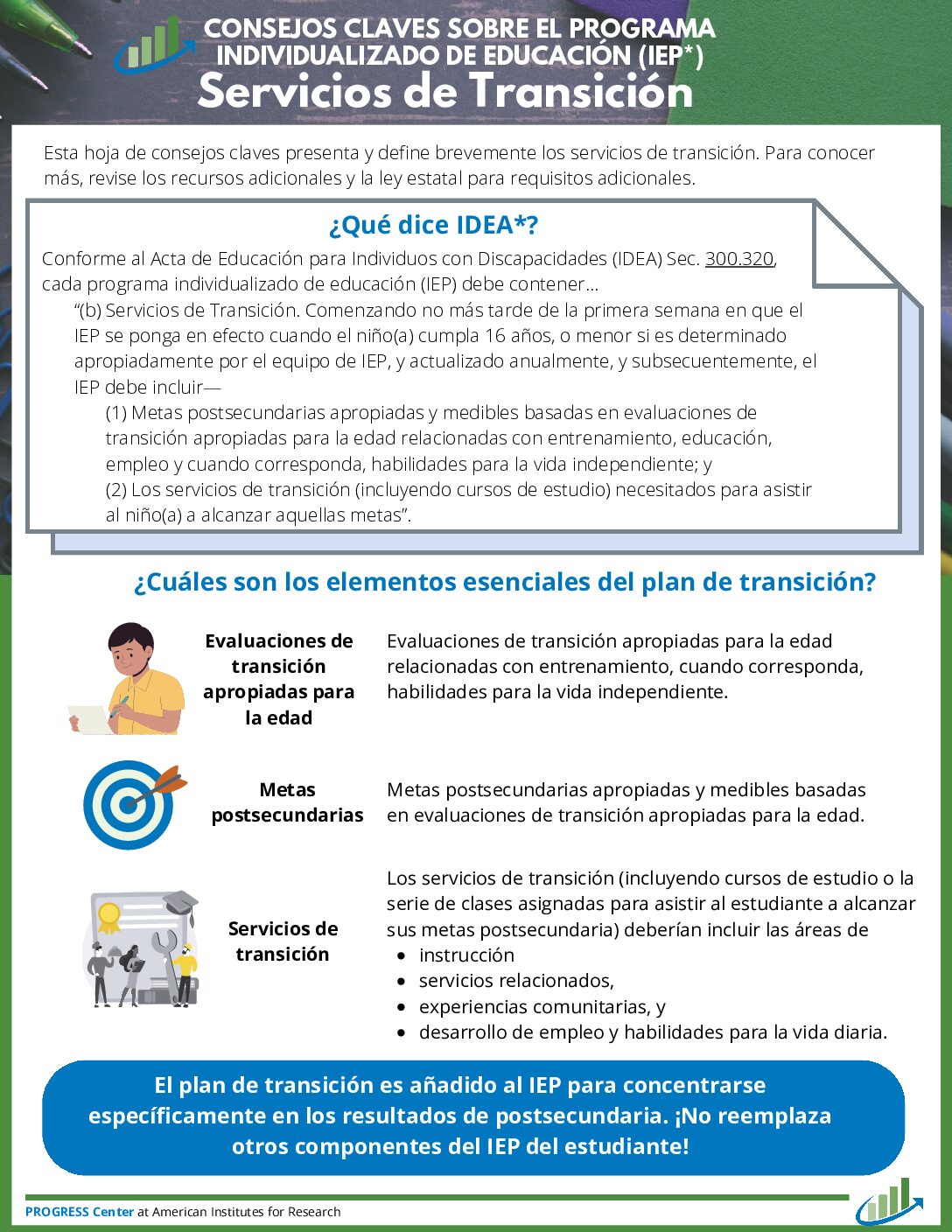
Servicios de Transición (Transition Services Spanish Version)
Categories: IEP, Spanish, Special Education, Transition to Adulthood, Transitions
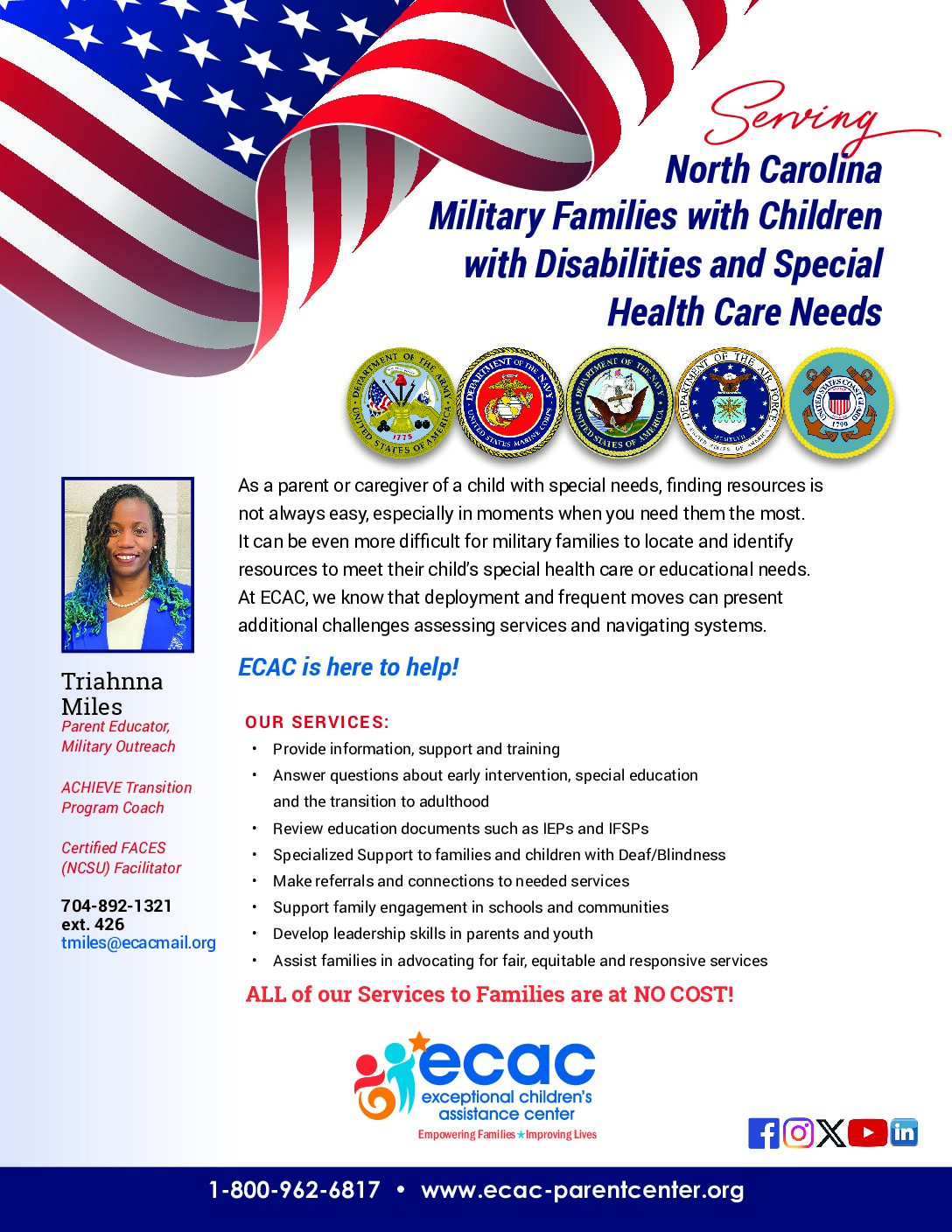
Serving North Carolina Military Families with Children with Disabilities and Special Healthcare Needs
As a parent or caregiver of a child with special needs, finding resources is not always easy, especially in moments when you need them the most. It can be even more difficult for military families to locate and identify resources to meet their child’s special healthcare or educational needs. At ECAC, we know that deployment and frequent moves can present additional challenges assessing services and navigating systems
Categories: Military
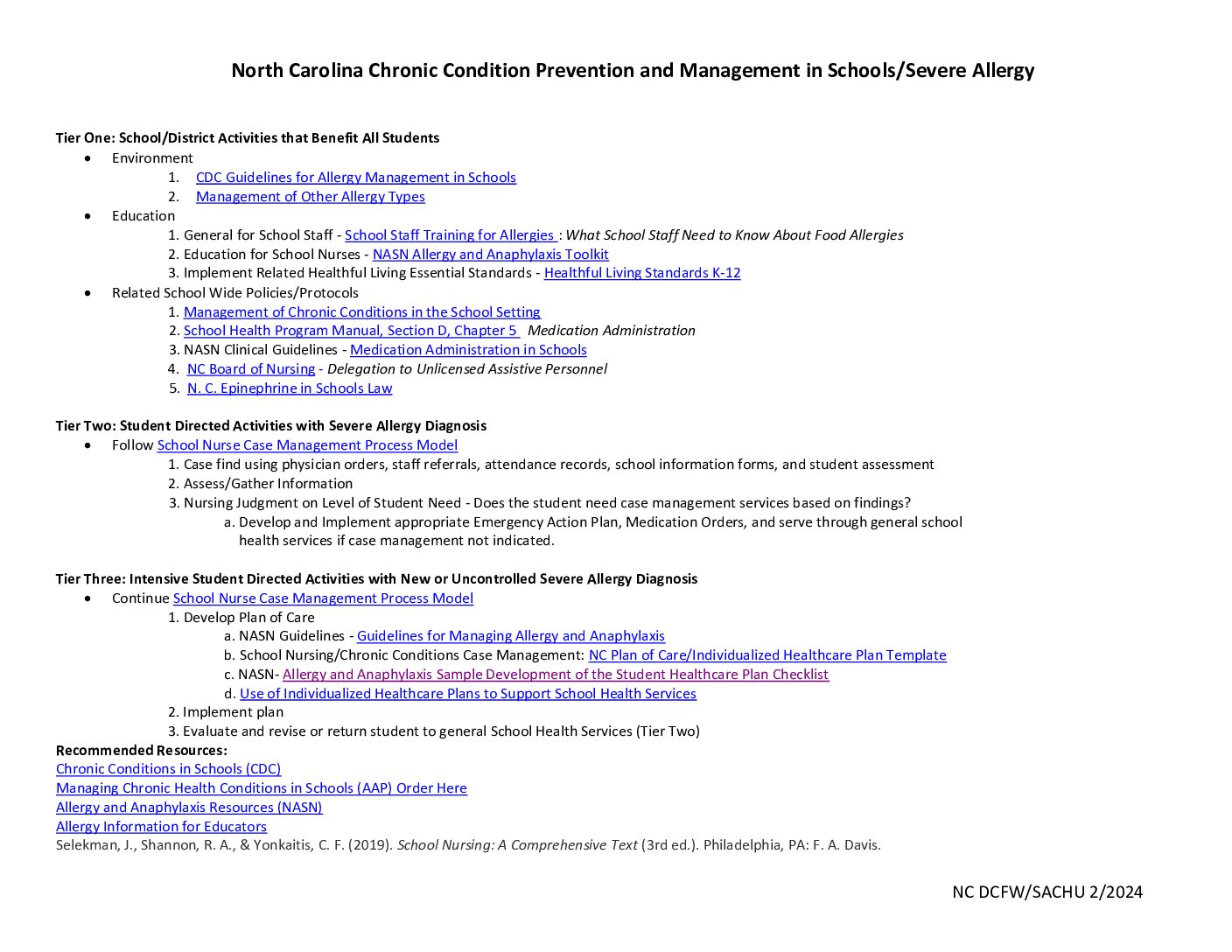
Severe Allergy Tiered Document – North Carolina Chronic Condition Prevention and Management in Schools
Categories: Disability and Health Condition Specific Information, Health Care in Schools
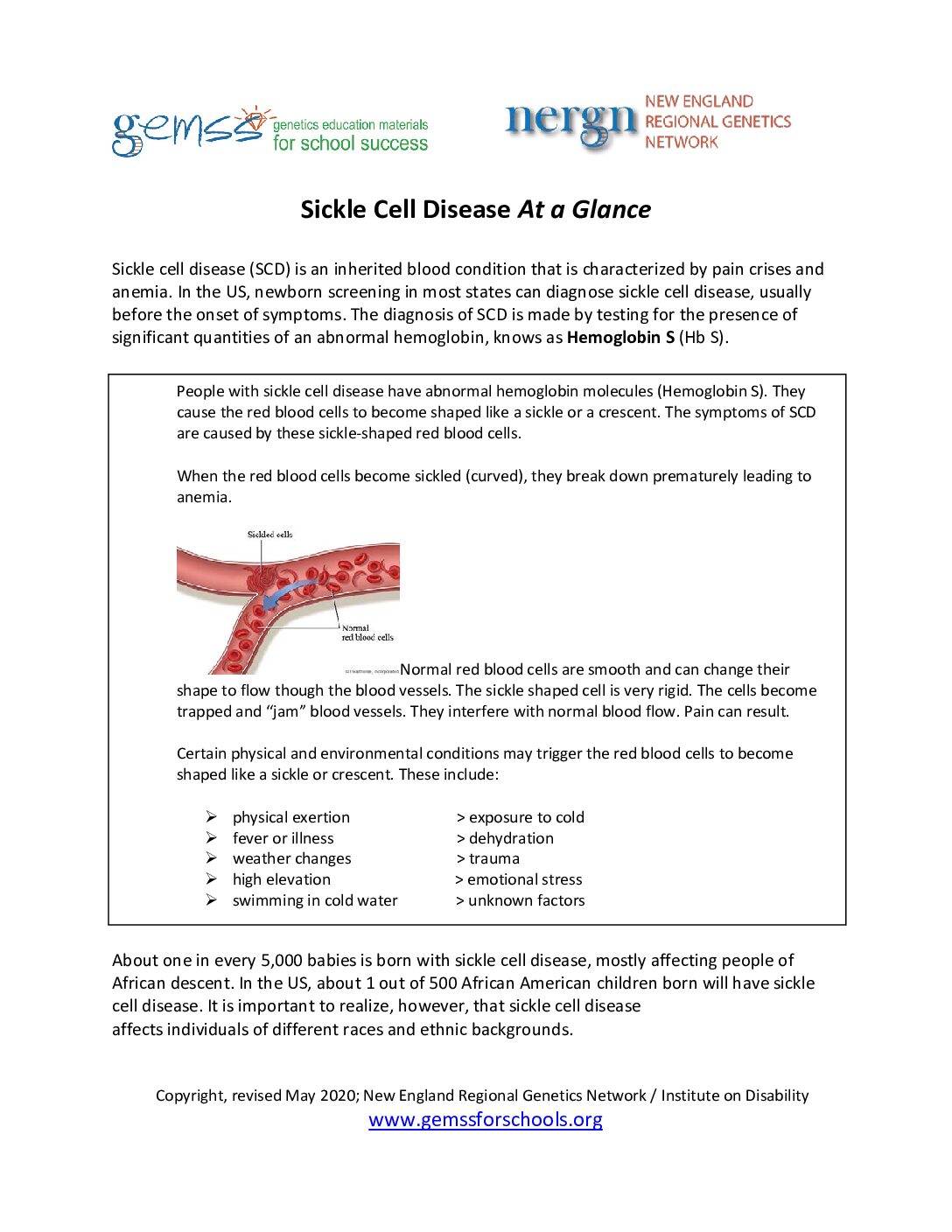
Sickle Cell Disease At a Glance
Genetic Education Materials for School Success (GEMSS) provides a family-friendly starting point to help family members learn more about genetic conditions and offers ideas to encourage inclusion and participation in the classroom. GEMSS shares condition-specific information and resources for multiple audiences, including families, professionals, healthcare providers, and schools. Contributors to GEMSS come from clinical, public health, advocacy, and academic settings. All content has been vetted by clinical and family experts.
Categories: Disability and Health Condition Specific Information
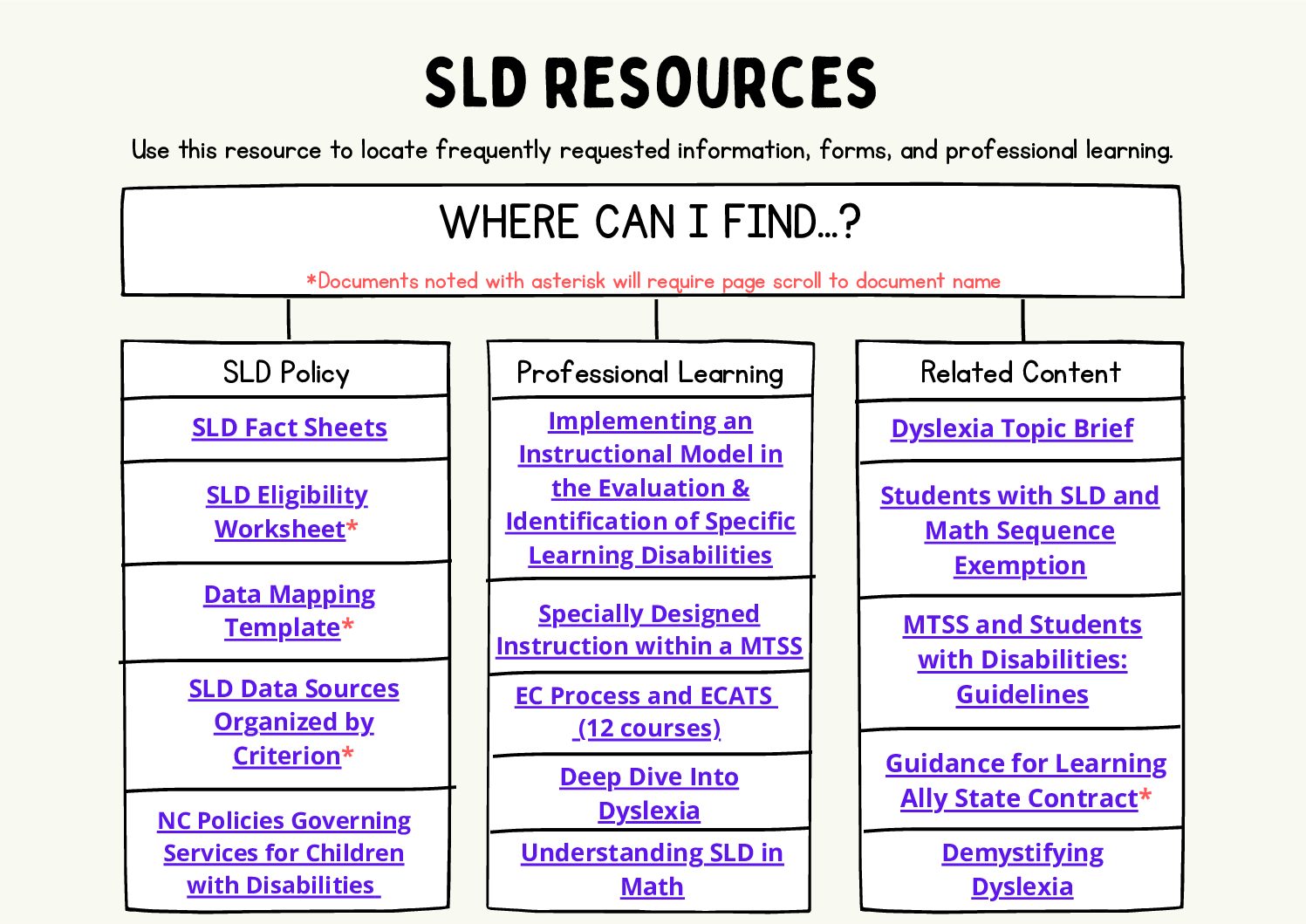
SLD Resources Quick Reference
Learn about where to find SLD resources.
Categories: Learning Disability
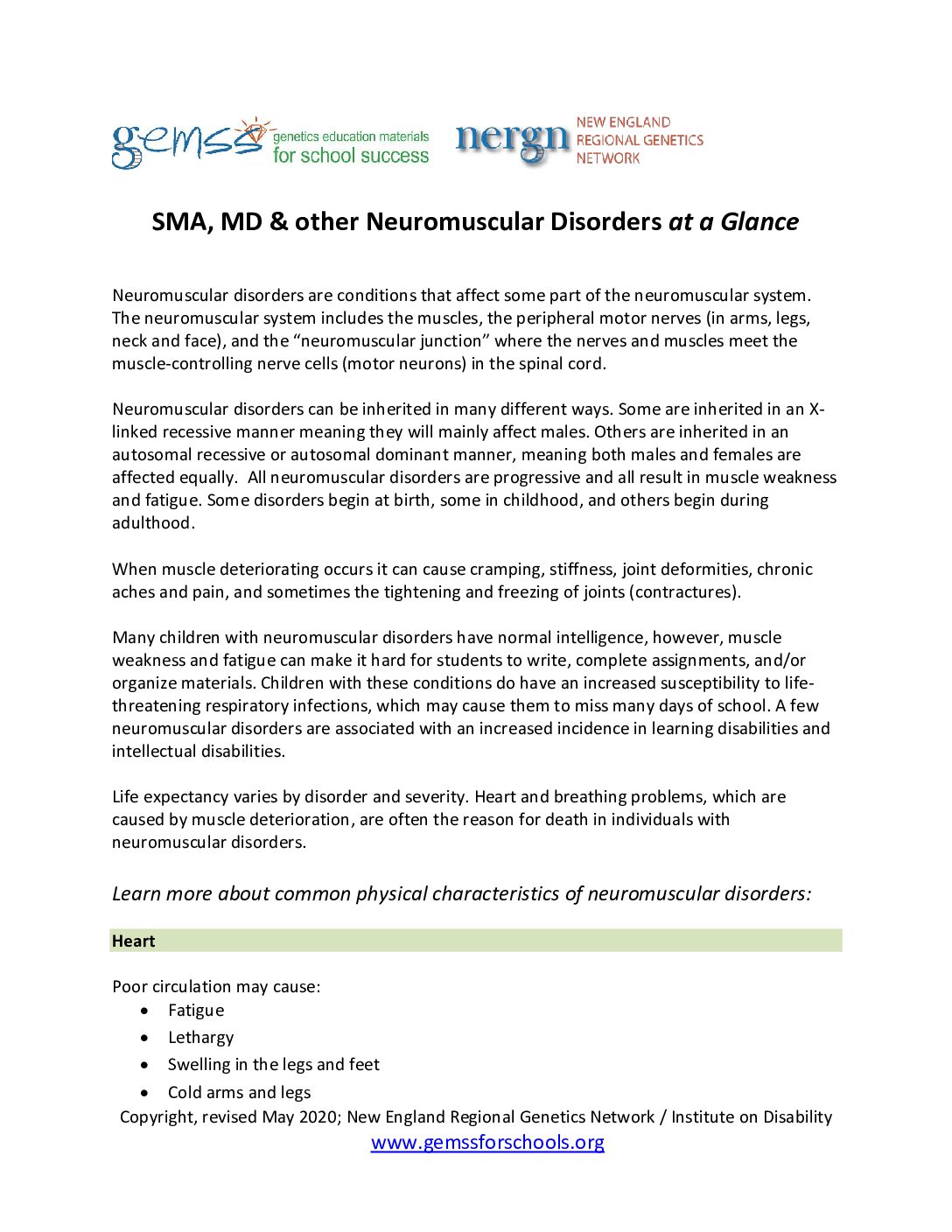
SMA, MD & other Neuromuscular Disorders at a Glance
Genetic Education Materials for School Success (GEMSS) provides a family-friendly starting point to help family members learn more about genetic conditions and offers ideas to encourage inclusion and participation in the classroom. GEMSS shares condition-specific information and resources for multiple audiences, including families, professionals, healthcare providers, and schools. Contributors to GEMSS come from clinical, public health, advocacy, and academic settings. All content has been vetted by clinical and family experts.
Categories: Learning Disability
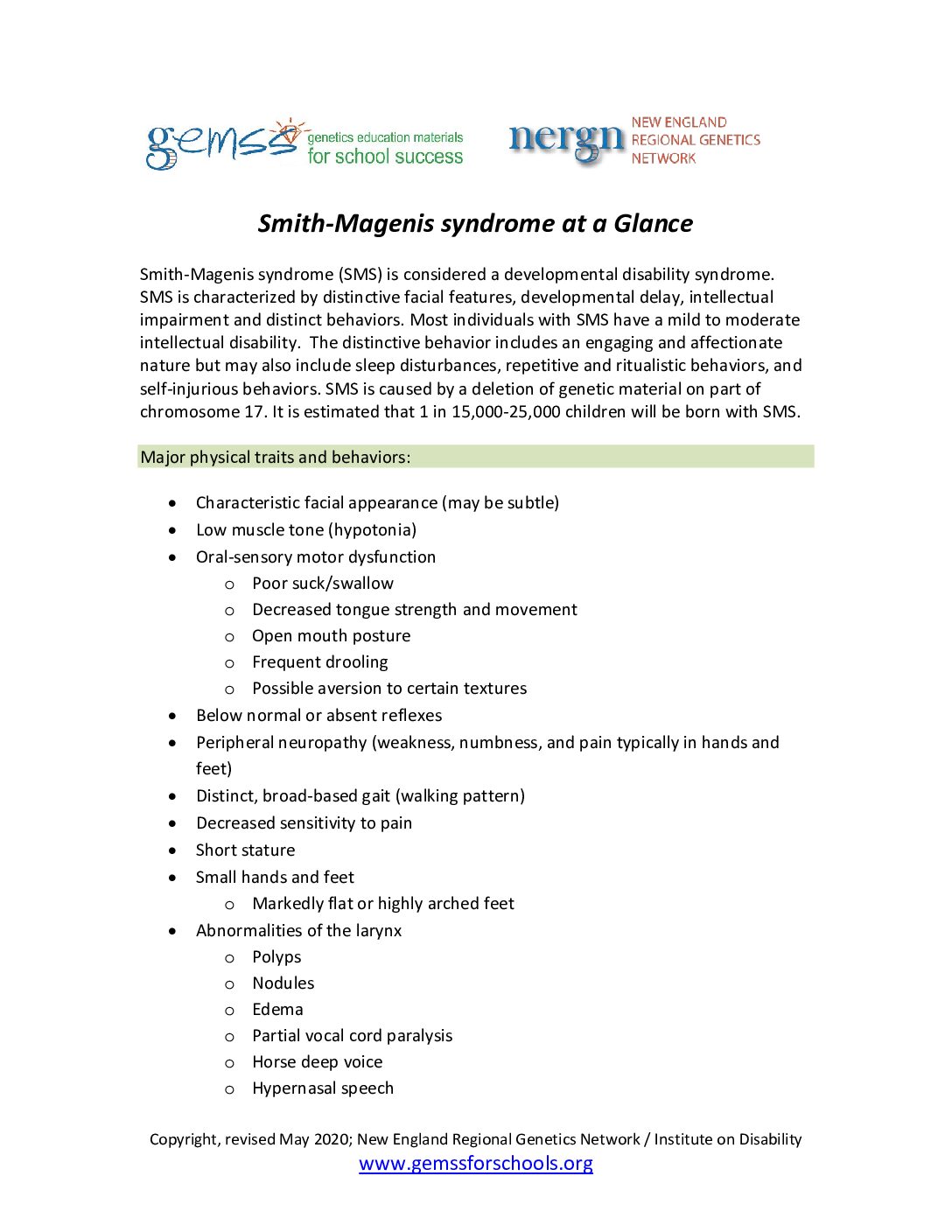
Smith-Magenis syndrome at a Glance
Genetic Education Materials for School Success (GEMSS) provides a family-friendly starting point to help family members learn more about genetic conditions and offers ideas to encourage inclusion and participation in the classroom. GEMSS shares condition-specific information and resources for multiple audiences, including families, professionals, healthcare providers, and schools. Contributors to GEMSS come from clinical, public health, advocacy, and academic settings. All content has been vetted by clinical and family experts.
Categories: Disability and Health Condition Specific Information
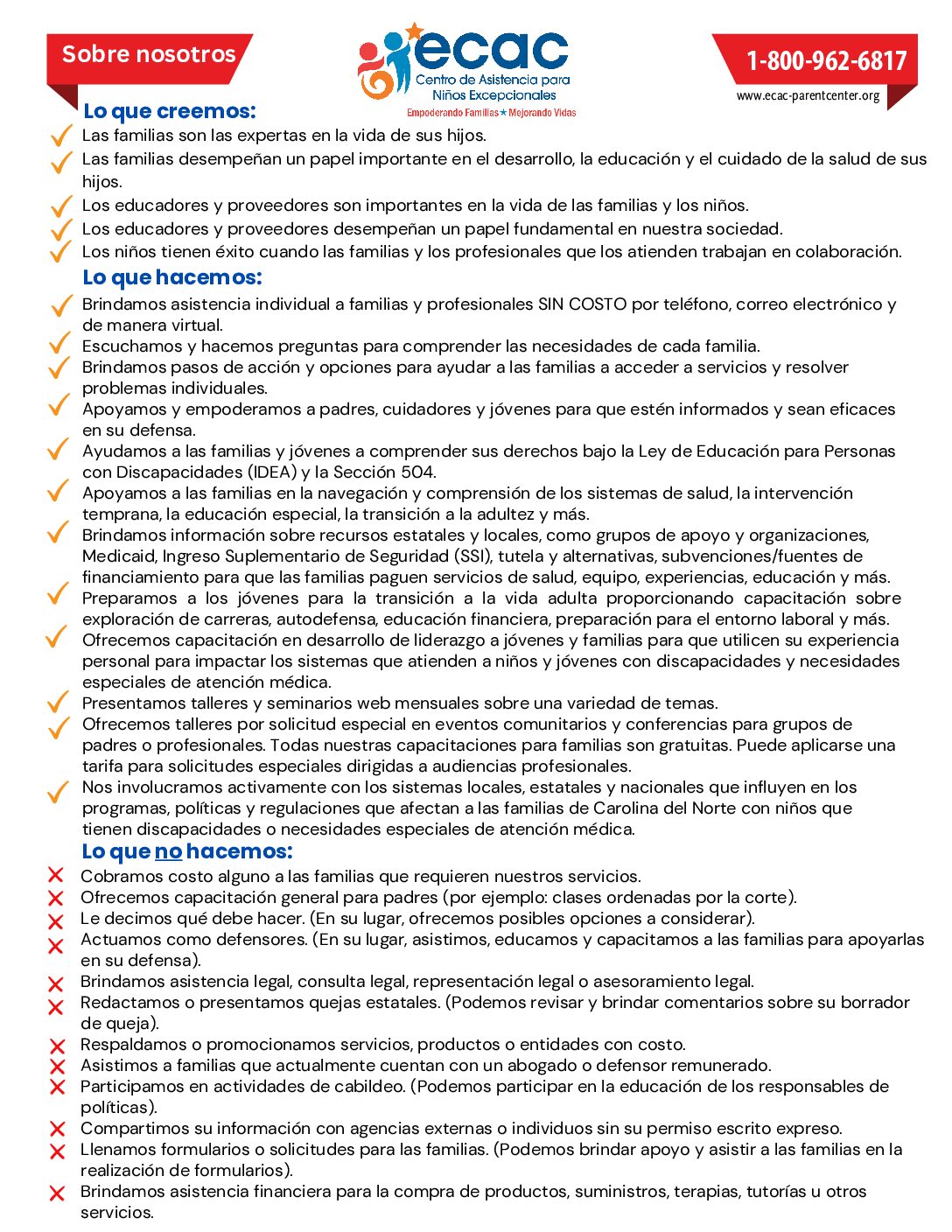
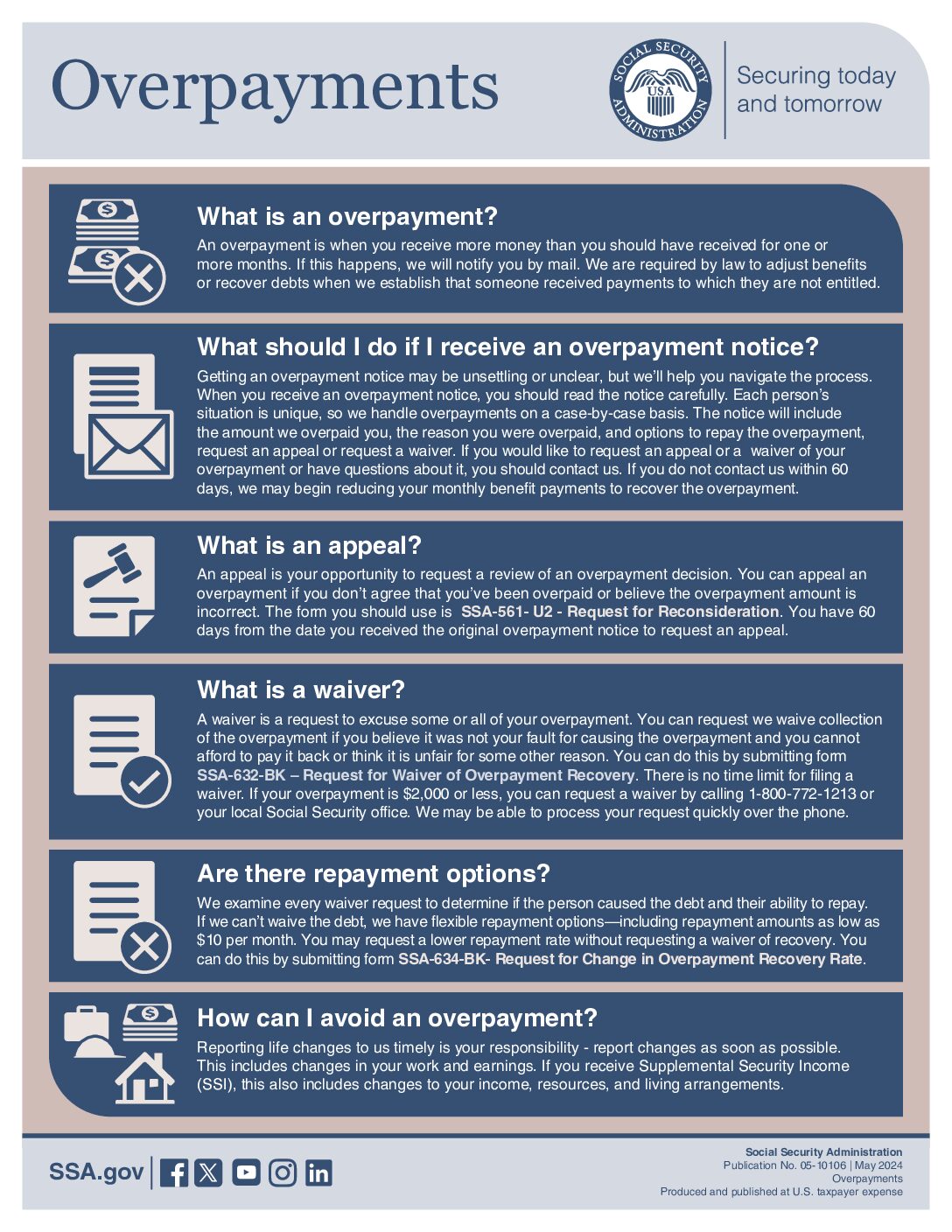
Social Security Administration: Overpayments
Information from the Social Security Administration about overpayments and what you should do if you receive an overpayment notice.
Categories: SSI and SSDI
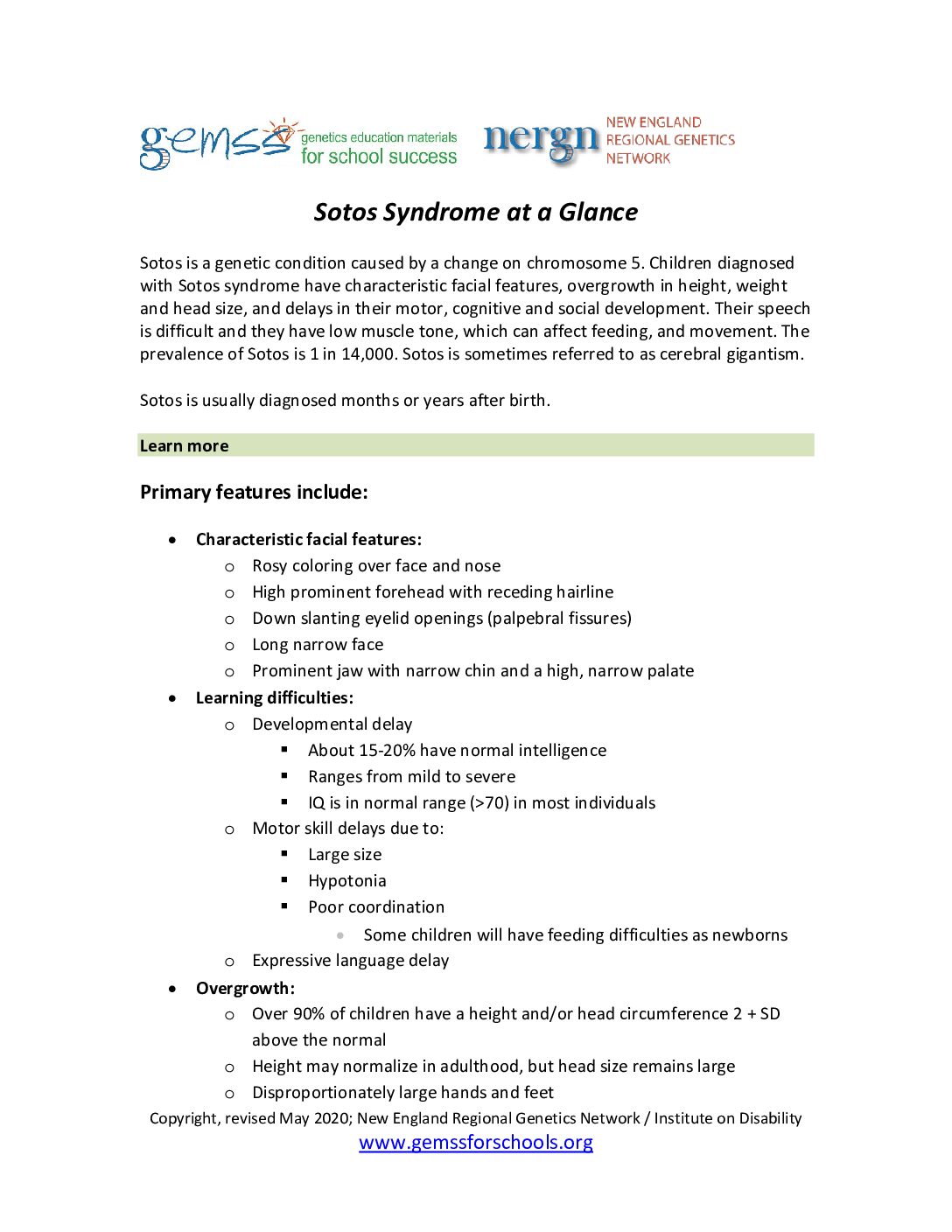
Sotos Syndrome at a Glance
Genetic Education Materials for School Success (GEMSS) provides a family-friendly starting point to help family members learn more about genetic conditions and offers ideas to encourage inclusion and participation in the classroom. GEMSS shares condition-specific information and resources for multiple audiences, including families, professionals, healthcare providers, and schools. Contributors to GEMSS come from clinical, public health, advocacy, and academic settings. All content has been vetted by clinical and family experts.
Categories: Disability and Health Condition Specific Information
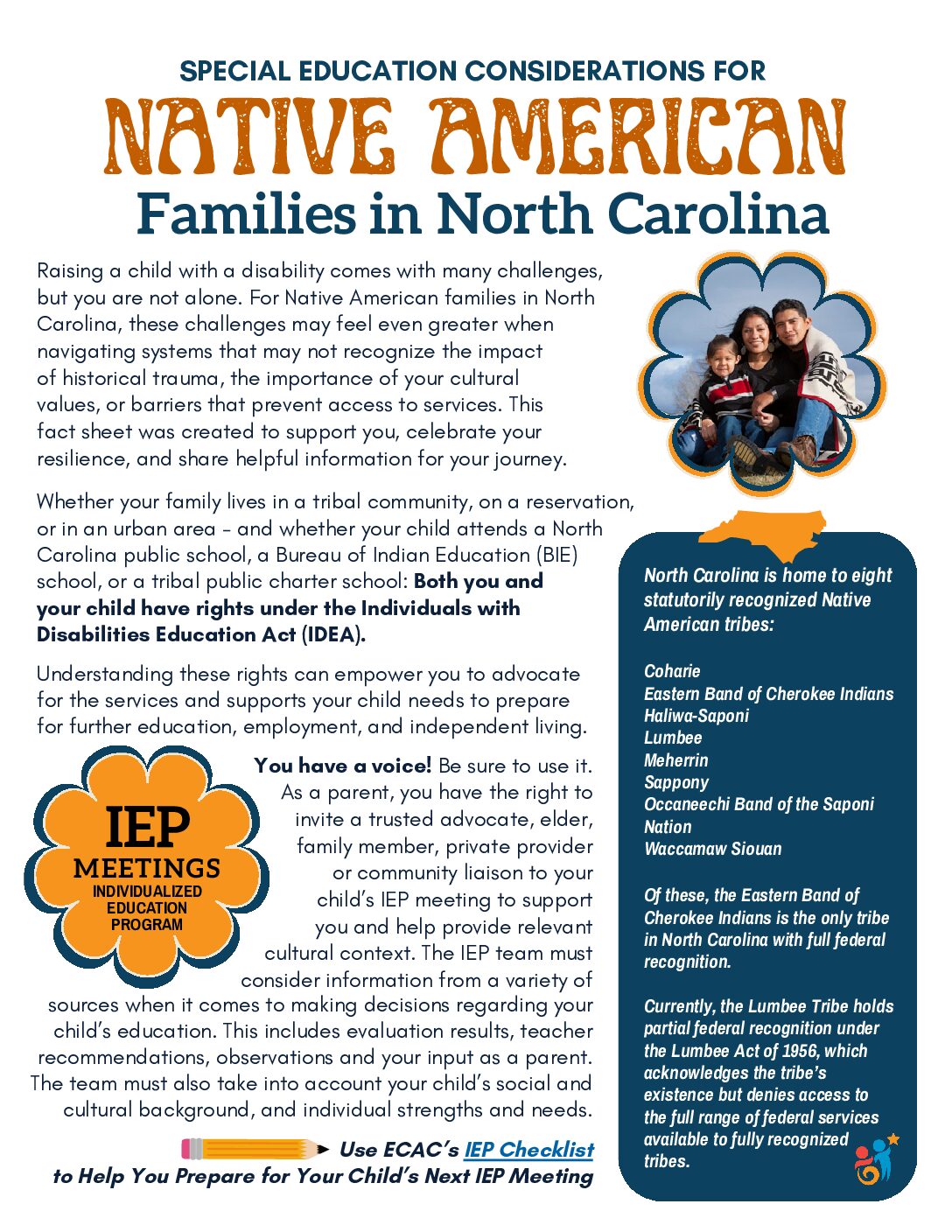
Special Education Considerations for Native American Families in North Carolina
Raising a child with a disability comes with many challenges, but you are not alone. For Native American families in North Carolina, these challenges may feel even greater when navigating systems that may not recognize the impact of historical trauma, the importance of your cultural values, or barriers that prevent access to services. This fact sheet was created to support you, celebrate your resilience, and share helpful information for your journey.
Categories: Family Engagement, IEP
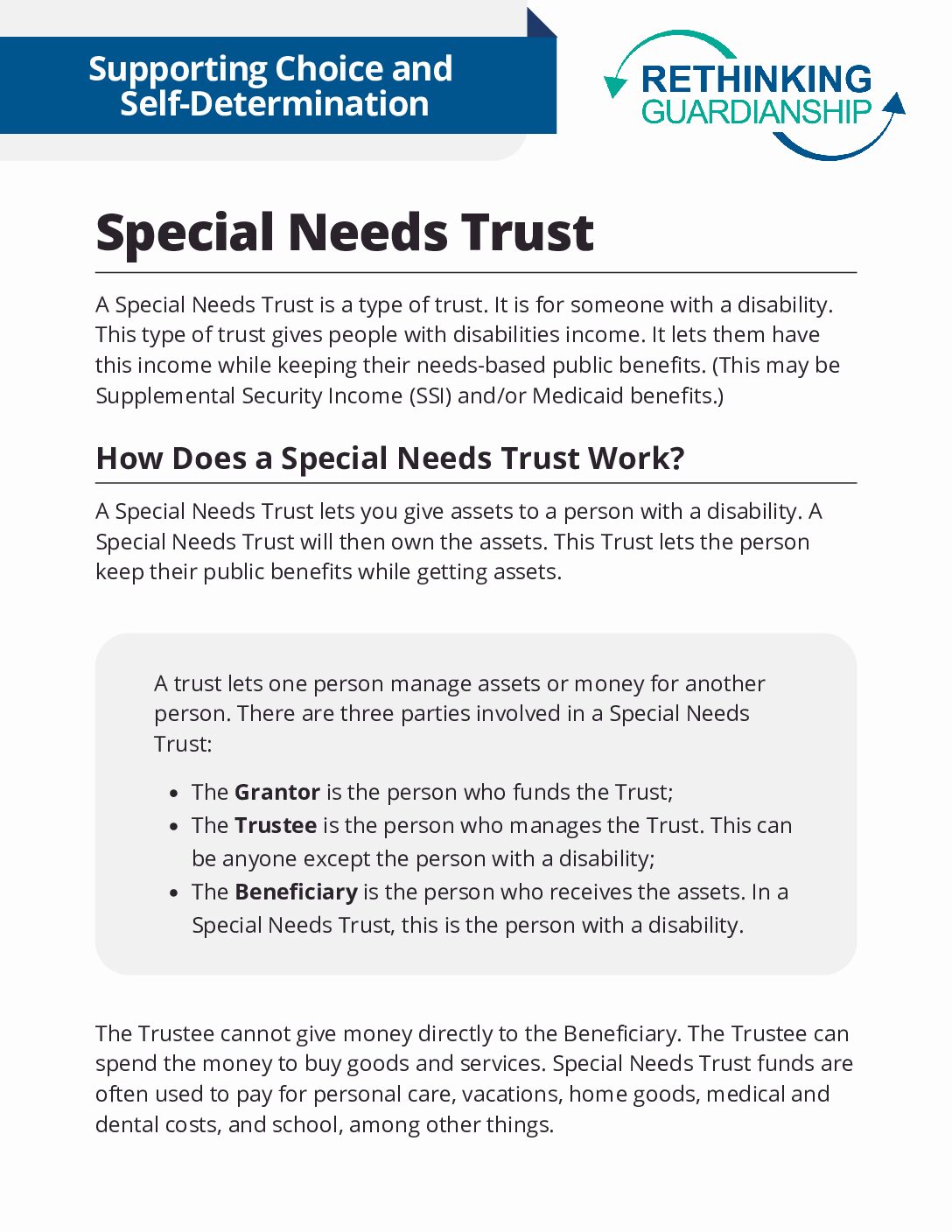
Special Needs Trust
A Special Needs Trust is a type of trust. It is for someone with a disability. This type of trust gives people with disabilities income. It lets them have this income while keeping their needs-based public benefits. (This may be Supplemental Security Income (SSI) and/or Medicaid benefits.)
Categories: Special Needs Financial Planning and Financial Resources
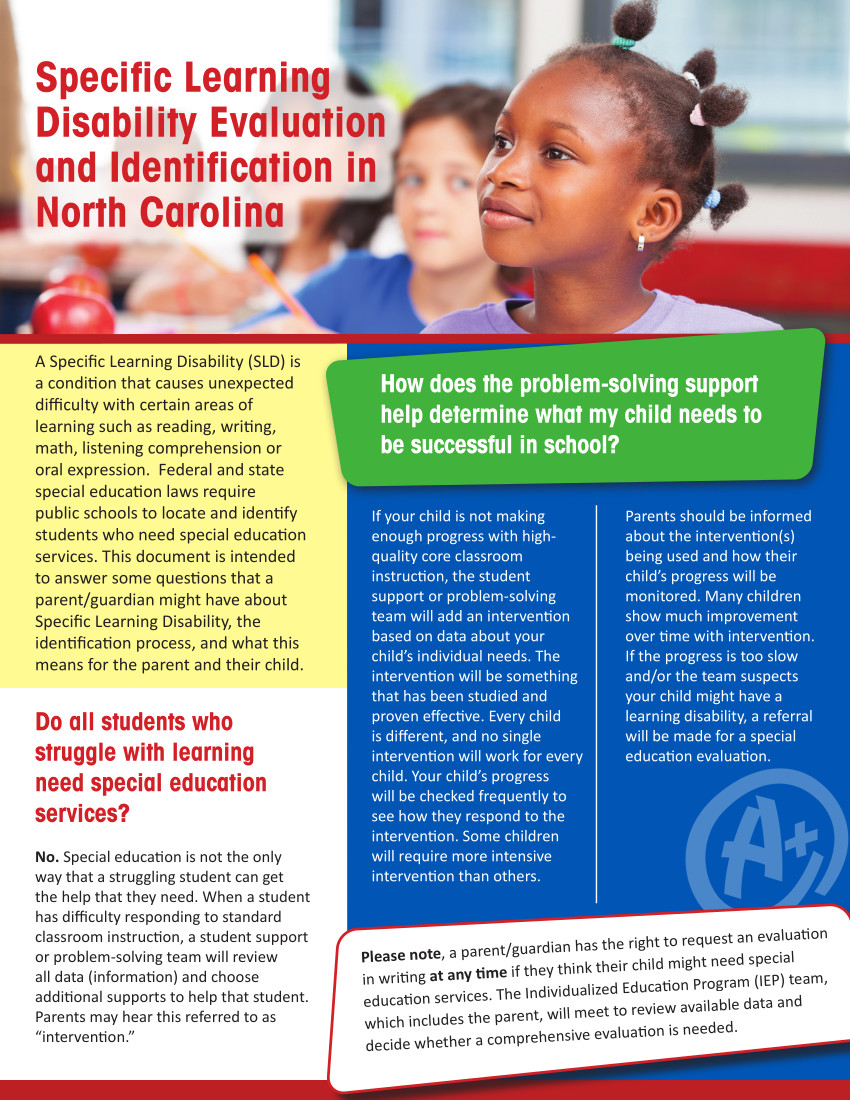
Specific Learning Disability Evaluation and Identification in North Carolina Fact Sheet
This document is intended to answer some questions that a parent/guardian might have about Specific Learning Disability, the identification process, and what this means for the parent and their child.
Categories: IDEA, IEP, Learning Disability, Special Education
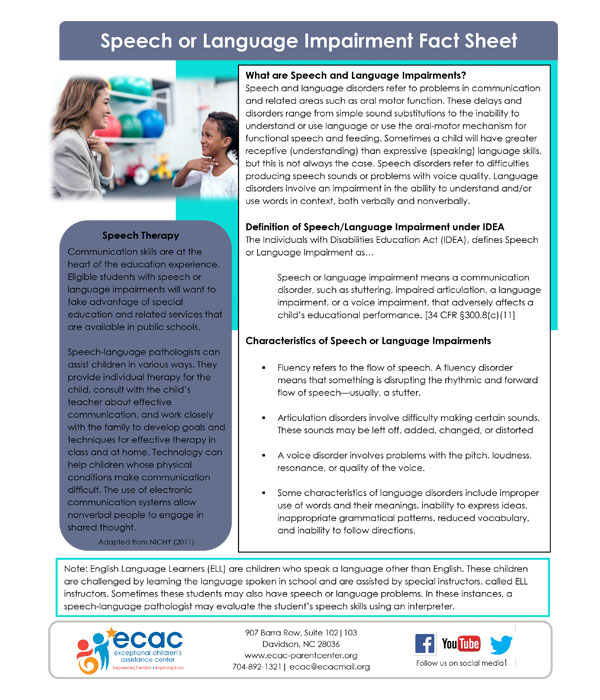
Speech and Language Impairment Fact Sheet
Speech and language disorders refer to problems in communication and related areas such as oral motor function. These delays and disorders range from simple sound substitutions to the inability to understand or use language or use...
Categories: Speech and Language
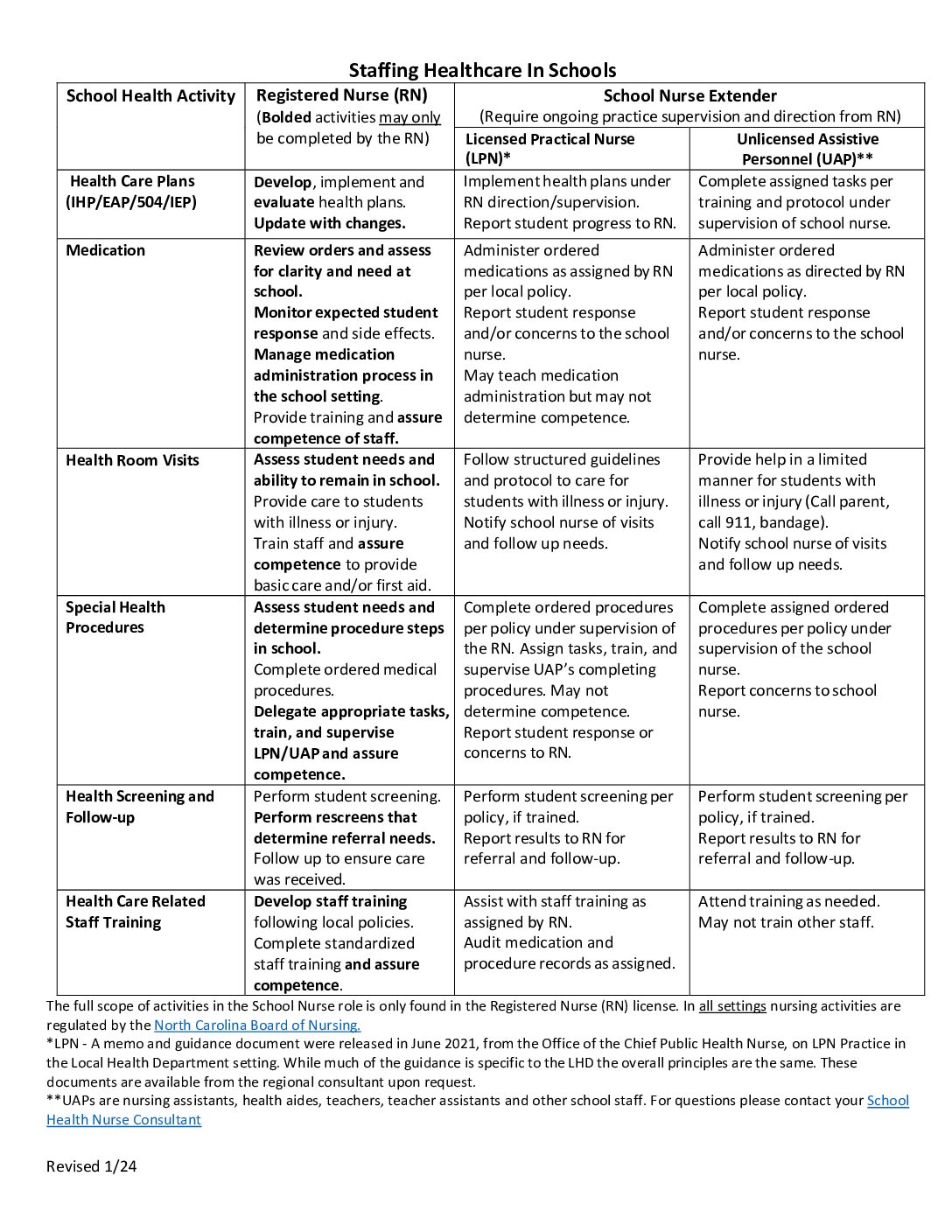
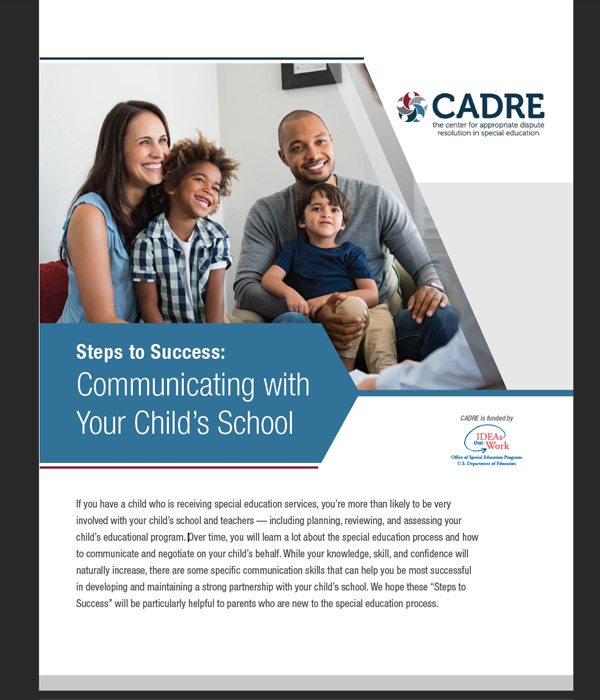
Steps to Success: Communicating with your Child's School
If you have a child who is receiving special education services, you’re more than likely to be very involved with your child’s school and teachers — including planning, reviewing, and assessing your child’s educational program...
Categories: General, Communication, Family Engagement, Advocacy, Conflict Resolution
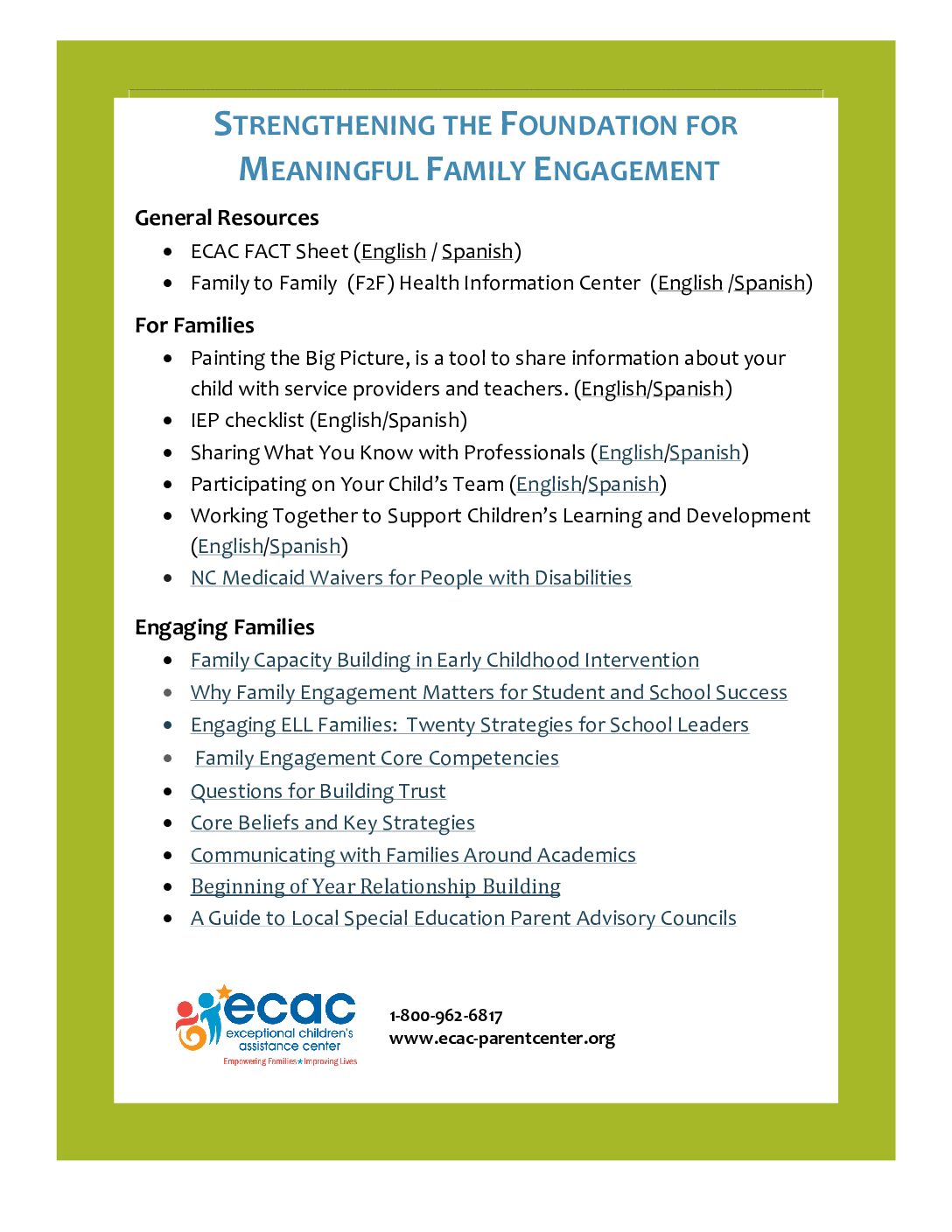
Strengthening the Foundation for Meaningful Family Engagement
Categories: Family Engagement
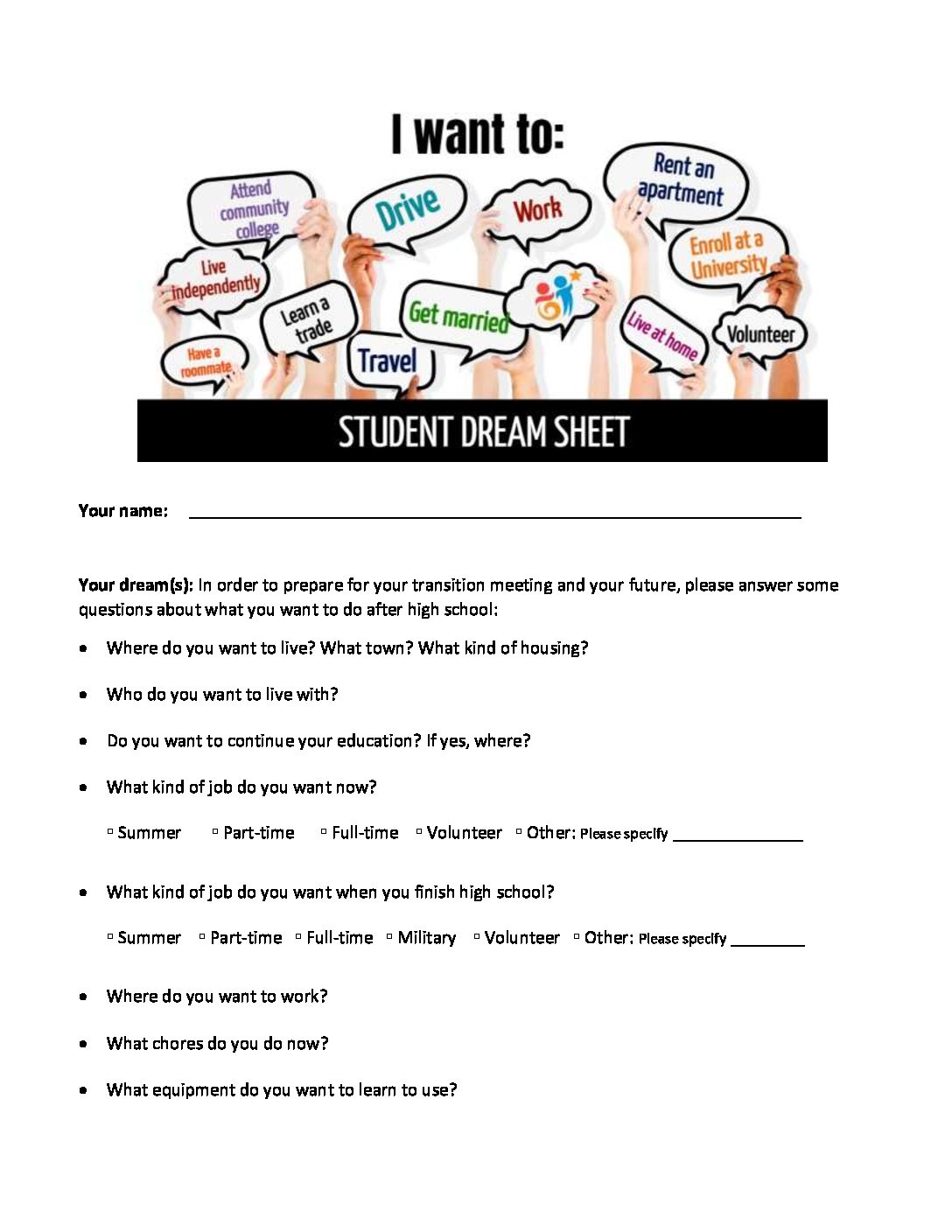
Student Dream Sheet
Transition is a journey, begin NOW to plan for the trip. The Student Dream Sheet can help students set goals and share their interests and preferences.
Categories: Advocacy, IEP, Transitions, Transition-age Youth, Transition to Adulthood
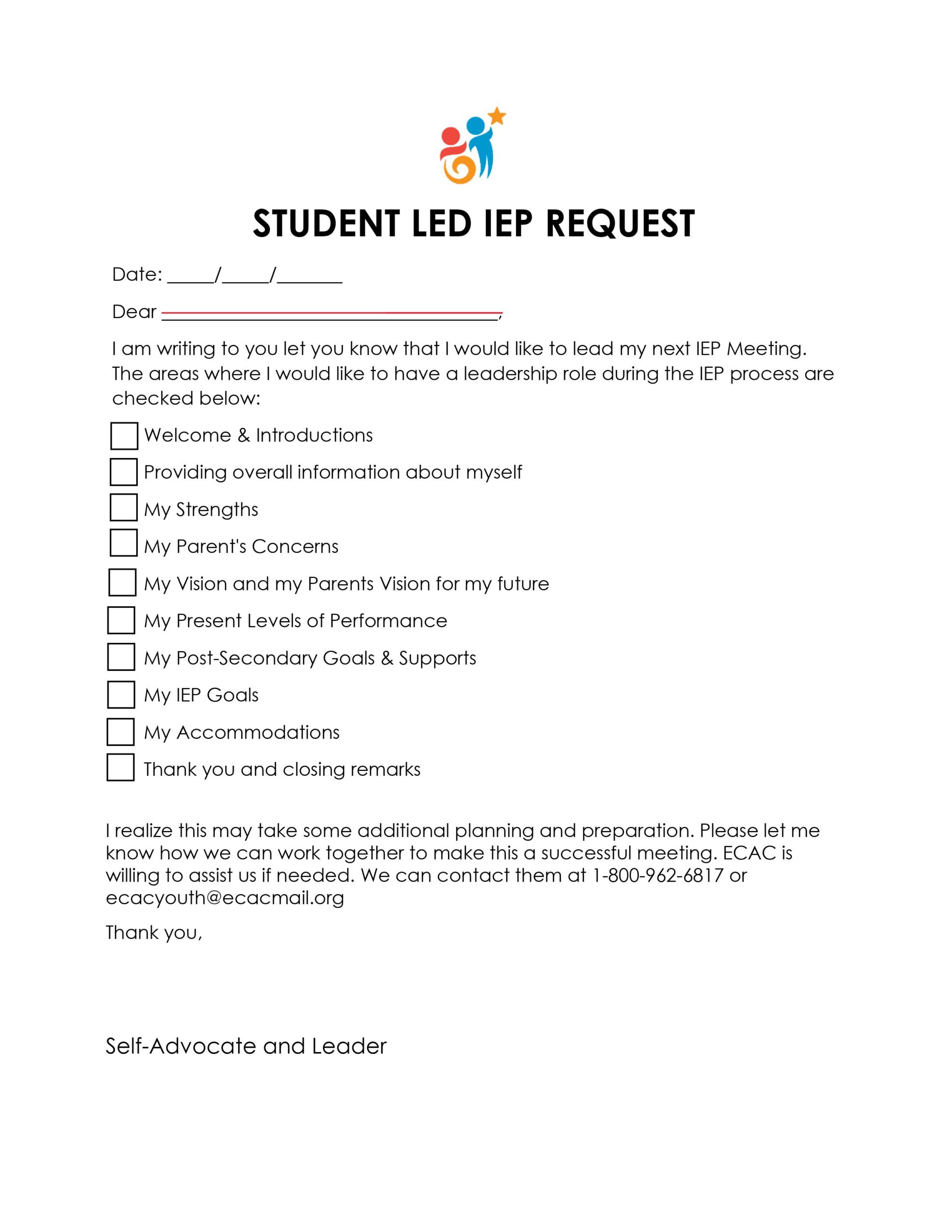
Student Led IEP Request
This fillable document helps students with disabilities request a leadership role in their next IEP meeting and to specify which parts of the IEP meeting they would like to lead.
Categories: Communication, IEP, Special Education, Transition-age Youth
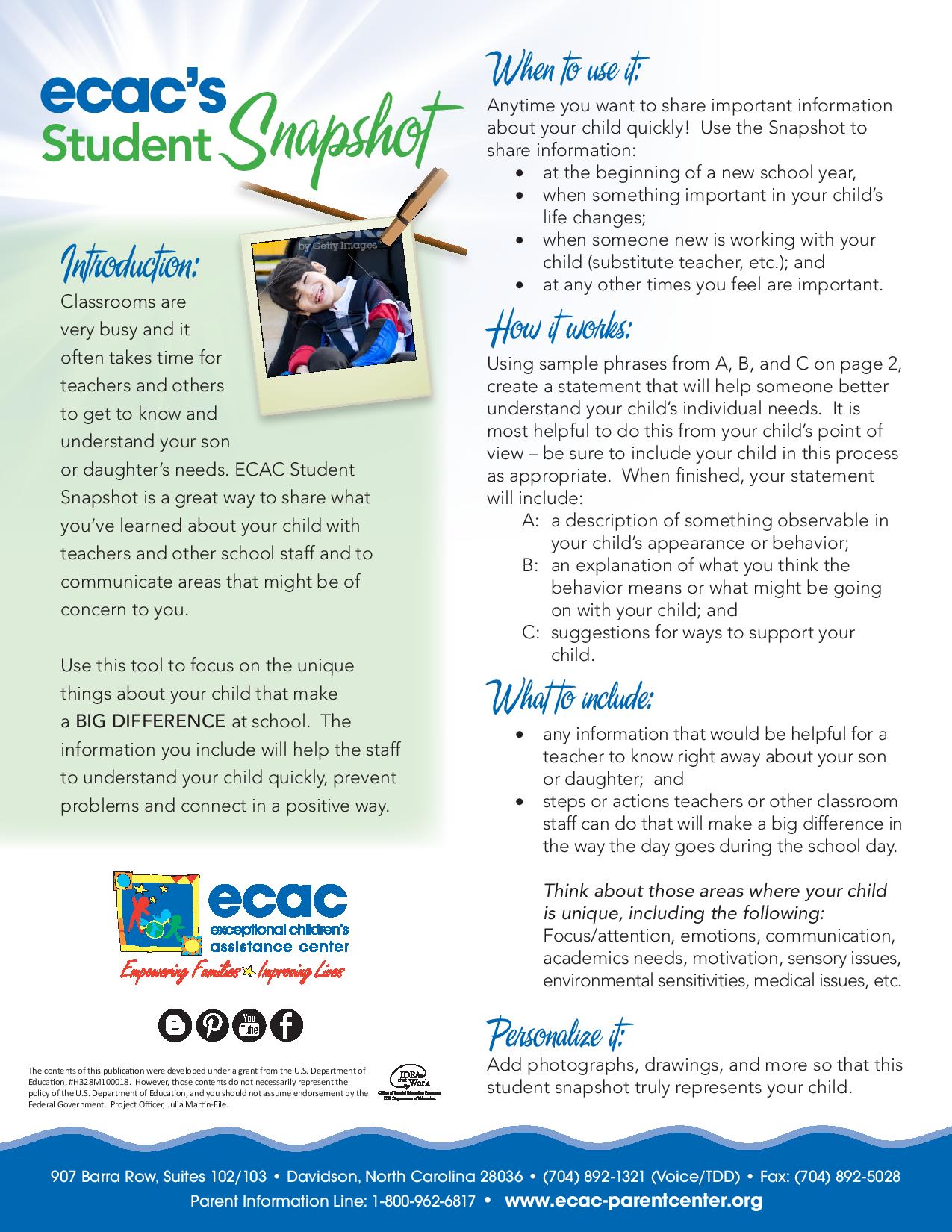
Student Snapshot
Classrooms are very busy and it often takes time for teachers and others to get to know and understand your son or daughter’s needs. ECAC Student Snapshot is a great way to share what you’ve learned about your child with teachers and other school staff and to communicate areas that might be of concern to you.
Categories: Communication, General, IEP
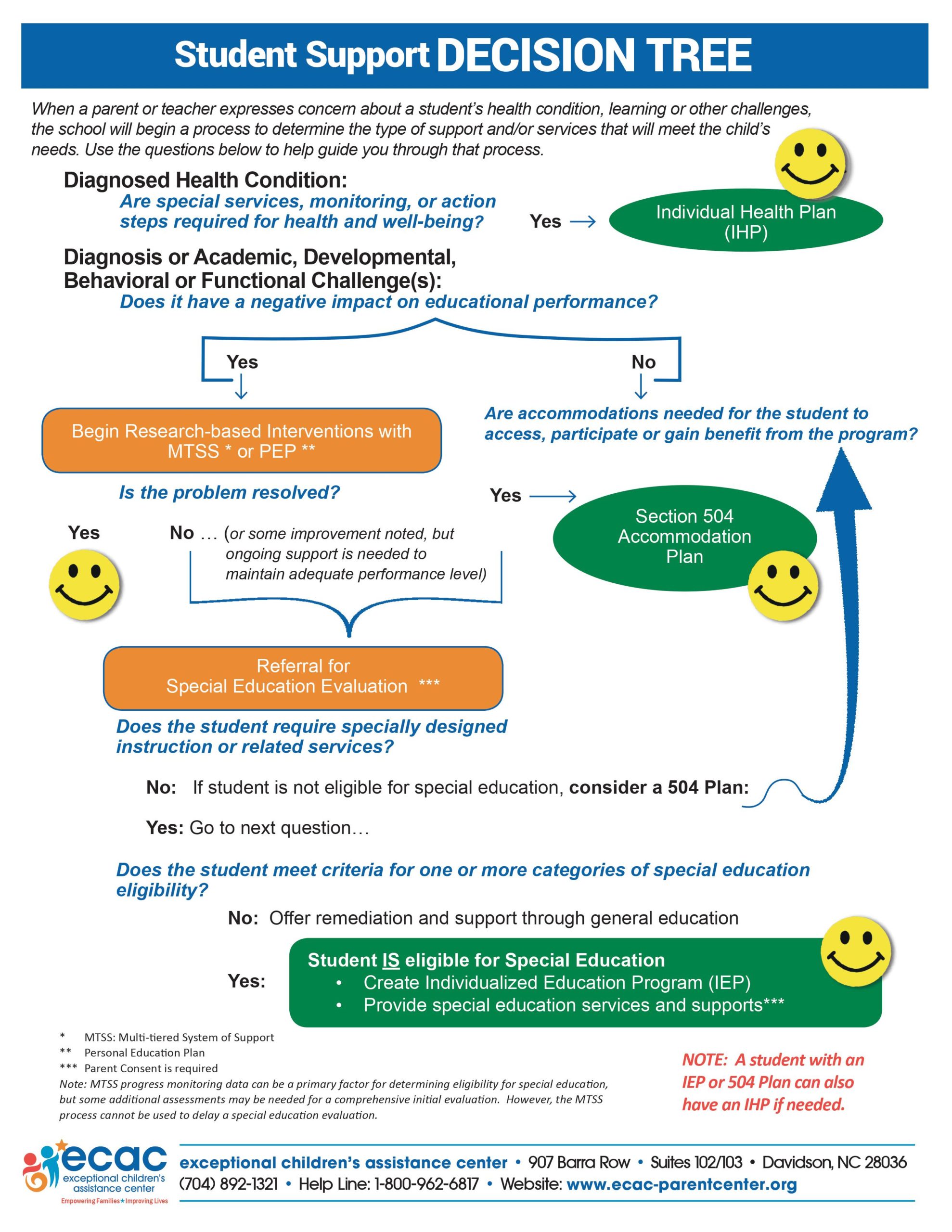
Student Support Decision Tree
When a parent or teacher expresses concern about a student’s health condition, learning or other challenges, the school will begin a process to determine the type of support and/or services that will meet the child’s needs...
Categories: 504, General, IEP
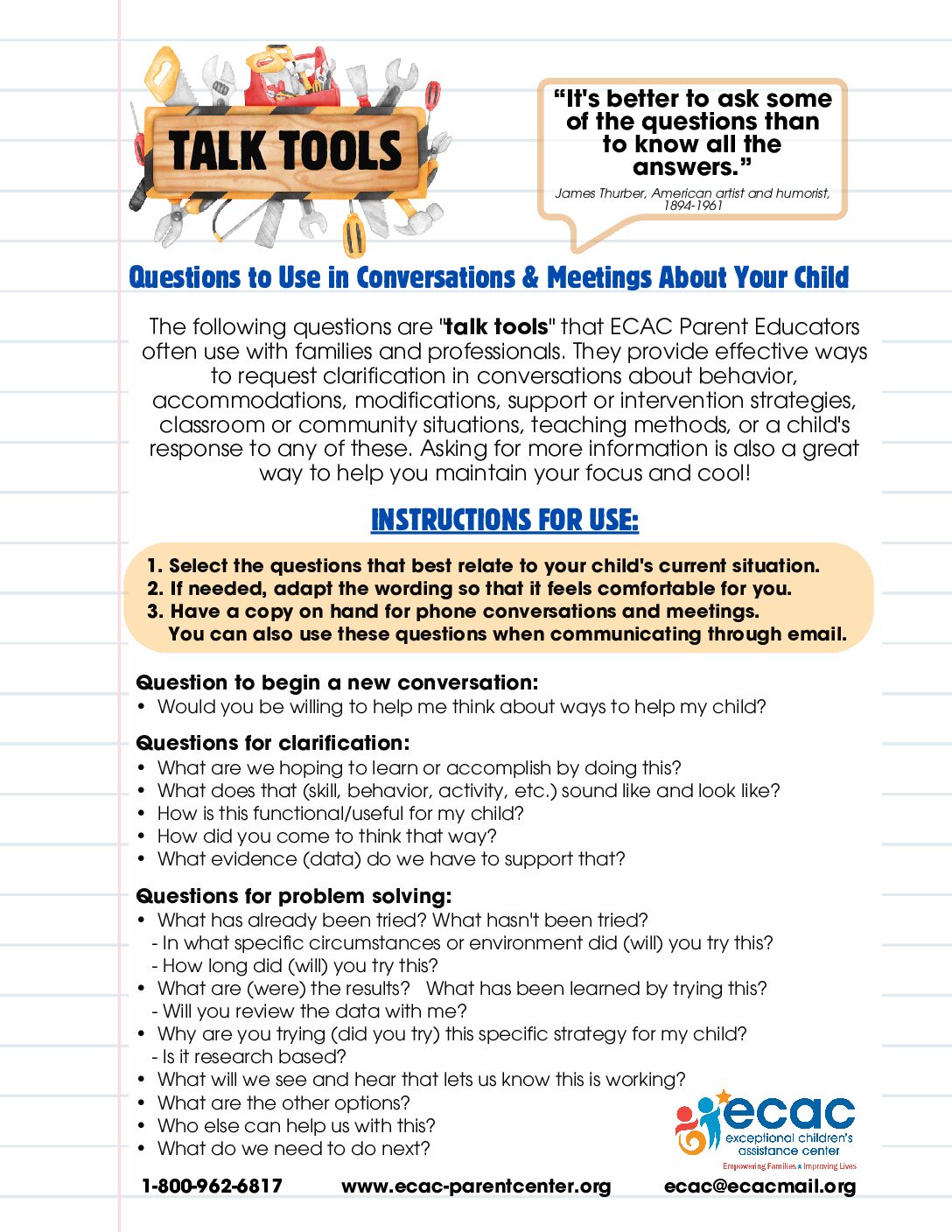
Talk Tools
Talk Tools features helpful questions to use in conversations and meetings about your child—including behaviors, accommodations, modifications, support strategies, classroom situations, teaching methods, or a child's response to these.
Categories: Advocacy, Communication, Conflict Resolution, Family Engagement, General, IEP
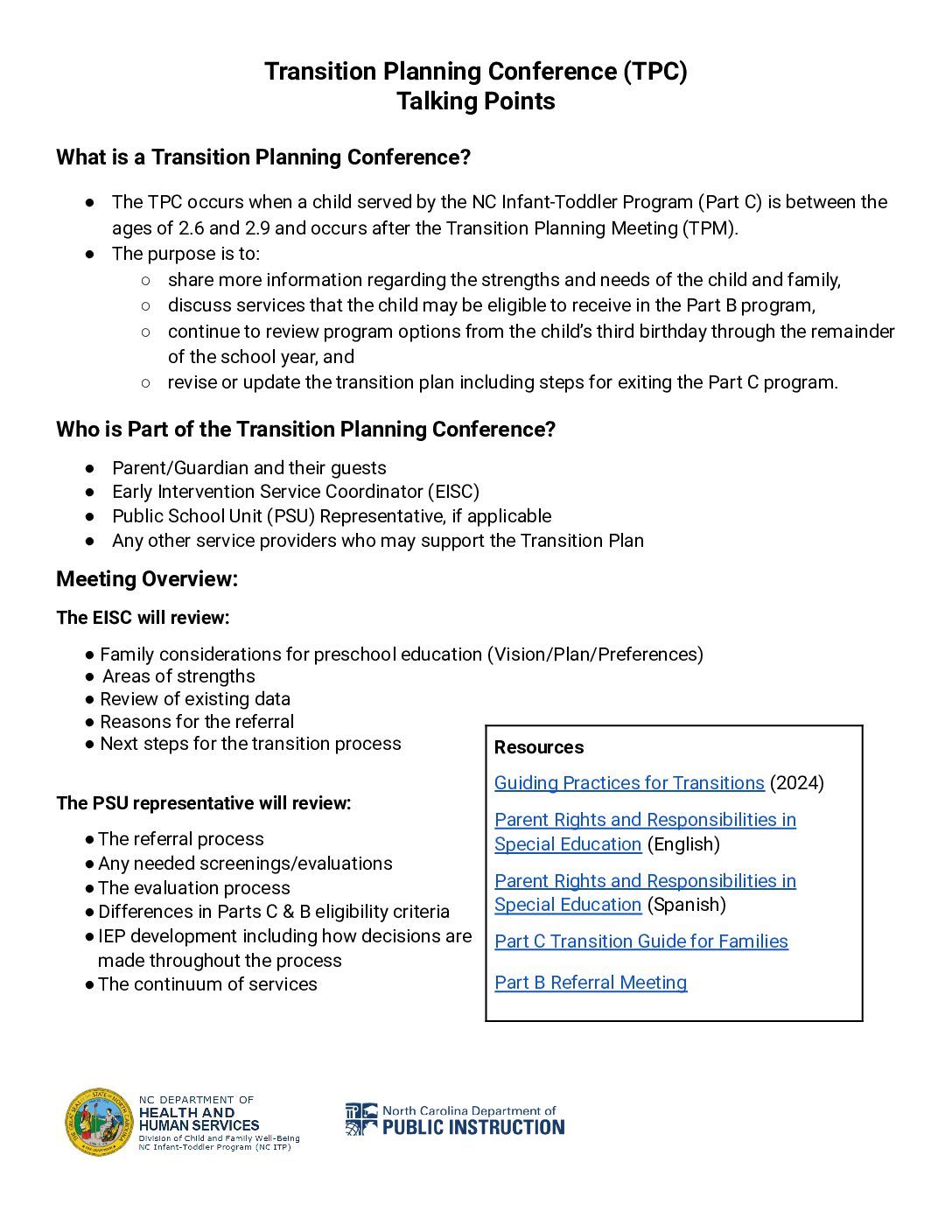
Talking Points: Transition Planning Conference (TPC)
The TPC occurs when a child served by the NC Infant-Toddler Program (Part C) is between the ages of 2.6 and 2.9 and occurs after the Transition Planning Meeting (TPM).
Categories: Early Childhood, Early Intervention, Transitions
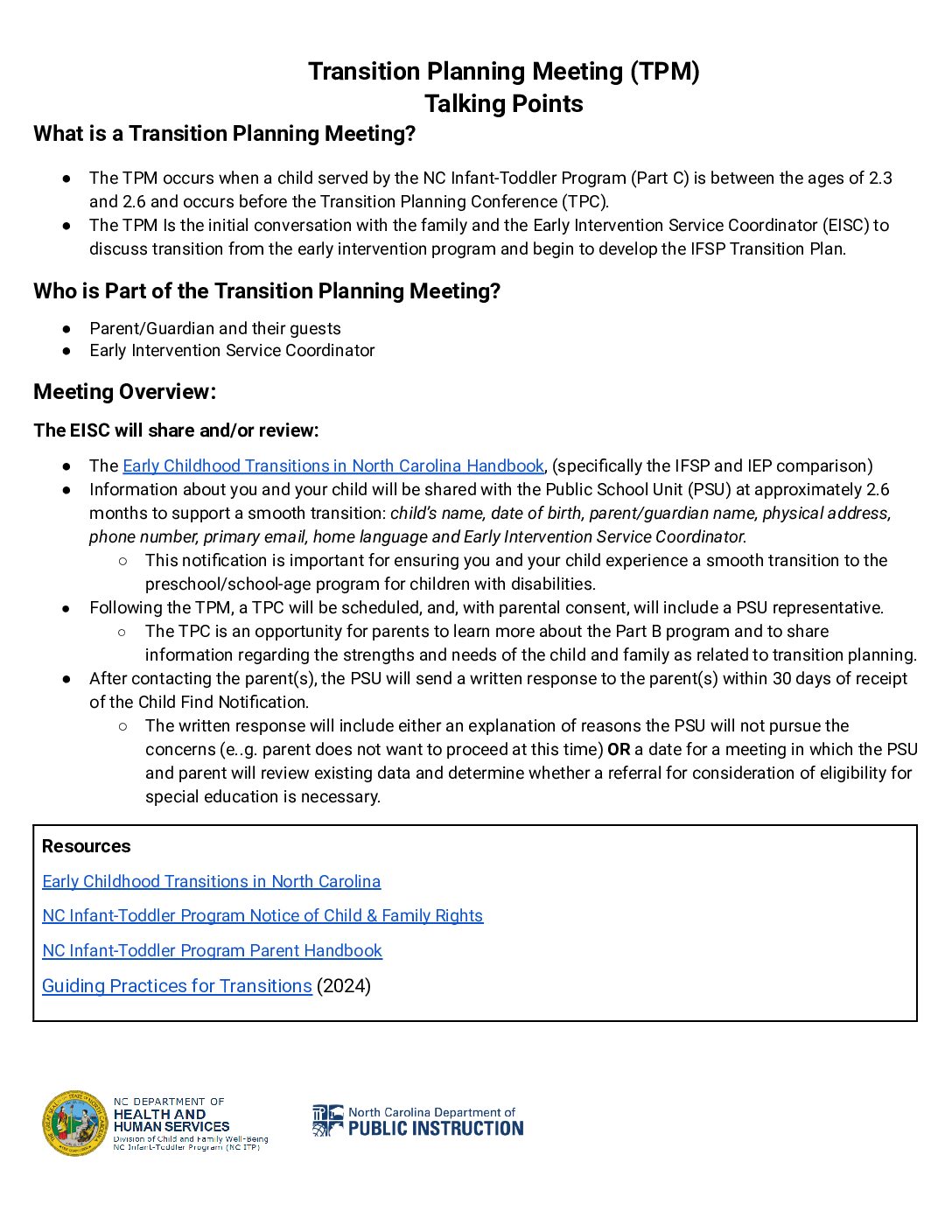
Talking Points: Transition Planning Meeting (TPM)
The TPM occurs when a child served by the NC Infant-Toddler Program (Part C) is between the ages of 2.3 and 2.6 and occurs before the Transition Planning Conference (TPC). The TPM Is the initial conversation with the family and the Early Intervention Service Coordinator (EISC) to discuss transition from the early intervention program and begin to develop the IFSP Transition Plan.
Categories: Early Childhood, Early Intervention, Transitions
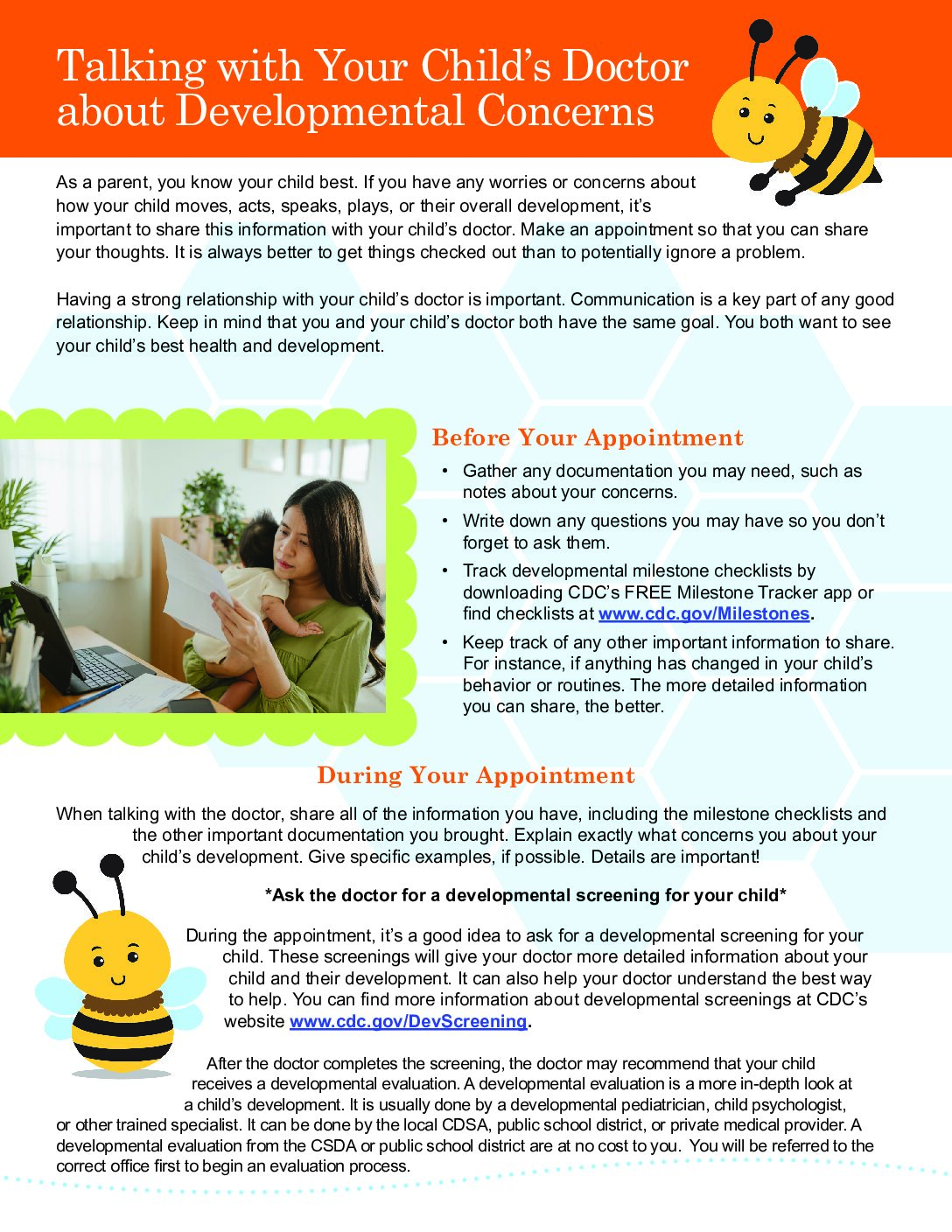
Talking with Your Child's Doctor about Developmental Concerns
As a parent, you know your child best. If you have any worries or concerns about how your child moves, acts, speaks, plays, or their overall development, it's important to share this information with your child's doctor.
Categories: Early Childhood, Early Intervention
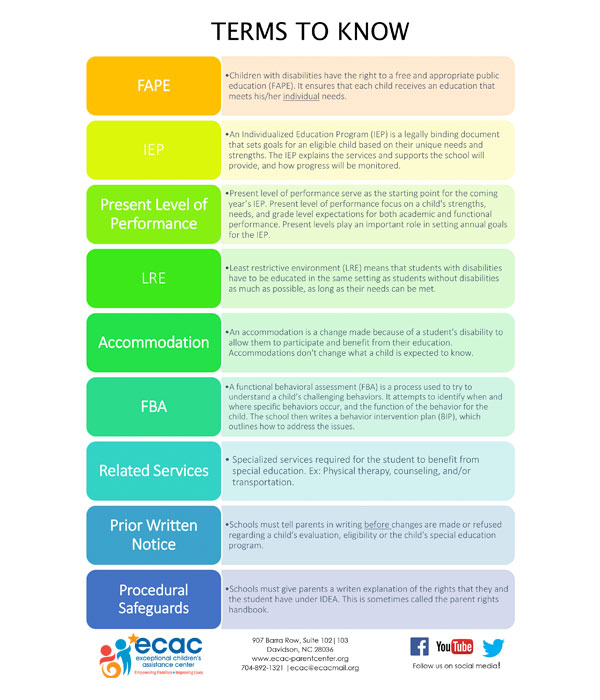
Terms to Know
Related terms including FAPE, IEP, LRE, accommodation, FBA, and others...
Categories: General, Advocacy, IEP
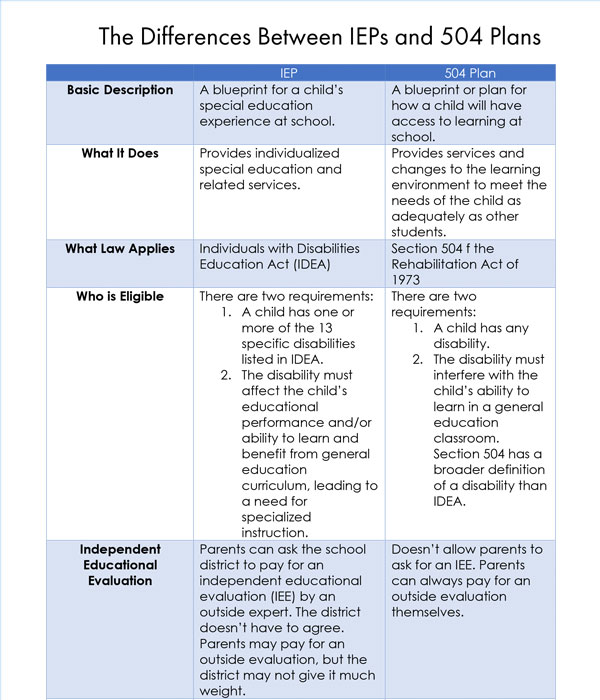
The Differences between IEPs and 504 Plans
Information including basic descriptions, what each does, what law applies, who is eligible, and more...
Categories: General, IEP, 504
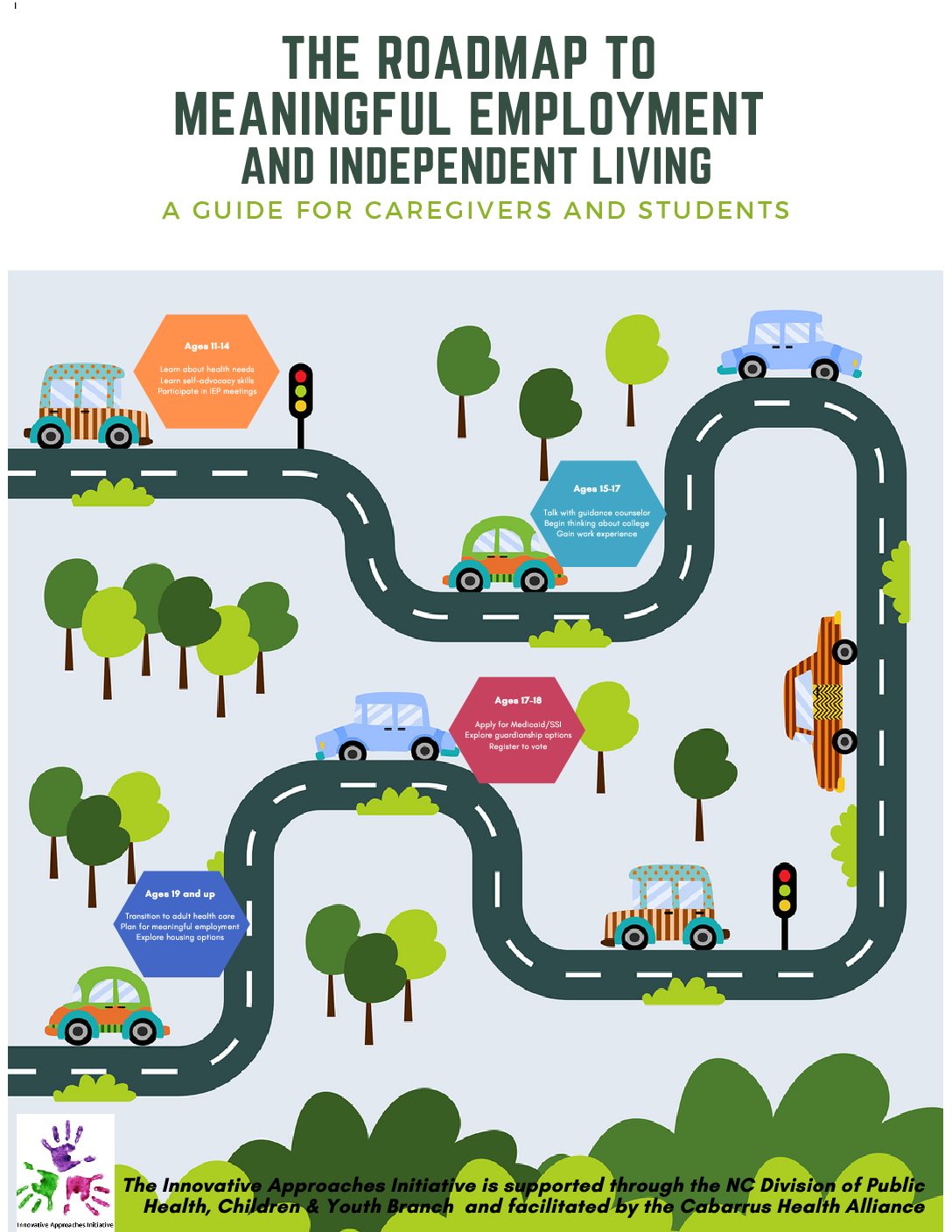
The Roadmap to Meaningful Employment and Independent Living
A Guide for Caregivers and Students on Transition to Adulthood
Categories: Transition to Adulthood, Transition-age Youth
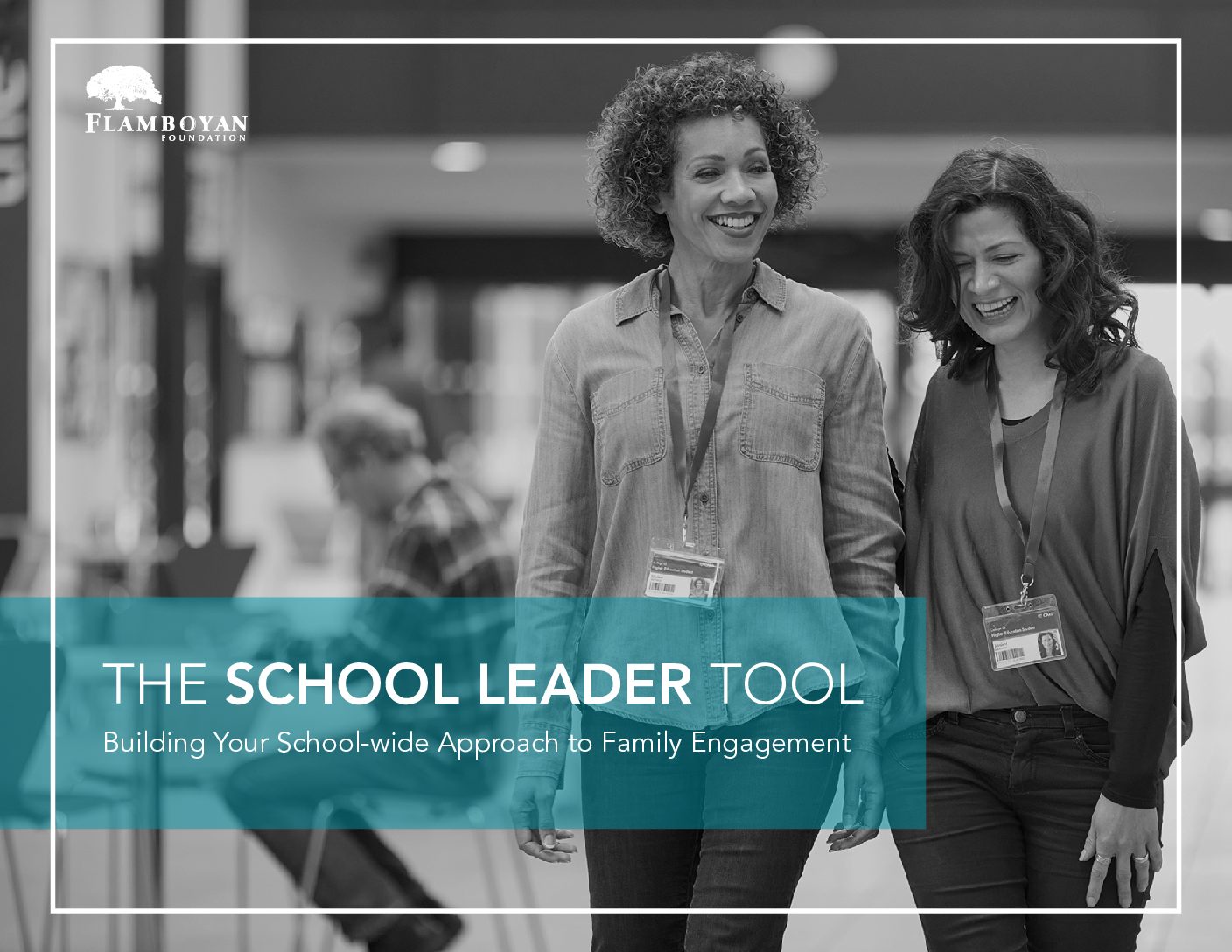
The School Leaders Tool
Building Your School-wide approach to Family Engagement
Categories: Family Engagement
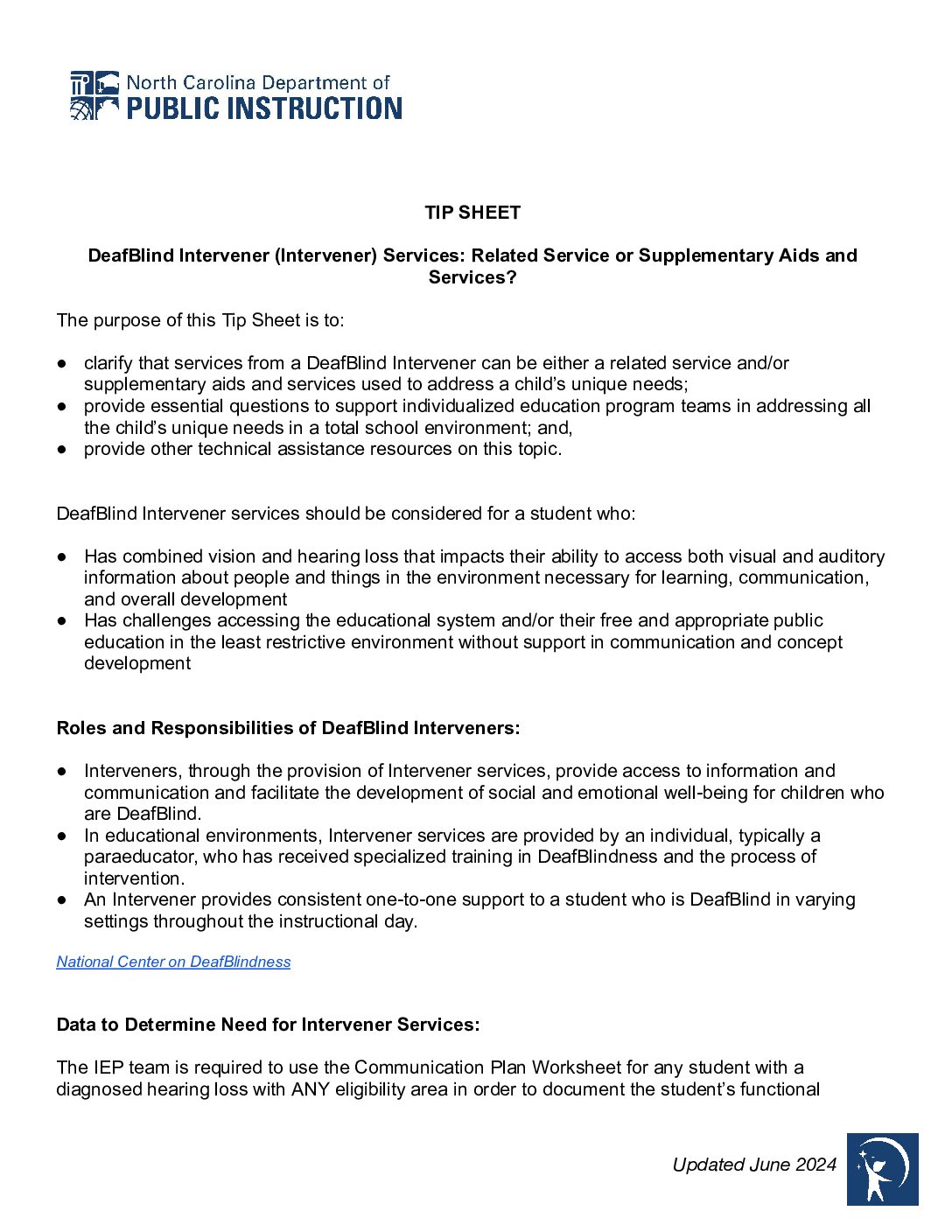
Tip Sheet: DeafBlind Intervener Services
The purpose of this Tip Sheet is to: clarify that services from a DeafBlind Intervener can be either a related service and/or supplementary aids and services used to address a child’s unique needs; provide essential questions to support individualized education program teams in addressing all the child’s unique needs in a total school environment; and, provide other technical assistance resources on this topic.
Categories: Interveners, NC Deaf-Blind Project
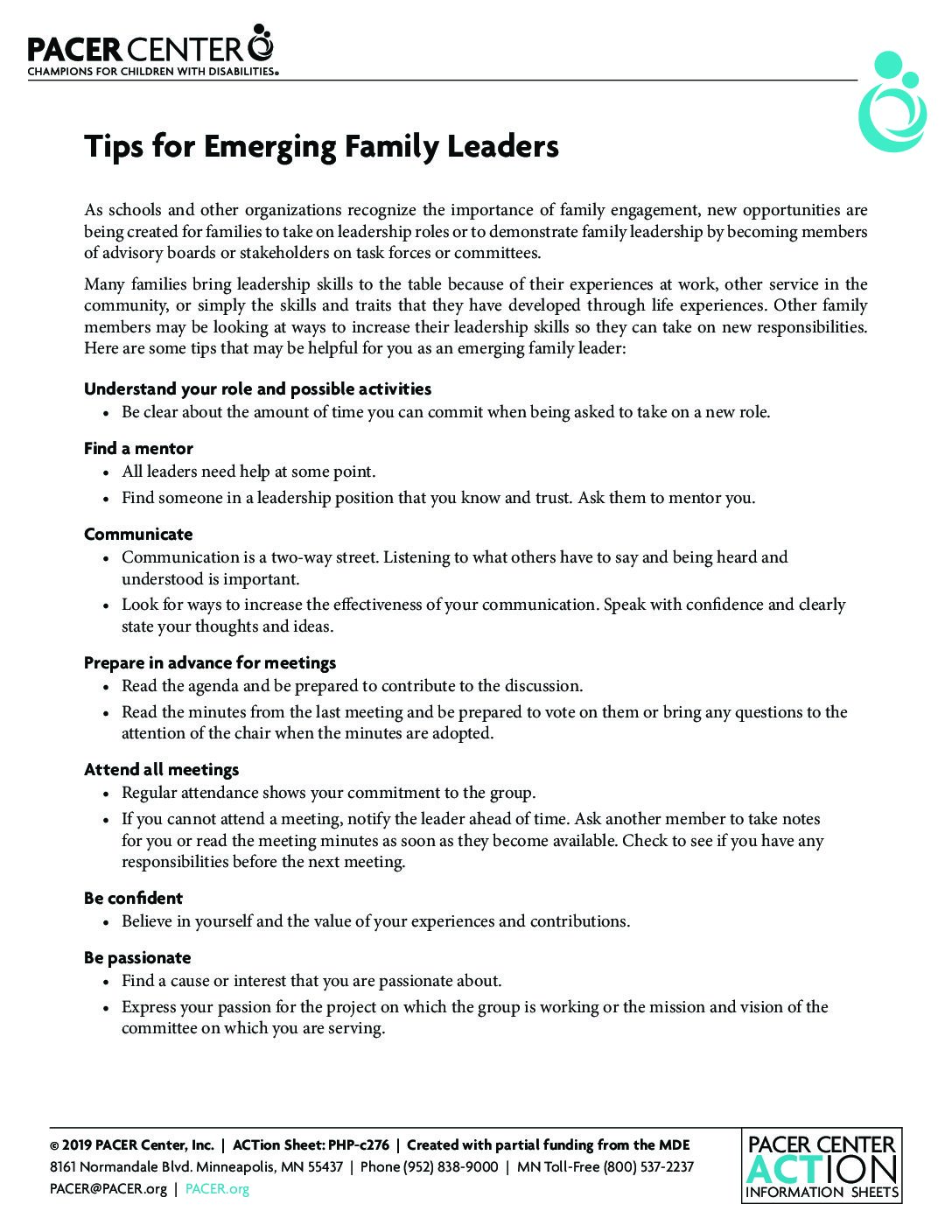
Tips for Emerging Family Leaders
Ideas to support and encourage family leaders
Categories: Family Engagement
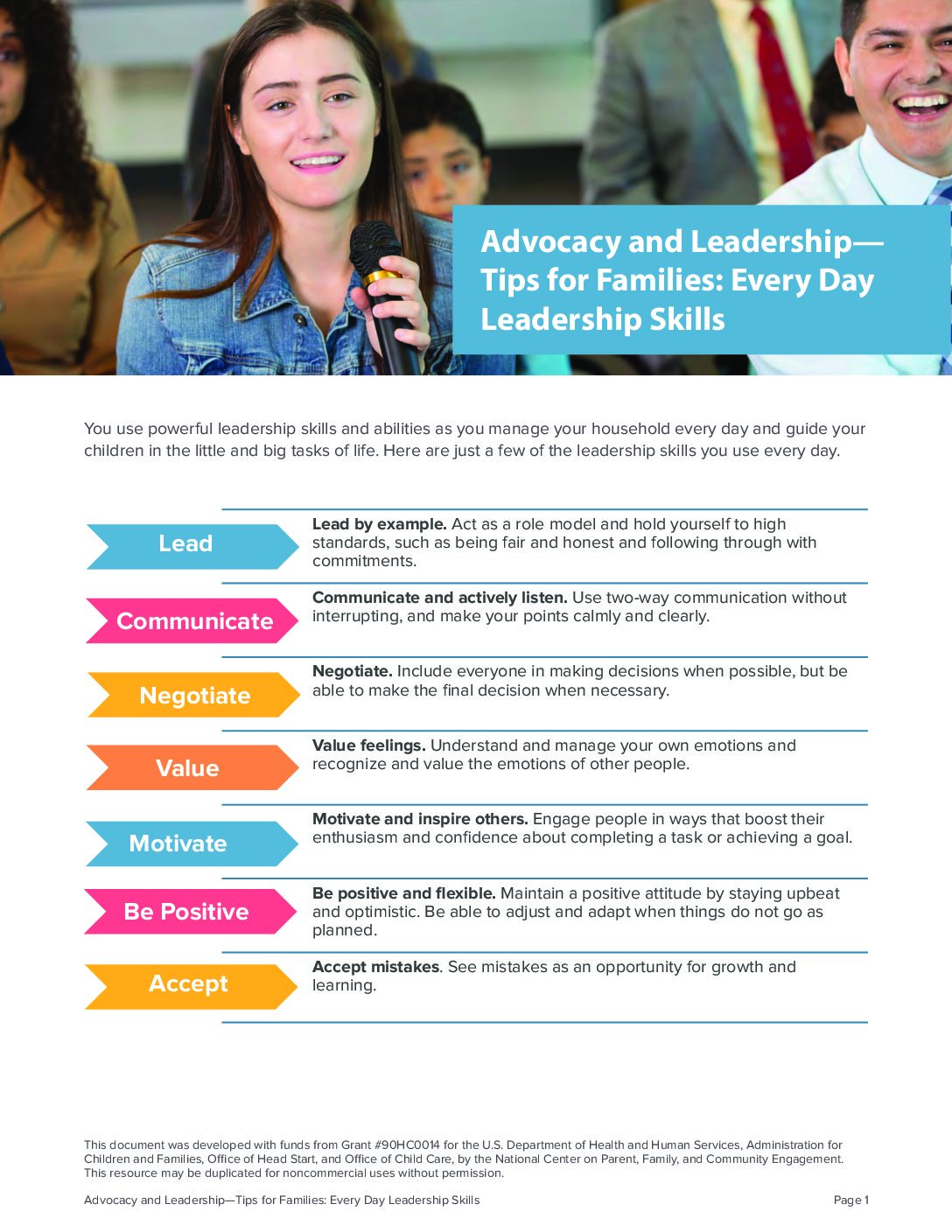
Tips for Families: Everyday Leadership Skills
You use powerful leadership skills and abilities as you manage your household every day and guide your children in the little and big tasks of life. Here are just a few of the leadership skills you use every day.
Categories: Family Engagement
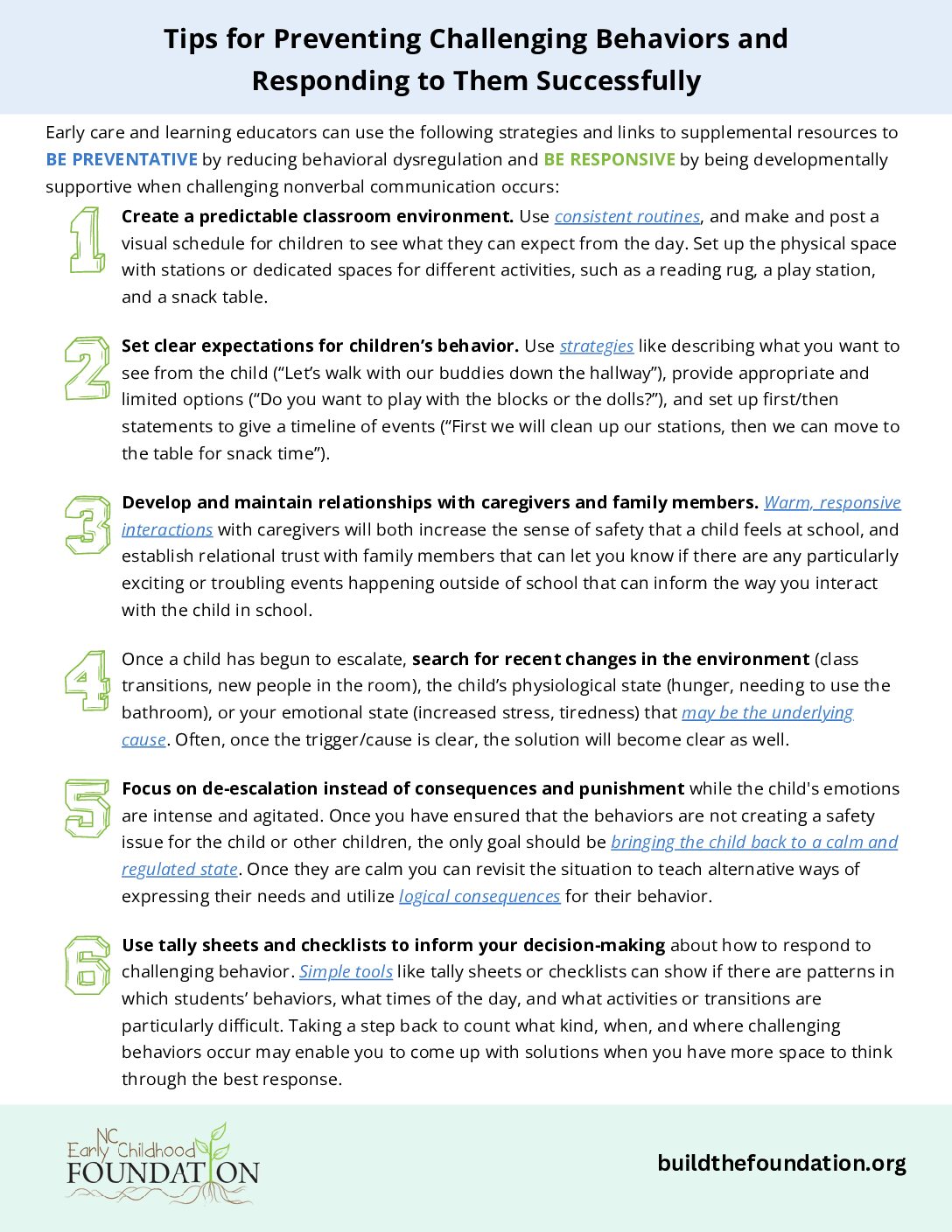
Tips for Preventing Challenging Behaviors and Responding to Them Successfully
Early care and learning educators can use the following strategies and links to supplemental resources to BE PREVENTATIVE by reducing behavioral dysregulation and BE RESPONSIVE by being developmentally supportive when challenging nonverbal communication occurs.
Categories: Behavior, Early Childhood
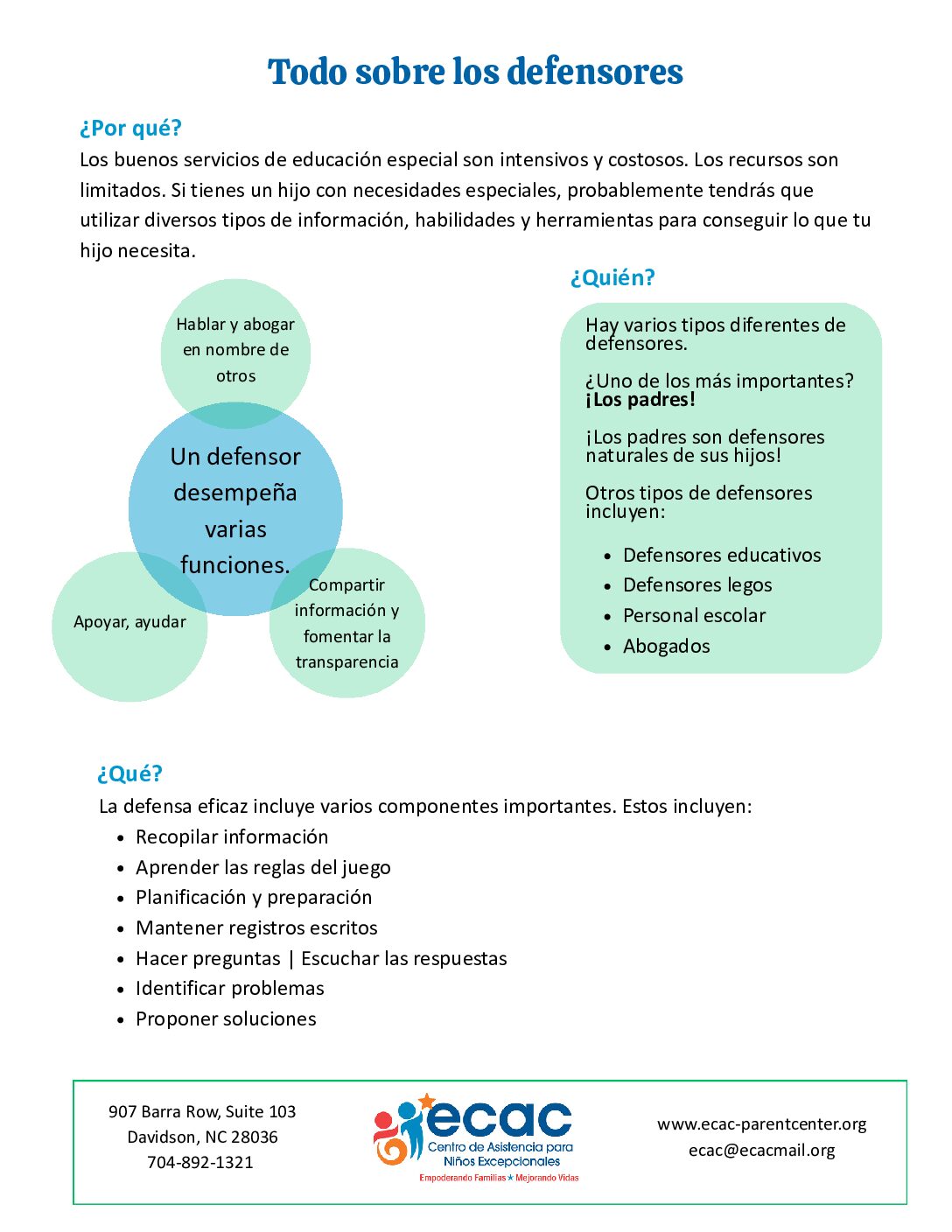
Todo sobre los defensores (All About Advocates)
Los buenos servicios de educación especial son intensivos y costosos. Los recursos son limitados. Si tienes un hijo con necesidades especiales, probablemente tendrás que utilizar diversos tipos de información, habilidades y herramientas para conseguir lo que tu hijo necesita.
Categories: Advocacy, Spanish
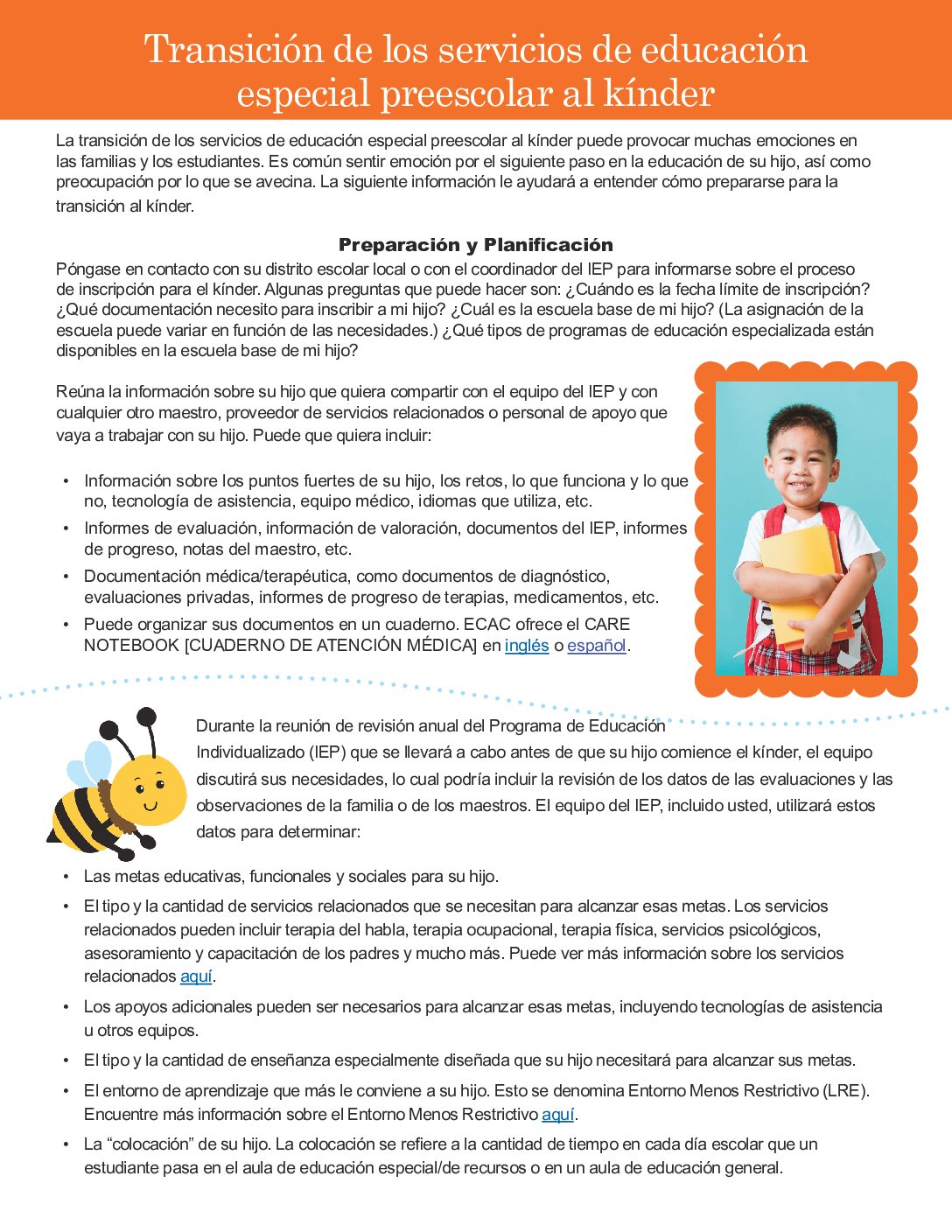
Transición de los servicios de educación especial preescolar al kínder (Transition from Preschool Special Education Services to Kindergarten)
La transición de los servicios de educación especial preescolar al kínder puede provocar muchas emociones en las familias y los estudiantes. Es común sentir emoción por el siguiente paso en la educación de su hijo, así como preocupación por lo que se avecina. La siguiente información le ayudará a entender cómo prepararse para la transición al kínder.
Categories: Early Childhood, Early Intervention, Spanish
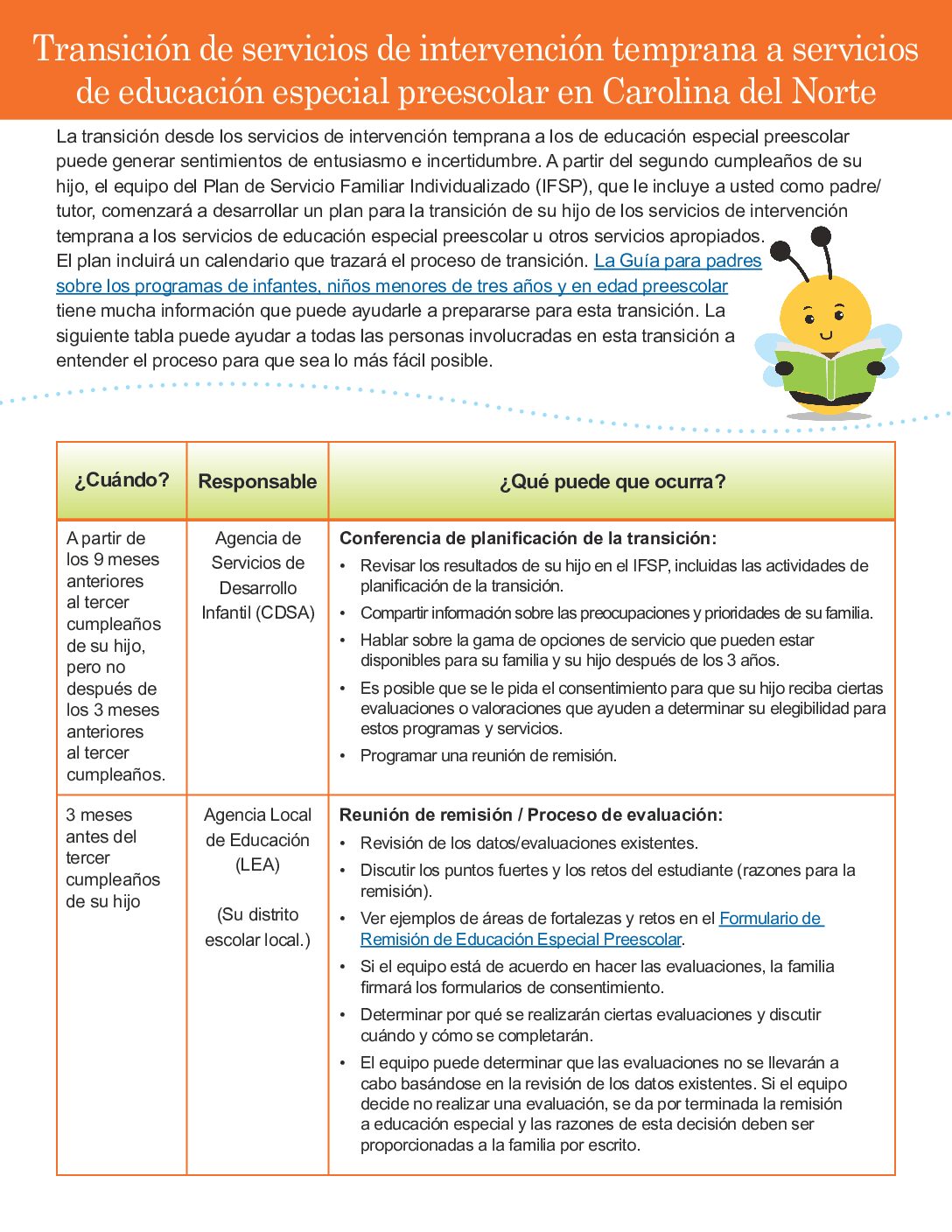
Transición de servicios de intervención temprana a servicios de educación especial preescolar en Carolina del Norte (Transition from Early Intervention Services to Preschool Special Education Services in North Carolina)
La transición desde los servicios de intervención temprana a los de educación especial preescolar puede generar sentimientos de entusiasmo e incertidumbre. A partir del segundo cumpleaños de su hijo, el equipo del Plan de Servicio Familiar Individualizado (IFSP), que le incluye a usted como padre/tutor, comenzará a desarrollar un plan para la transición de su hijo de los servicios de intervención temprana a los servicios de educación especial preescolar u otros servicios apropiados. El plan incluirá un calendario que trazará el proceso de transición. La Guía para padres sobre los programas de infantes, niños menores de tres años y en edad preescolar tiene mucha información que puede ayudarle a prepararse para esta transición. La siguiente tabla puede ayudar a todas las personas involucradas en esta transición a entender el proceso para que sea lo más fácil posible
Categories: Early Childhood, Early Intervention, Spanish
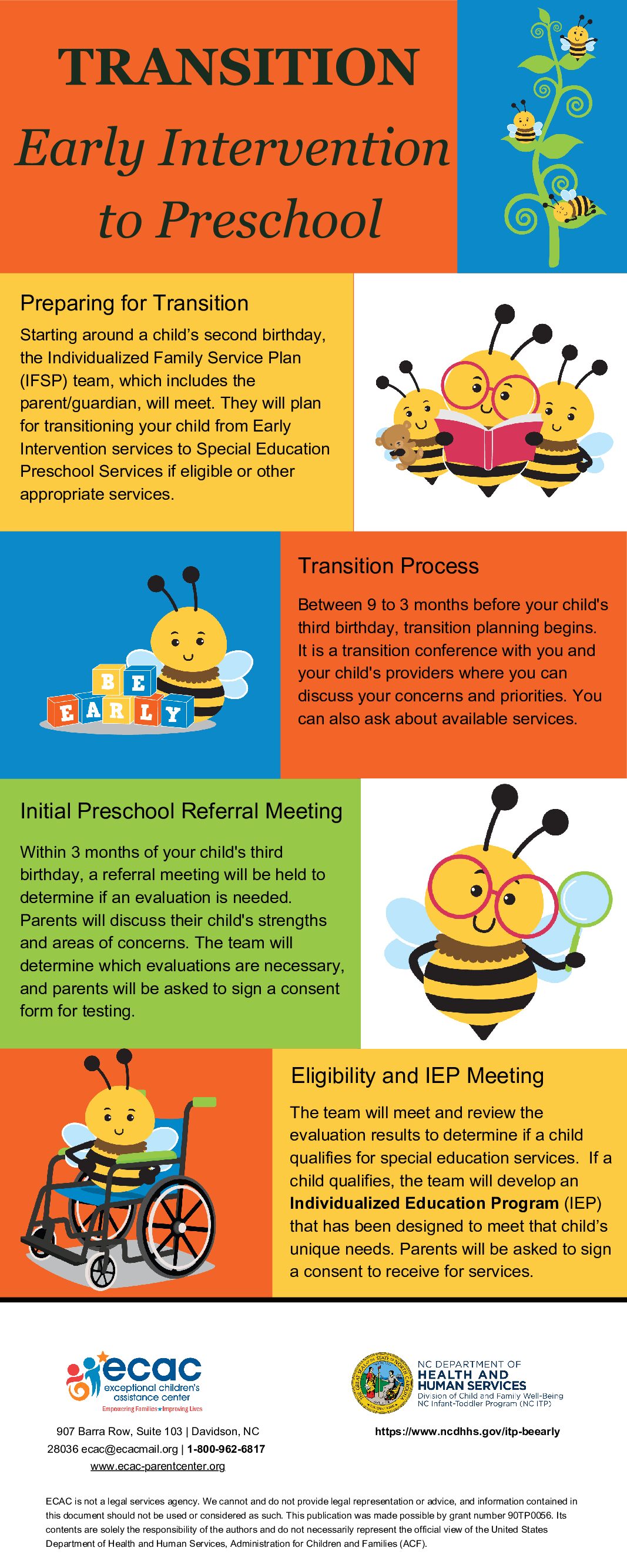
Transition from Early Intervention to Preschool Infographic
Categories: Early Childhood, Early Intervention
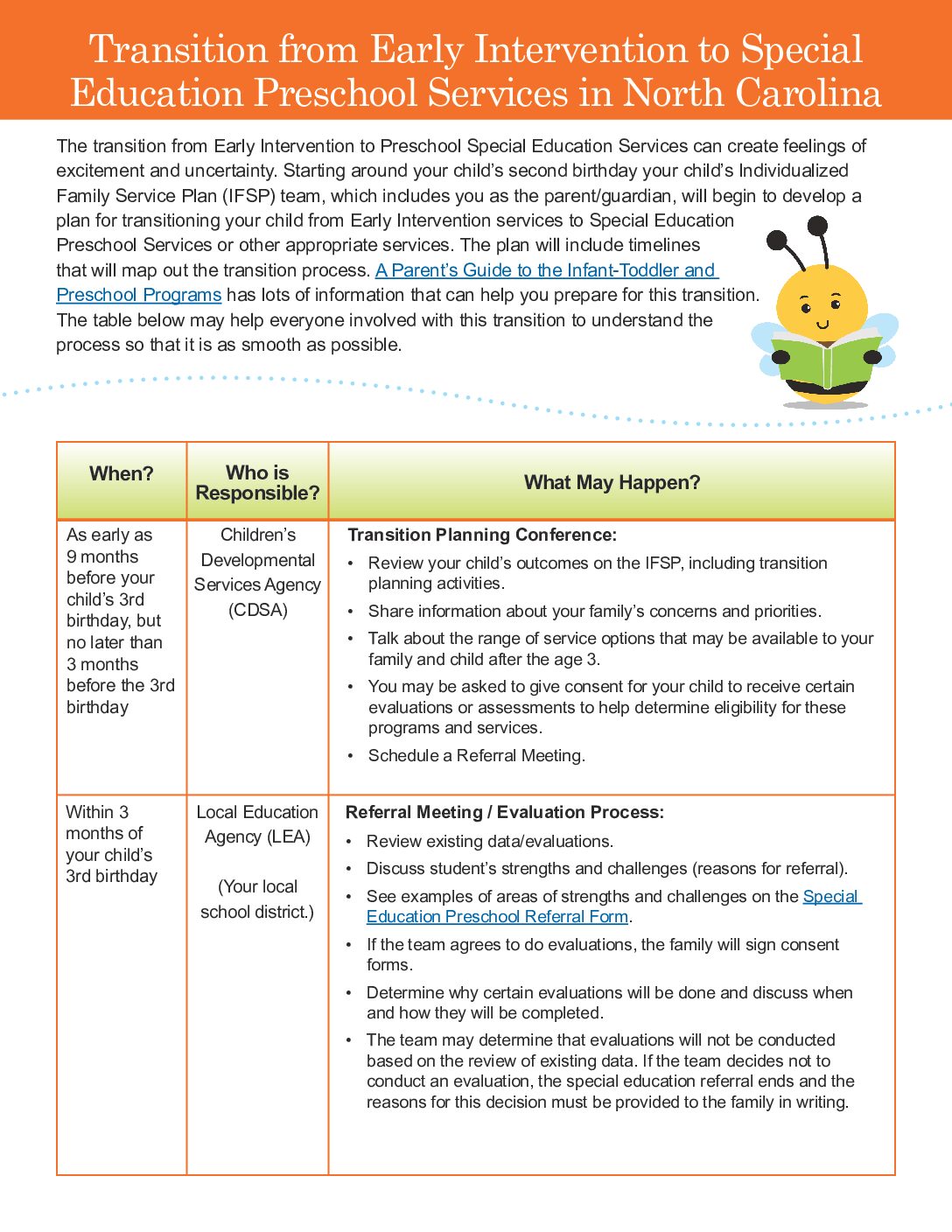
Transition from Early Intervention to Special Education Preschool Services in North Carolina
The transition from Early Intervention to Preschool Special Education Services can create feelings of excitement and uncertainty. Starting around your child’s second birthday your child’s Individualized Family Service Plan (IFSP) team, which includes you as the parent/guardian, will begin to develop a plan for transitioning your child from Early Intervention services to Special Education Preschool Services or other appropriate services. The plan will include timelines that will map out the transition process. A Parent’s Guide to the Infant-Toddler and Preschool Programs has lots of information that can help you prepare for this transition. The table below may help everyone involved with this transition to understand the process so that it is as smooth as possible.
Categories: Early Childhood, Early Intervention
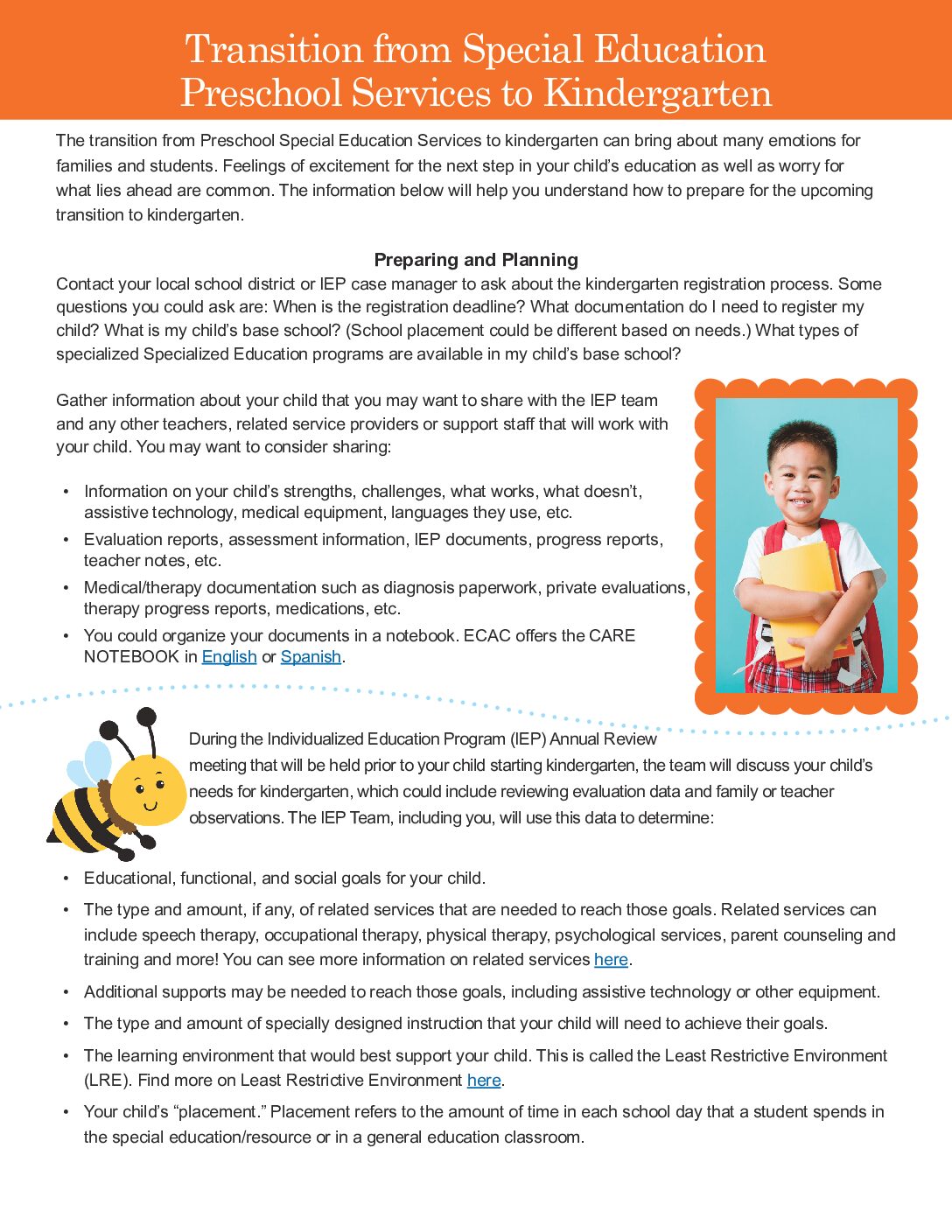
Transition from Special Education Preschool Services to Kindergarten
The transition from Preschool Special Education Services to kindergarten can bring about many emotions for families and students. Feelings of excitement for the next step in your child’s education as well as worry for what lies ahead are common. The information below will help you understand how to prepare for the upcoming transition to kindergarten.
Categories: Early Childhood, Early Intervention
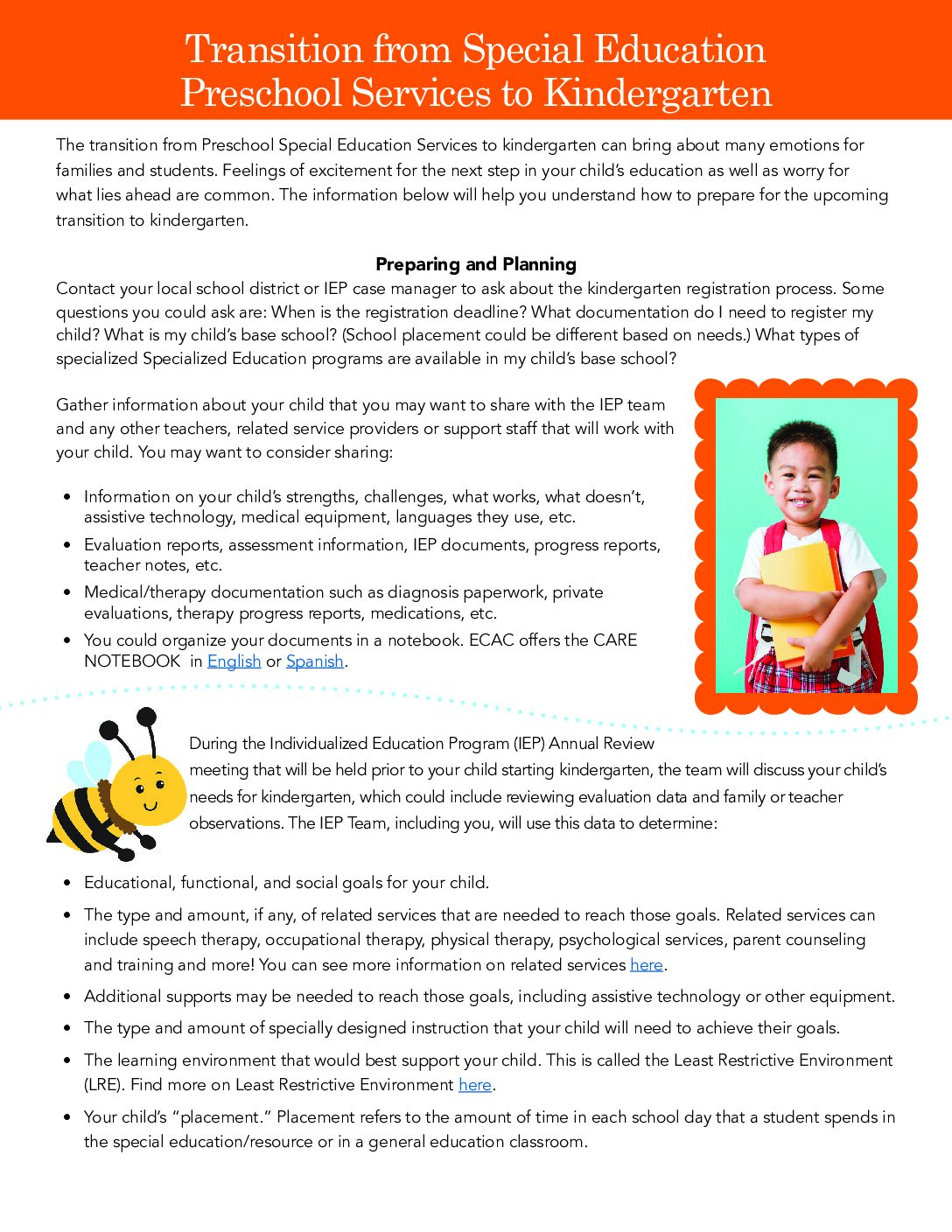
Transition from Special Education Preschool Services to Kindergarten
The transition from Preschool Special Education Services to kindergarten can bring about many emotions for families and students. Feelings of excitement for the next step in your child’s education as well as worry for what lies ahead are common.
Categories: Early Childhood, Early Intervention
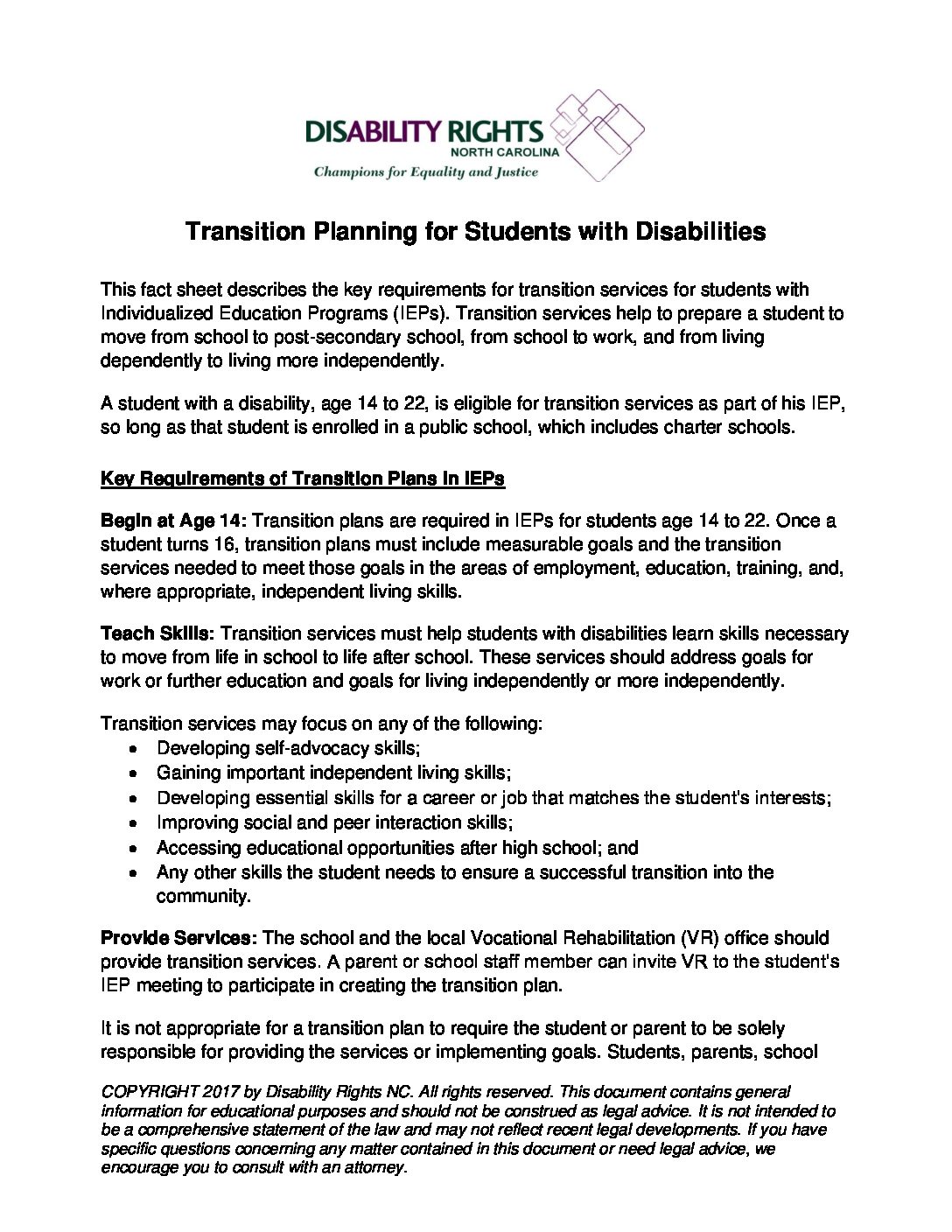
Transition Planning for Students with Disabilities - Disability Rights North Carolina
Categories: Transition to Adulthood, Transition-age Youth
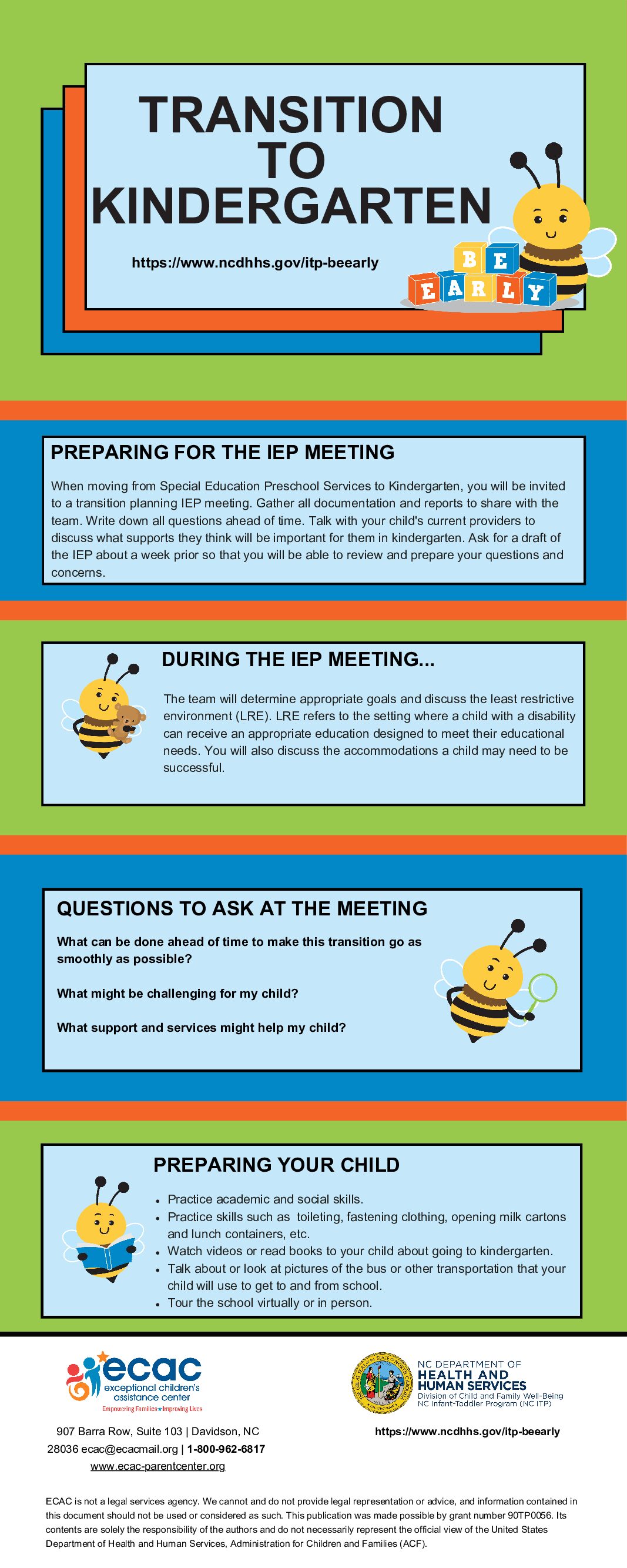
Transition to Kindergarten Infographic
Categories: Early Childhood, Early Intervention, Transitions
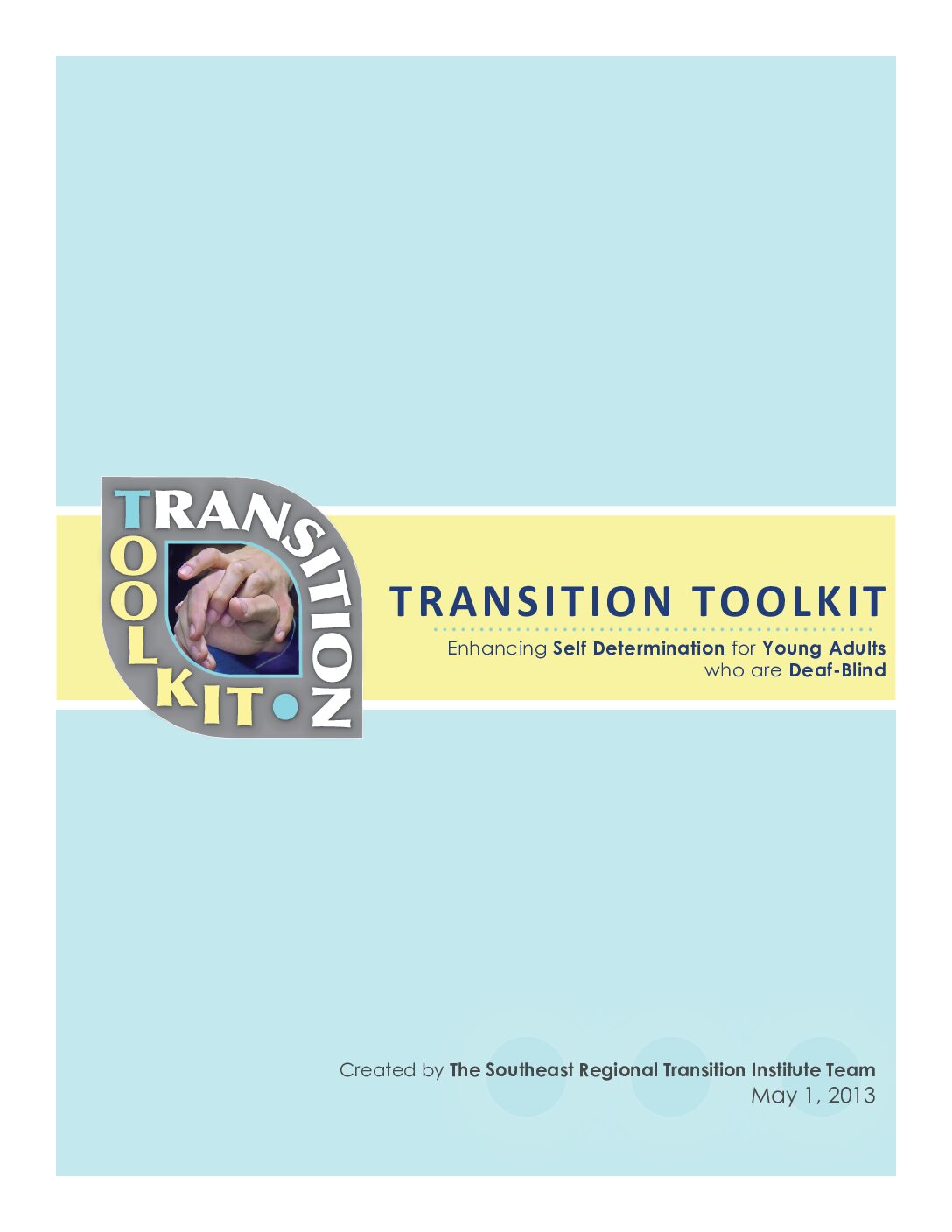
Transition Toolkit: Enhancing Self Determination for Young Adults who are DeafBlind
Categories: NC Deaf-Blind Project, Transition to Adulthood, Transitions
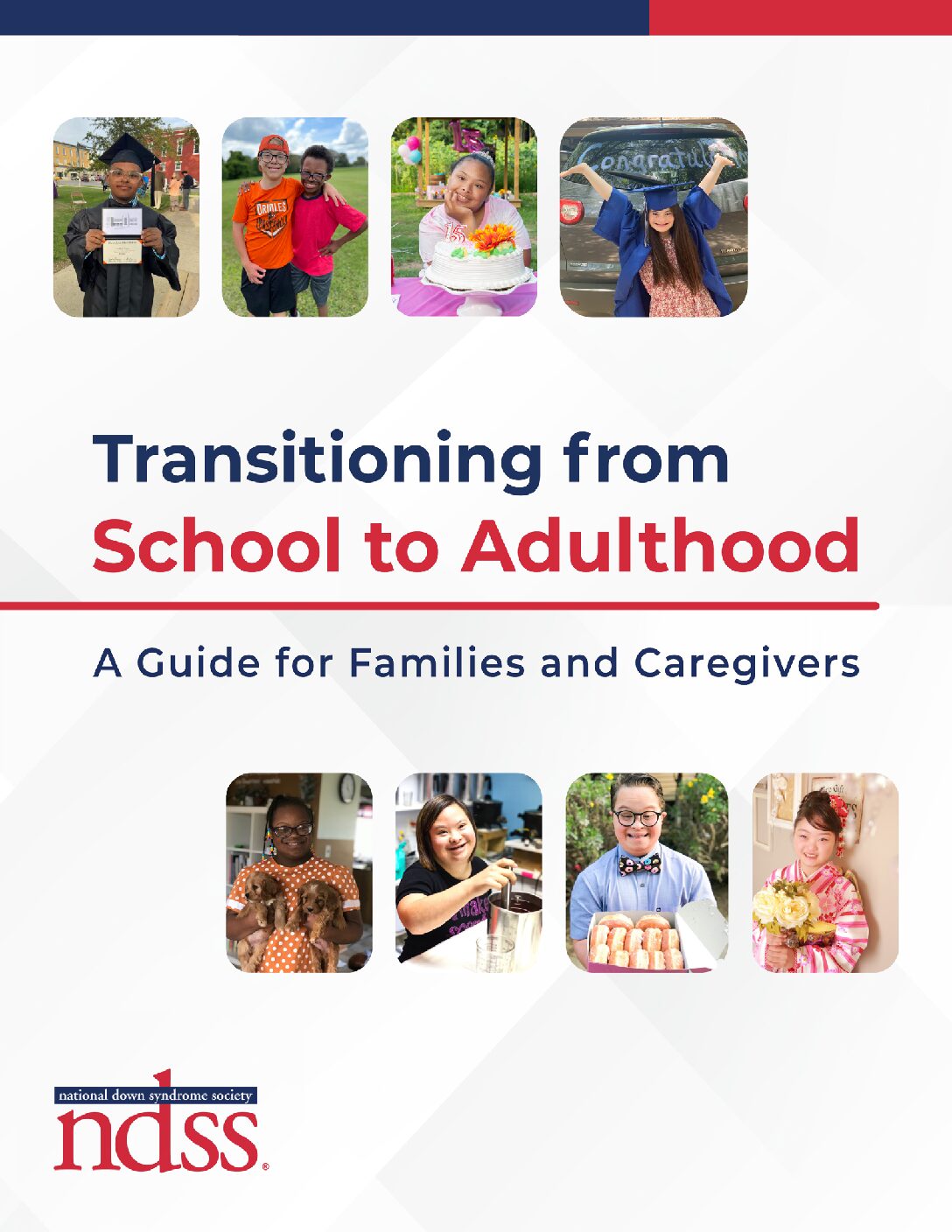
Transitioning from School to Adulthood: A Guide for Families and Caregivers
The intention of this guide is to provide direction, advice, and information, and to present a collection of resources that you can use to help navigate your transition to adulthood as smoothly as possible. Our goal is to point you in some useful directions, but it is ultimately up to you to decide what will be helpful for you in your transition journey. In the sections that follow, you will find guidance on transition planning, person-centered planning, building a transition IEP, and exploring pre-employment services.
Categories: Transition to Adulthood, Transitions
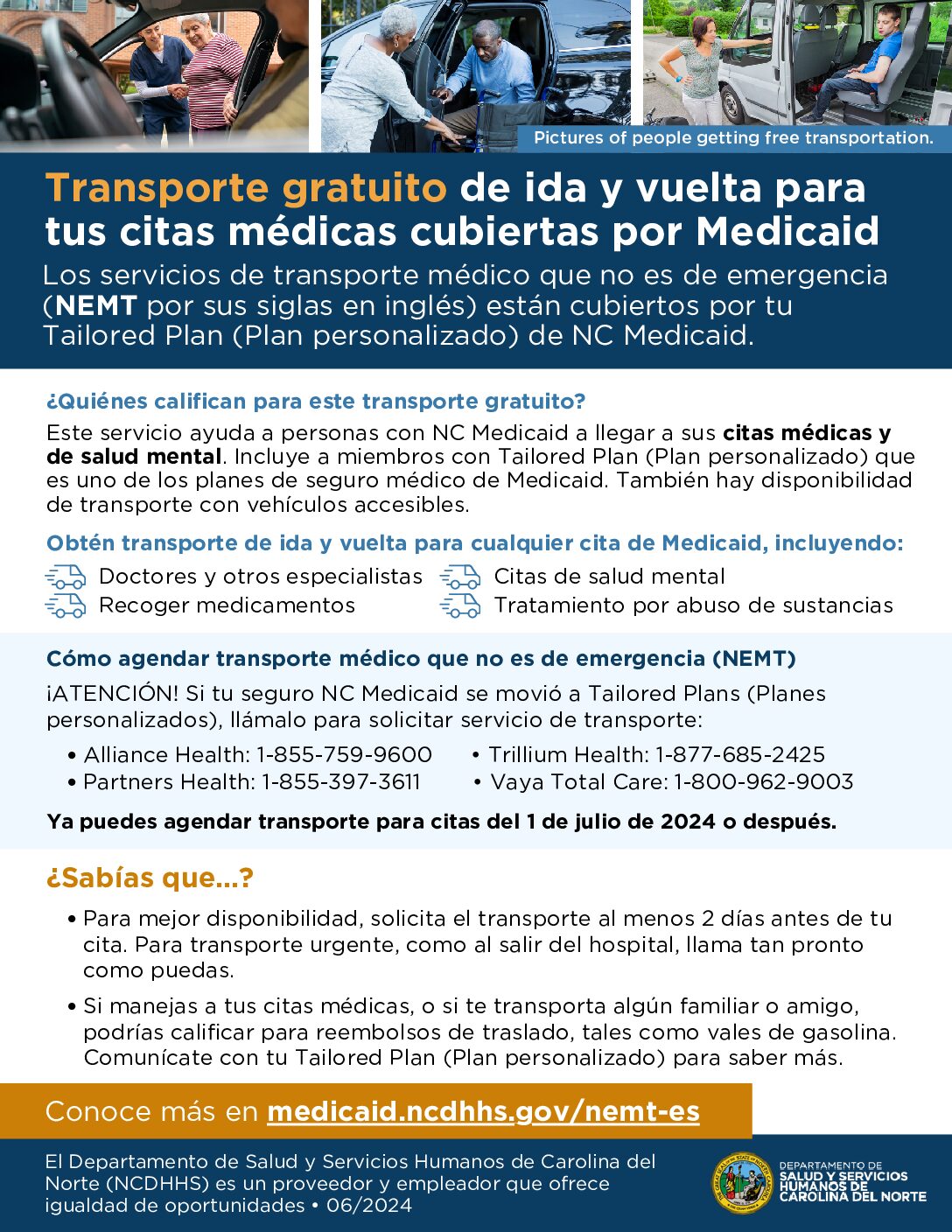
Transporte gratuito de ida y vuelta paratus citas médicas cubiertas por Medicaid (Free Round-Trip Transportation to Your Medicaid-Covered Medical Appointments)
Los servicios de transporte médico que no es de emergencia (NEMT por sus siglas en inglés) están cubiertos por tu Tailored Plan (Plan personalizado) de NC Medicaid.
Categories: Medicaid and Medicaid Waivers, Spanish
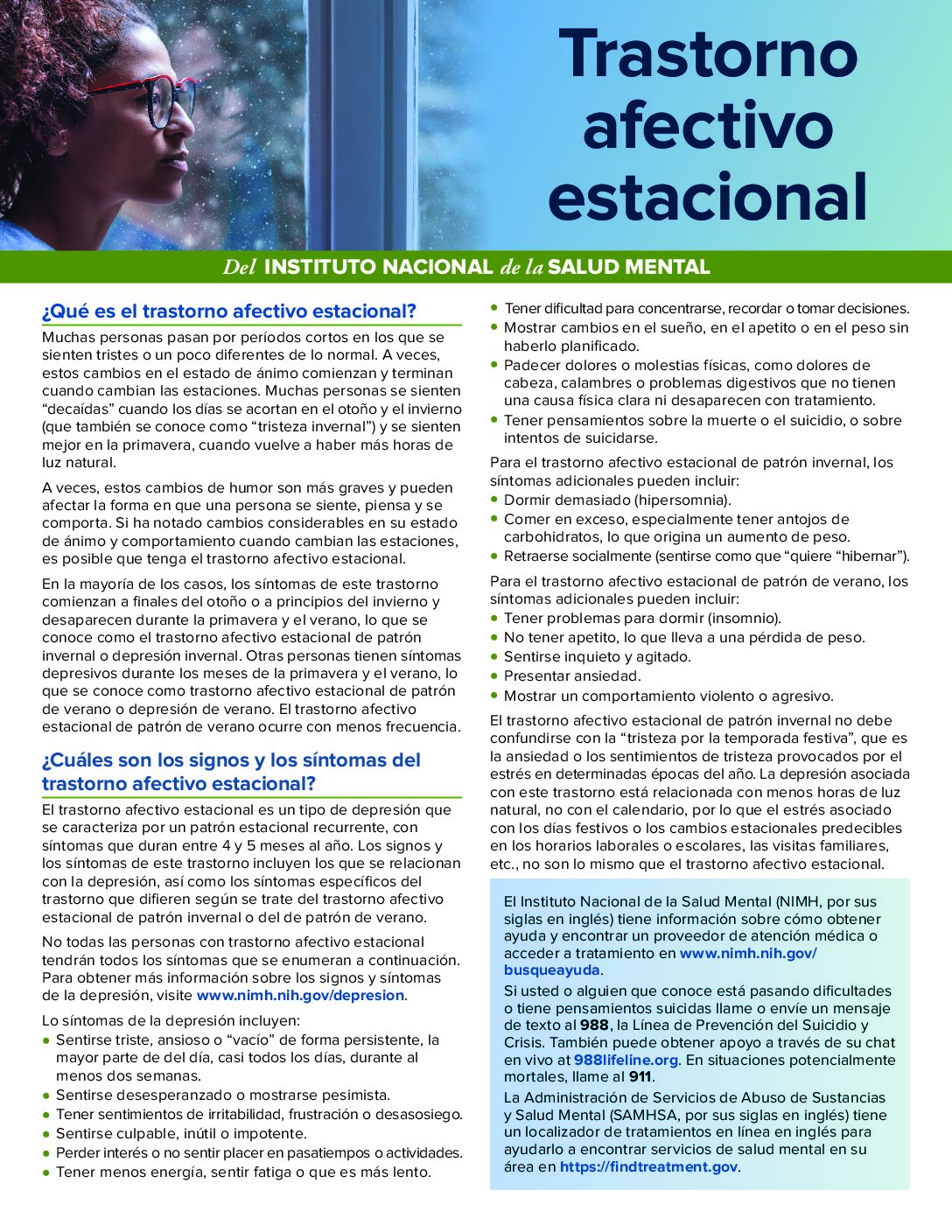
Trastorno Afectivo Estacional (Seasonal Affective Disorder)
Muchas personas pasan por períodos cortos en los que se sienten tristes o un poco diferentes de lo normal. A veces, estos cambios en el estado de ánimo comienzan y terminan cuando cambian las estaciones. Muchas personas se sienten “decaídas” cuando los días se acortan en el otoño y el invierno (que también se conoce como “tristeza invernal”) y se sienten mejor en la primavera, cuando vuelve a haber más horas de luz natural.
Categories: Disability and Health Condition Specific Information, Spanish
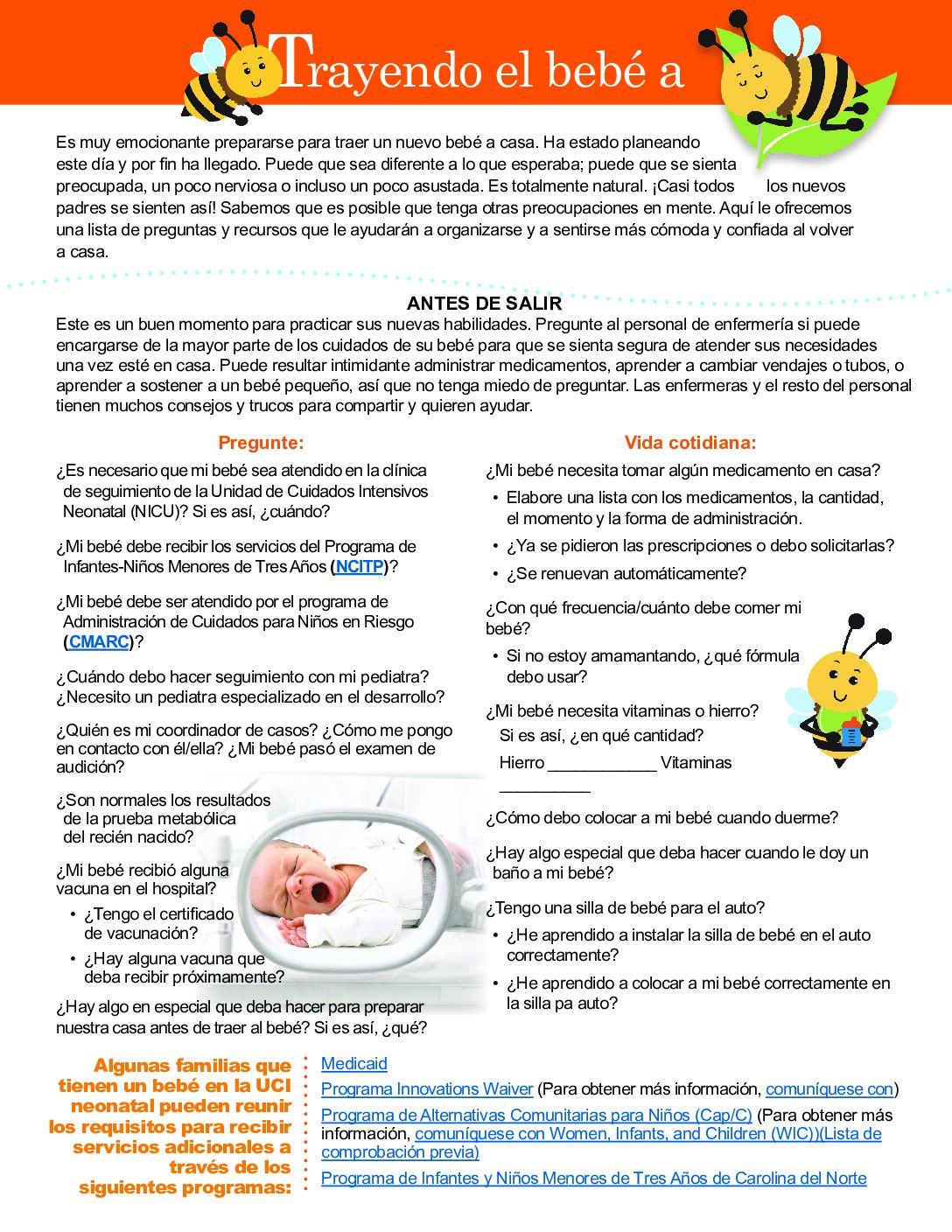
Trayendo al bebé a casa (Bringing Baby Home)
Es muy emocionante prepararse para traer un nuevco baebsé aa ca sa. Ha estado planeando este día y por fin ha llegado. Puede que sea diferente a lo que esperaba; puede que se sienta preocupada, un poco nerviosa o incluso un poco asustada. Es totalmente natural. ¡Casi todos los nuevos padres se sienten así! Sabemos que es posible que tenga otras preocupaciones en mente. Aquí le ofrecemos una lista de preguntas y recursos que le ayudarán a organizarse y a sentirse más cómoda y confiada al volver a casa.
Categories: Early Childhood, Early Intervention, Spanish
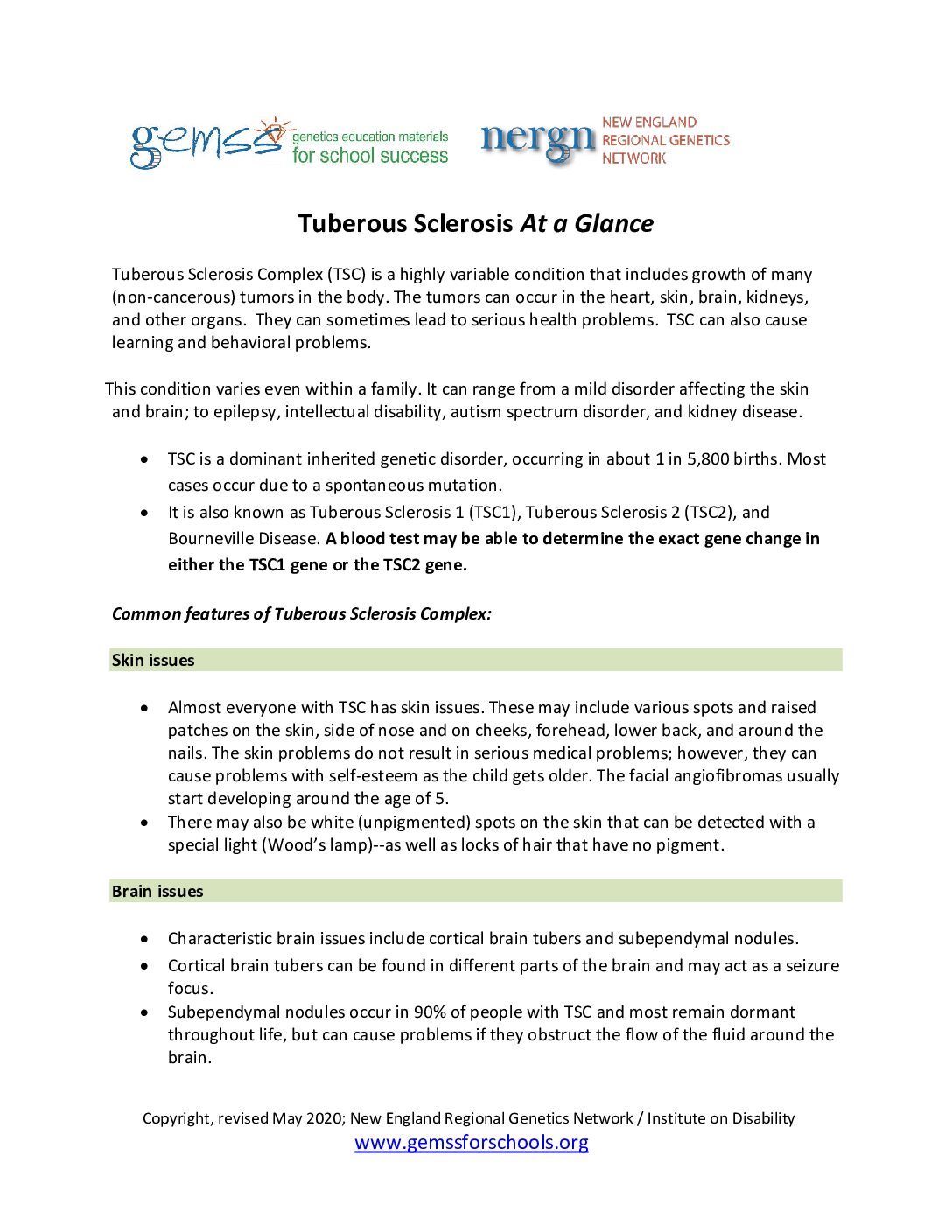
Tuberous Sclerosis At a Glance
Genetic Education Materials for School Success (GEMSS) provides a family-friendly starting point to help family members learn more about genetic conditions and offers ideas to encourage inclusion and participation in the classroom. GEMSS shares condition-specific information and resources for multiple audiences, including families, professionals, healthcare providers, and schools. Contributors to GEMSS come from clinical, public health, advocacy, and academic settings. All content has been vetted by clinical and family experts.
Categories: Disability and Health Condition Specific Information
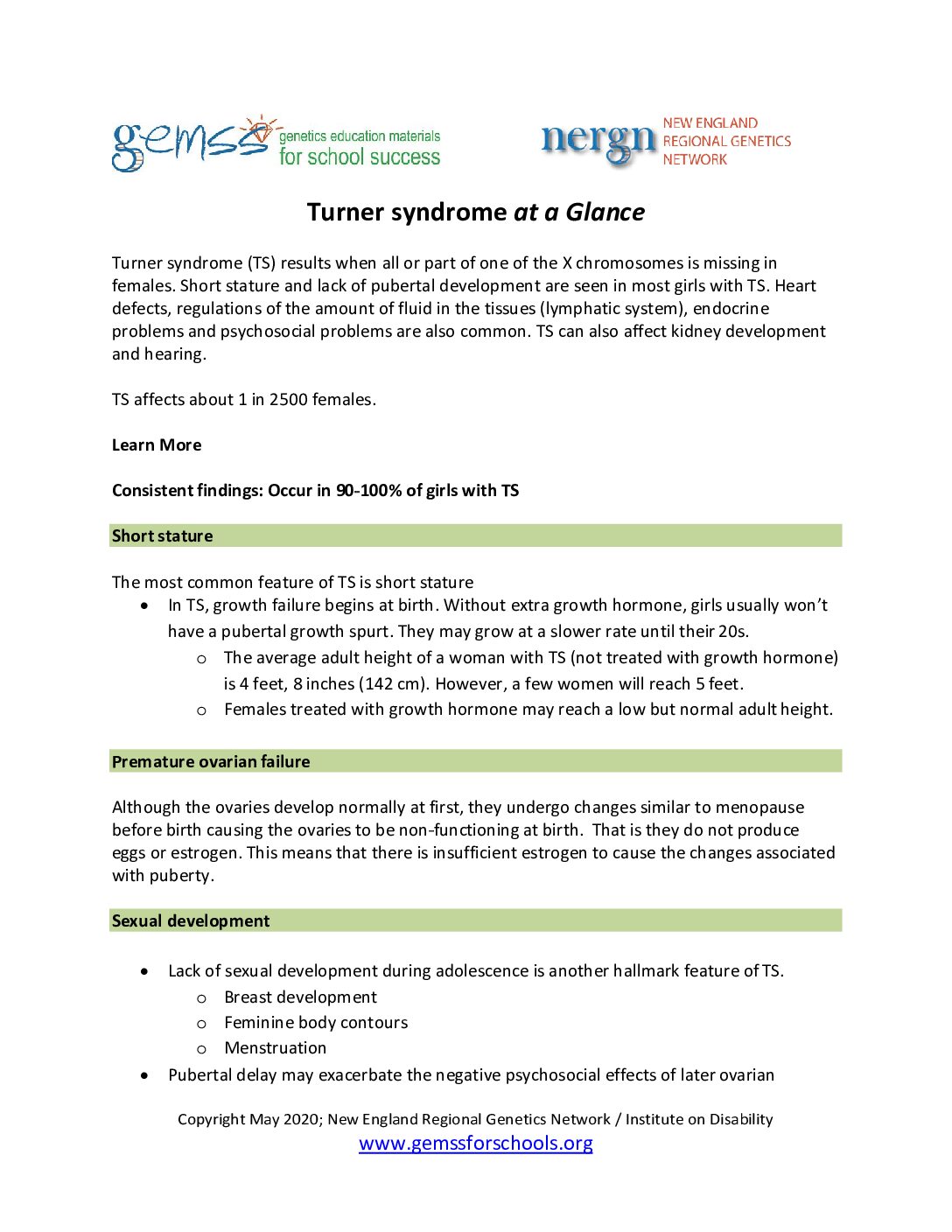
Turner Syndrome At a Glance
Genetic Education Materials for School Success (GEMSS) provides a family-friendly starting point to help family members learn more about genetic conditions and offers ideas to encourage inclusion and participation in the classroom. GEMSS shares condition-specific information and resources for multiple audiences, including families, professionals, healthcare providers, and schools. Contributors to GEMSS come from clinical, public health, advocacy, and academic settings. All content has been vetted by clinical and family experts.
Categories: Disability and Health Condition Specific Information
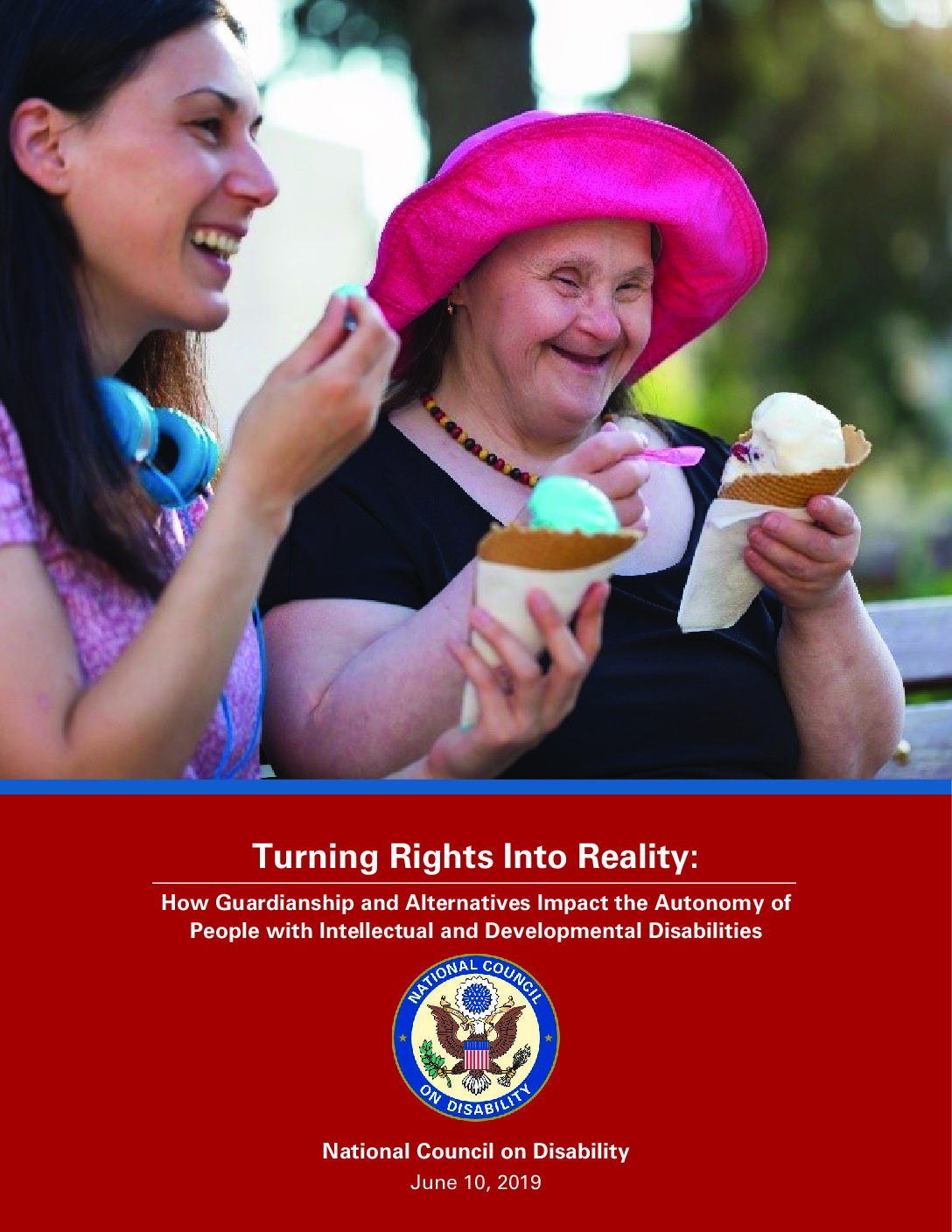
Turning Rights Into Reality: How Guardianship and Alternatives Impact the Autonomy of People with Intellectual and Developmental Disabilities
This report provides an in-depth examination of the unique challenges faced by individuals with intellectual and developmental disabilities (ID/DD), and how the use of alternatives such as supported decision-making may enable some individuals with ID/DD to exercise greater self-determination, participate more fully in their communities, and achieve greater economic self-sufficiency.
Categories: Guardianship and Alternatives, Transition to Adulthood
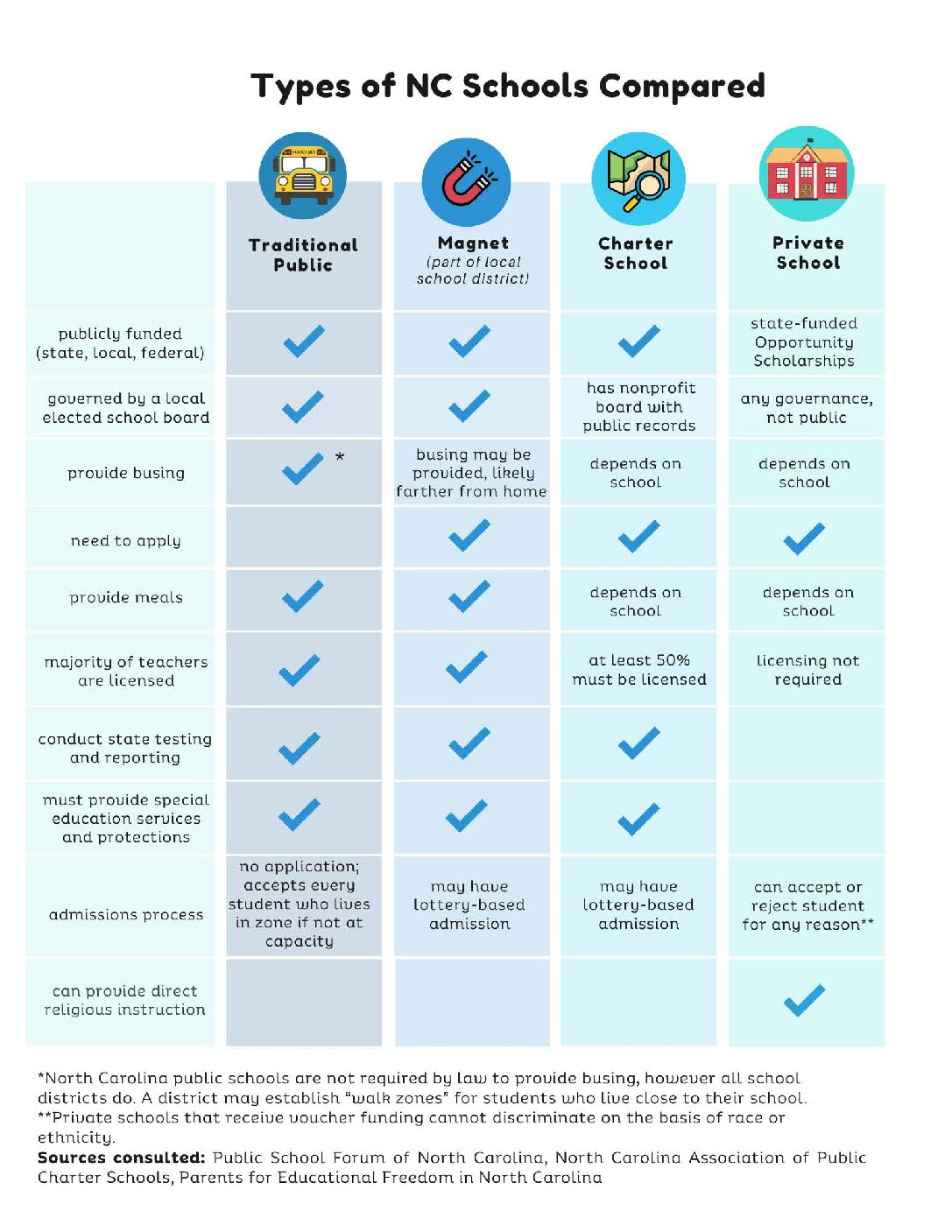
Types of NC Schools Compared
This graphic shows the different types of school options in North Carolina and how they compare
Categories: School Choice
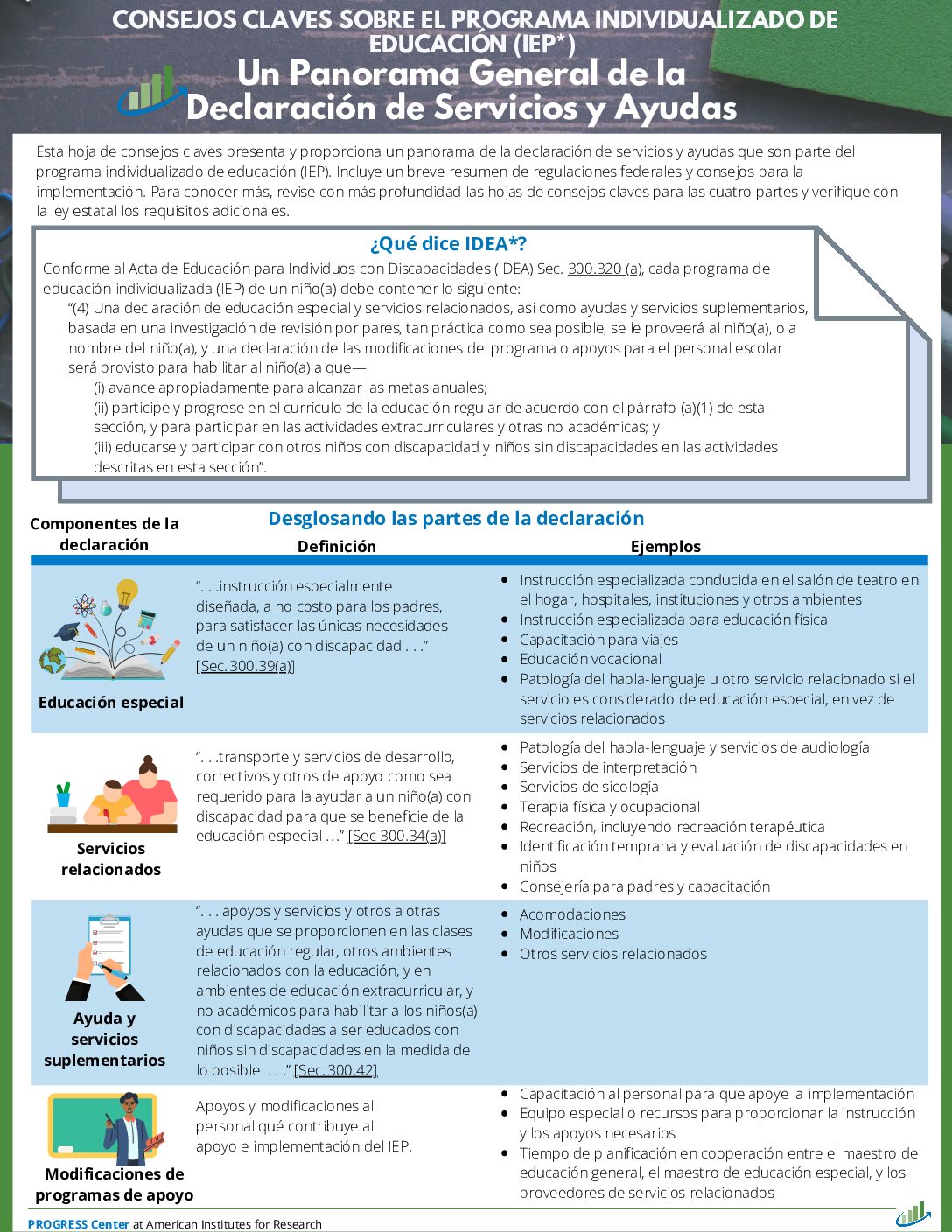
Un Panorama General de la Declaración de Servicios y Ayudas (Statement of Services and Aids Spanish Version)
Categories: IEP, Spanish, Special Education
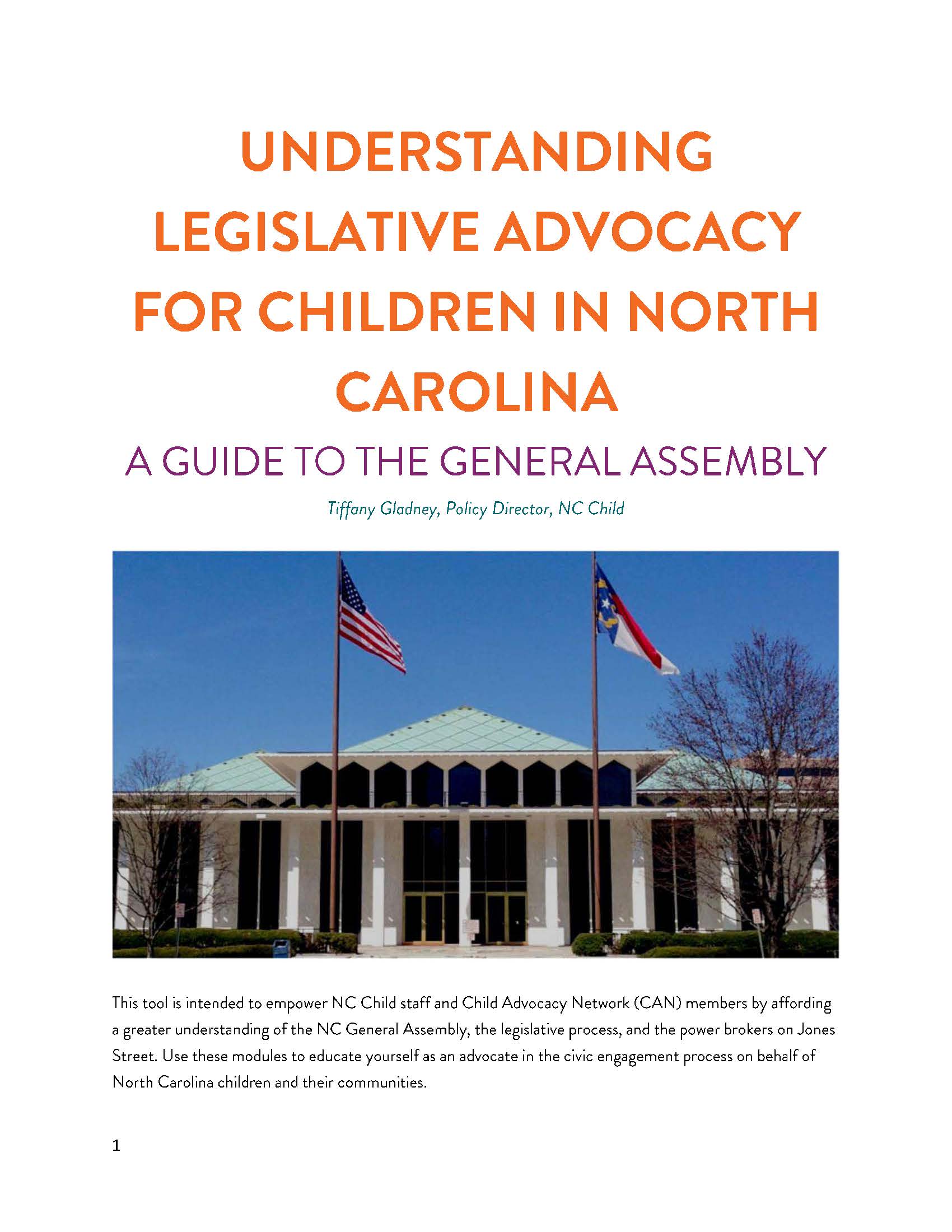
Understanding Legislative Advocacy for Children in North Carolina: A Guide to the General Assembly (NC Child)
Categories: Advocacy, Family Engagement
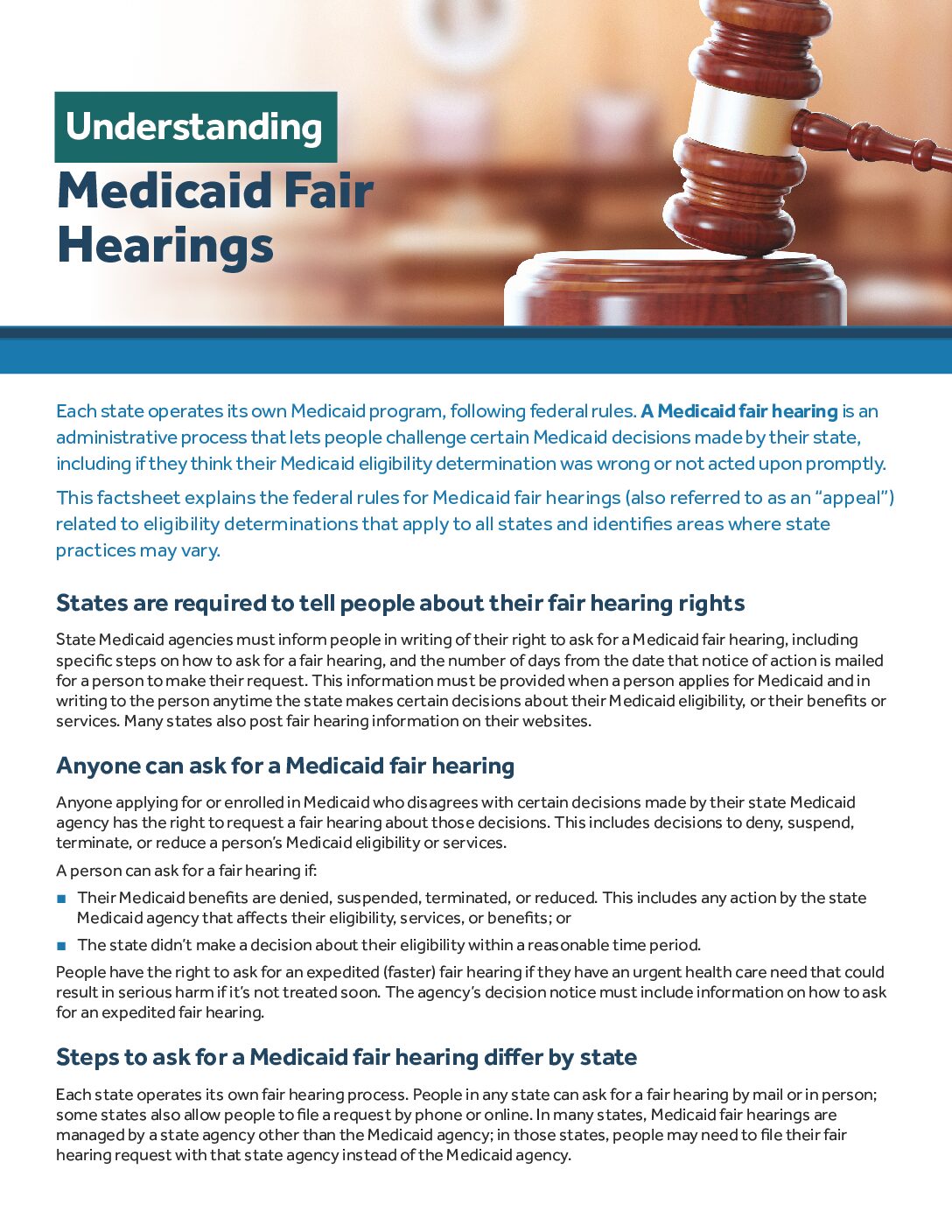
Understanding Medicaid Fair Hearings
This factsheet explains the federal rules for Medicaid fair hearings (also referred to as an “appeal”) related to eligibility determinations that apply to all states and identifies areas where state practices may vary.
Categories: Medicaid and Medicaid Waivers
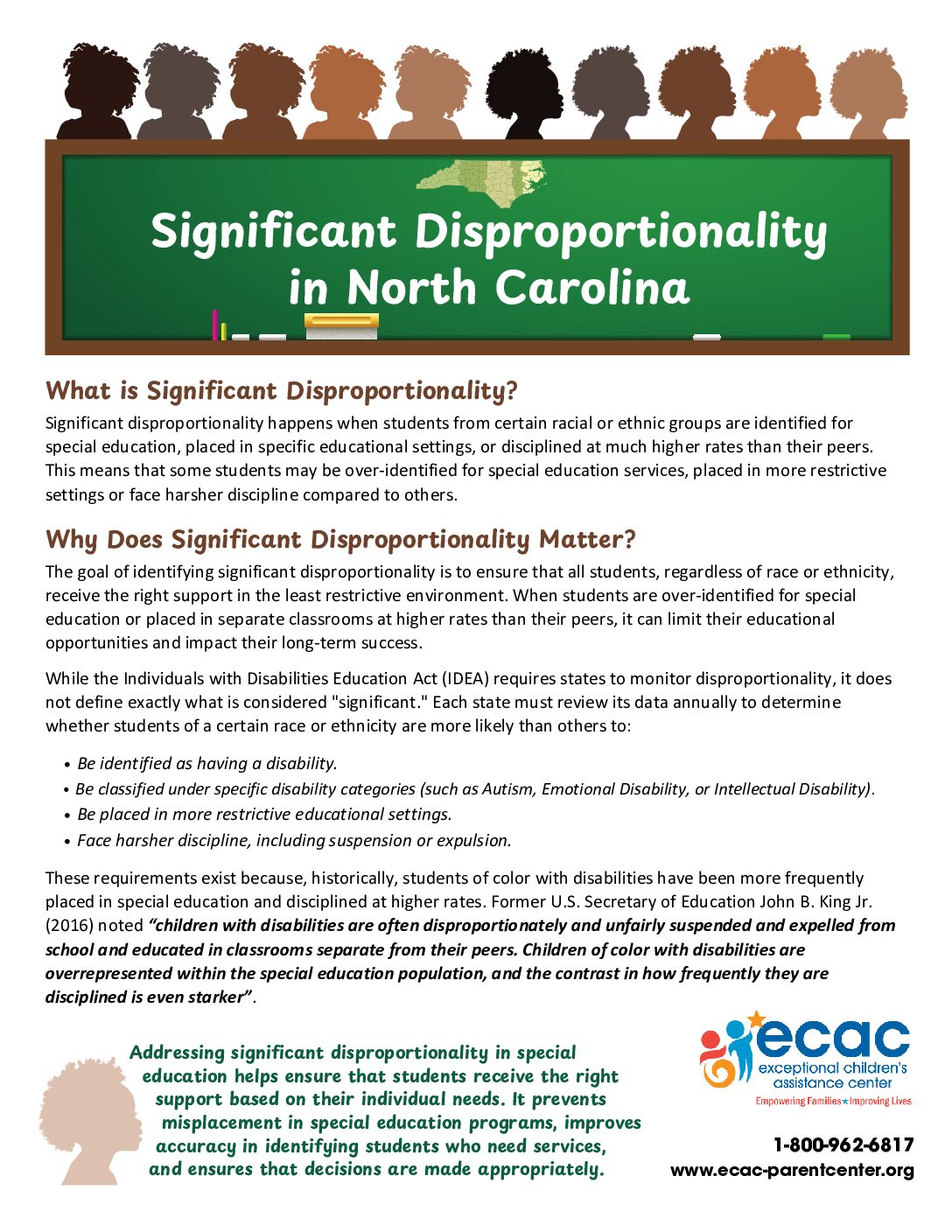
Understanding Significant Disproportionality in North Carolina
Significant disproportionality happens when students from certain racial or ethnic groups are identified for special education, placed in specific educational settings, or disciplined at much higher rates than their peers. This means that some students may be over-identified for special education services, placed in more restrictive settings or face harsher discipline compared to others.
Categories: IDEA
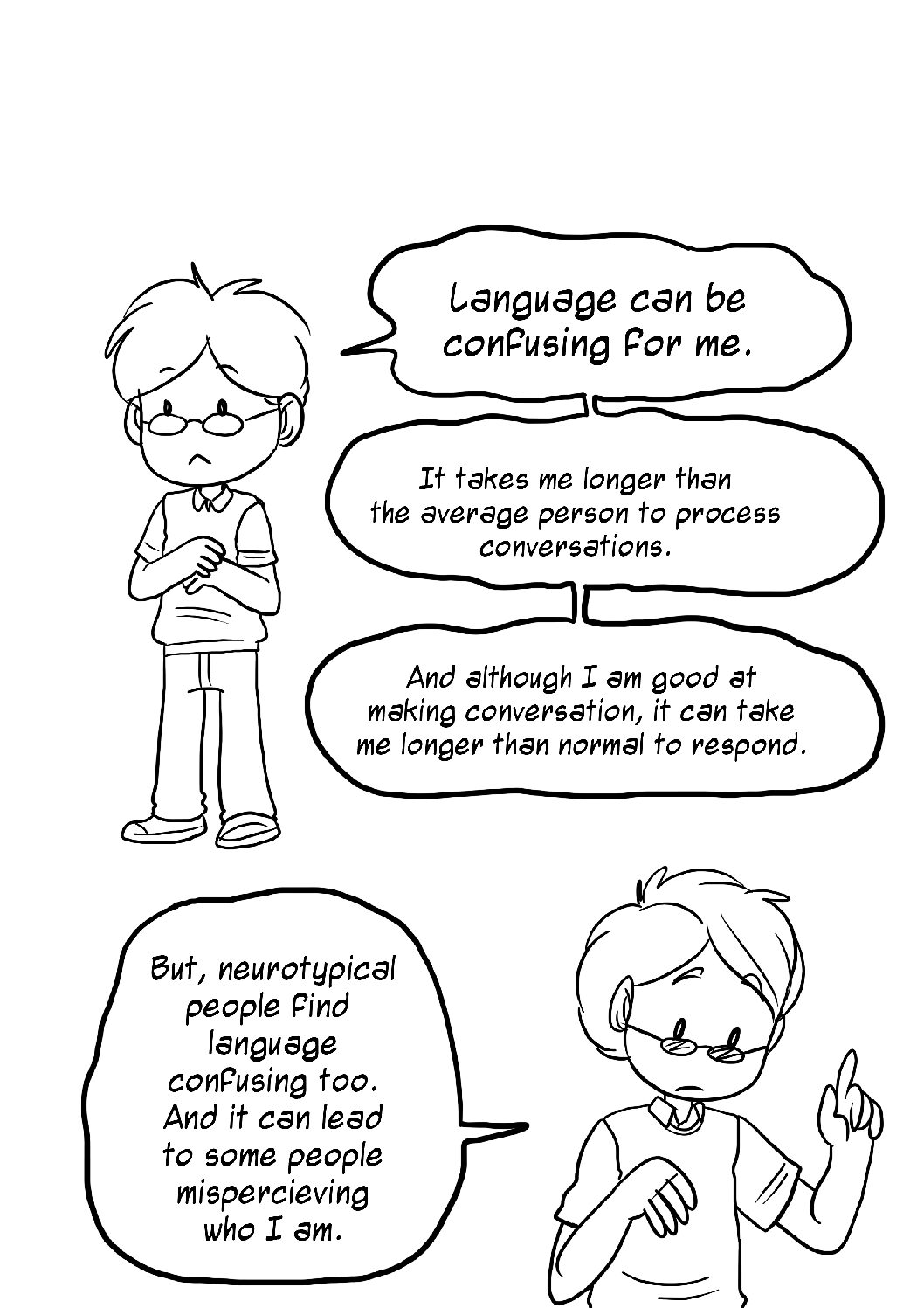
Understanding the Spectrum - a Comic Strip Explanation
Categories: Advocacy, Autism, Disability and Health Condition Specific Information
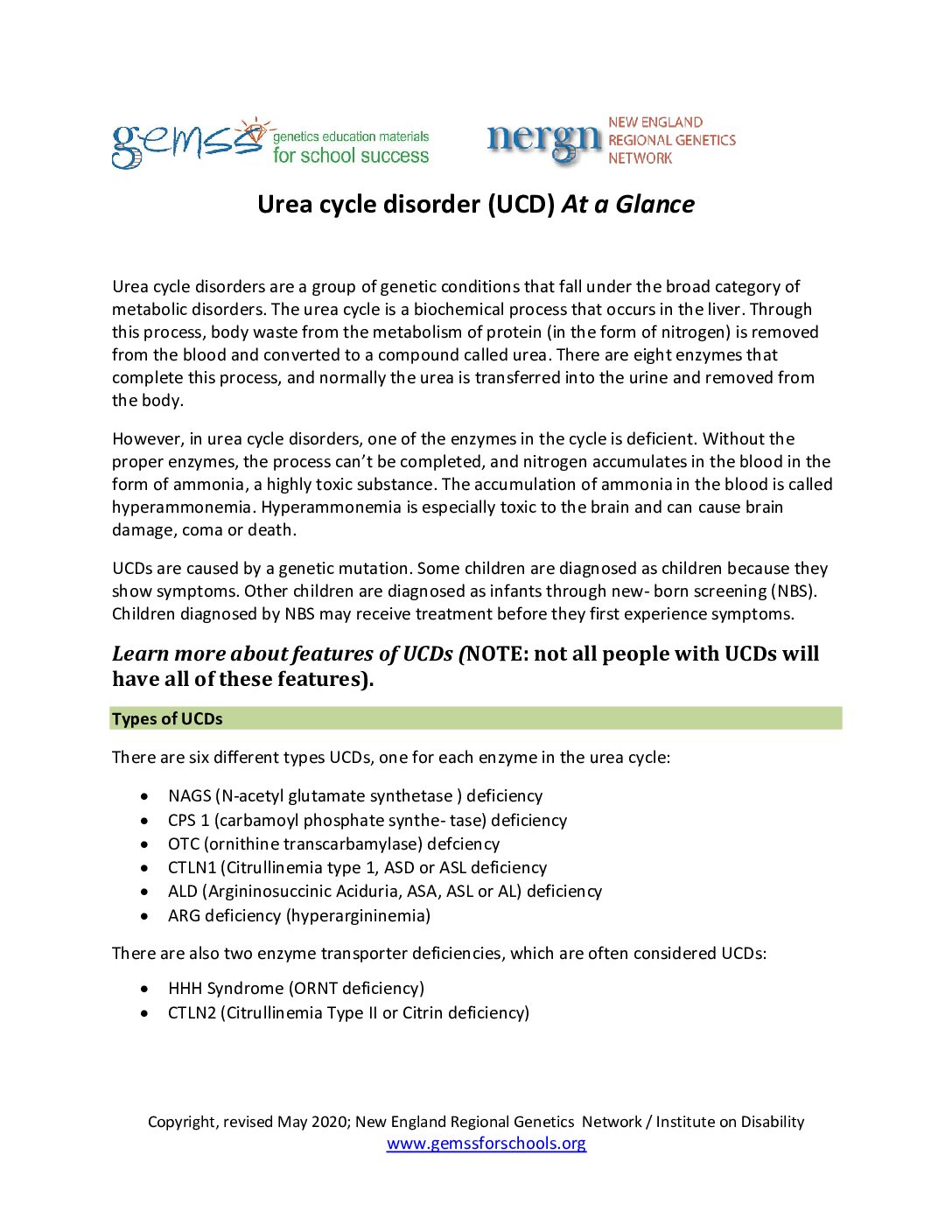
Urea Cycle Disorder (UCD) At a Glance
Genetic Education Materials for School Success (GEMSS) provides a family-friendly starting point to help family members learn more about genetic conditions and offers ideas to encourage inclusion and participation in the classroom. GEMSS shares condition-specific information and resources for multiple audiences, including families, professionals, healthcare providers, and schools. Contributors to GEMSS come from clinical, public health, advocacy, and academic settings. All content has been vetted by clinical and family experts.
Categories: Disability and Health Condition Specific Information
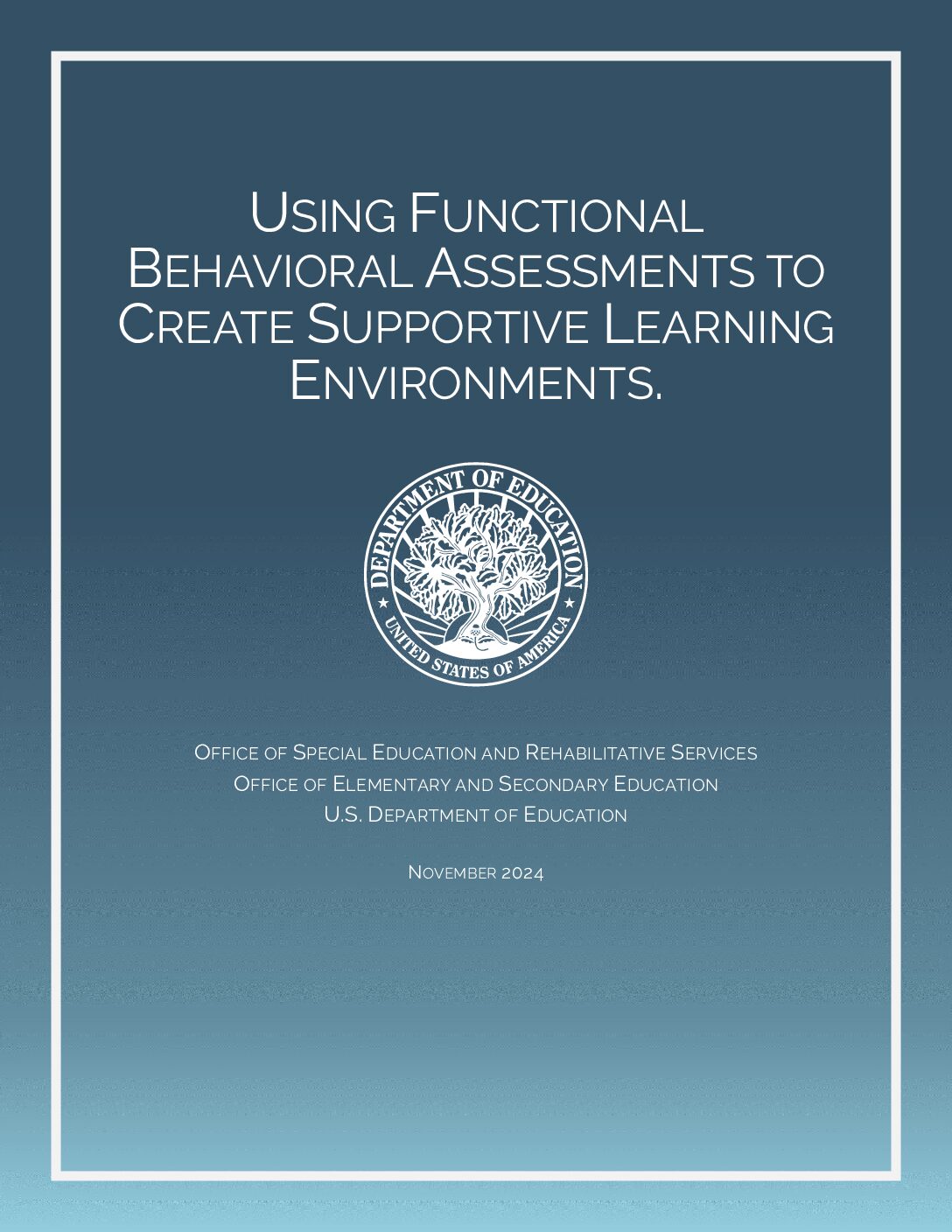
Using Functional Behavioral Assessments to Create Supportive Learning Environments
From the U.S. Department of Education - Using Functional Behavioral Assessments to Create Supportive Learning Environments, guidance to help schools and early childhood programs better support students’ behavioral needs. This guidance focuses on evidence-based practices to support students, with or without disabilities, whose behavior interferes with learning, and is part of the Department’s effort to reduce exclusionary discipline.
Categories: Behavior, Special Education
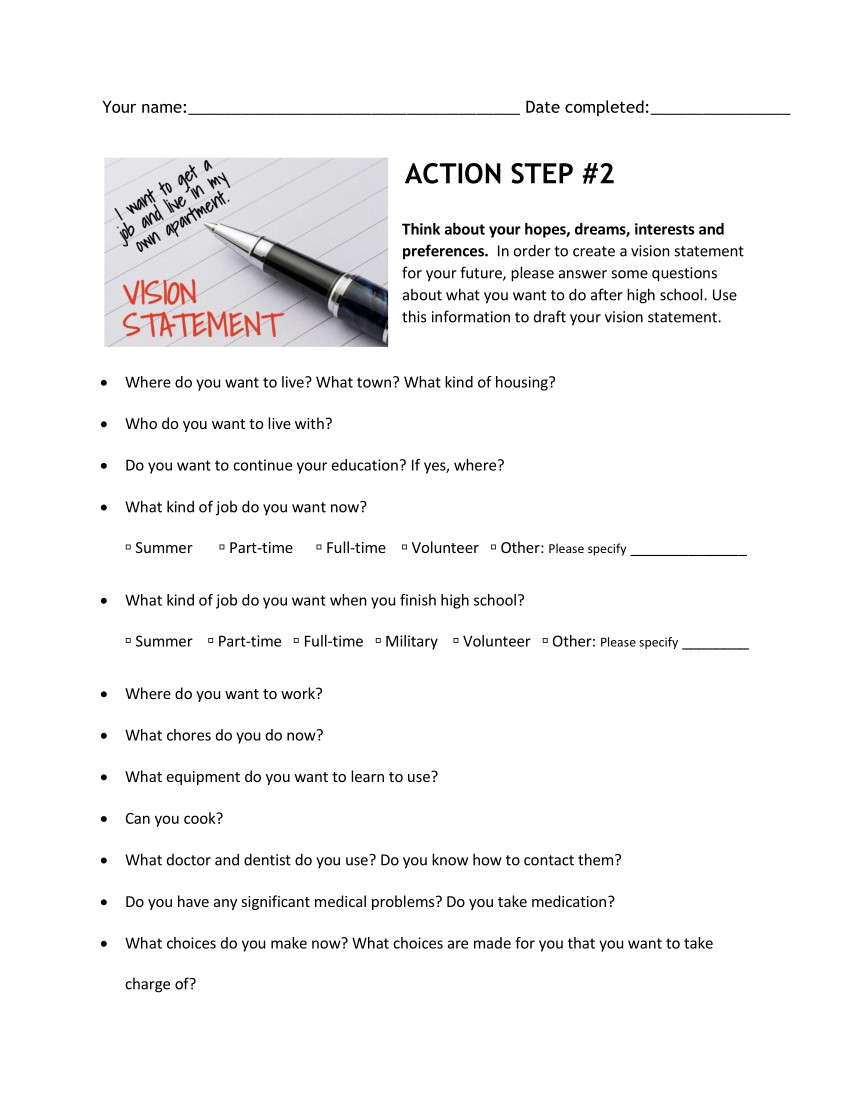
Vision Statement Worksheet Action Step #2
This worksheet will help youth craft a vision statement about what they want for their life after high school!
Categories: Advocacy, Transition to Adulthood, Transition-age Youth
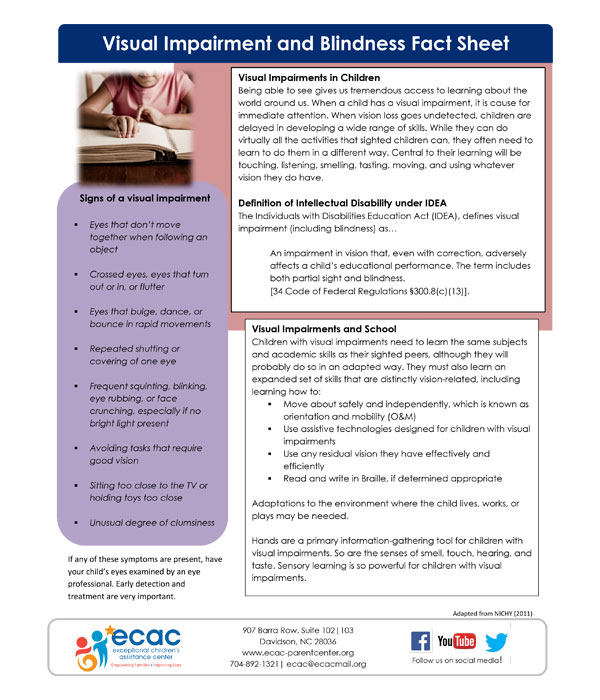
Visual Impairment and Blindness Fact Sheet
Being able to see gives us tremendous access to learning about the world around us. When a child has a visual impairment, it is cause for immediate attention...
Categories: NC Deaf-Blind Project, Visual Impairment
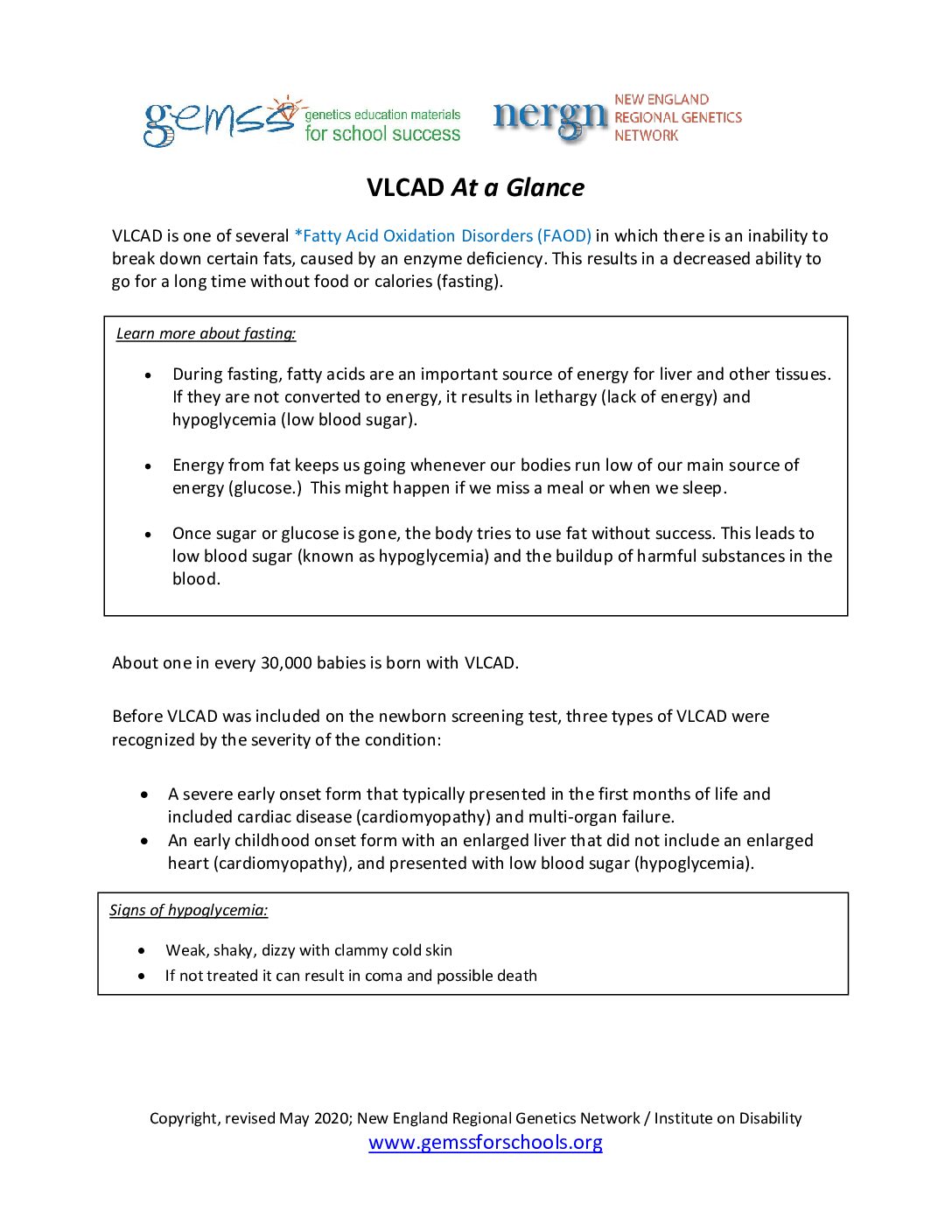
VLCAD At a Glance
Genetic Education Materials for School Success (GEMSS) provides a family-friendly starting point to help family members learn more about genetic conditions and offers ideas to encourage inclusion and participation in the classroom. GEMSS shares condition-specific information and resources for multiple audiences, including families, professionals, healthcare providers, and schools. Contributors to GEMSS come from clinical, public health, advocacy, and academic settings. All content has been vetted by clinical and family experts.
Categories: Disability and Health Condition Specific Information
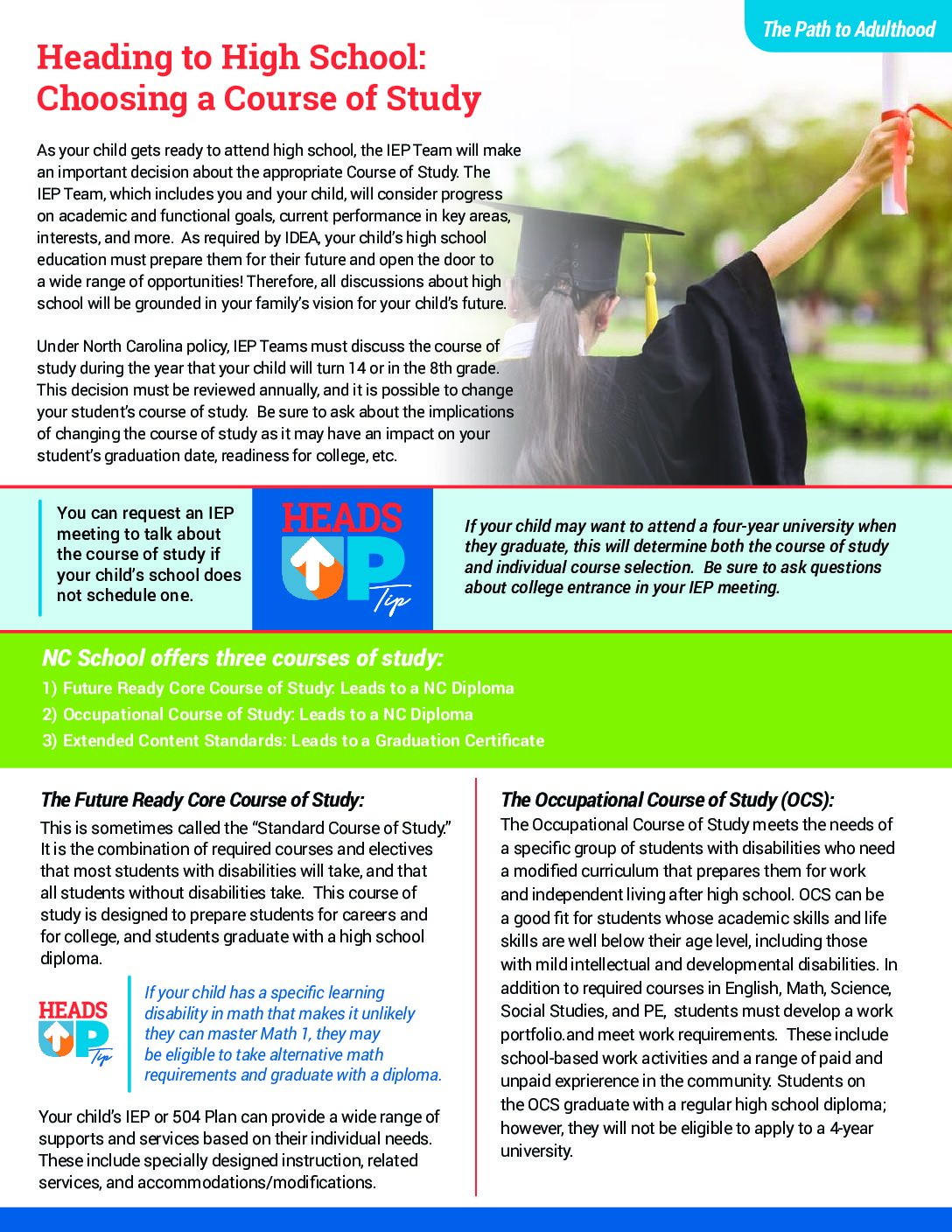
WAZE to Adulthood - Heading to High School: Choosing a Course of Study
Learn about choosing a high school course of study!
Categories: IEP, Special Education, Transition to Adulthood, Transition-age Youth
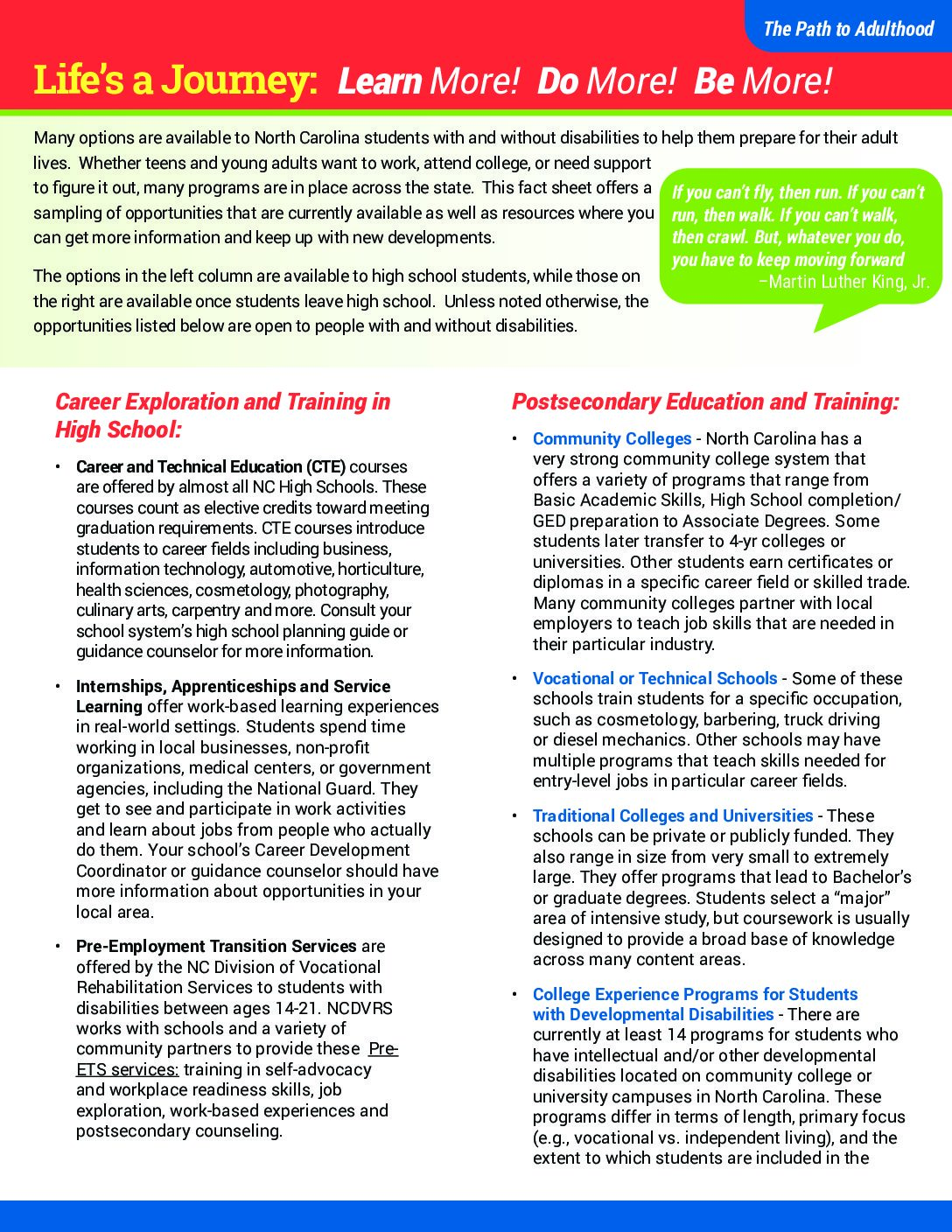
WAZE to Adulthood - Life's a Journey: Learn More! Do More! Be More!
Learn about career exploration and training in high school, as well as postsecondary education and training!
Categories: Transition to Adulthood, Transition-age Youth
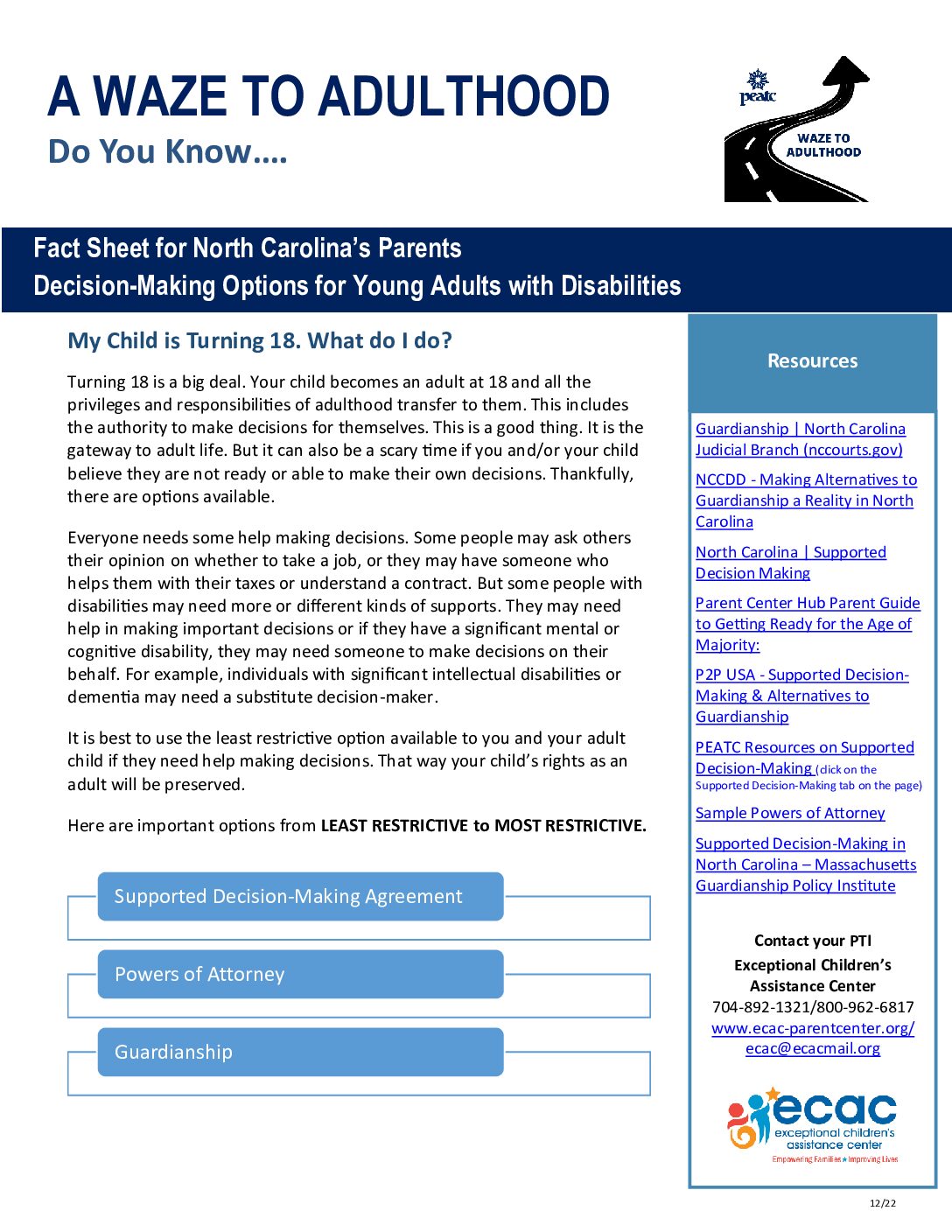
WAZE to Adulthood: Decision-Making Options
Turning 18 is a big deal. Your child becomes an adult at 18 and all the privileges and responsibilities of adulthood transfer to them. This includes the authority to make decisions for themselves. This is a good thing. It is the gateway to adult life. But it can also be a scary time if you and/or your child believe they are not ready or able to make their own decisions. Thankfully, there are options available.
Categories: Transition to Adulthood, Transitions
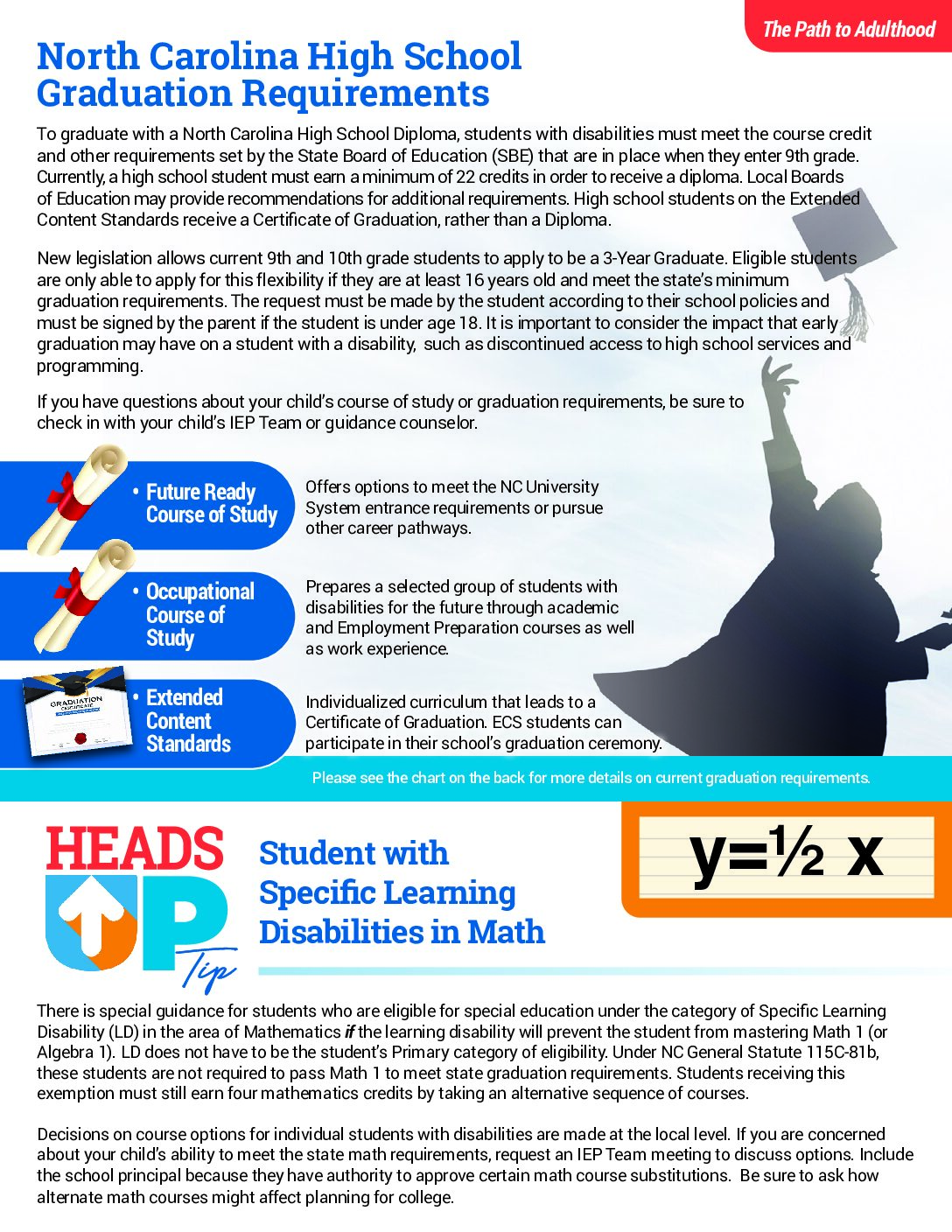
WAZE to Adulthood: NC High School Graduation Requirements
Learn about graduation requirements!
Categories: General, Transition to Adulthood, Transition-age Youth
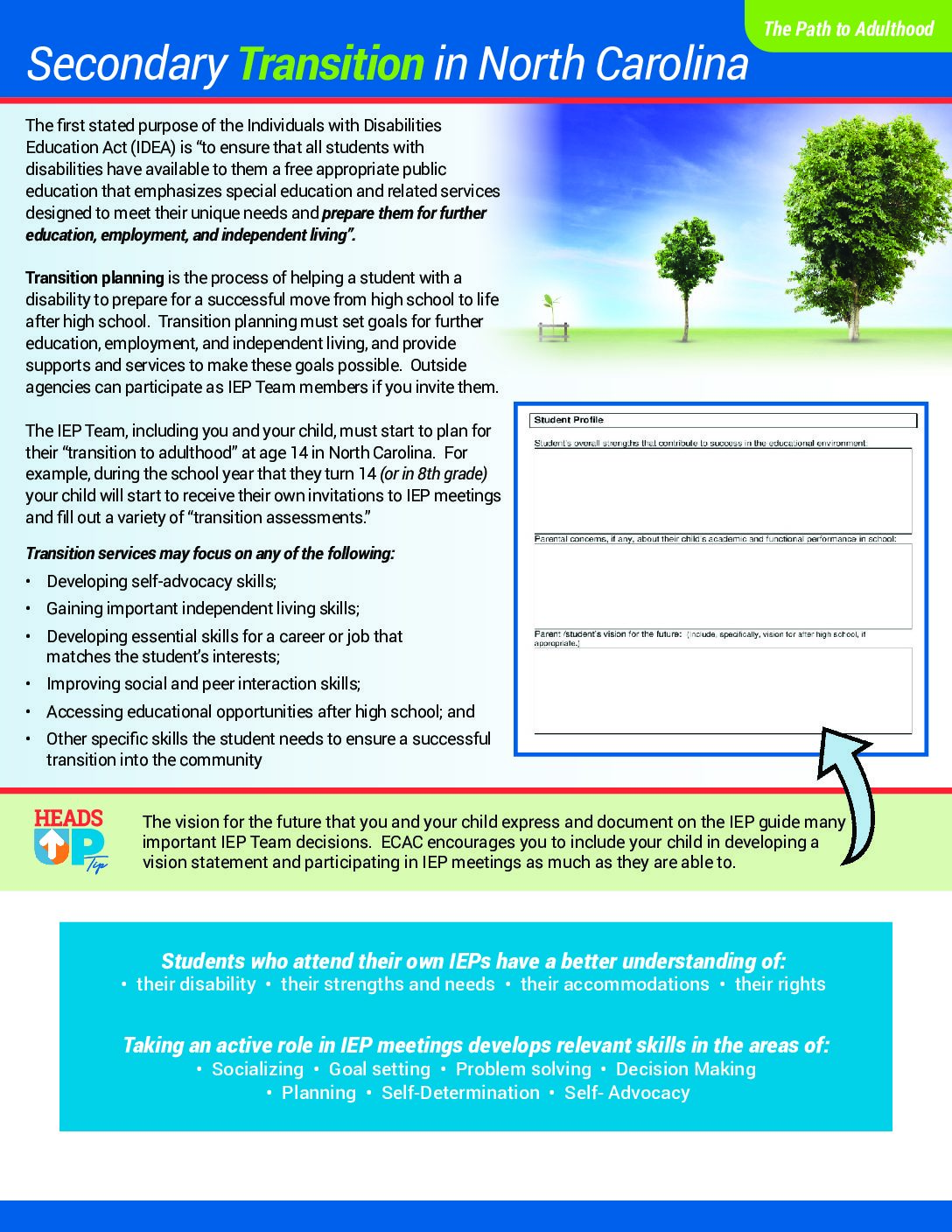
WAZE to Adulthood: Secondary Transition in North Carolina
Learn about transition planning and services in North Carolina!
Categories: IEP, Special Education, Transition to Adulthood, Transition-age Youth
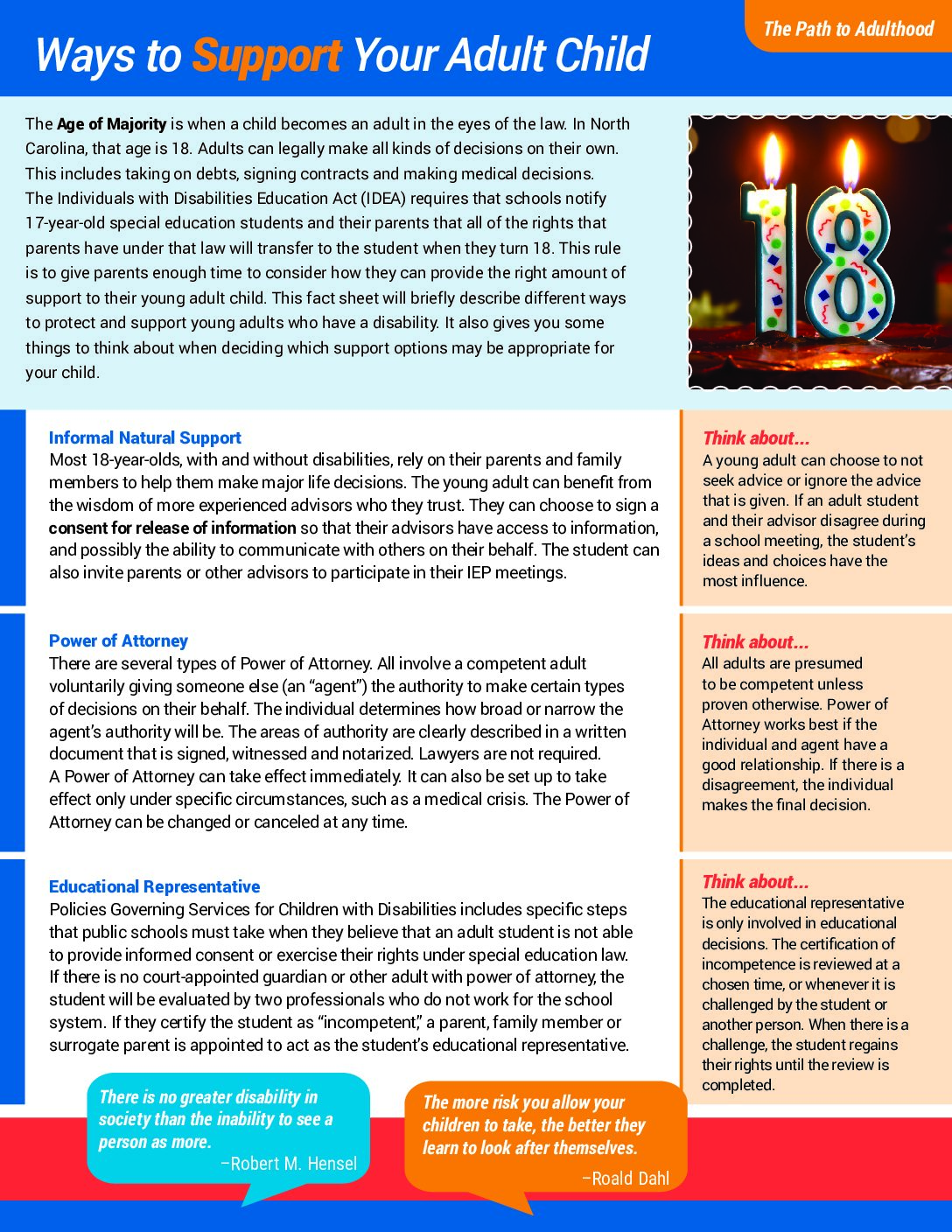
WAZE to Adulthood: Ways to Support Your Adult Child
Check out these resources and tips for supporting adult children!
Categories: Transition to Adulthood
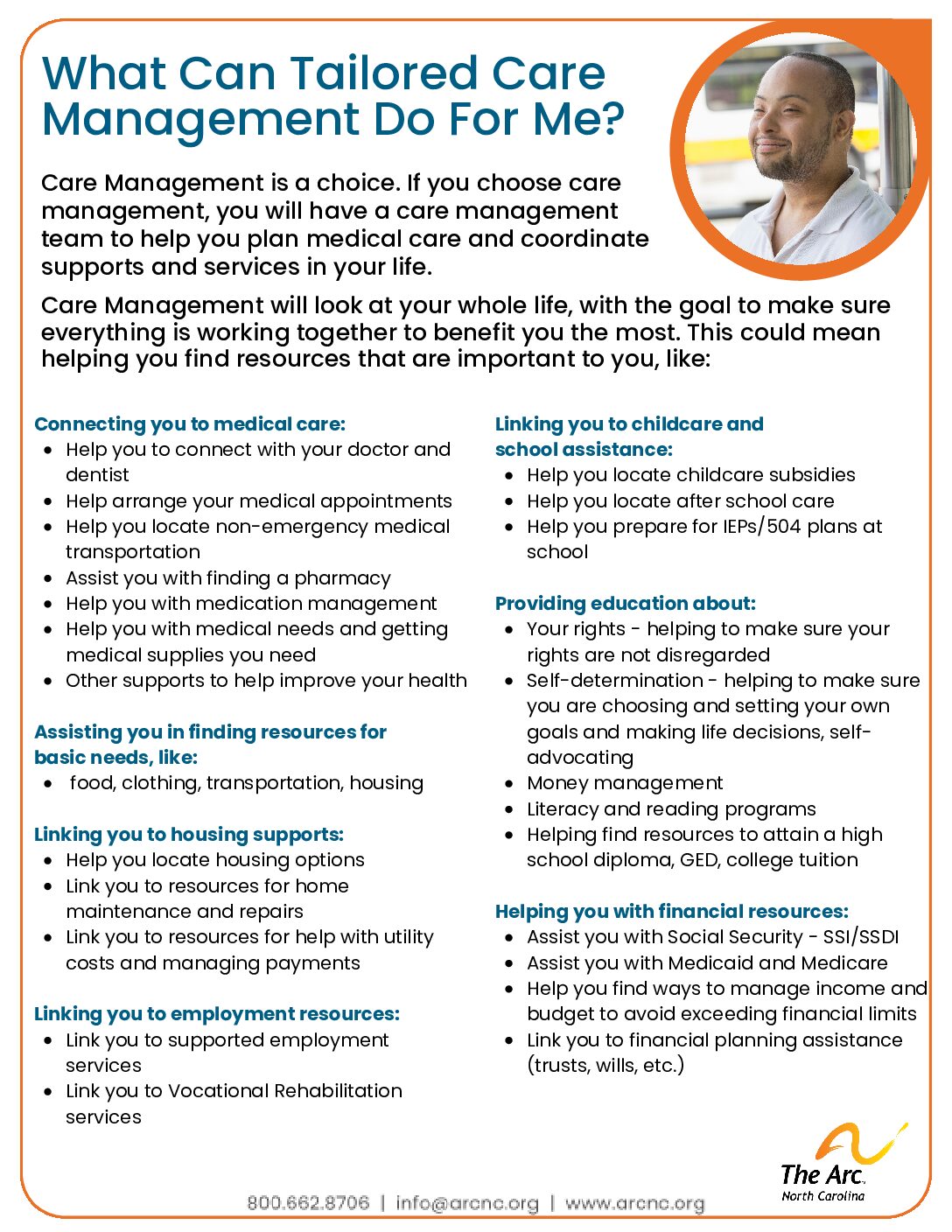
What Can Tailored Care Management Do For Me?
Care Management is a choice. If you choose care management, you will have a care management team to help you plan medical care and coordinate supports and services in your life.
Categories: Medicaid and Medicaid Waivers
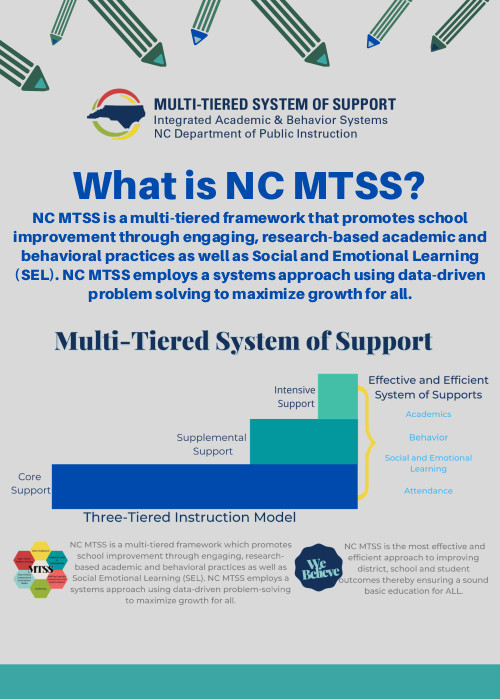
What is NC MTSS?
NC MTSS is a multi-tiered framework that promotes school improvement through engaging, research-based academic and behavioral practices as well as Social and Emotional Learning(SEL). NC MTSS employs a systems approach using data-driven problem solving to maximize growth for all.
Categories: Learning Disability, MTSS, Special Education
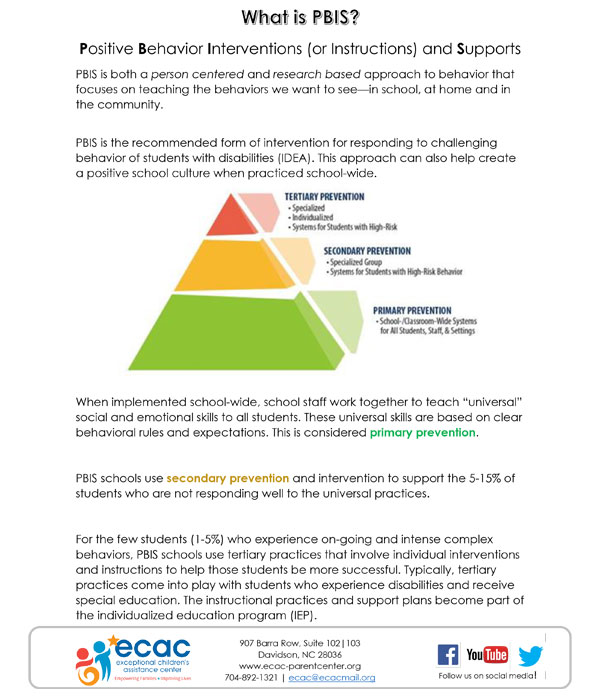
What is Positive Behavior Interventions (or Instructions) and Supports (PBIS)?
PBIS is both a person centered and research based approach to behavior that focuses on teaching the behaviors we want to see—in school, at home and in the community...
Categories: Behavior
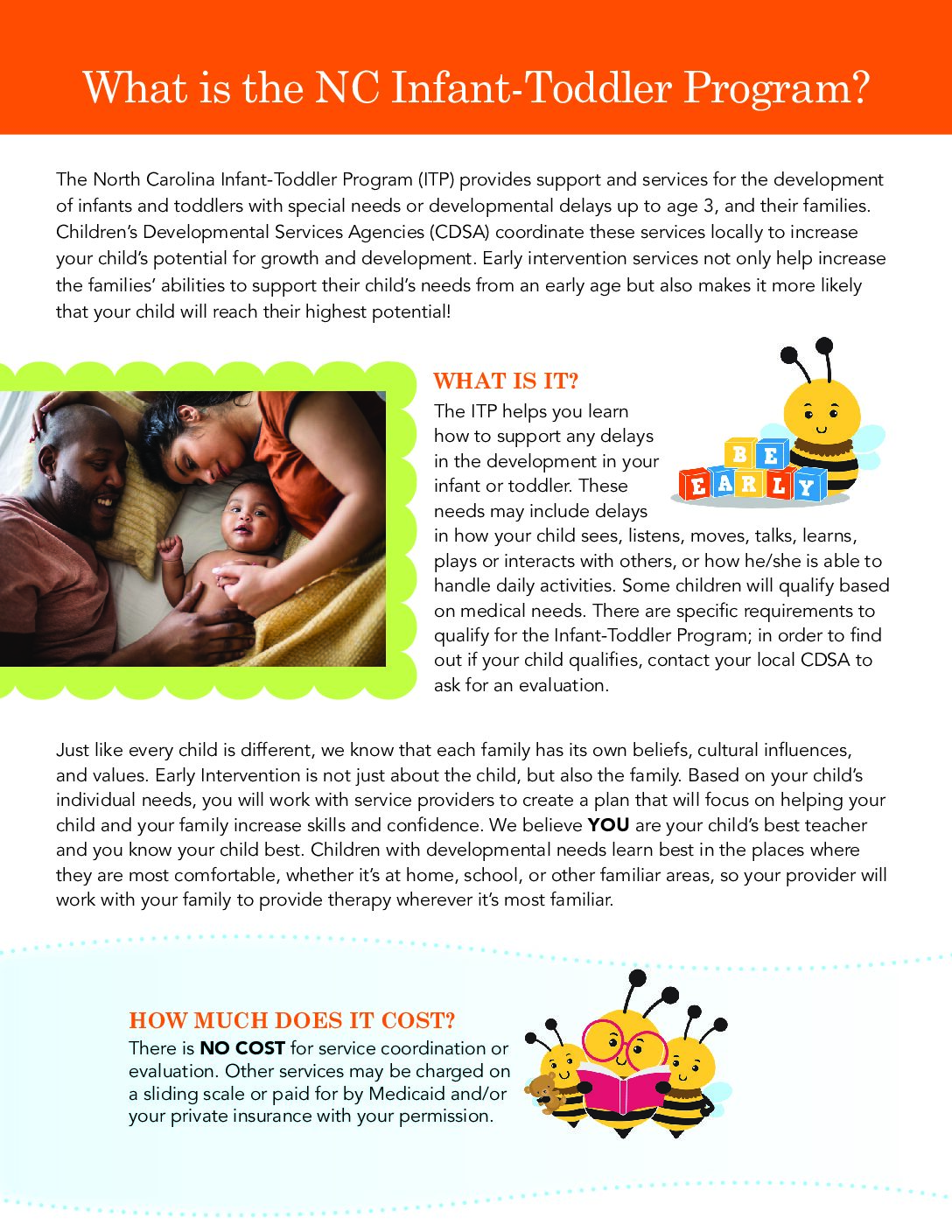
What is the NC Infant Toddler Program?
The North Carolina Infant-Toddler Program (ITP) provides support and services for the development of infants and toddlers with special needs or developmental delays up to age 3, and their families. Children’s Developmental Services Agencies (CDSA) coordinate these services locally to increase your child’s potential for growth and development
Categories: Early Childhood, Early Intervention
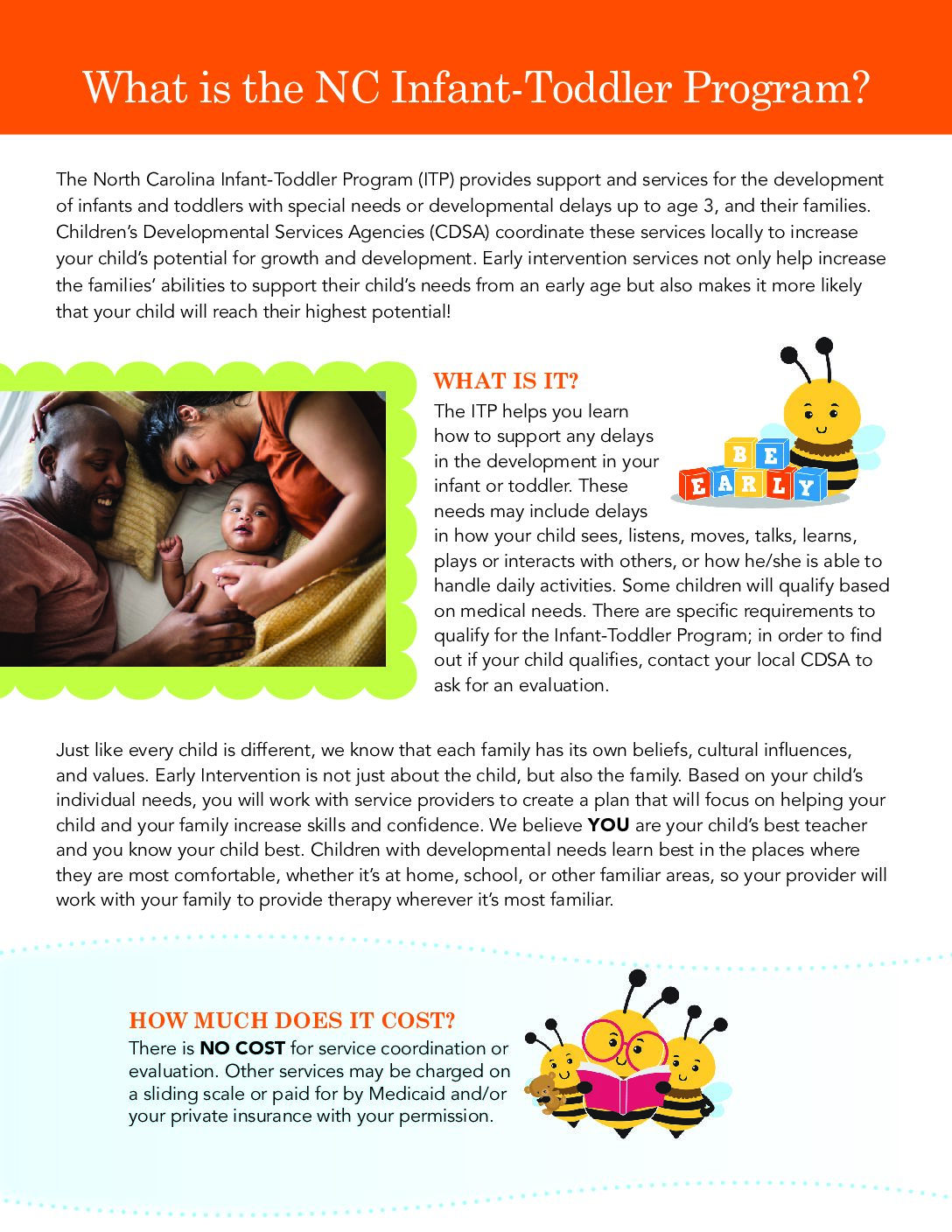
What is the NC Infant-Toddler Program?
The North Carolina Infant-Toddler Program (ITP) provides support and services for the development of infants and toddlers with special needs or developmental delays up to age 3, and their families. Children’s Developmental Services Agencies (CDSA) coordinate these services locally to increase your child’s potential for growth and development. Early intervention services not only help increase the families’ abilities to support their child’s needs from an early age but also makes it more likely that your child will reach their highest potential!
Categories: Early Childhood, Early Intervention
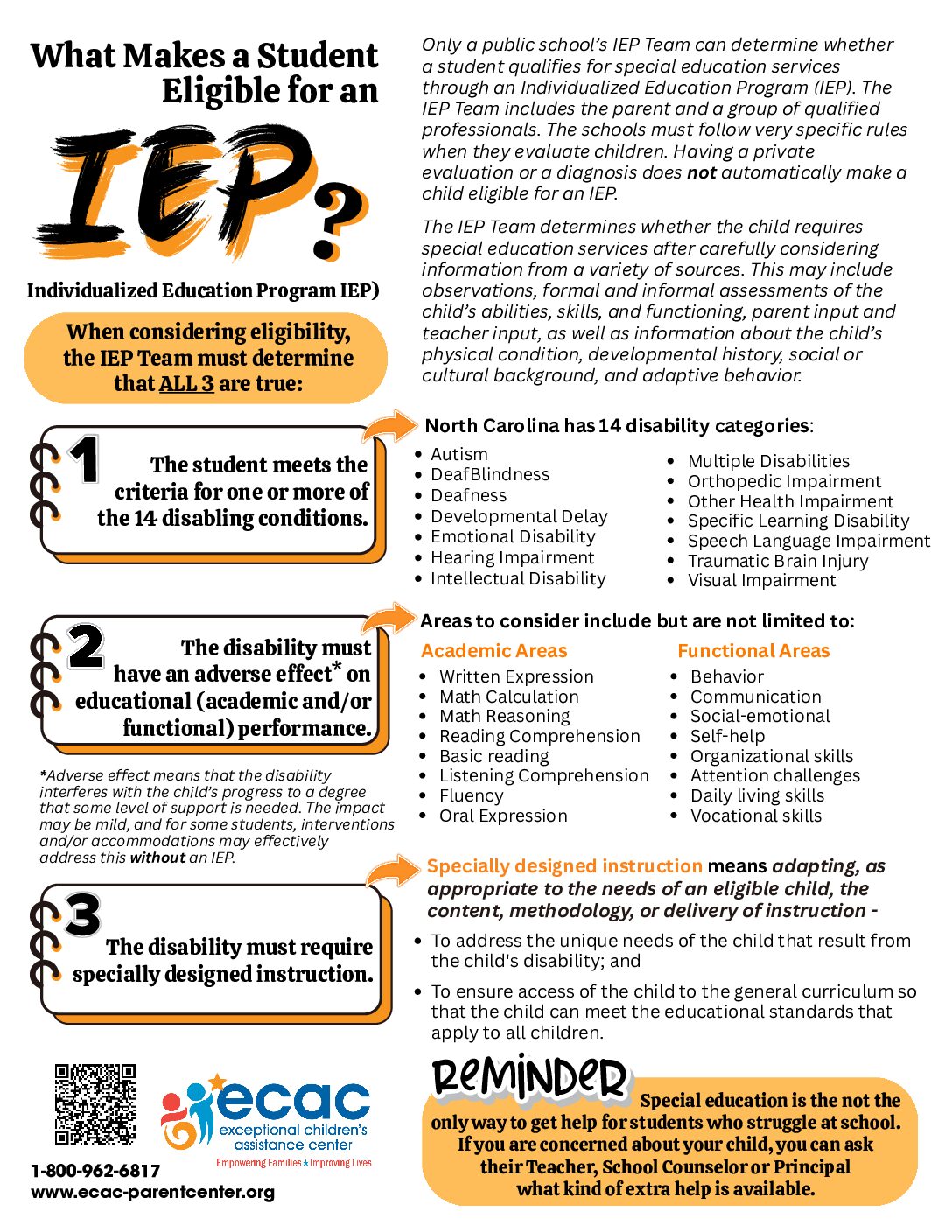
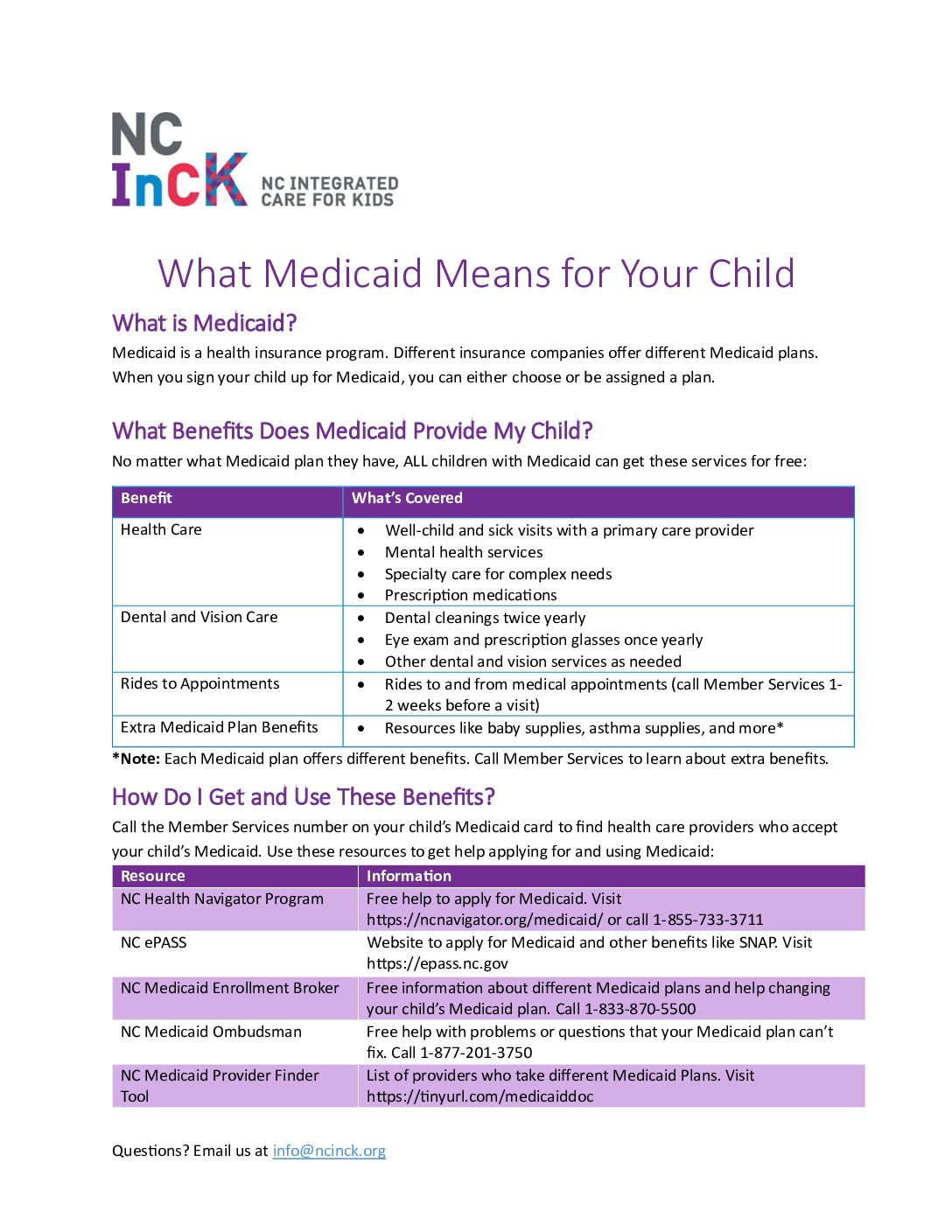
What Medicaid Means for Your Child
Medicaid is a health insurance program. Different insurance companies offer different Medicaid plans. When you sign your child up for Medicaid, you can either choose or be assigned a plan. No matter what Medicaid plan they have, ALL children with Medicaid can get these listed services for free:
Categories: Medicaid and Medicaid Waivers
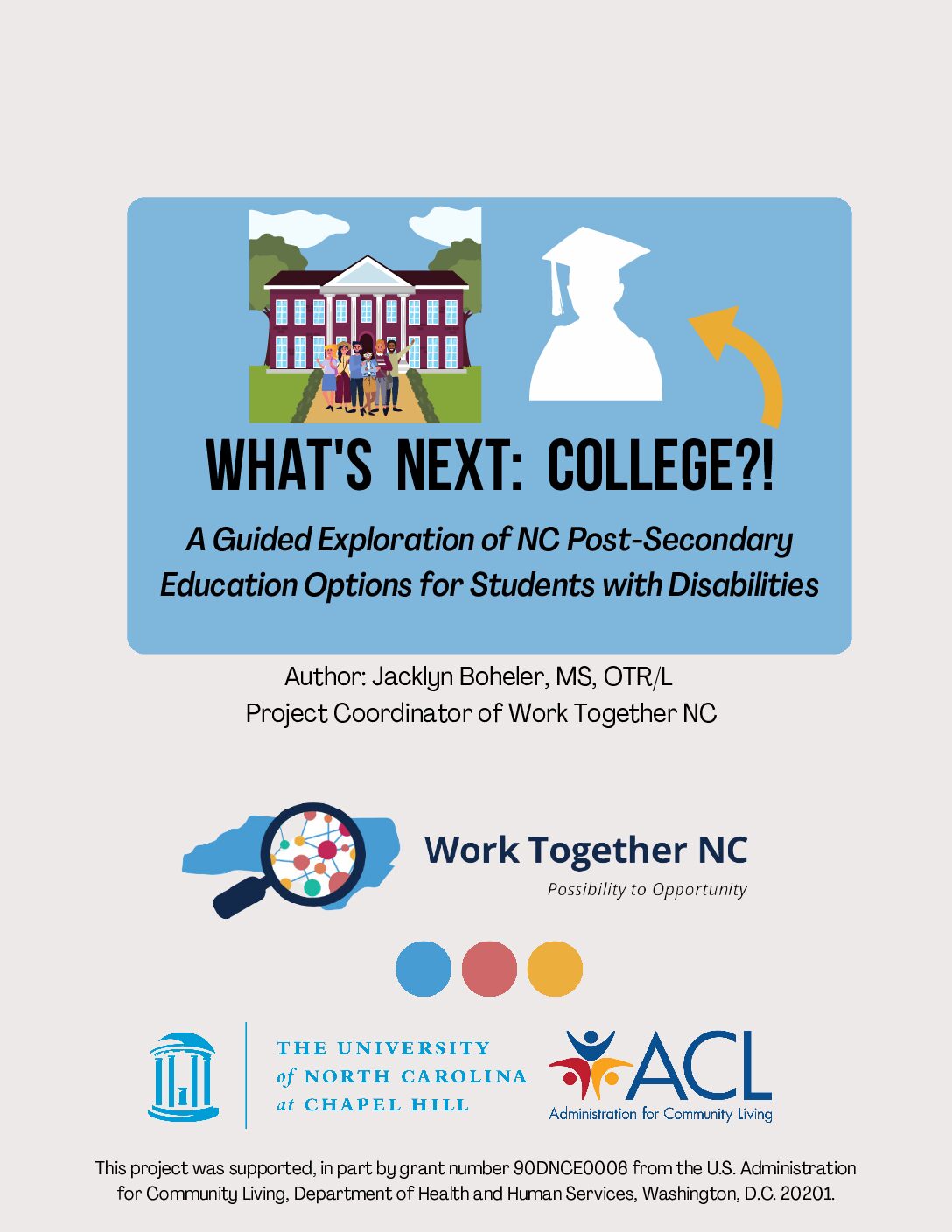
What's Next: College? - Work Together NC
A Guided Exploration of NC Post-Secondary Education Options for Students with Disabilities
Categories: Transitions, Transition-age Youth
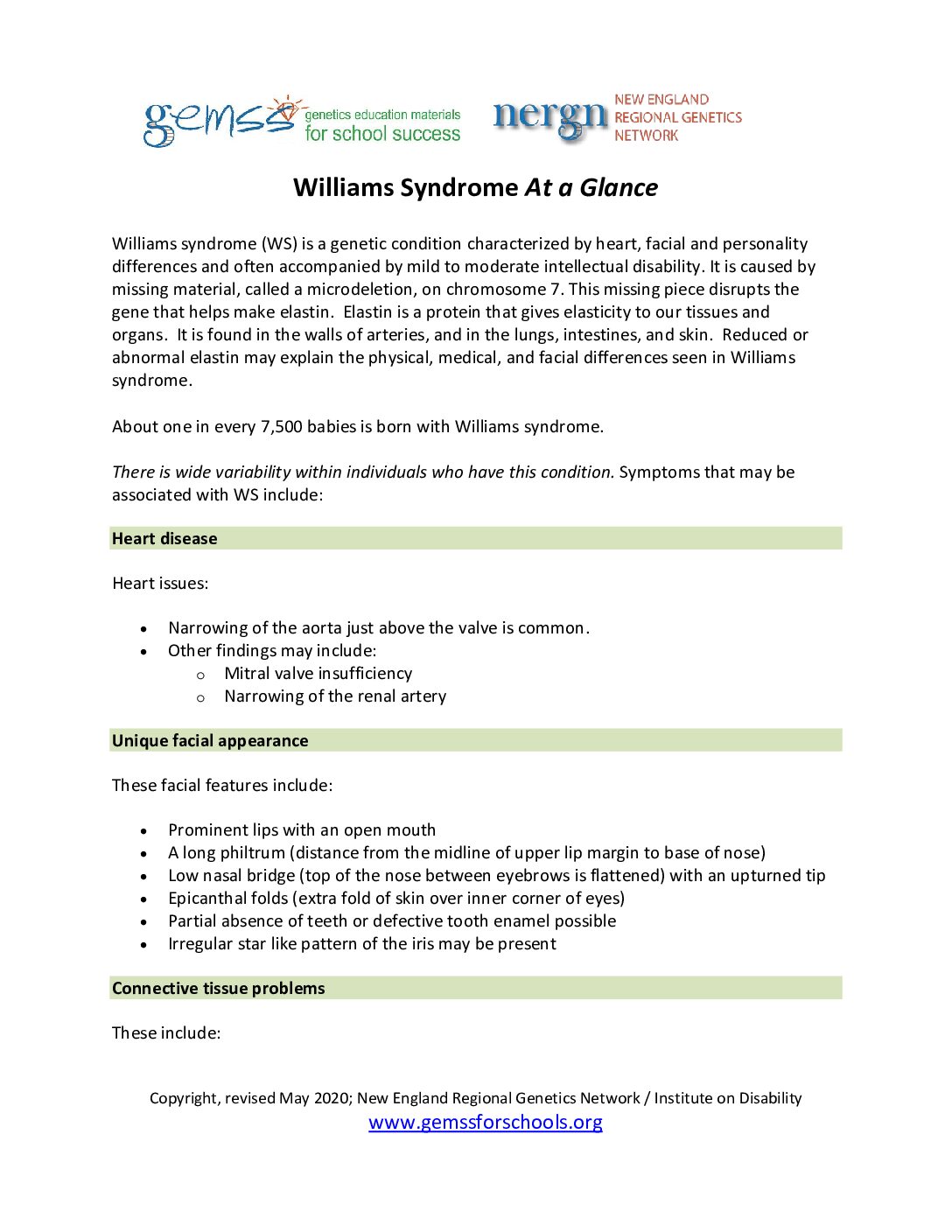
Williams Syndrome At a Glance
Genetic Education Materials for School Success (GEMSS) provides a family-friendly starting point to help family members learn more about genetic conditions and offers ideas to encourage inclusion and participation in the classroom. GEMSS shares condition-specific information and resources for multiple audiences, including families, professionals, healthcare providers, and schools. Contributors to GEMSS come from clinical, public health, advocacy, and academic settings. All content has been vetted by clinical and family experts.
Categories: Disability and Health Condition Specific Information
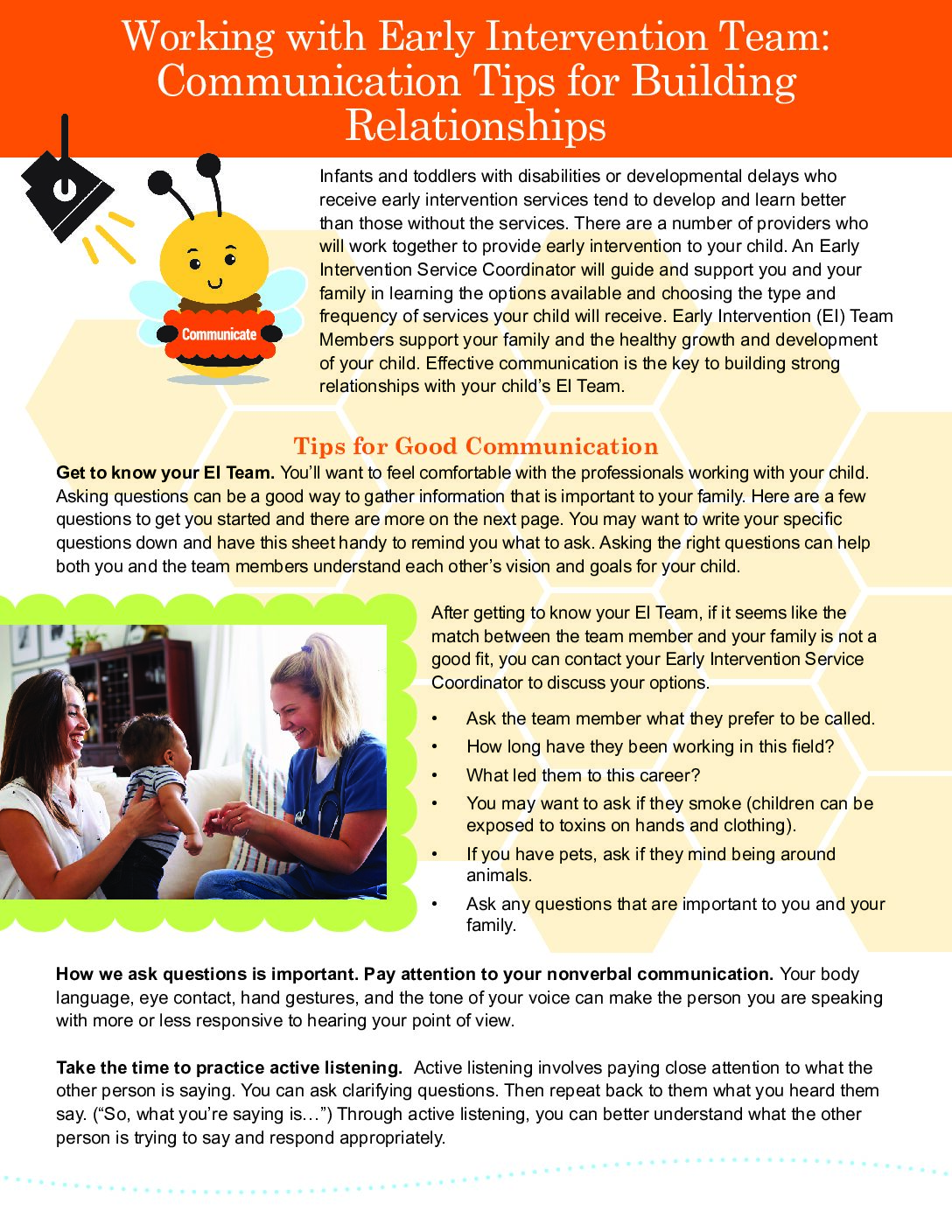
Working with Early Intervention Providers: Communication Tips for Building Relationships
Infants and toddlers with disabilities or developmental delays who receive early intervention services tend to develop and learn better than those without the services. There are a number of providers who will work together to provide early intervention to your child.
Categories: Early Childhood, Early Intervention
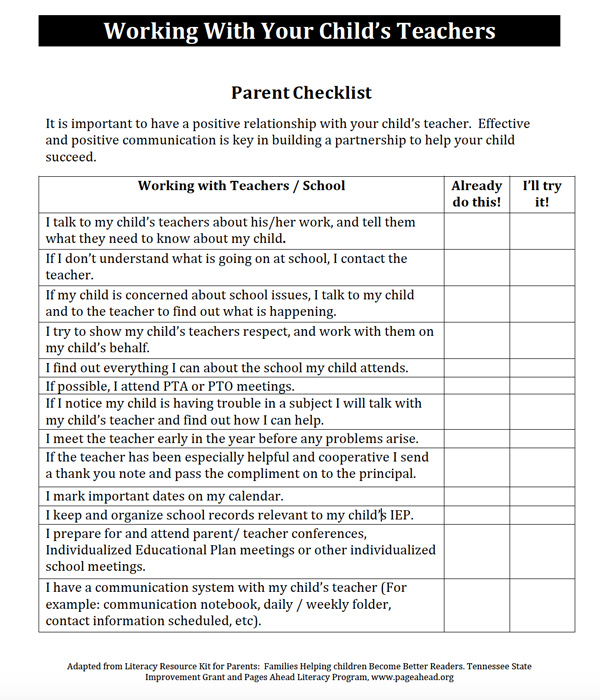
Working with your Child's Teachers
It is important to have a positive relationship with your child’s teacher. Effective and positive communication is key in building a partnership to help your child succeed...
Categories: General, Family Engagement, Advocacy
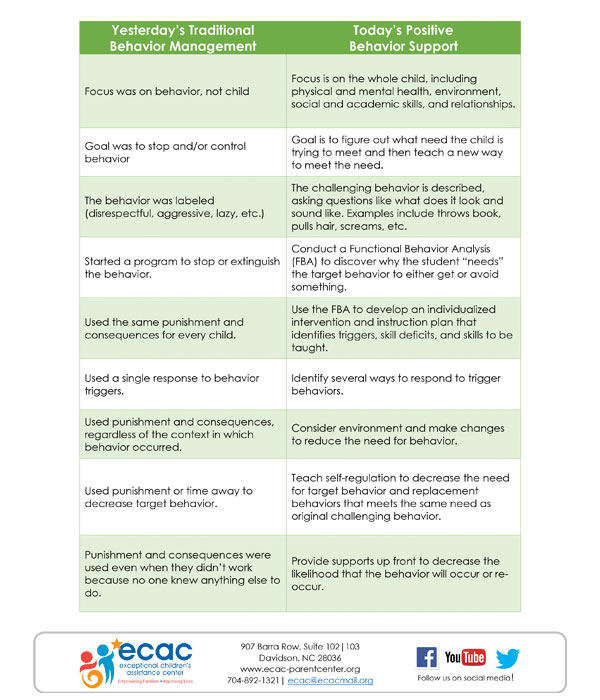
Yesterday vs. Today Behavior
Comparison of yesterday's traditional behavior management and today's positive behavior support...
Categories: Behavior
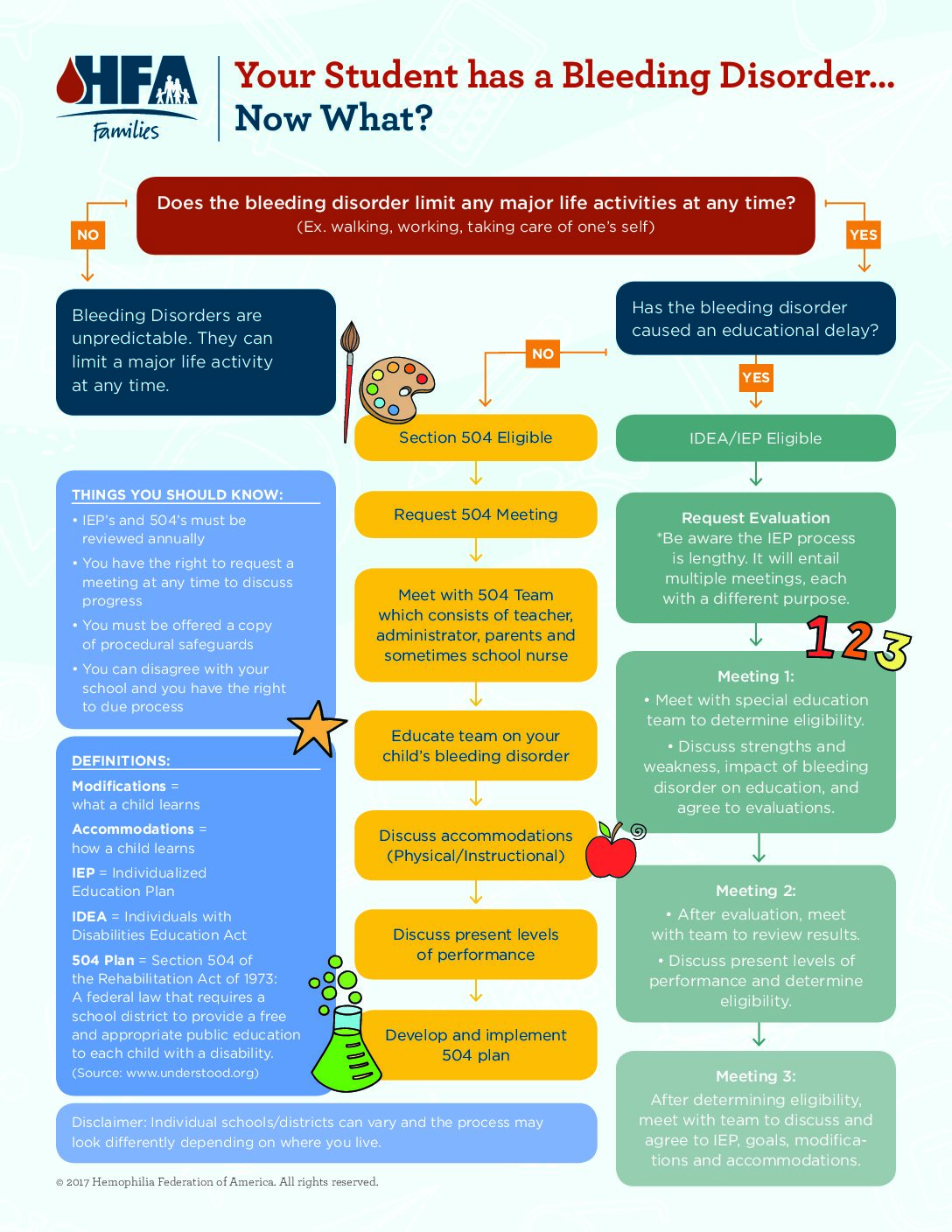
Your Student Has a Bleeding Disorder...Now What?
Categories: Disability and Health Condition Specific Information, Health Care in Schools
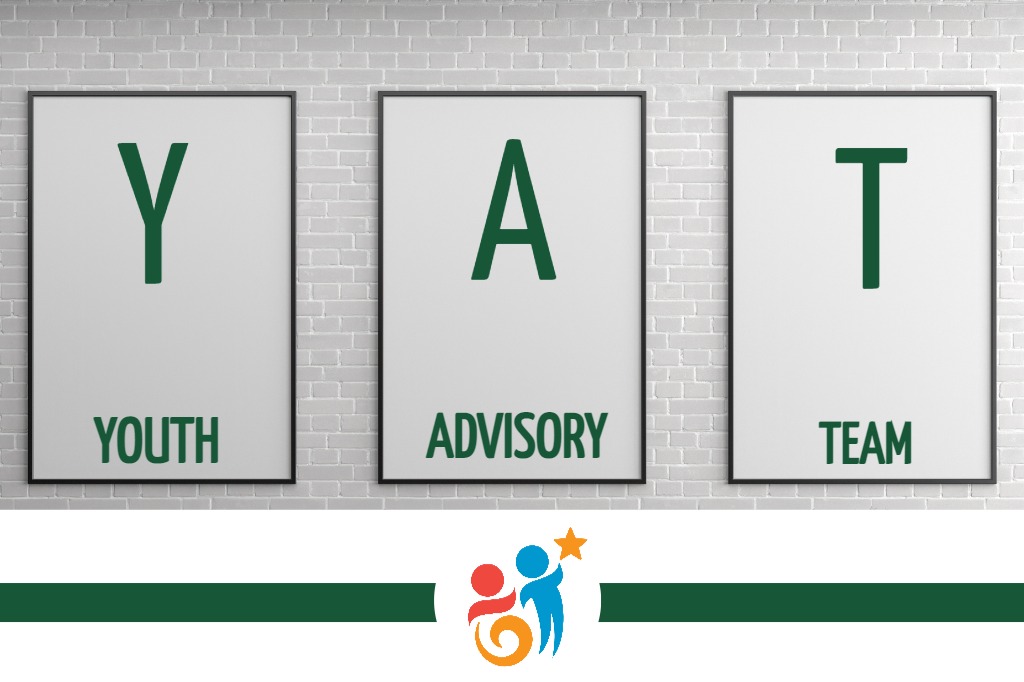
Youth Advisory Team (YAT) Application (Ages 14-26)
ECAC recognizes the power and value of the voice and ideas of young people. ECAC has launched a Youth Advisory Team (YAT) to help us design projects, programs, and resources that are created for youth, by youth. ECAC will work in partnership with the group to coordinate opportunities and trainings that support the interests and personal development of the YAT members
Categories: Transition to Adulthood, Transition-age Youth
